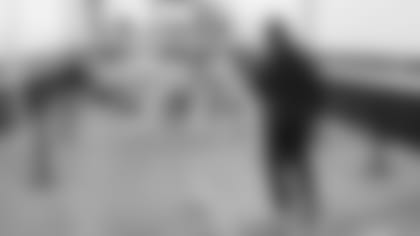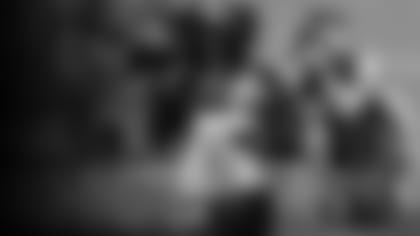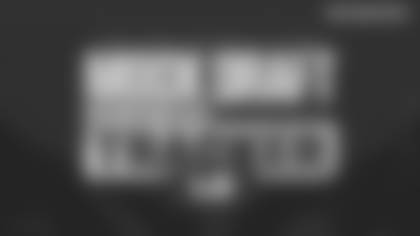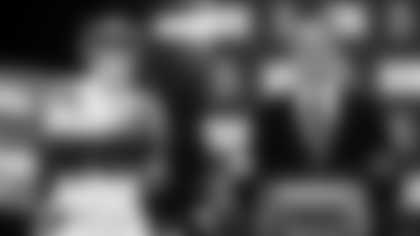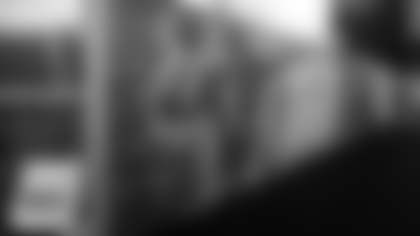March 12, 2020 was the date that calendars froze on the desks at the Quest Diagnostics Training Center.
With the coronavirus blanketing the country, the Giants released the following statement at 3:44 p.m. ET. It was a Thursday.
"As of today and for the foreseeable future, we have taken our scouts and coaches off the road for pro days and campus workouts. All business travel has been suspended until further notice. In addition, we will limit visitors and personnel to the Quest Diagnostics Training Center and have required most of our employees to work from home for the next two weeks. We will continue to assess our operations and procedures based on what the medical community and science dictates. Our concern and care is for those in our organization, our staff and players, and the communities in which they live."
Forty-nine Thursdays later, so much has changed – yet also remains the same.
Desks are still empty. The cafeteria is still quiet. The parking lot is still more pavement than painted steel and rubber tires.
Only those deemed essential to football operations commuted into the office and worked "normally" – a relative term in the middle of the pandemic – during the winding course of a 2020 NFL season that at one point looked like it would never happen. Tier 1 personnel under the NFL's COVID-19 protocols consisted of coaches, players, medical staff, and other select members of the front office. It also included a multimedia producer and graphics designer.
Once the protocols were established, Michael Becton and Matt Swensen became the eyes and ears of the Giants' in-house media. These two men, and only these two, were granted access to practices, sidelines, and the team plane. While the world interacted with first-year head coach Joe Judge and a new-look roster in a virtual setting, these two were there in person … just six feet away.
"This was a year that required many of our people to do many things," Judge said. "It took teamwork and communication, not just with the players and coaches but also with all the different departments who support what we do. Mike and Matt are a two-man band. In addition to providing content for the team's website and social media platforms, they pitched in to assist in our communications and outreach efforts.
"They also did a great job of producing videos for our team, which was a change of pace and something that energized the players and coaches. Because of the restriction on the number of staff we could have in the facility and in the travel party, they were the only production people on-site from the start of camp until the conclusion of the season. I know I appreciate everything they did."
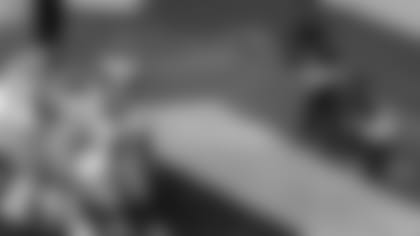
Becton, the videographer, and Swensen, the photographer, recently sat down for a Q&A with Giants.com about covering a season like no other ...
Q: The 2020 NFL Scouting Combine, which spilled over into the first week of March, was the last normal event for the league. It is tough to imagine now with everyone packed in the same convention center. When did you realize things were about to get serious?
Swensen: I don't think I realized it was going to be serious until pretty late because I remember hearing, "Oh, it's Europe, it's Europe." "It's Seattle or wherever, San Francisco cruise ships." It never seemed real until literally one day we're like, oh, we should be safe and all of a sudden we got an email saying we have got to leave the building. Honestly, I didn't think it felt real until that point.
Becton: Probably when we got back from the combine, a couple weeks later, they started changing the cafeteria here. It was like, what's happening? The way they served us and everything. OK, this is weird. Then we were sent home March 12. We were like, alright, a couple weeks and we'll be fine. Next thing you know it was … no.
Q: Personally, outside of work, what were you thinking then?
Swensen: I was terrified, man. From all the information we were getting or not getting, just the uncertainty of what was happening – especially that first month, I was locked down, locked down. If I had to get milk, I was suited up. Not that we weren't safe after, but that first month was scary as hell. Not knowing if my family's health was good, if they were OK, or my neighbors or my friends, knowing that I can't see them because you don't know who has it or how you get it. Then selfishly, I'm thinking: Is this season going to happen? Do I have a job next month? Once the general shift to everyone working from home, that was around the same time where the NBA got canceled and every major sports thing fell like dominoes. Then Mike texted me, "Hey, save your money." I was like, "Dude, no way!"
Becton: That's the thing because you just really didn't know. Initially, we got sent home and I have a [9-year-old] daughter [named Madison]. There's no school for her. So now we're home, and I kid you not, thankfully, I had just bought her a laptop the Christmas prior. She hadn't had one before because there was no need for it, so thankfully, she already had a laptop. I did one of those runs where you just stockpiled everything you can because you're like I don't want to go back out if I don't have to. That was the initial month. I'm not going to lie, though, it felt good to just be home. That was the first time I had ever had two weeks at home since I started [working] 12 years ago. So, I was like, this ain't too bad. I'm home, I'm with my kid, we actually just get to spend time together. But after a while, she starts her remote learning and my editing and my [NFL] Draft stuff starts to pick up. Now we're working from home. This is different. We're all in separate rooms doing our different things. I'm trying to keep her on a routine, too.
Q: When was the next time you went back to the building? Most people can work remotely with just a laptop, but you need equipment.
Becton: I didn't step foot in the building until June. On March 12, we just dropped everything. I said to myself, I hope it still works.
Swensen: Because we were doing that live Draft web show, when I came to get my computer and stuff for that, the building was like there were armed guards at the doors. Not actually, but security had to come outside with the cart and give it to me. It was a whole thing.
Q: In June, you shoot a video with Senior Vice President of Medical Services and Head Athletic Trainer Ronnie Barnes about the protocols for the building, which at the time felt very new. Was it eerie being back in the building?
Becton: You had both factors, right? You're like, one, I hadn't been here in months, so that feeling of I'm back in the building, you feel good. Then it's also like, oh, this is completely different. They walked us through it at first – all the different changes. We walked the whole building and it was wild. I have to work a certain way. I can't just do my normal route. There are signs all over the place. They had separated our desks. It was just crazy to see all the changes they were putting in place, expecting more people to be able to come back to the building. So we did the tour before we even shot it. Just hearing all the different things from Ronnie, he told us a lot about the protocols going into place. It was just going to be interesting to see how people adapted to it.
The Giants' COVID-19 Task Force has been working hard to make the Quest Diagnostics Training Center as safe as possible. Many important changes have been made for the safety of Giants employees in accordance with guidelines from the CDC, NFL, National Institute of Health, and the State of New Jersey.
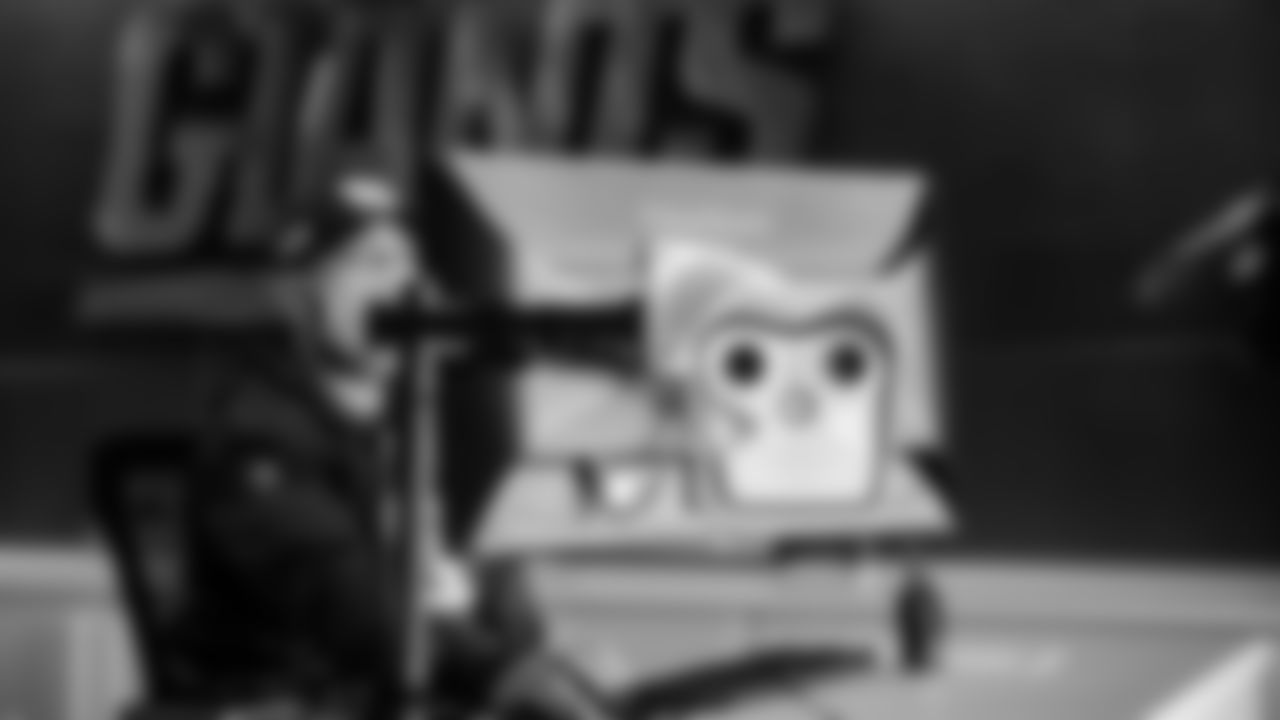
Most important is the requirement for employees who are returning to the facility to take their temperature before leaving home, and staying home if their temperature is over 100.4 F. Employees will then have their temperature taken at the facility.
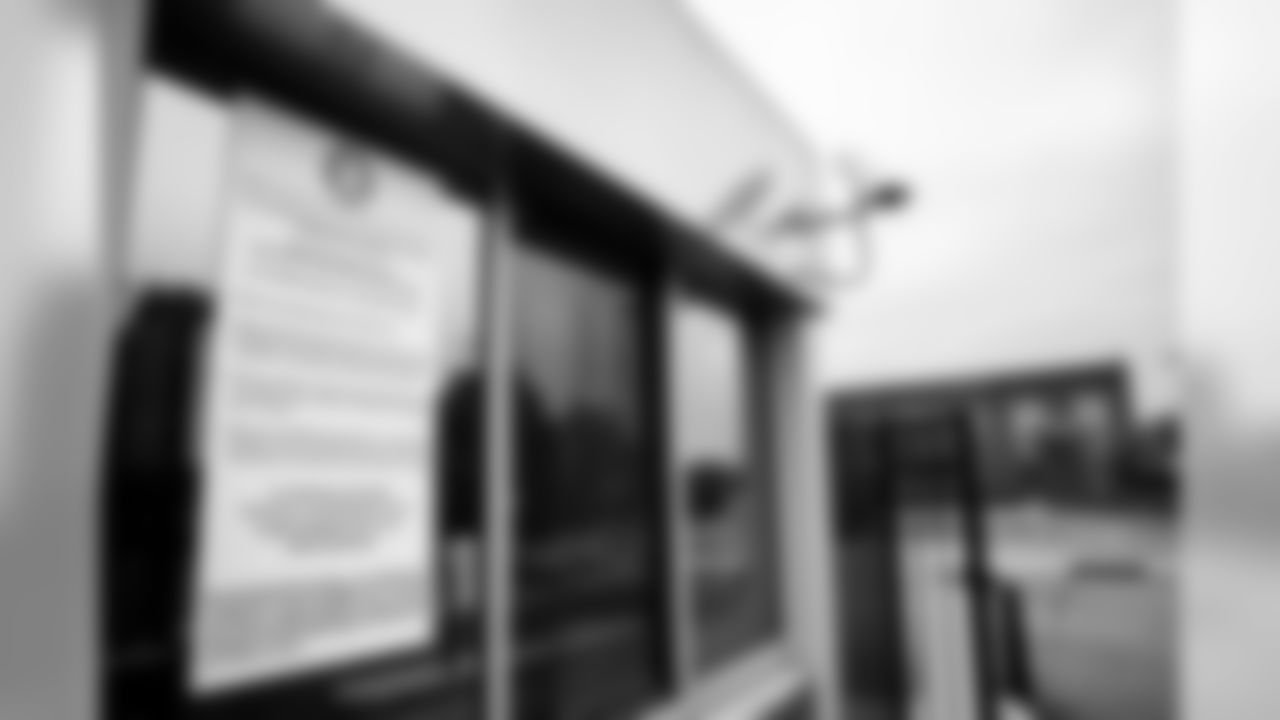
Before employees enter they will be required to complete a daily form to confirm that they are healthy and able to return to the building. After parking, they will walk through the lot with a face covering on and proceed directly to the main entrance.
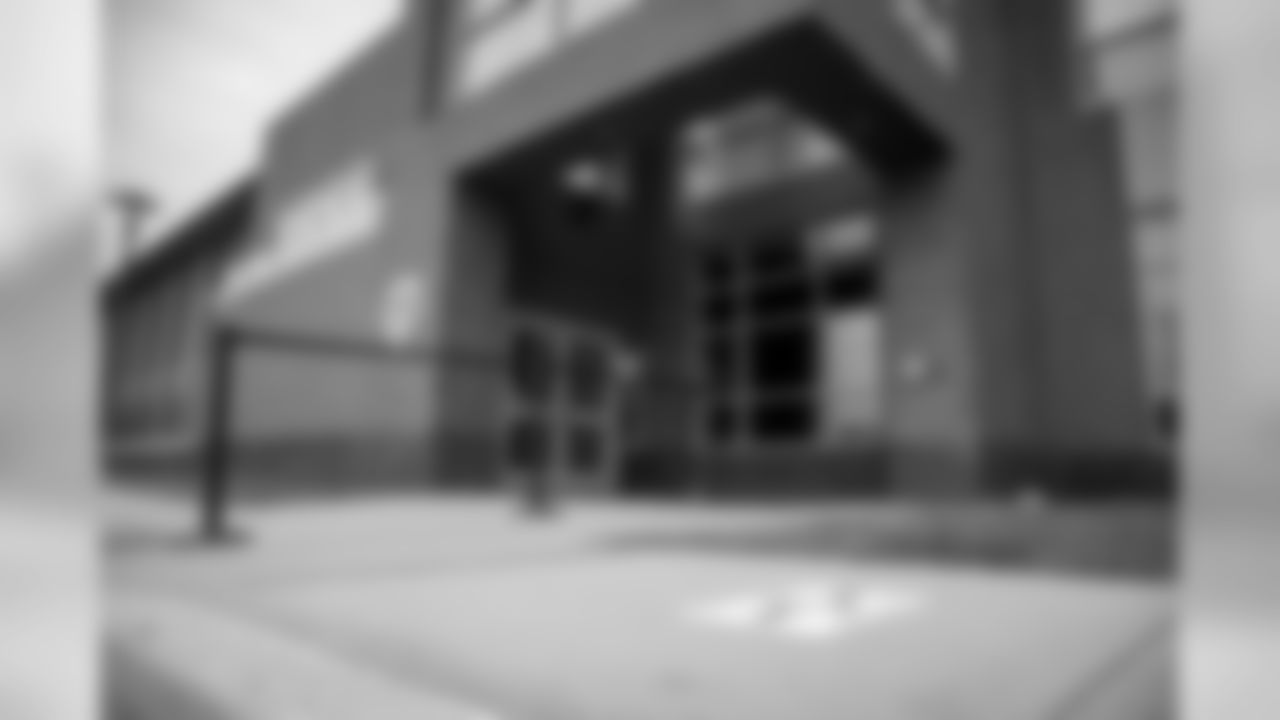
There will be only one entrance to the building.
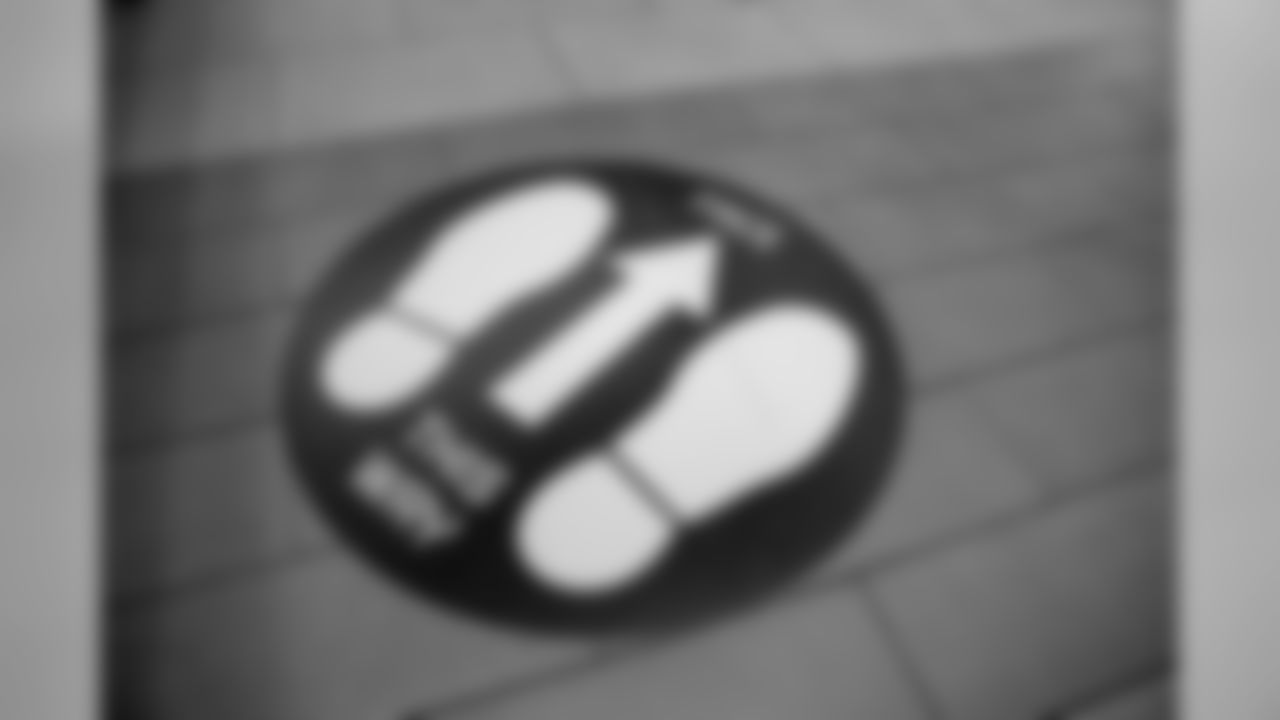
There will be signs and floor markings to direct where to stand before entering.
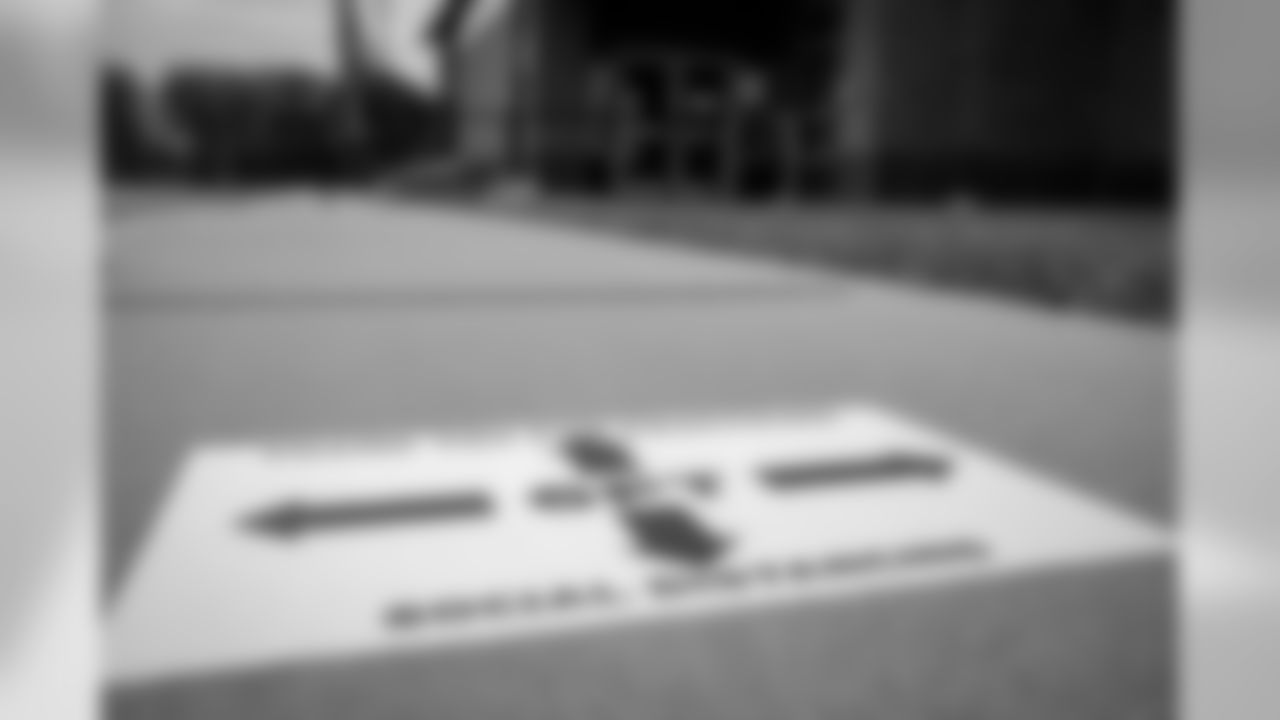
From the time they enter the parking lot to walking into the building, employees must remain six feet apart from others. There are markings on the ground.
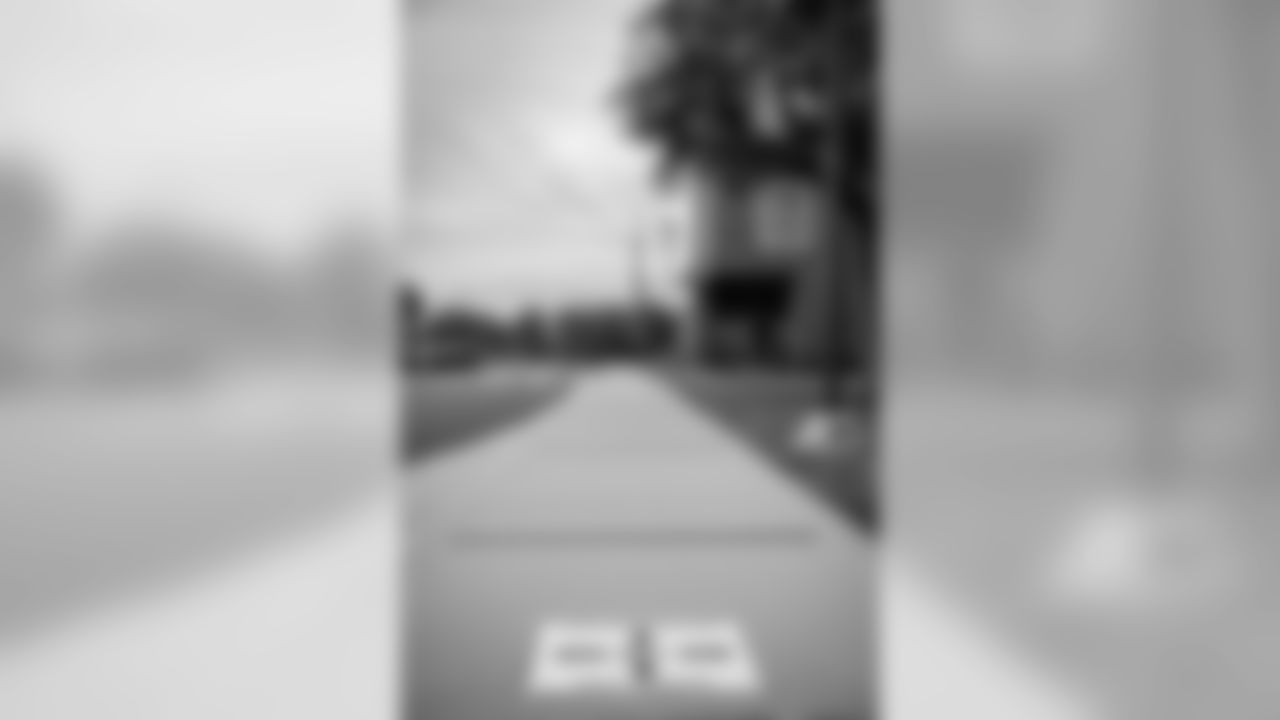
From the time they enter the parking lot to walking into the building, employees must remain six feet apart from others.
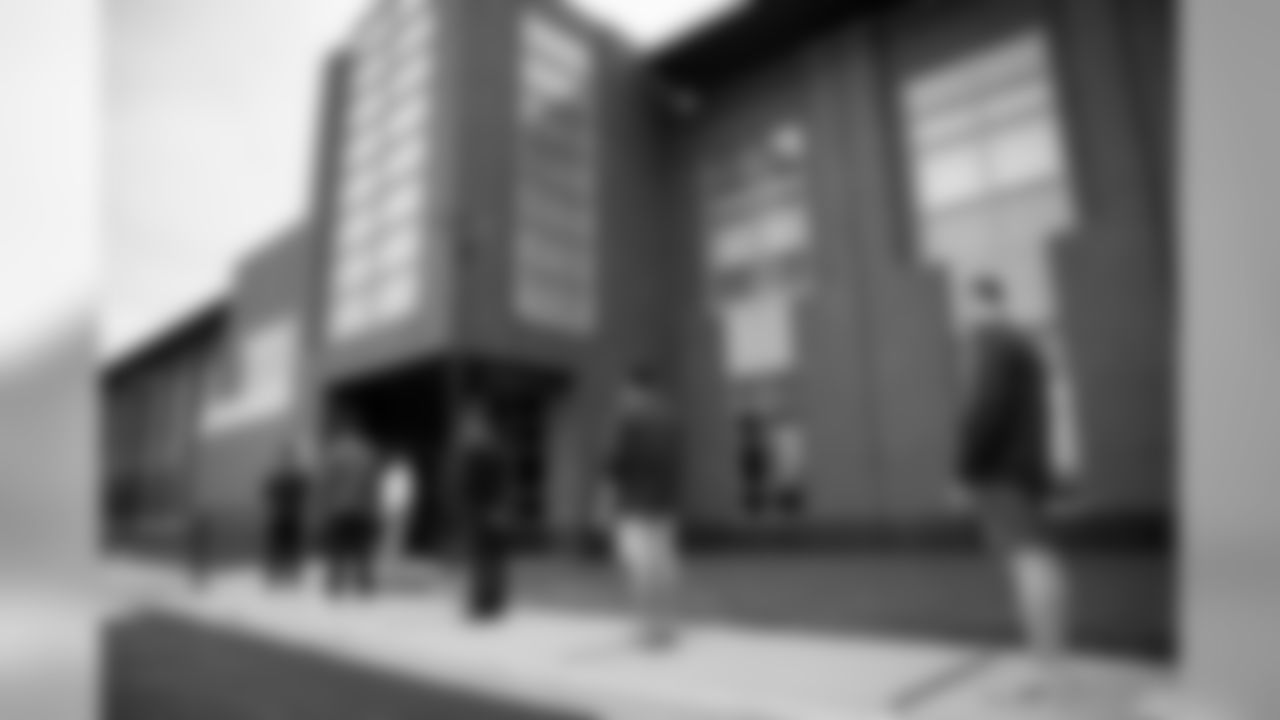
From the time they enter the parking lot to walking into the building, employees must remain six feet apart from others.
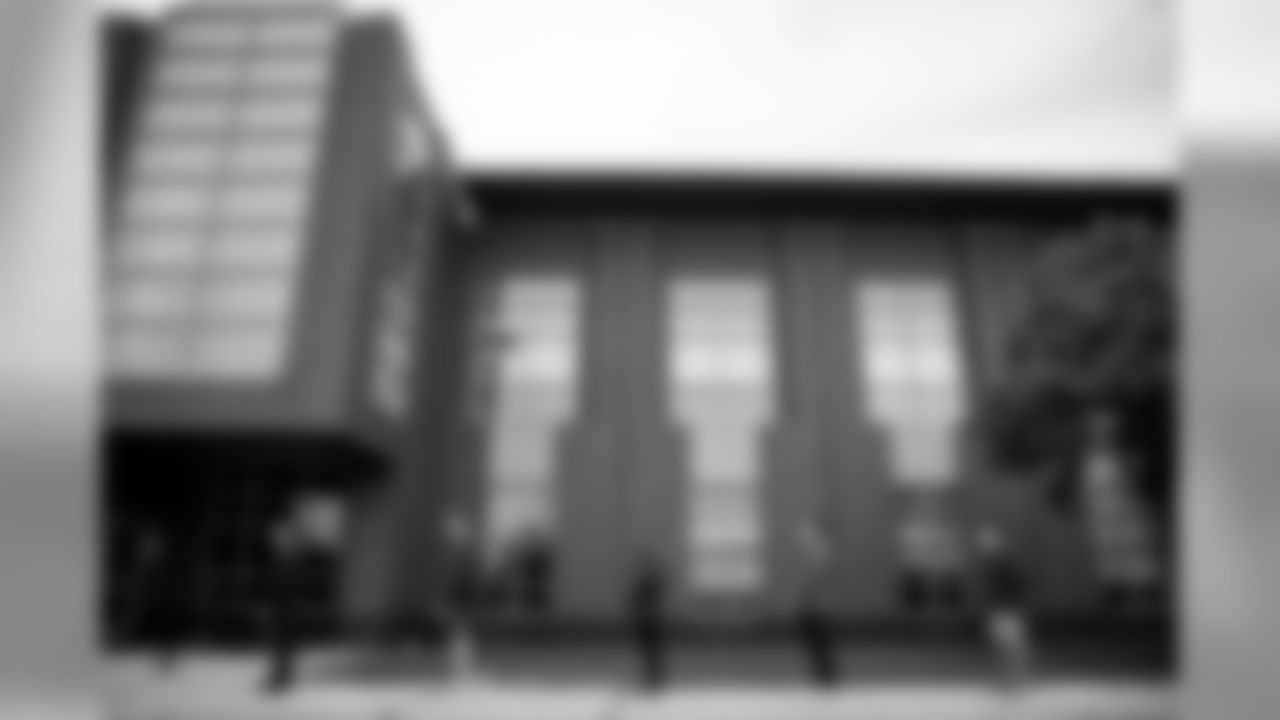
From the time they enter the parking lot to walking into the building, employees must remain six feet apart from others.
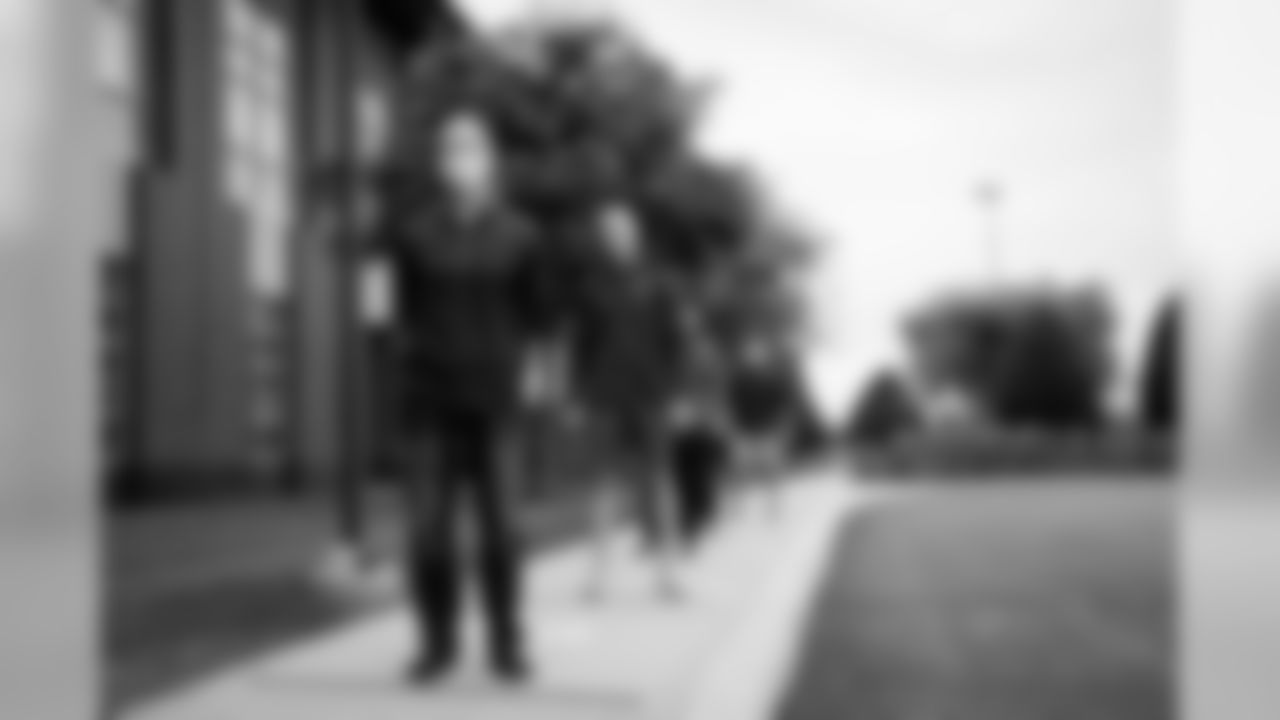
From the time they enter the parking lot to walking into the building, employees must remain six feet apart from others.
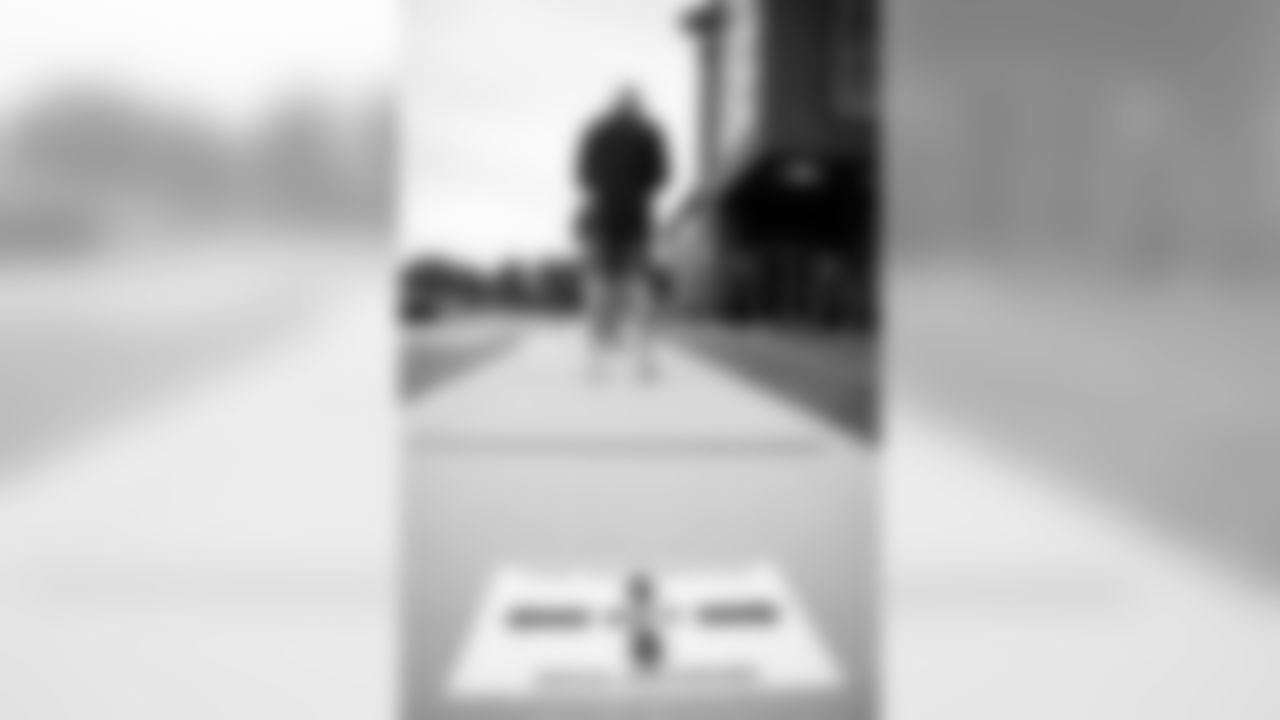
From the time they enter the parking lot to walking into the building, employees must remain six feet apart from others.
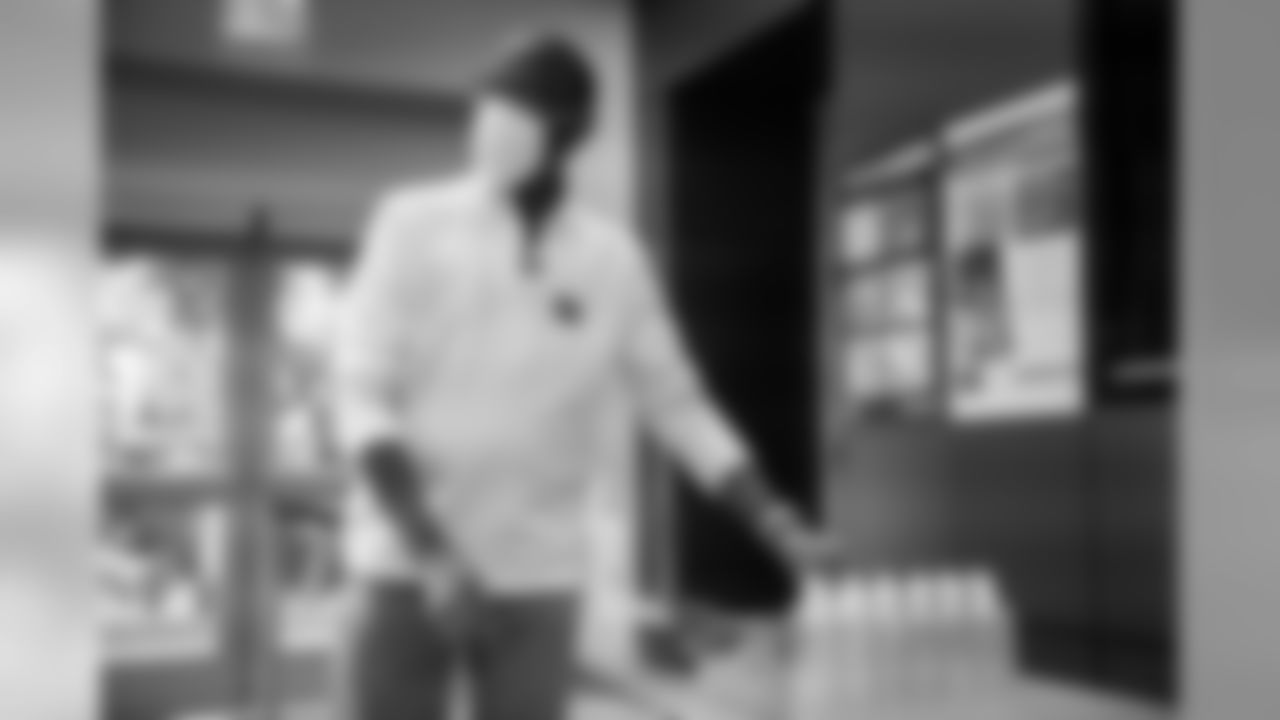
Using hand sanitizer is required before entering the building. The Giants will provide all the proper personal protective equipment (PPE) to keep employees safe as social distancing remains in place. Sanitizing stations are located throughout the facility.
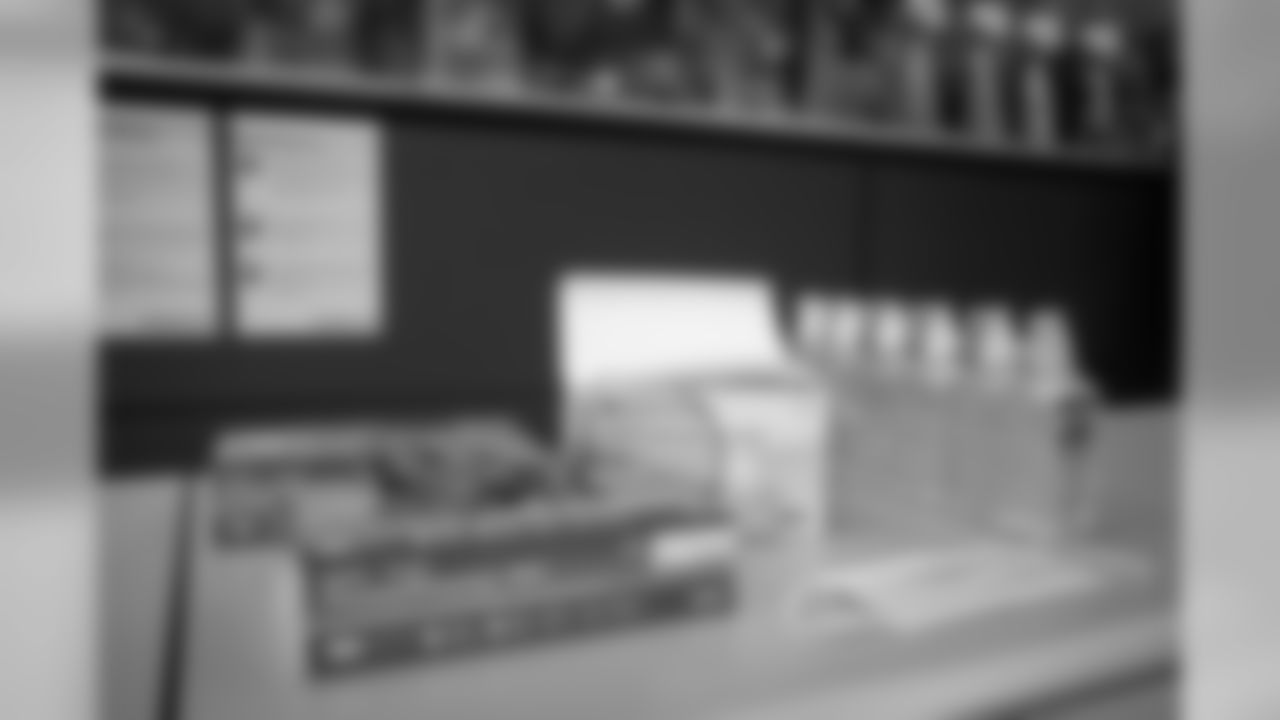
Using hand sanitizer is required before entering the building. The Giants will provide all the proper personal protective equipment (PPE) to keep employees safe as social distancing remains in place.
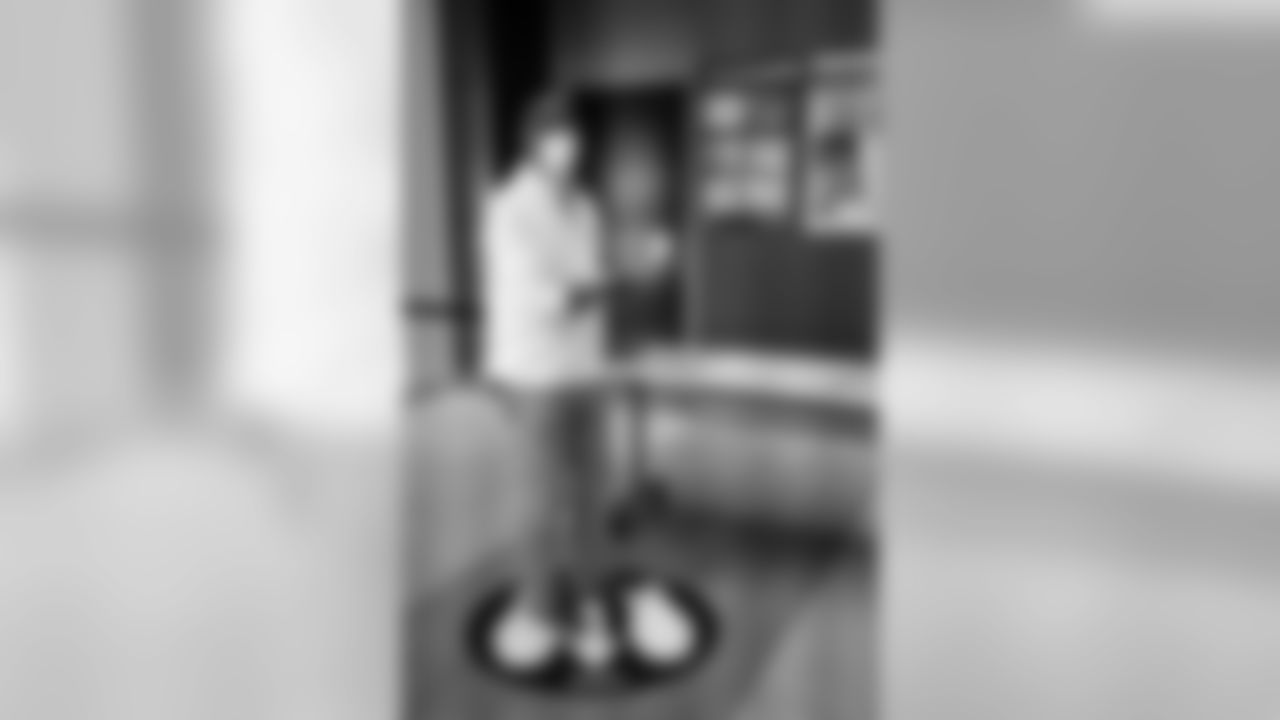
Per the NFL's Phase One Guidelines, the Giants have assembled an Infection Response Team (IRT) and a team of Infection Control Officers (ICOs) to protect Giants employees. Employees will receive a card with the names and phone numbers of ICOs before or when they return to work at the facility.
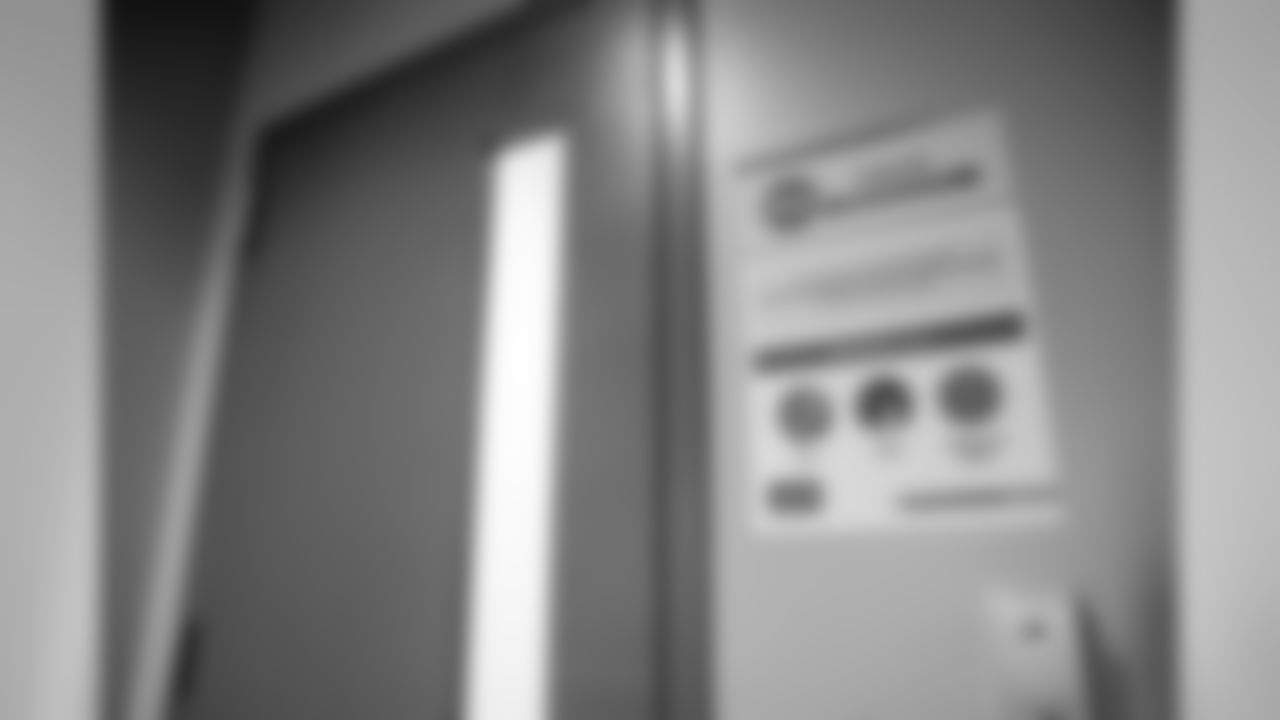
There are educational signs throughout the building. The most important one is "if you're feeling sick, stay home."
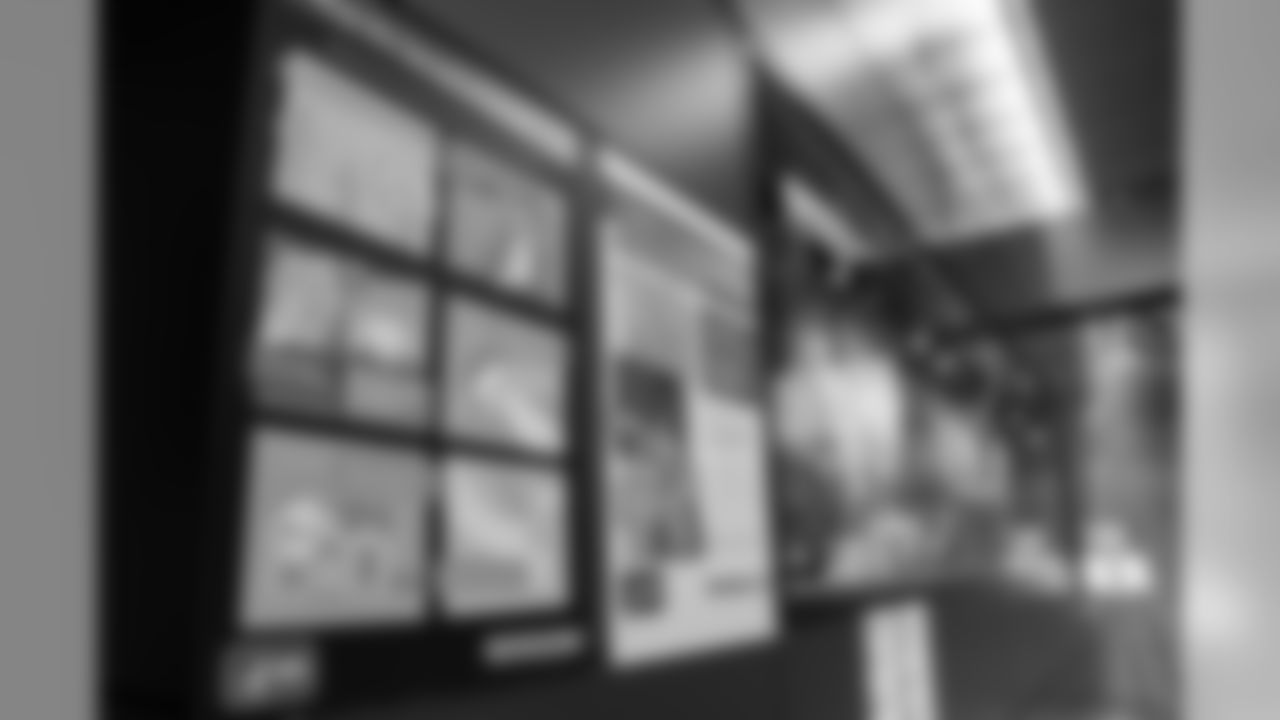
There are educational signs throughout the building.
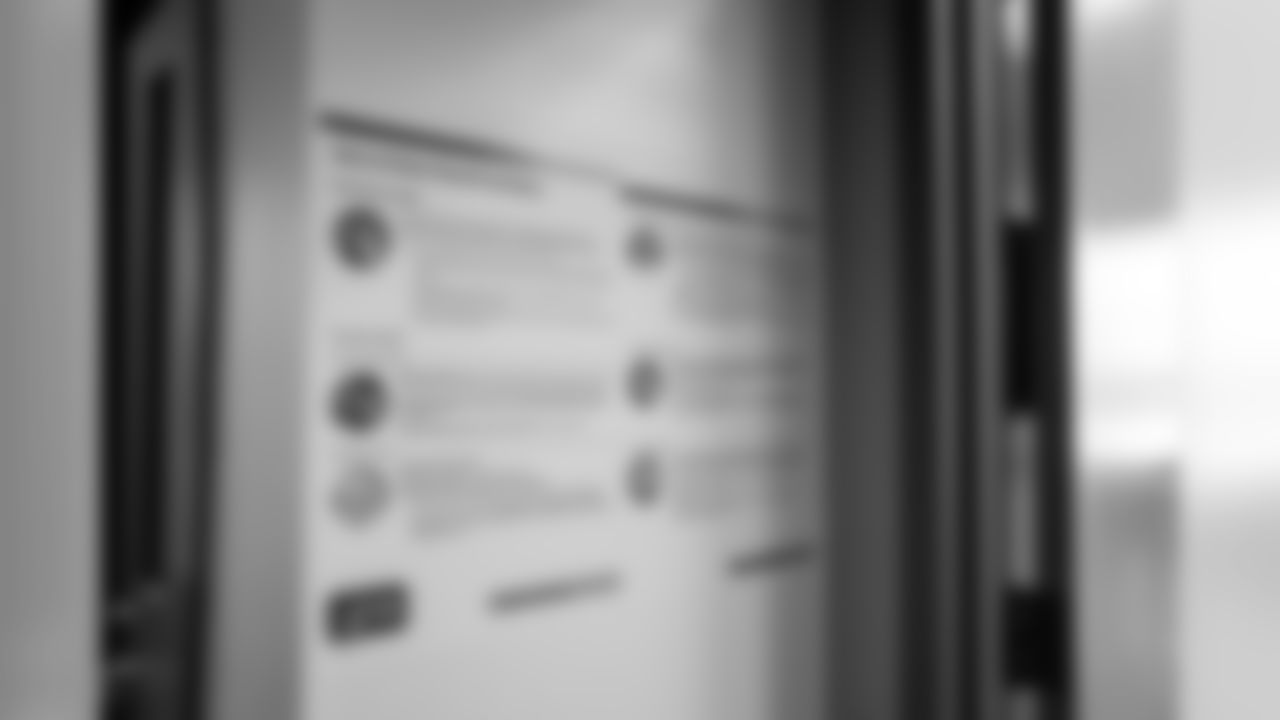
There are educational signs throughout the building.
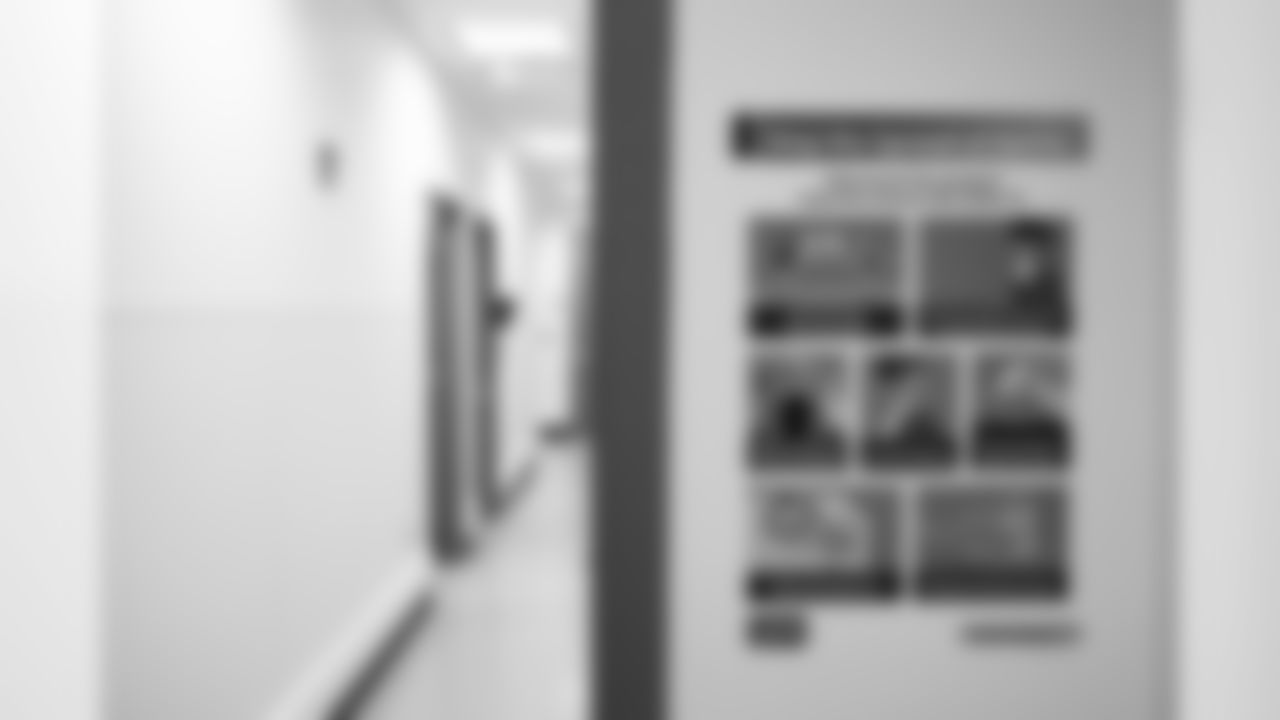
There are educational signs throughout the building.
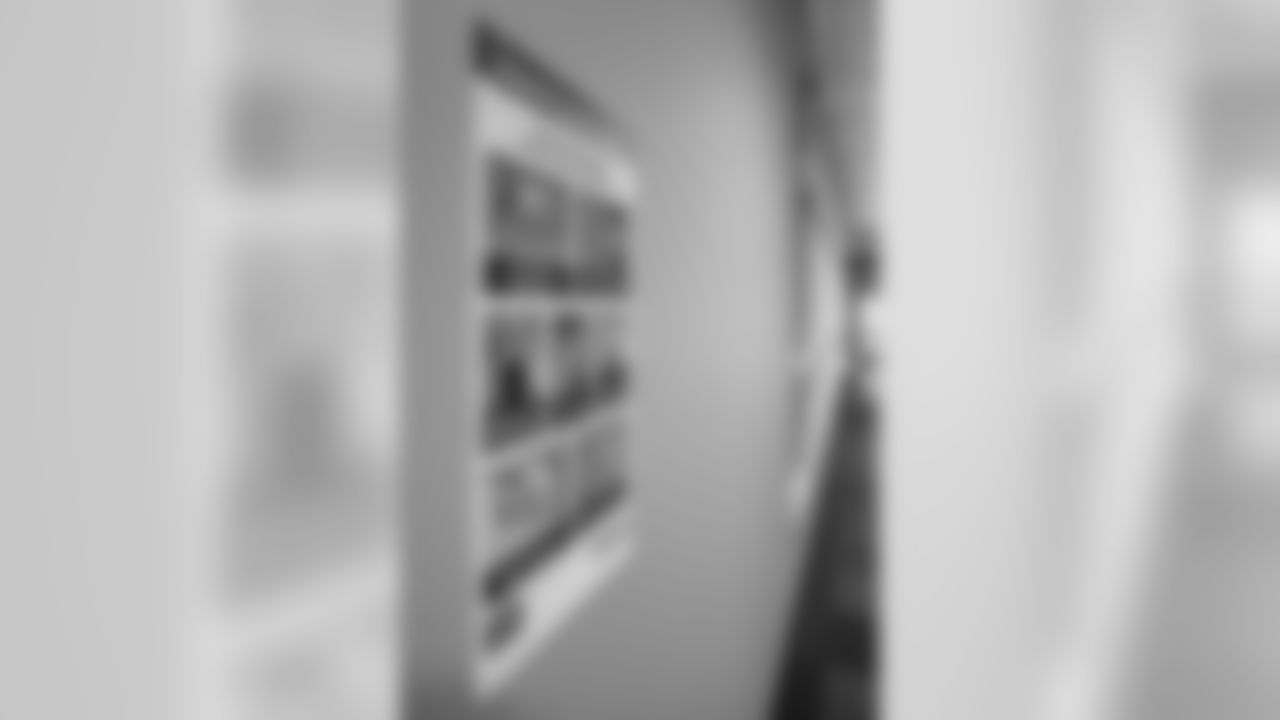
There are educational signs throughout the building.
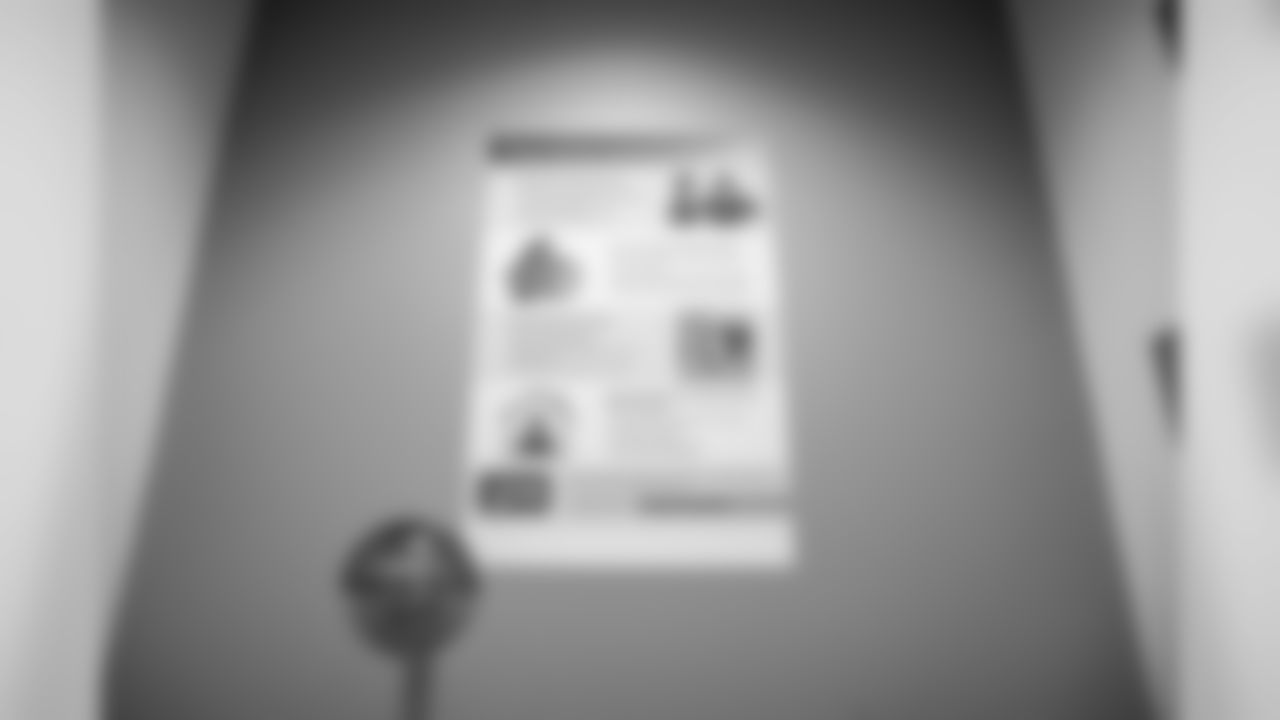
There are educational signs throughout the building.
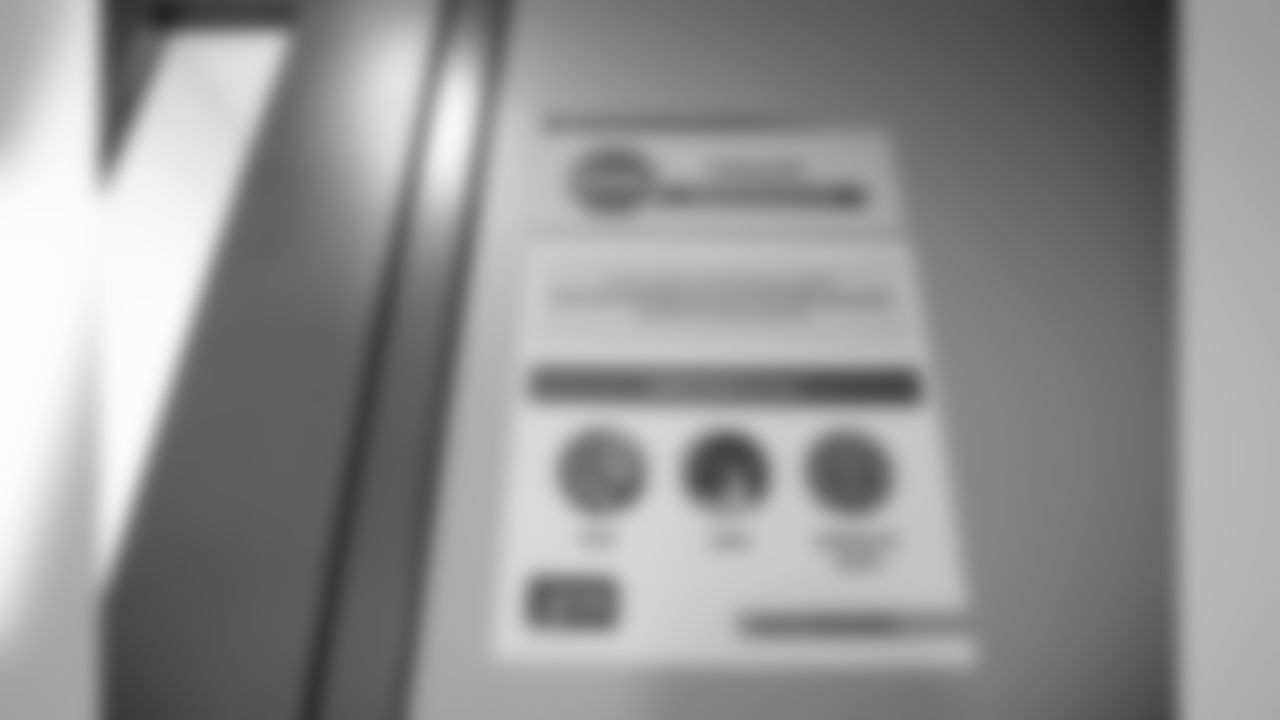
There are educational signs throughout the building.
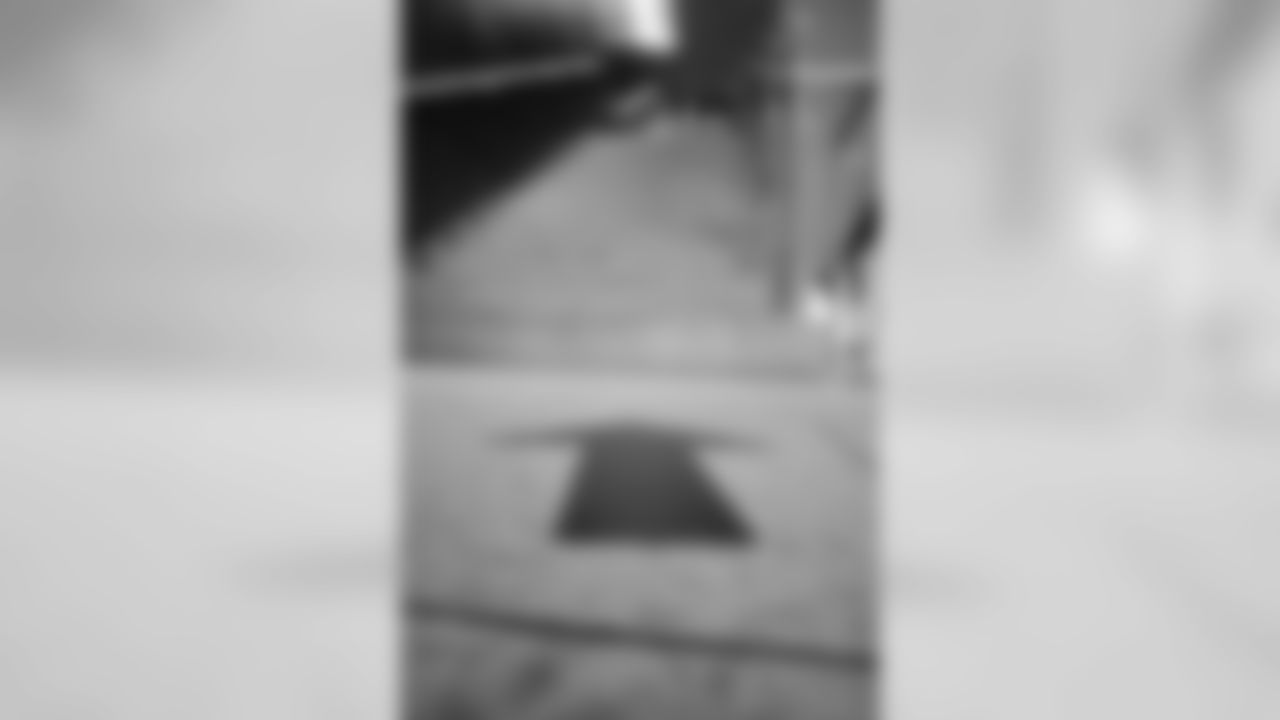
Arrows will direct people throughout the building to maintain a circular pattern and help keep people six feet apart. The goal is to limit the number of times employees pass each other in the hallway.
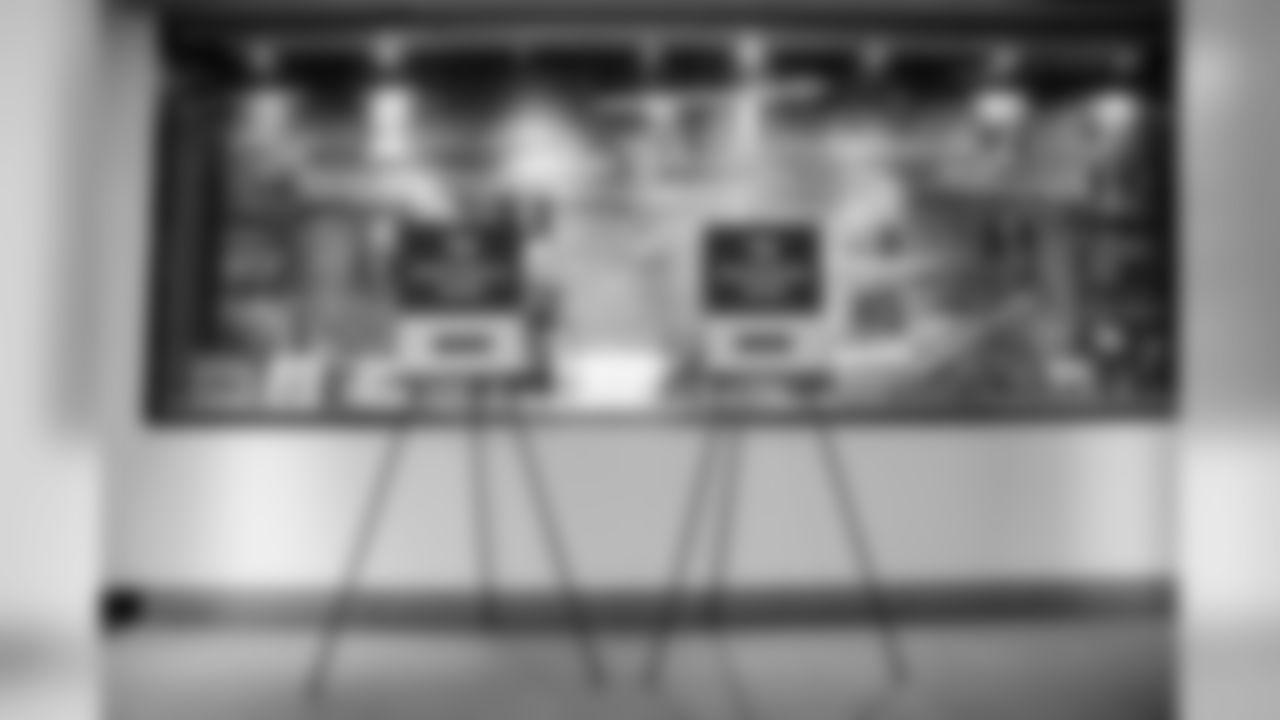
Arrows will direct people throughout the building to maintain a circular pattern and help keep people six feet apart.
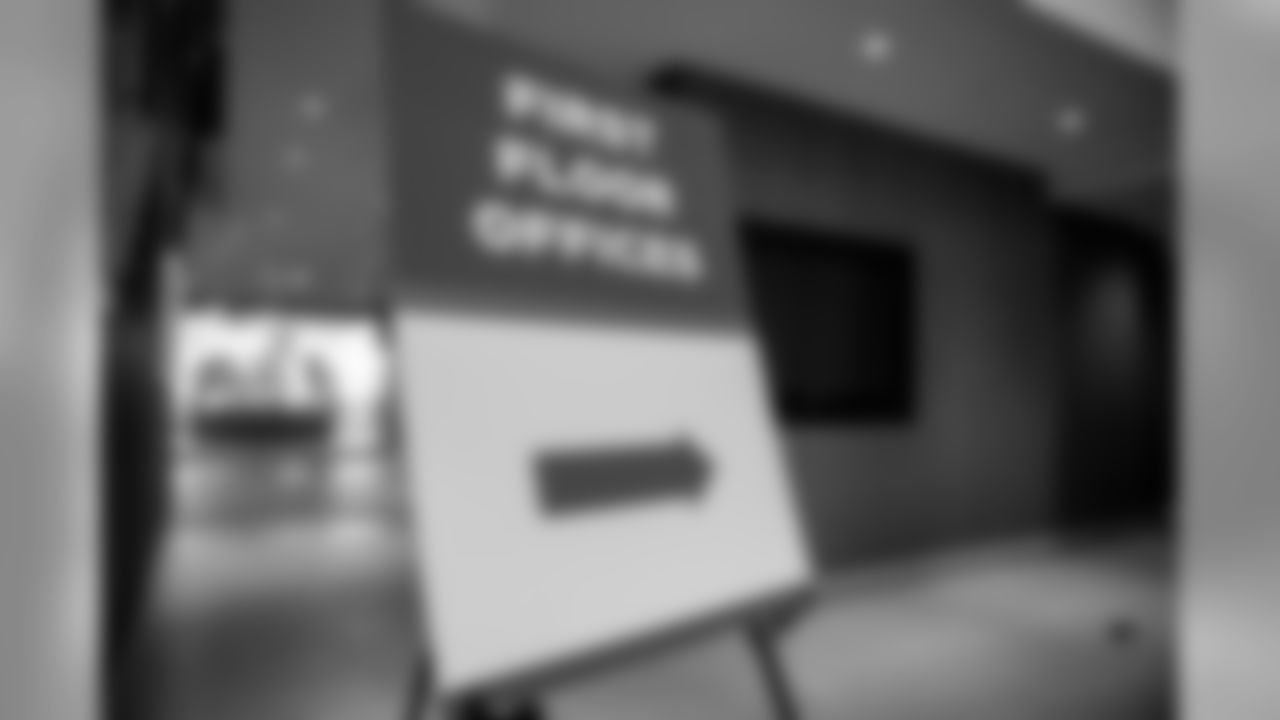
Arrows will direct people throughout the building to maintain a circular pattern and help keep people six feet apart.
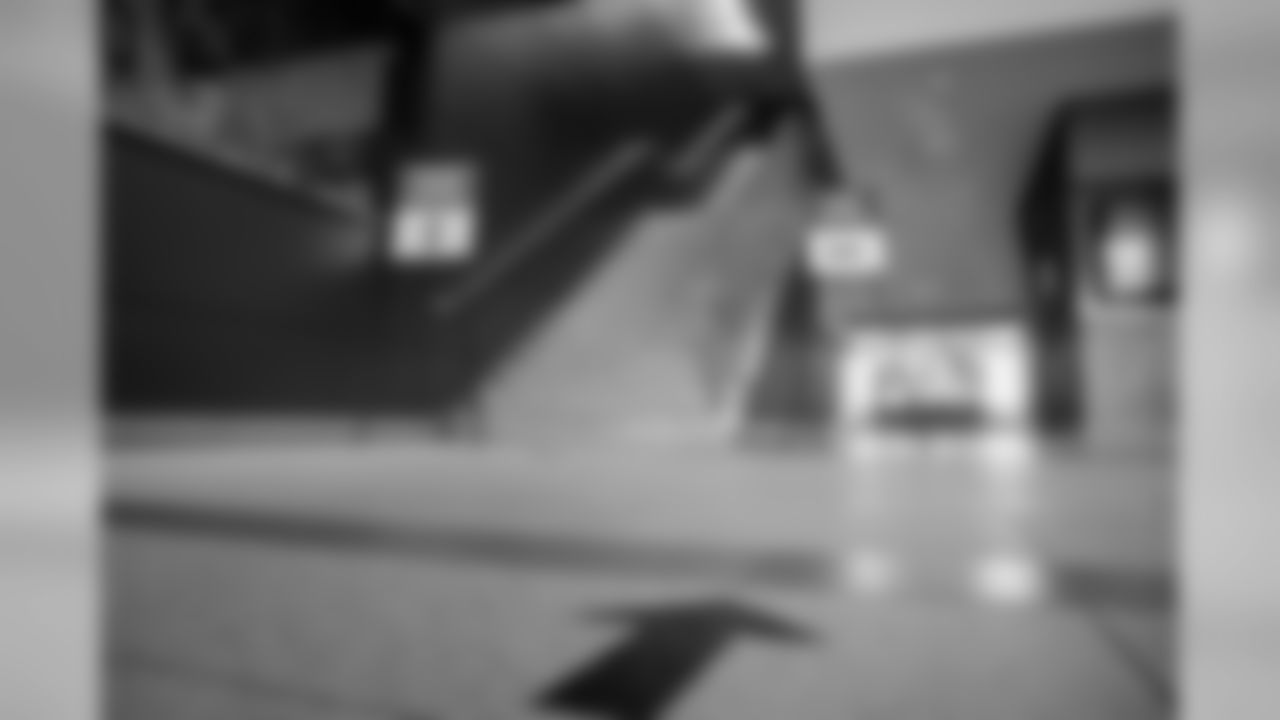
Arrows will direct people throughout the building to maintain a circular pattern and help keep people six feet apart.
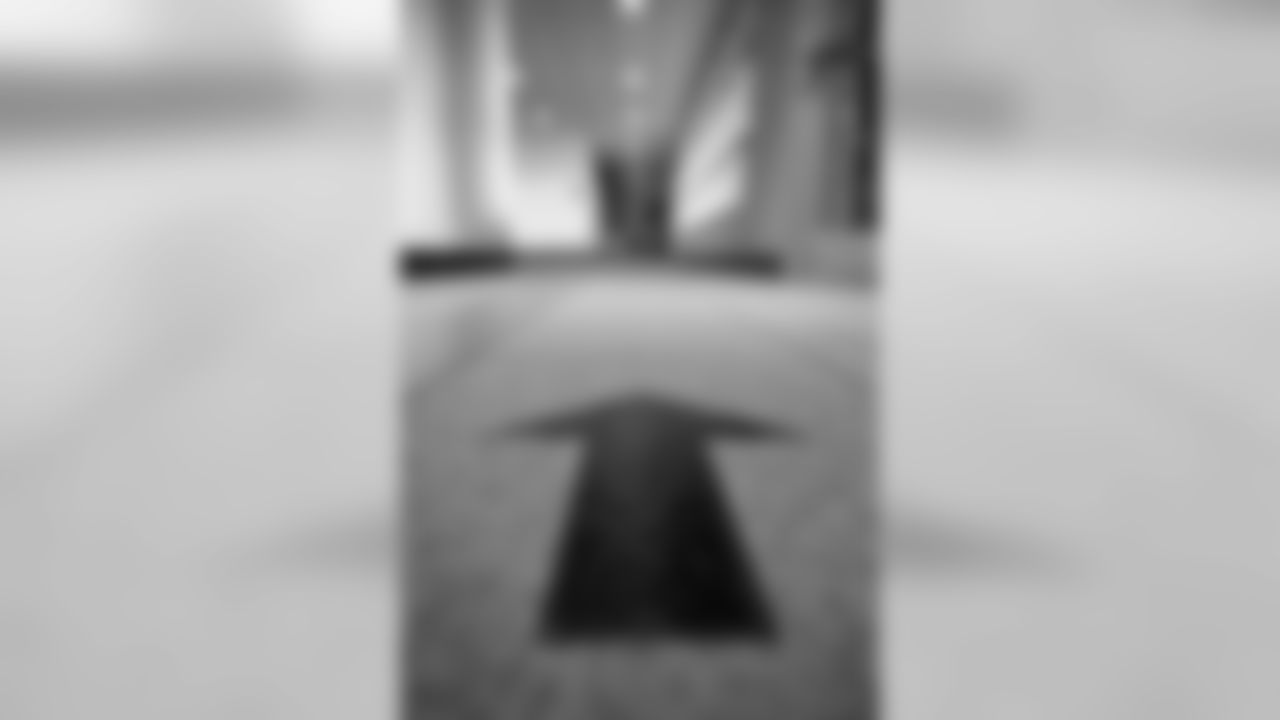
Arrows will direct people throughout the building to maintain a circular pattern and help keep people six feet apart.
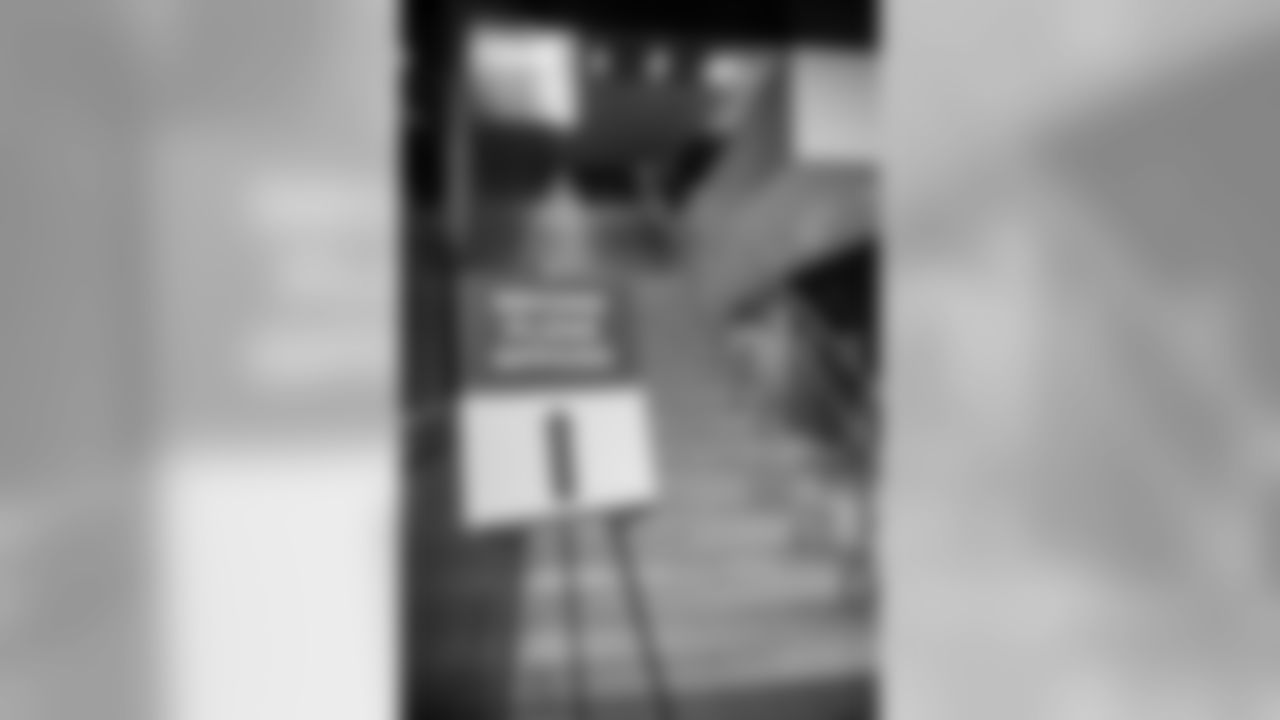
Arrows will direct people throughout the building to maintain a circular pattern and help keep people six feet apart.
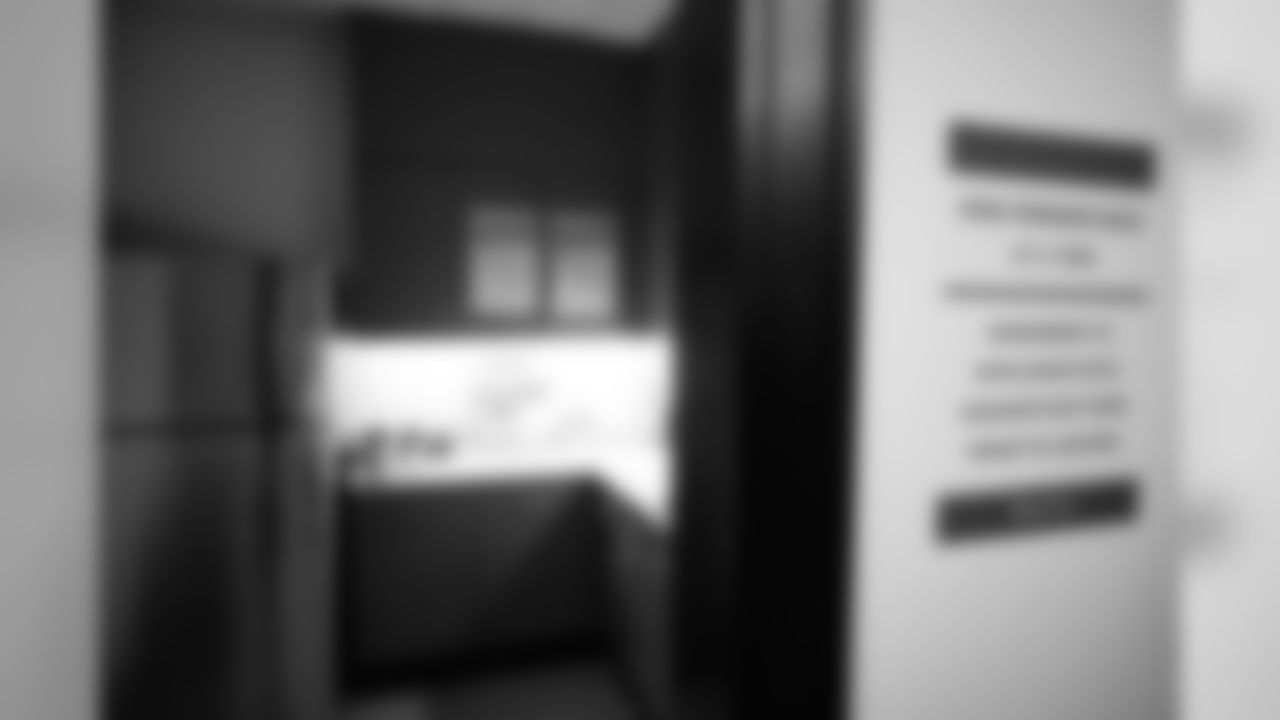
The cafeteria, locker room, and weight room will be closed. Break rooms and copier rooms will be limited to one person at a time and must be wiped down with disinfectant prior to leaving each time.
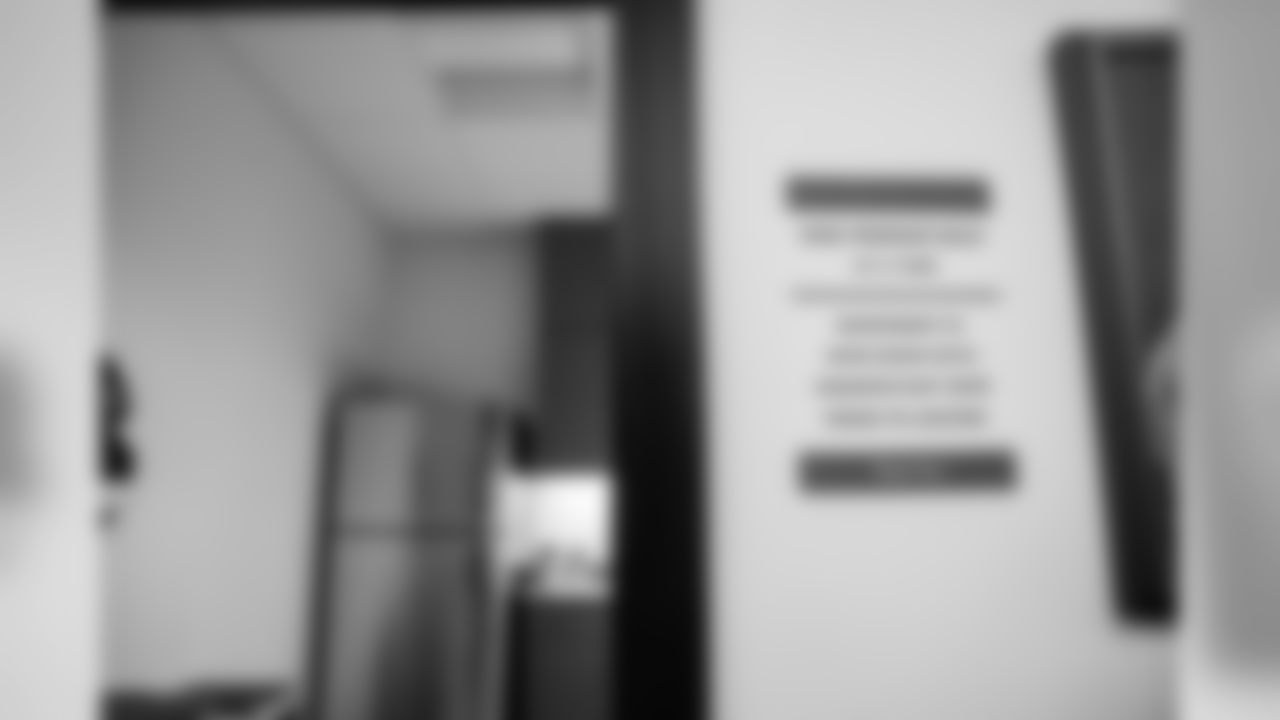
The cafeteria, locker room, and weight room will be closed. Break rooms and copier rooms will be limited to one person at a time and must be wiped down with disinfectant prior to leaving each time.
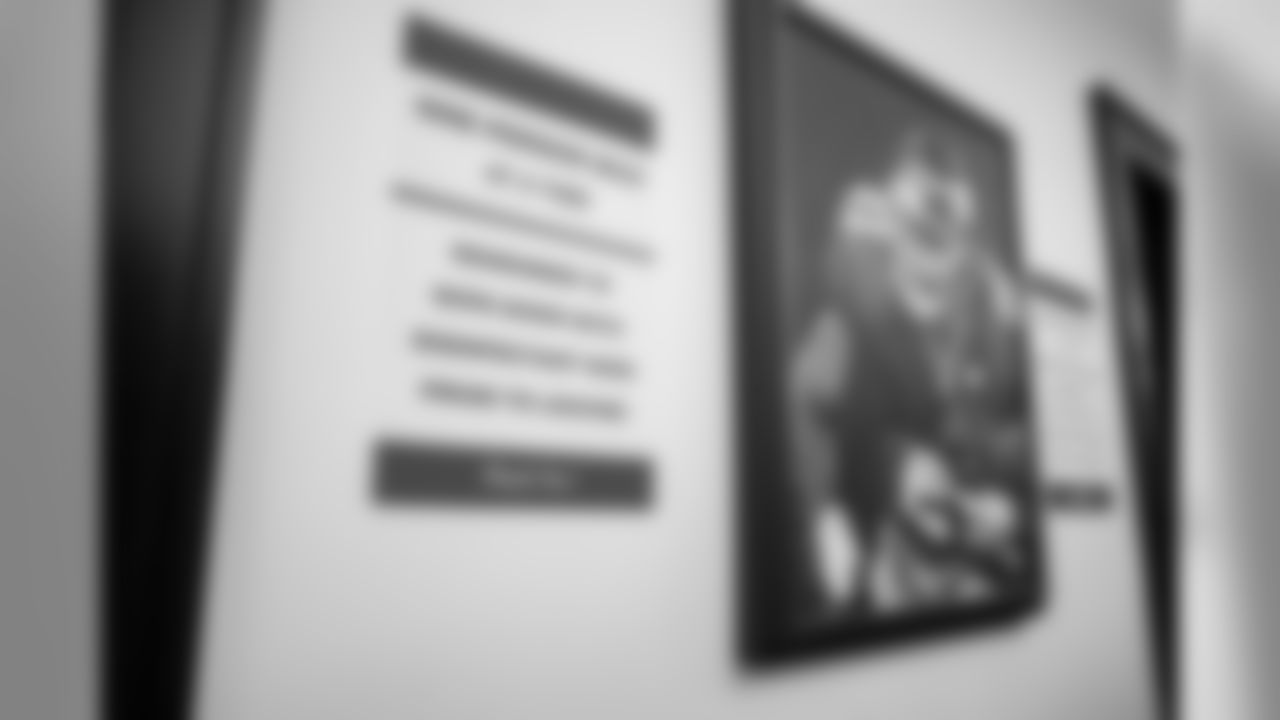
The cafeteria, locker room, and weight room will be closed. Break rooms and copier rooms will be limited to one person at a time and must be wiped down with disinfectant prior to leaving each time.
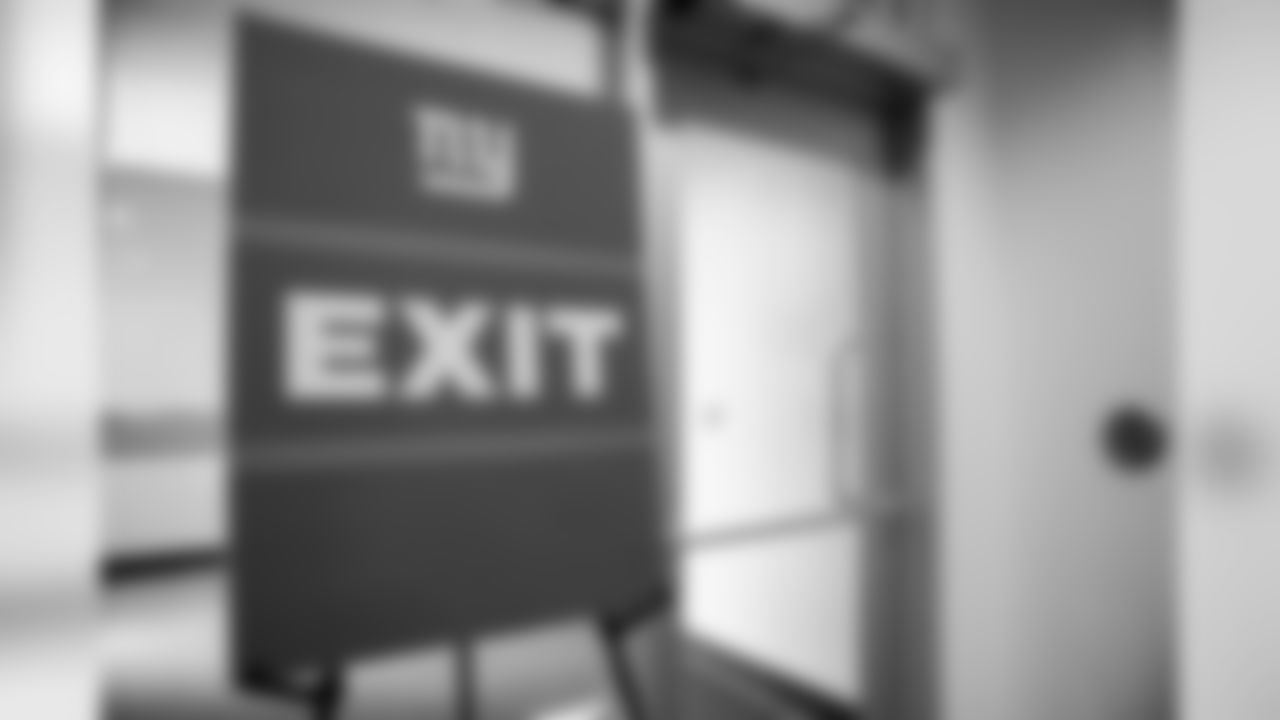
Arrows will direct people throughout the building to maintain a circular pattern and help keep people six feet apart. The goal is to limit the number of times employees pass each other in the hallway.
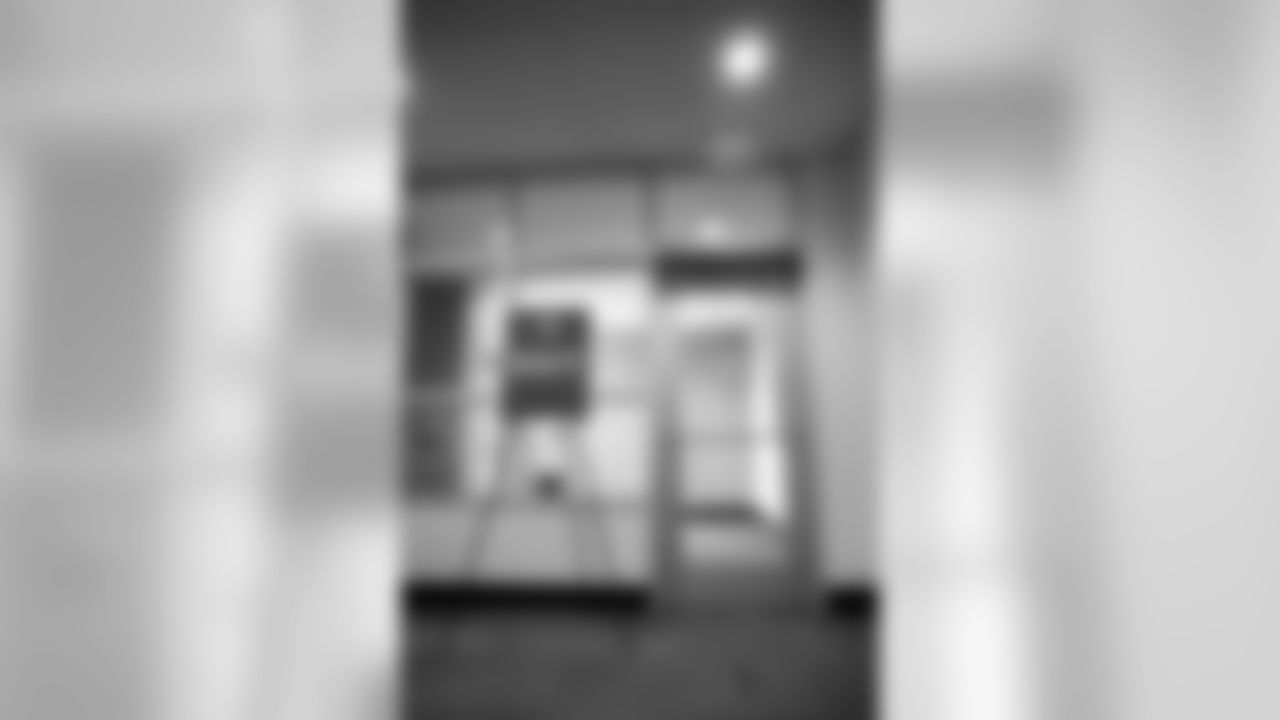
Arrows will direct people throughout the building to maintain a circular pattern and help keep people six feet apart. The goal is to limit the number of times employees pass each other in the hallway.
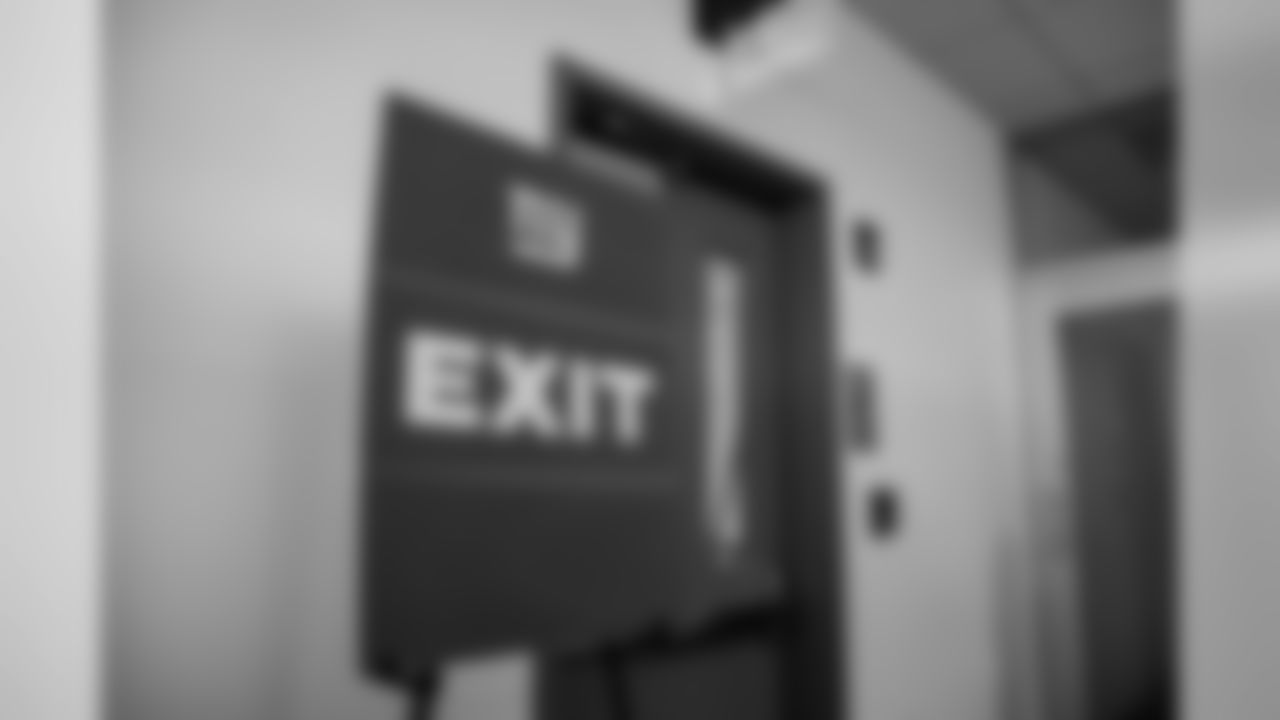
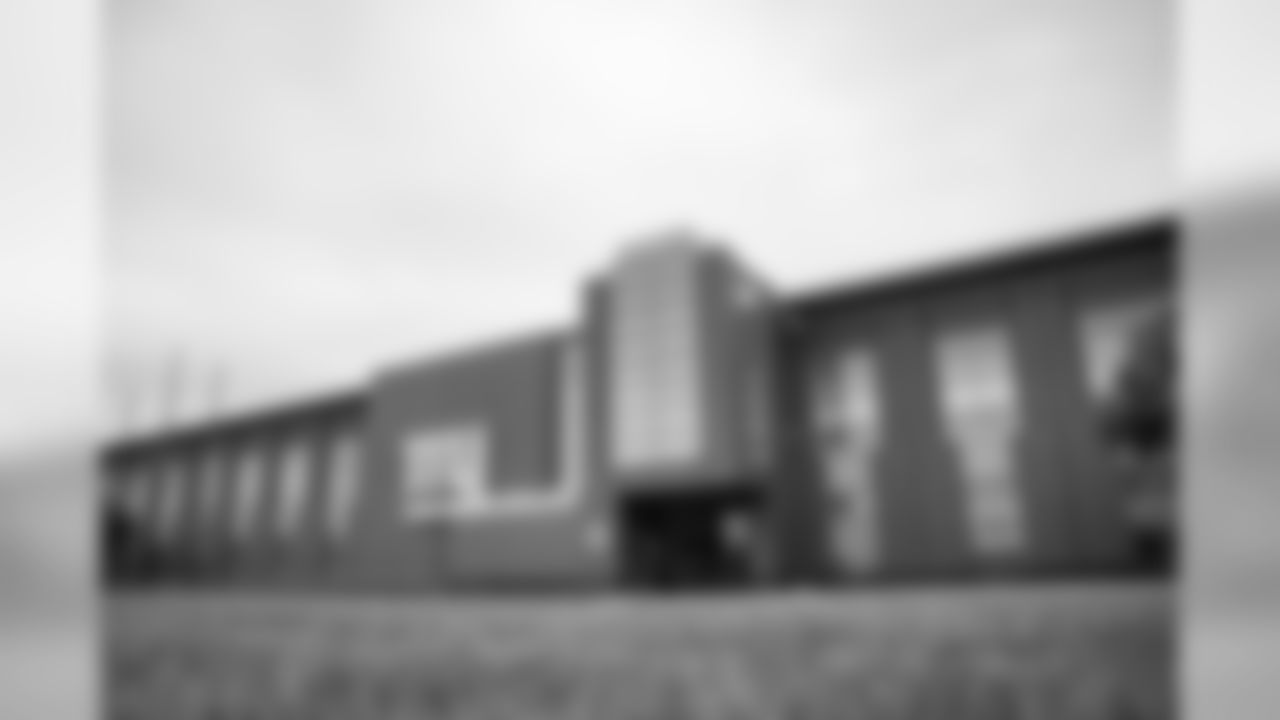
Q: When did you learn about the "tier system" and who was allowed to do what?
Swensen: We didn't hear about the tier system until a couple weeks before training camp, maybe. There were rumors, and you talk to other teams and league people about things like that happening, but you never know how it's going to affect you or your team. I heard from other teams that they were getting placed in different things and there's only limited people. So obviously, hearing that, I started panicking right away and texted Mike saying, "You know, we're not even going to be able to do this this year." So, I think it was about two weeks before camp started that we found out – officially.
Q: When you found out you were part of the tier with players and coaches, it must have felt like a burden. That meant you would be tested like they would, and one person can bring the whole thing down. Did anyone sit you down to make sure you knew the seriousness of the whole thing?
Becton: I didn't have a sit-down, but I had a quick, brief talk with Dave Gettleman. I was shooting at practice and he called me over, and I guess this is when it was established that me and Swen would be within the group. He just kept it short and brief. He said, "Listen, you guys have a responsibility. You guys were handpicked for this. Basically, move the way we move. You have a responsibility to yourselves and the team. Just go about it the right way." That's the thing, you have that fear. You have that fear of what we've been through personally for the last five months of being on lockdown. And then now you add the team and all the protocols that you're under because you don't want to be that guy. That's basically what you keep repeating to yourself – "I can't be that guy." So you put yourself on lockdown even more.
Q: Did you ever think of opting out?
Swensen: No. In my view, my job is to tell the story and capture the history of the team. We viewed this season as more important to capture from start to finish than any other. The sense of team also comes into play. If the players and coaches are going to go out every day and give it everything they've got, then so are we.
Becton: No. It was just, this is a lot of responsibility. I also took it as this is historic and why not be a part of that? What we're about to do – because at the time, we still didn't know we were even going to get games in – is going to be historic.
Q: Joe Judge, a first-year head coach, didn't see his players in person until training camp. Just how different was the camp experience this time around?
Becton: A couple weeks before camp started, that's when we started testing. So that was new and different. Then when they created the MetLife Stadium-Quest Diagnostics Training Center dynamic, I did the video with Coach Judge when he toured the stadium to explain the protocols. When they told us that camp was going to be at the stadium, that the players and coaches would be at the stadium and practice would be at Quest, we immediately had to figure out how to pull off production, how do we do what we normally do under these circumstances. With Swen and me being Tier 1, the only two, it was, OK, we're going to operate at the stadium while [the rest of the production team] figures out Quest and practice. So a part of the two weeks before camp, it was, OK, where is the locker room, where is the meal room, and where can we set up so we're somewhat normal and around where they are? At Quest, our studio is in between the locker room and the cafeteria; that's how we get a lot of players to do requests and stuff like that, so we wanted to position places to shoot at the stadium in that same area. At the stadium, the meal room was on a suite level, one of the club areas. The staircase above that leads to all the private suites, so I came up with the idea of: Let's take these four suites and set up for media availability, for interviews, for whatever we need. Leading up to camp, a lot of that was setting that up. Swen and I would go back and forth, taking gear from the studio at Quest across the parking lot over to the stadium and setting up every single suite.
Q: What did you see from Judge as the year played out?
Becton: One of the funny things – we talked about this at the end of the season – I was with Coach for at least 20 to 30 minutes every day. Between his media availability, the Joe Judge Report, postgame interviews, network requests, I saw a lot of it. I commend him, man, for being able to pull it off. Not seeing your team until July in person, hiring a new staff, just dealing with New York media – even in this capacity with Zoom calls, just being able to pull it off, I applaud him. I think he did a great job, especially under the circumstances.
Q: In a virtual world, things got real on Sept. 14. The Giants hosted the Steelers on Monday Night Football to kick off this unprecedented season. How weird was being on the sidelines for that first game with no fans?
Swensen: It was insane. There was no part that felt like a real NFL game. You could hear the guys on the Pittsburgh sideline talking – from our sideline. You didn't even have to try to listen; you just heard them. It felt like a practice. It didn't feel like a game at all. I could see it being very hard for the players to get into it. Even with the music and everything, it just didn't feel real.
Becton: One thing I realized starting with that game was that night games were even more bizarre.
Q: Why?
Becton: Night games, the stadium just felt even more empty. When you're the night game, most of the time you're the only game on. It just felt hollow, man. The stands being empty, you have fireworks, but it's like, "Who is this for?" Night games were just completely different. Once we got to 1 o'clock games, you didn't realize it as much. It's earlier in the day, there are other games on, so you've got RedZone going [on the video boards], you get kind of locked in like normal. But those primetime games, man, I don't know how the players did it.
Re-live the most memorable moments and images from the first year of the Joe Judge era.
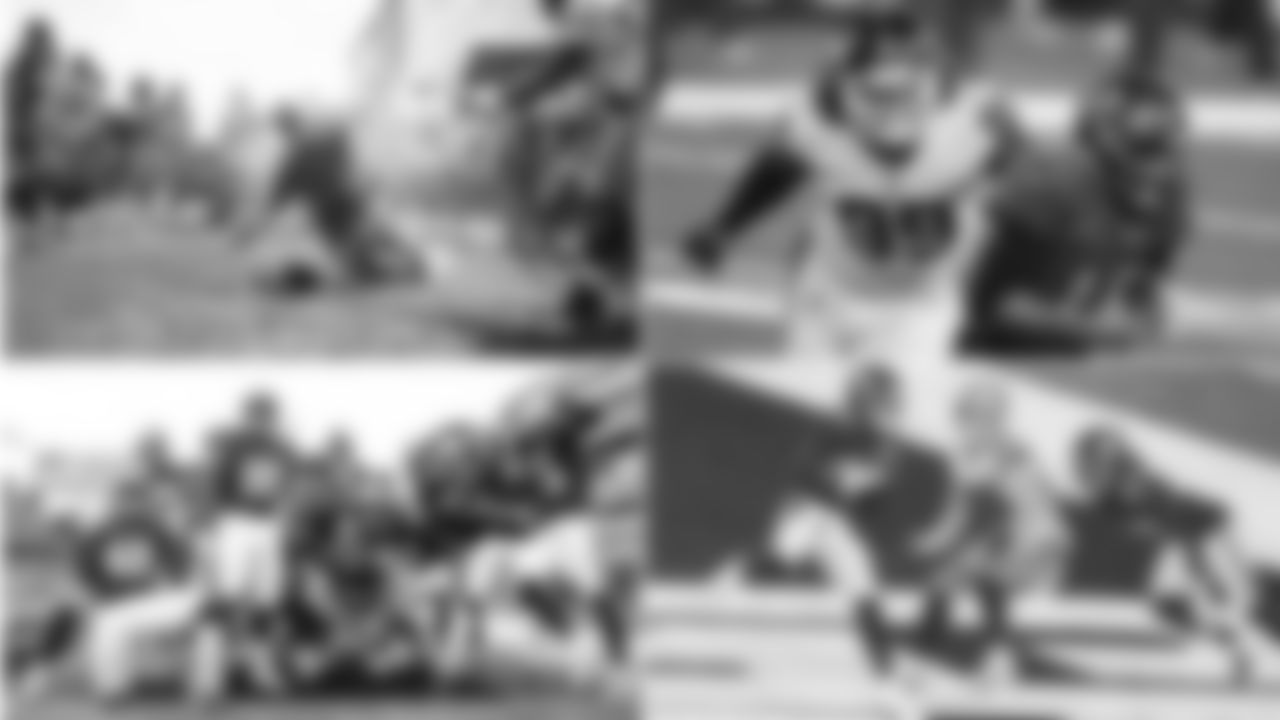
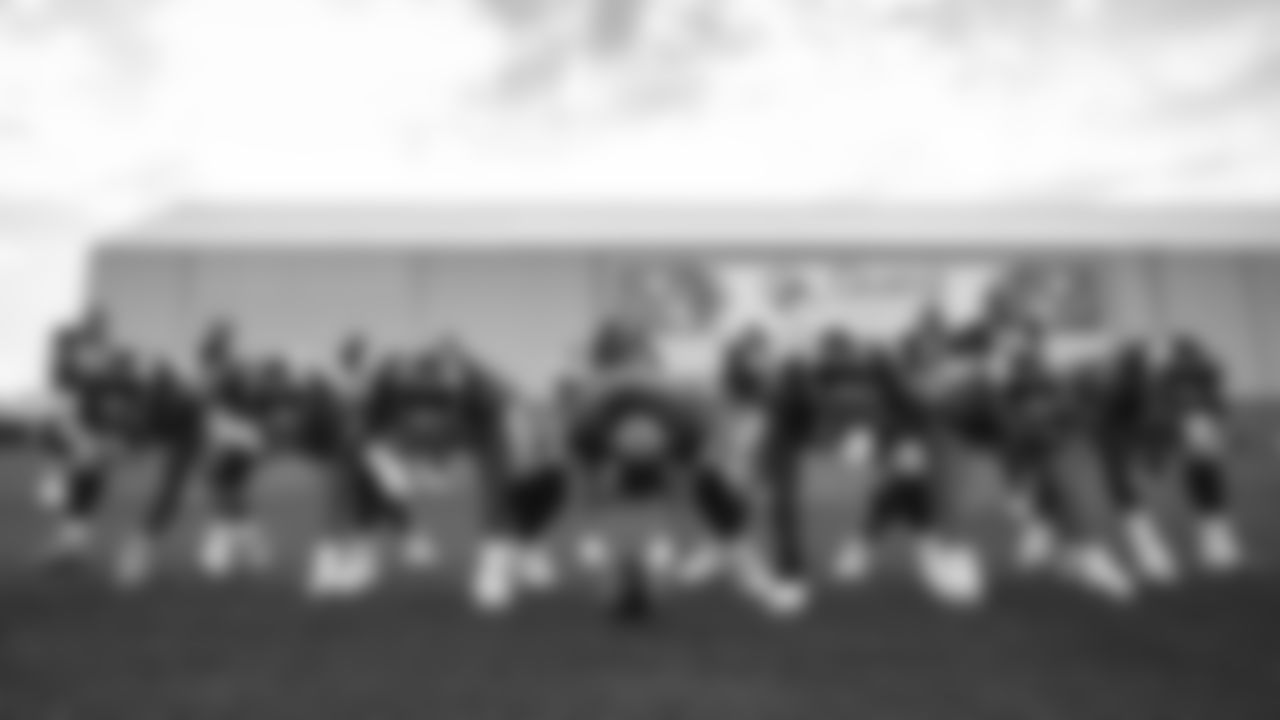
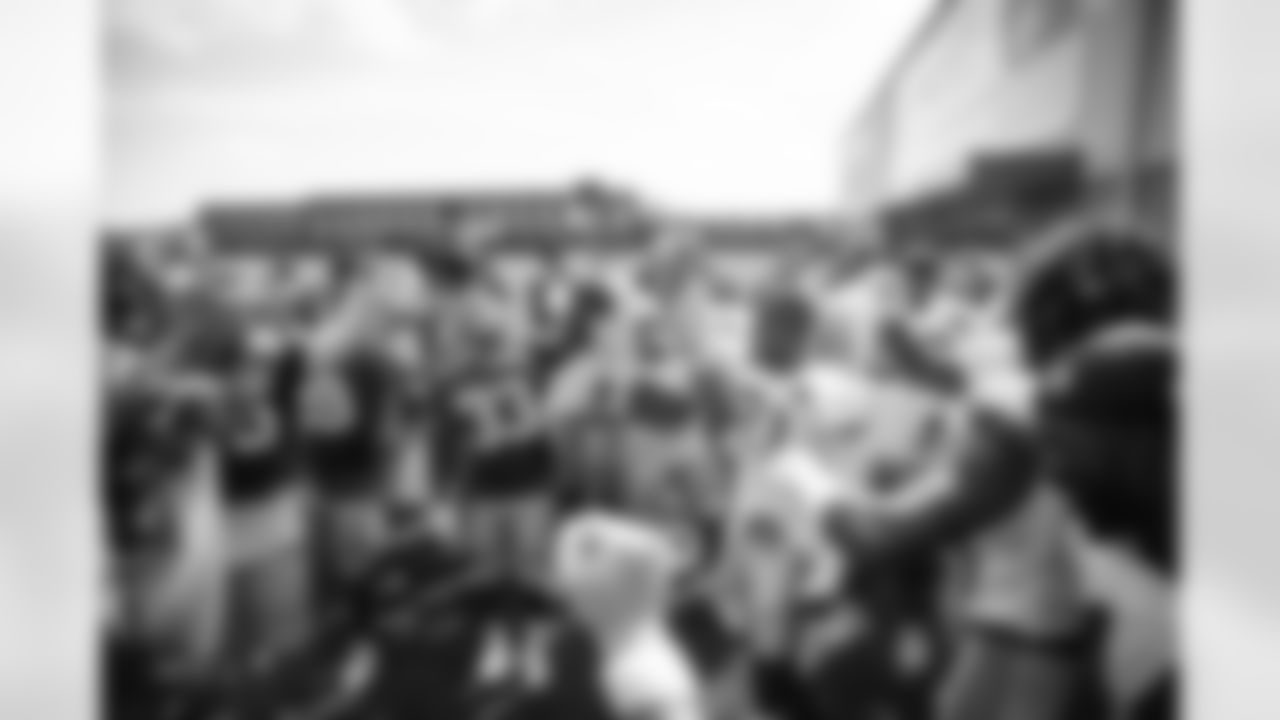
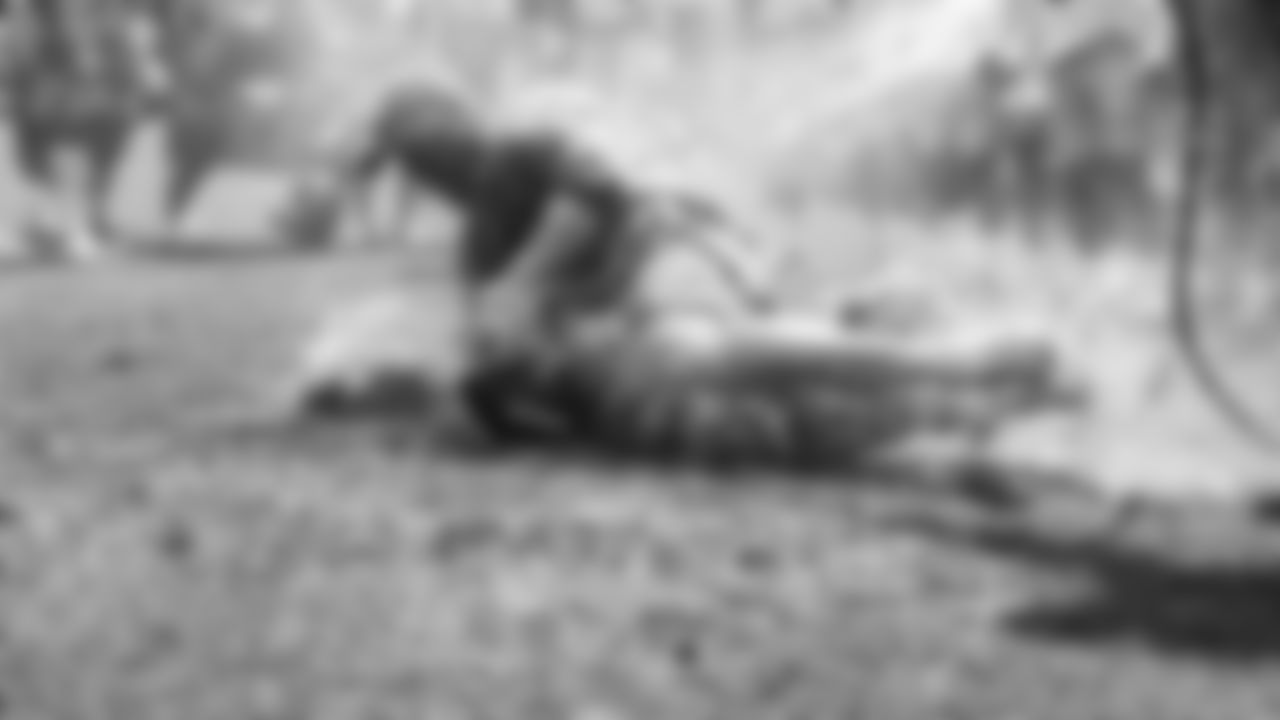
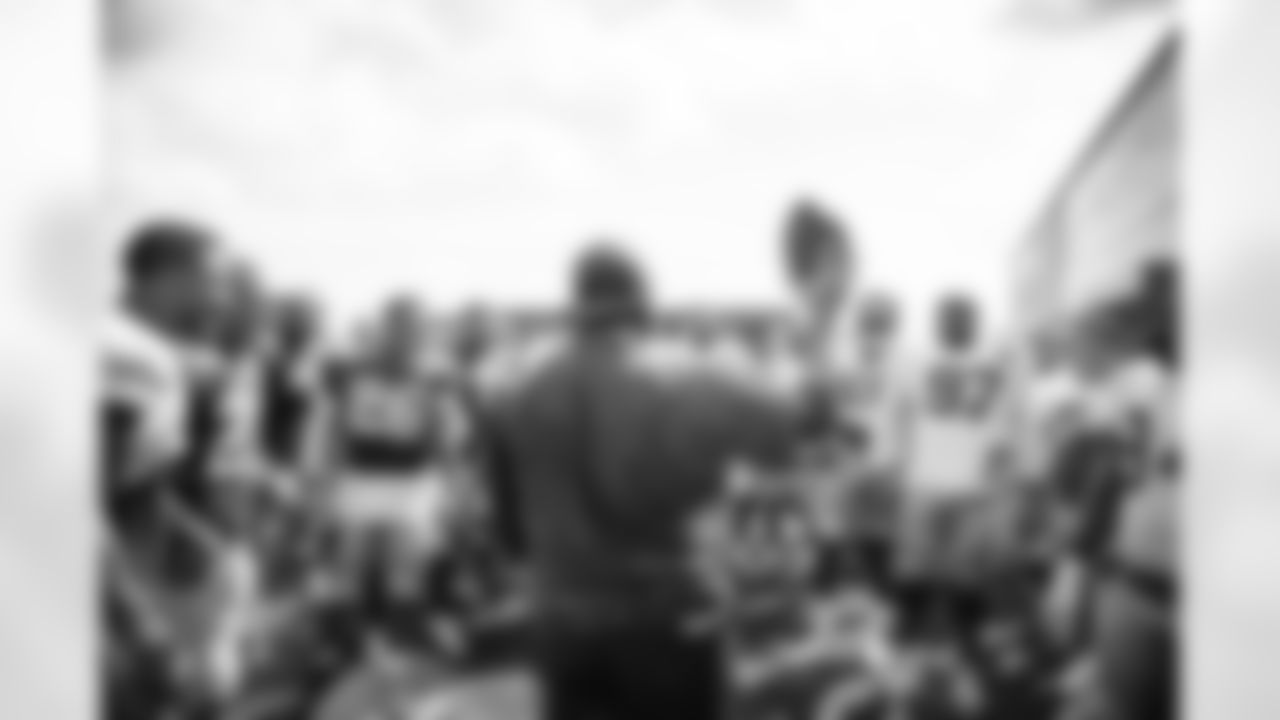
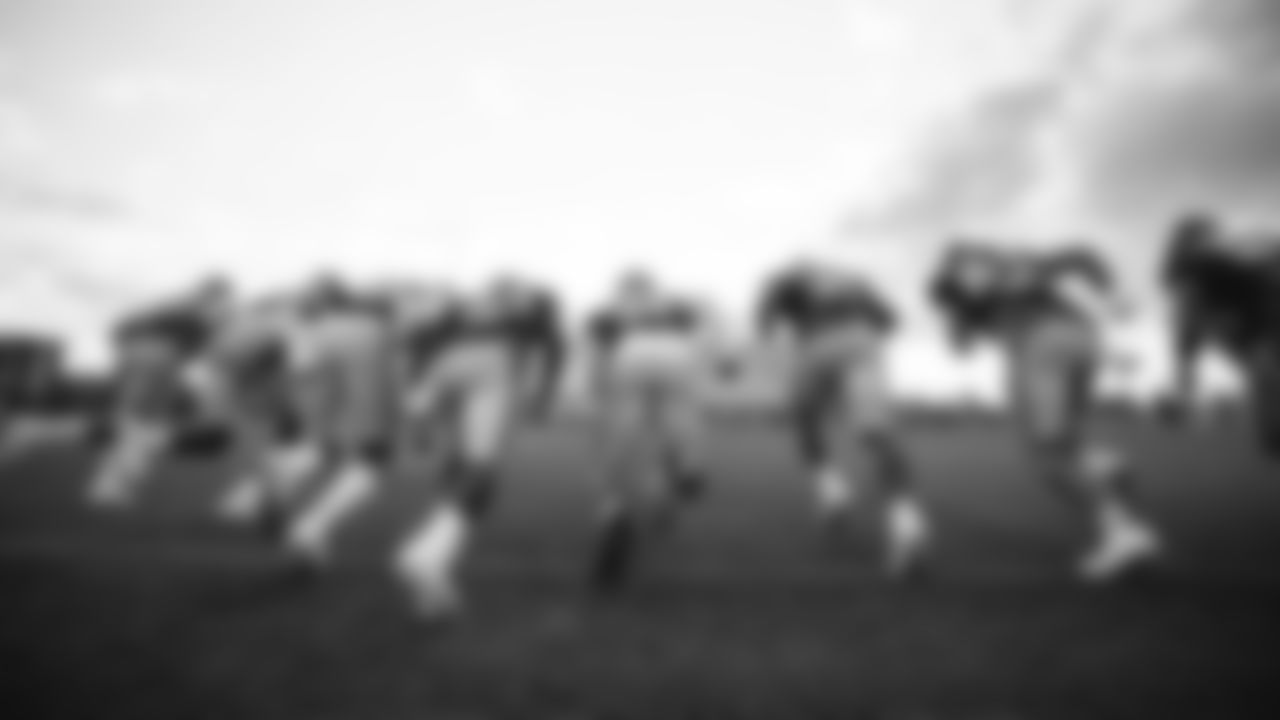
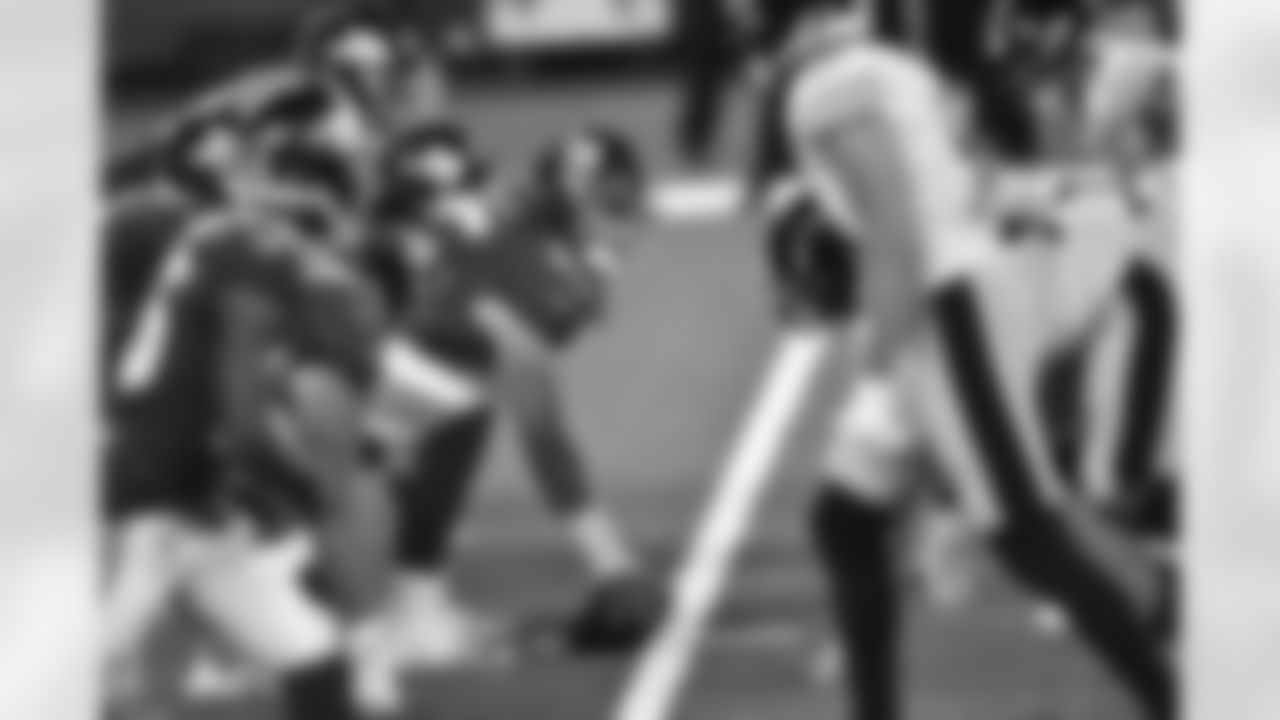
New York Giants guard Nick Gates (65) prepares to snap the ball during an NFL football game against the Pittsburgh Steelers, Monday, Sep. 14, 2020 in East Rutherford, N.J. (Alika Jenner/NFL)
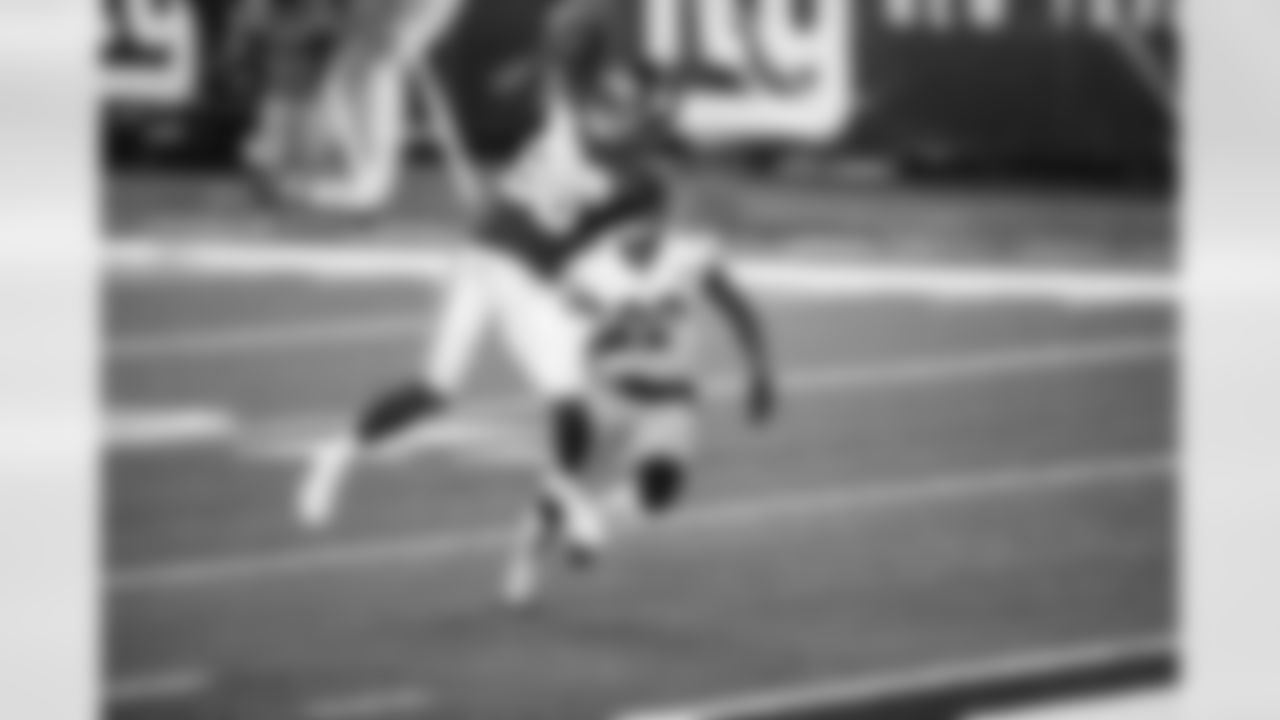
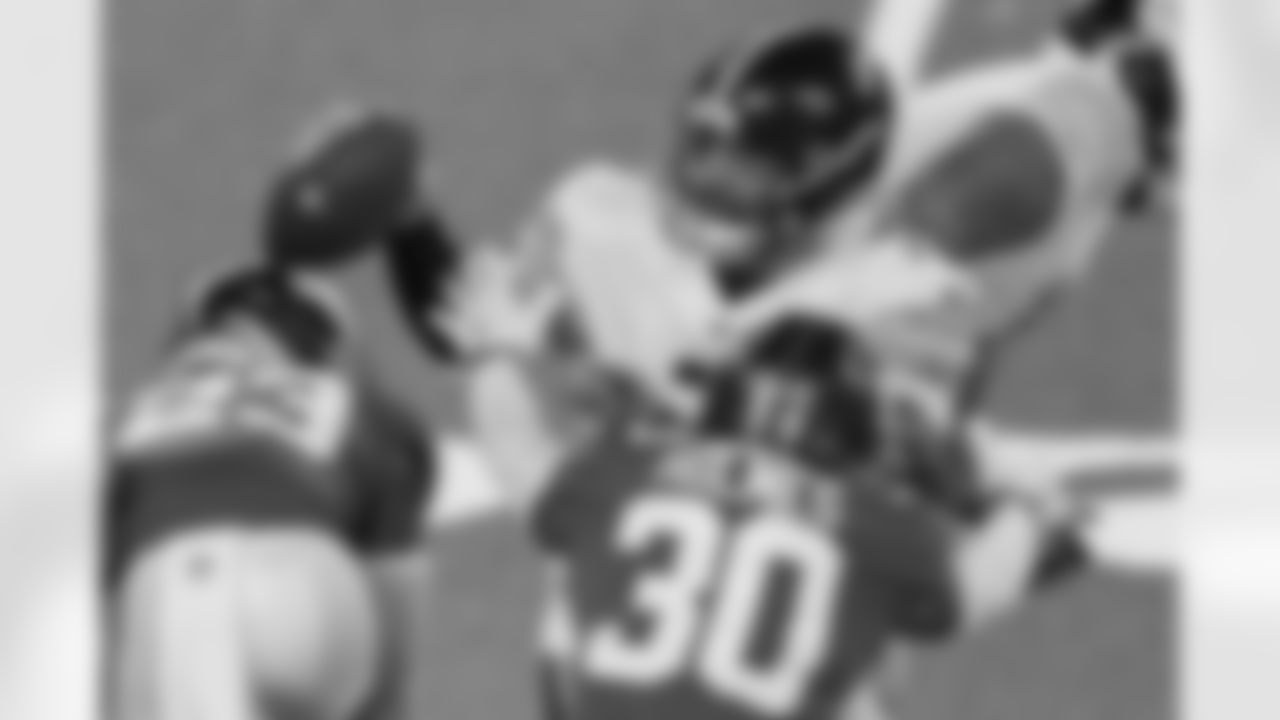
Pittsburgh Steelers quarterback Ben Roethlisberger (7) looks to pass under pressure from New York Giants cornerback Darnay Holmes (30) during the first quarter of an NFL football game Monday, Sept. 14, 2020, in East Rutherford, N.J. (AP Photo/Frank Franklin II)
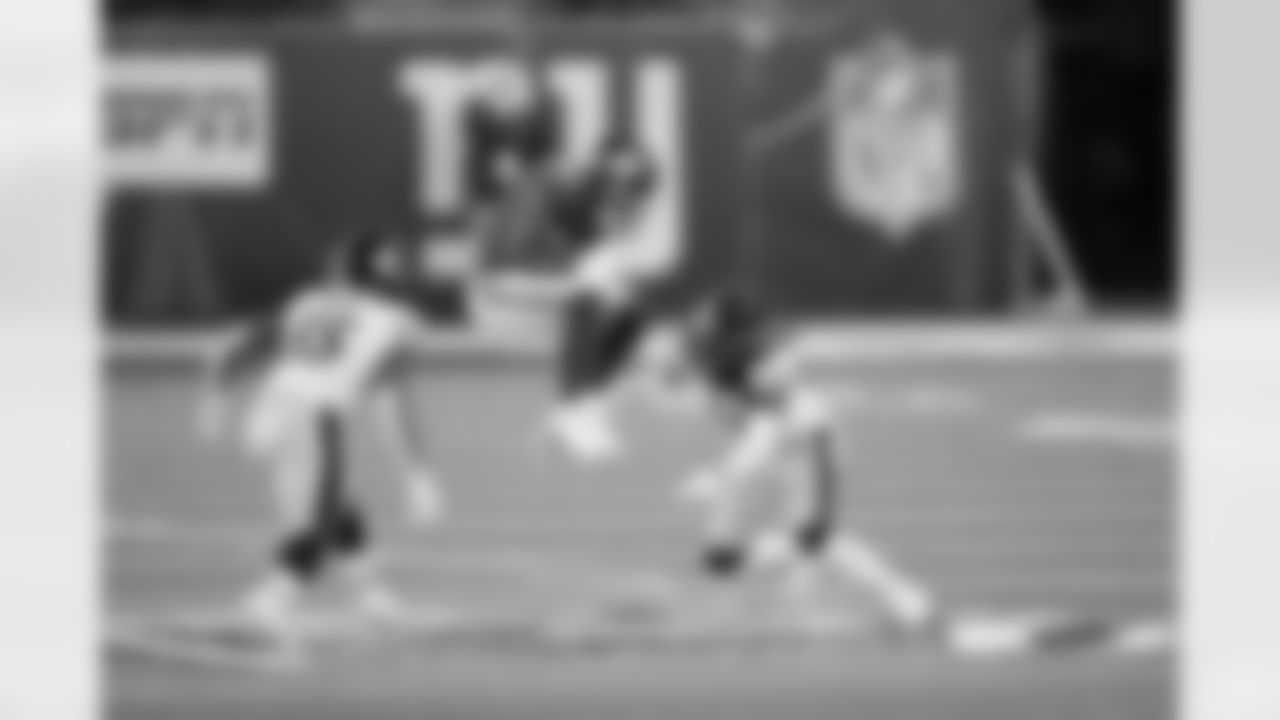
New York Giants wide receiver Sterling Shepard (87) makes a catch during an NFL football game against the Pittsburgh Steelers, Monday, Sep. 14, 2020 in East Rutherford, N.J. (Michael Owens/NFL)
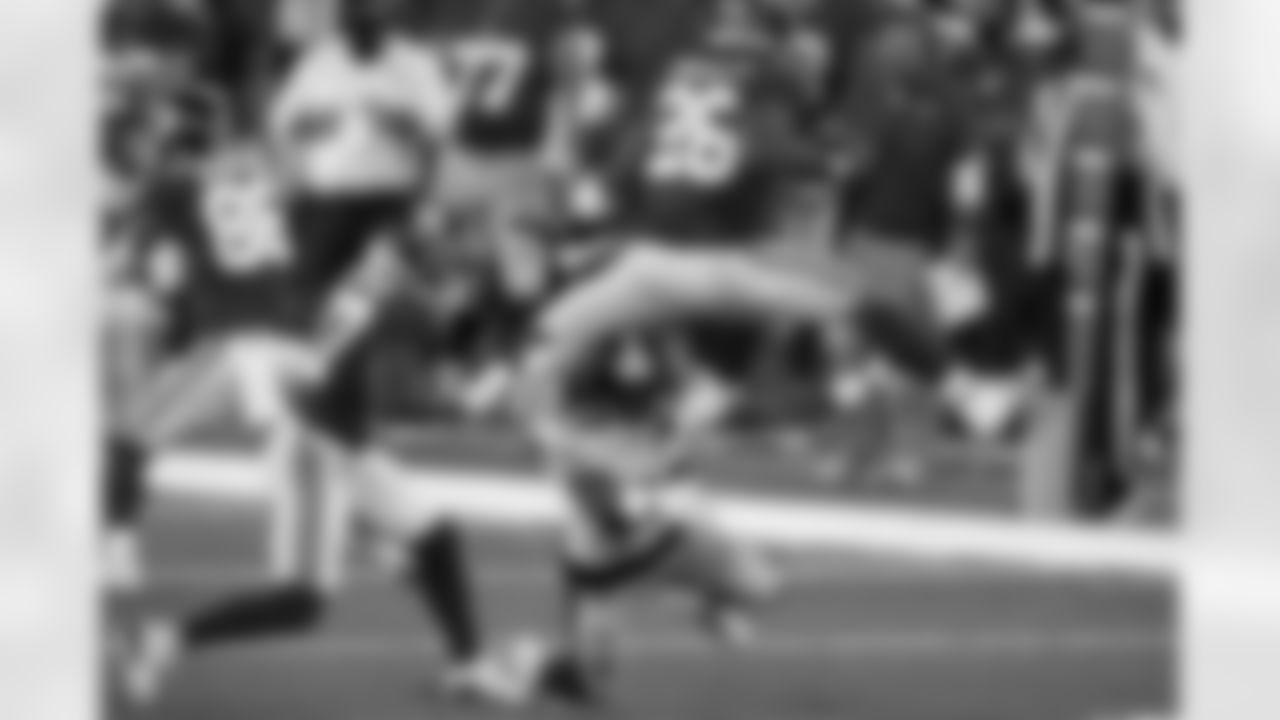
New York Giants running back Saquon Barkley (26) leaps over Pittsburgh Steelers cornerback Mike Hilton (28) during an NFL football game, Monday, Sept. 14, 2020, in East Rutherford, N.J. (AP Photo/Adam Hunger)
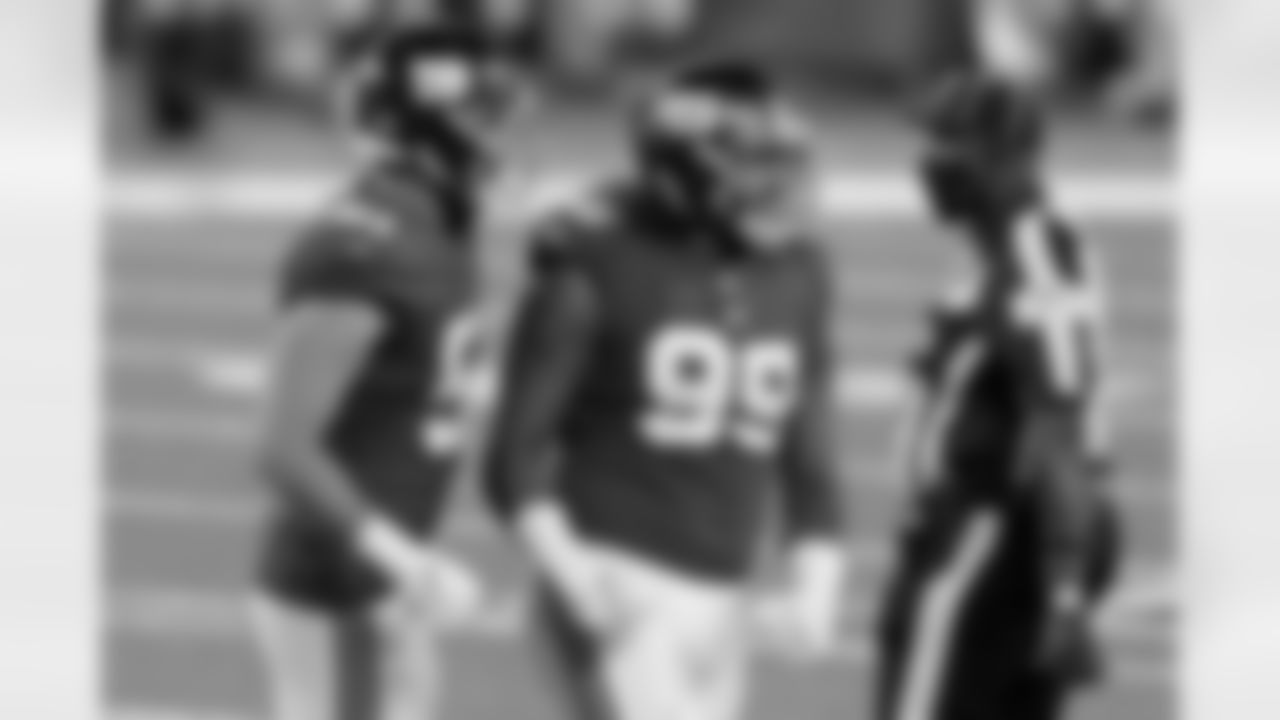
New York Giants defensive end Leonard Williams (99) reacts with linebacker Kyler Fackrell (51) after a defensive play against the Pittsburgh Steelers during the fourth quarter of an NFL football game Monday, Sept. 14, 2020, in East Rutherford, N.J. (AP Photo/Frank Franklin II)
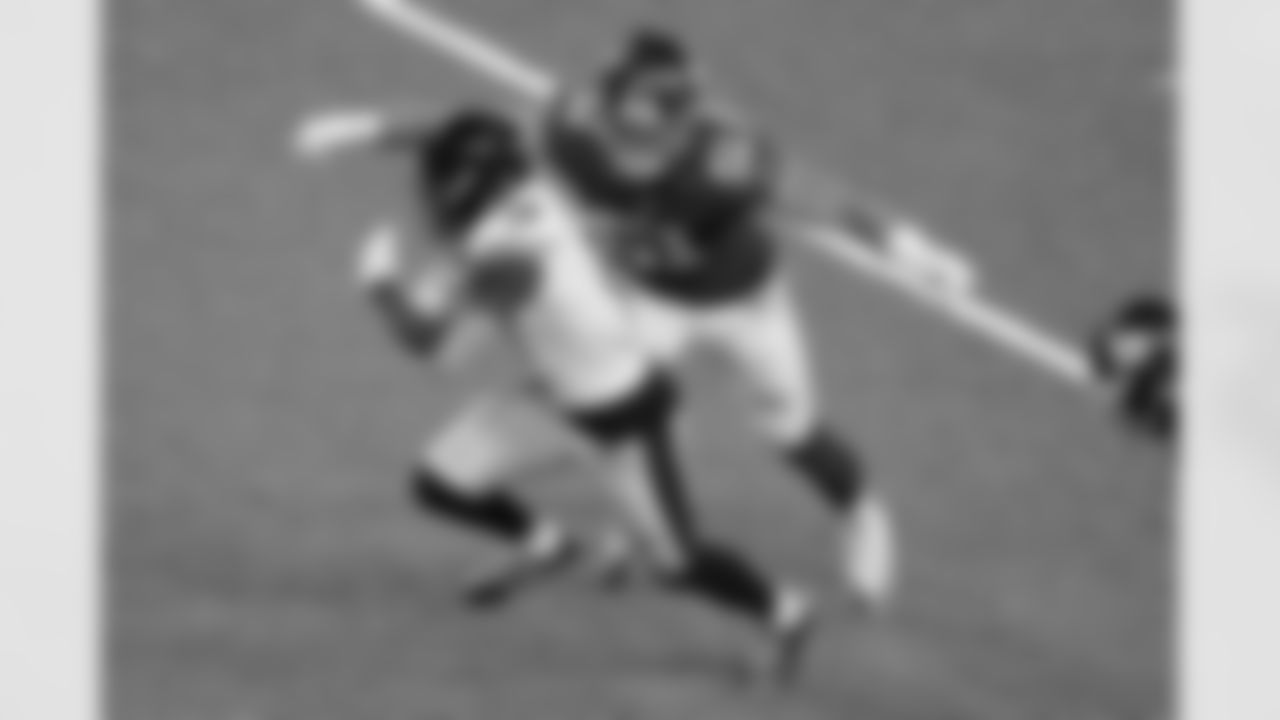
Pittsburgh Steelers wide receiver Diontae Johnson (18) runs the ball against New York Giants linebacker Kyler Fackrell (51) during the fourth quarter of an NFL football game Monday, Sept. 14, 2020, in East Rutherford, N.J. (AP Photo/Frank Franklin II)
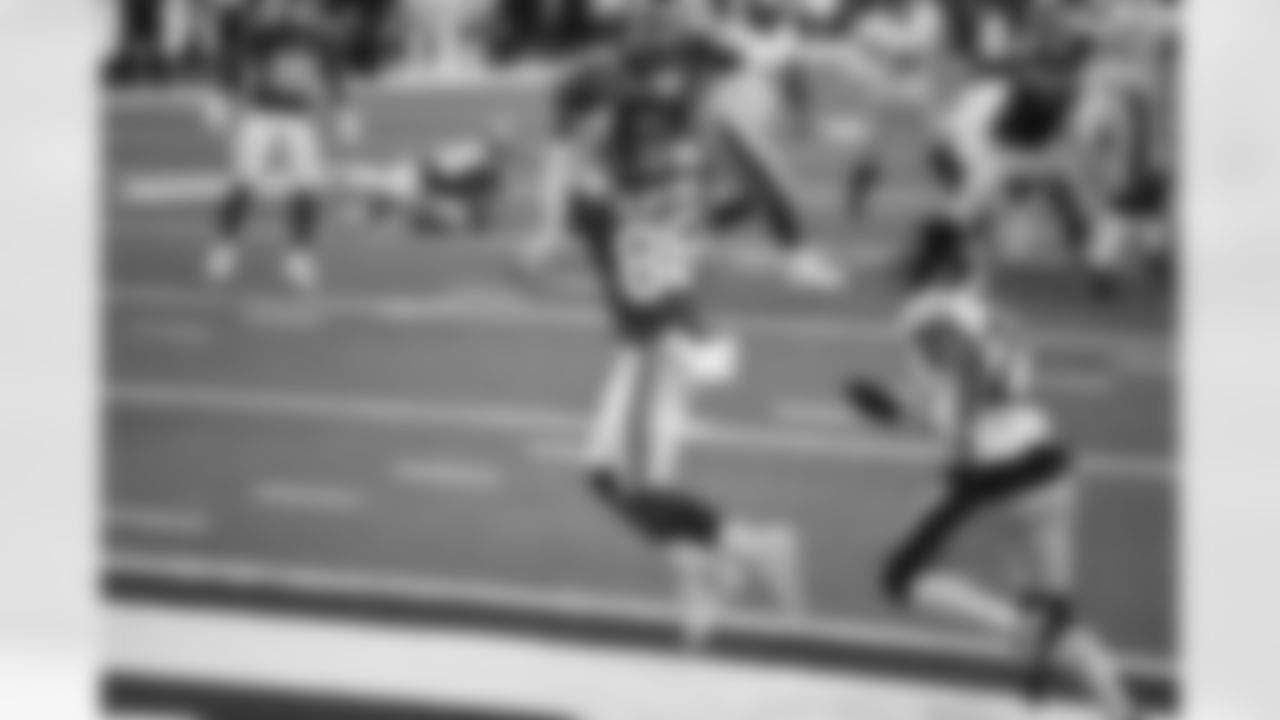
New York Giants wide receiver Darius Slayton (86) catches a touchdown pass during an NFL football game against the Pittsburgh Steelers, Monday, Sep. 14, 2020 in East Rutherford, N.J. (Alika Jenner/NFL)
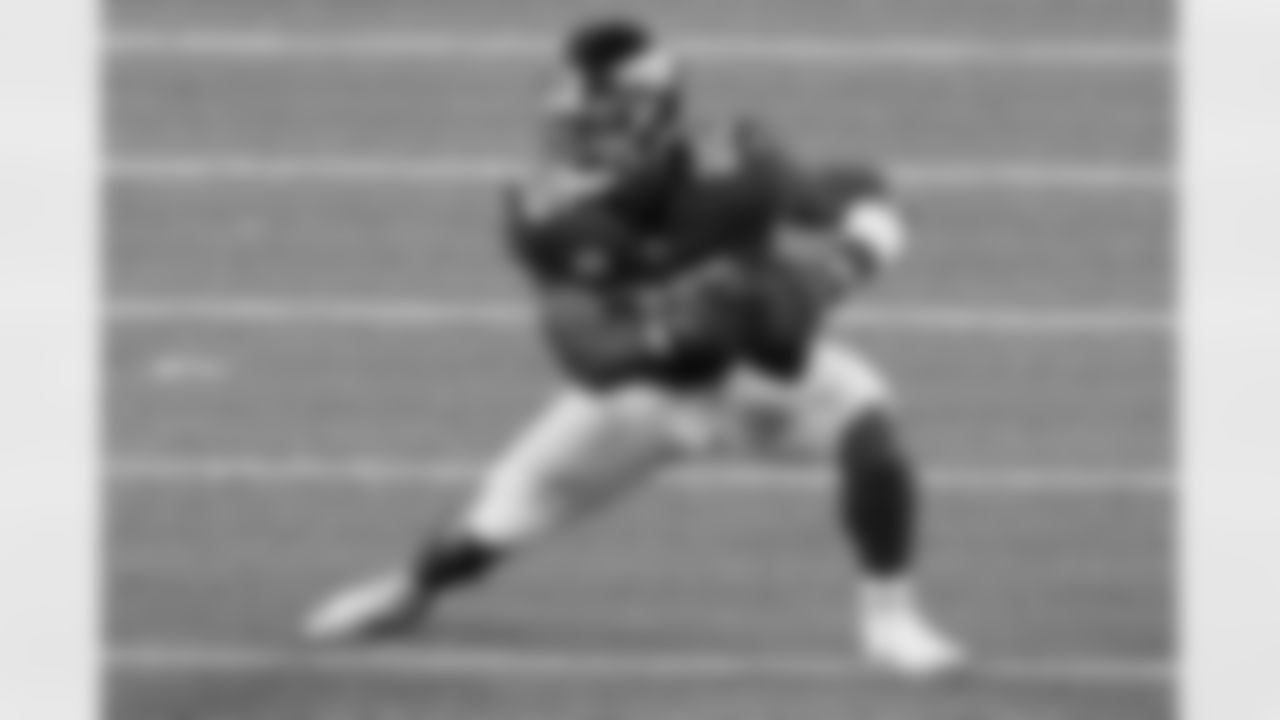
New York Giants running back Saquon Barkley (26) runs the ball against the Pittsburgh Steelers during the third quarter of an NFL football game Monday, Sept. 14, 2020, in East Rutherford, N.J. (AP Photo/Seth Wenig)
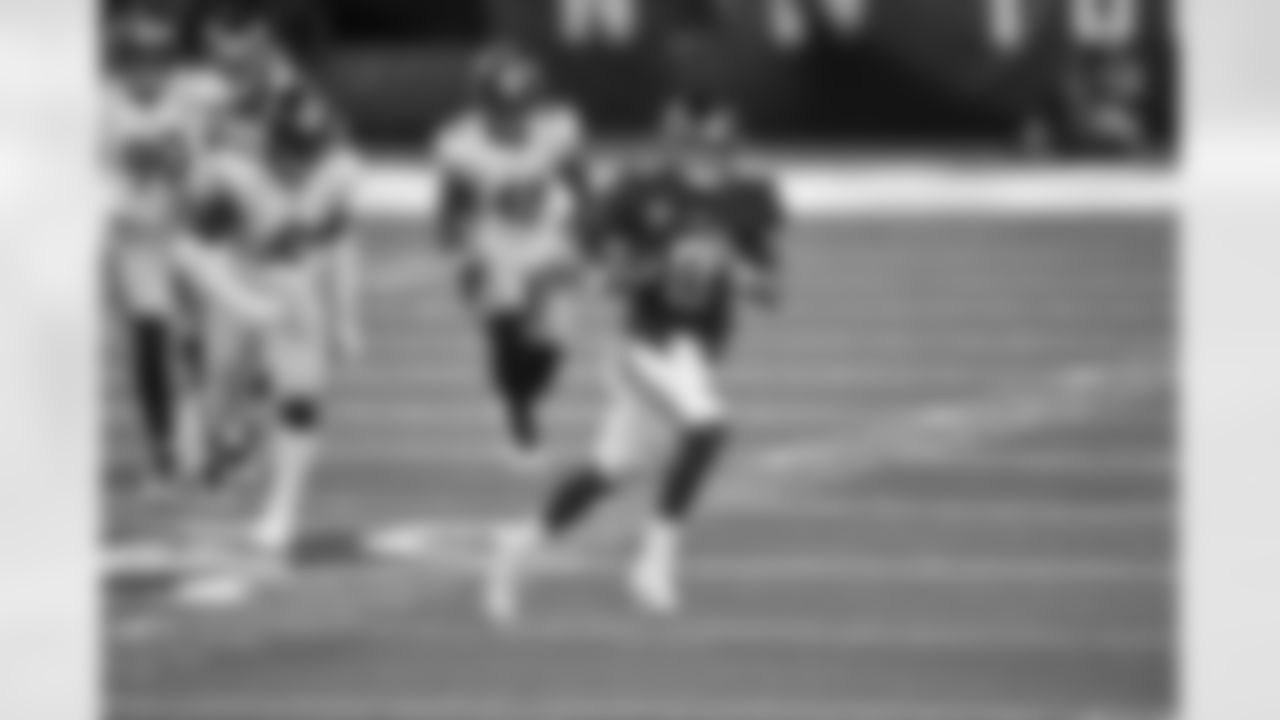
New York Giants quarterback Daniel Jones (8) scrambles during an NFL football game against the Pittsburgh Steelers, Monday, Sep. 14, 2020 in East Rutherford, N.J. (Alika Jenner/NFL)
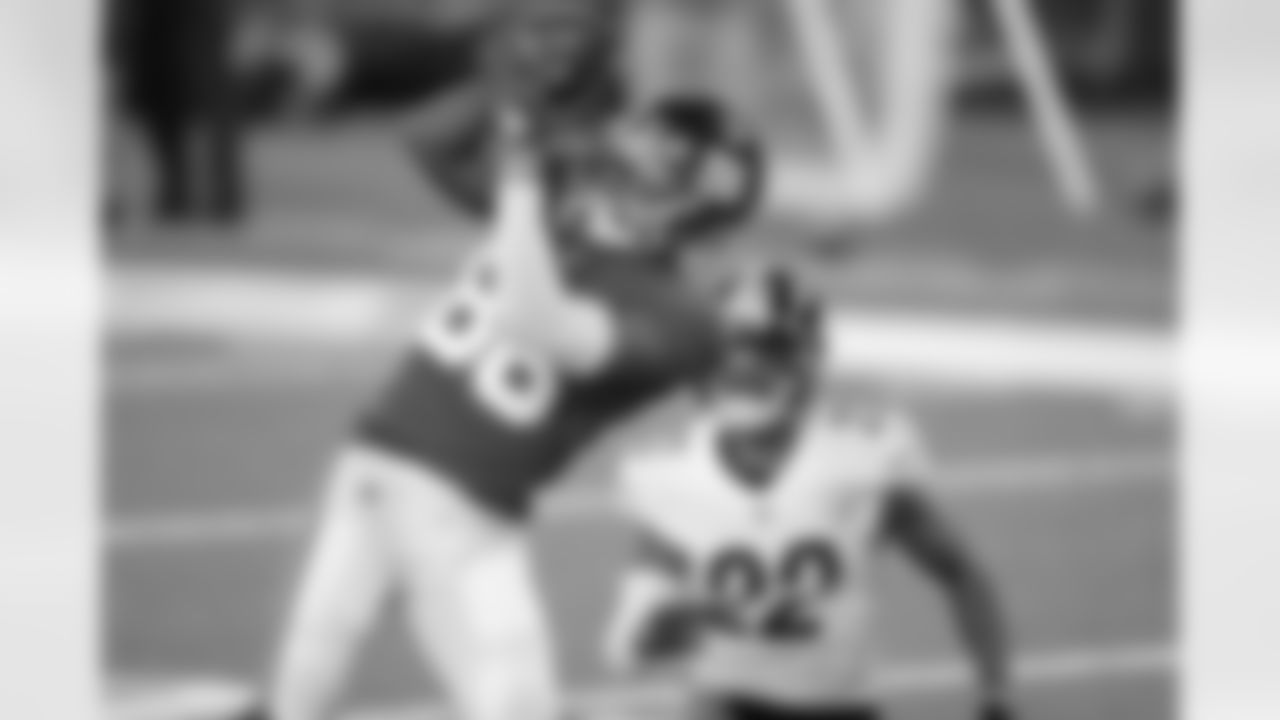
New York Giants wide receiver Darius Slayton (86) catches a touchdown pass during an NFL football game against the Pittsburgh Steelers, Monday, Sep. 14, 2020 in East Rutherford, N.J. (Michael Owens/NFL)
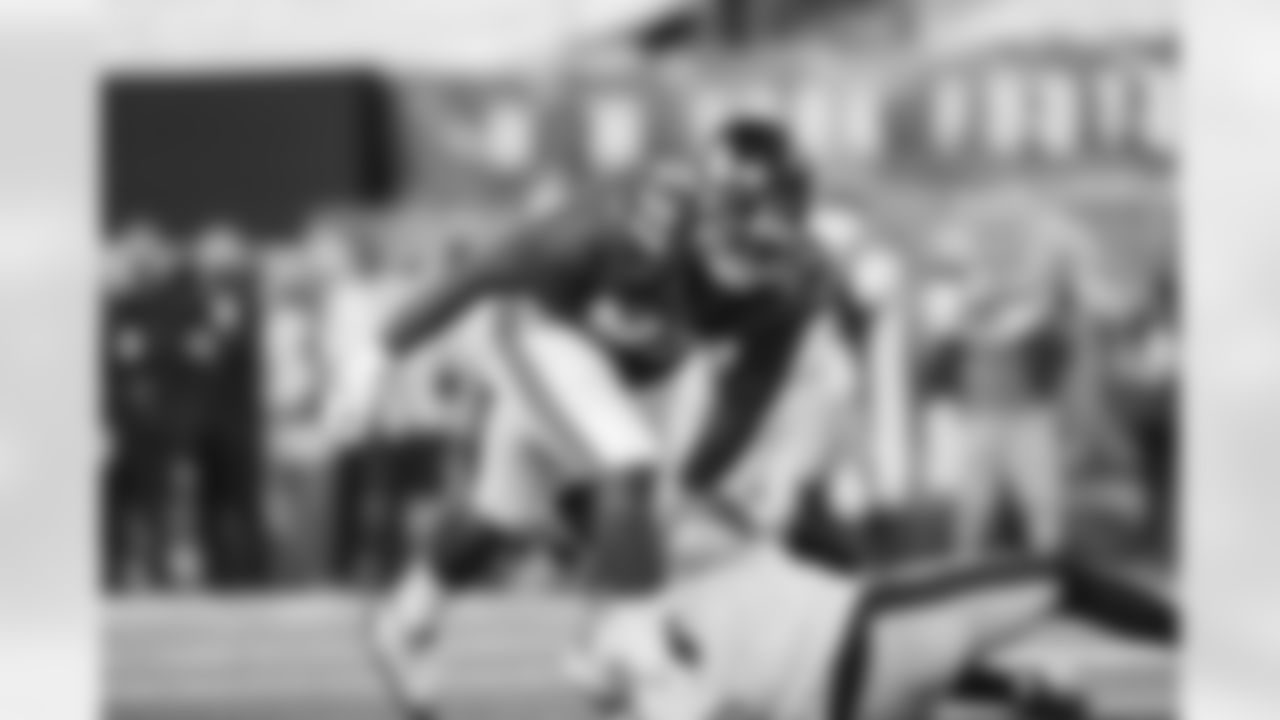
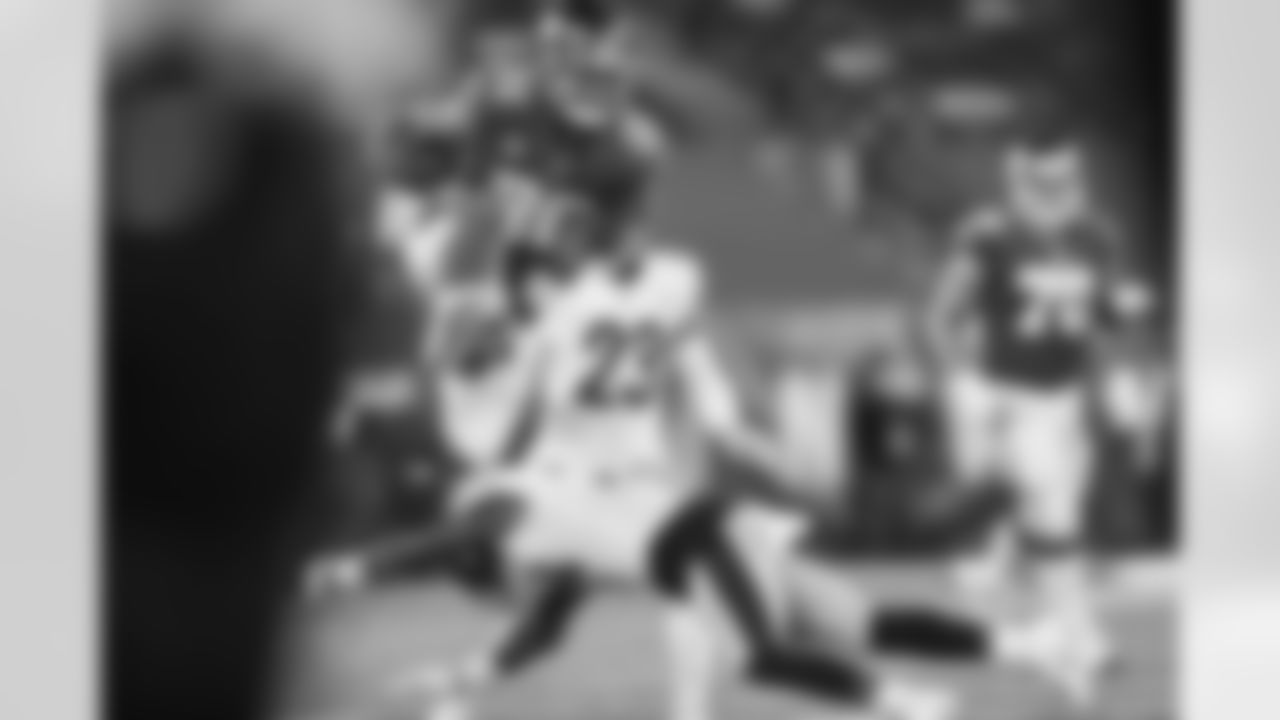
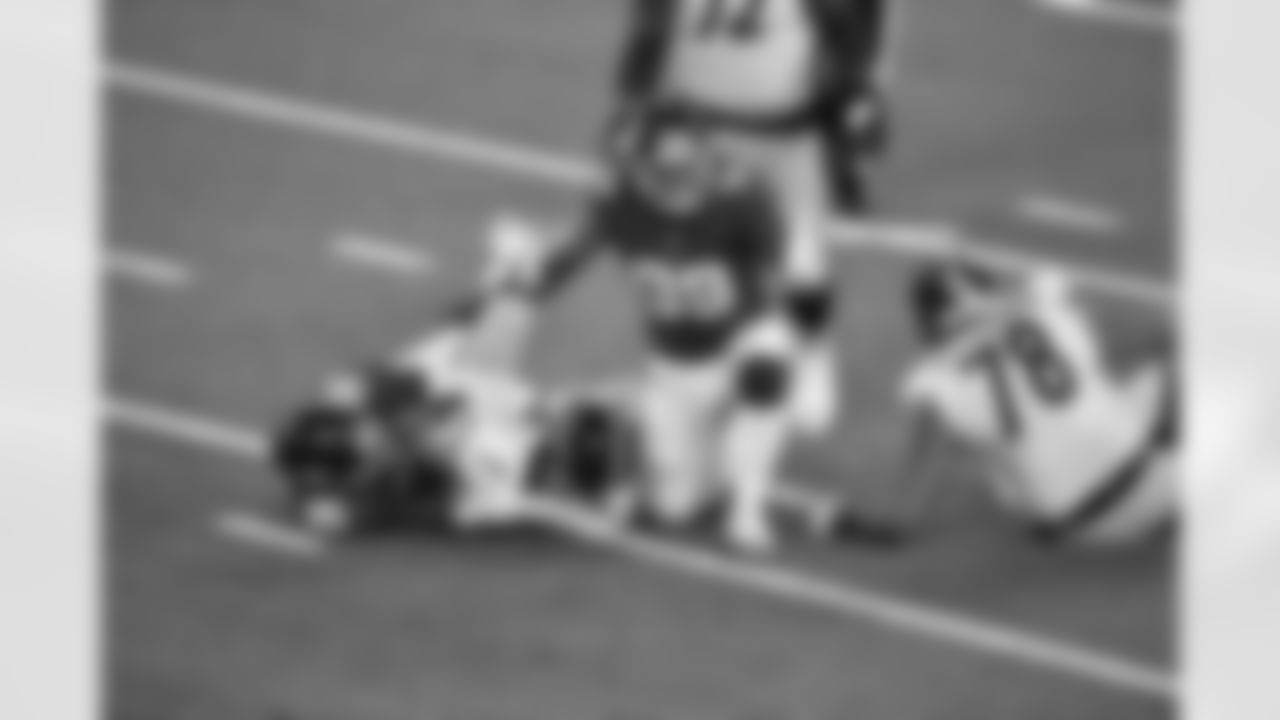
Pittsburgh Steelers quarterback Ben Roethlisberger (7) gets sacked by New York Giants defensive end Leonard Williams (99) and defensive tackle B.J. Hill (95) during an NFL football game, Monday, Sep. 14, 2020 in East Rutherford, N.J. (Alika Jenner/NFL)
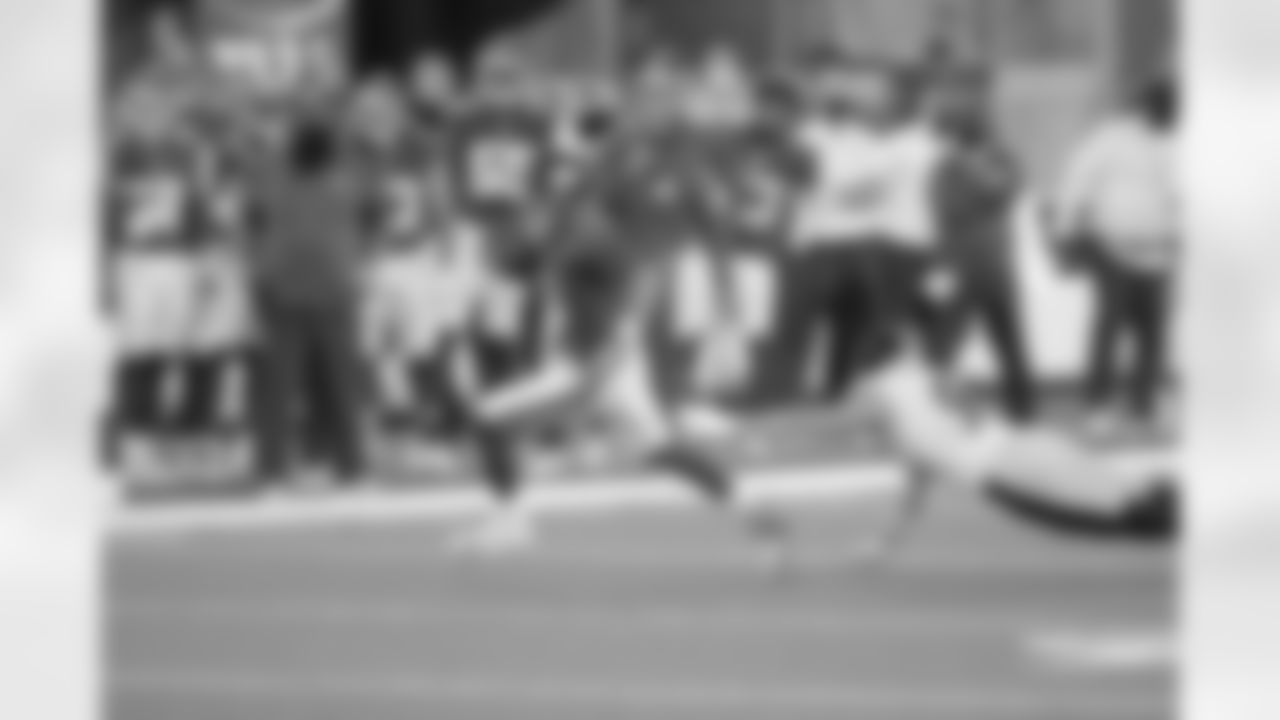
New York Giants quarterback Daniel Jones (8) runs the ball during an NFL football game against the Pittsburgh Steelers, Monday, Sep. 14, 2020 in East Rutherford, N.J. (Michael Owens/NFL)
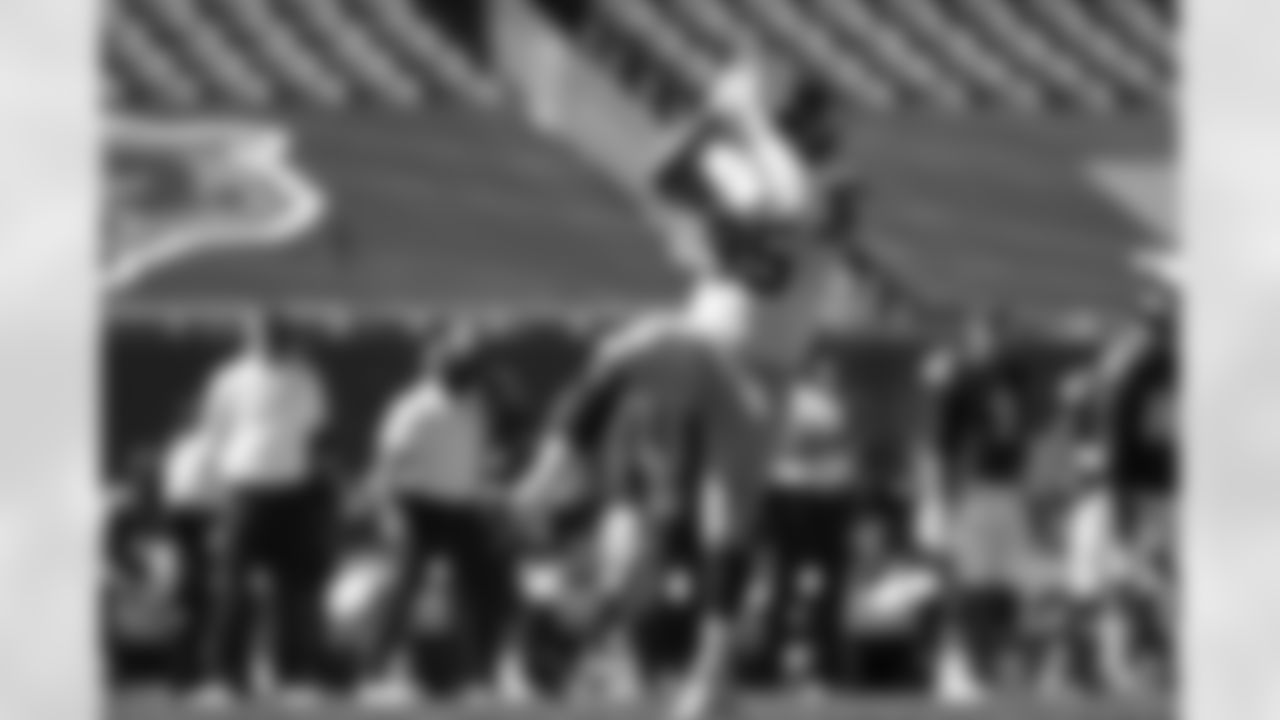
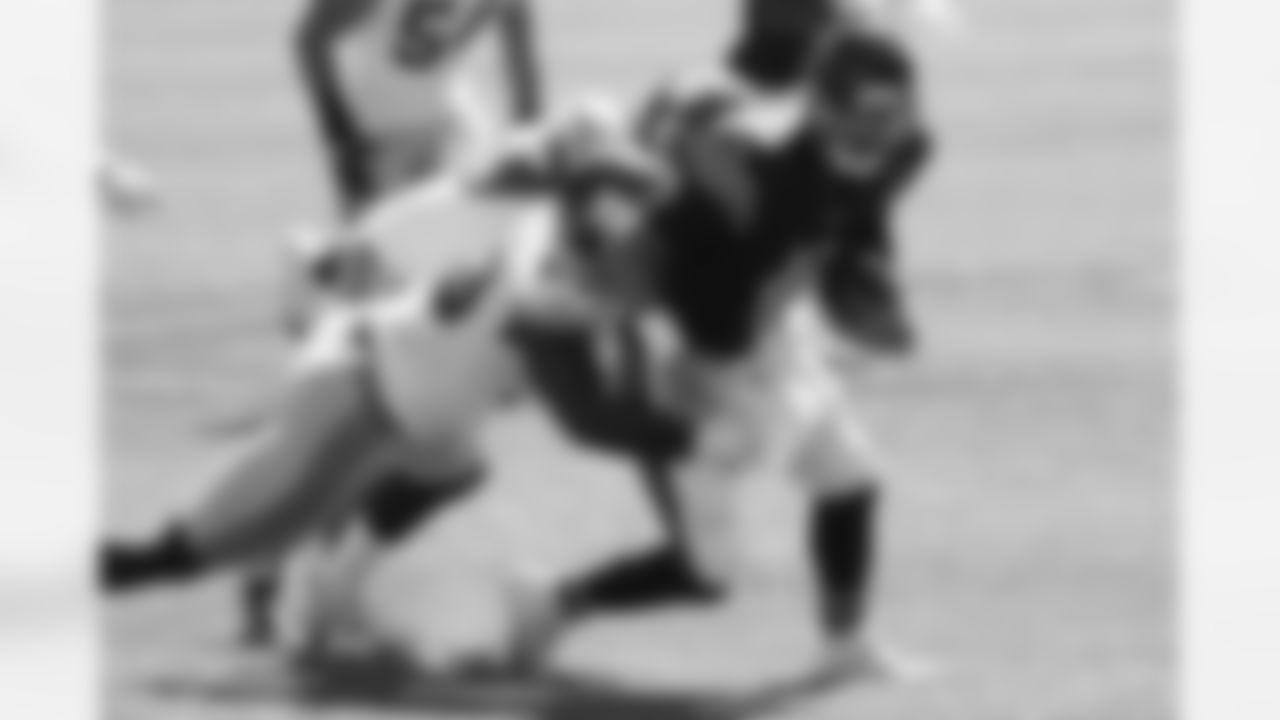
New York Giants linebacker Lorenzo Carter (59) sacks Chicago Bears quarterback Mitchell Trubisky (10) during the first half of an NFL football game in Chicago, Sunday, Sept. 20, 2020. (AP Photo/Nam Y. Huh)
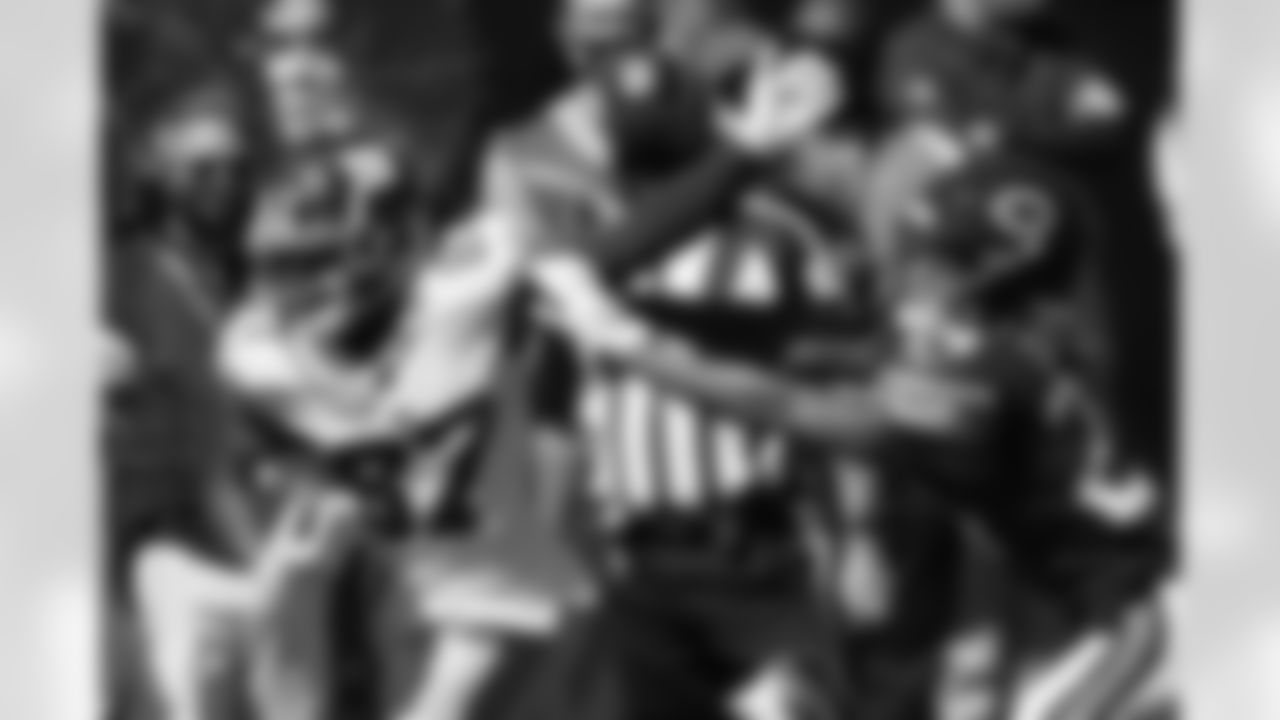
New York Giants wide receiver Sterling Shepard (87) is pushed by Chicago Bears cornerback Buster Skrine (24) during the first half of an NFL football game in Chicago, Sunday, Sept. 20, 2020. (AP Photo/Charles Rex Arbogast)
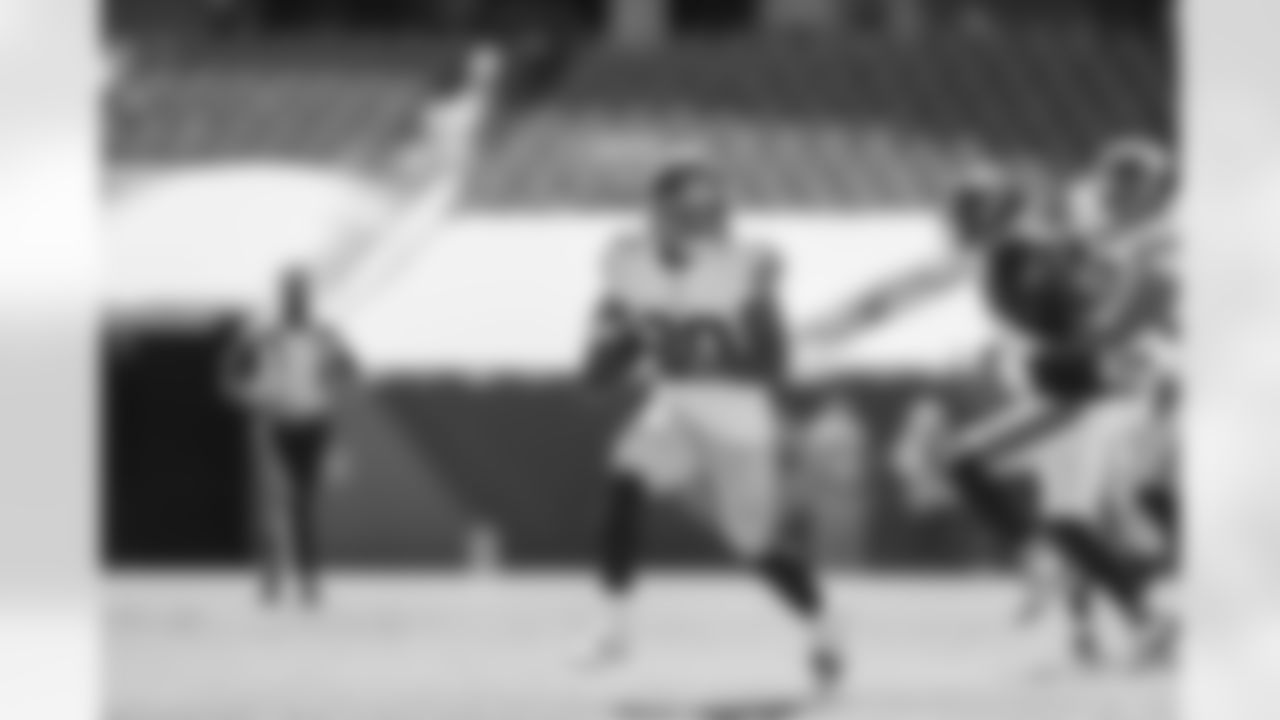
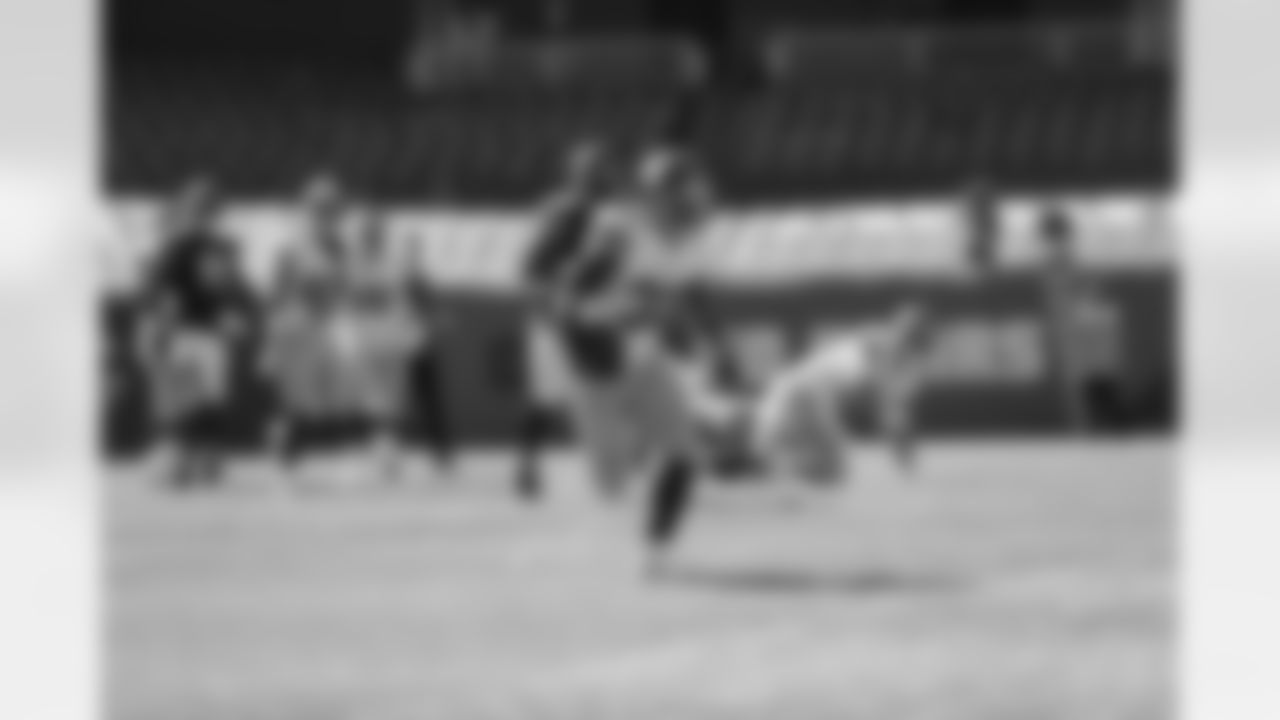
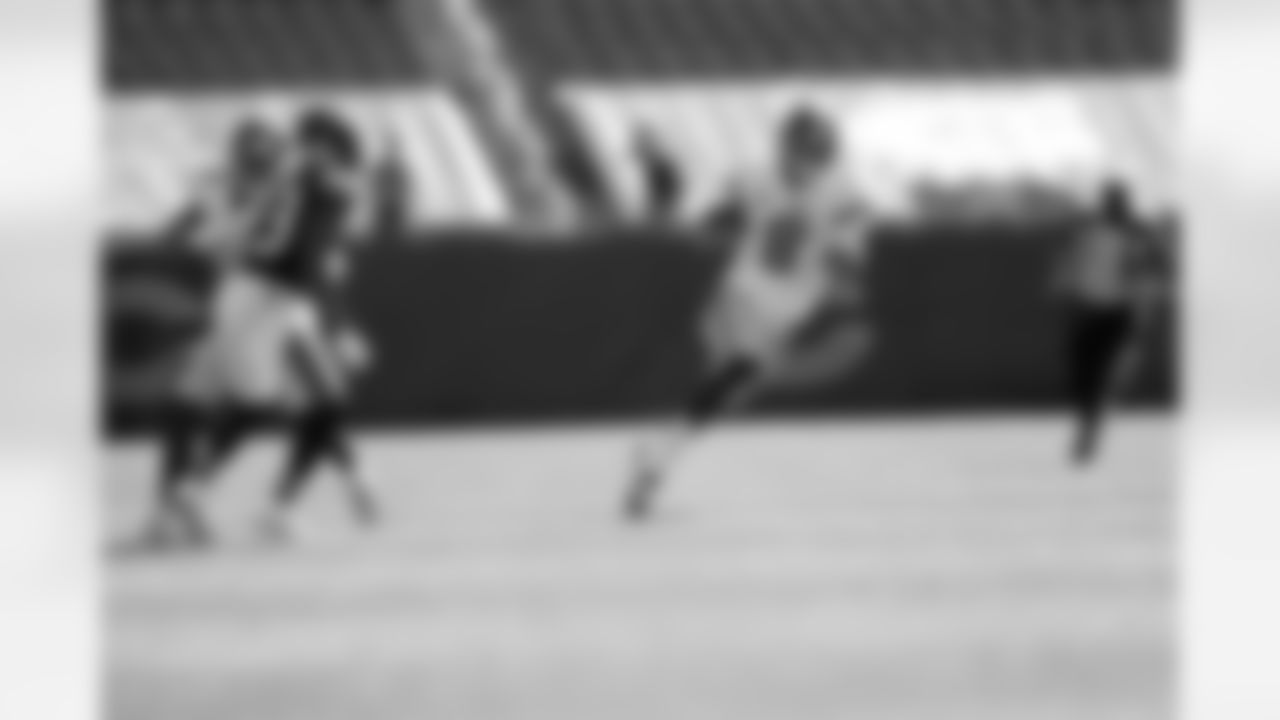
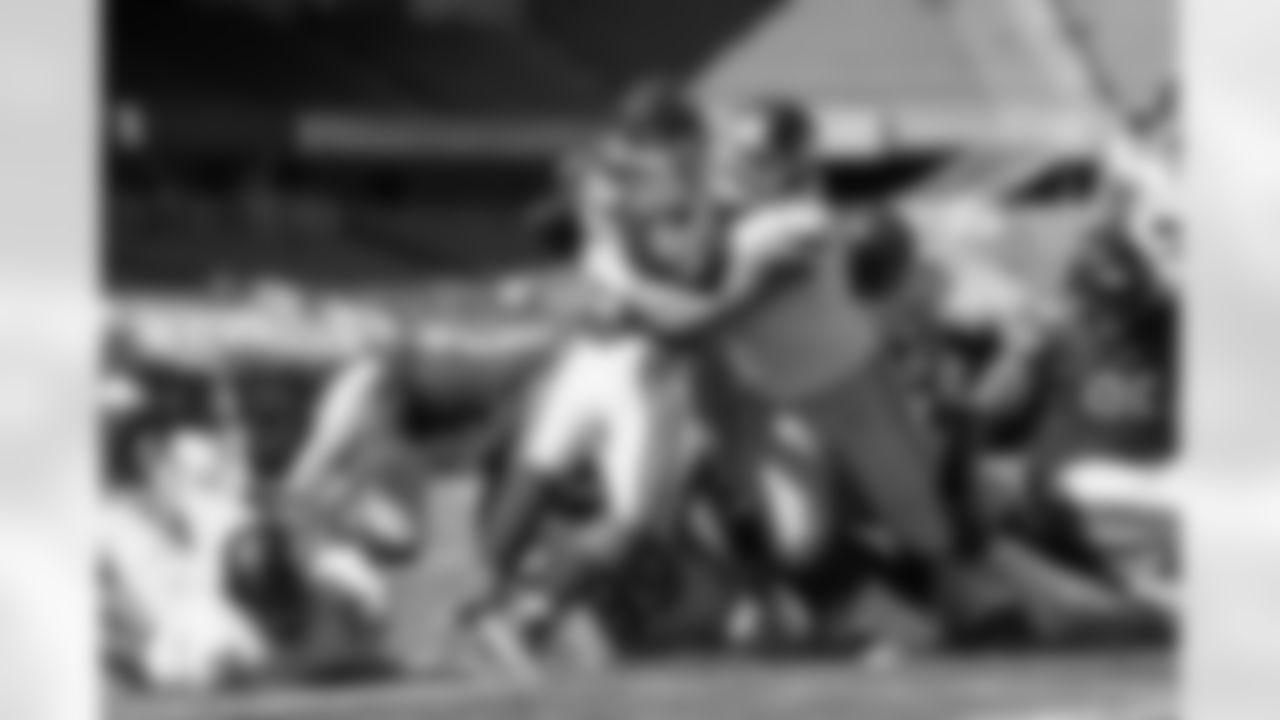
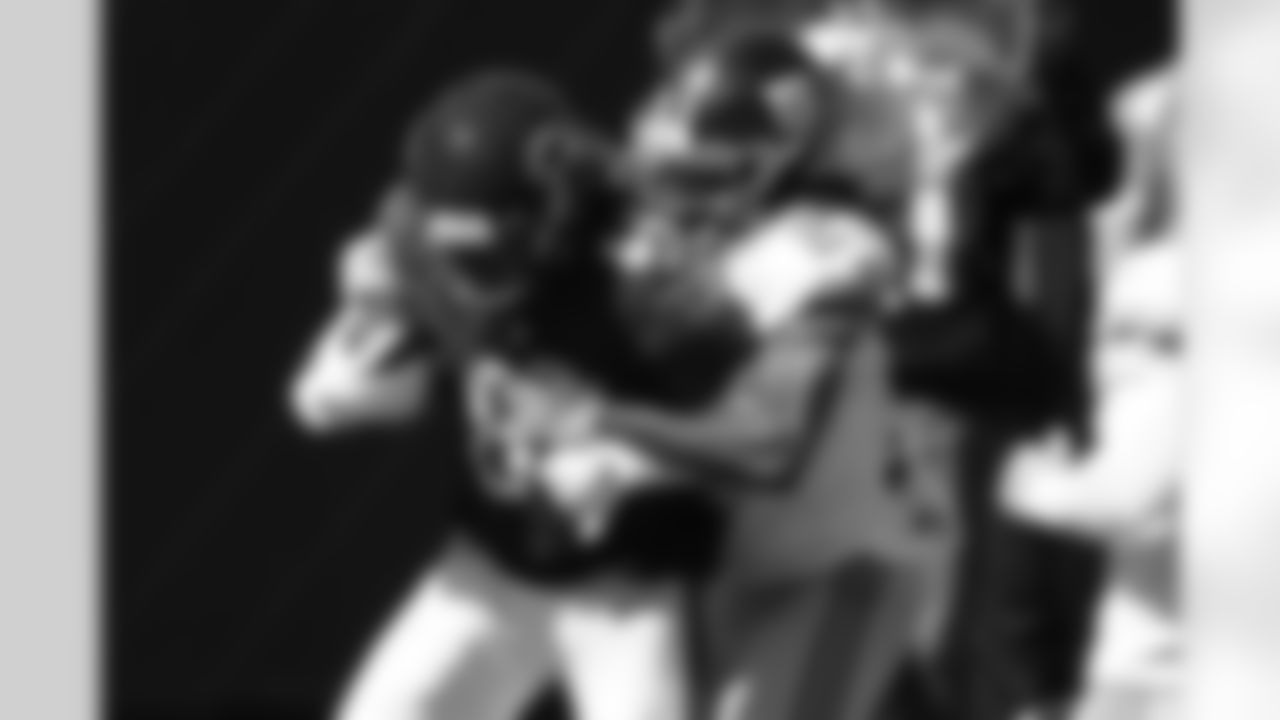
Chicago Bears wide receiver Cordarrelle Patterson (84) is tackled by New York Giants cornerback Isaac Yiadom (27) during the second half of an NFL football game in Chicago, Sunday, Sept. 20, 2020. (AP Photo/Charles Rex Arbogast)
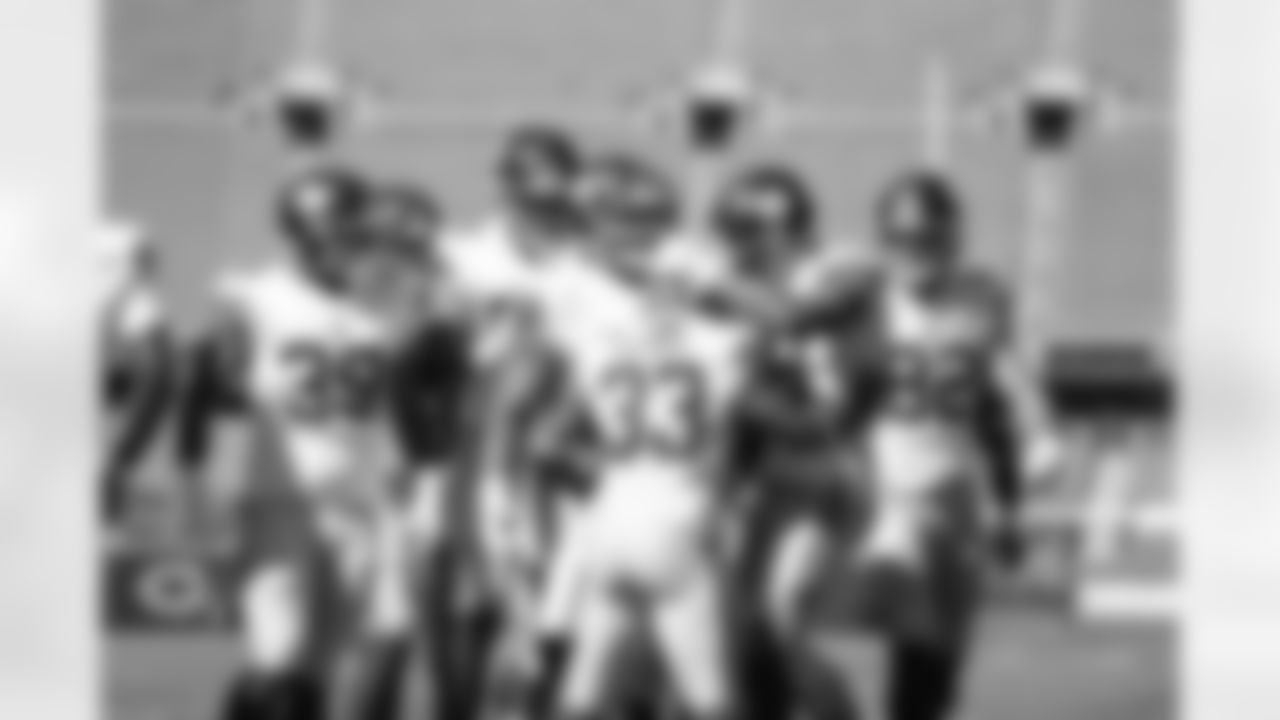
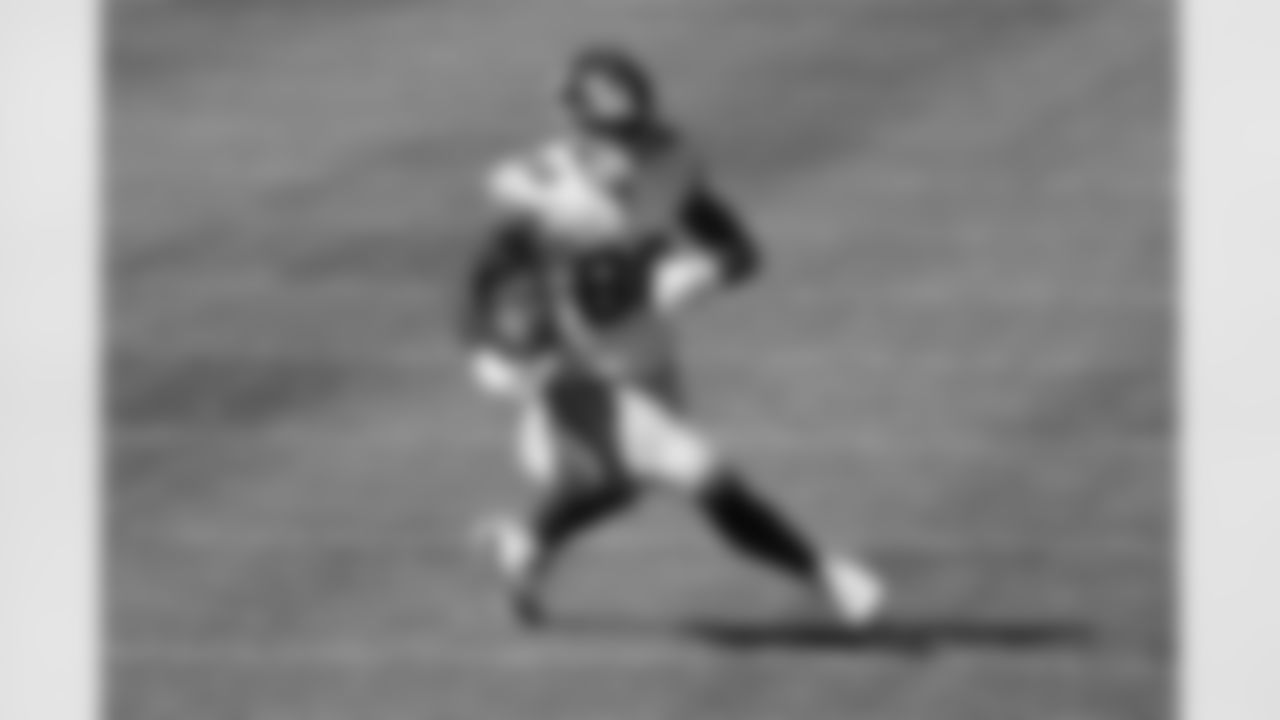
New York Giants tight end Evan Engram (88) runs after a catch against the Chicago Bears during the second half of an NFL football game in Chicago, Sunday, Sept. 20, 2020. (AP Photo/Charles Rex Arbogast)
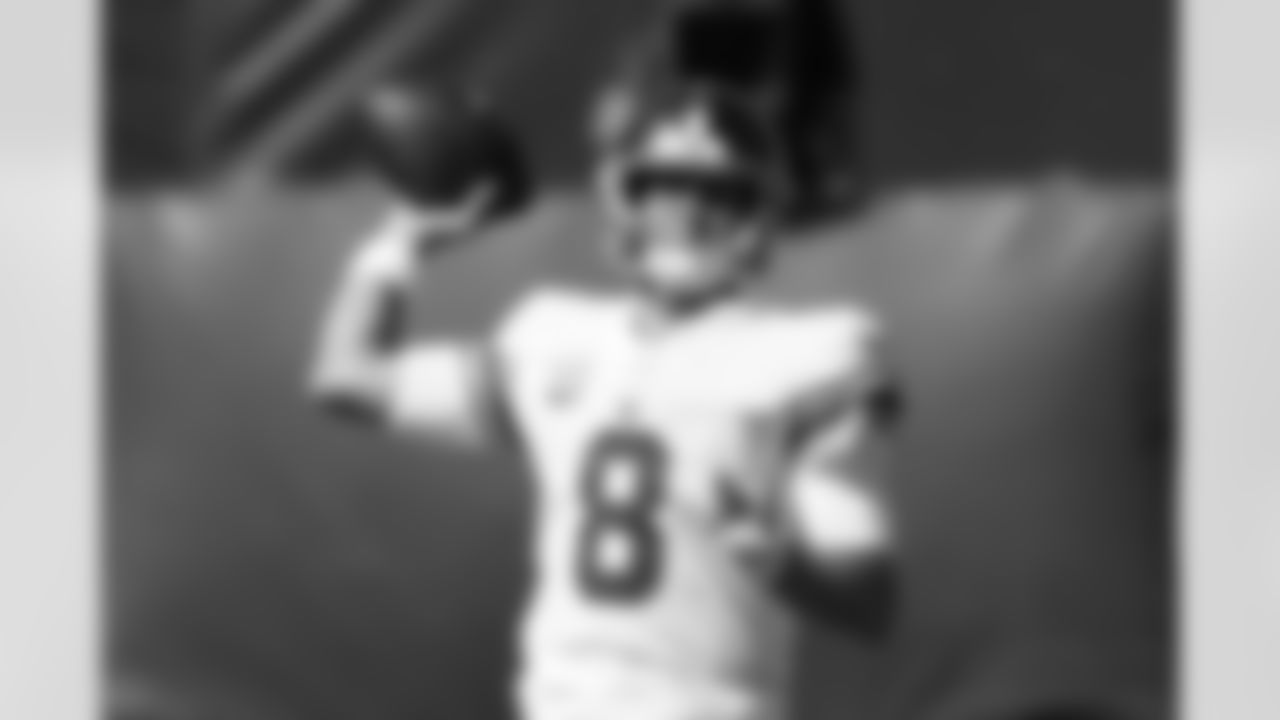
QB Daniel Jones
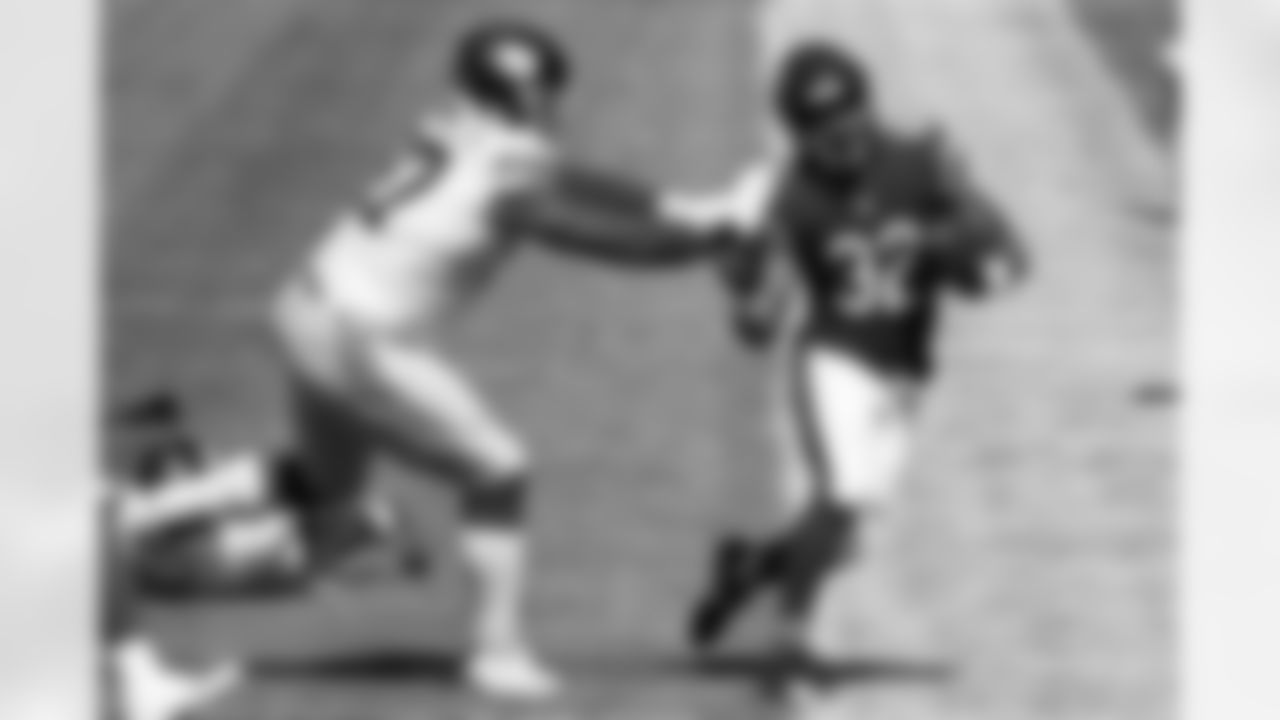
New York Giants defensive tackle Dexter Lawrence (97) pushes Chicago Bears running back David Montgomery (32) out of bounds during the first half of an NFL football game in Chicago, Sunday, Sept. 20, 2020. (AP Photo/Charles Rex Arbogast)
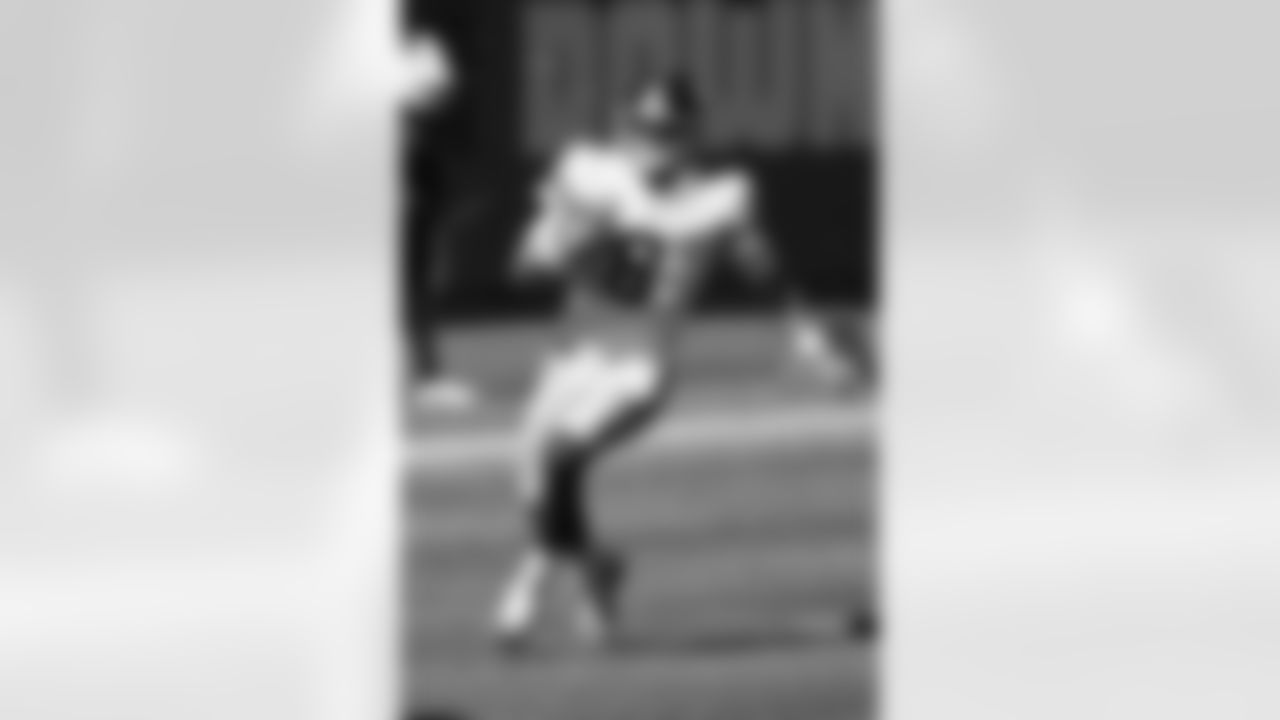
New York Giants quarterback Daniel Jones (8) runs the ball against the Chicago Bears during the first half of an NFL football game in Chicago, Sunday, Sept. 20, 2020. (AP Photo/Charles Rex Arbogast)
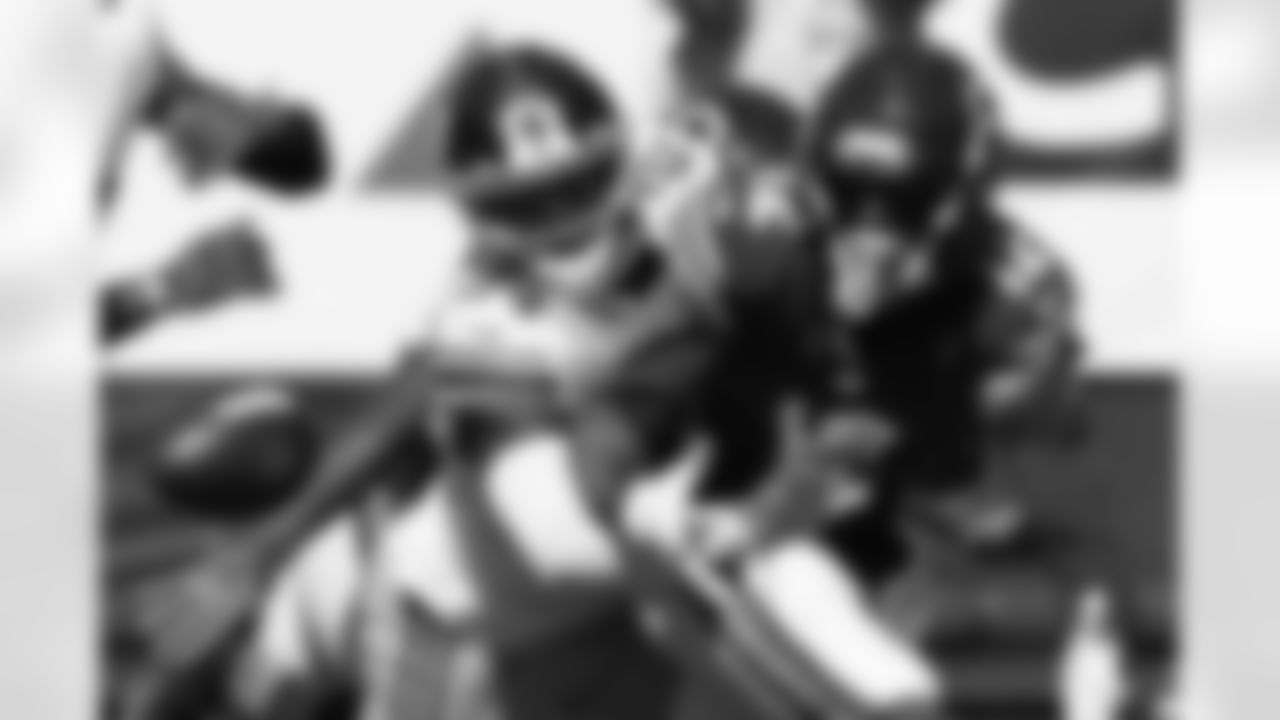
New York Giants cornerback James Bradberry (24) defends Chicago Bears wide receiver Allen Robinson (12) during the first half of an NFL football game in Chicago, Sunday, Sept. 20, 2020. (AP Photo/Charles Rex Arbogast)
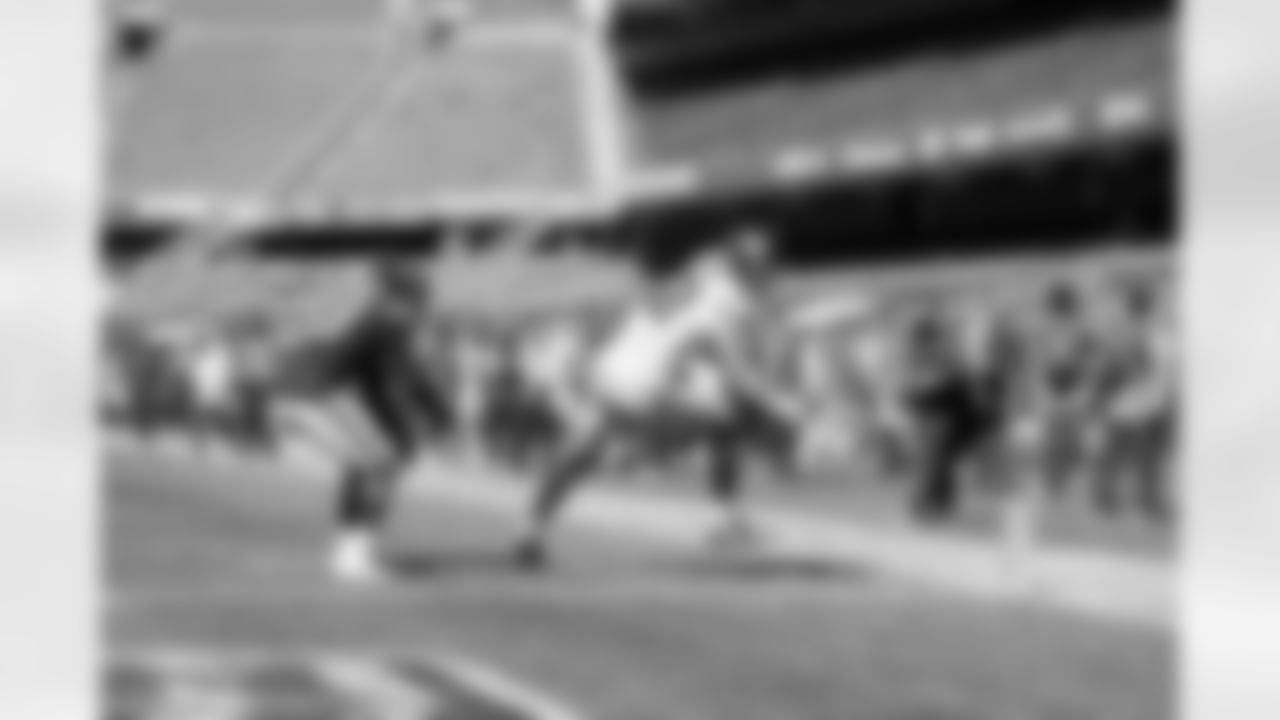
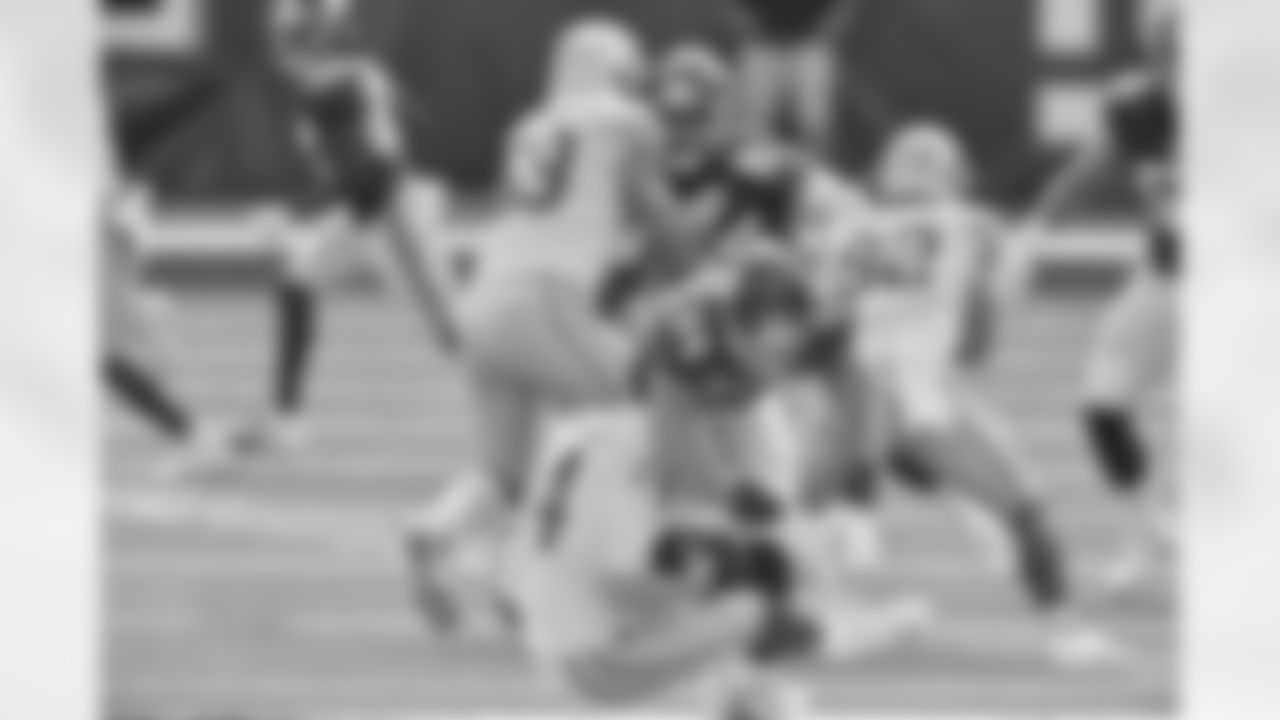
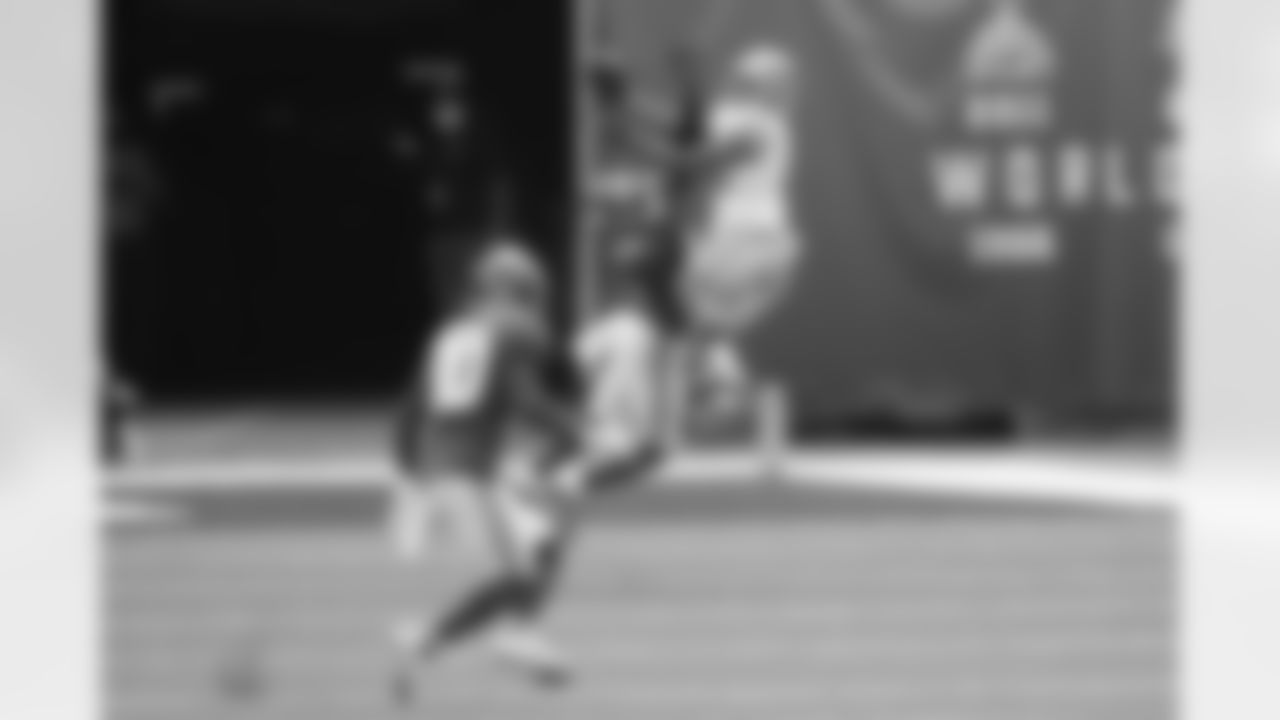
San Francisco 49ers' Jordan Reed, right, tries to grab a pass over New York Giants' Logan Ryan during the first half of an NFL football game, Sunday, Sept. 27, 2020, in East Rutherford, N.J. (AP Photo/Corey Sipkin)
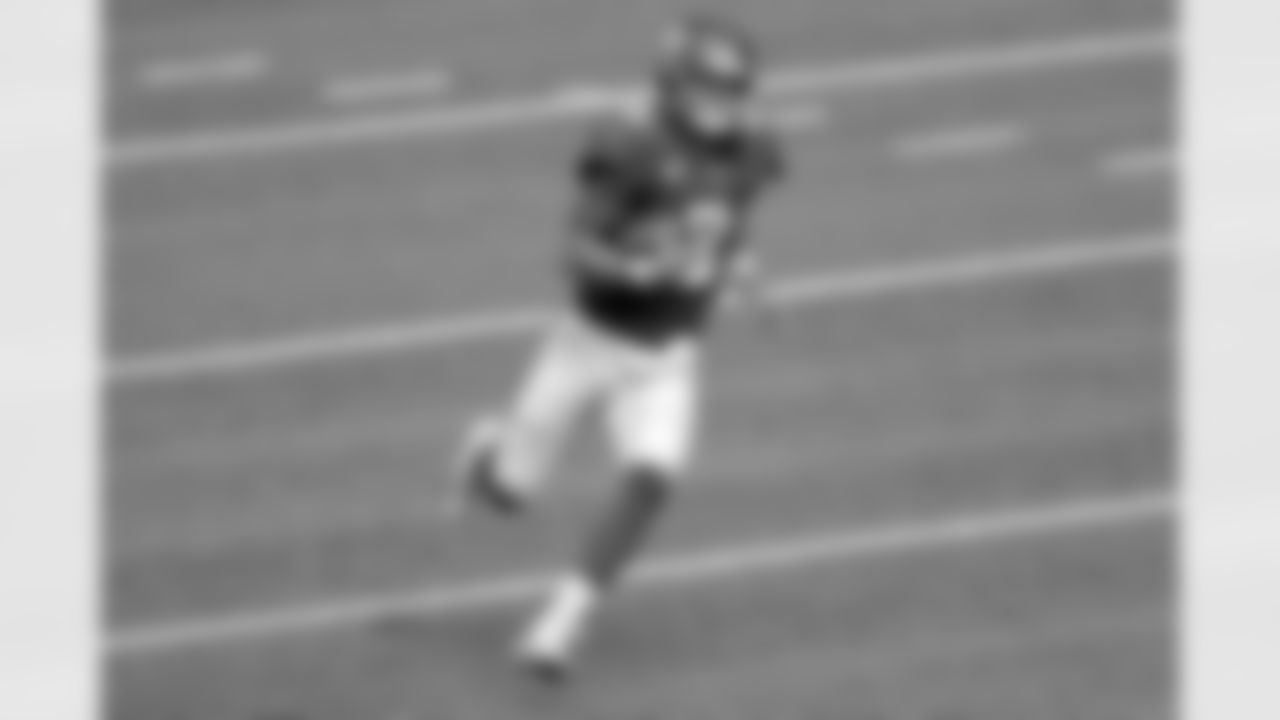
New York Giants quarterback Daniel Jones (8) during NFL football game against the San Francisco 49ers on Sunday, September 27, 2020 in East Rutherford, New Jersey. (Mikey Owens/NFL)
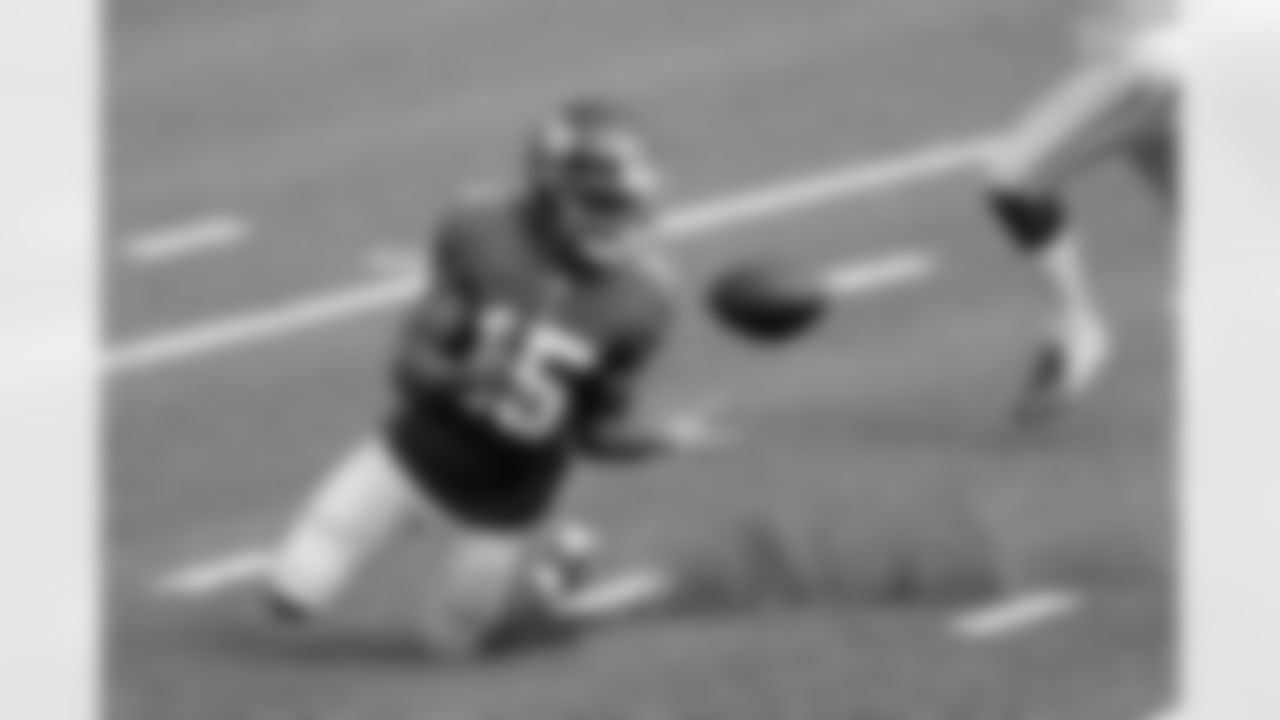
New York Giants wide receiver Golden Tate (15) during NFL football game against the San Francisco 49ers on Sunday, September 27, 2020 in East Rutherford, New Jersey. (Mikey Owens/NFL)
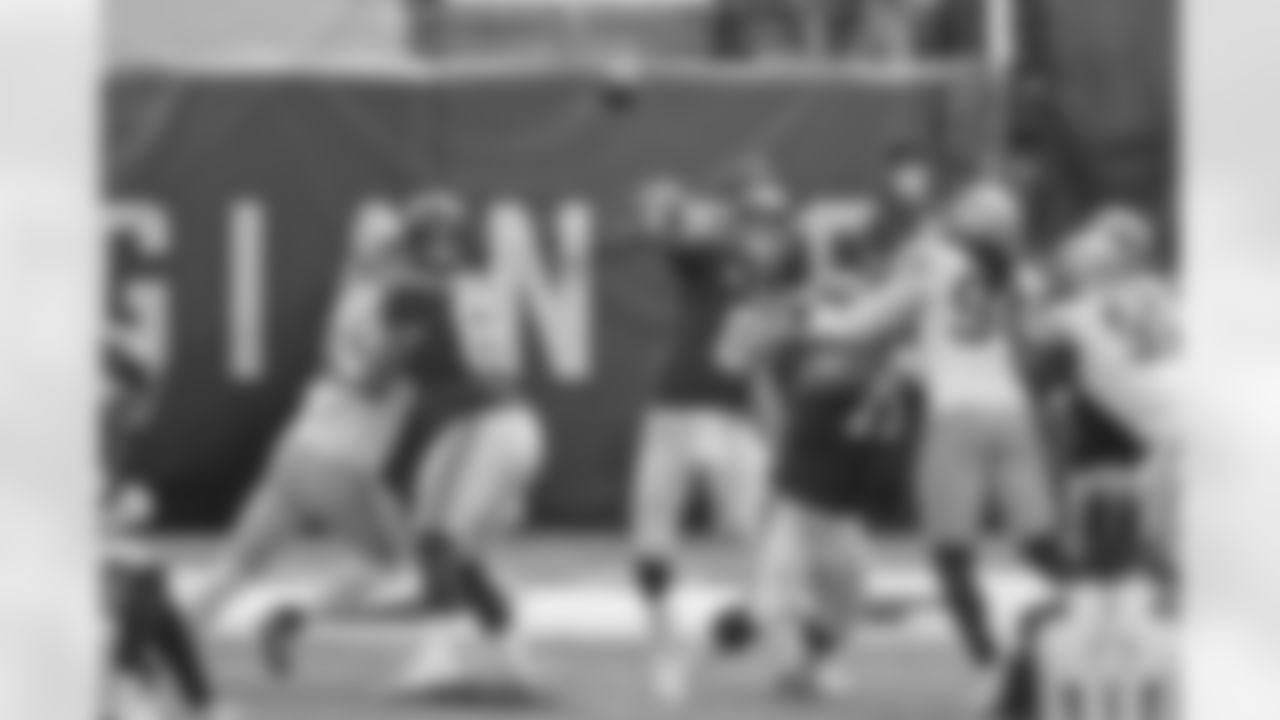
New York Giants quarterback Daniel Jones, center, throws during the first half of an NFL football game against the San Francisco 49ers, Sunday, Sept. 27, 2020, in East Rutherford, N.J. (AP Photo/Corey Sipkin)
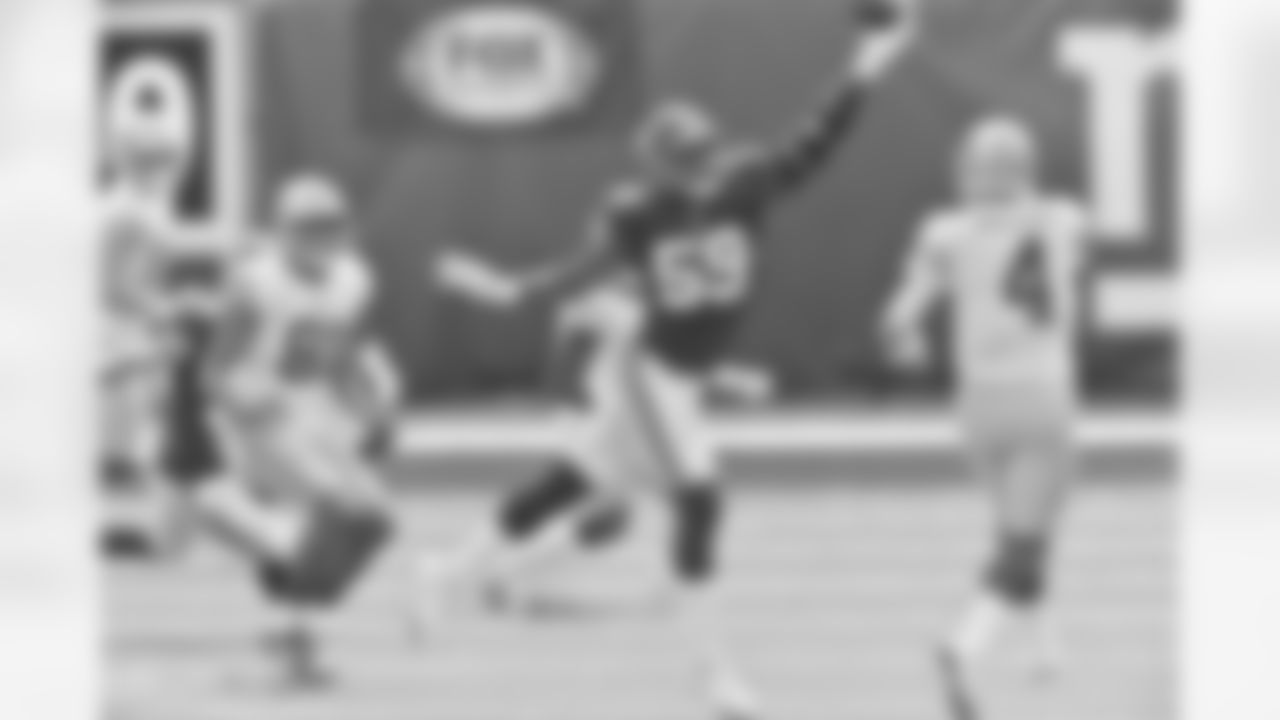
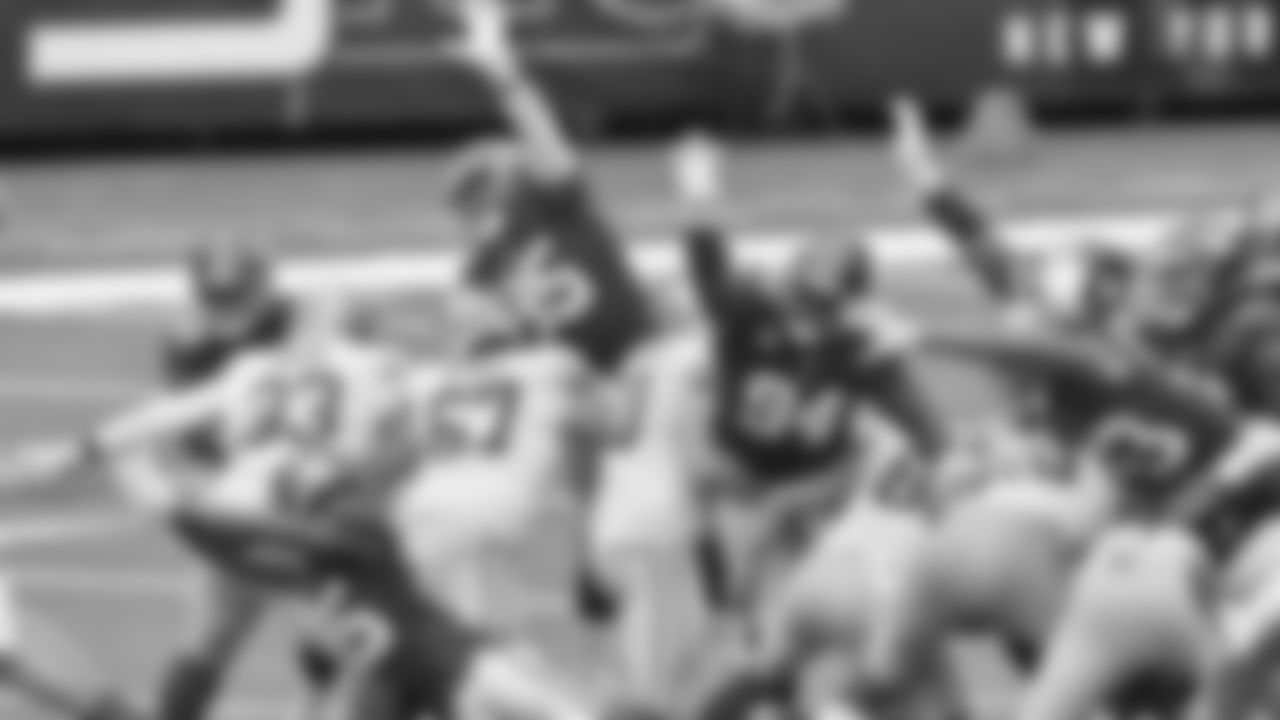
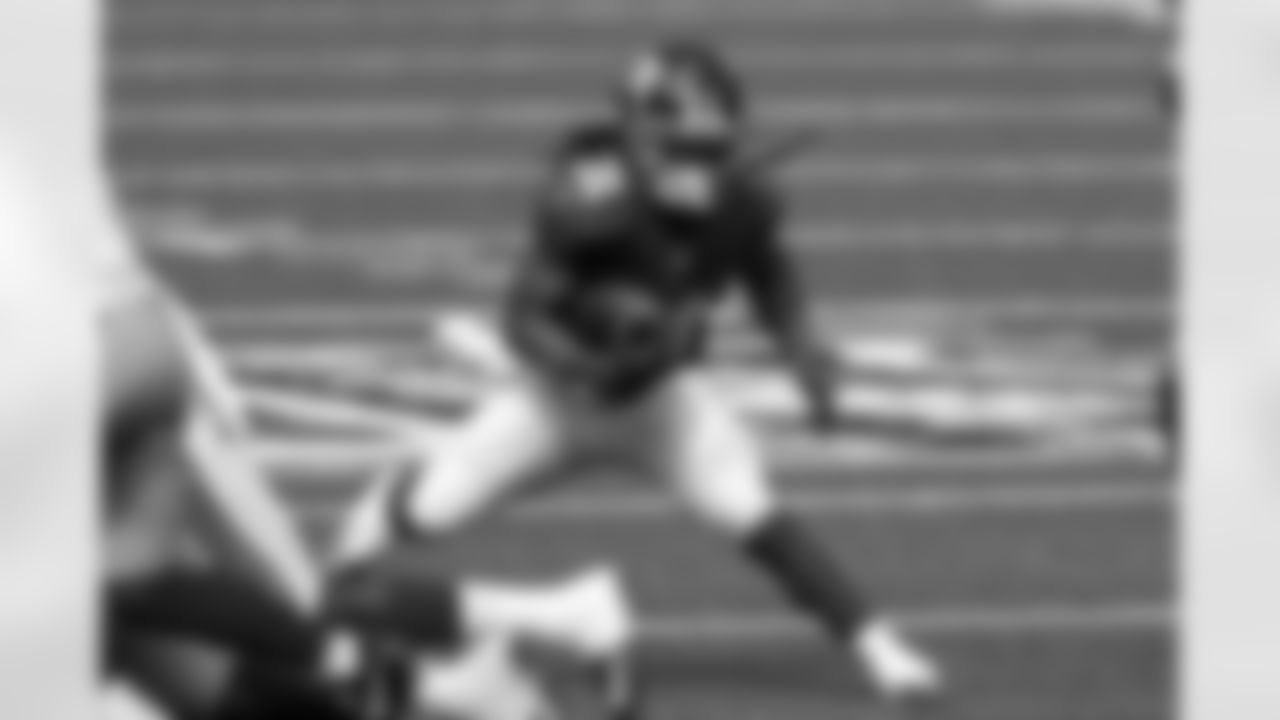
New York Giants running back Devonta Freeman (31) in action against the San Francisco 49ers during an NFL football game, Sunday, Sept. 27, 2020, in East Rutherford, N.J. (AP Photo/Adam Hunger)
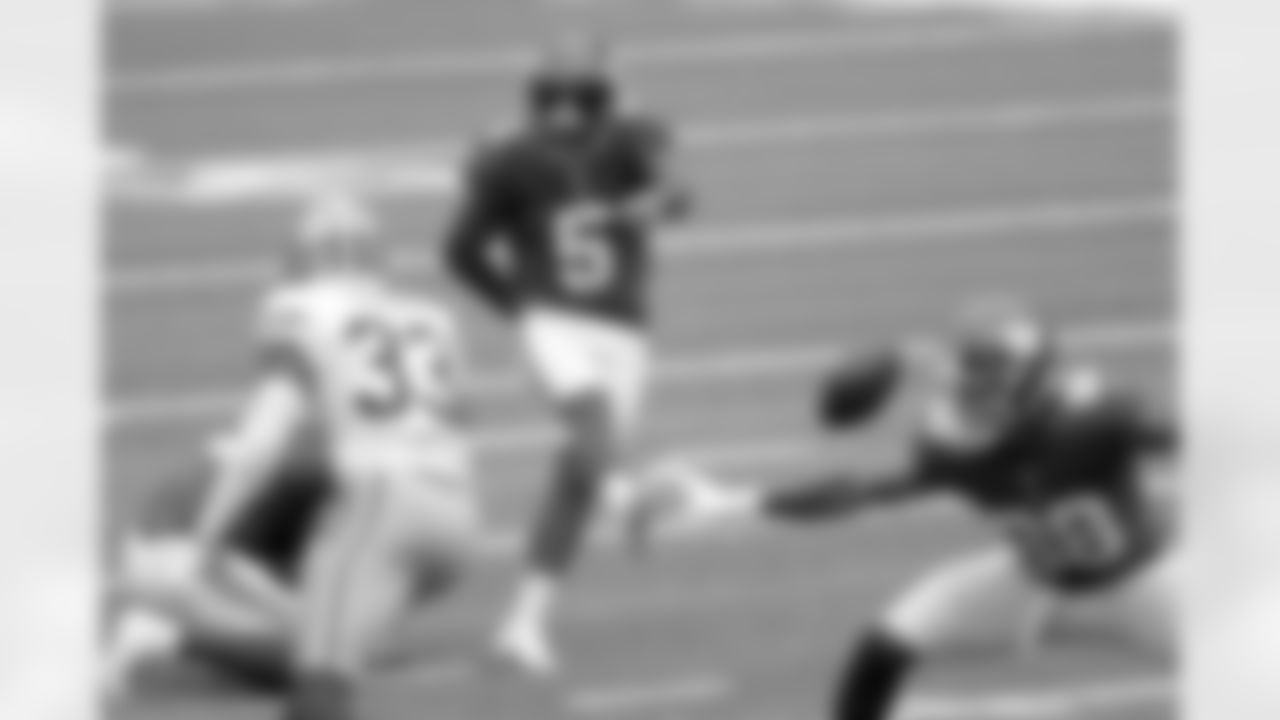
New York Giants place kicker Graham Gano (5) kicks during NFL football game against the San Francisco 49ers on Sunday, September 27, 2020 in East Rutherford, New Jersey. (Mikey Owens/NFL)
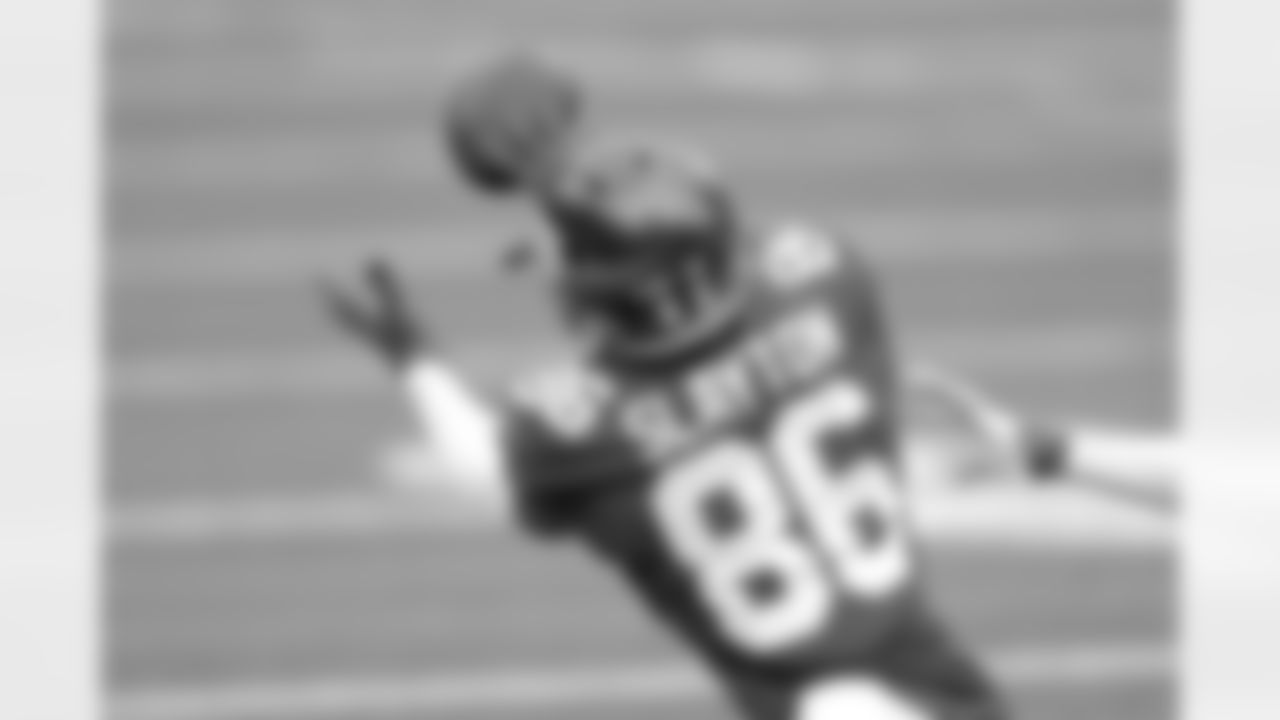
New York Giants wide receiver Darius Slayton (86) during NFL football game against the San Francisco 49ers on Sunday, September 27, 2020 in East Rutherford, New Jersey. (Mikey Owens/NFL)
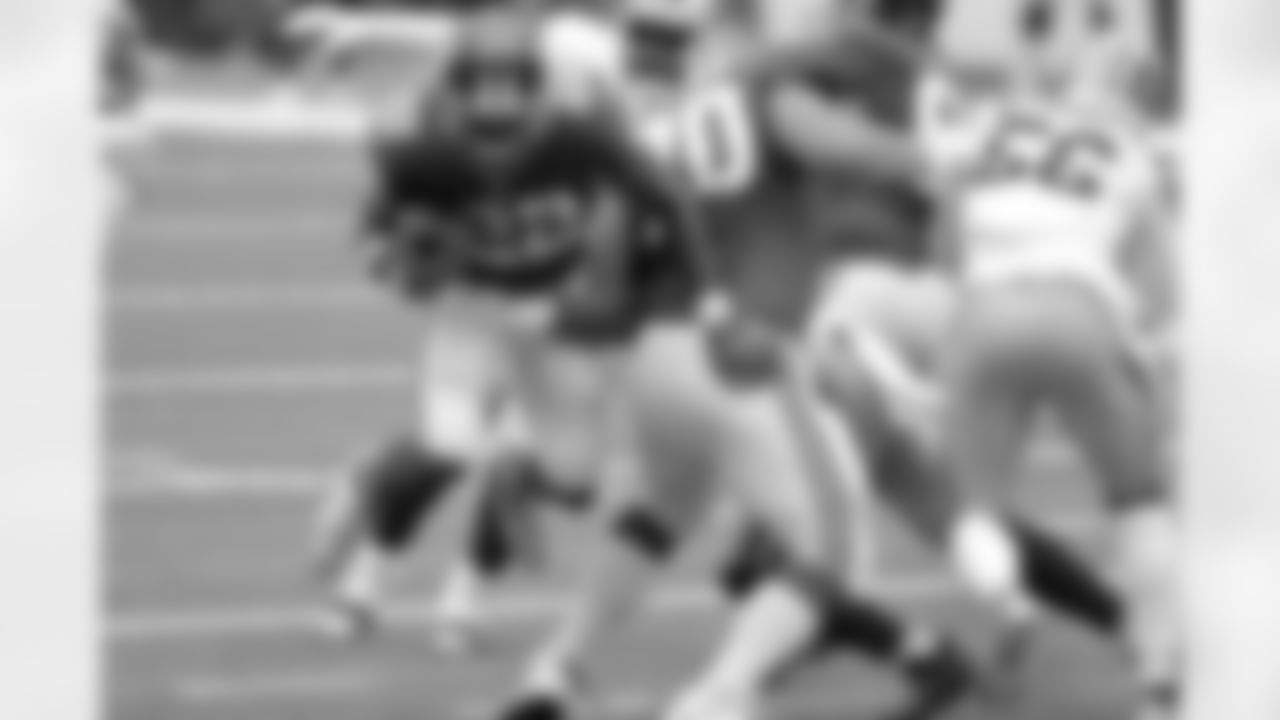
New York Giants running back Wayne Gallman (22) runs with the ball during NFL football game against the San Francisco 49ers on Sunday, September 27, 2020 in East Rutherford, New Jersey. (Mikey Owens/NFL)
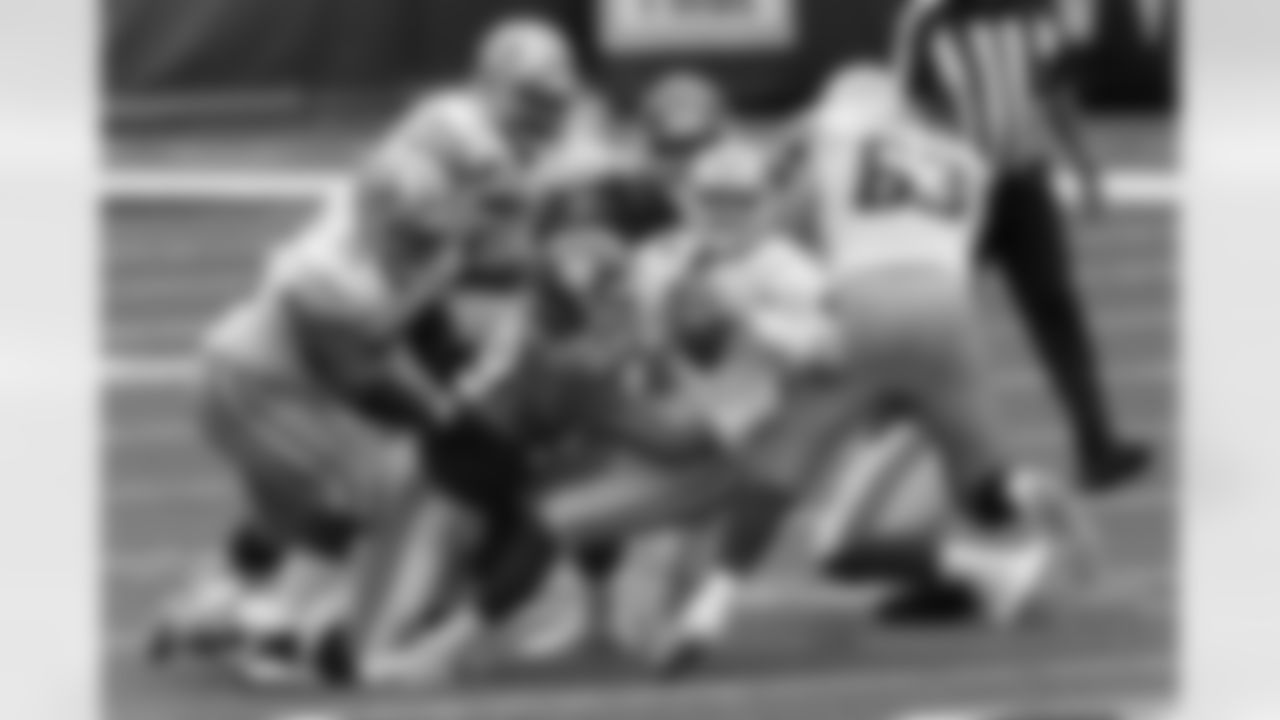
San Francisco 49ers quarterback Nick Mullens, center, is sacked by New York Giants Leonard Williams (99) during the first half of an NFL football game, Sunday, Sept. 27, 2020, in East Rutherford, N.J. (AP Photo/Corey Sipkin)
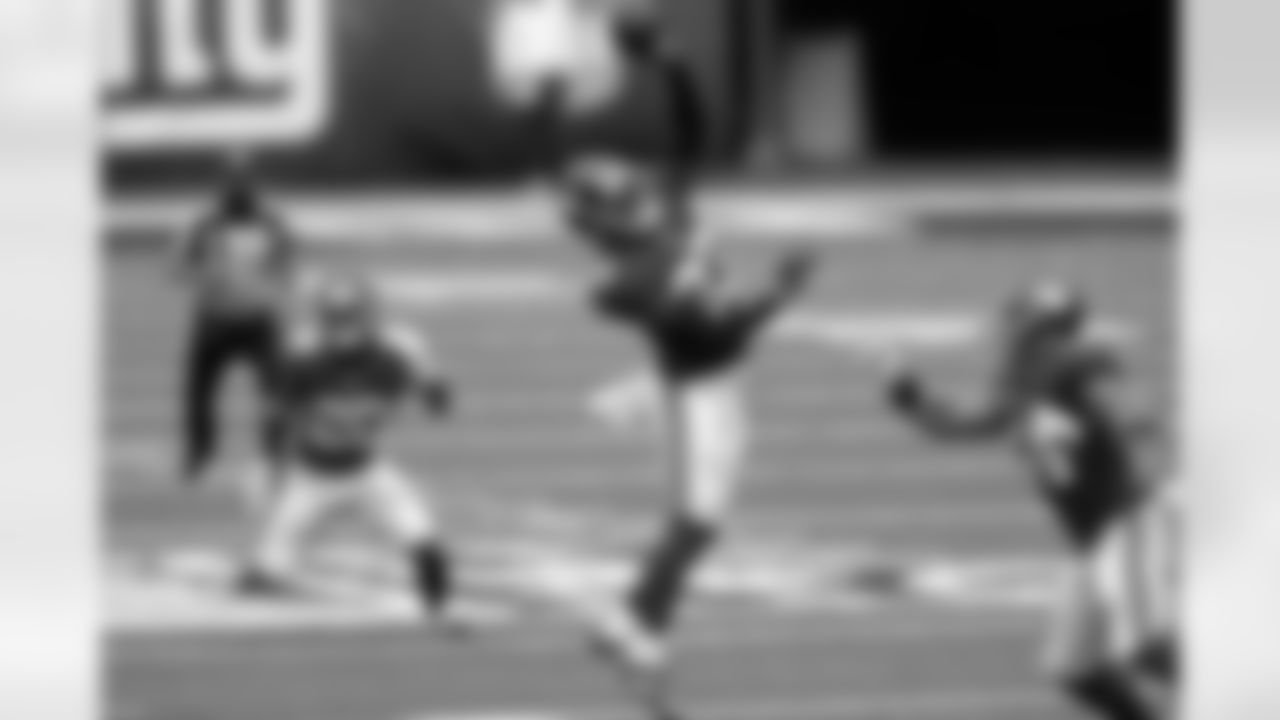
New York Giants cornerback Logan Ryan (23) in action against the San Francisco 49ers during an NFL football game, Sunday, Sept. 27, 2020, in East Rutherford, N.J. (AP Photo/Adam Hunger)
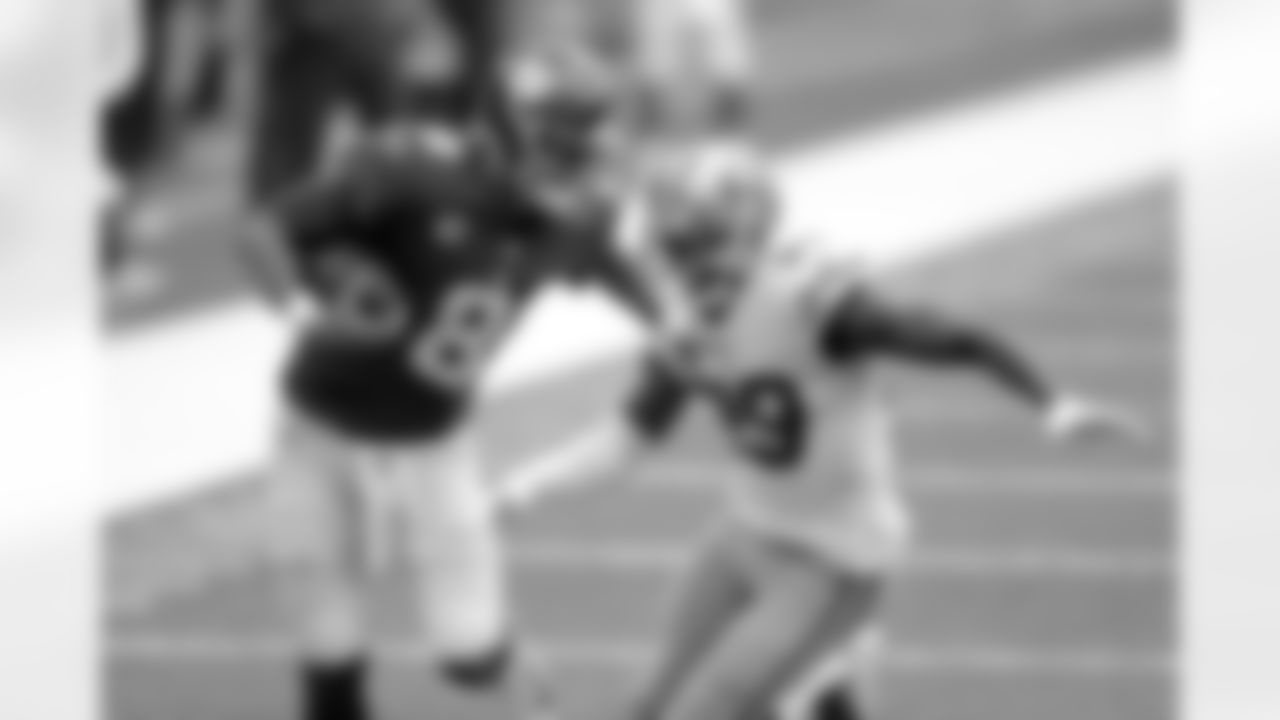
New York Giants quarterback Daniel Jones (8) runs the ball during NFL football game against the San Francisco 49ers on Sunday, September 27, 2020 in East Rutherford, New Jersey. (Mikey Owens/NFL)
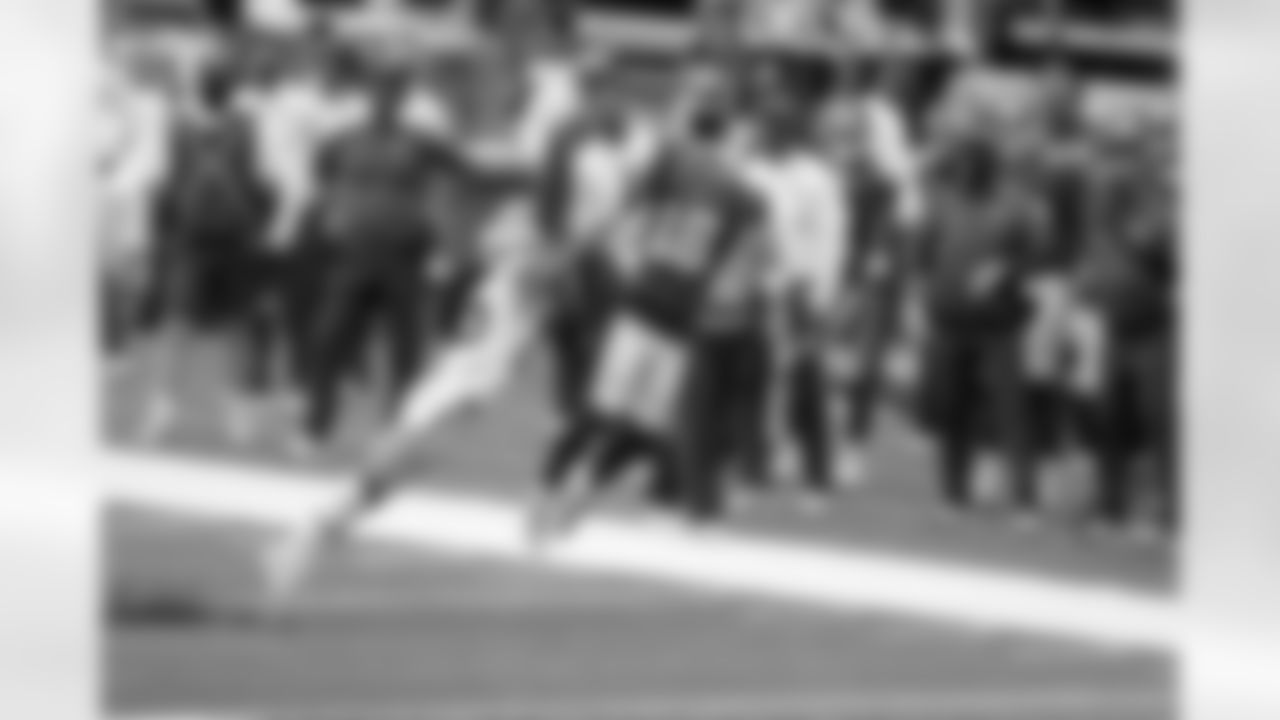
New York Giants wide receiver C.J. Board (18) makes a catch during NFL football game against the San Francisco 49ers on Sunday, September 27, 2020 in East Rutherford, New Jersey. (Mikey Owens/NFL)
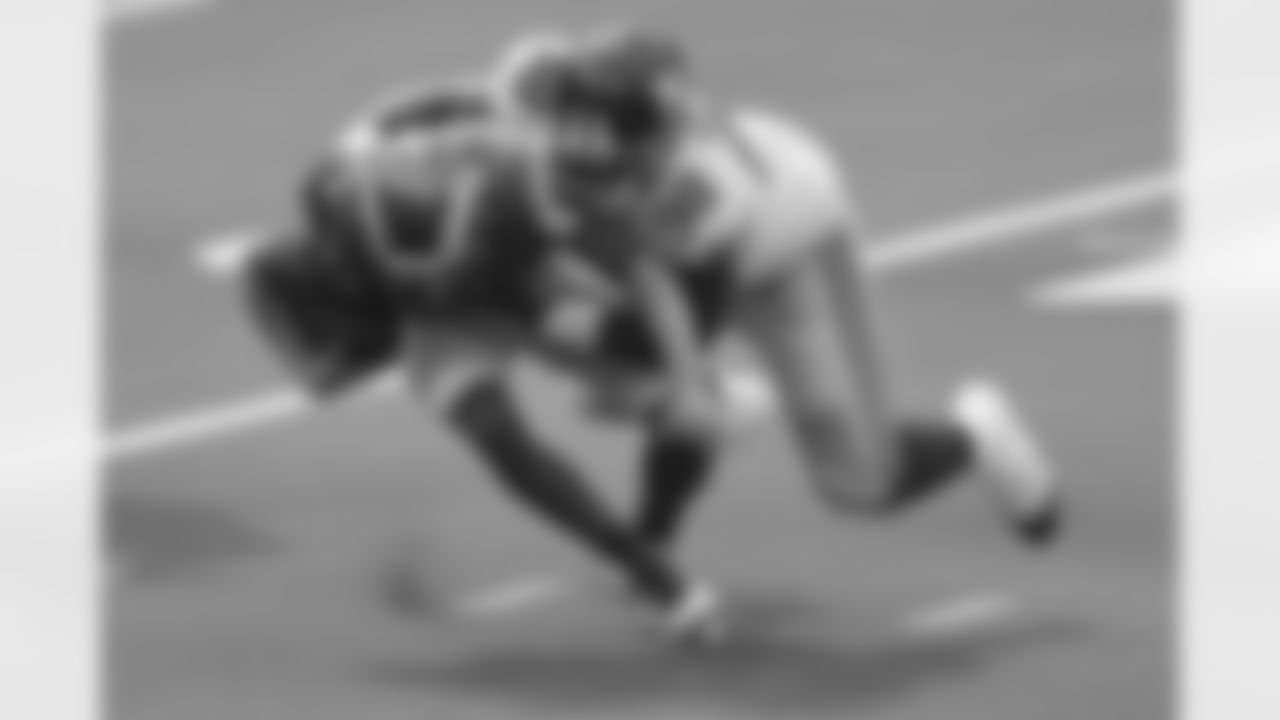
Los Angeles Rams quarterback Jared Goff (16) is sacked by New York Giants defensive tackle Austin Johnson (98) during NFL football game on Sunday, October 4, 2020 in Inglewood, California. (Ben Liebenberg/NFL)
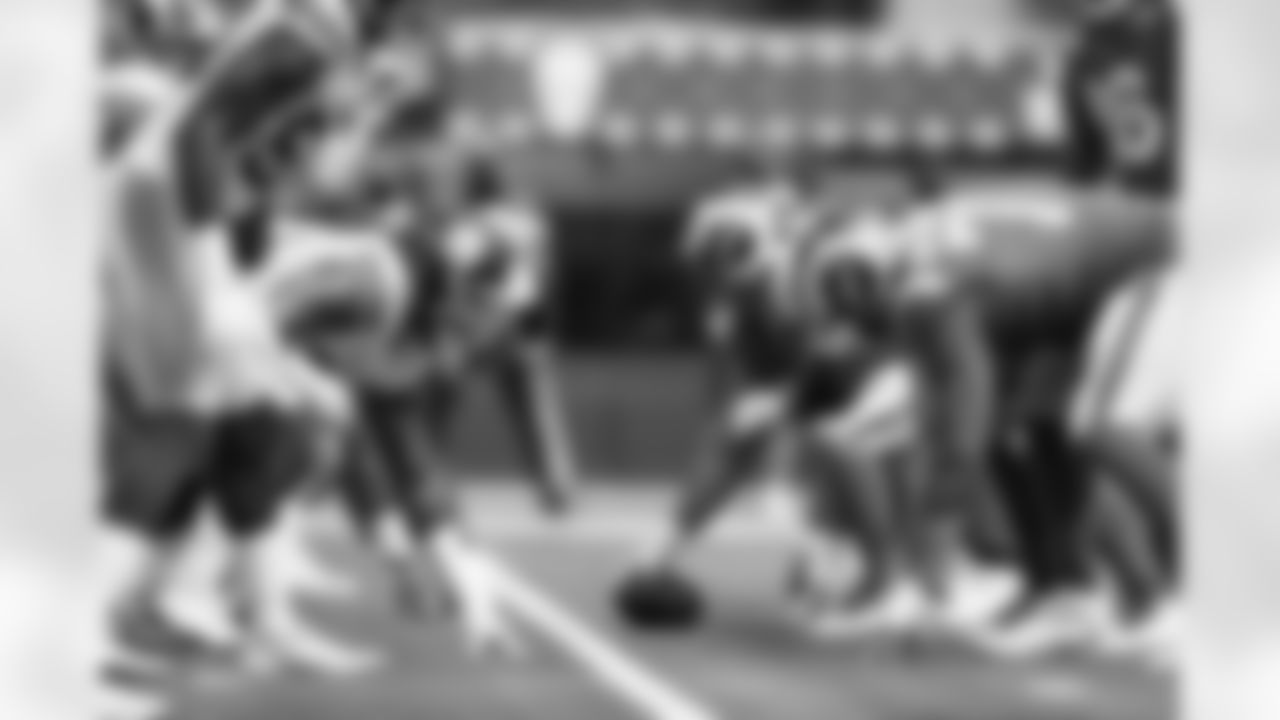
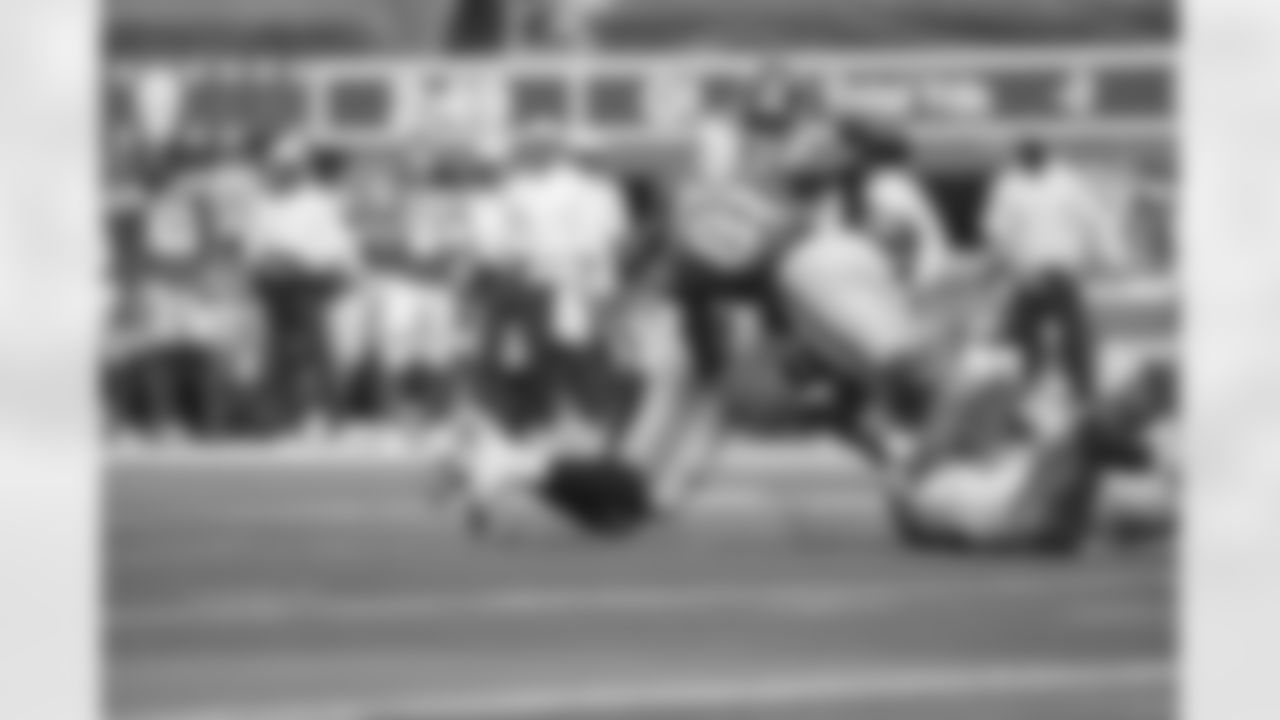
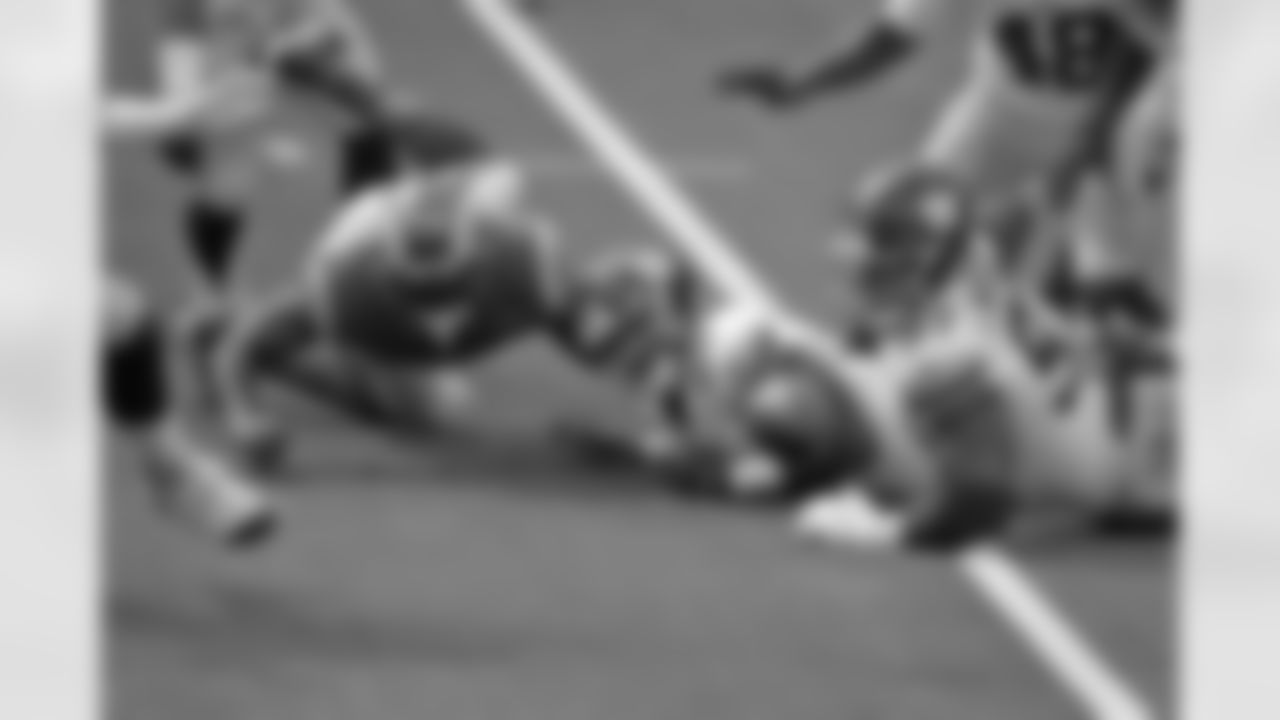
Los Angeles Rams tight end Gerald Everett, left, fumbles the ball which would then be recovered by the New York Giants during the first half of an NFL football game Sunday, Oct. 4, 2020, in Inglewood, Calif. (AP Photo/Jae C. Hong)
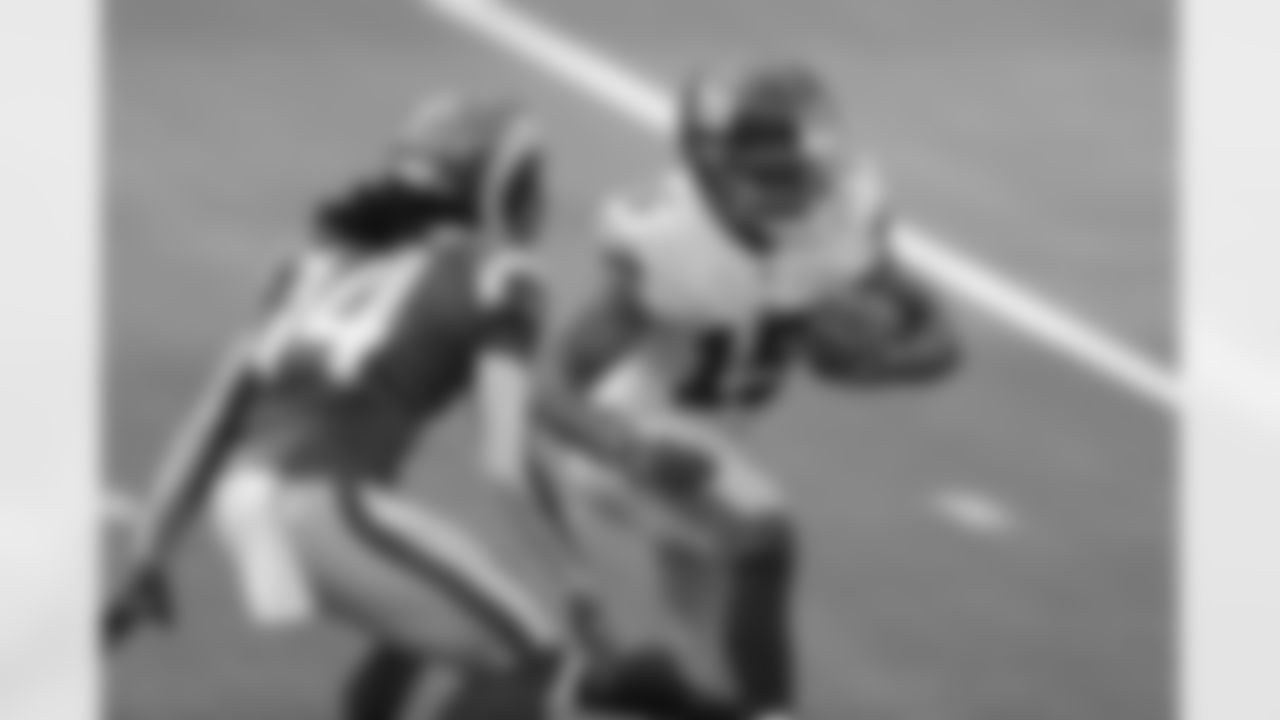
New York Giants wide receiver Golden Tate (15) runs the ball during NFL football game against the Los Angeles Rams on Sunday, October 4, 2020 in Inglewood, California. (Ben Liebenberg/NFL)
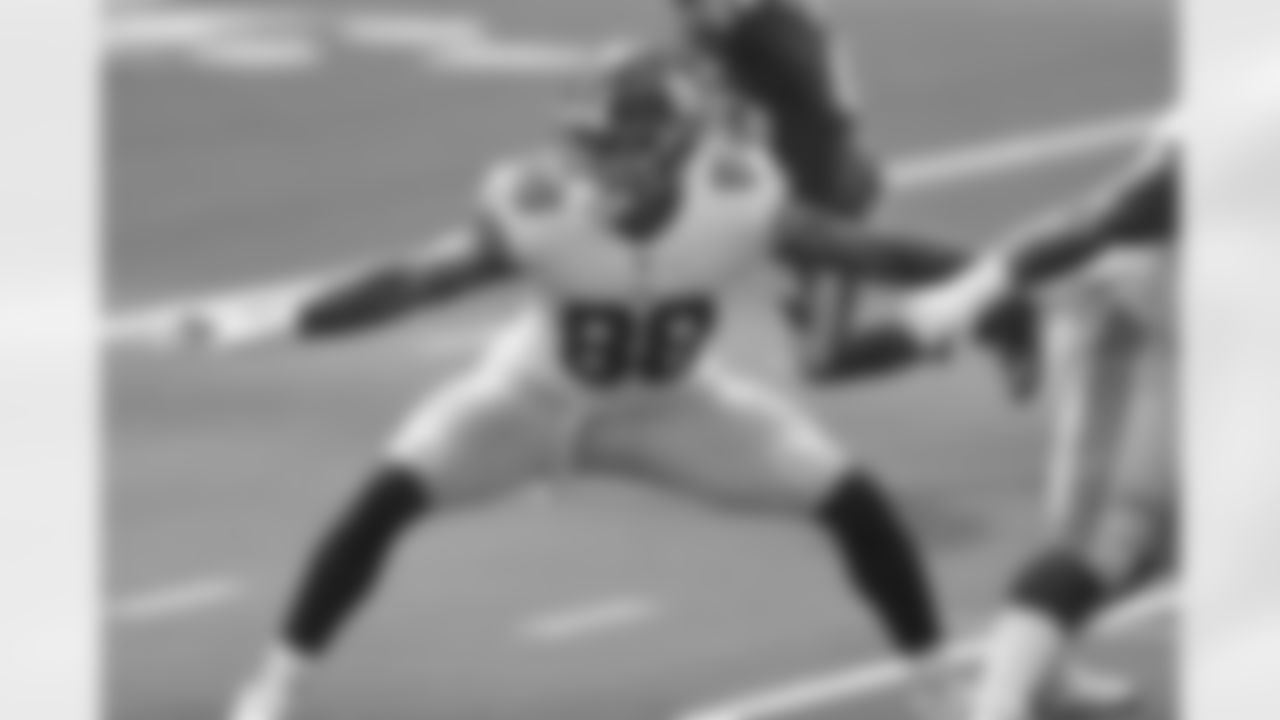
New York Giants tight end Evan Engram (88) is seen in action during NFL football game against the Los Angeles Rams on Sunday, October 4, 2020 in Inglewood, California. (Ben Liebenberg/NFL)
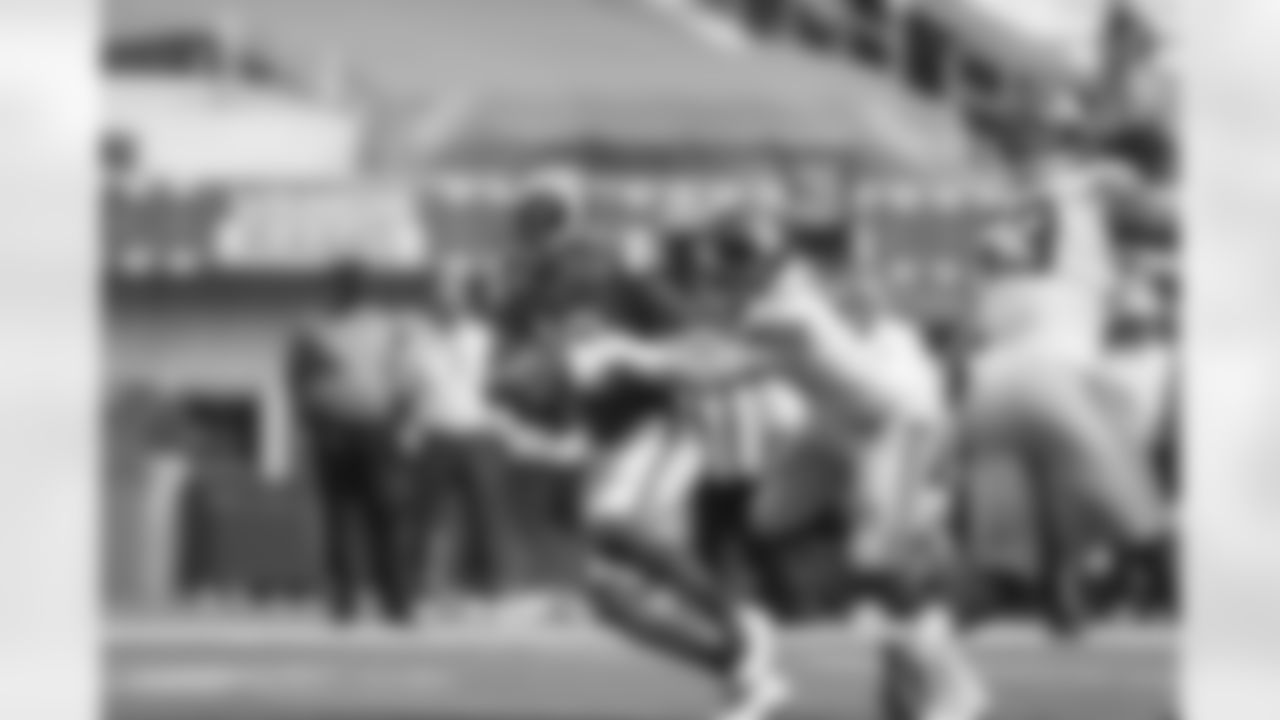
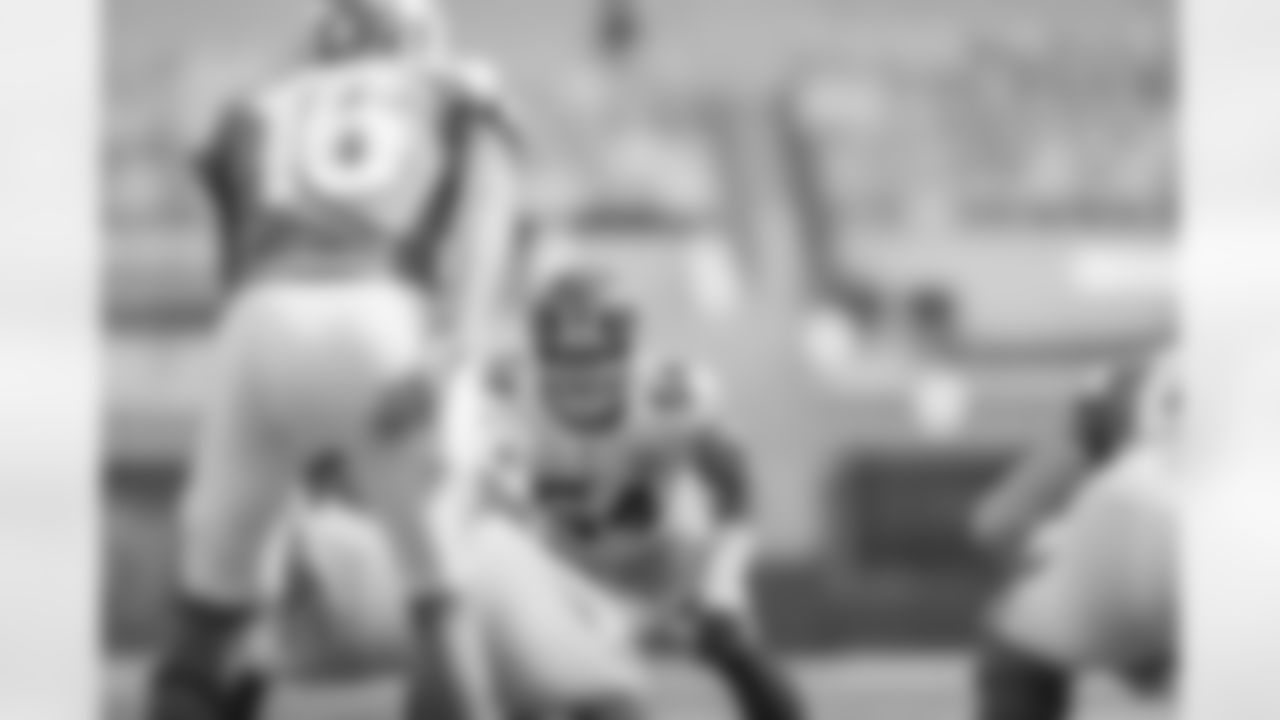
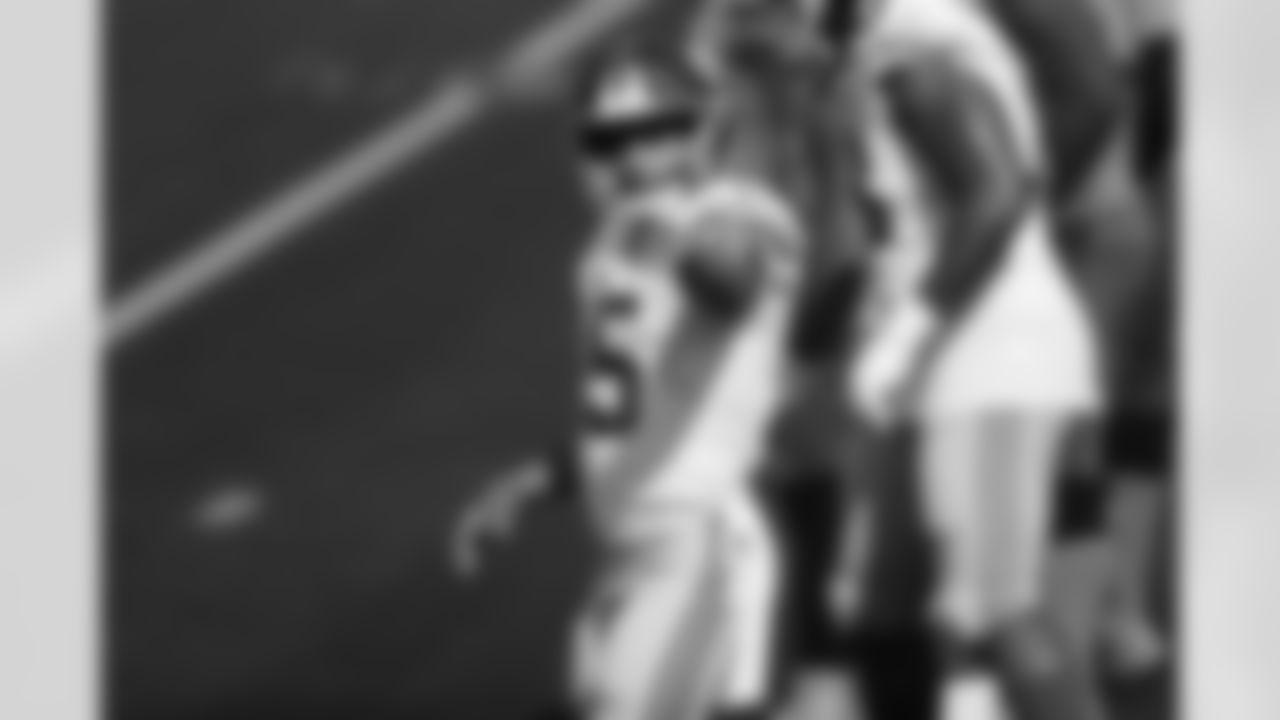
New York Giants wide receiver Golden Tate (15) lines up out wide during an NFL football game against the Los Angeles Rams on Sunday, October 4, 2020 in Inglewood, California. (Ben Liebenberg/NFL)
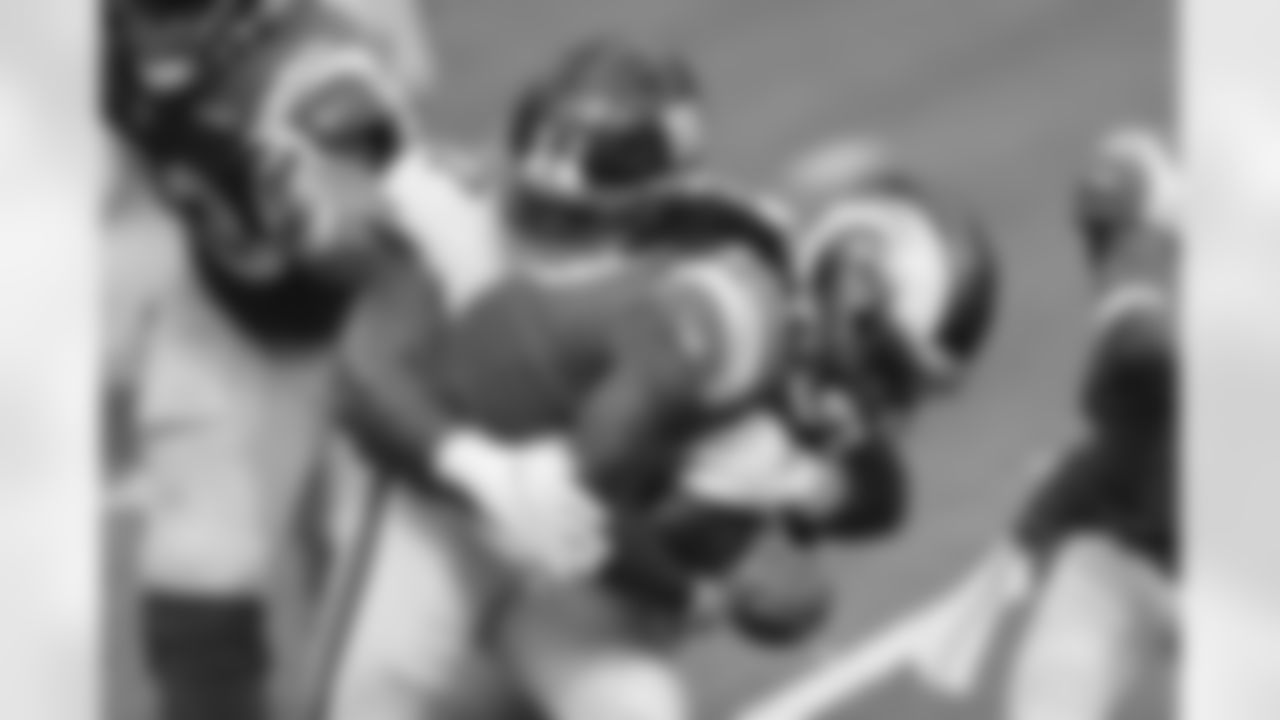
New York Giants defensive tackle Dexter Lawrence (97) tackles Los Angeles Rams running back Darrell Henderson (27) during an NFL football game on Sunday, October 4, 2020 in Inglewood, California. (Ben Liebenberg/NFL)
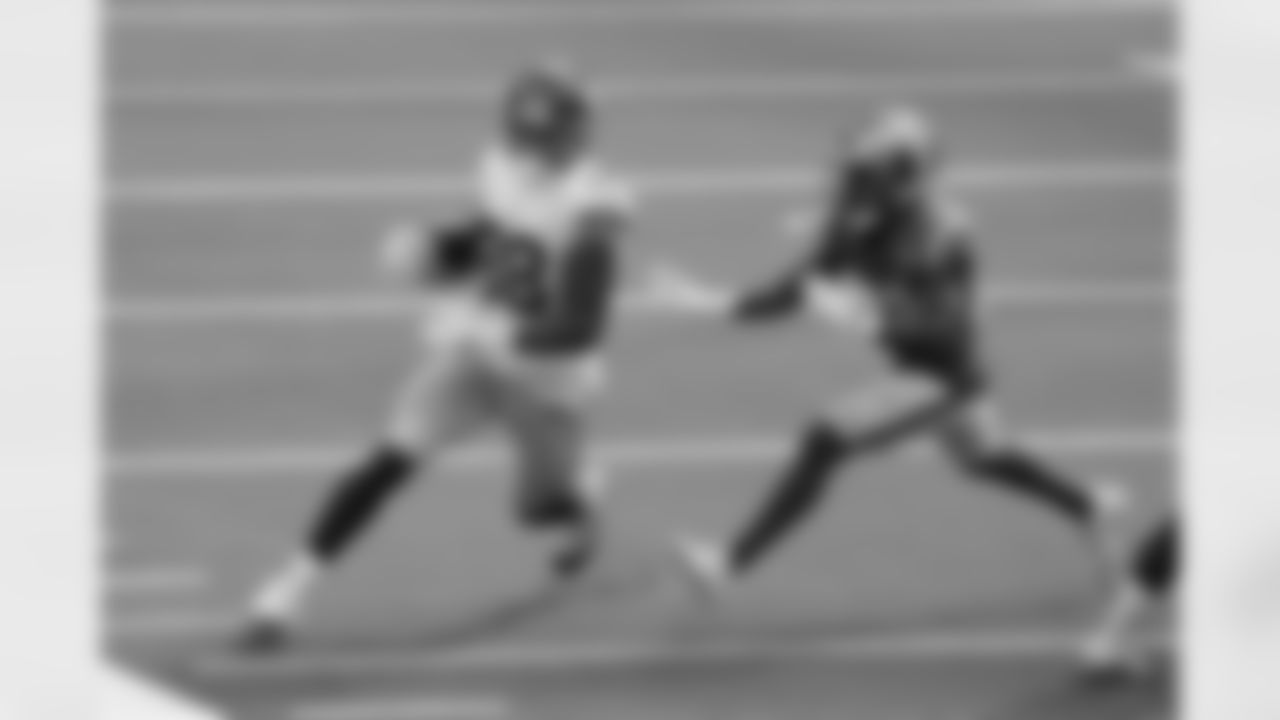
New York Giants tight end Evan Engram (88) runs after a reception against the Los Angeles Rams during the first half of an NFL football game Sunday, Oct. 4, 2020, in Inglewood, Calif. (AP Photo/Jae C. Hong )
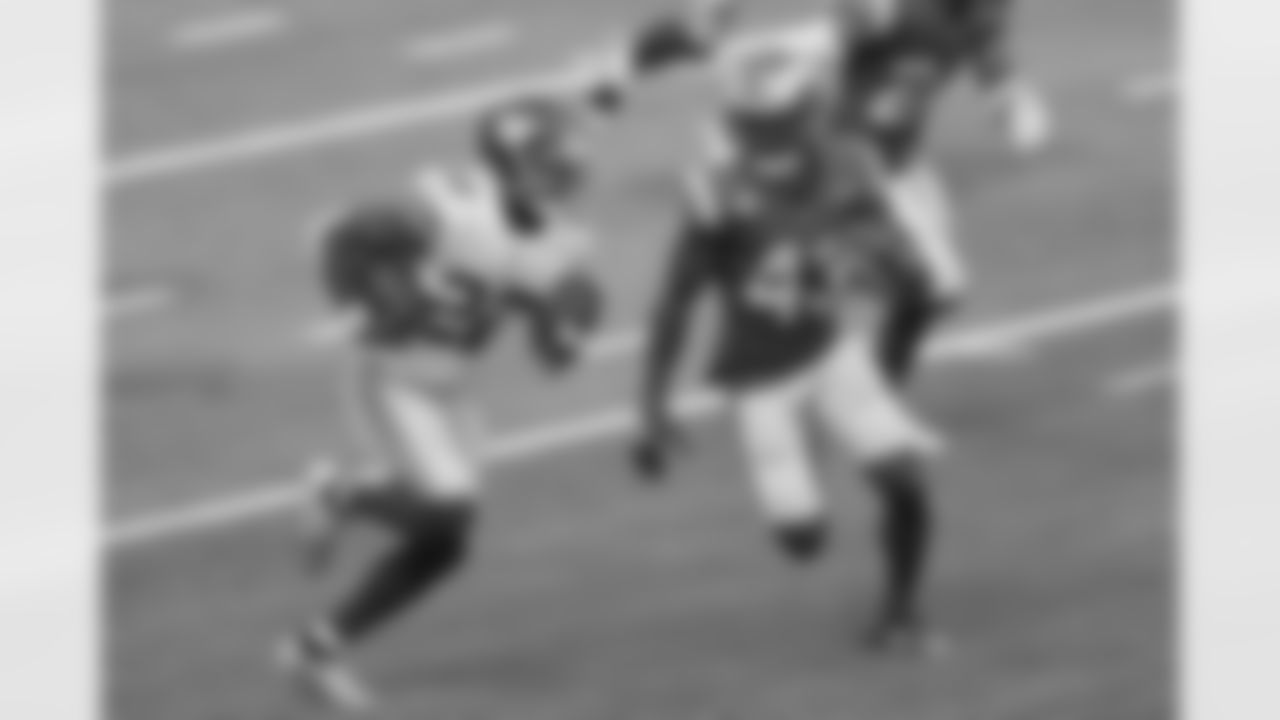
New York Giants running back Wayne Gallman (22) carries the ball in front of Los Angeles Rams free safety John Johnson (43) during an NFL football game on Sunday, October 4, 2020 in Inglewood, California. (Ben Liebenberg/NFL)
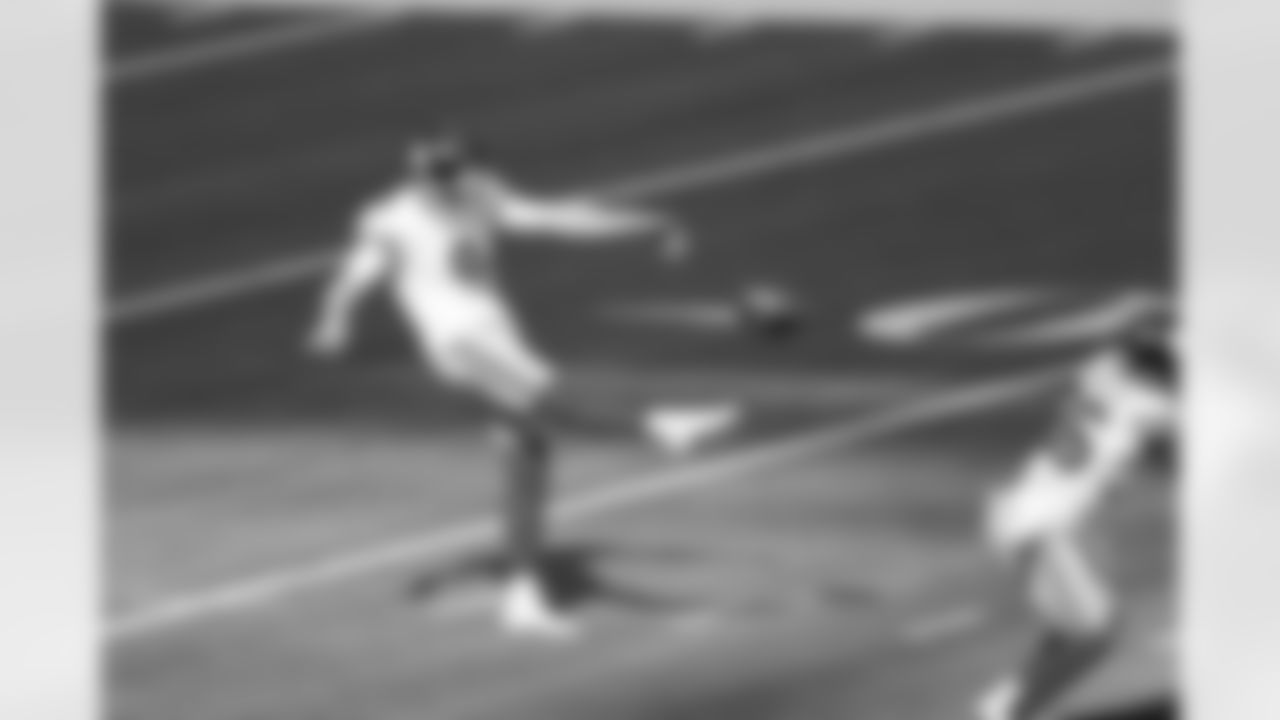
New York Giants punter Riley Dixon (9) punts the ball during an NFL football game against the Los Angeles Rams on Sunday, October 4, 2020 in Inglewood, California. (Ben Liebenberg/NFL)
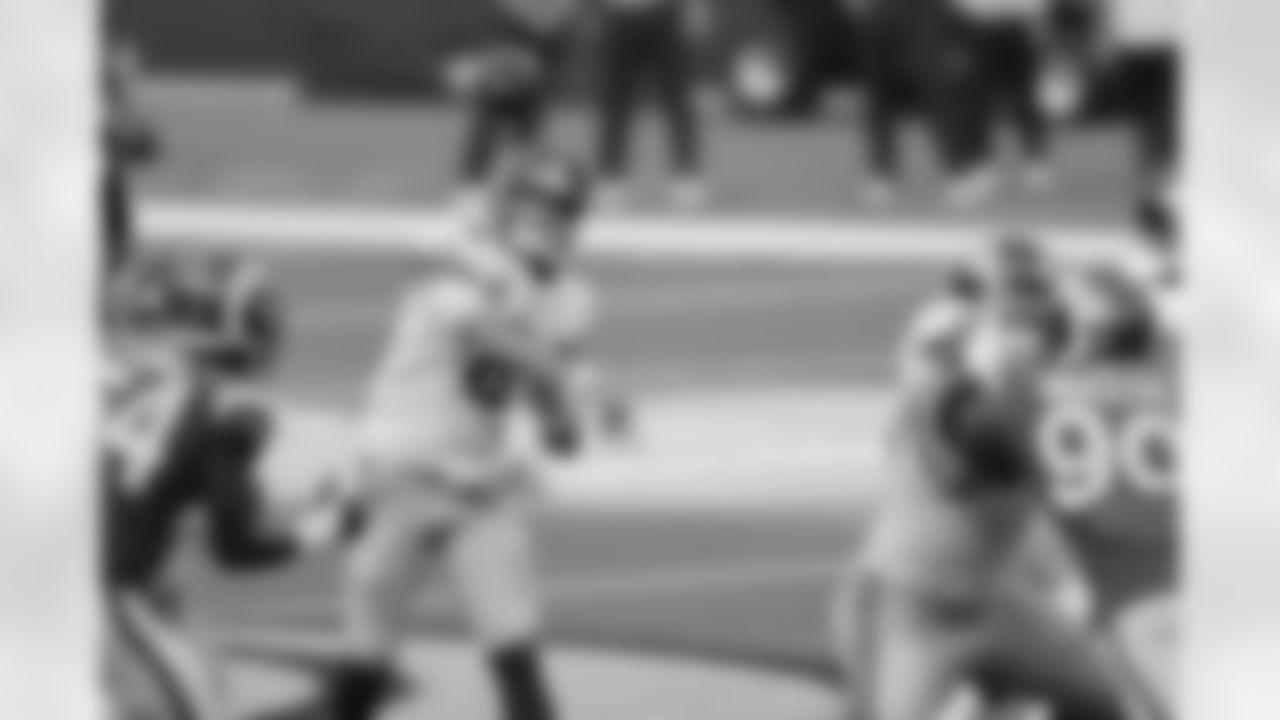
New York Giants quarterback Daniel Jones (8) throws the ball during an NFL football game against the Los Angeles Rams on Sunday, October 4, 2020 in Inglewood, California. (Ben Liebenberg/NFL)
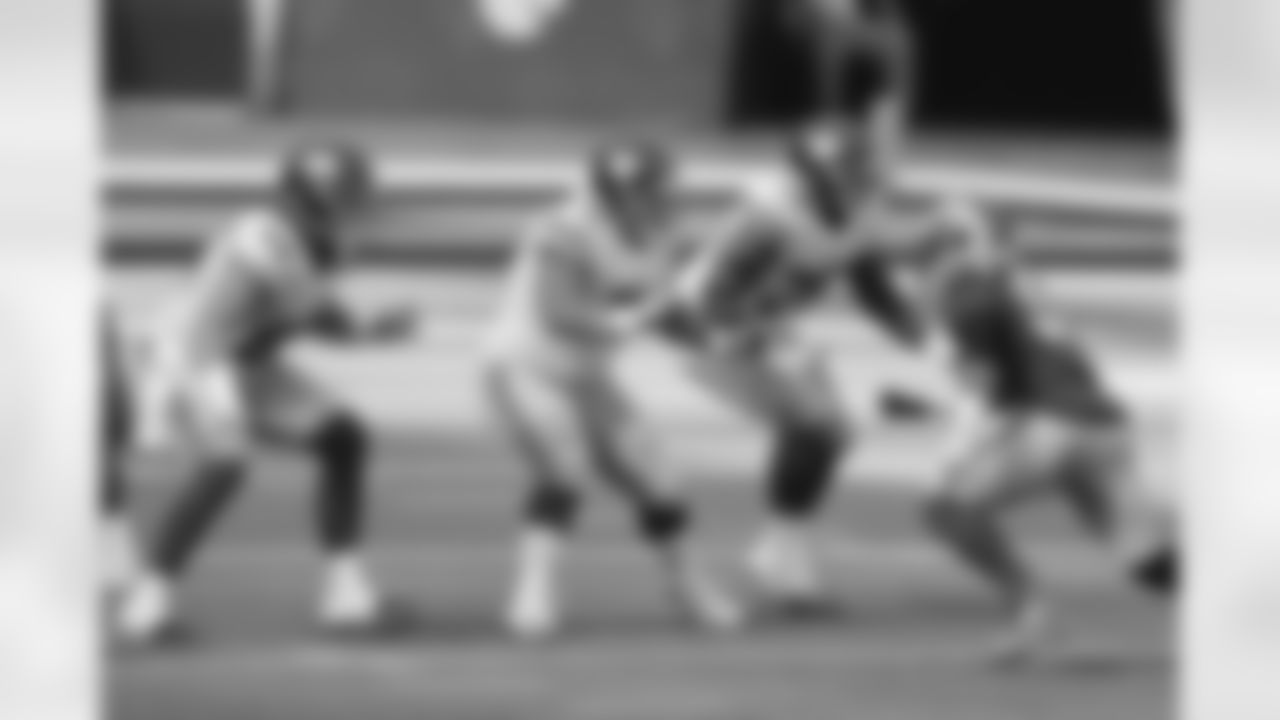
New York Giants center Nick Gates (65) and offensive guard Will Hernandez (71) block during an NFL football game against the Los Angeles Rams on Sunday, October 4, 2020 in Inglewood, California. (Ben Liebenberg/NFL)
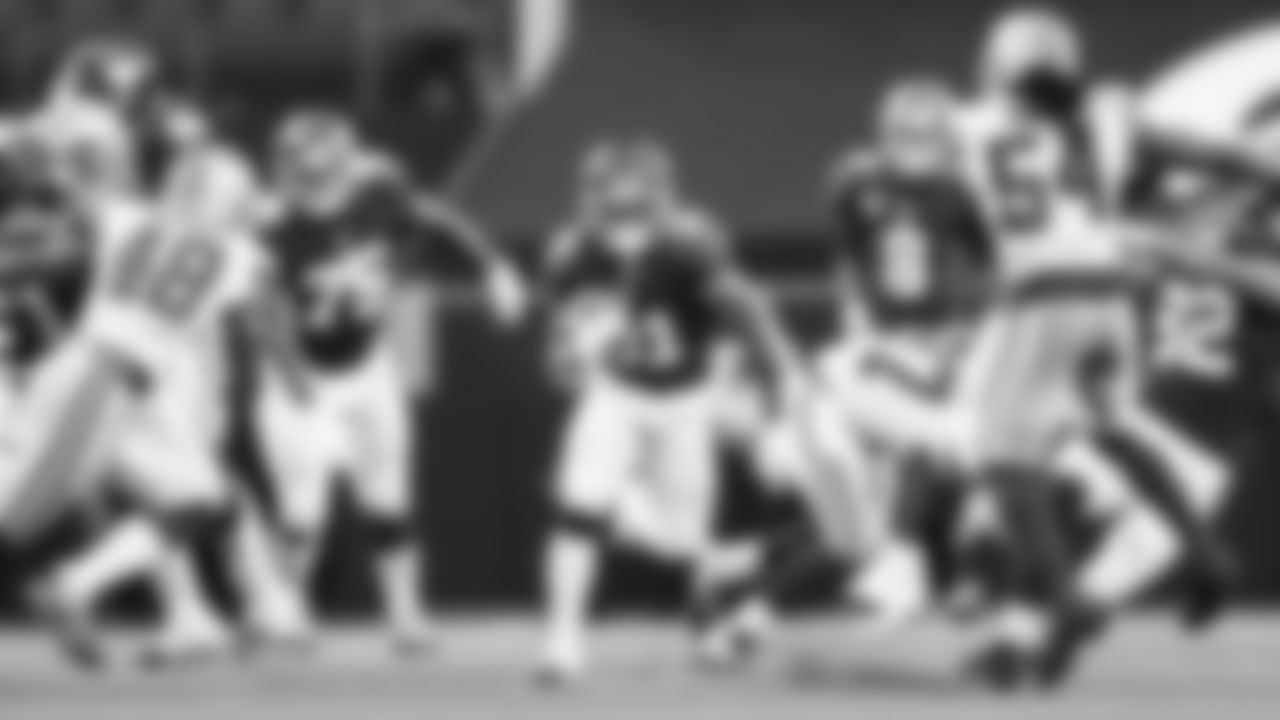
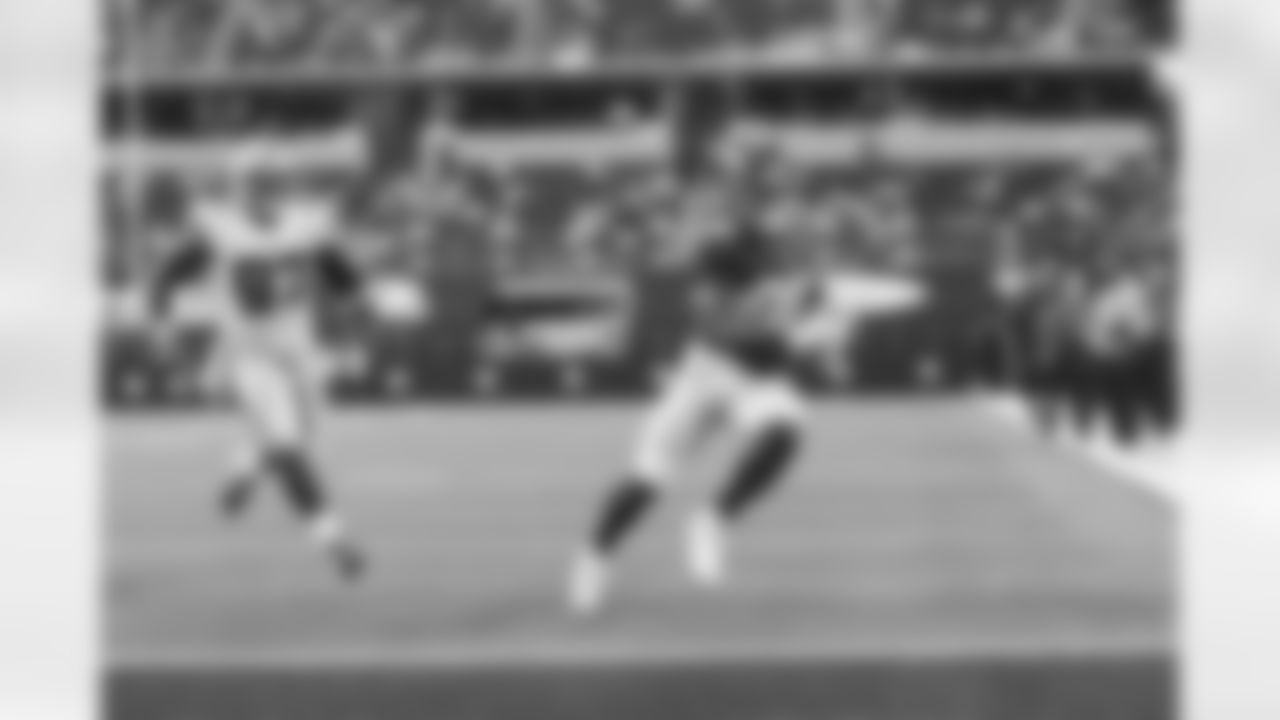
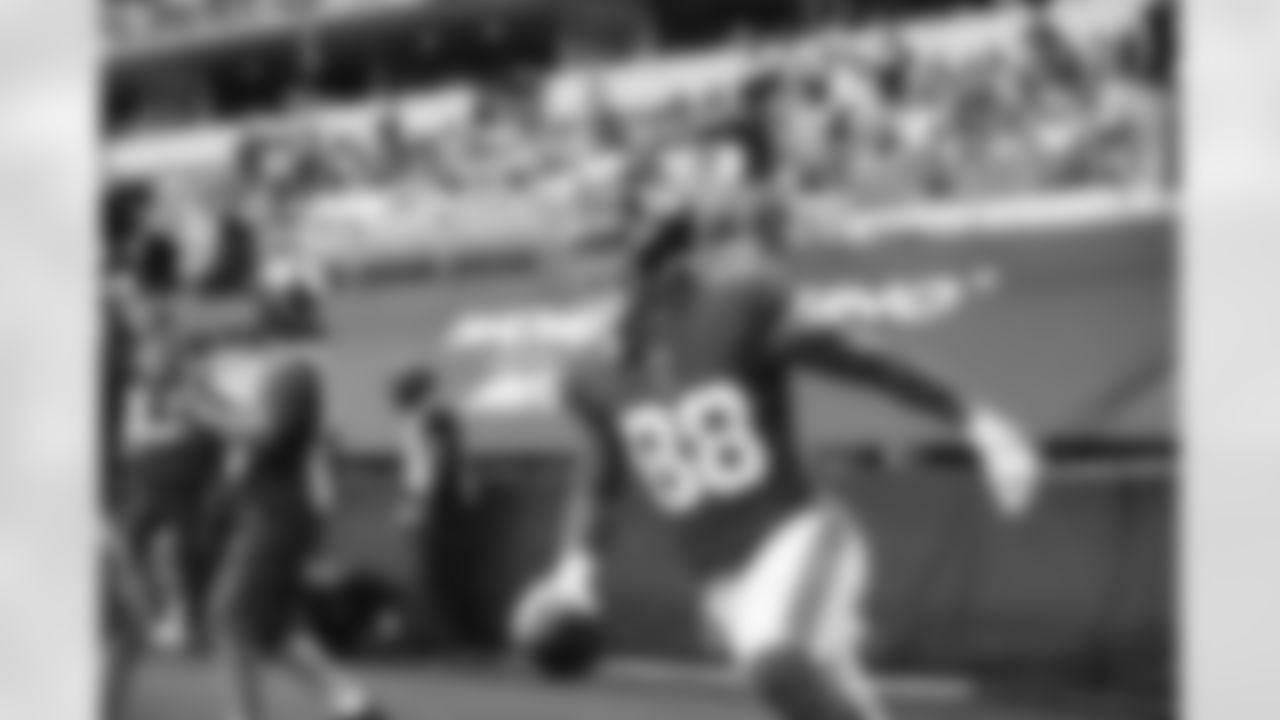
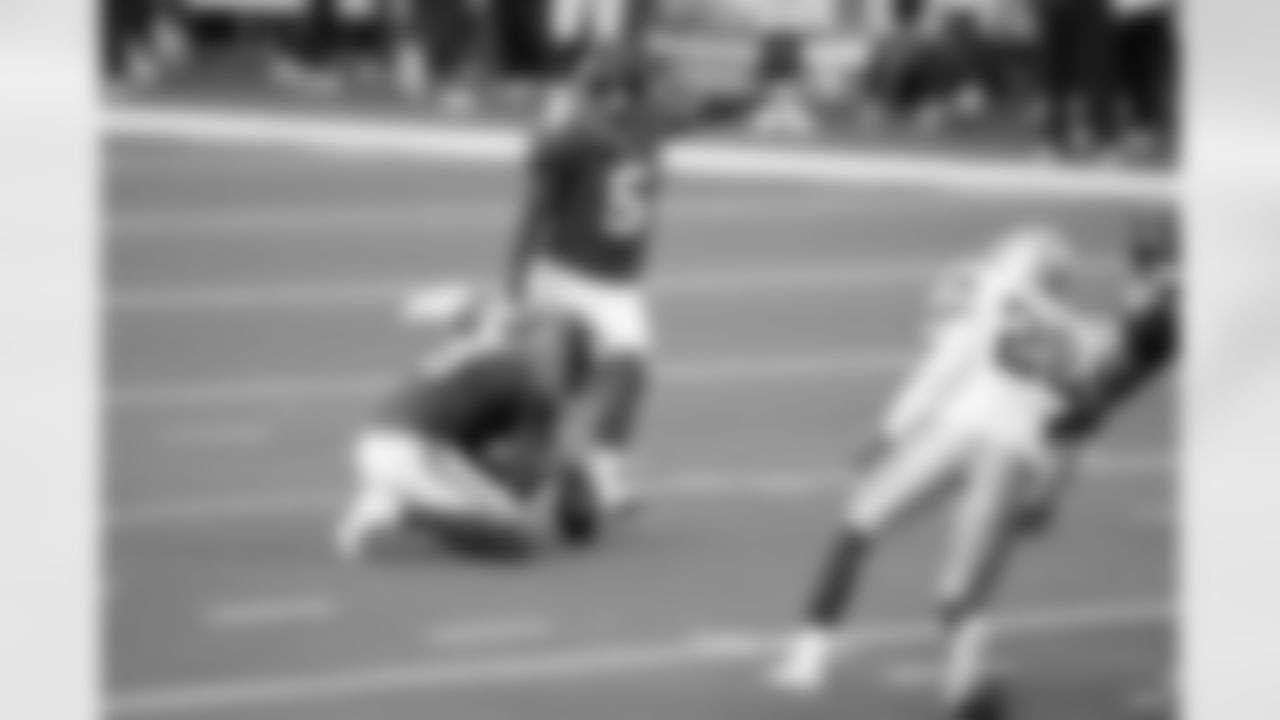
New York Giants kicker Graham Gano (5) kicks an extra point as punter Riley Dixon (9) holds during an NFL football game against the Dallas Cowboys on Sunday, October 11, 2020 in Dallas, Texas. (Cooper Neill/NFL)
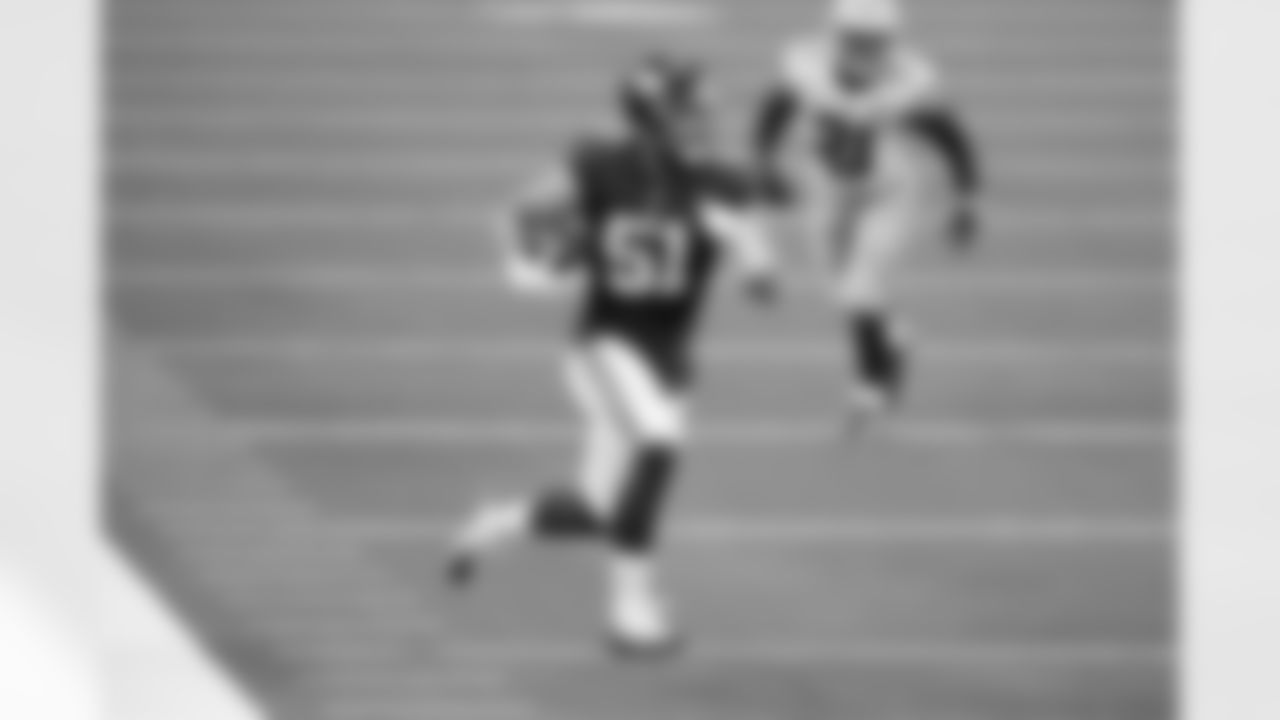
New York Giants outside linebacker Kyler Fackrell (51) runs for a touchdown after intercepting during an NFL football game against the New York Giants on Sunday, October 11, 2020 in Dallas, Texas. (Cooper Neill/NFL)
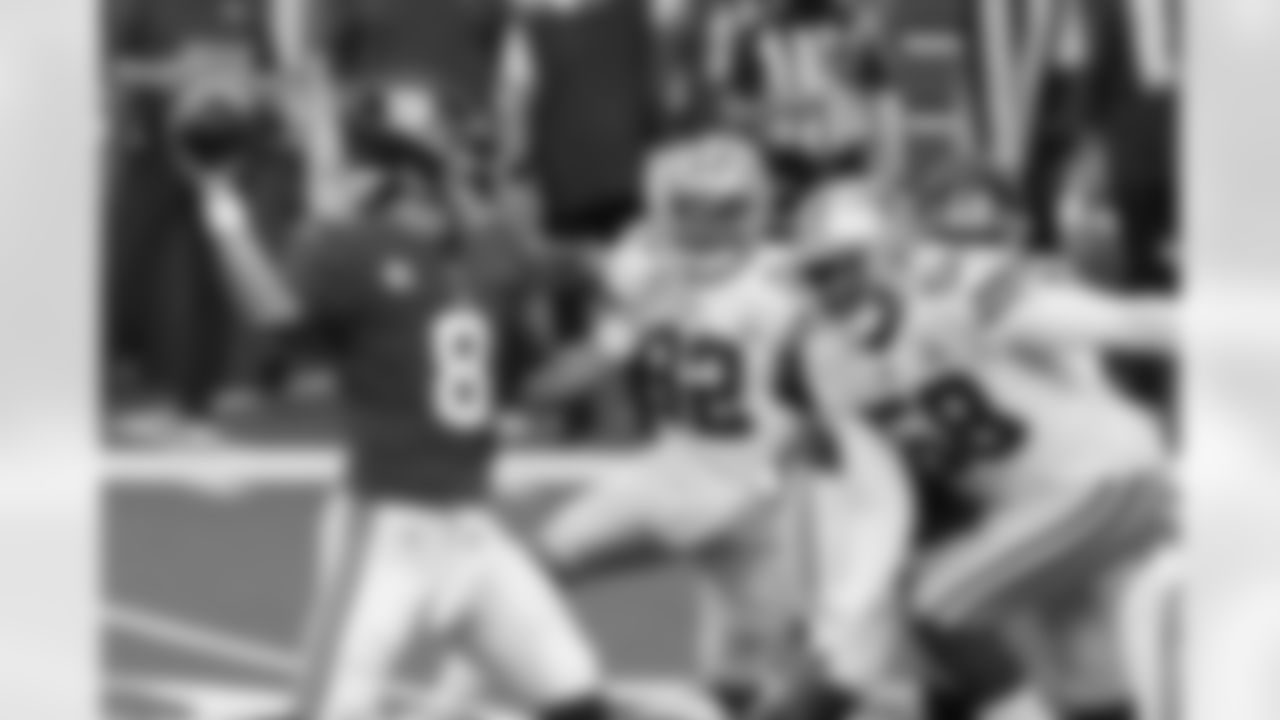
New York Giants quarterback Daniel Jones (8) throws a pass under pressure from Dallas Cowboys defensive end Dorance Armstrong (92) and defensive end Aldon Smith (58) in the first half of an NFL football game in Arlington, Texas, Sunday, Oct. 11, 2020. (AP Photo/Ron Jenkins)
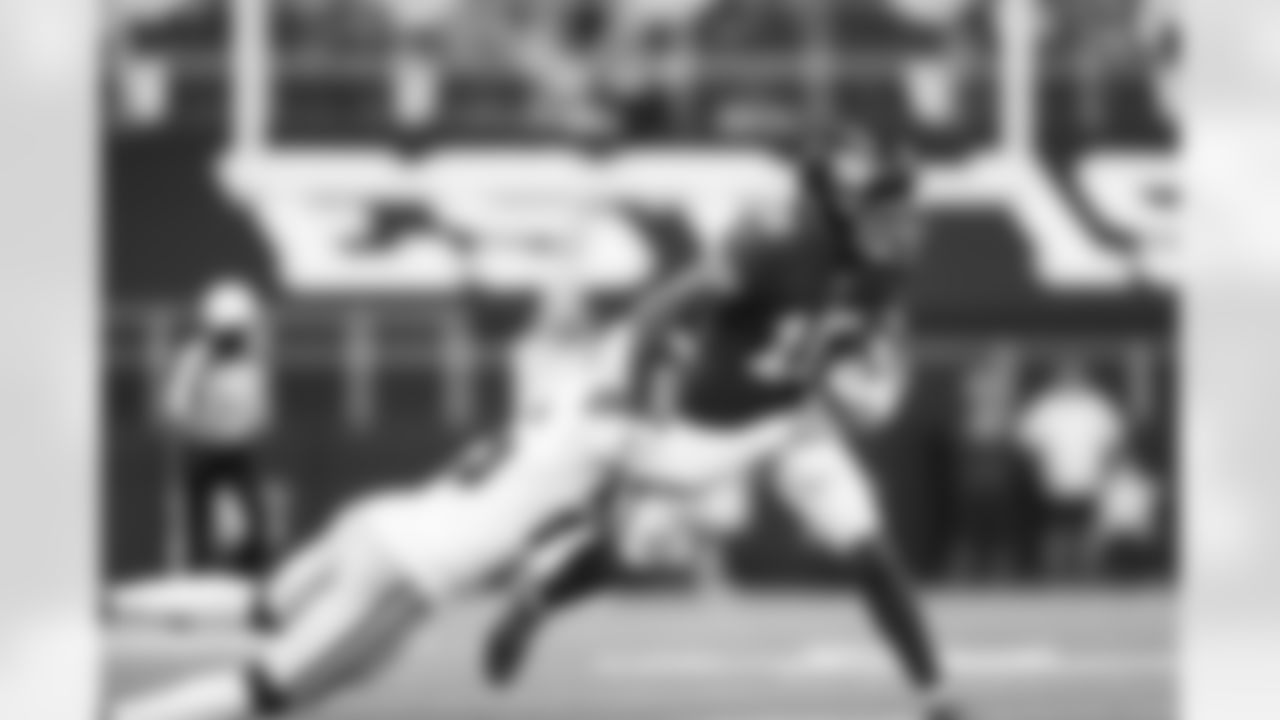
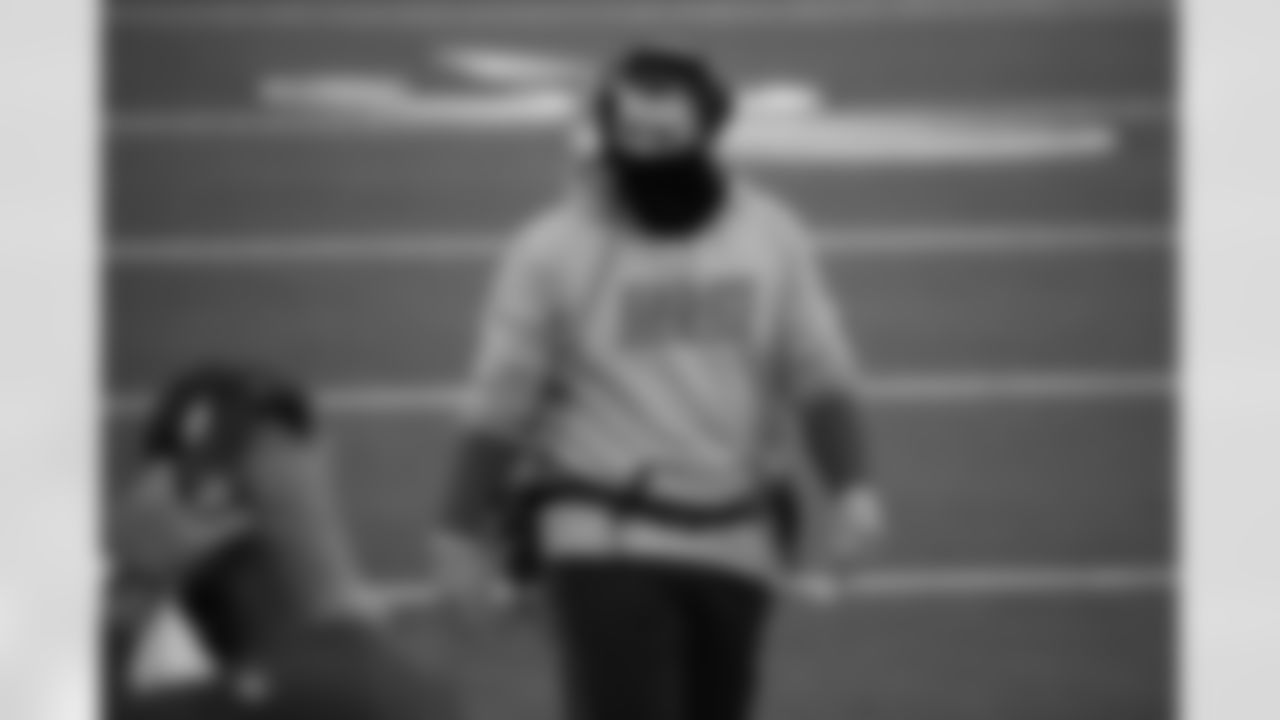
Head Coach Joe Judge picked up his first win as a head coach in this Week 5 victory over the Cowboys.
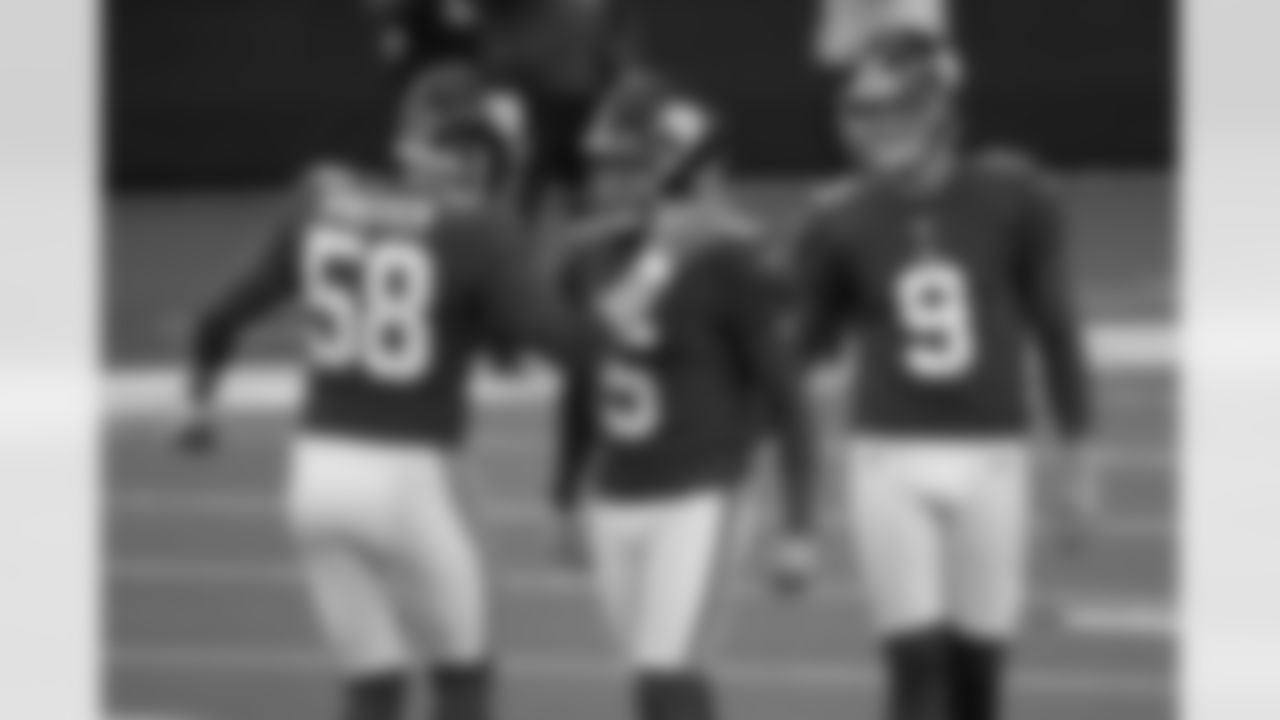
New York Giants' Casey Kreiter (58), place kicker Graham Gano (5) and punter Riley Dixon (9) celebrate a field goal kicked by Gano in the first half of an NFL football game against the Dallas Cowboys in Arlington, Texas, Sunday, Oct. 11, 2020. (AP Photo/Ron Jenkins)
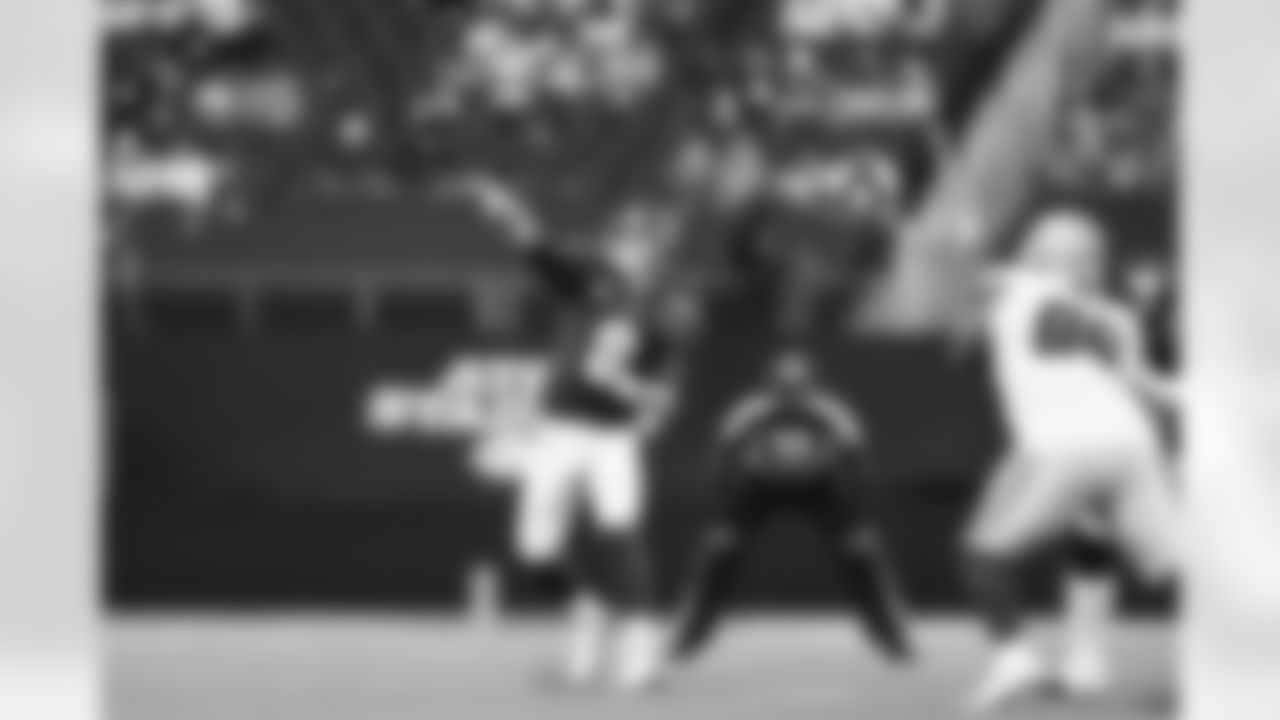
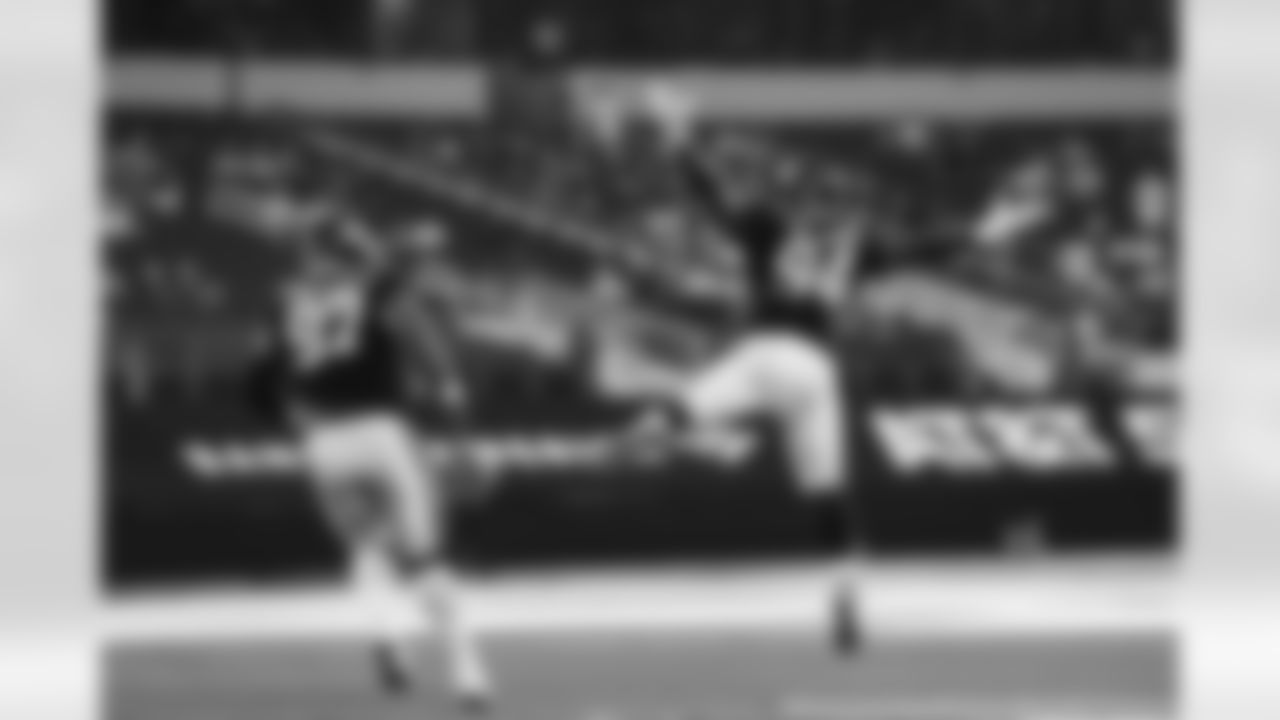
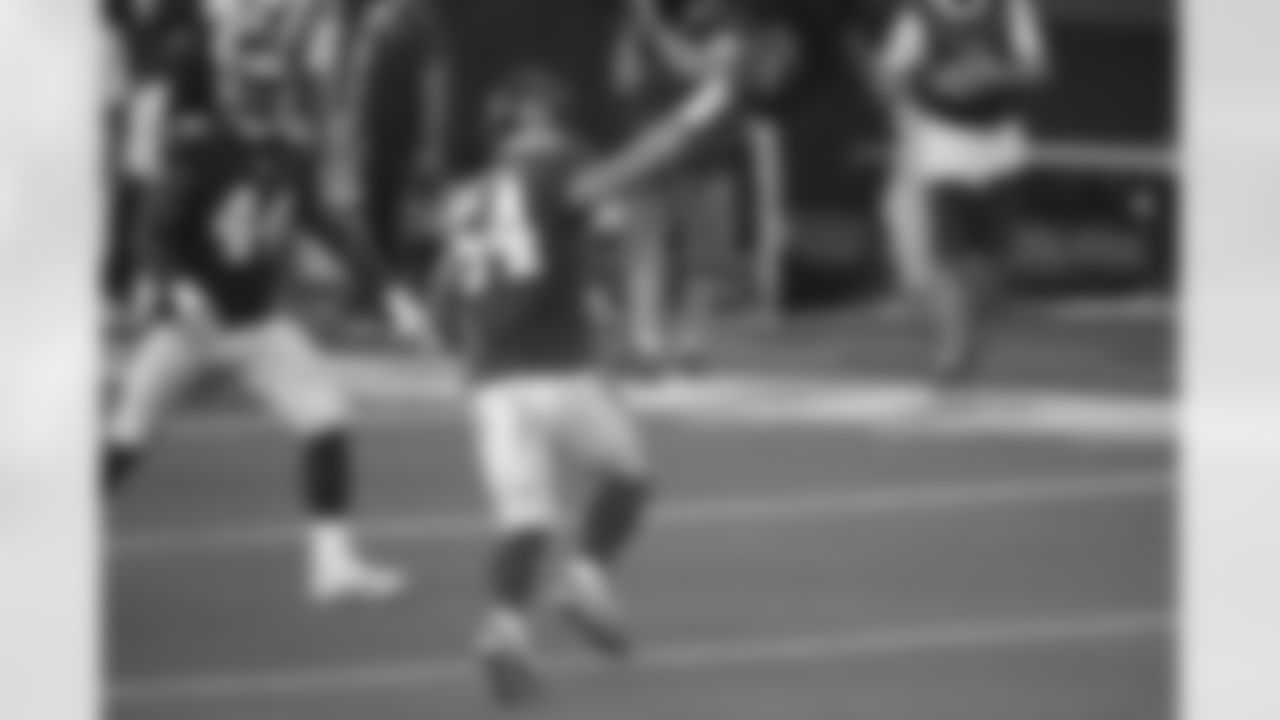
New York Giants linebacker Blake Martinez (54) reacts during an NFL football game against the Dallas Cowboys on Sunday, October 11, 2020 in Dallas, Texas. (Cooper Neill/NFL)
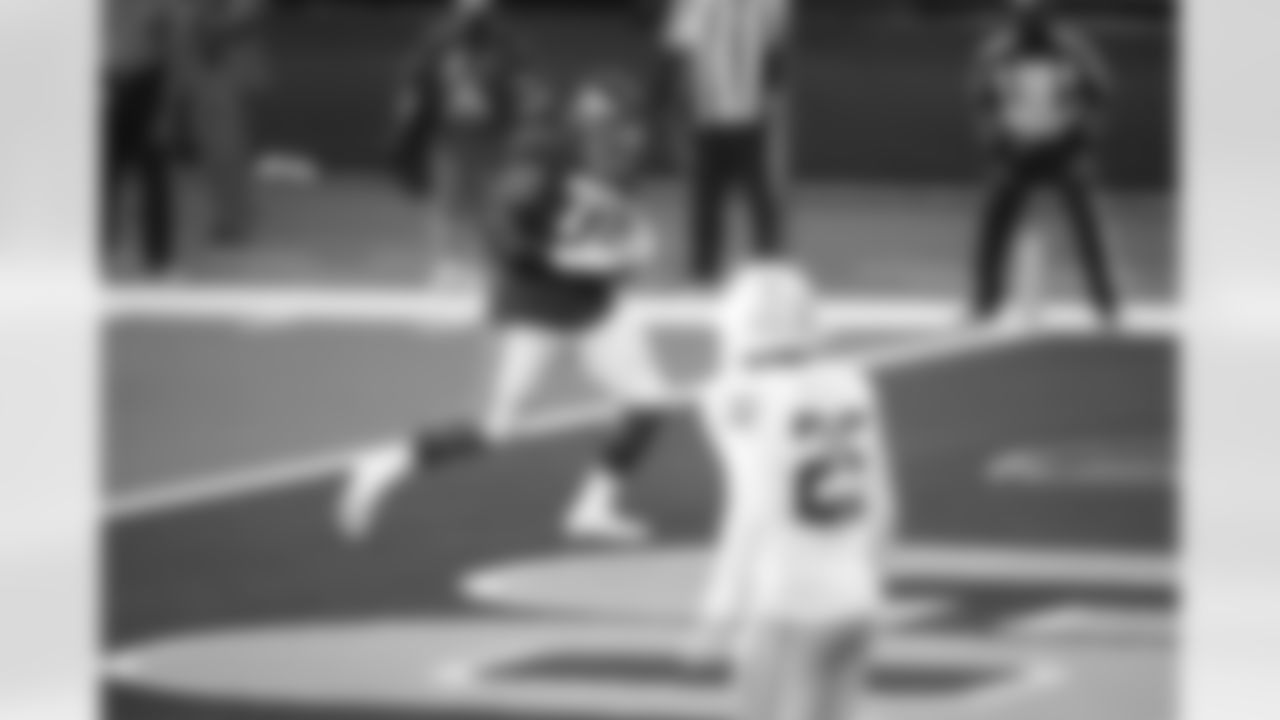
New York Giants offensive tackle Andrew Thomas (78) catches a 2-point conversion pass during an NFL football game against the Dallas Cowboys on Sunday, October 11, 2020 in Dallas, Texas. (Cooper Neill/NFL)
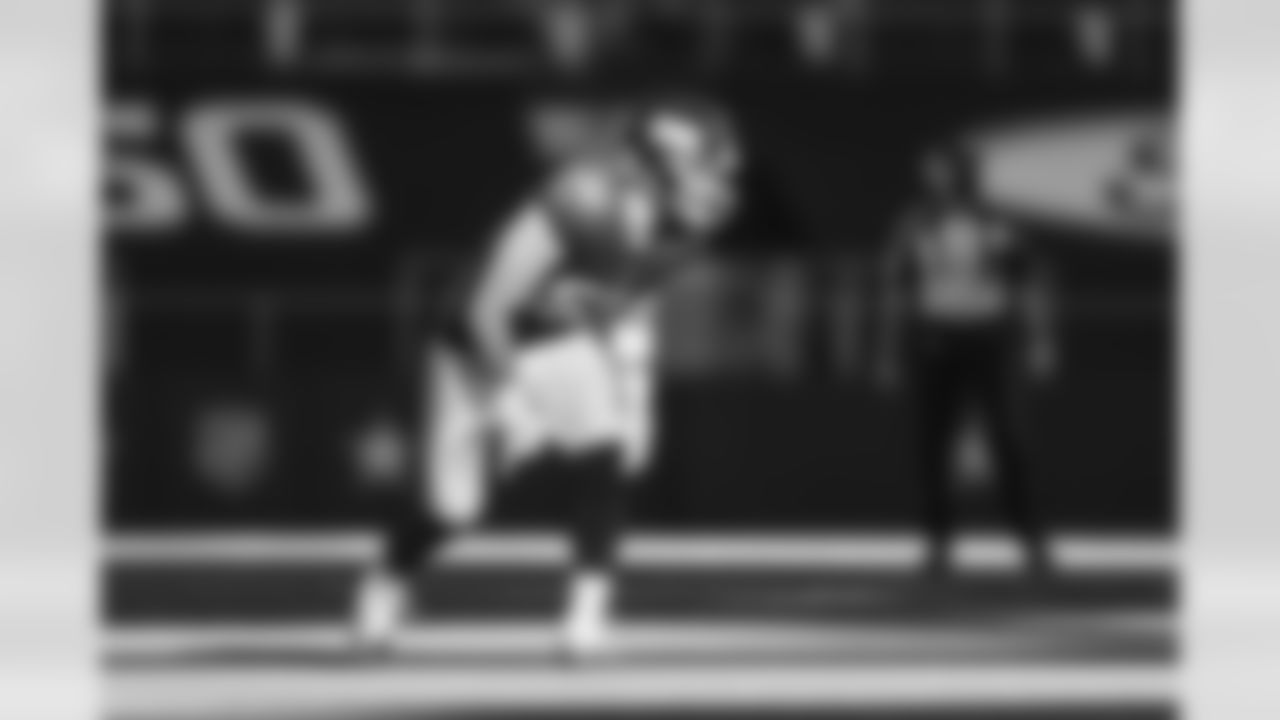
OLB Kyler Fackrell finished the game with 3 tackles (2 solo), 1 tackle for loss, 1 pass defended, 1 quarterback hit and an interception which he returned 46 yards for a touchdown.
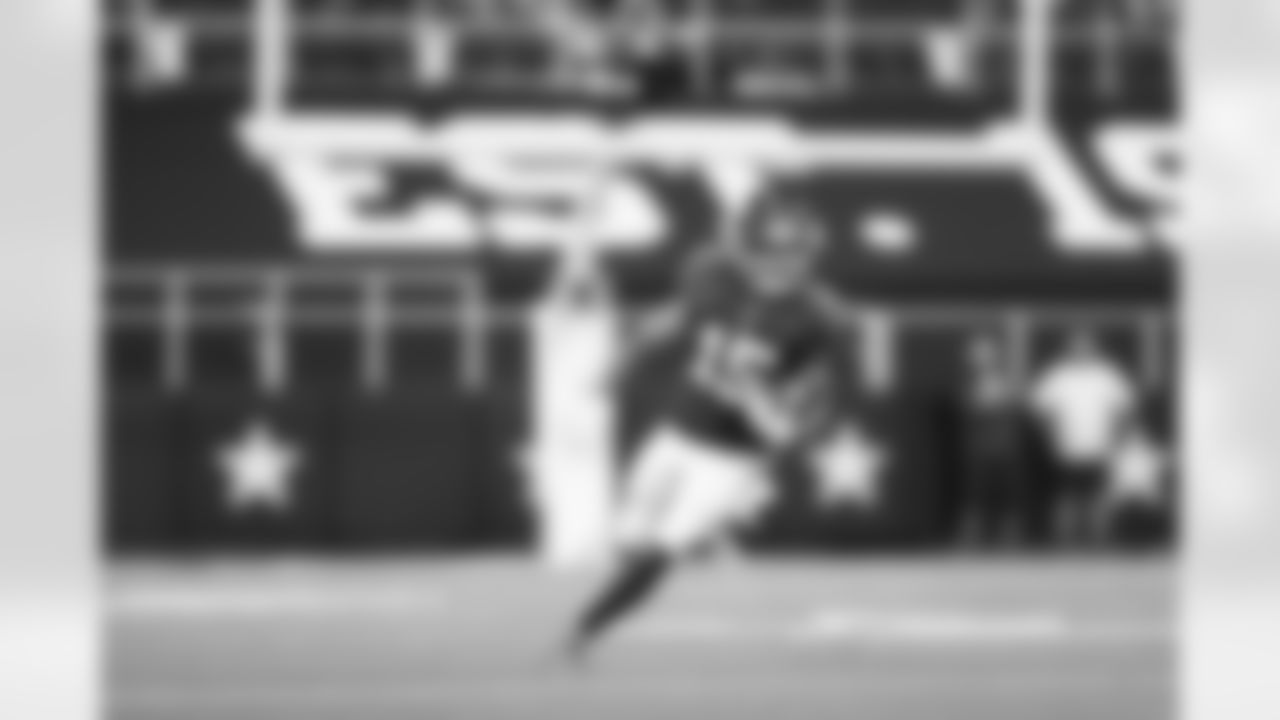
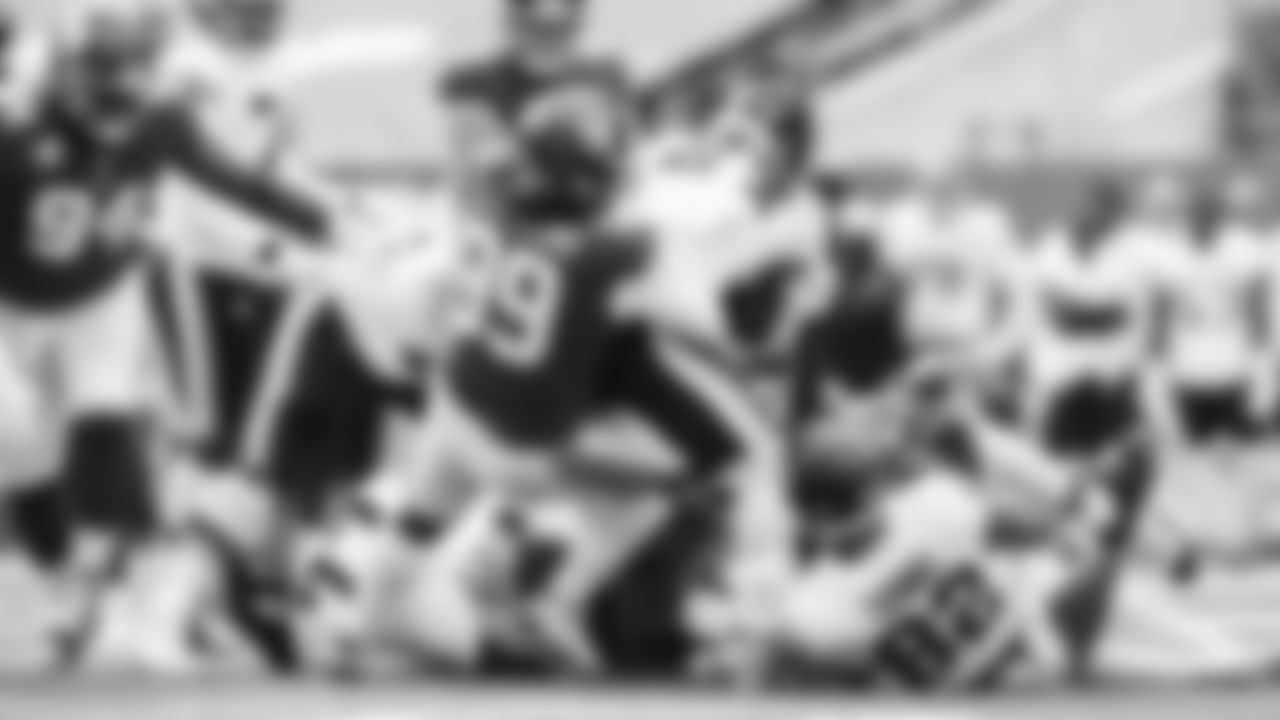
2021: DL Leonard Williams (No. 84)
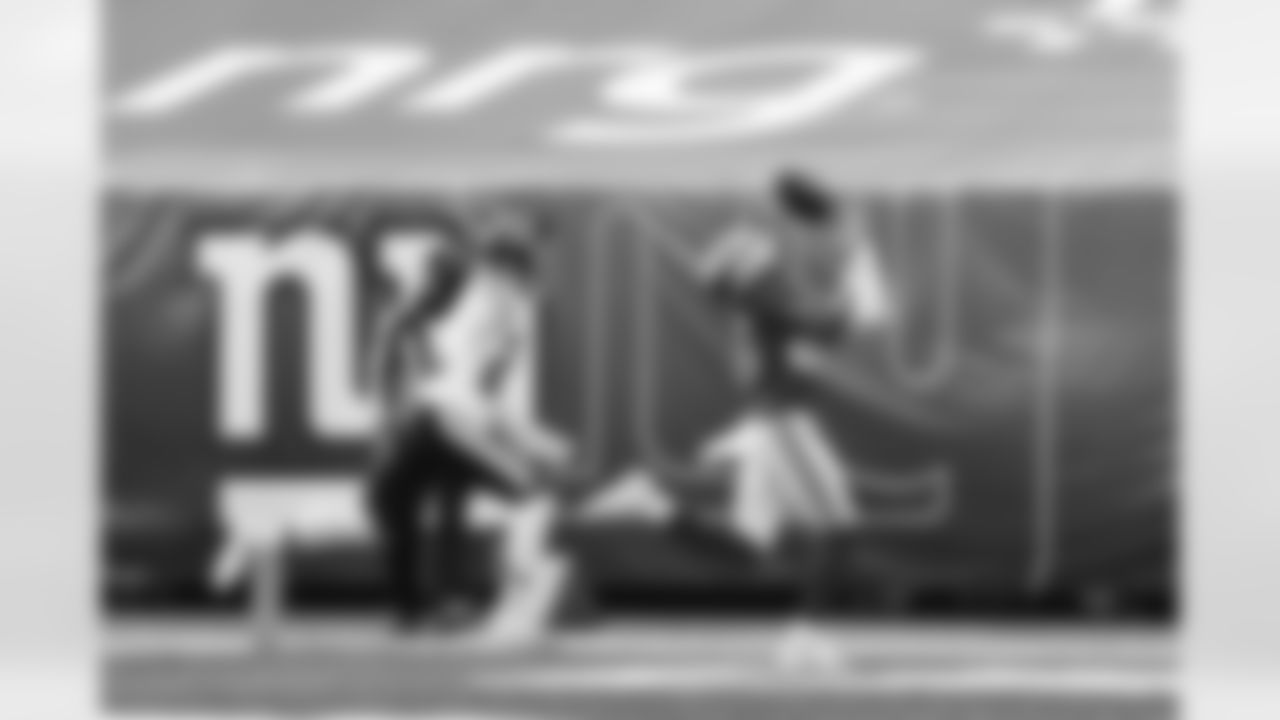
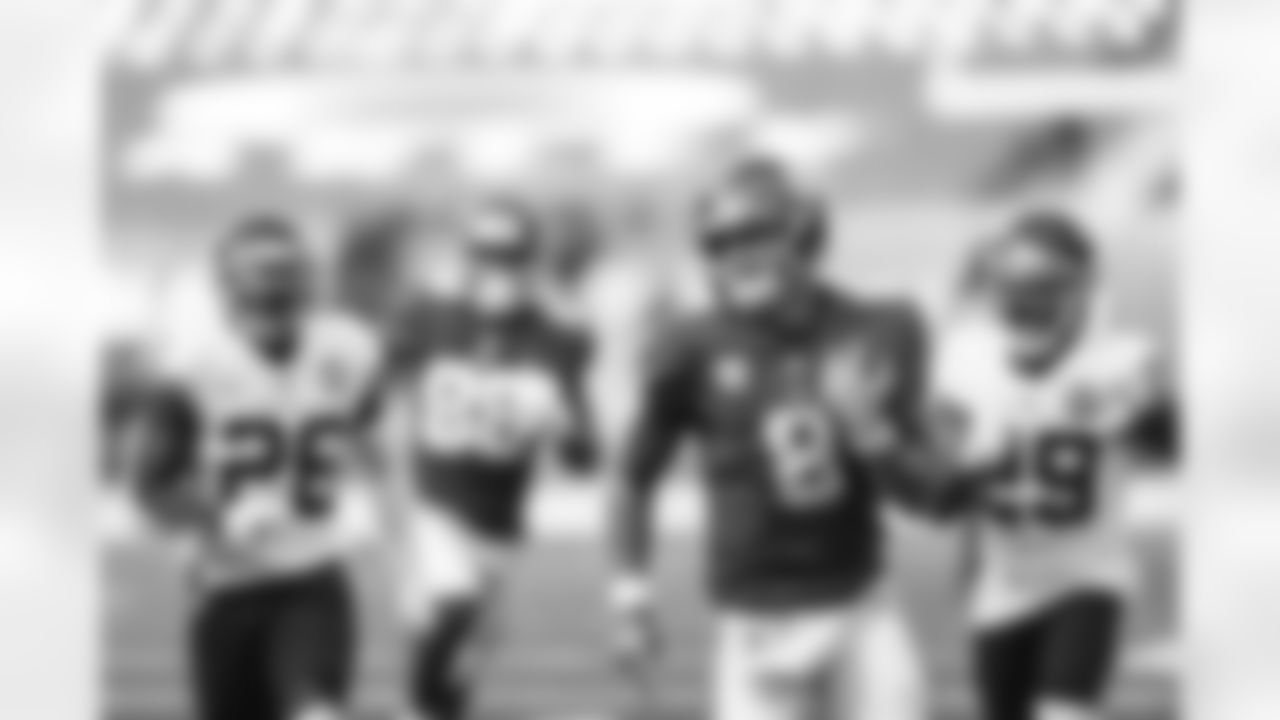
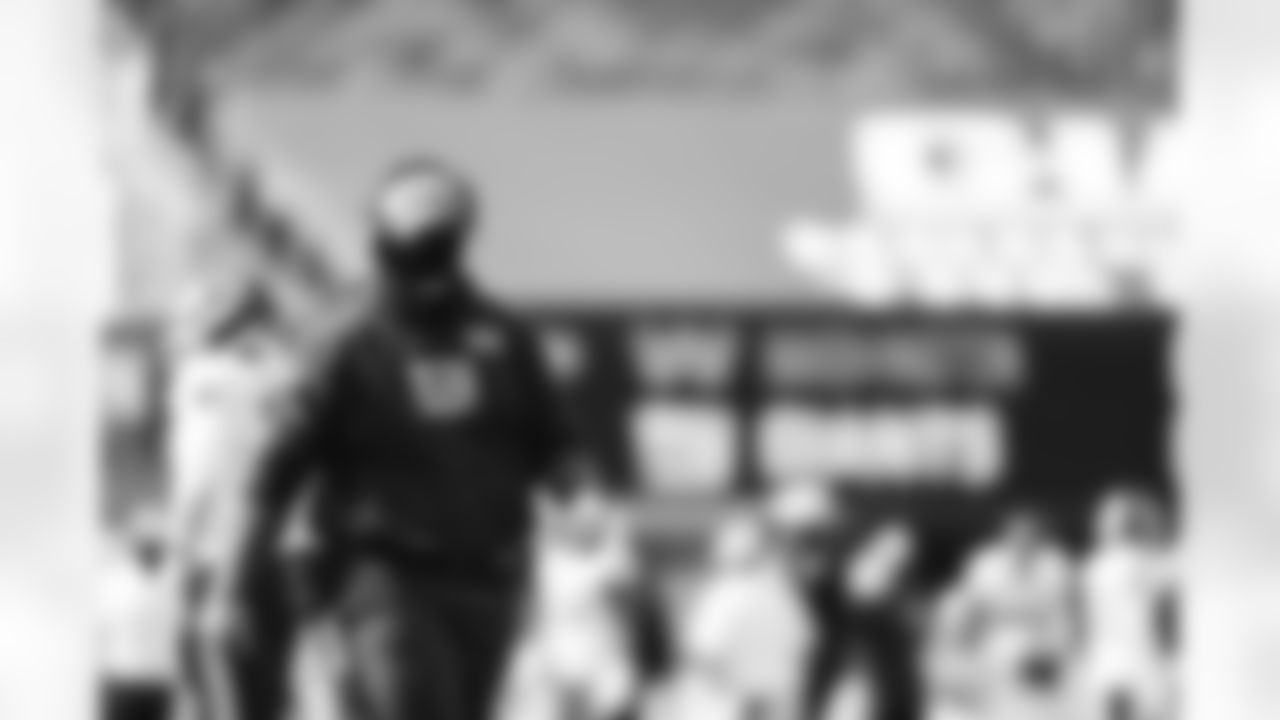
Head Coach Joe Judge picks up his first win as a head coach.
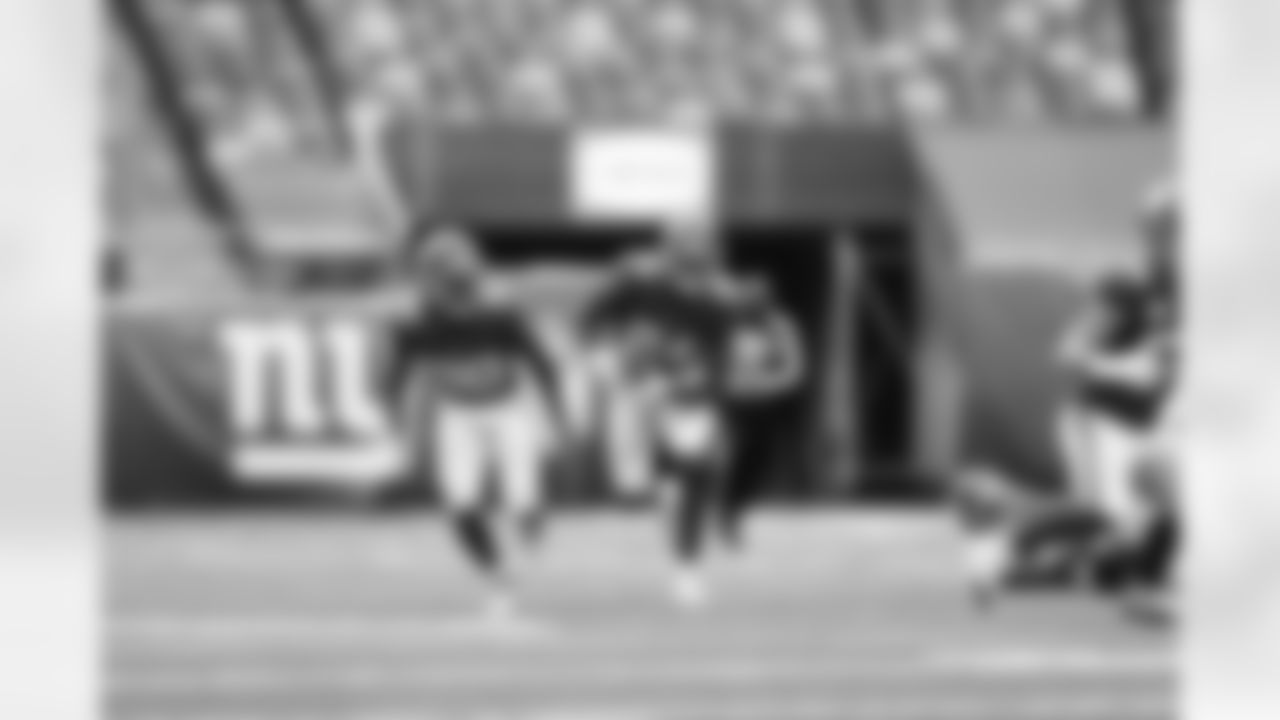
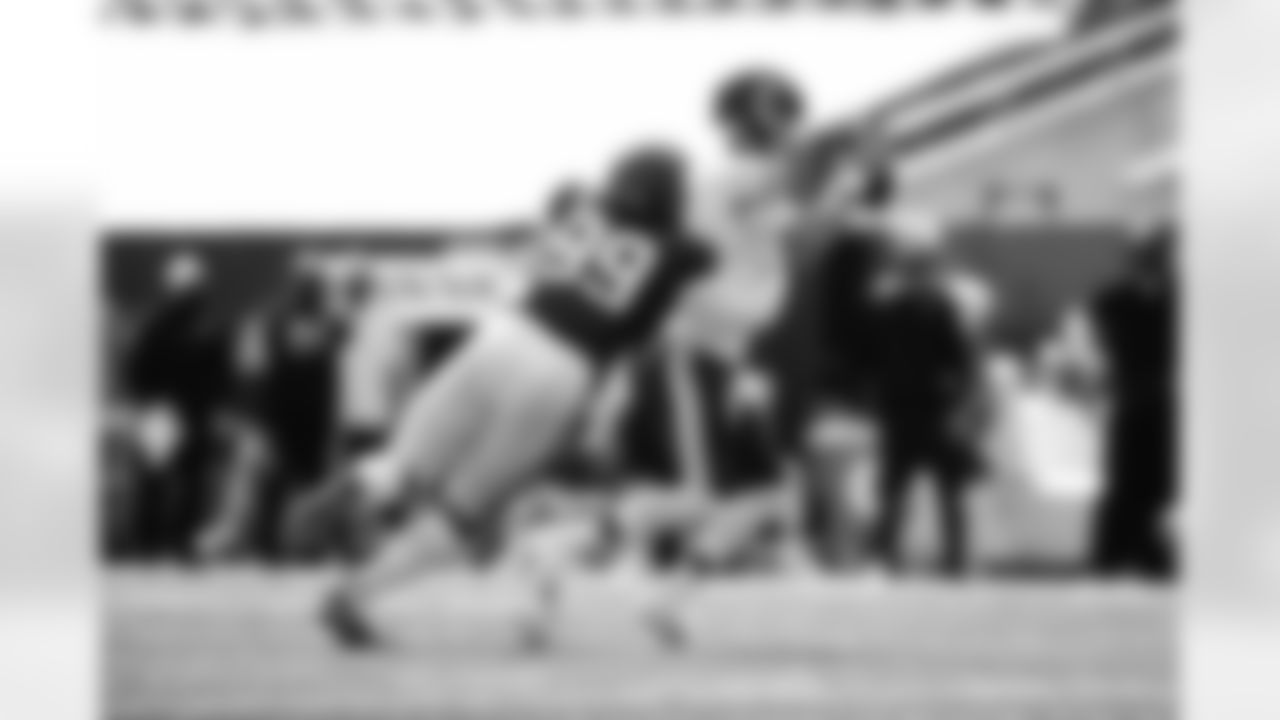
Leonard Williams (99)
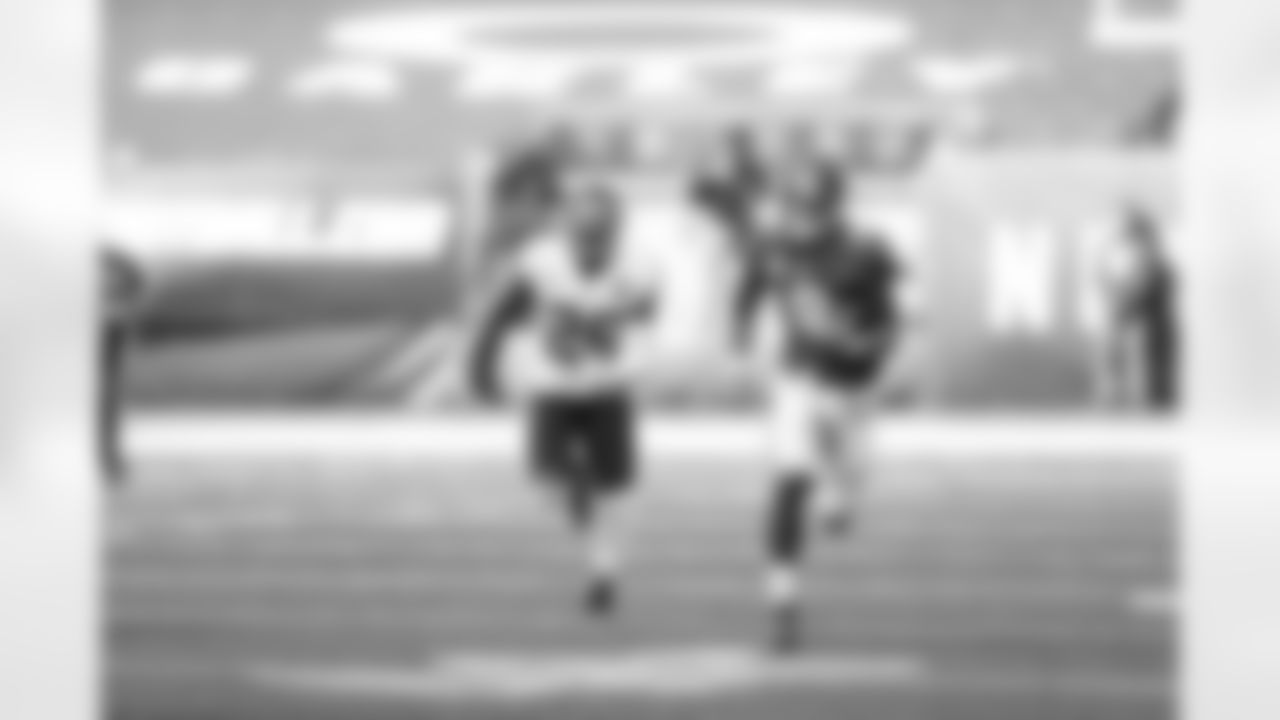
QB Daniel Jones completed 12 of 19 passes for 112 yards and a touchdown, adding seven carries for 74 yards.
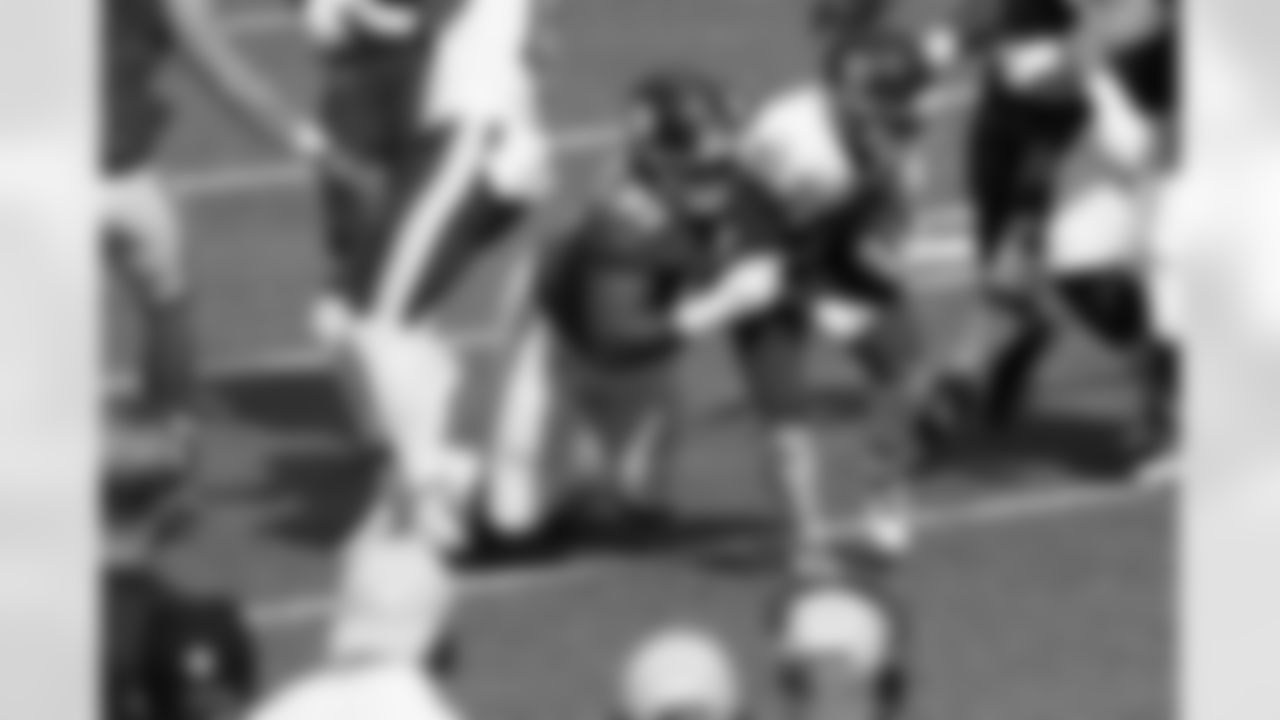
New York Giants' Dexter Lawrence (97) tackles Washington Football Team's J.D. McKissic (41) during the first half of an NFL football game Sunday, Oct. 18, 2020, in East Rutherford, N.J. (AP Photo/Bill Kostroun)
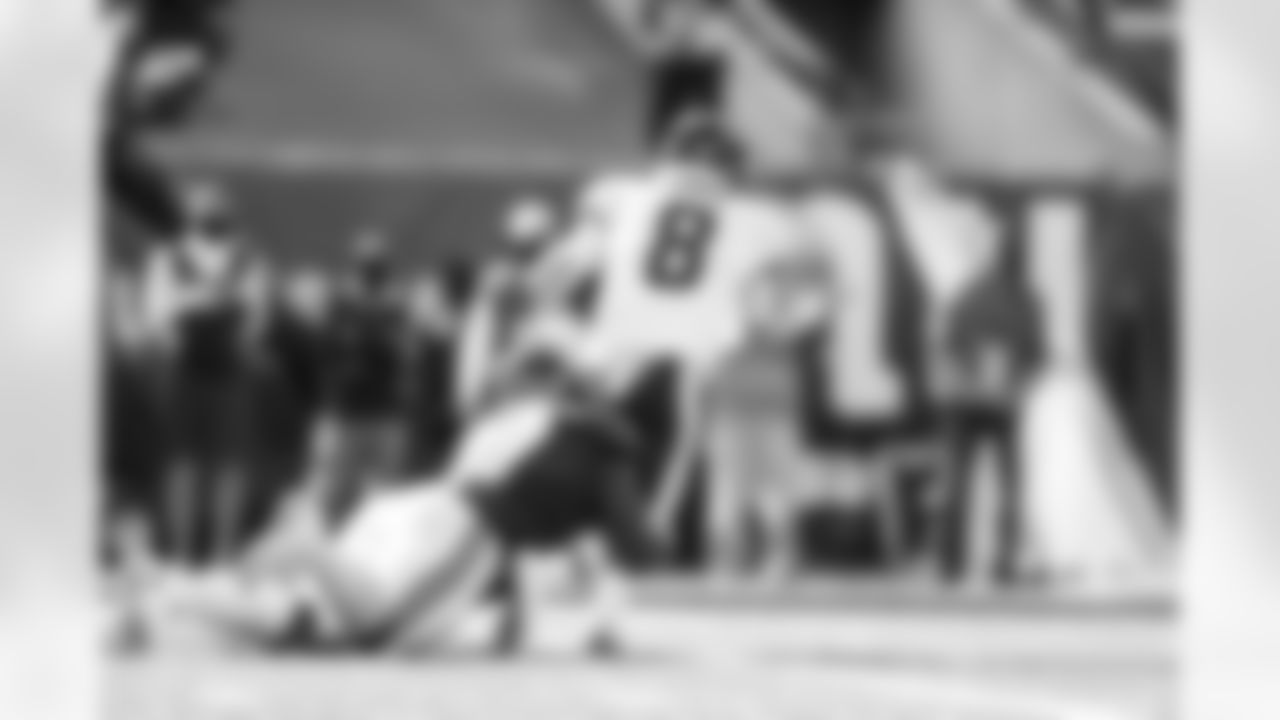
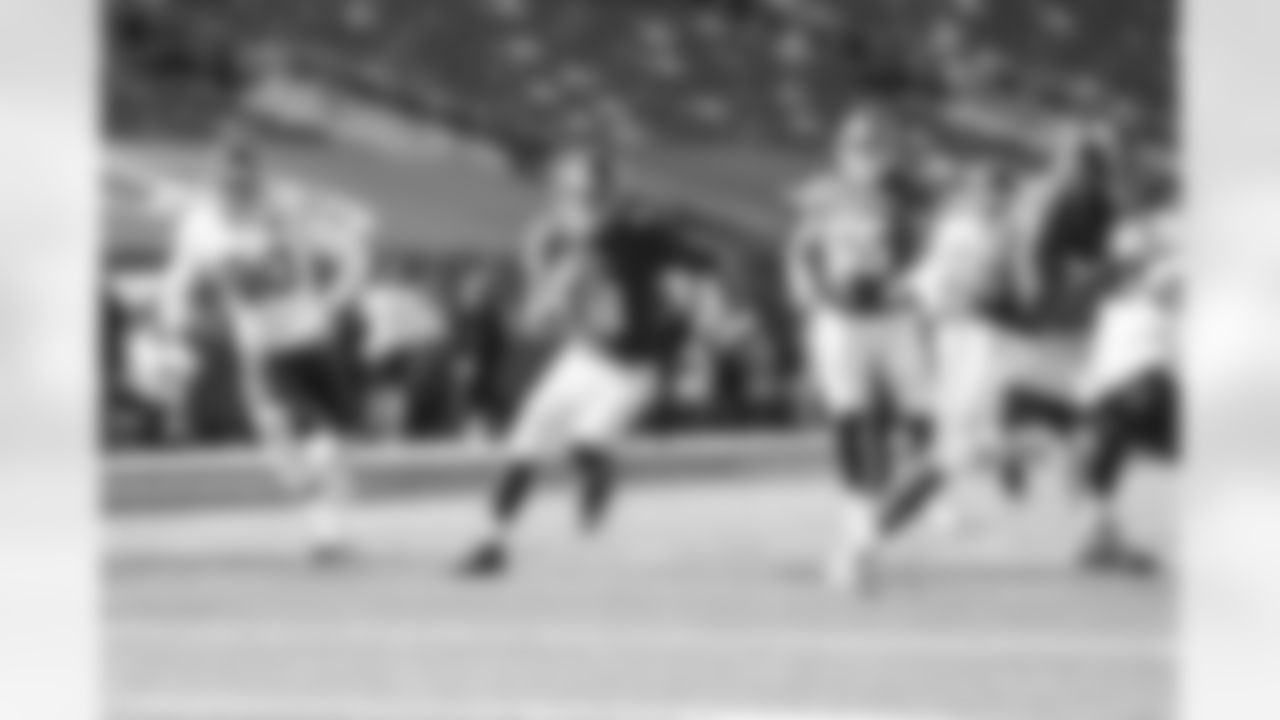
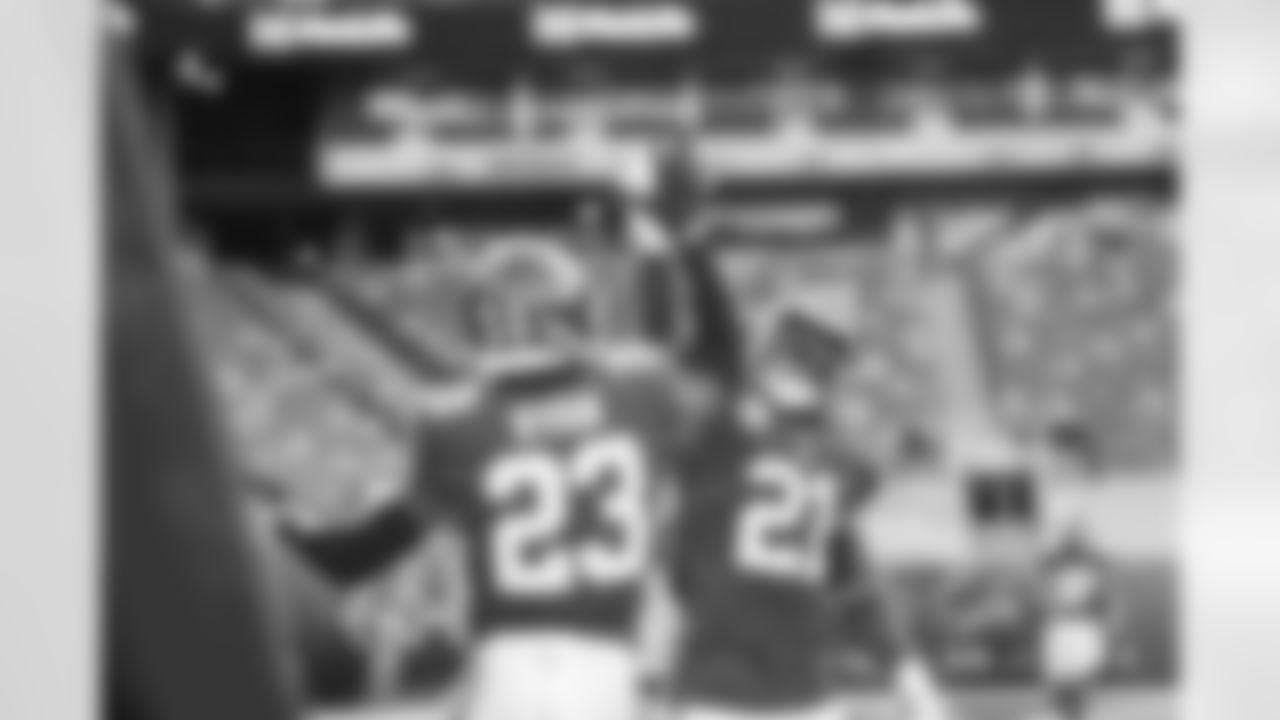
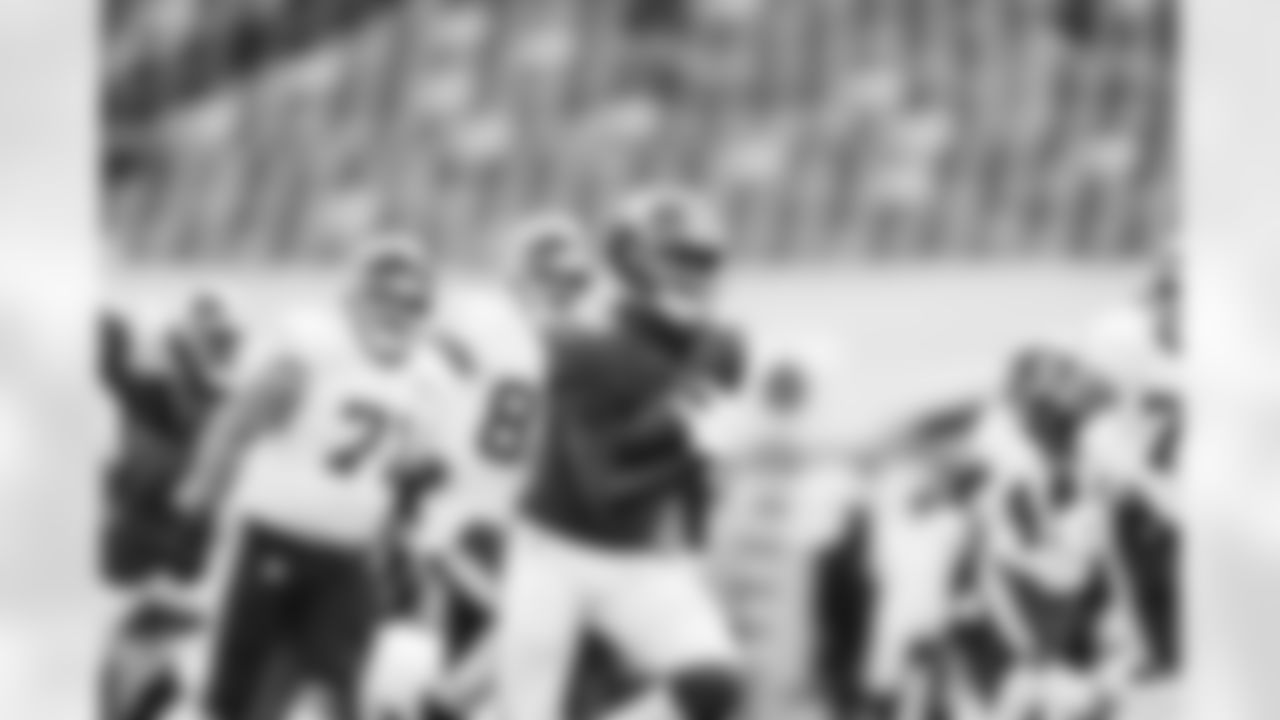
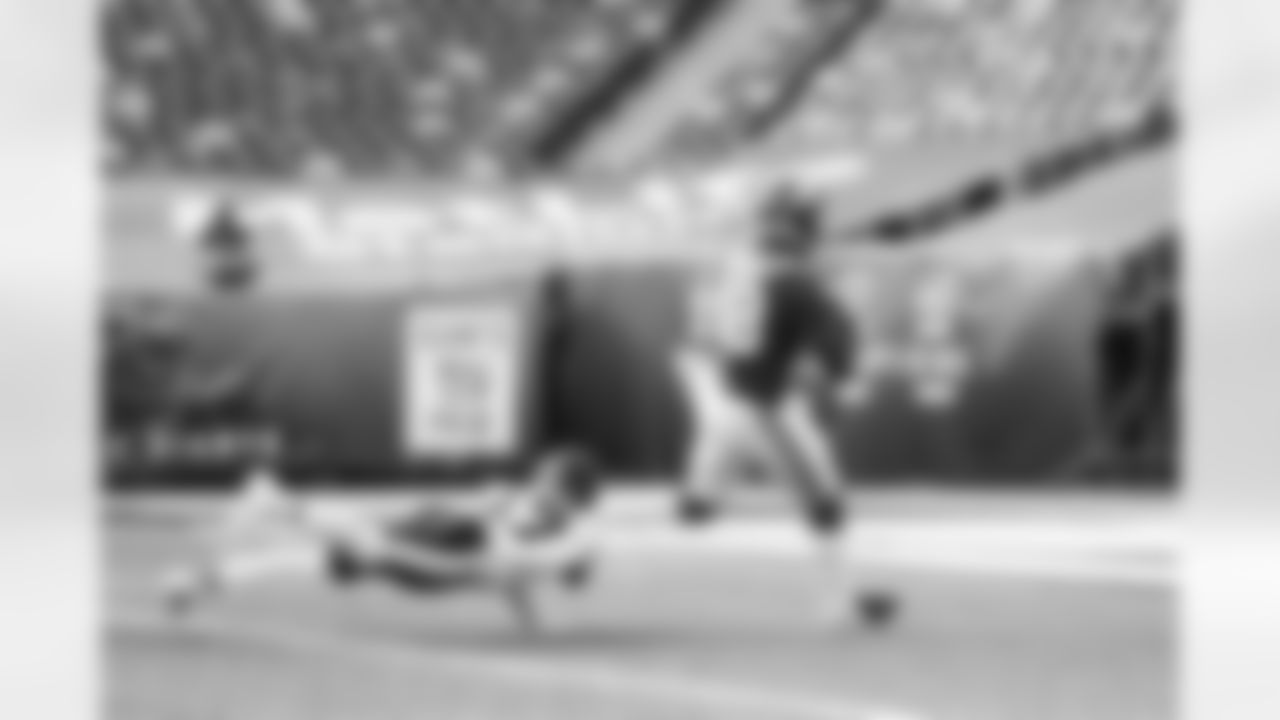
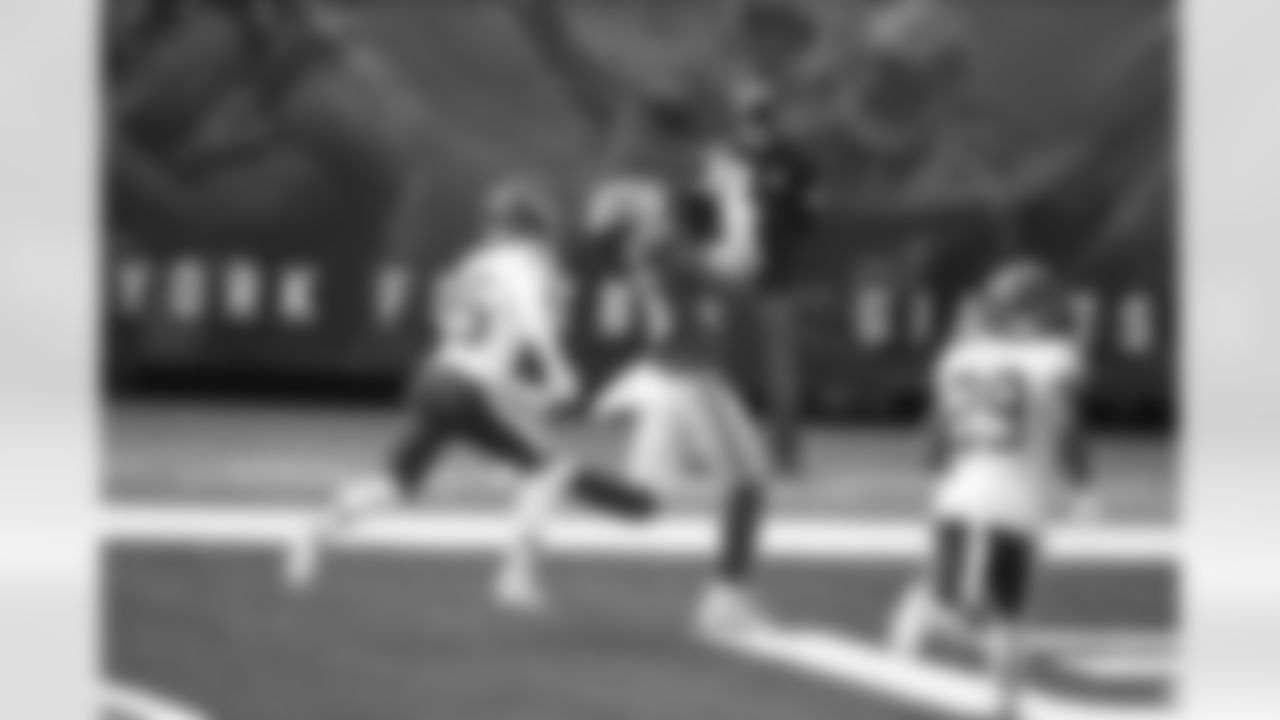
WR Darius Slayton caught two passes for 41 yards and a touchdown.
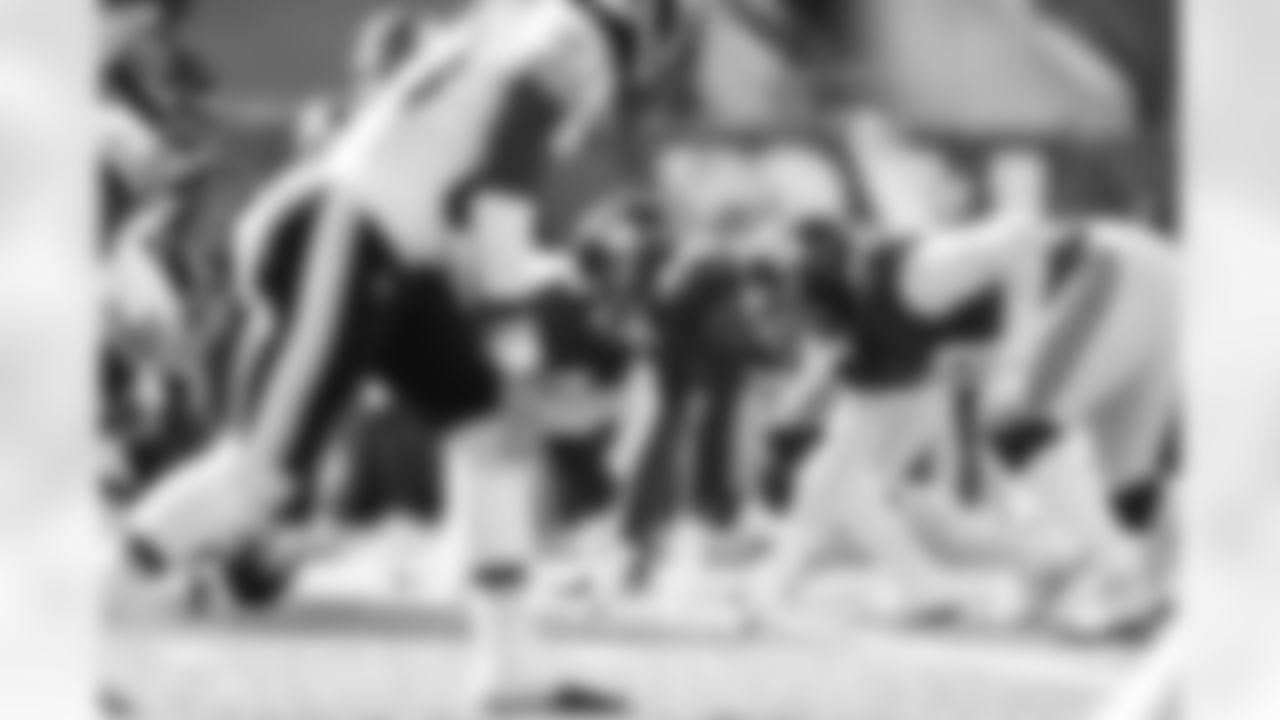
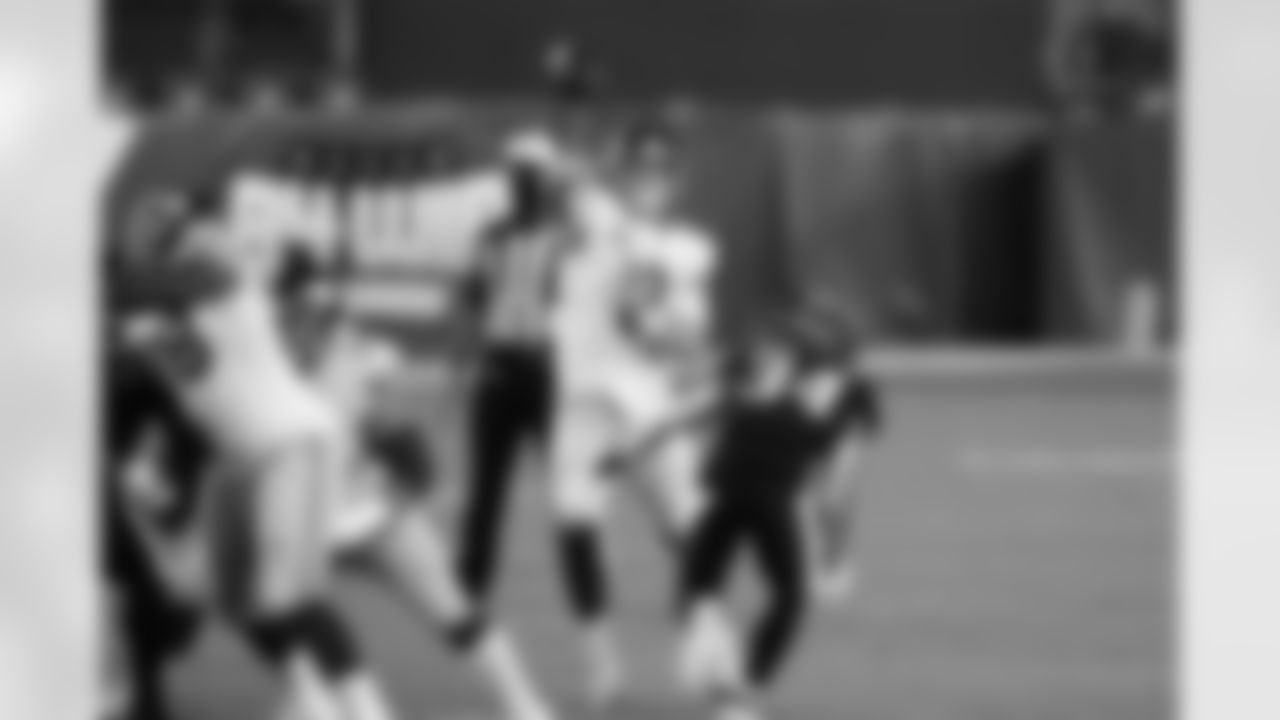
New York Giants' Daniel Jones plays during the first half of an NFL football game against the Philadelphia Eagles, Thursday, Oct. 22, 2020, in Philadelphia. (AP Photo/Chris Szagola)
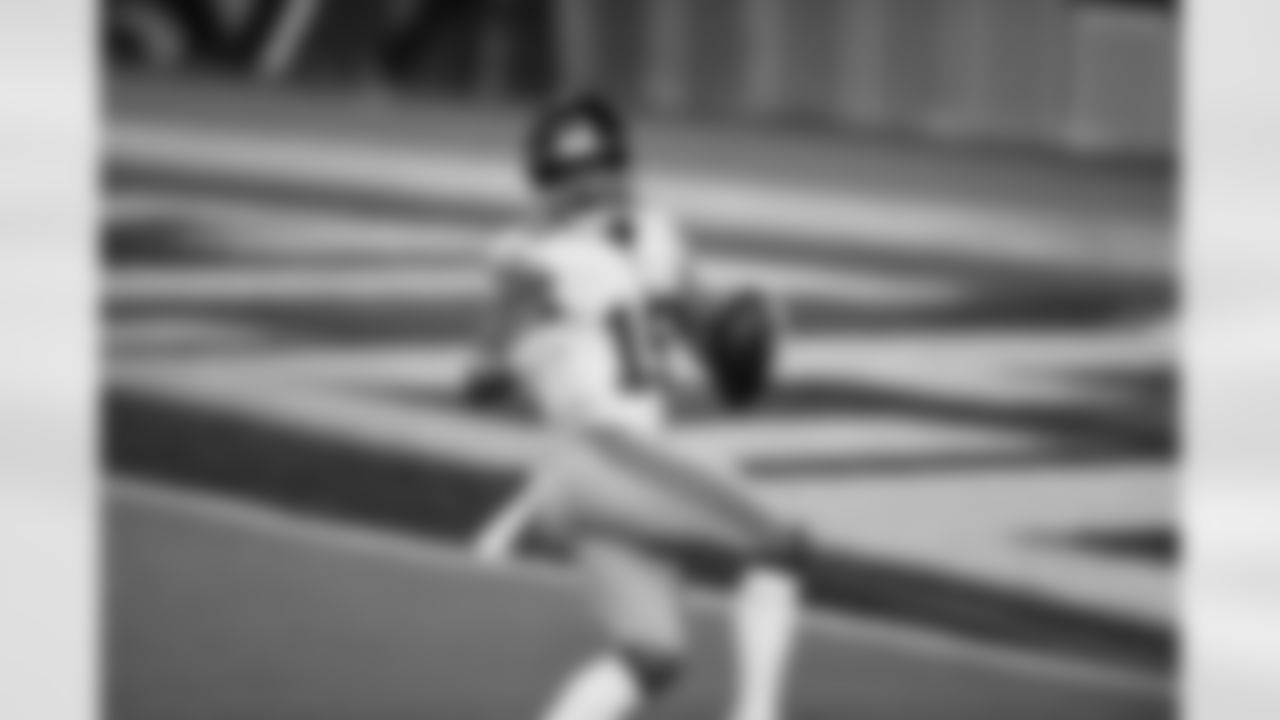
WR Golden Tate caught just one pass but made it count, taking it 39 yards for a touchdown.
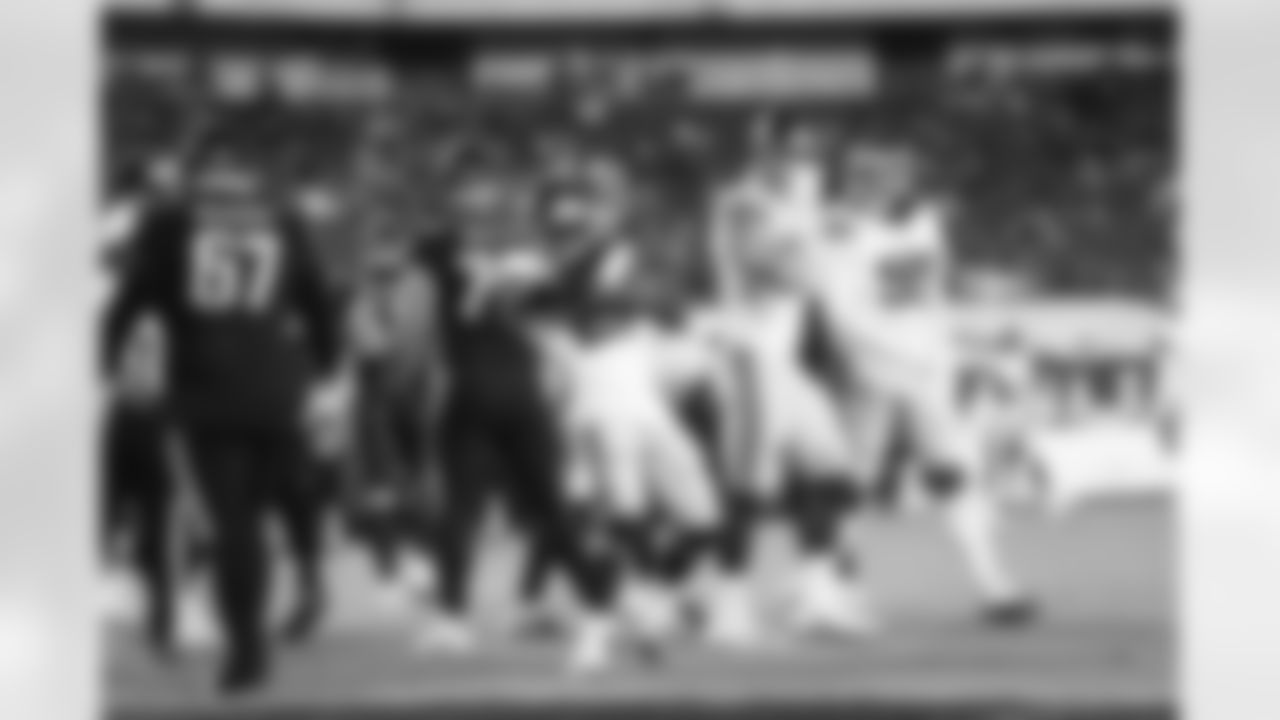
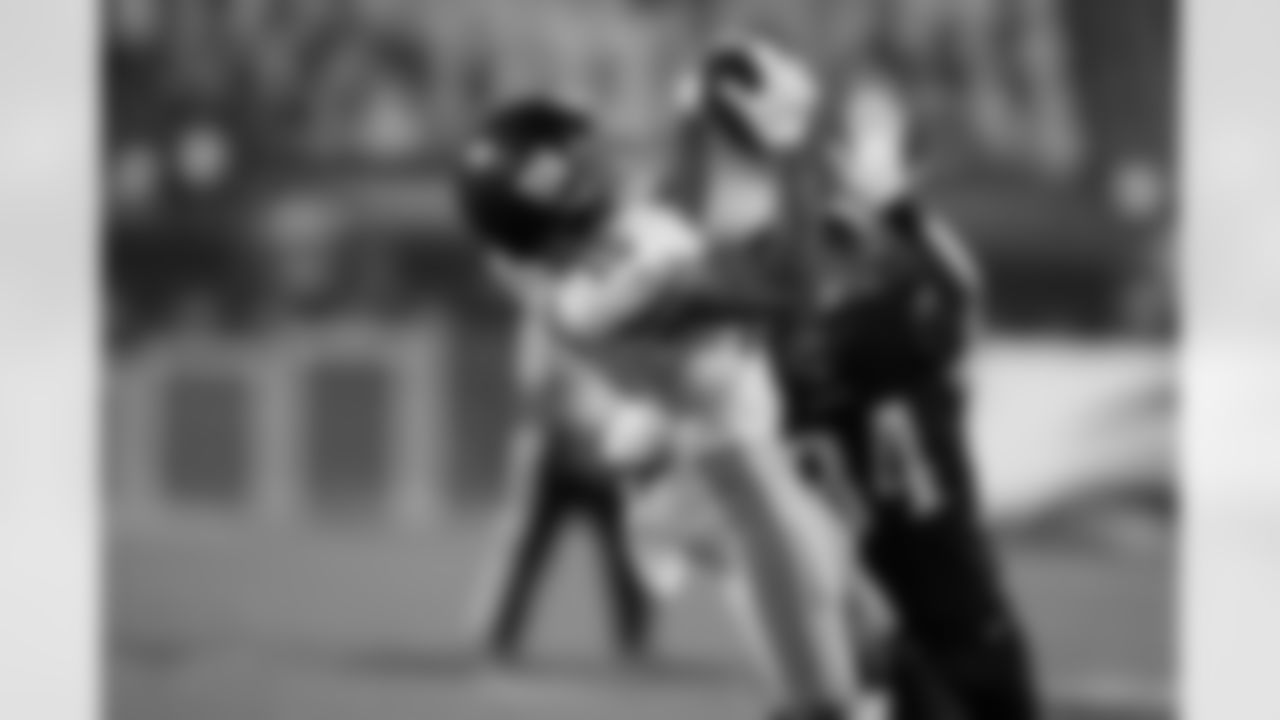
New York Giants wide receiver Golden Tate (15) makes a catch to score a touchdown during an NFL football game against the Philadelphia Eagles on Thursday, October 22, 2020 in Philadelphia, Pennsylvania. (Ric Tapia/NFL)
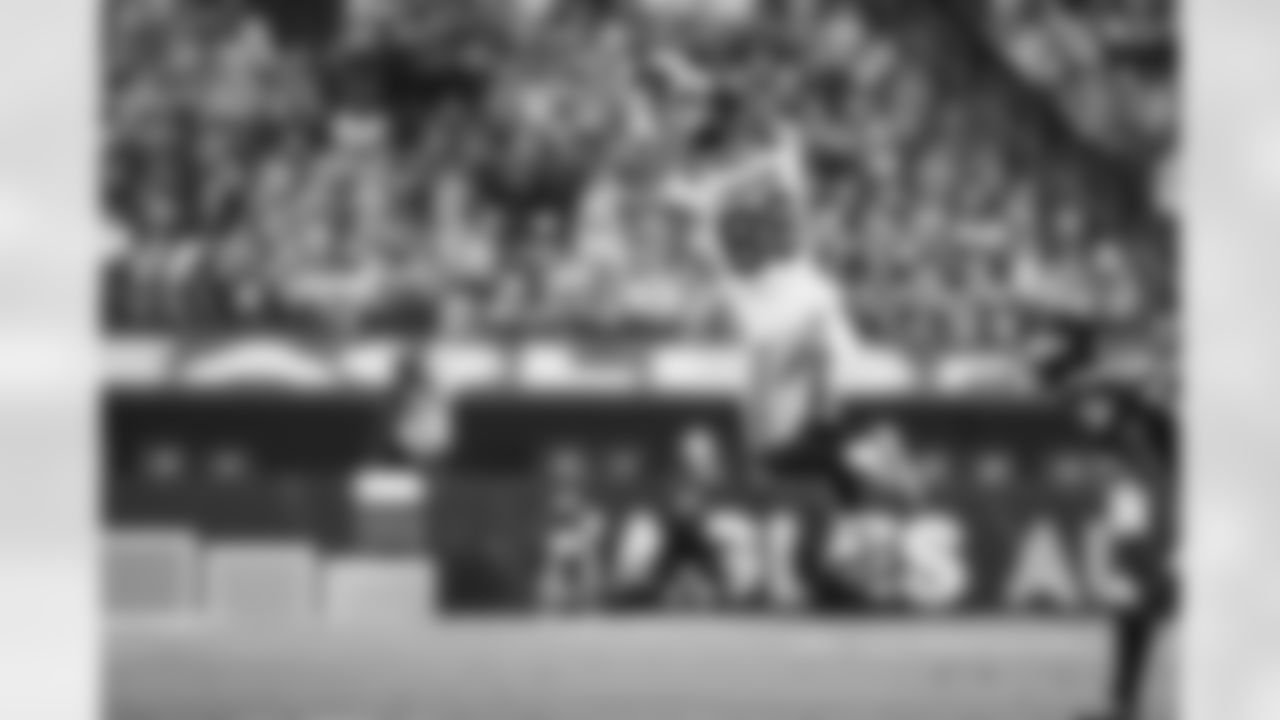
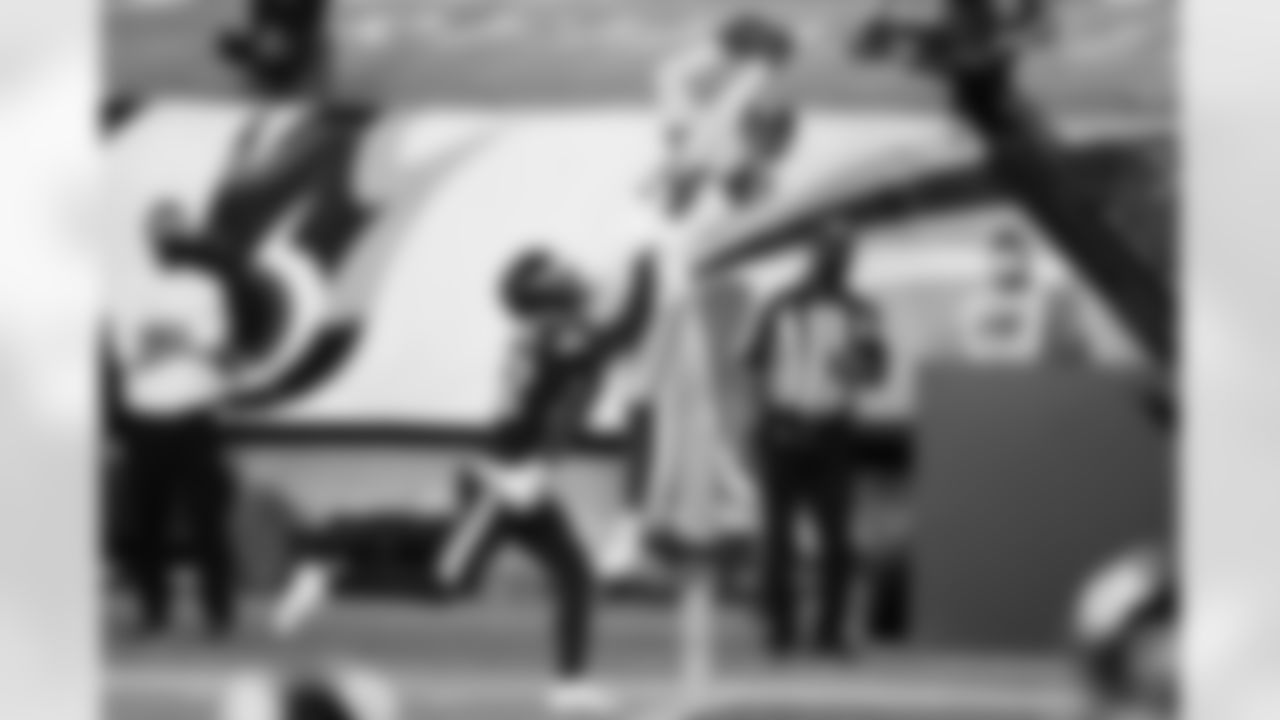
New York Giants' James Bradberry (24) intercepts a pass against Philadelphia Eagles' John Hightower (82) during the first half of an NFL football game, Thursday, Oct. 22, 2020, in Philadelphia. (AP Photo/Derik Hamilton)
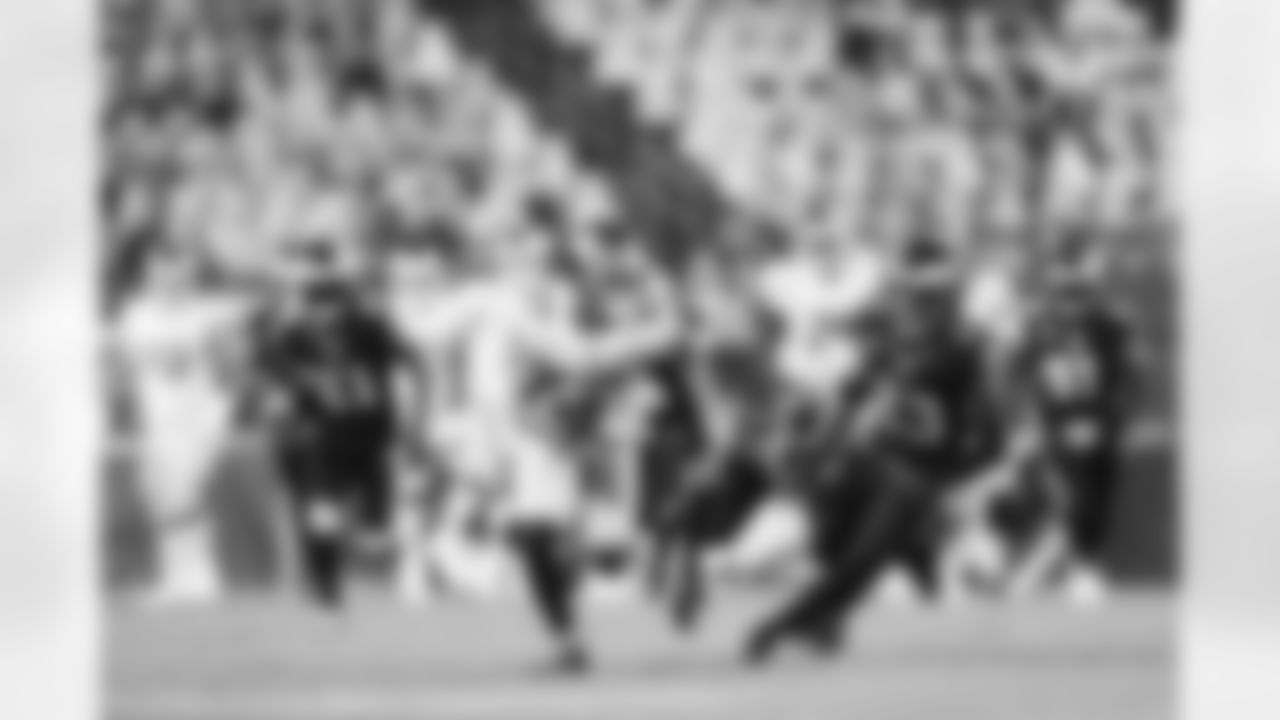
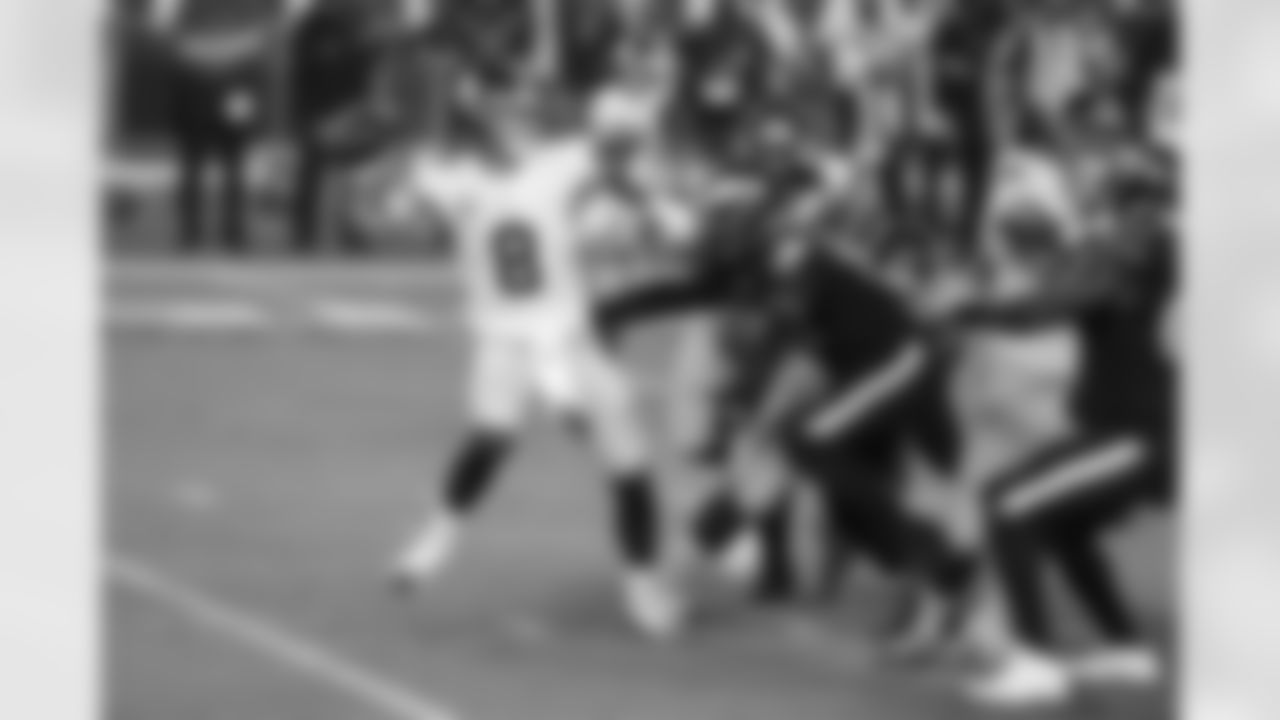
New York Giants quarterback Daniel Jones (8) looks to throw the ball during an NFL football game against the Philadelphia Eagles on Thursday, October 22, 2020 in Philadelphia, Pennsylvania. (Perry Knotts/NFL)
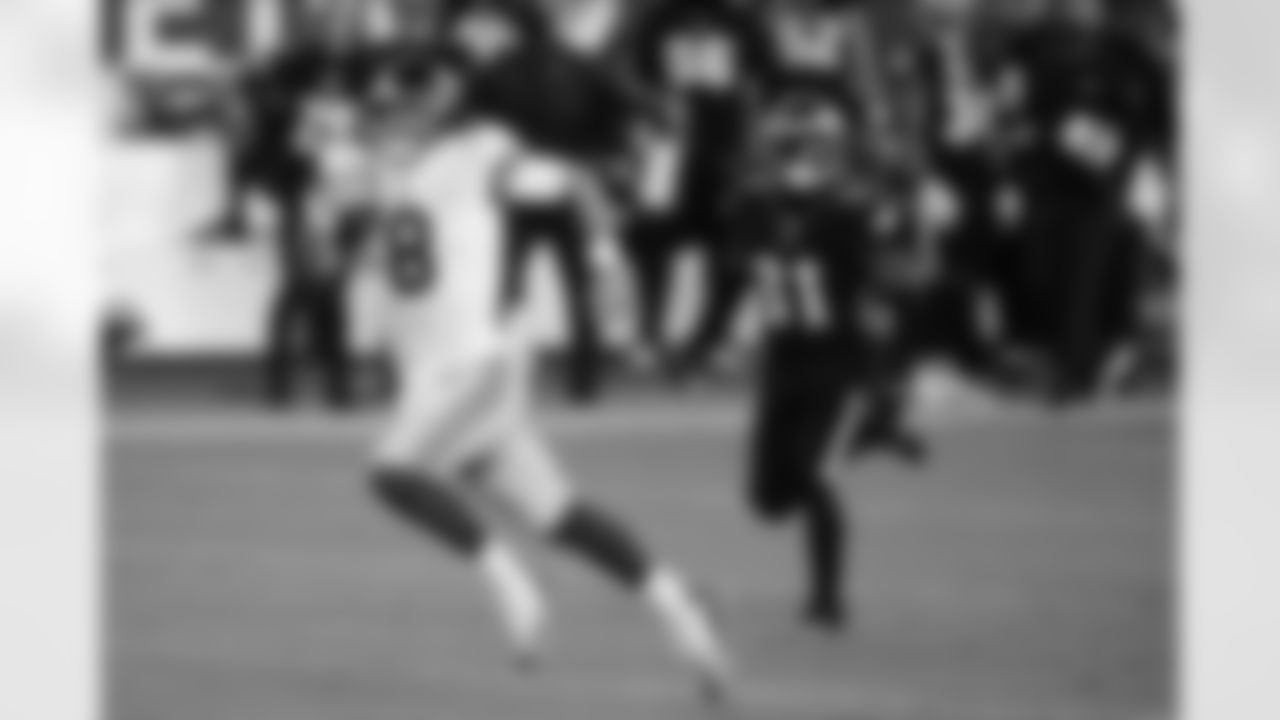
New York Giants' Daniel Jones runs with the ball during the first half of an NFL football game against the Philadelphia Eagles, Thursday, Oct. 22, 2020, in Philadelphia. (AP Photo/Chris Szagola)
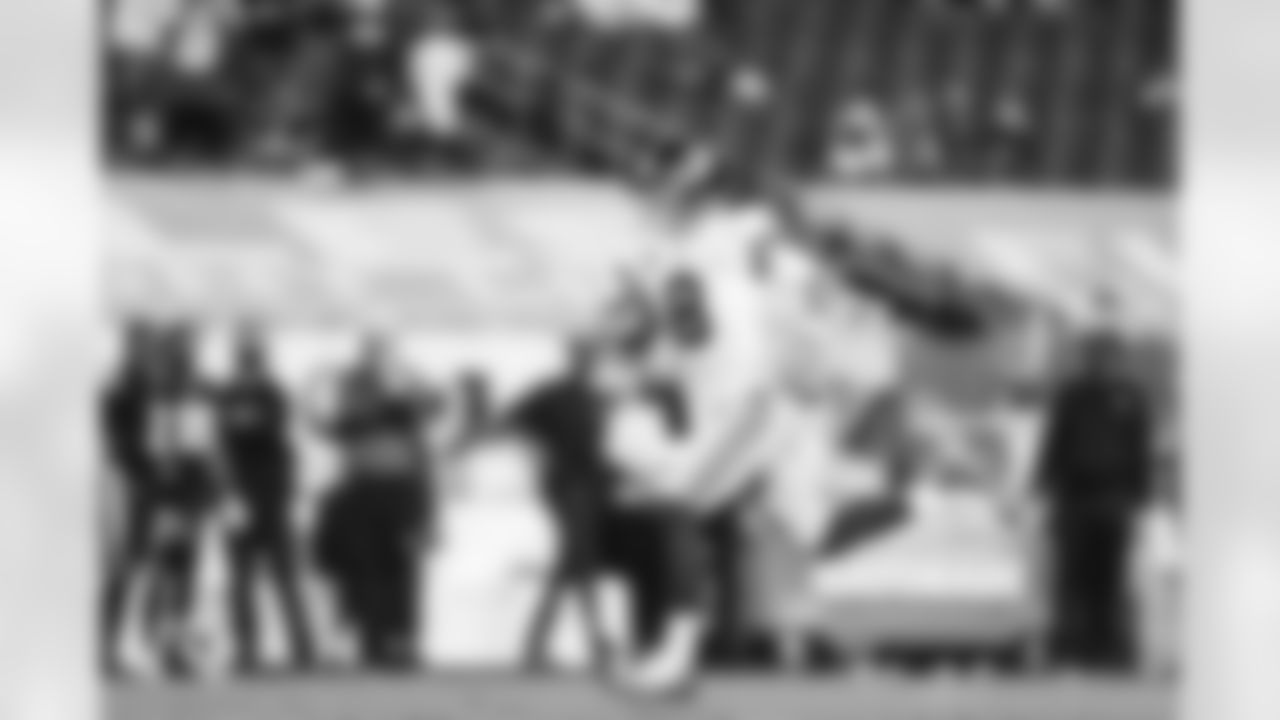
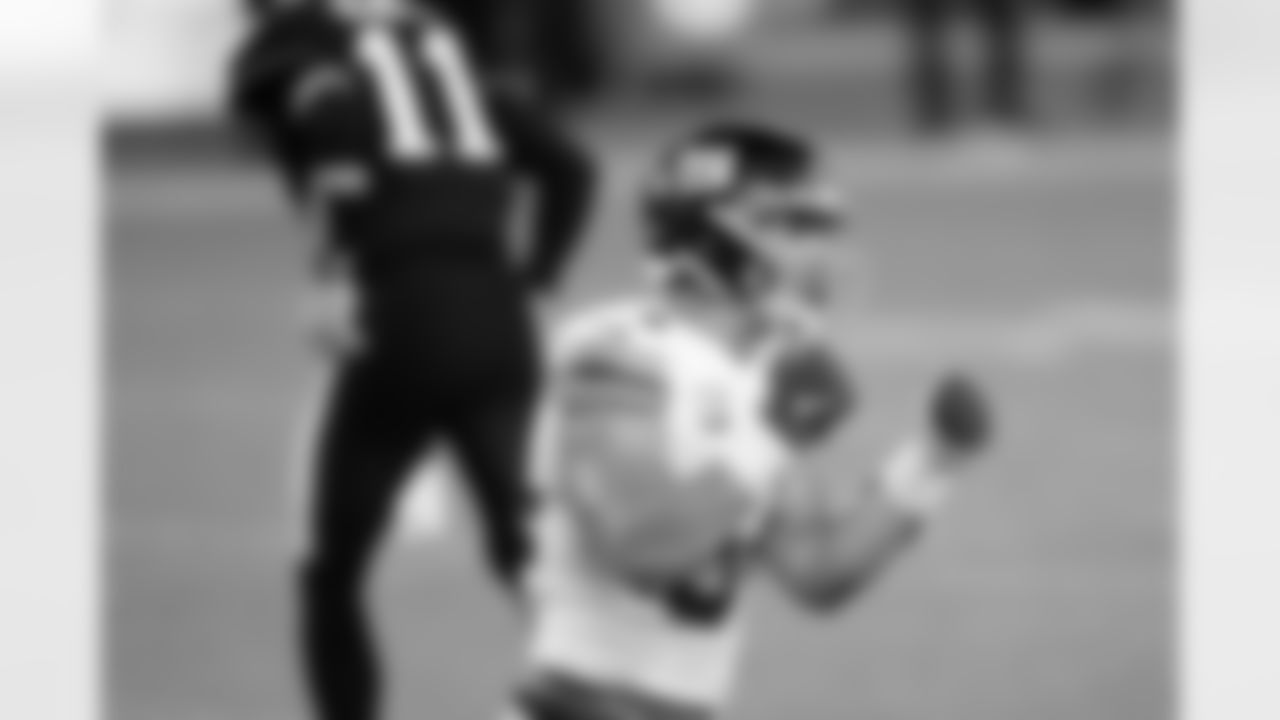
New York Giants' Blake Martinez reacts after a missed sack during the first half of an NFL football game against the Philadelphia Eagles, Thursday, Oct. 22, 2020, in Philadelphia. (AP Photo/Chris Szagola)
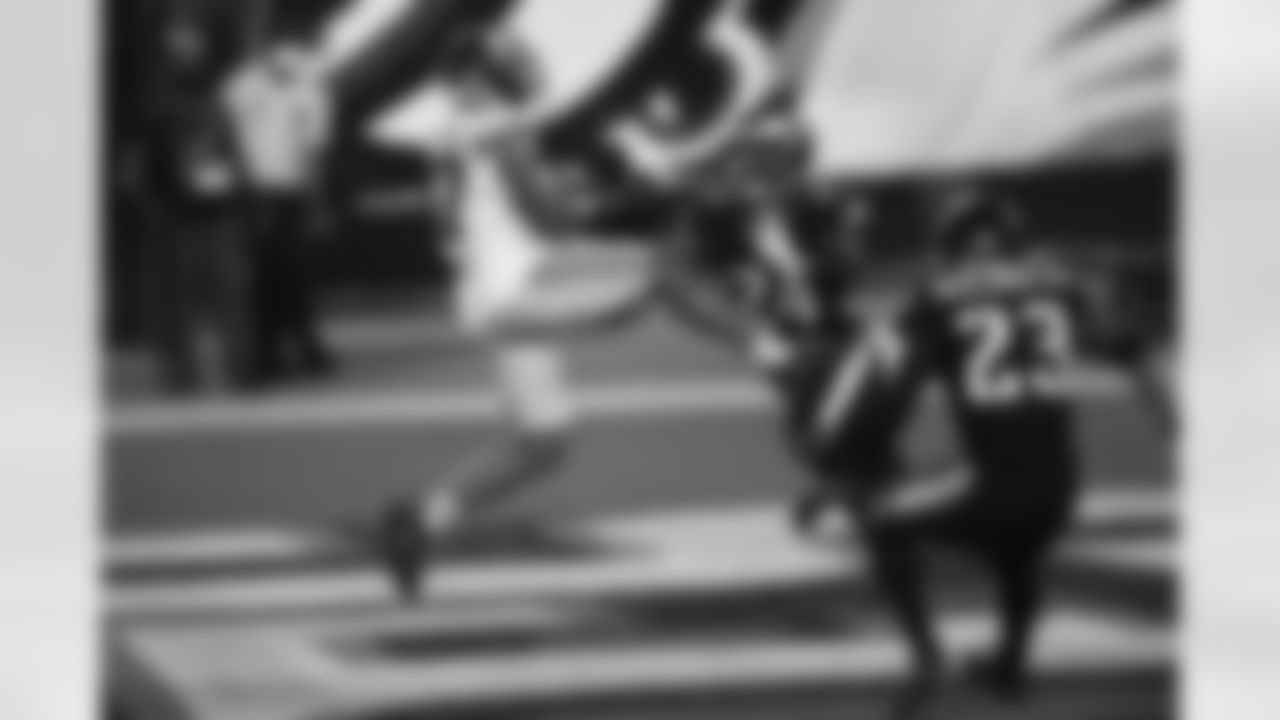
New York Giants' Sterling Shepard (87) catches a touchdown pass against Philadelphia Eagles' Darius Slay (24) and Rodney McLeod (23) during the second half of an NFL football game, Thursday, Oct. 22, 2020, in Philadelphia. (AP Photo/Derik Hamilton)
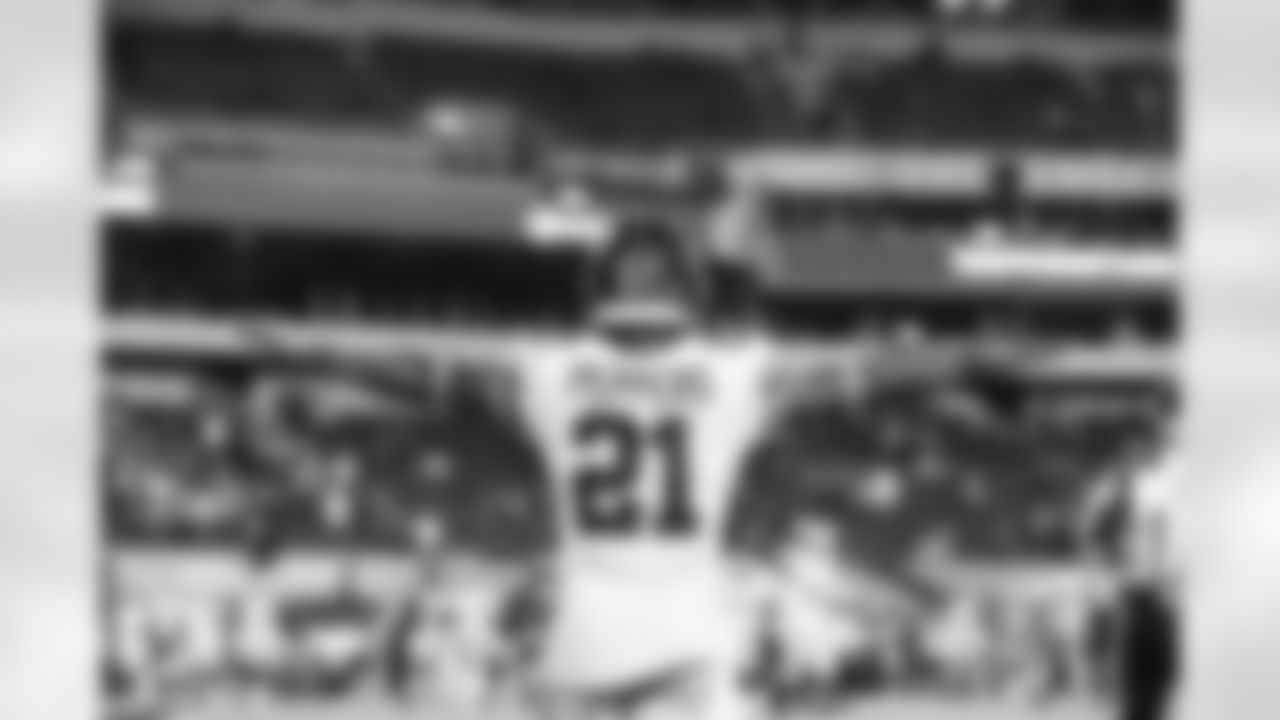
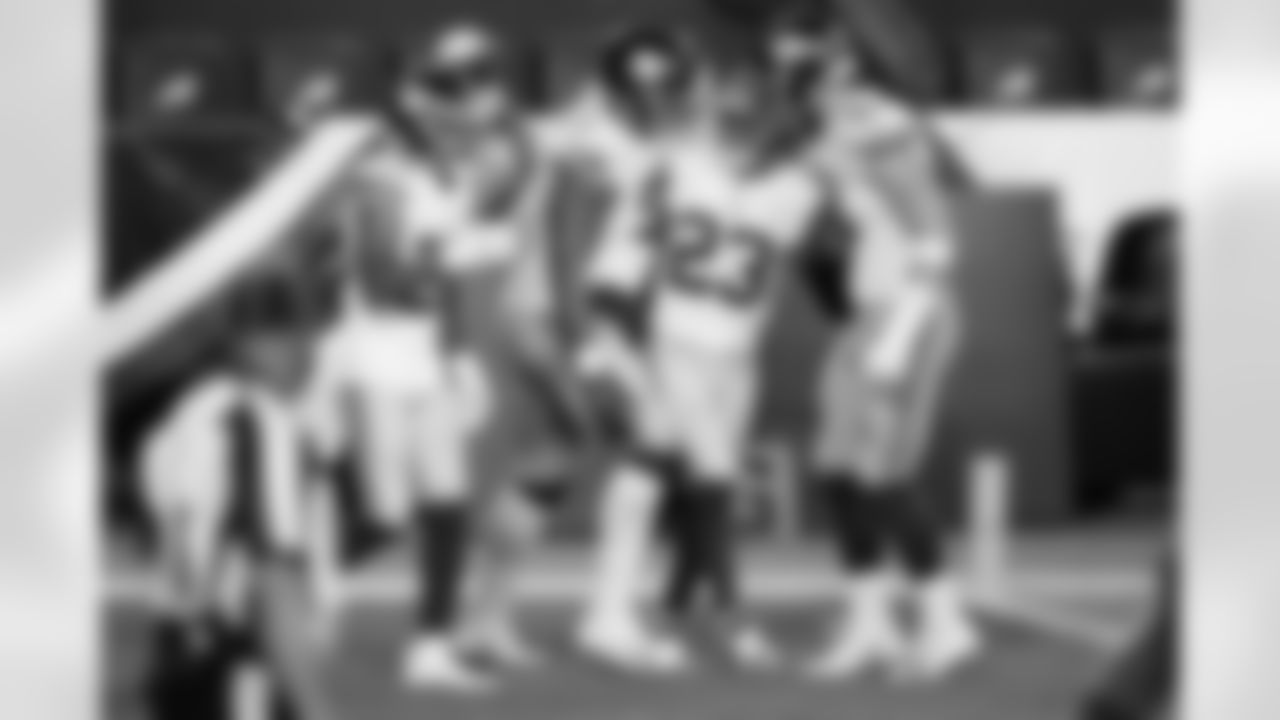
New York Giants' Logan Ryan (23) celebrates with teammates after the Giants forced a turnover on downs during the second half of an NFL football game against the Philadelphia Eagles, Thursday, Oct. 22, 2020, in Philadelphia. (AP Photo/Chris Szagola)
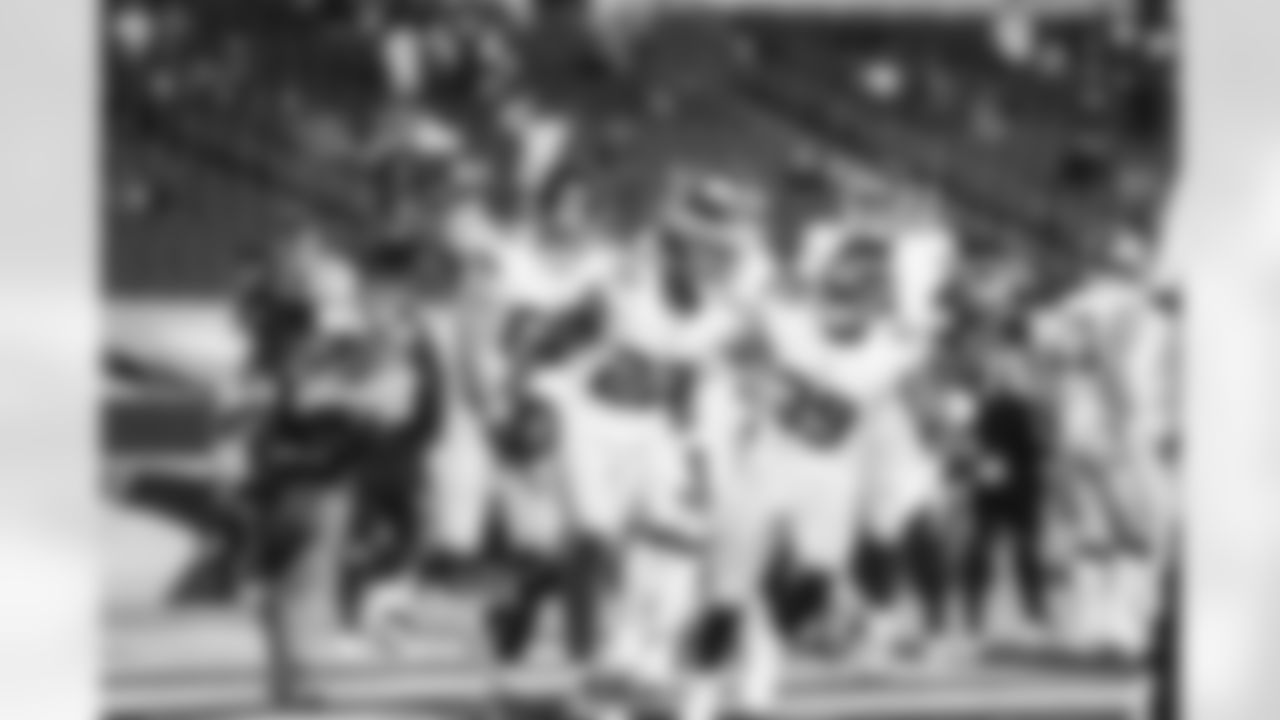
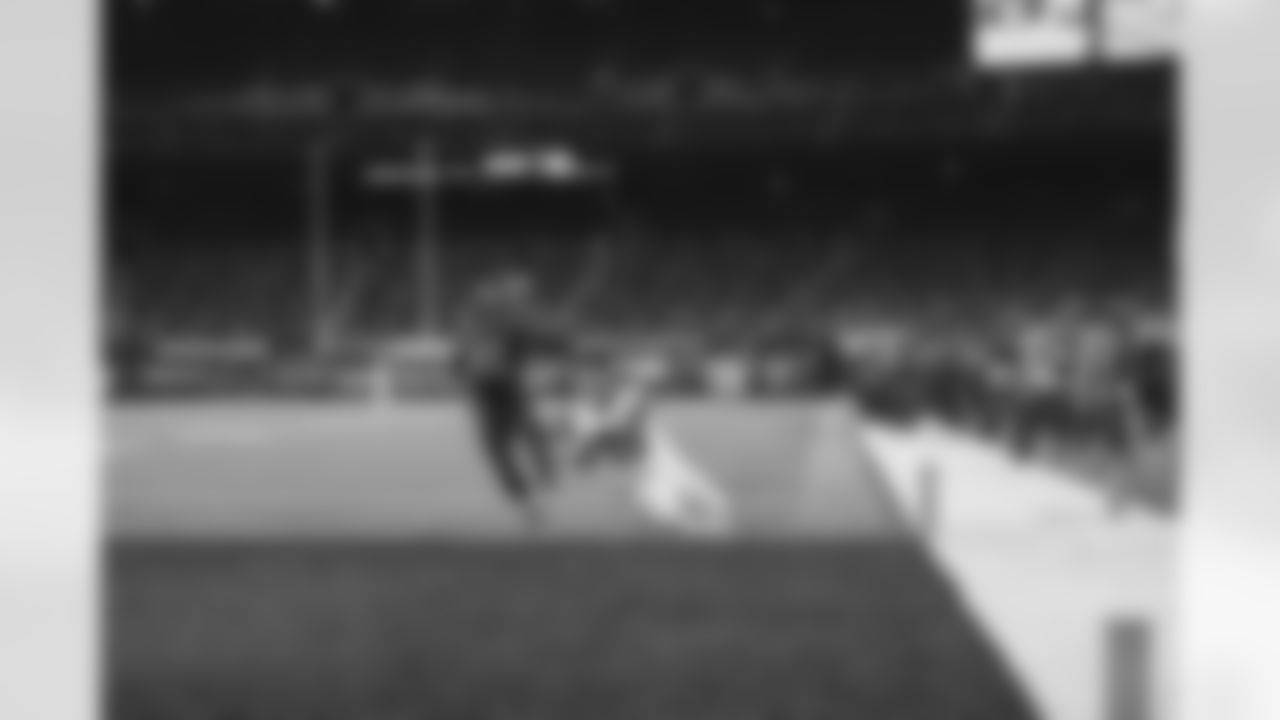
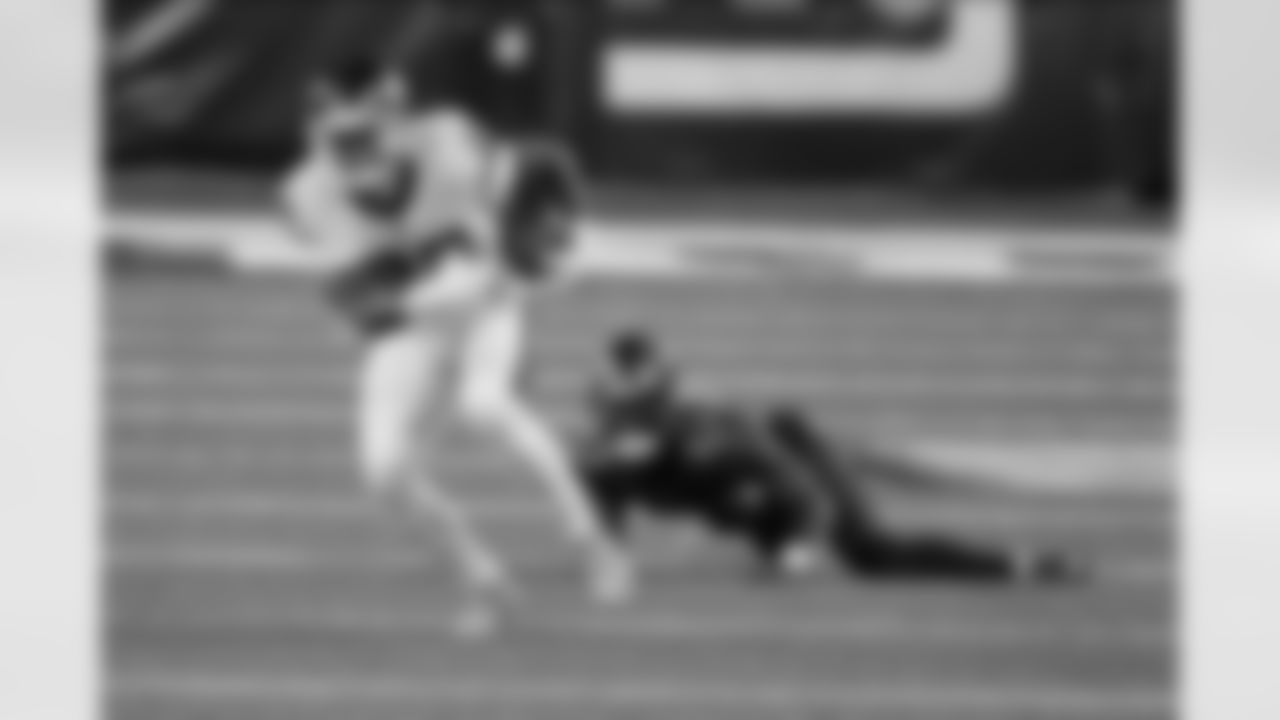
New York Giants' Wayne Gallman runs the ball during the first half of an NFL football game against the Tampa Bay Buccaneers, Monday, Nov. 2, 2020, in East Rutherford, N.J. (AP Photo/Corey Sipkin)
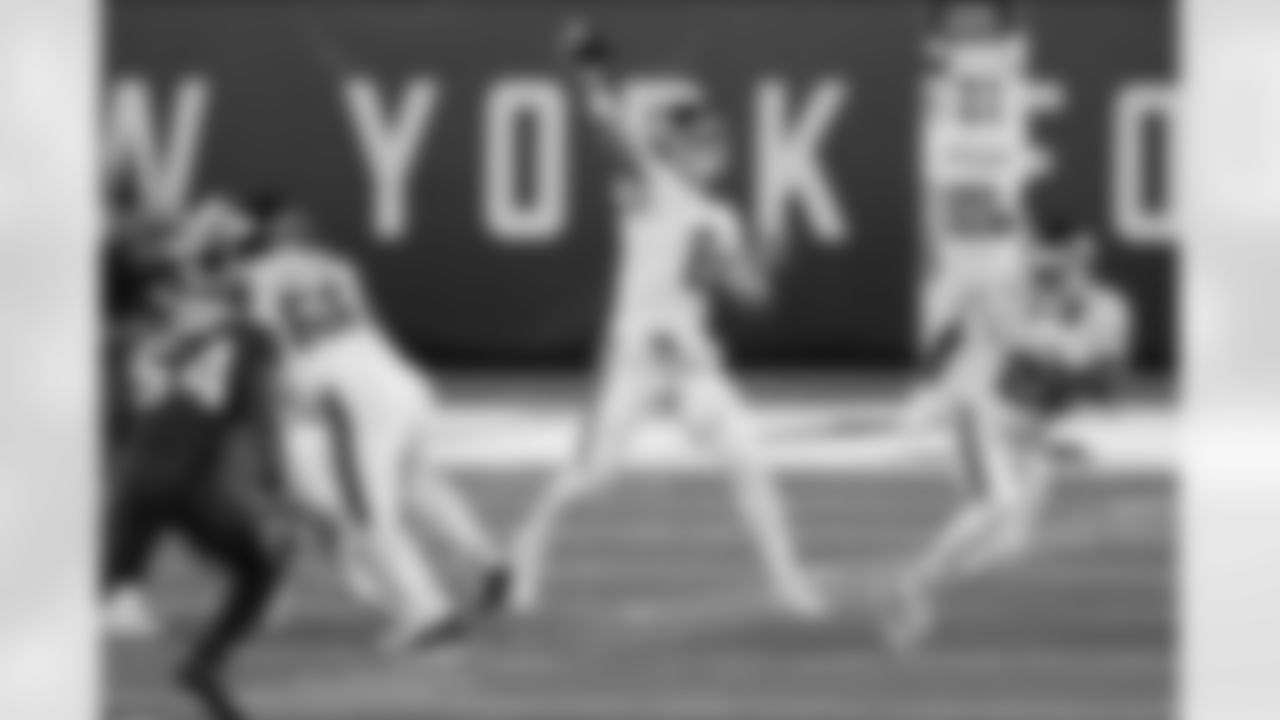
New York Giants quarterback Daniel Jones throws during the first half of an NFL football game against the Tampa Bay Buccaneers, Monday, Nov. 2, 2020, in East Rutherford, N.J. (AP Photo/Corey Sipkin)
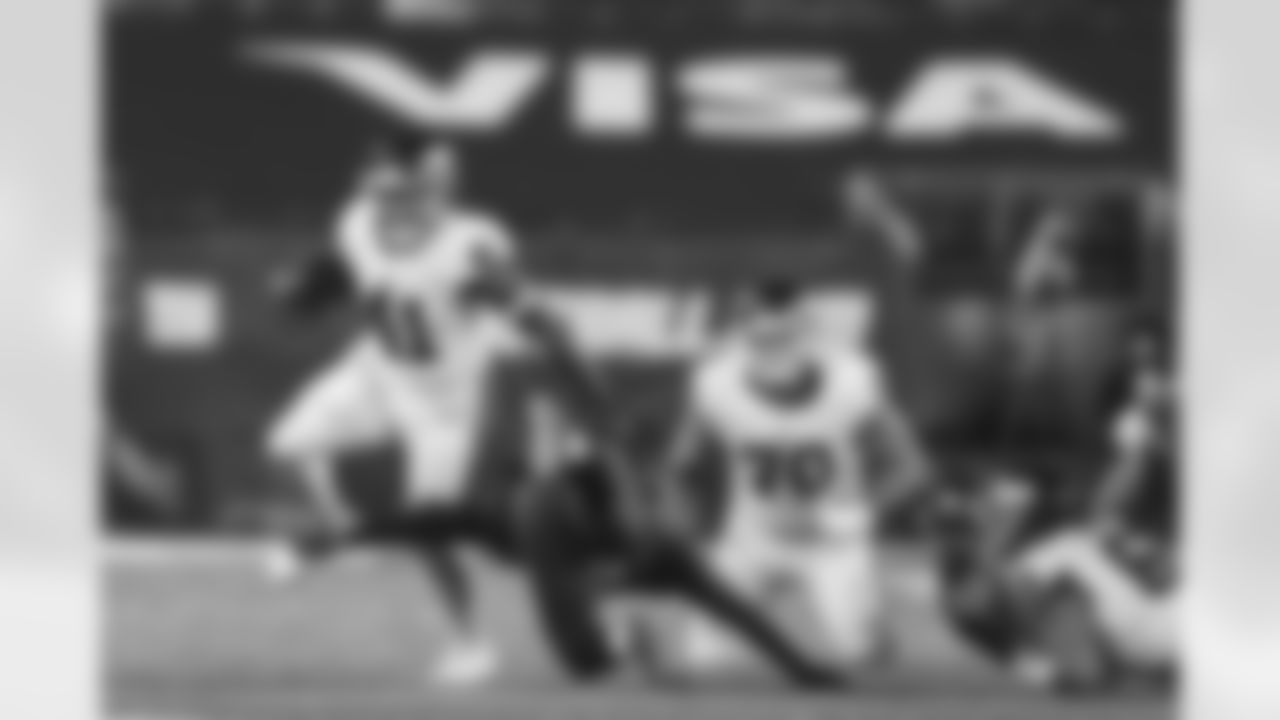
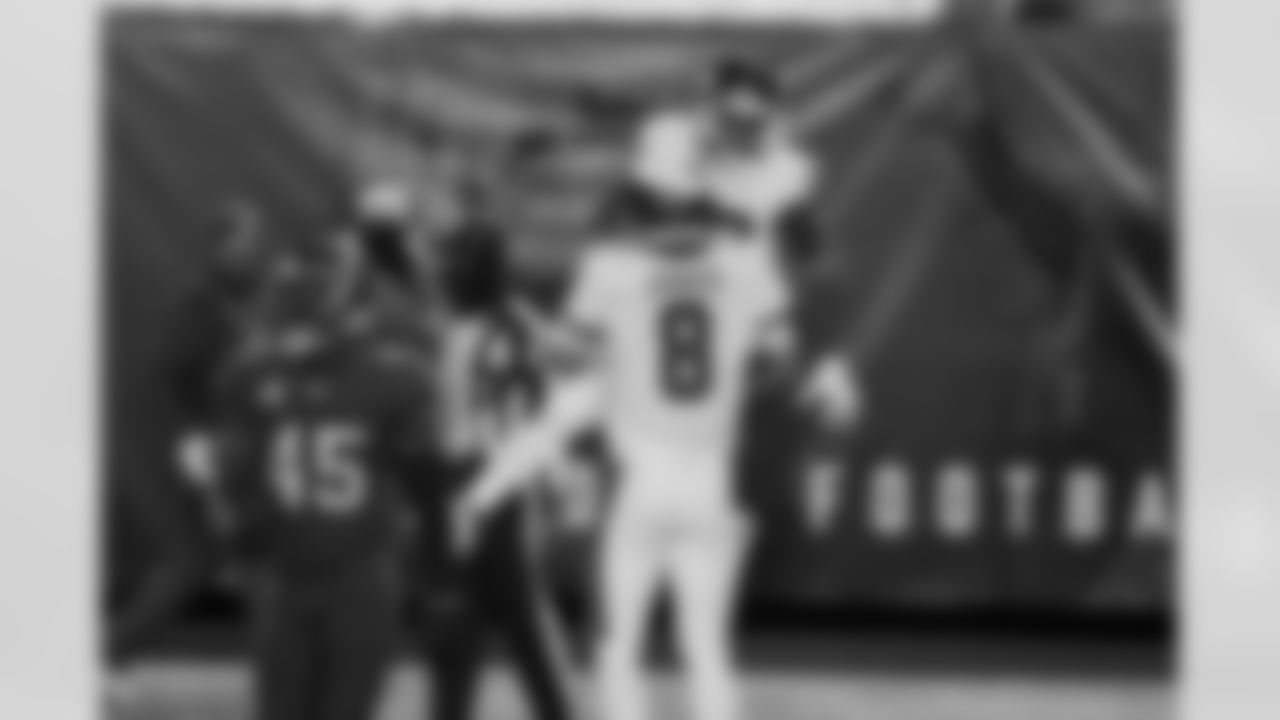
New York Giants running back Dion Lewis (33) celebrates with quarterback Daniel Jones (8) after scoring a touchdown during an NFL football game against the Tampa Bay Buccaneers on Monday, November 2, 2020 in East Rutherford, New Jersey. (Mikey Owens/NFL)
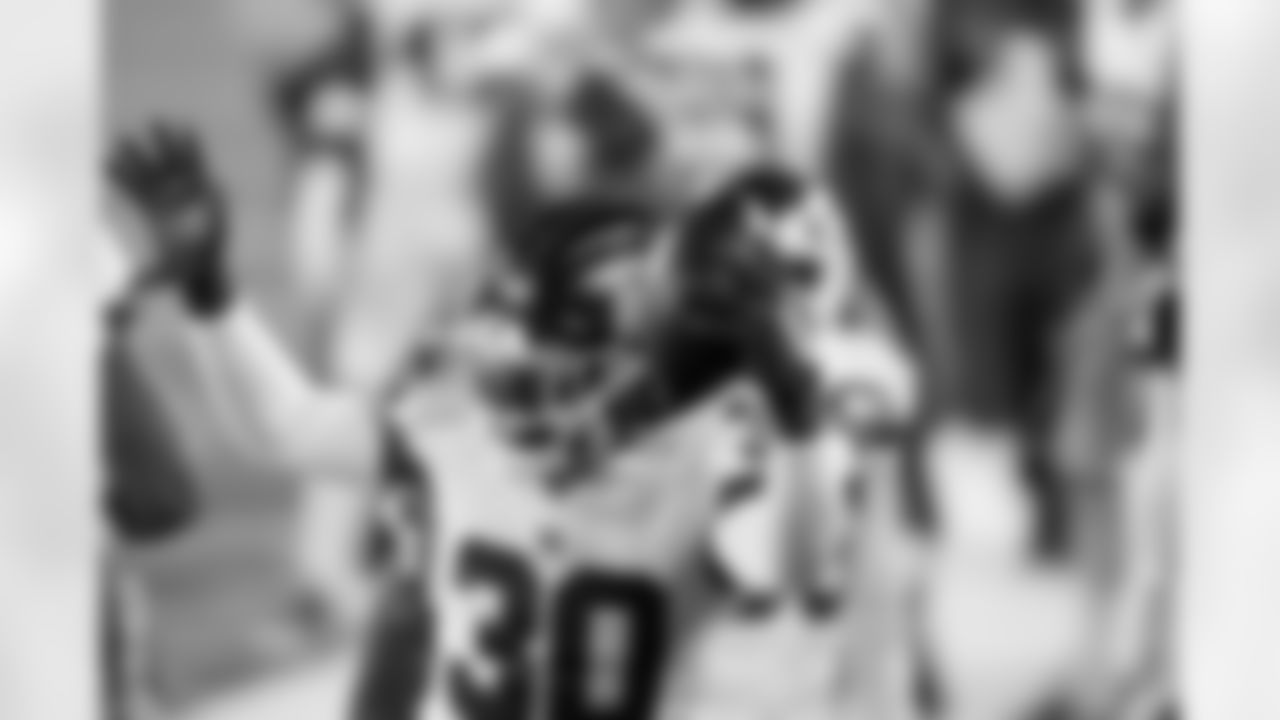
New York Giants cornerback Darnay Holmes (30) celebrates after picking up a fumble during an NFL football game against the Tampa Bay Buccaneers on Monday, November 2, 2020 in East Rutherford, New Jersey. (Cooper Neill/NFL)
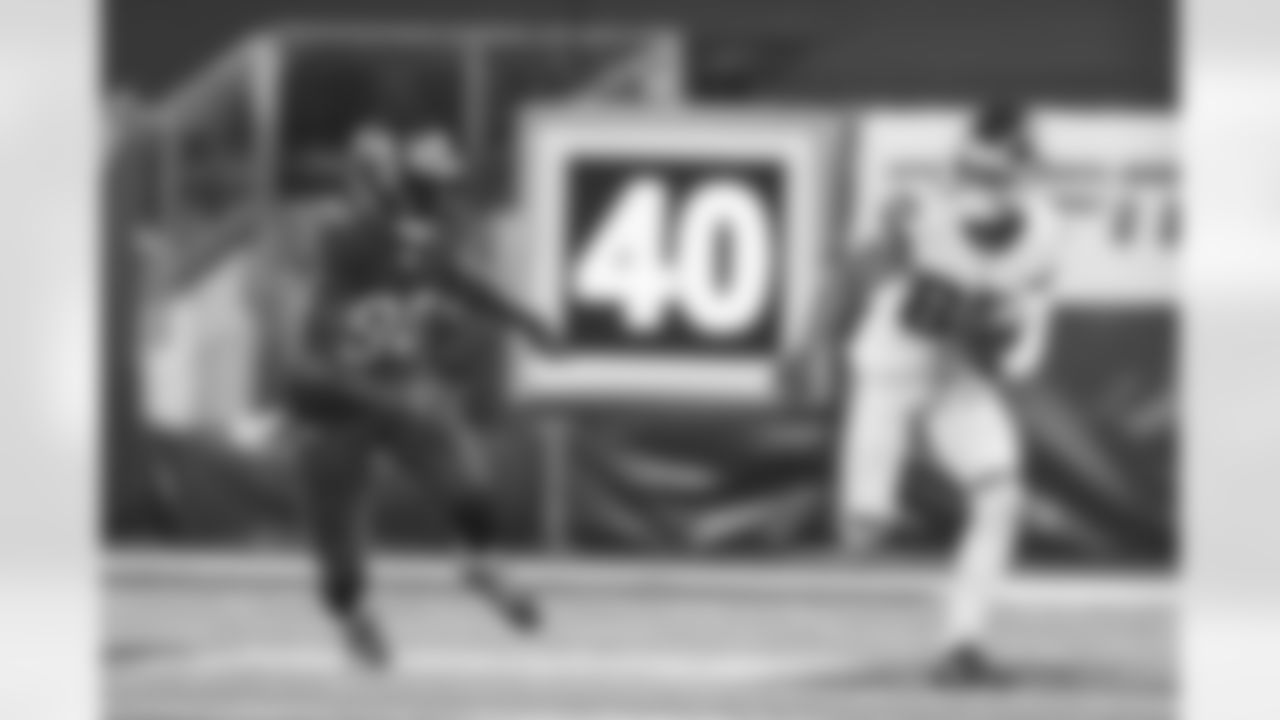
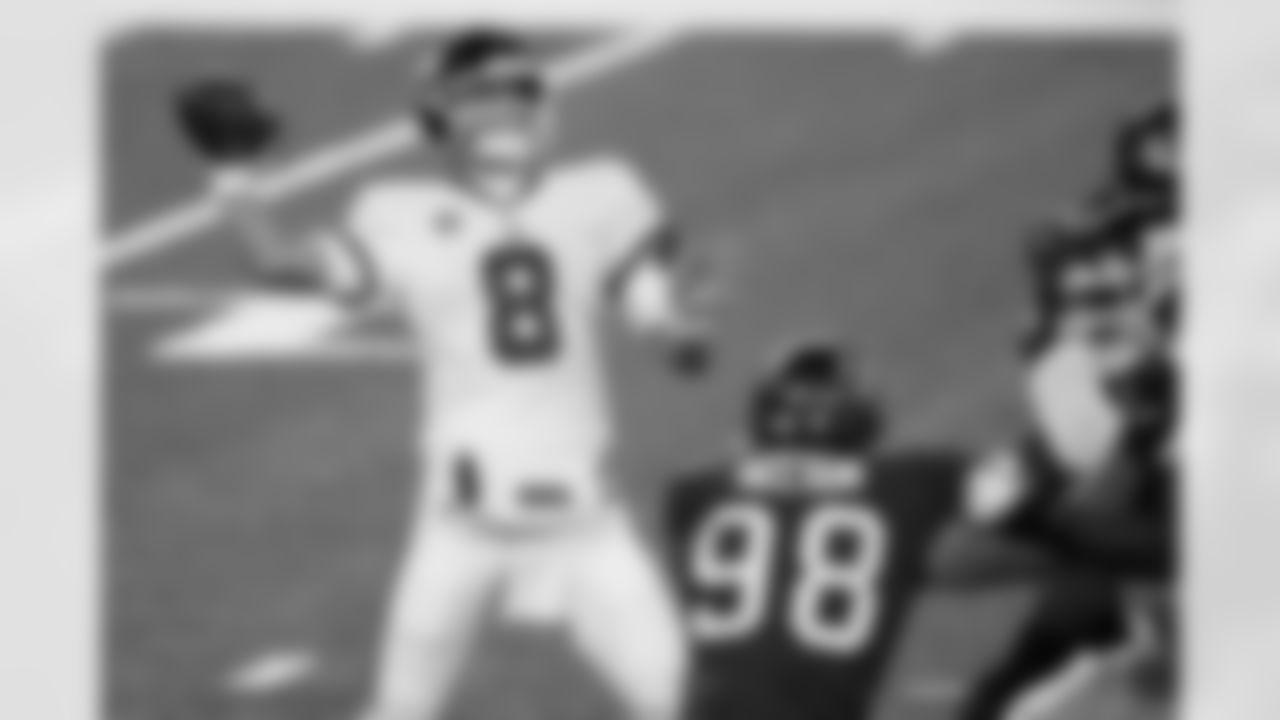
New York Giants quarterback Daniel Jones throws during the first half of an NFL football game against the Tampa Bay Buccaneers, Monday, Nov. 2, 2020, in East Rutherford, N.J. (AP Photo/Corey Sipkin)
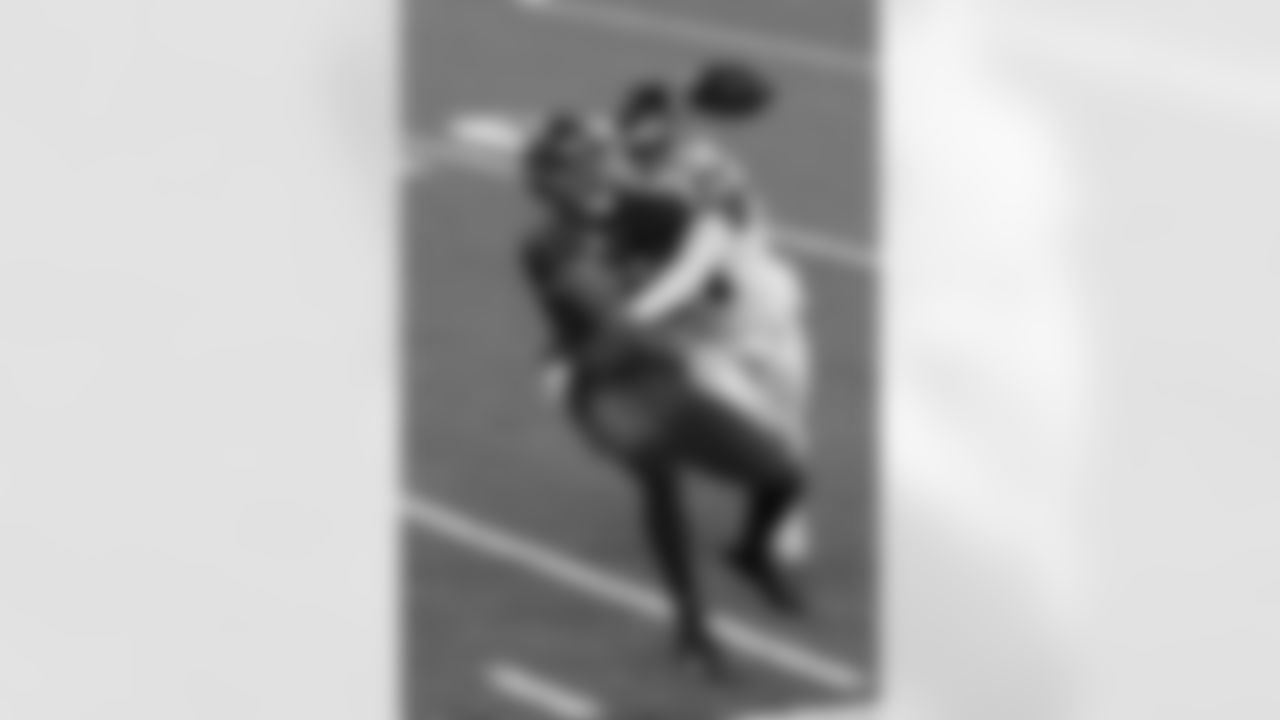
New York Giants' James Bradberry, right, knocks away a pass intended for Tampa Bay Buccaneers' Mike Evans during the first half of an NFL football game, Monday, Nov. 2, 2020, in East Rutherford, N.J. (AP Photo/Corey Sipkin)
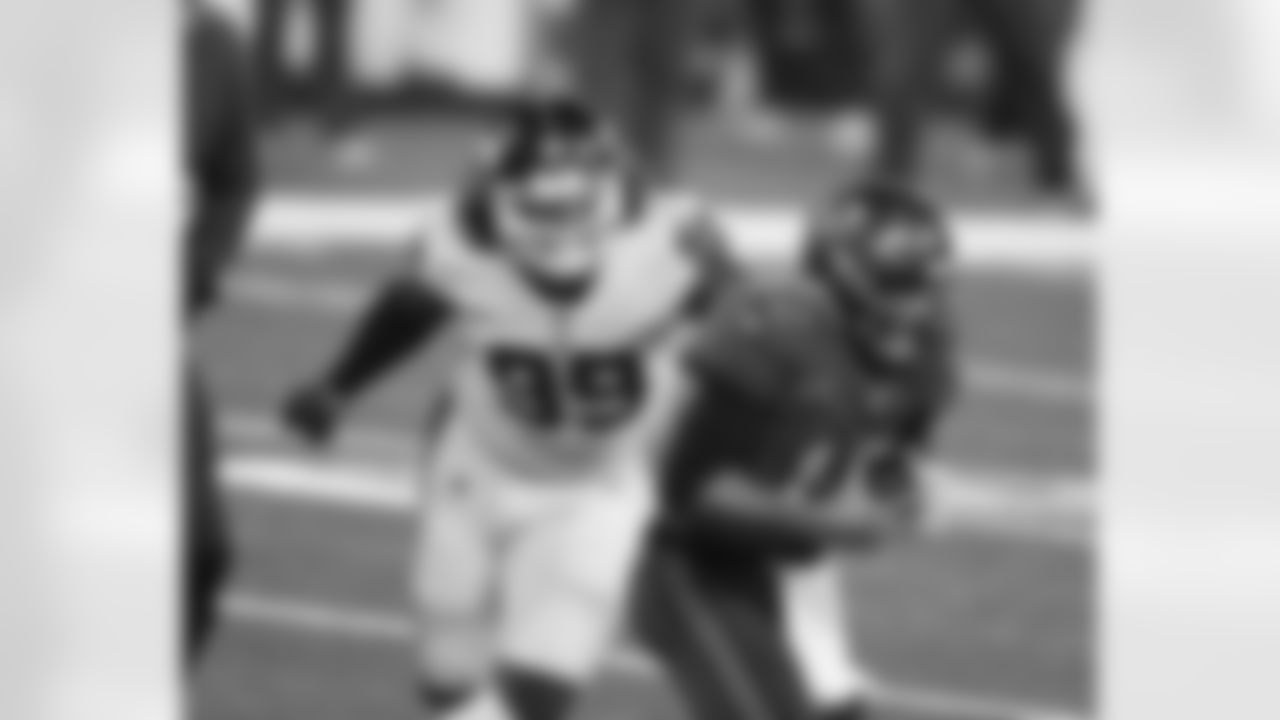
New York Giants defensive end Leonard Williams (99) sacks Tampa Bay Buccaneers quarterback Tom Brady (12) during a week 8 regular season Monday Night football game at MetLife Stadium on November 2nd, 2020 in East Rutherford, New Jersey
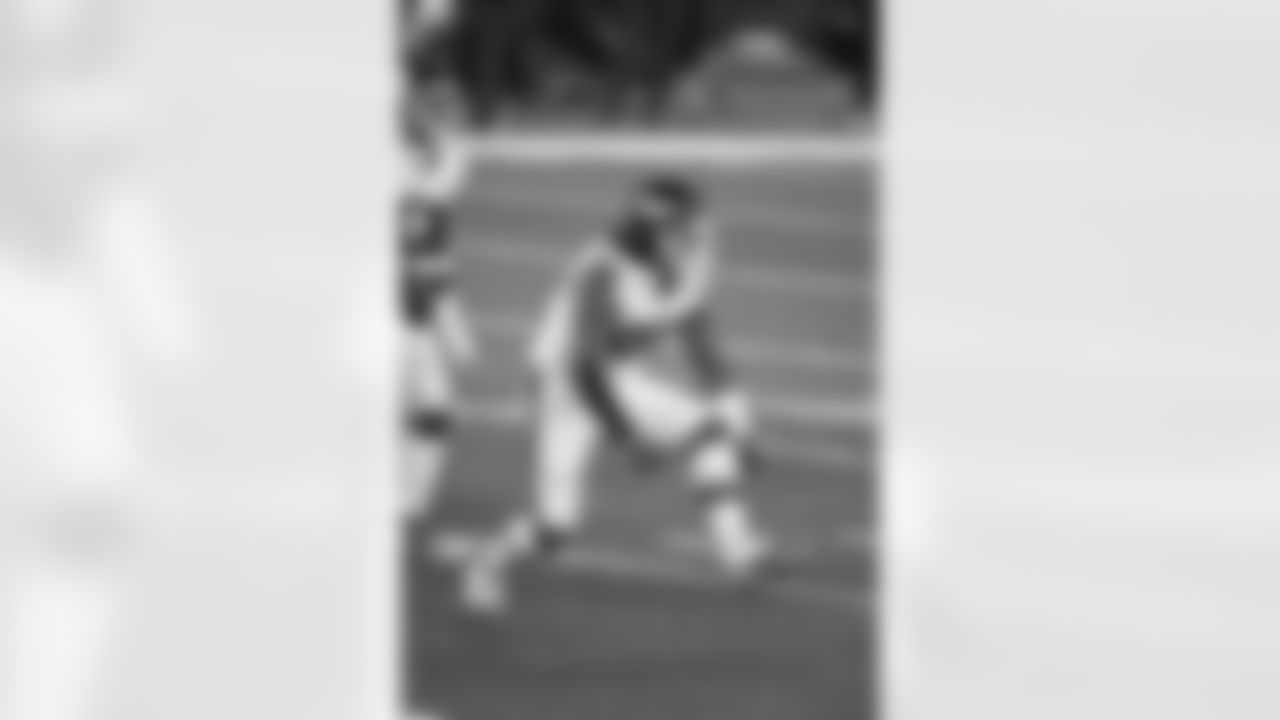
New York Giants defensive end Leonard Williams (99) celebrates sacking Tampa Bay Buccaneers quarterback Tom Brady (12) during a week 8 regular season Monday Night football game at MetLife Stadium on November 2nd, 2020 in East Rutherford, New Jersey
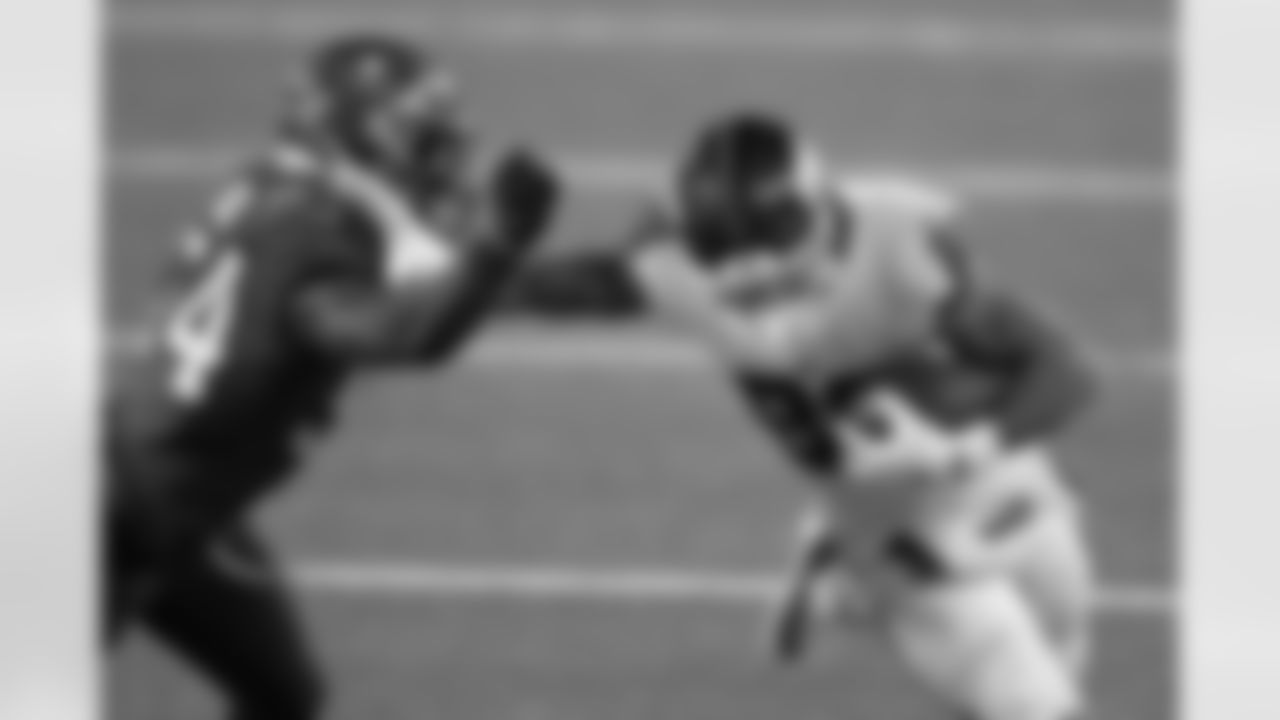
New York Giants' Evan Engram, right, fends off Tampa Bay Buccaneers' Lavonte David during the first half of an NFL football game, Monday, Nov. 2, 2020, in East Rutherford, N.J. (AP Photo/Bill Kostroun)
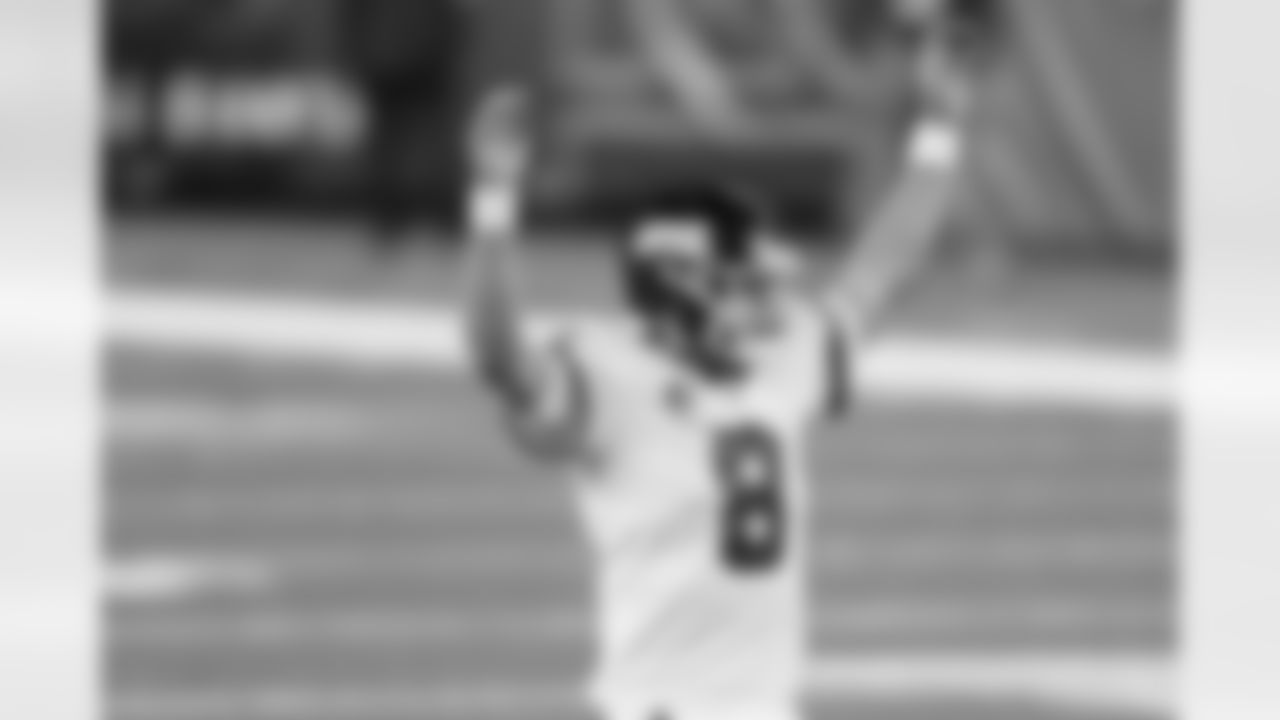
New York Giants quarterback Daniel Jones (8) celebrates during an NFL football game against the Tampa Bay Buccaneers on Monday, November 2, 2020 in East Rutherford, New Jersey. (Cooper Neill/NFL)
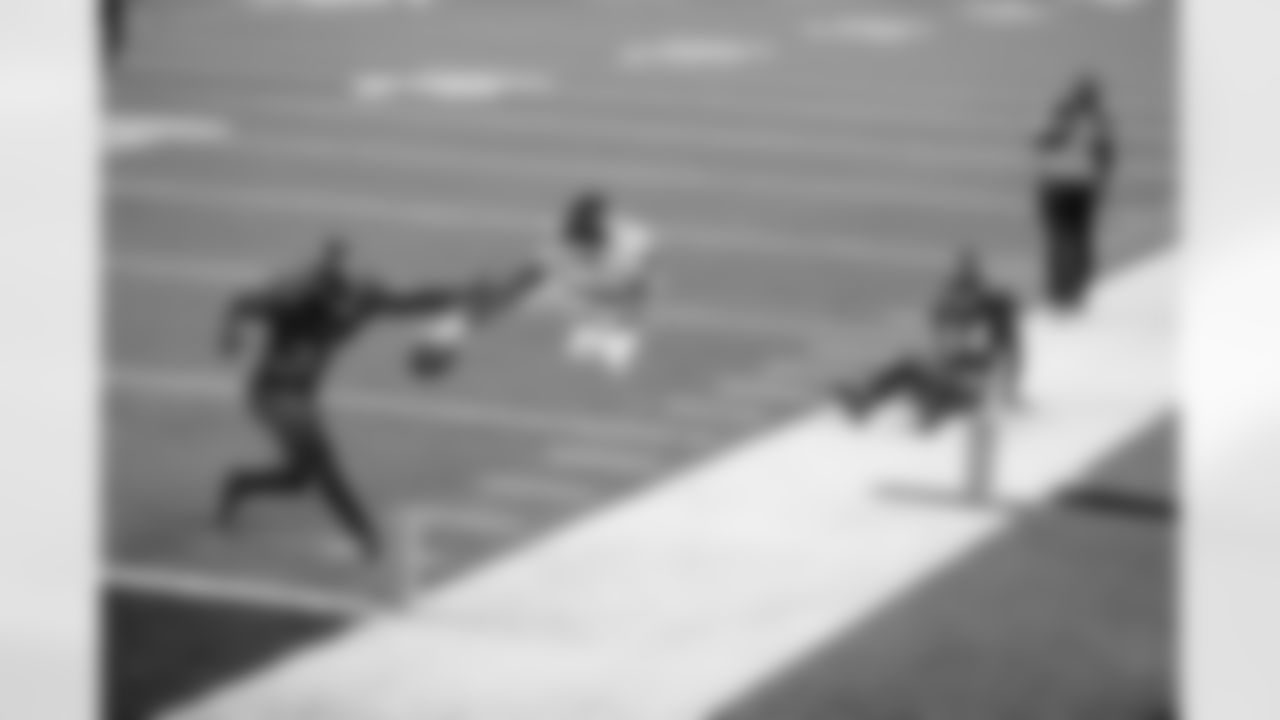
New York Giants tight end Evan Engram (88) dives with the ball during an NFL football game against the Tampa Bay Buccaneers on Monday, November 2, 2020 in East Rutherford, New Jersey. (Mikey Owens/NFL)
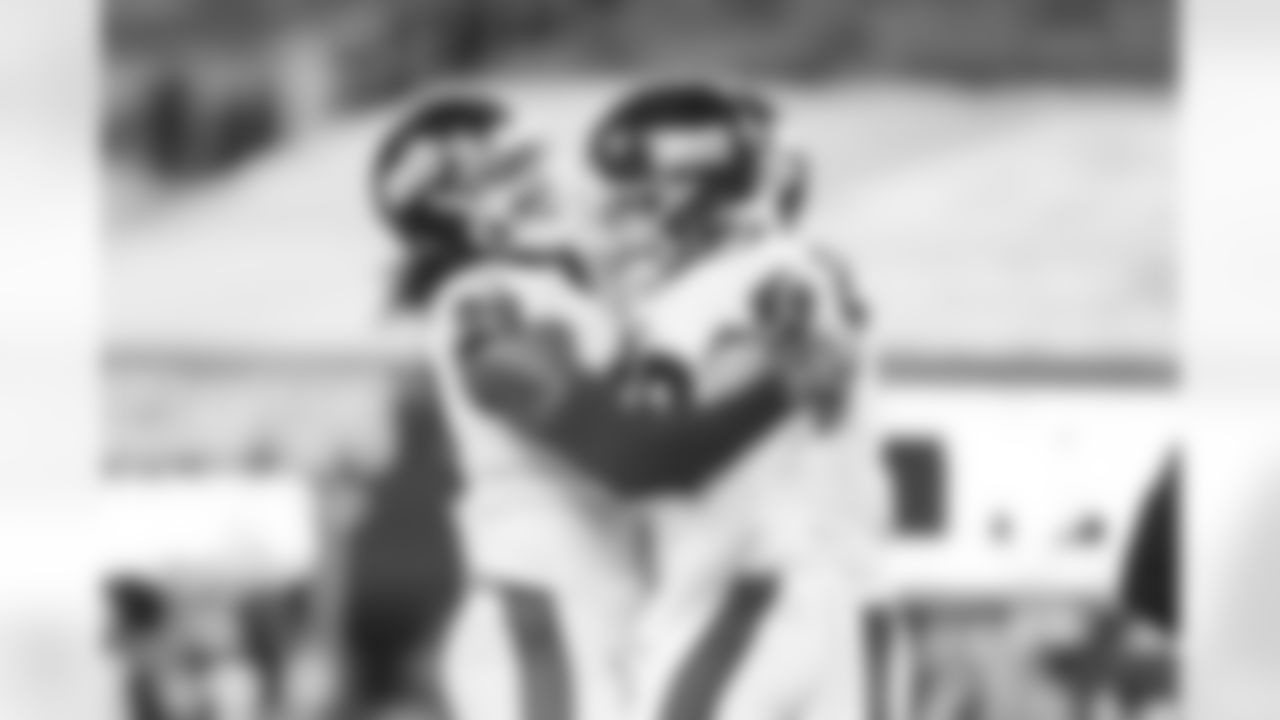
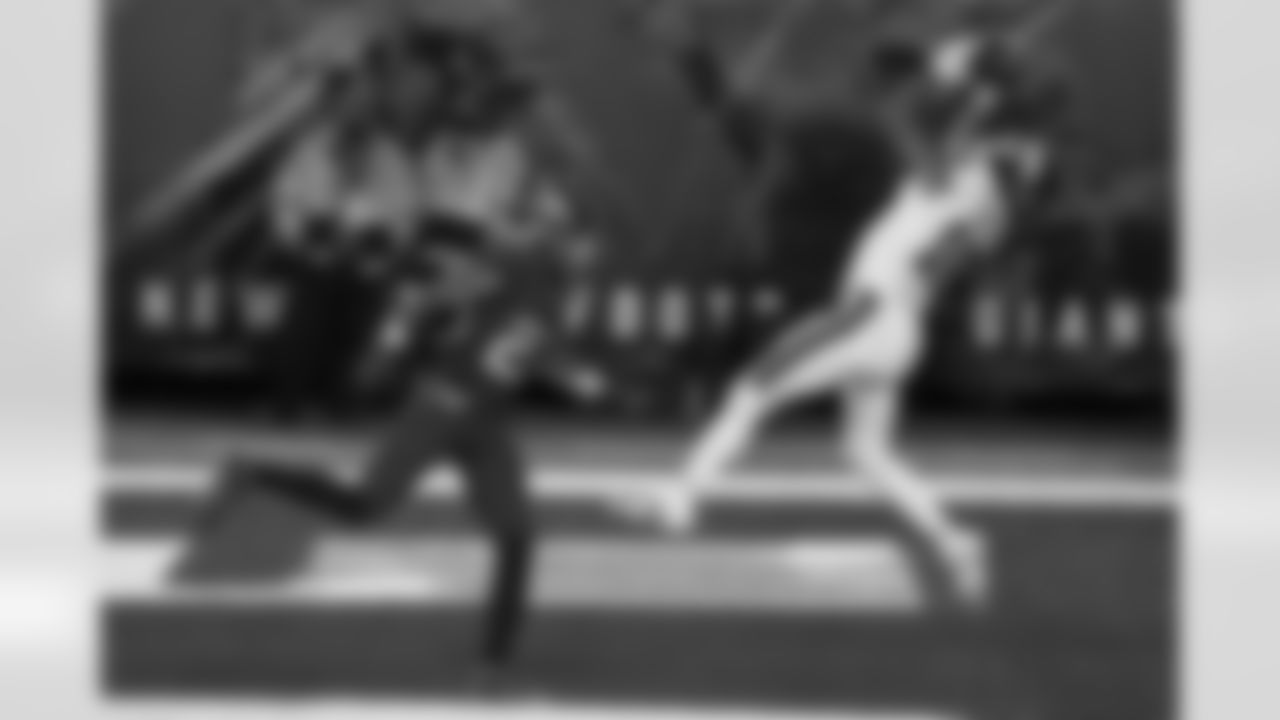
New York Giants' Golden Tate, right, catches a touchdown in front of Tampa Bay Buccaneers' Sean Murphy-Bunting during the second half of an NFL football game, Monday, Nov. 2, 2020, in East Rutherford, N.J. (AP Photo/Corey Sipkin)
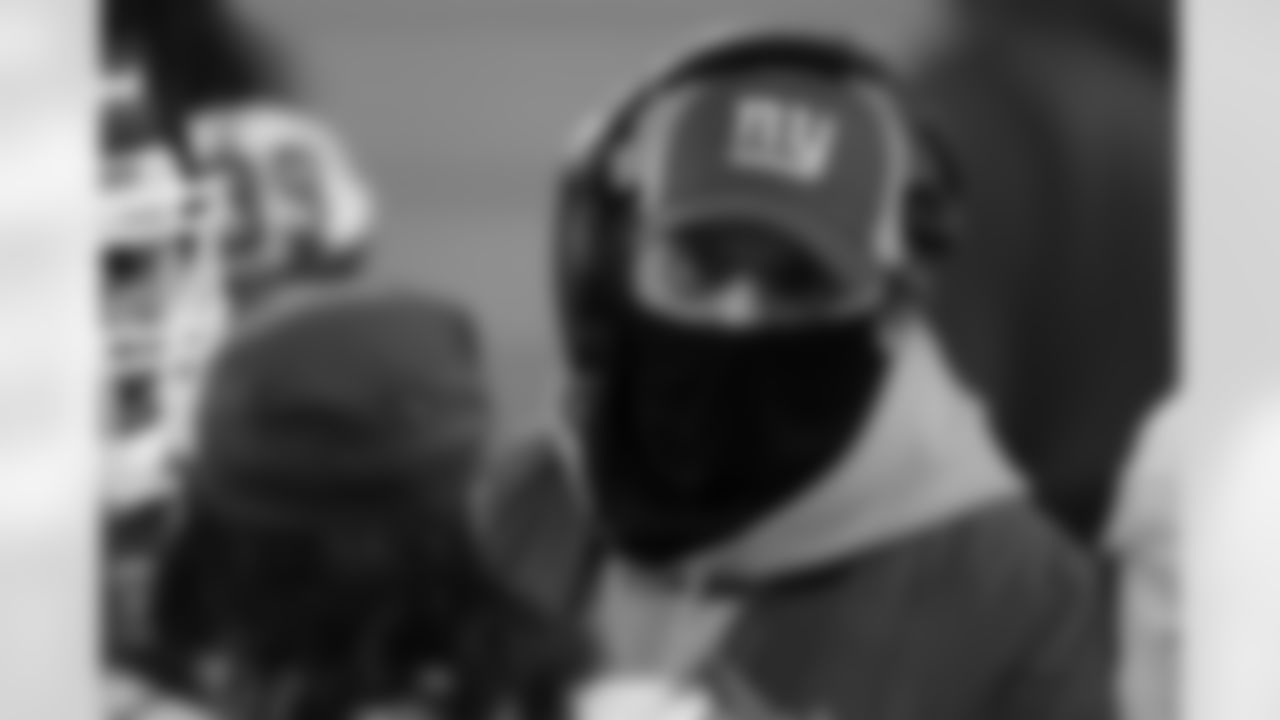
New York Giants head coach Joe Judge on the sidelines during the second half of an NFL football game against the Tampa Bay Buccaneers, Monday, Nov. 2, 2020, in East Rutherford, N.J. (AP Photo/Corey Sipkin)
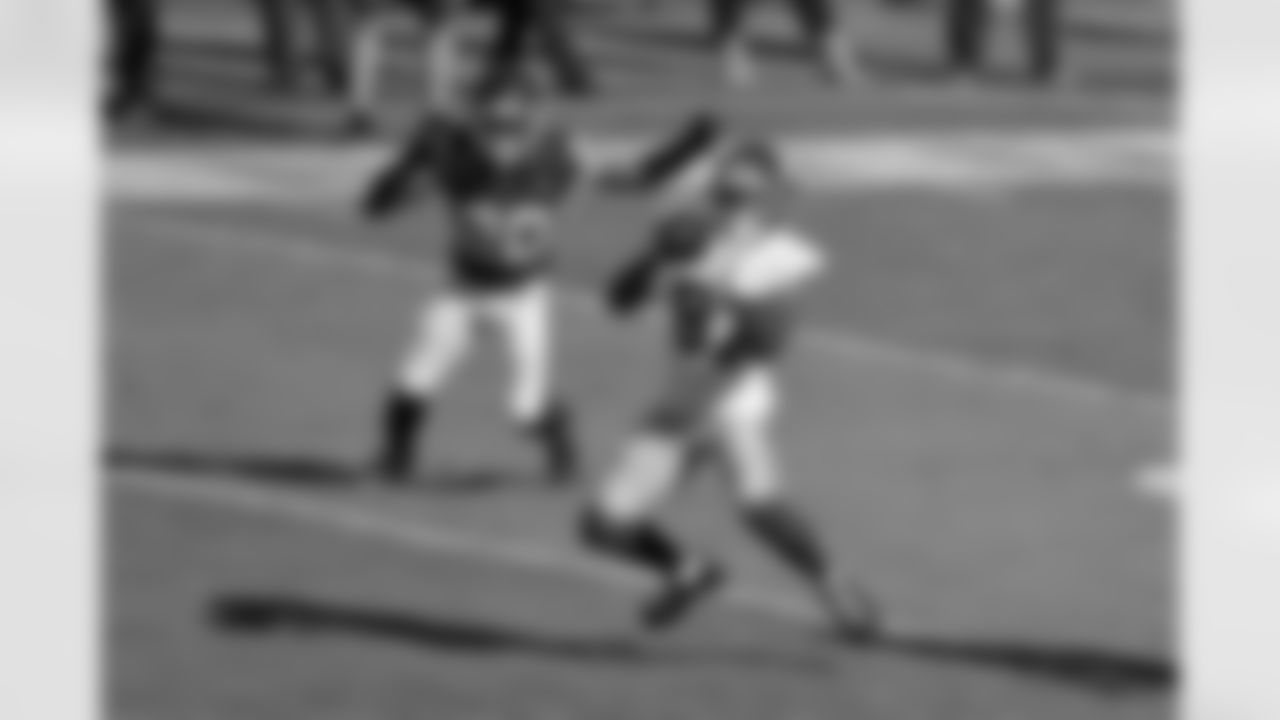
New York Giants wide receiver Sterling Shepard (87) makes a catch during an NFL football game against the Washington Football Team on Sunday, November 8, 2020 in Landover, Maryland. (Mikey Owens/NFL)
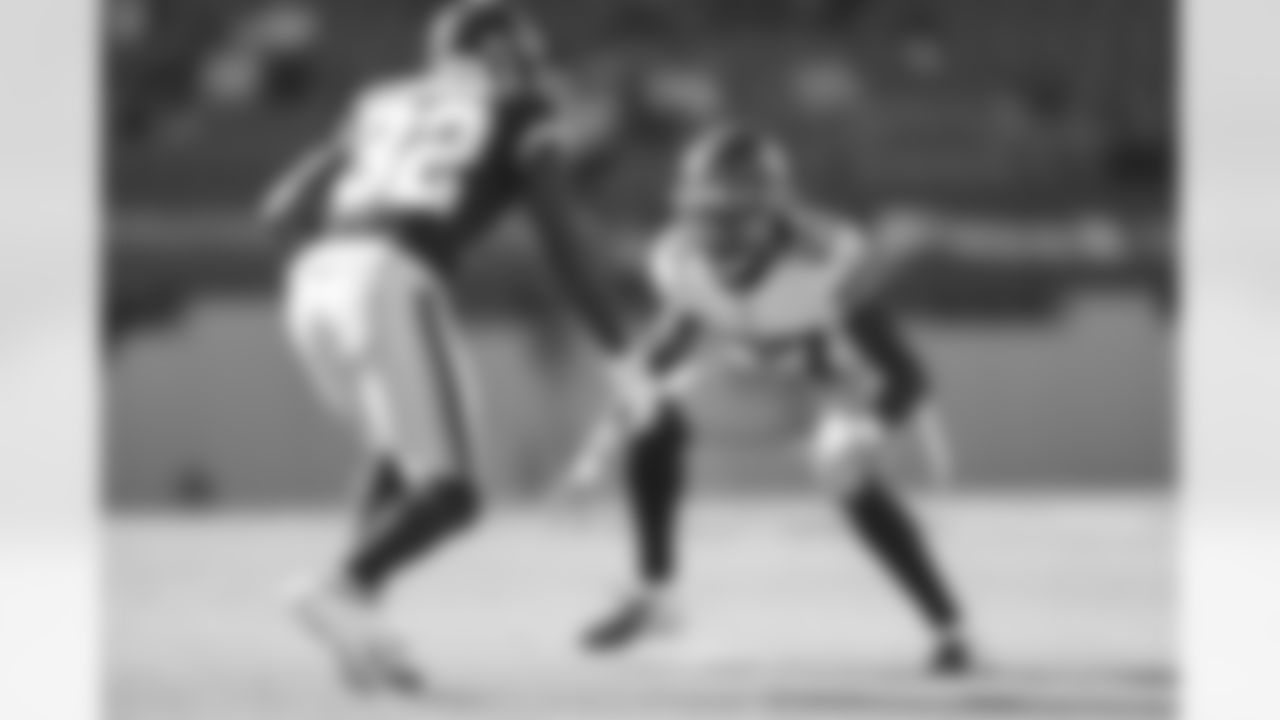
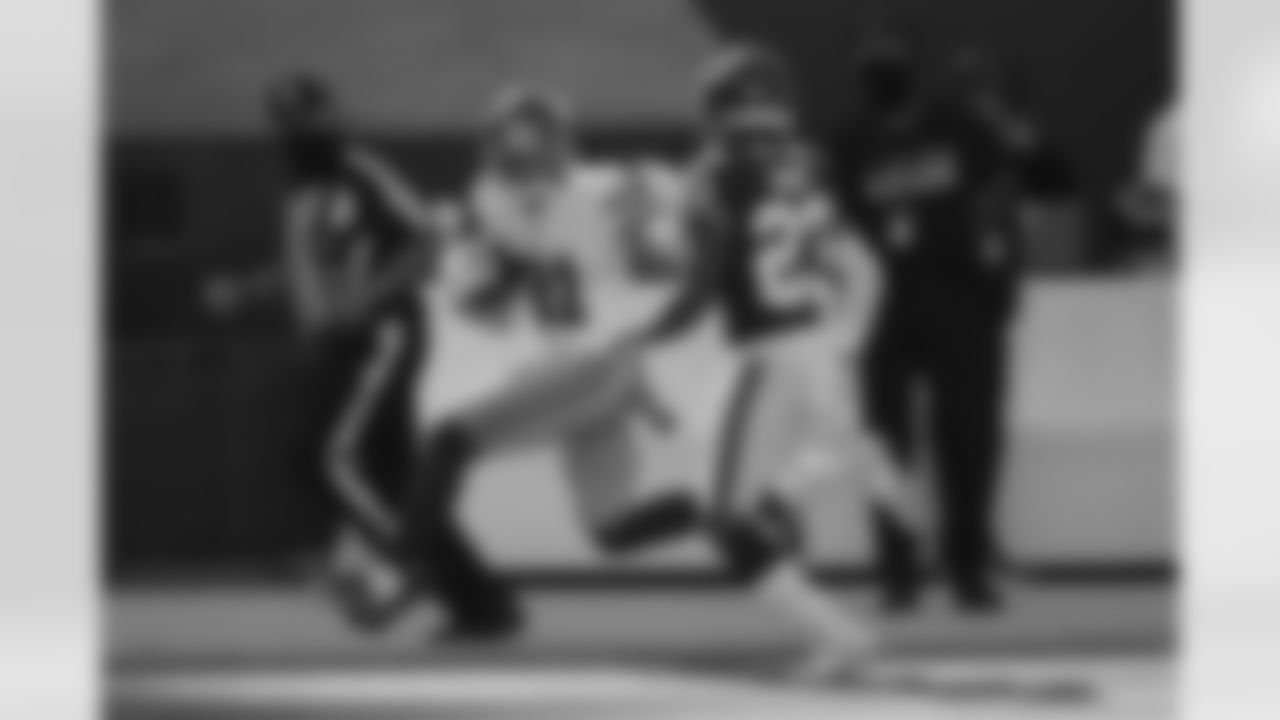
New York Giants wide receiver Austin Mack (81) runs down field against Washington Football Team cornerback Ronald Darby (23) in the first half of an NFL football game between the New York Giants and Washington Football Team, Sunday, Nov. 8, 2020, in Landover, Md. (AP Photo/Patrick Semansky)
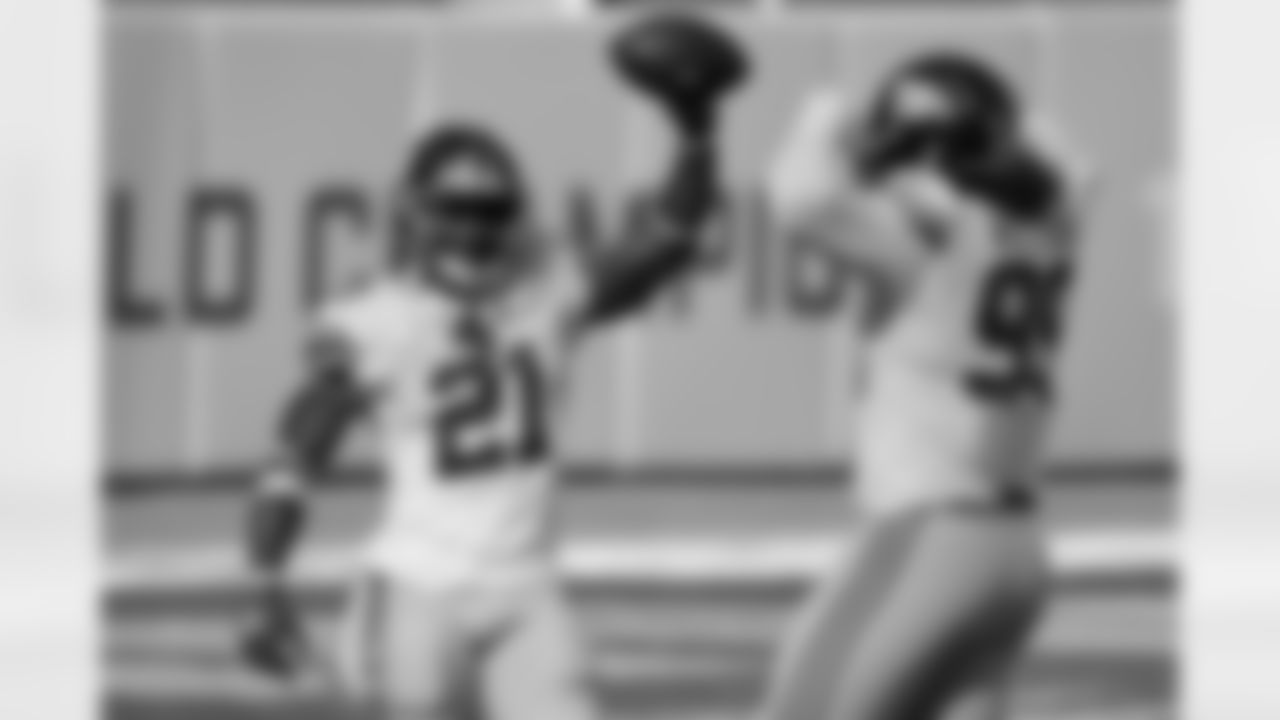
New York Giants safety Jabrill Peppers (21) celebrates with New York Giants defensive end Leonard Williams (99) during an NFL football game against the Washington Football Team on Sunday, November 8, 2020 in Landover, Maryland. (Mikey Owens/NFL)
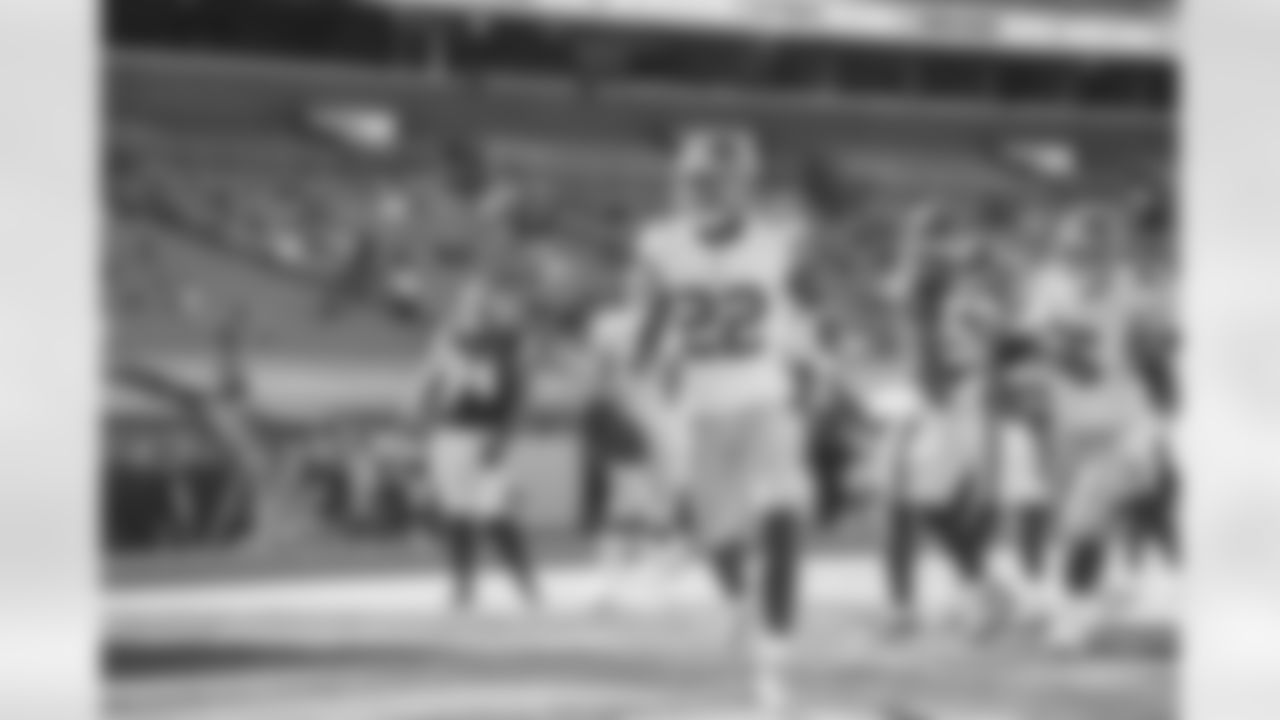
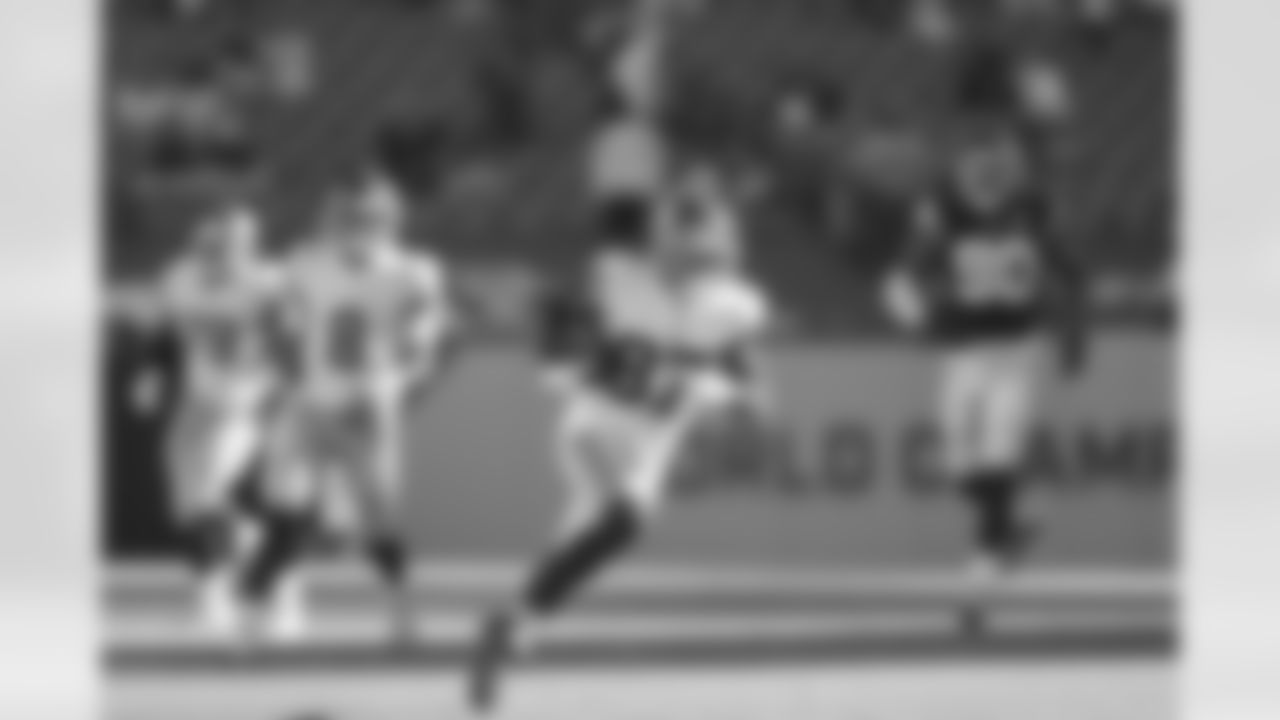
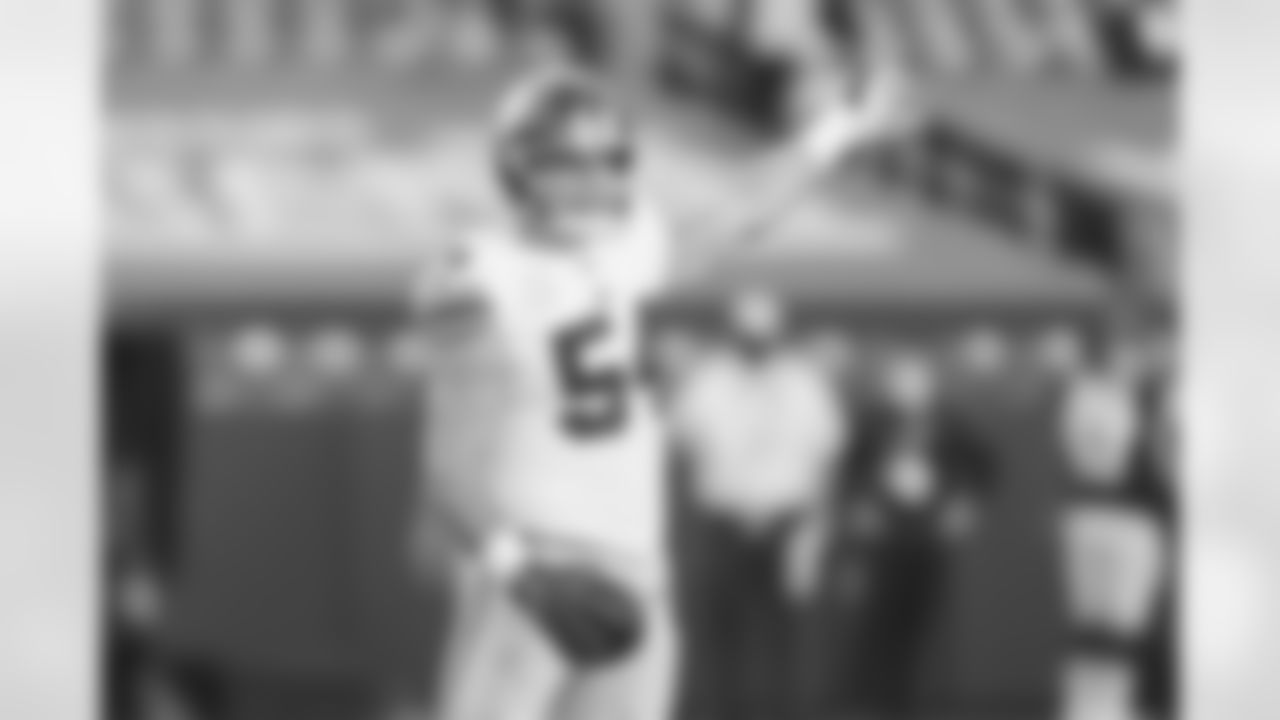
LB Blake Martinez finished with a team-high 10 tackles (three solo), two passes defended and an interception.
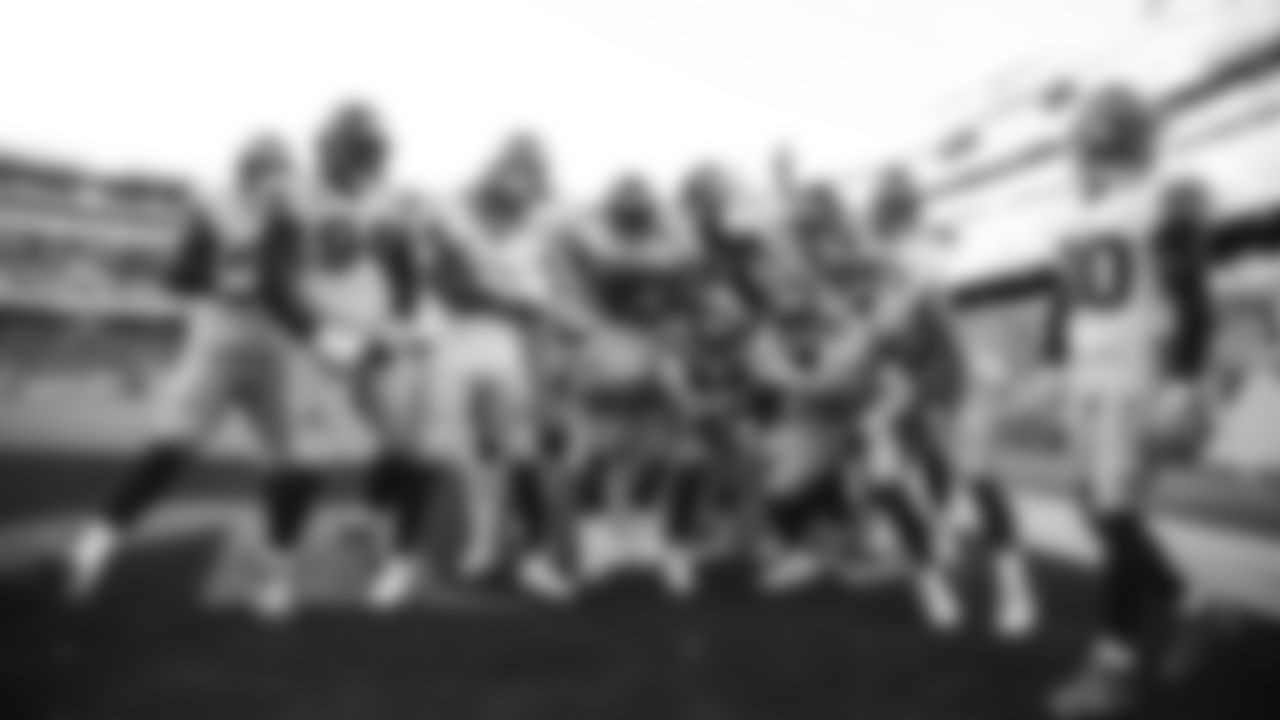
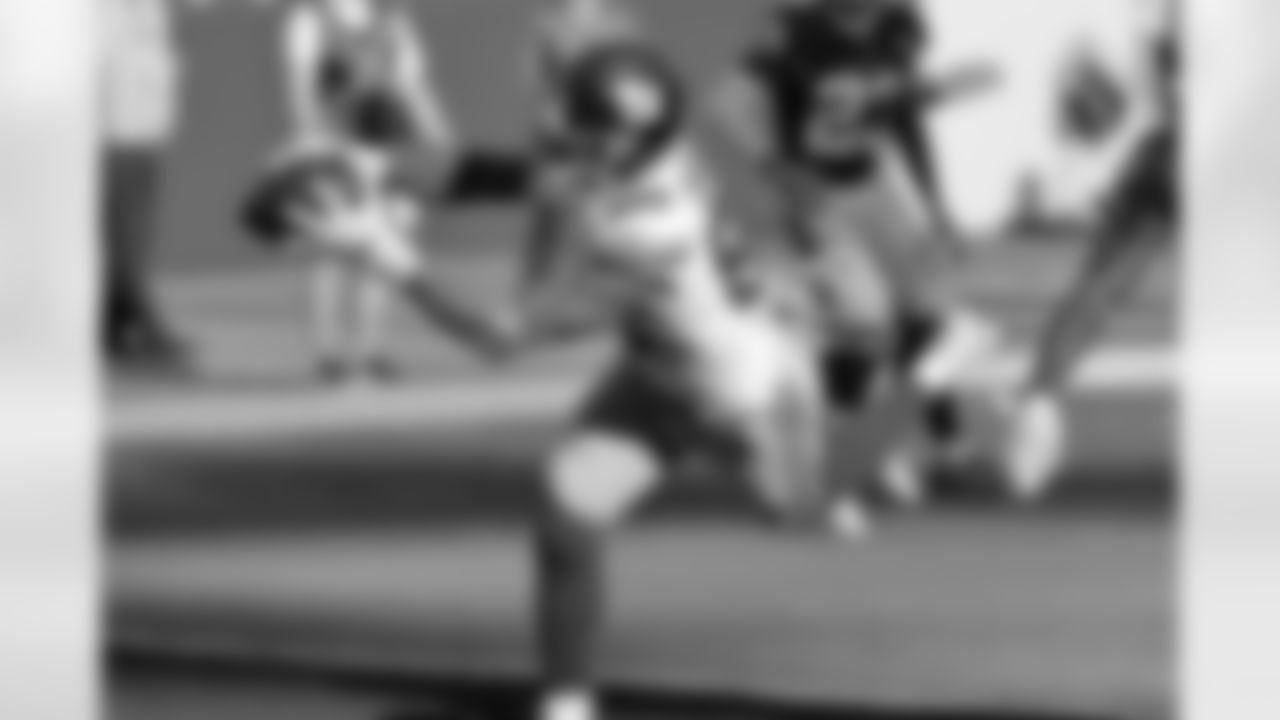
TE Evan Engram recorded five receptions for 48 yards and a touchdown on a team-high 10 targets.
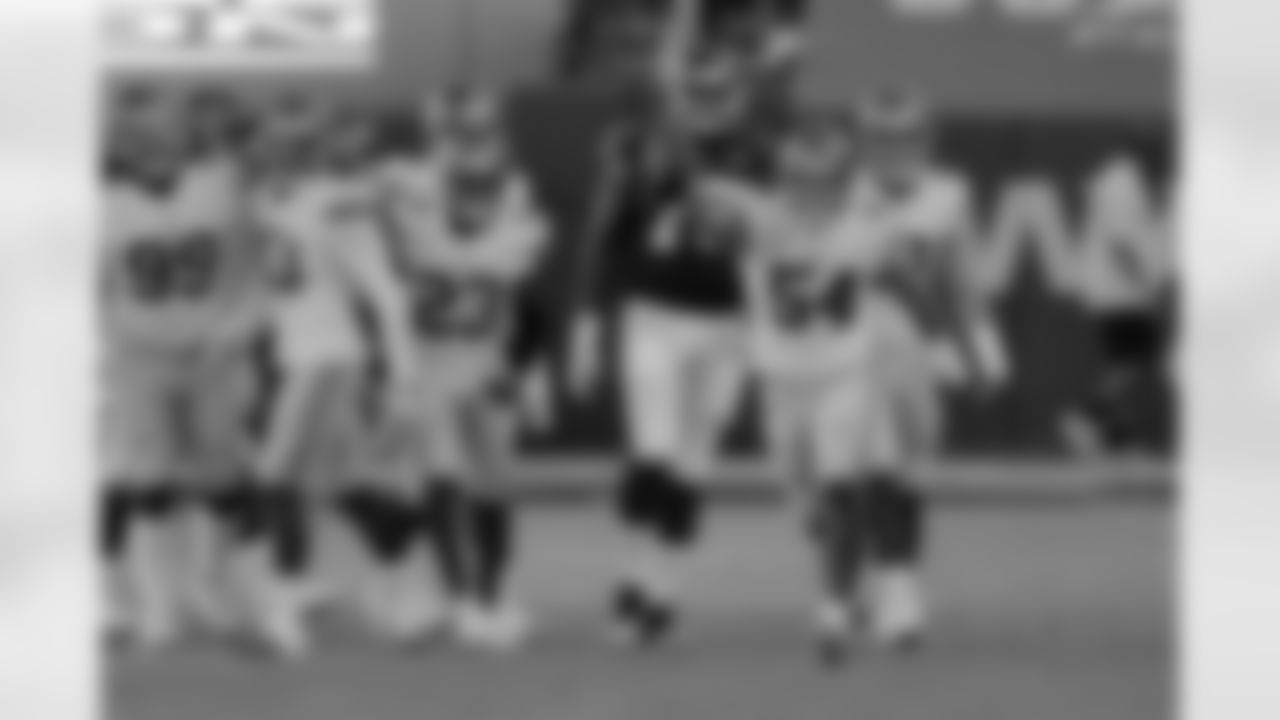
New York Giants linebacker Blake Martinez (54) celebrates during an NFL football game against the Washington Football Team on Sunday, November 8, 2020 in Landover, Maryland. (Mikey Owens/NFL)
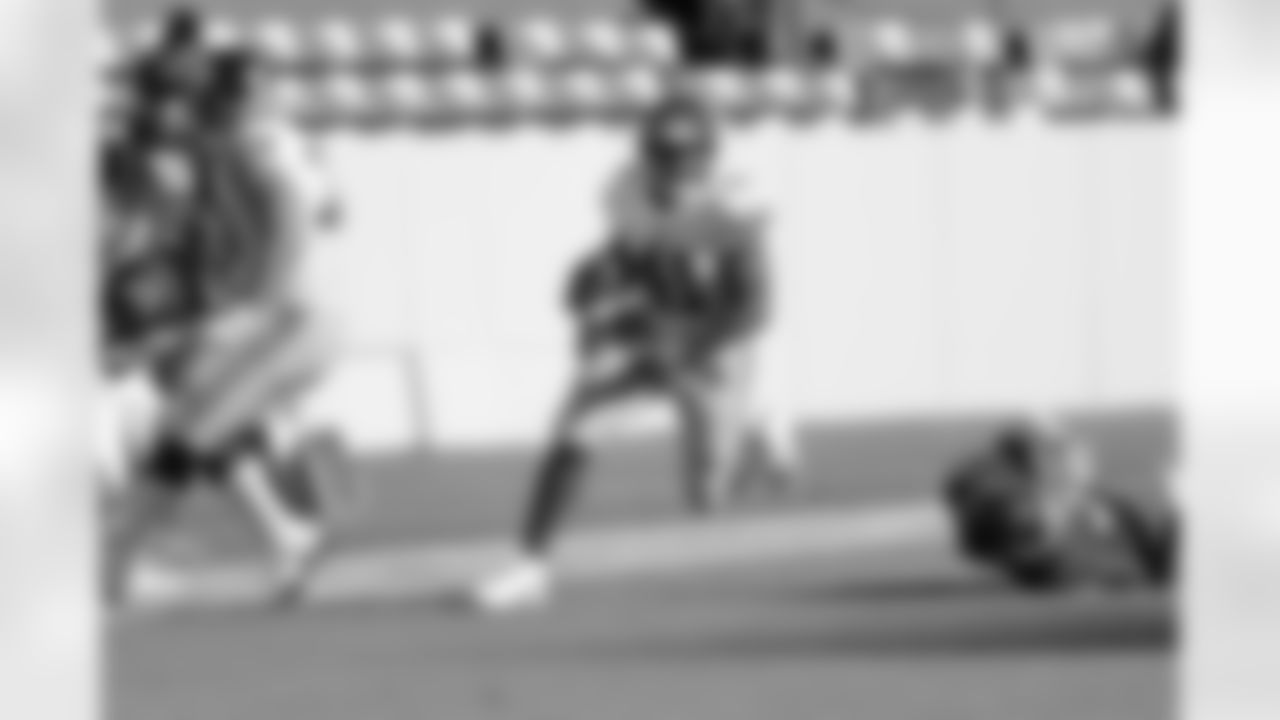
RB Alfred Morris carried the ball nine times for 67 yards (7.4 yards per carry) and caught one pass for four yards.
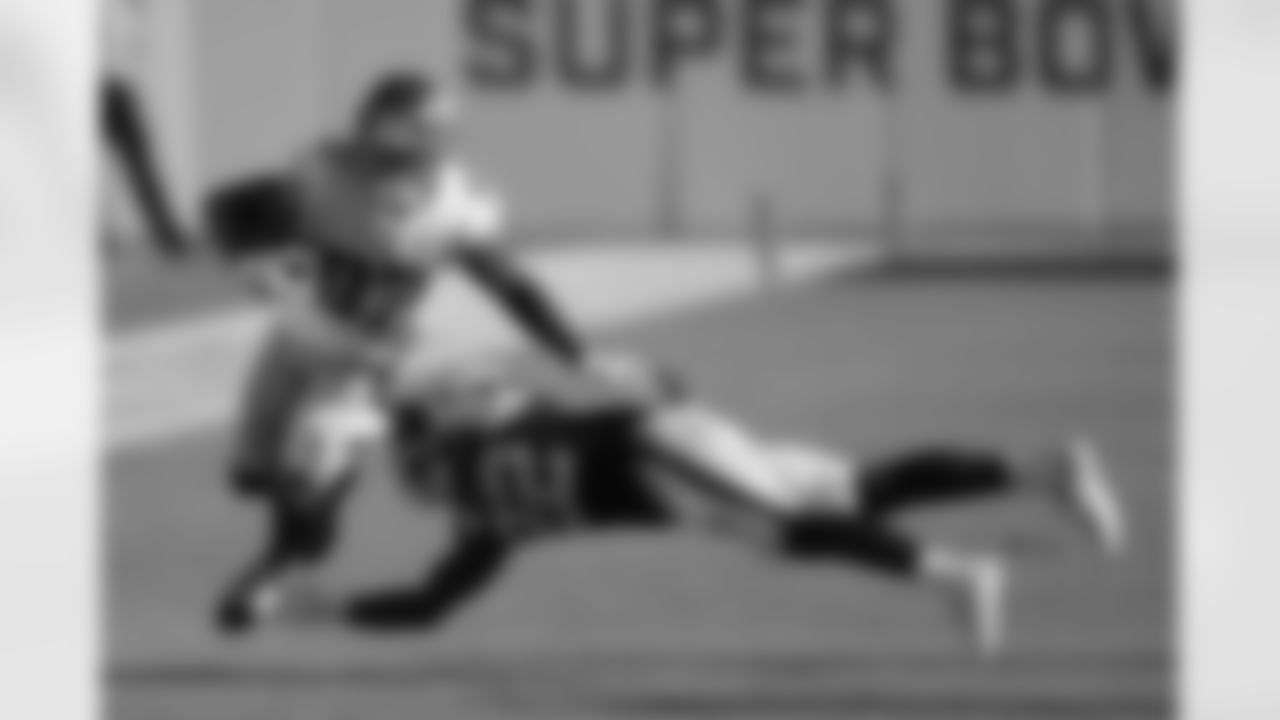
New York Giants wide receiver Sterling Shepard (87) tries to runs past Washington Football Team safety Deshazor Everett (22) in the first half of an NFL football game, Sunday, Nov. 8, 2020, in Landover, Md. (AP Photo/Al Drago)
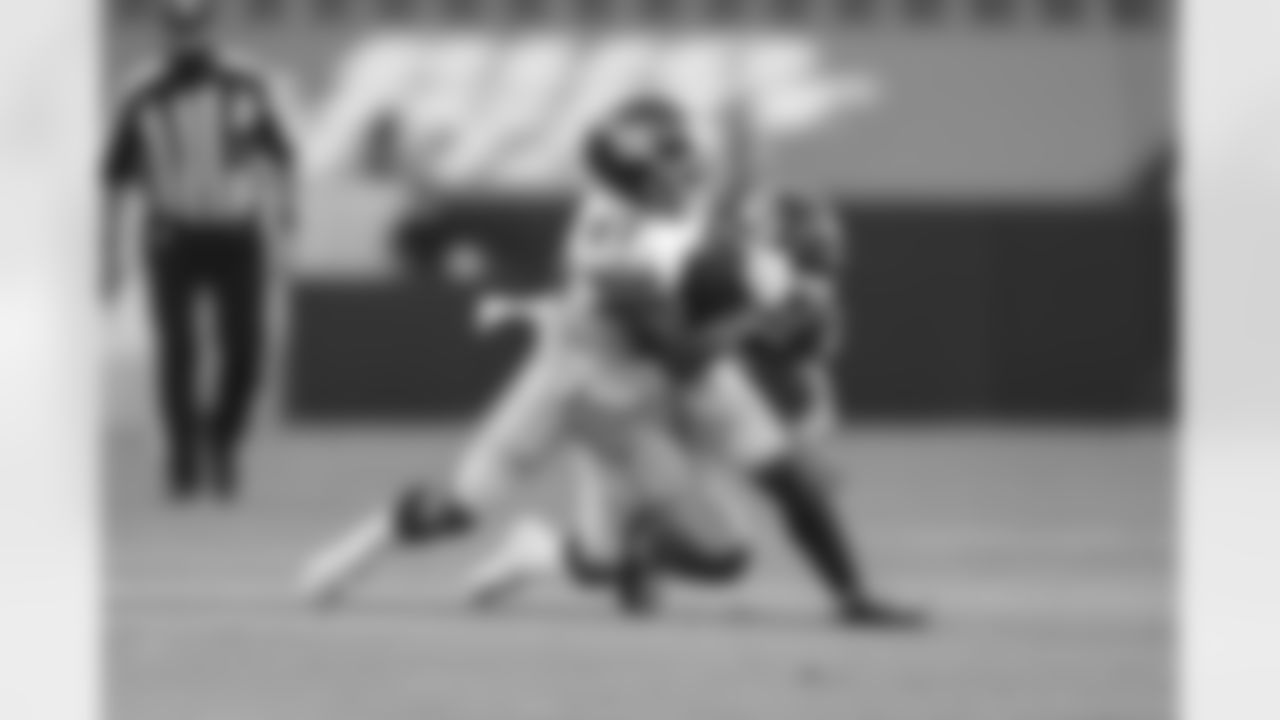
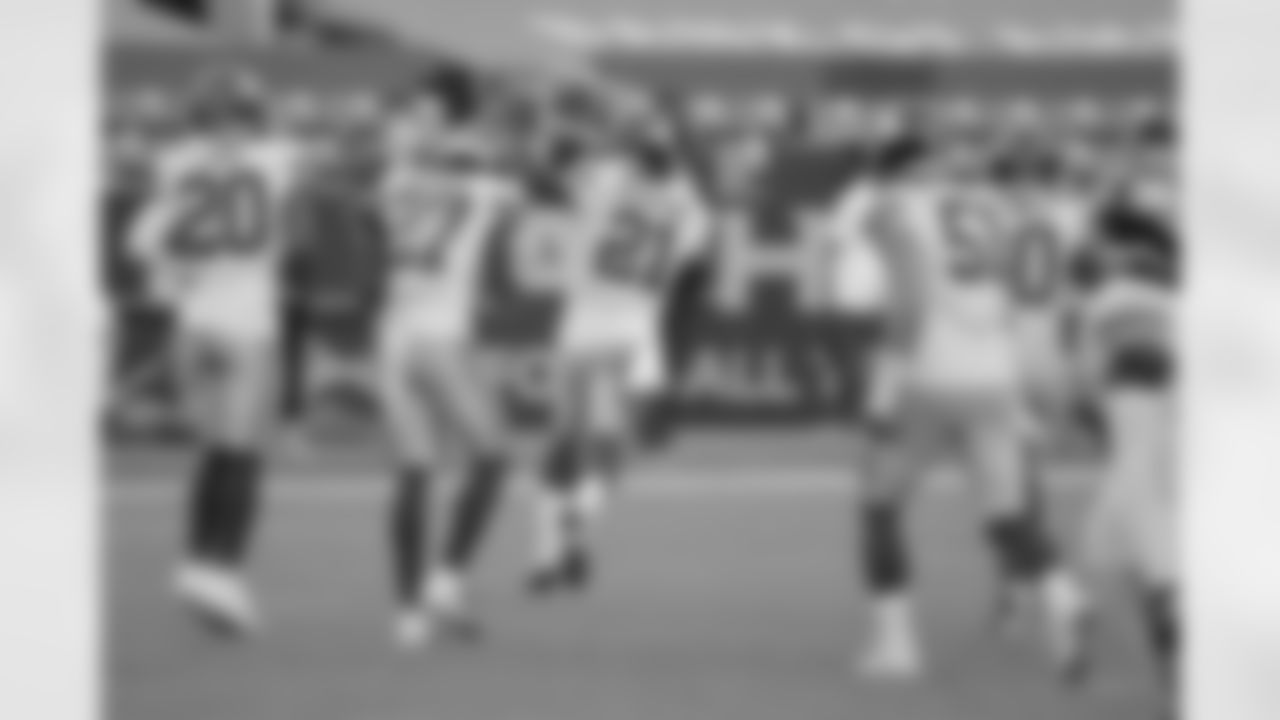
New York Giants safety Jabrill Peppers (21) celebrates during an NFL football game against the Washington Football Team on Sunday, November 8, 2020 in Landover, Maryland. (Mikey Owens/NFL)
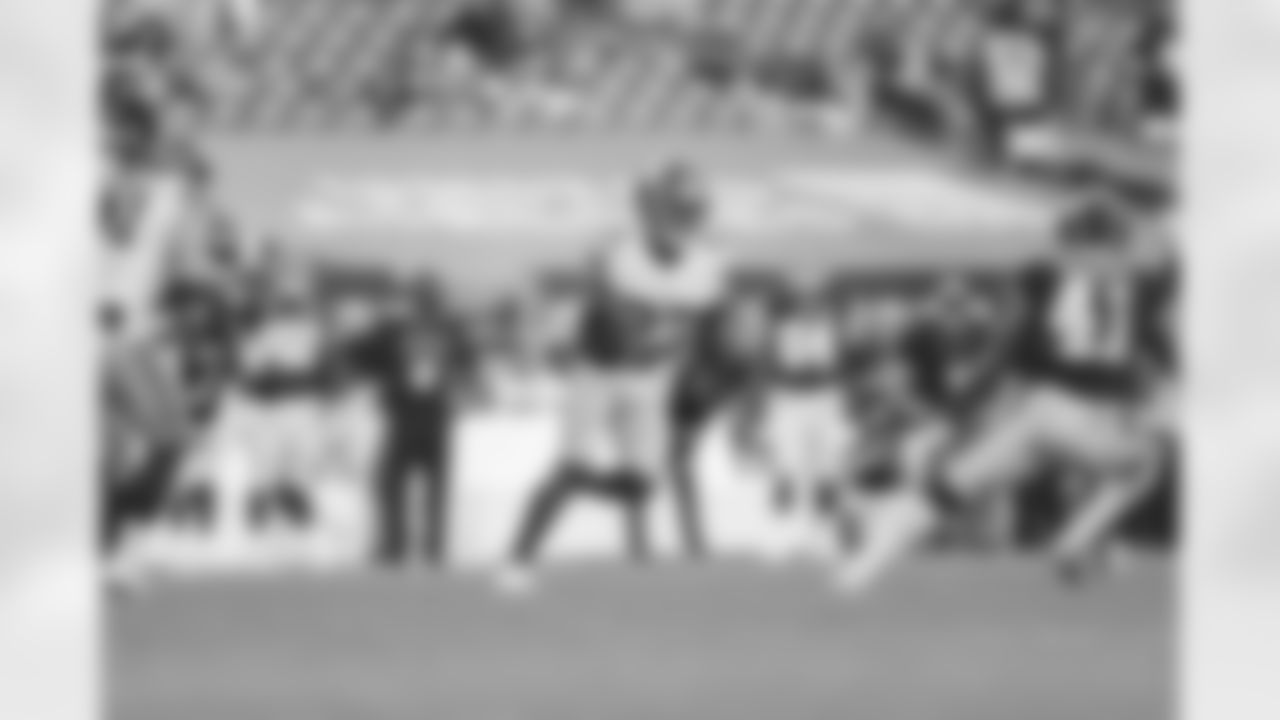
DB Logan Ryan registered six tackles (five solo), two passes defended, a forced fumble and the game-clinching interception at the end of the fourth quarter.
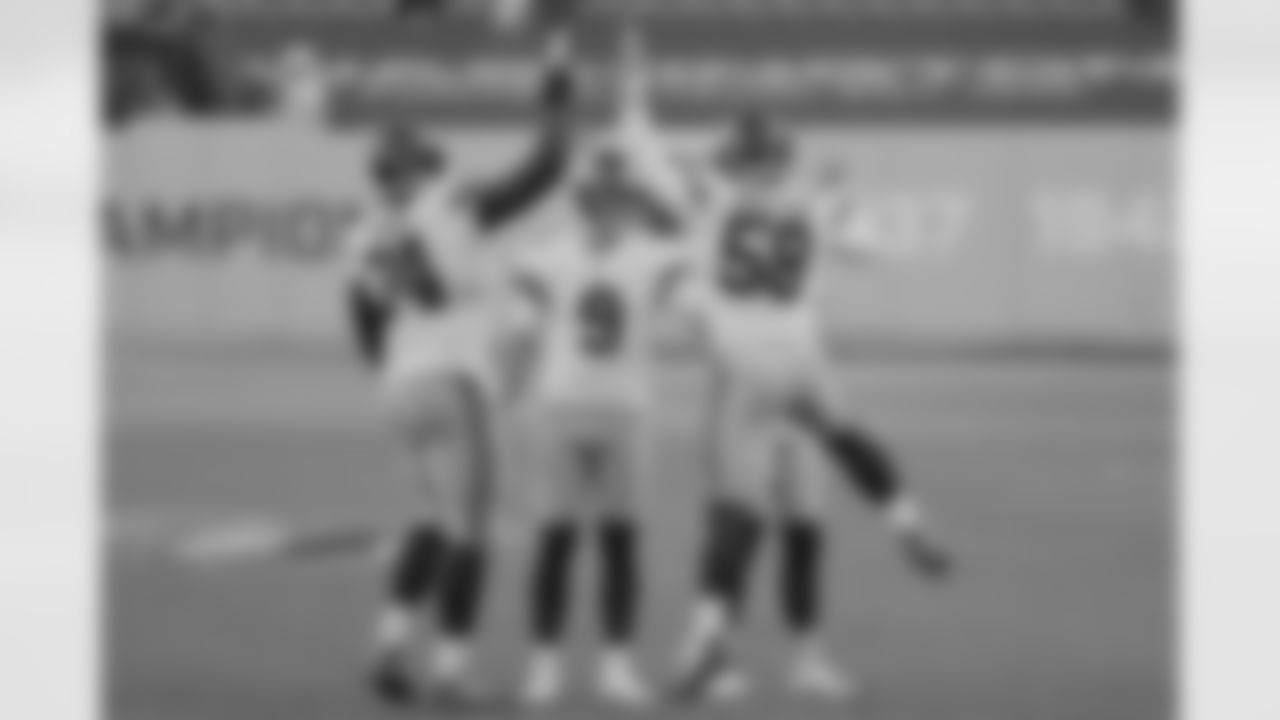
New York Giants offensive tackle Matt Peart (74) celebrates with long snapper Casey Kreiter (58) and punter Riley Dixon (9) during an NFL football game against the Washington Football Team on Sunday, November 8, 2020 in Landover, Maryland. (Mikey Owens/NFL)
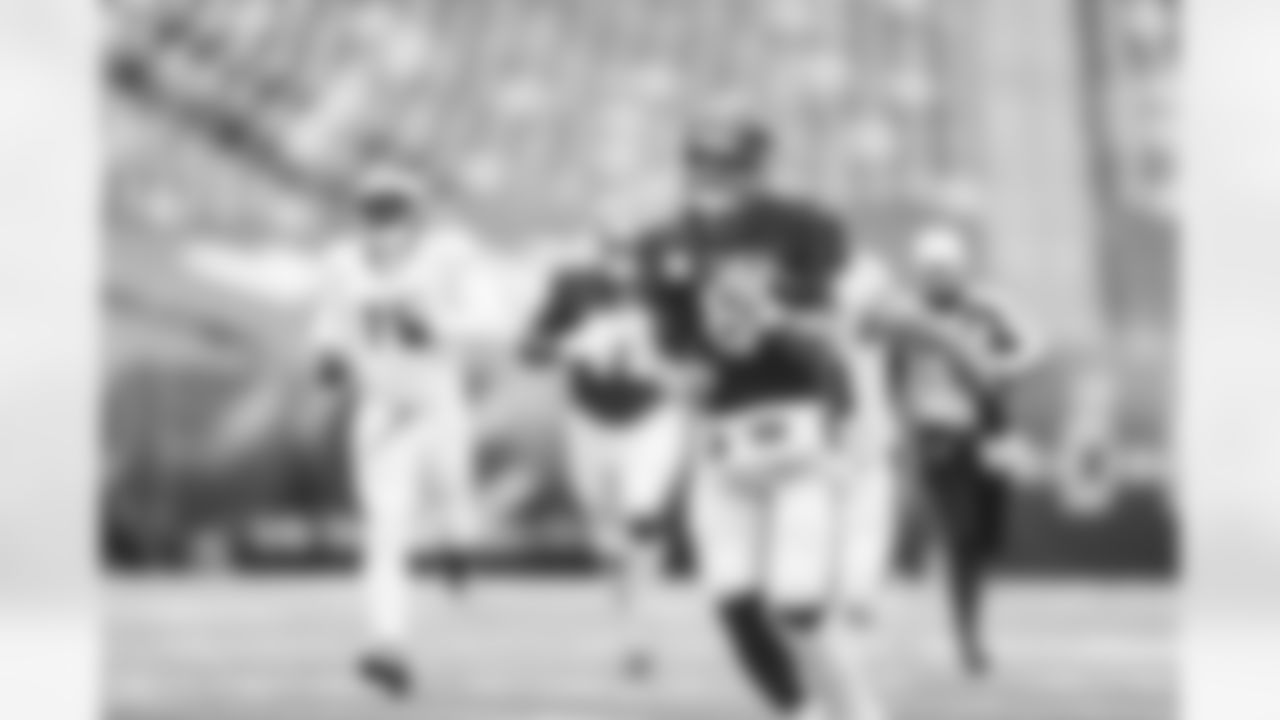
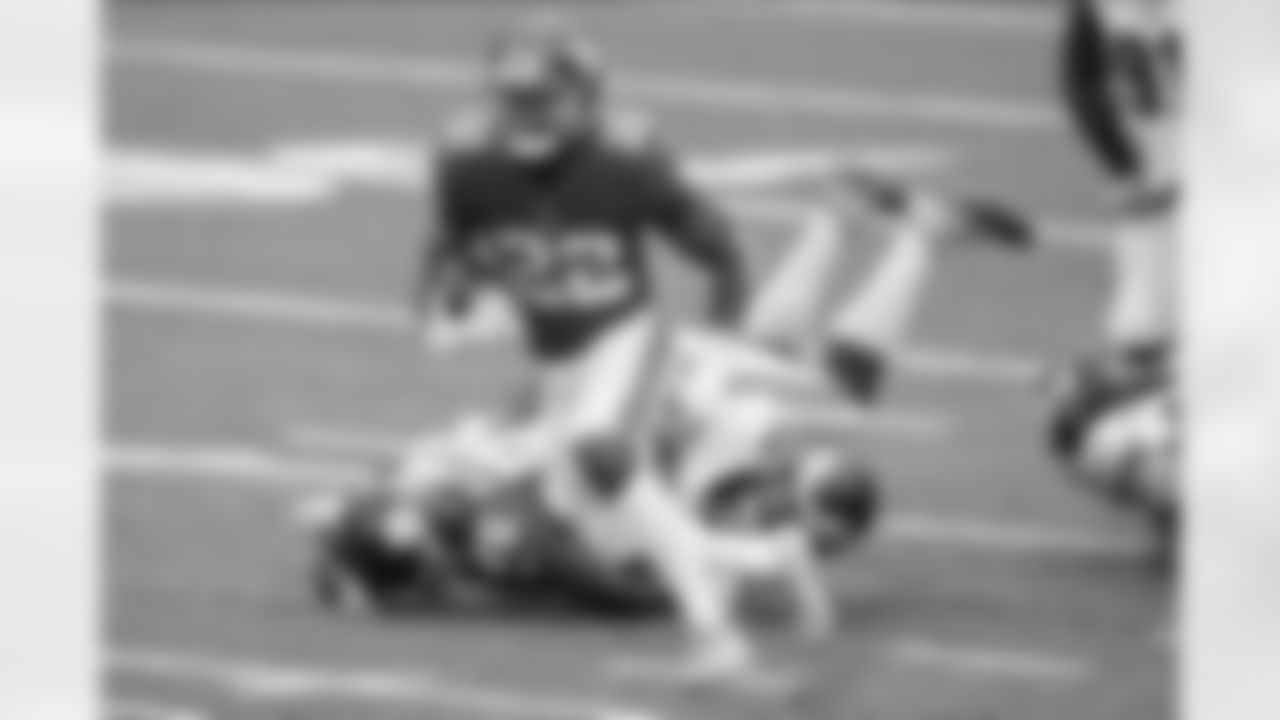
New York Giants' Wayne Gallman (22) rushes during the first half of an NFL football game against the Philadelphia Eagles Sunday, Nov. 15, 2020, in East Rutherford, N.J. (AP Photo/Seth Wenig)
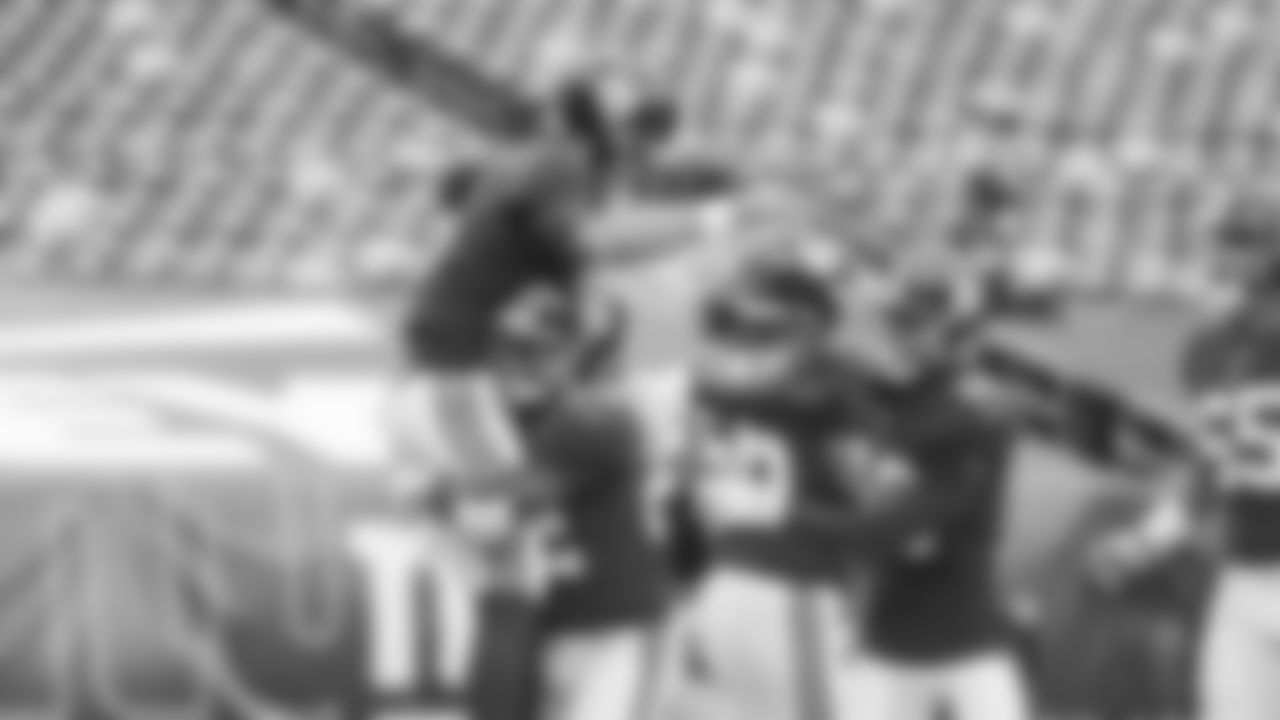
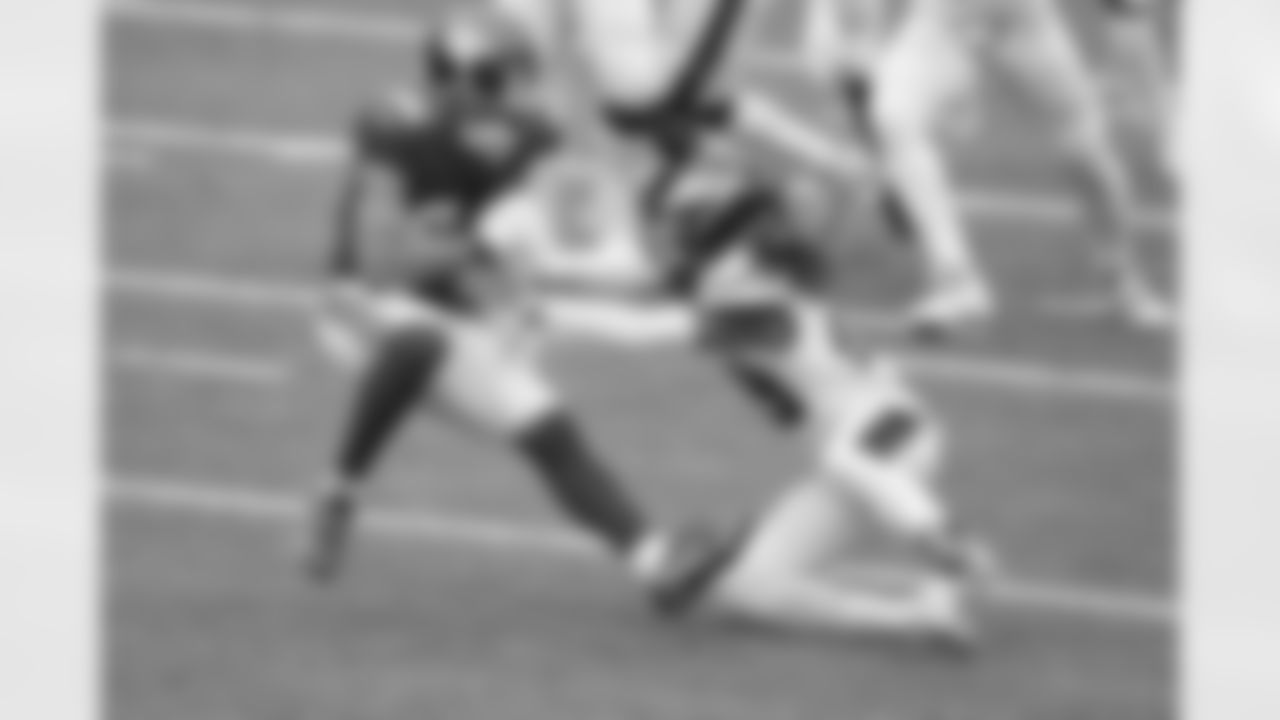
Philadelphia Eagles' Avonte Maddox (29) tackles New York Giants' Austin Mack (81) during the first half of an NFL football game Sunday, Nov. 15, 2020, in East Rutherford, N.J. (AP Photo/Seth Wenig)
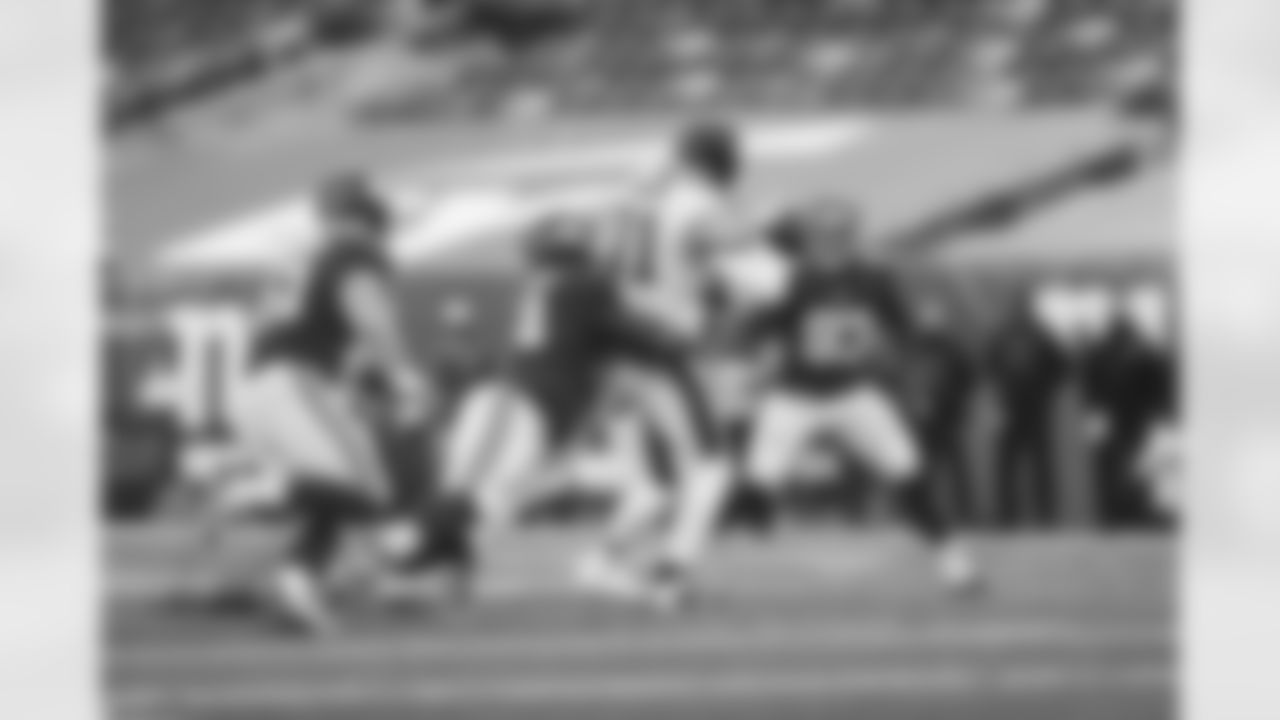
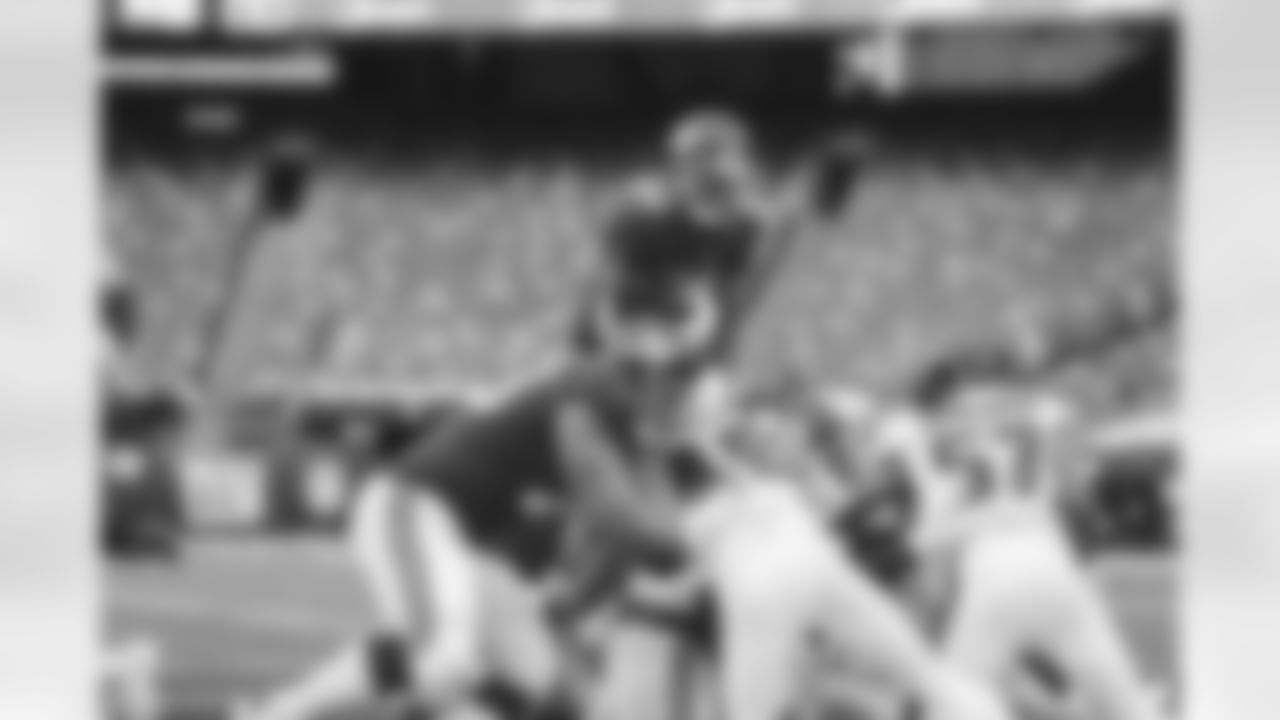
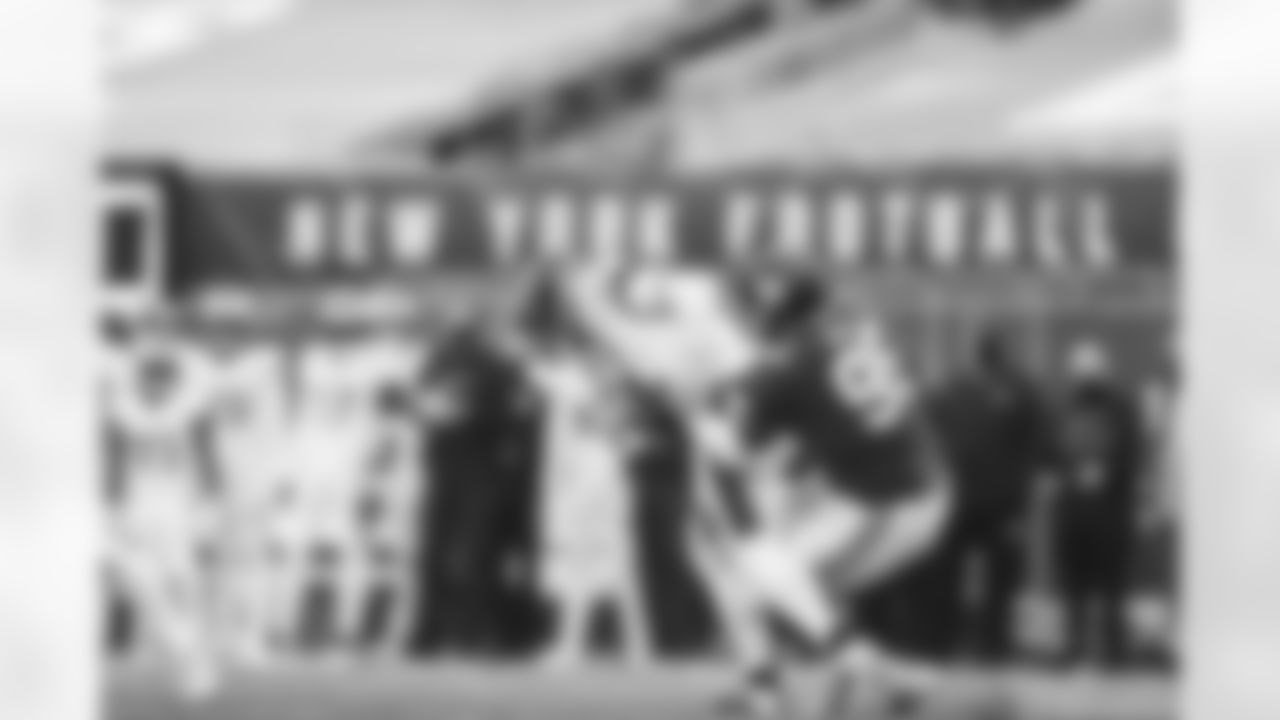
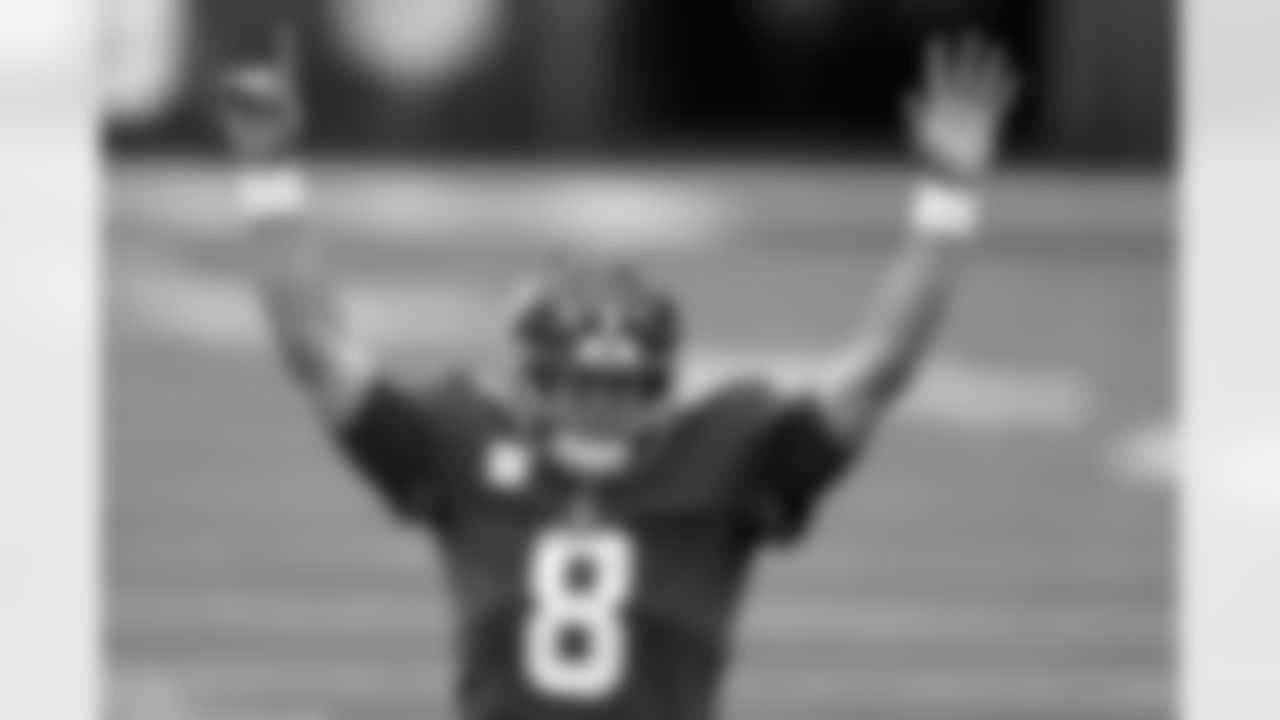
New York Giants quarterback Daniel Jones (8) reacts to a touchdown during an NFL football game against the Philadelphia Eagles, Sunday, Nov. 15, 2020, in East Rutherford, N.J. (AP Photo/Adam Hunger)
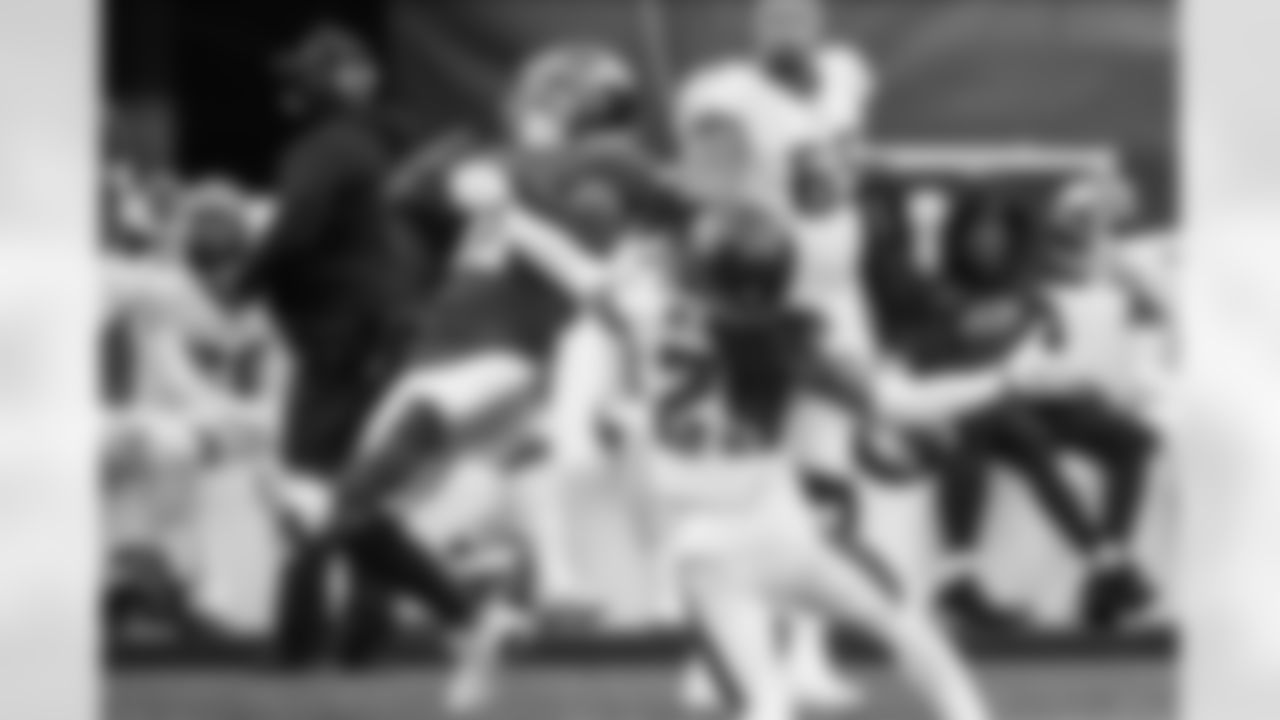
New York Giants' Sterling Shepard (87) catches a pass in front of Philadelphia Eagles' Avonte Maddox (29) during the second half of an NFL football game Sunday, Nov. 15, 2020, in East Rutherford, N.J. (AP Photo/Seth Wenig)
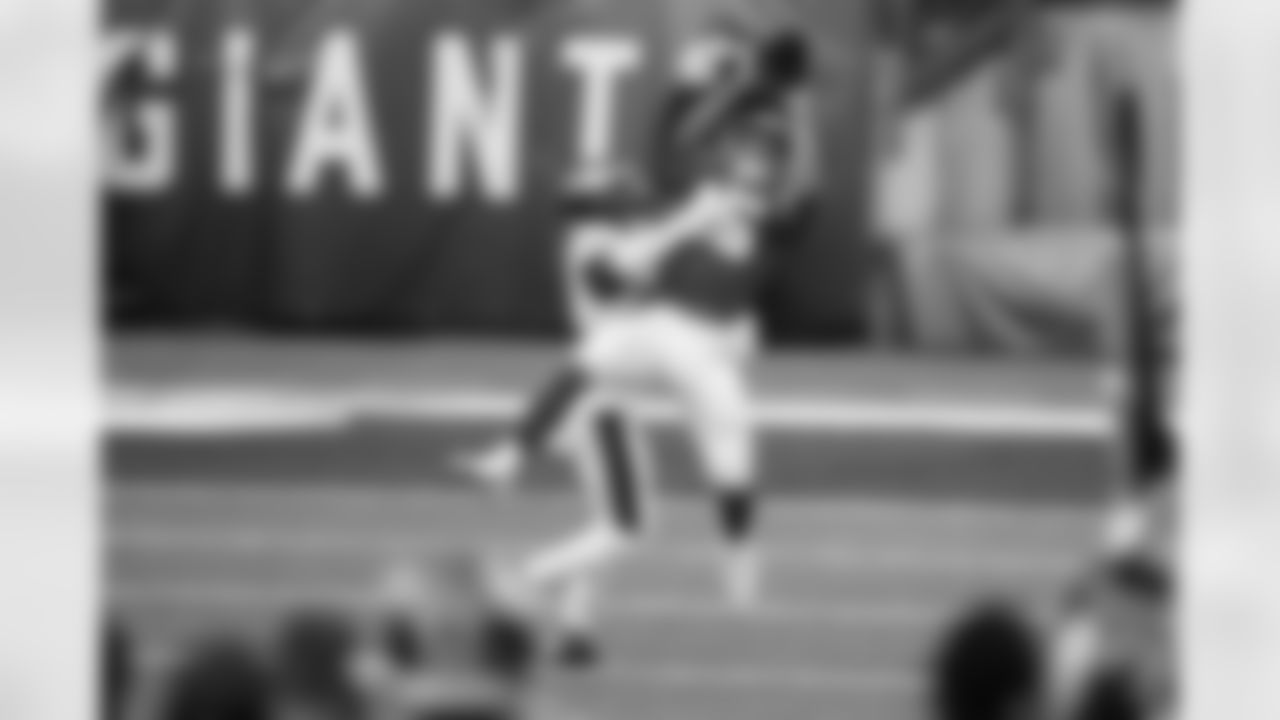
New York Giants' Golden Tate (15) catches a pass in front of Philadelphia Eagles' Nickell Robey-Coleman during the second half of an NFL football game against the Philadelphia Eagles Sunday, Nov. 15, 2020, in East Rutherford, N.J. (AP Photo/Seth Wenig)
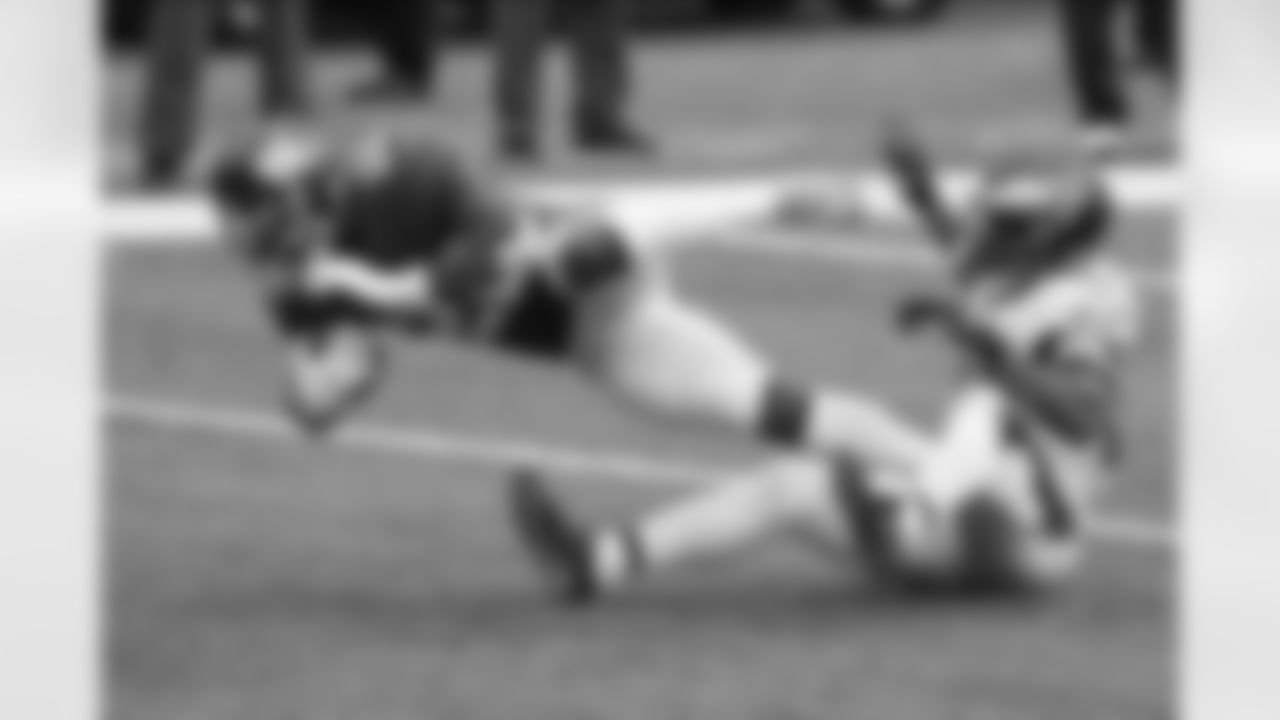
New York Giants' Wayne Gallman (22) jumps over Philadelphia Eagles' Rodney McLeod (23) during the second half of an NFL football game Sunday, Nov. 15, 2020, in East Rutherford, N.J. (AP Photo/Corey Sipkin)
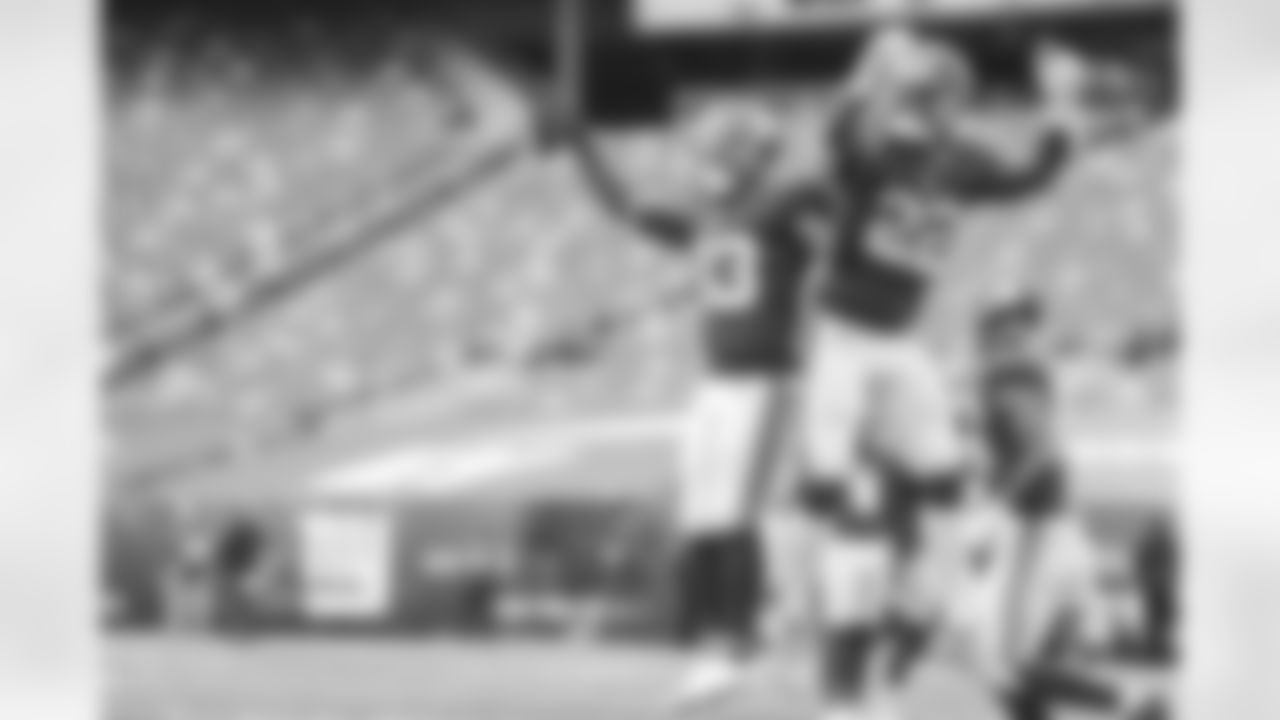
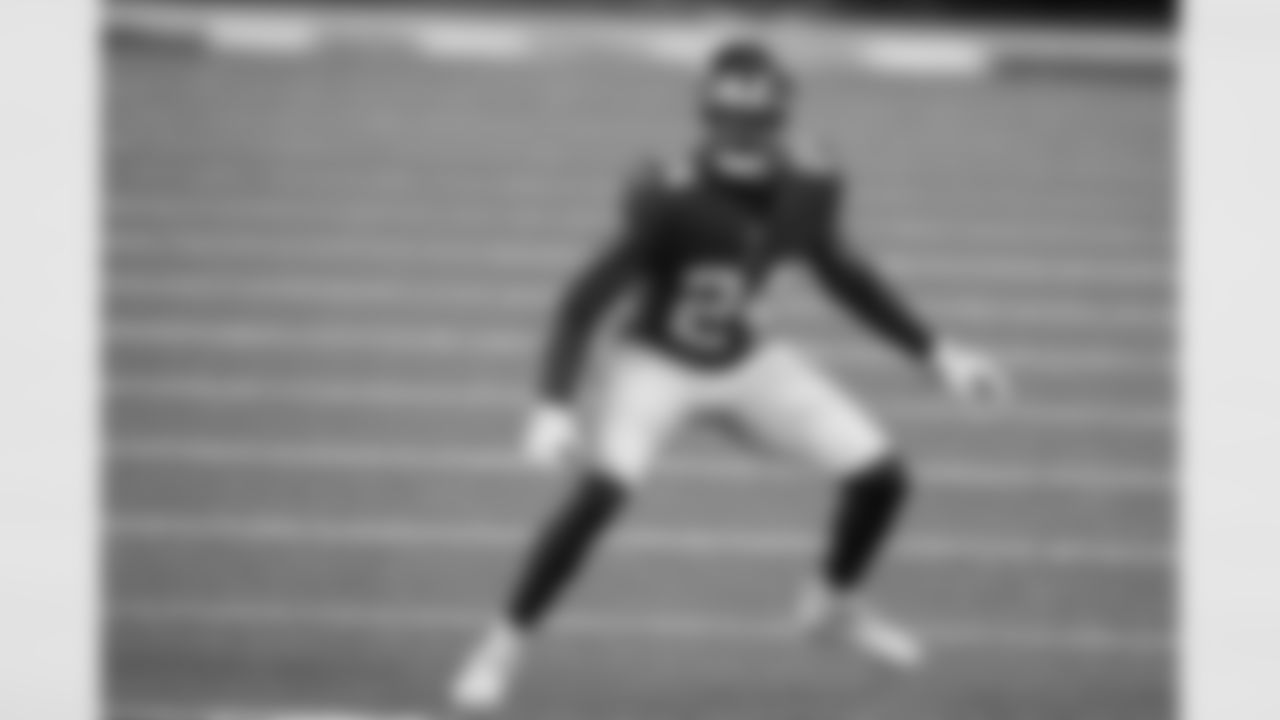
CB James Bradberry registered four solo tackles and two pass breakups.
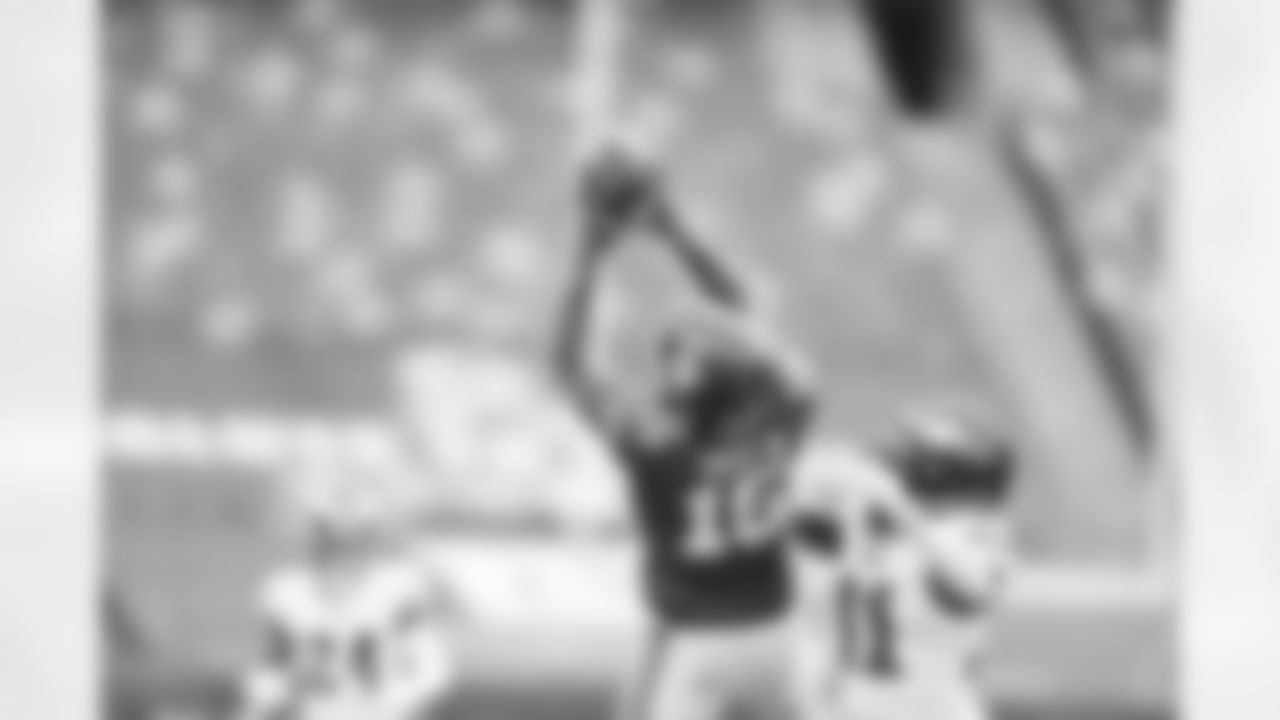
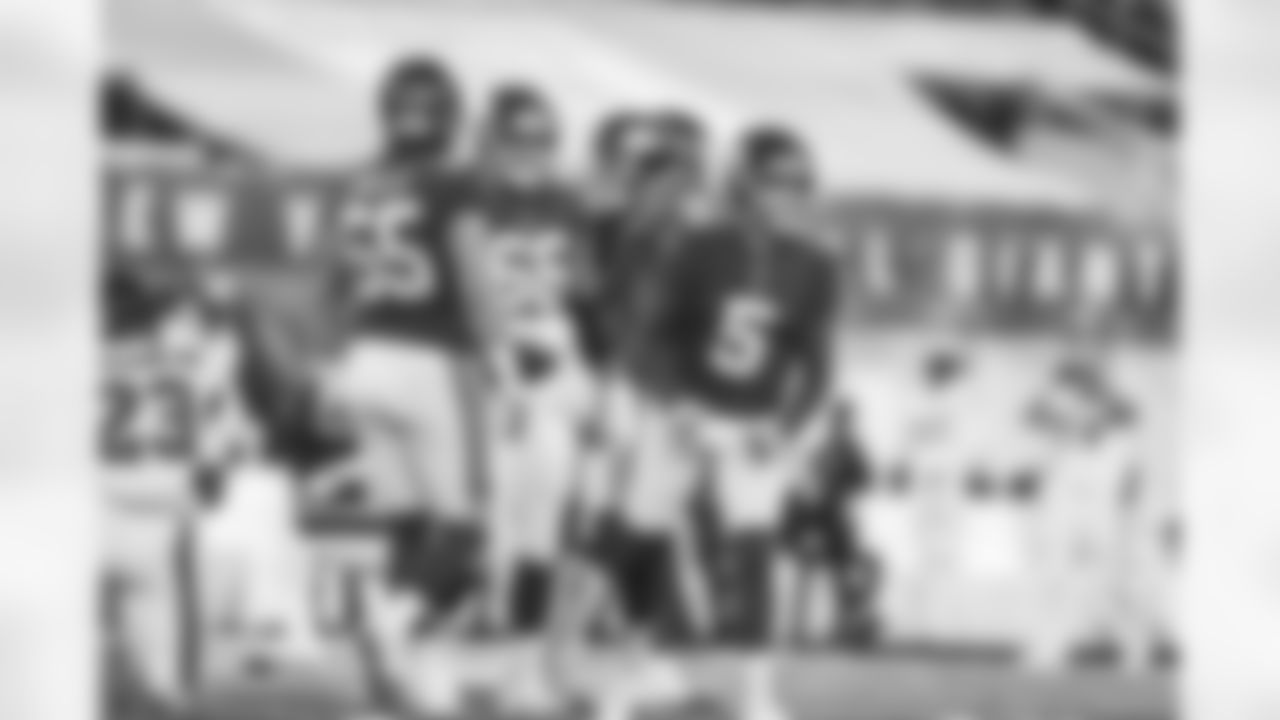
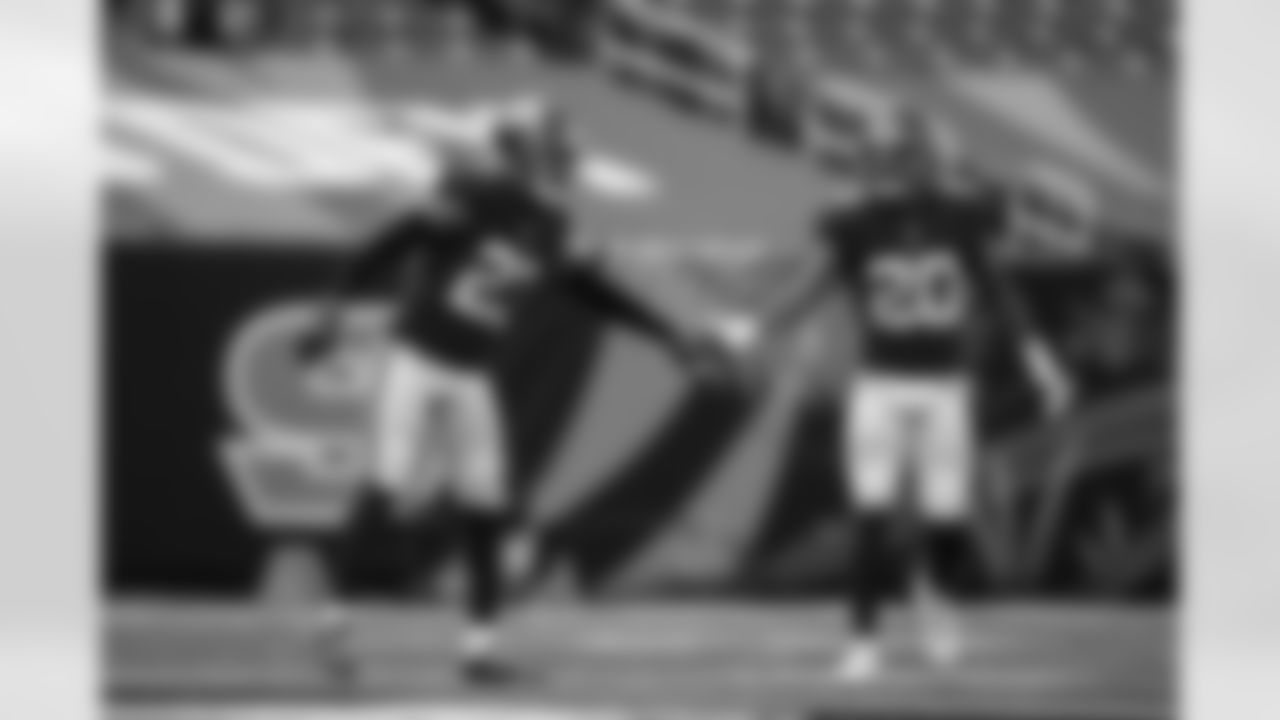
Logan Ryan (23), Julian Love (20)
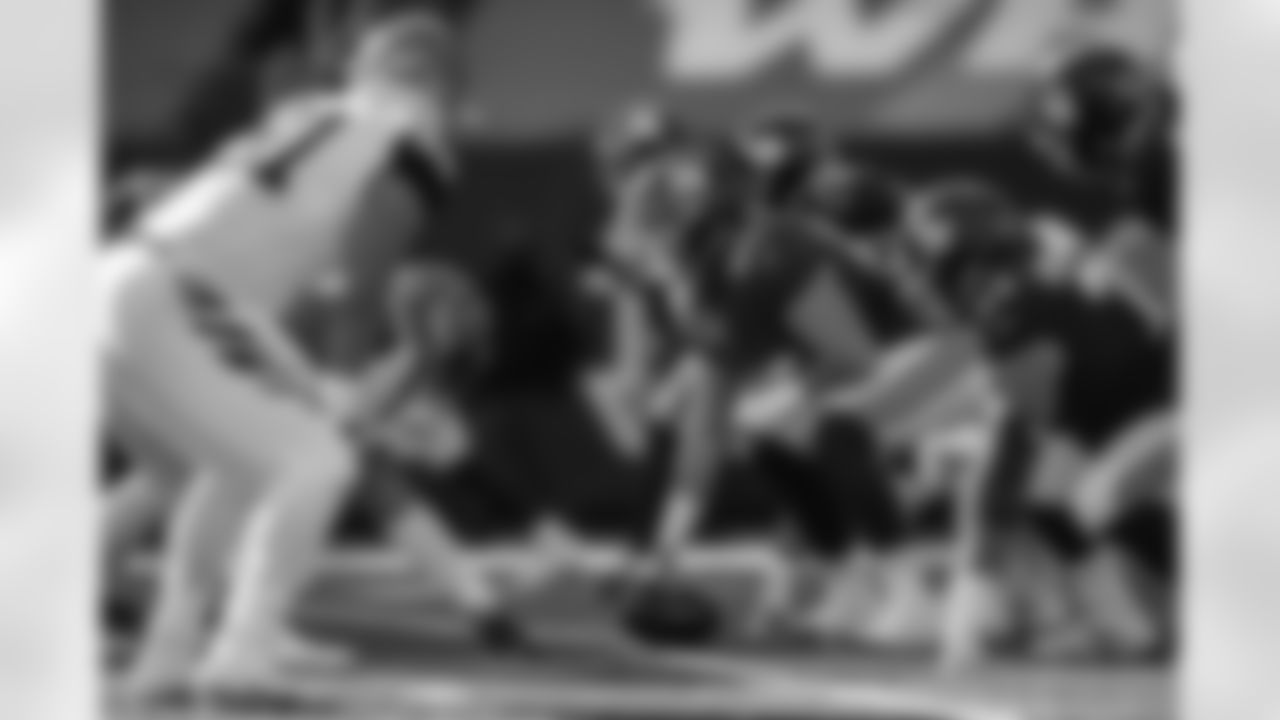
Nick Gates (65)
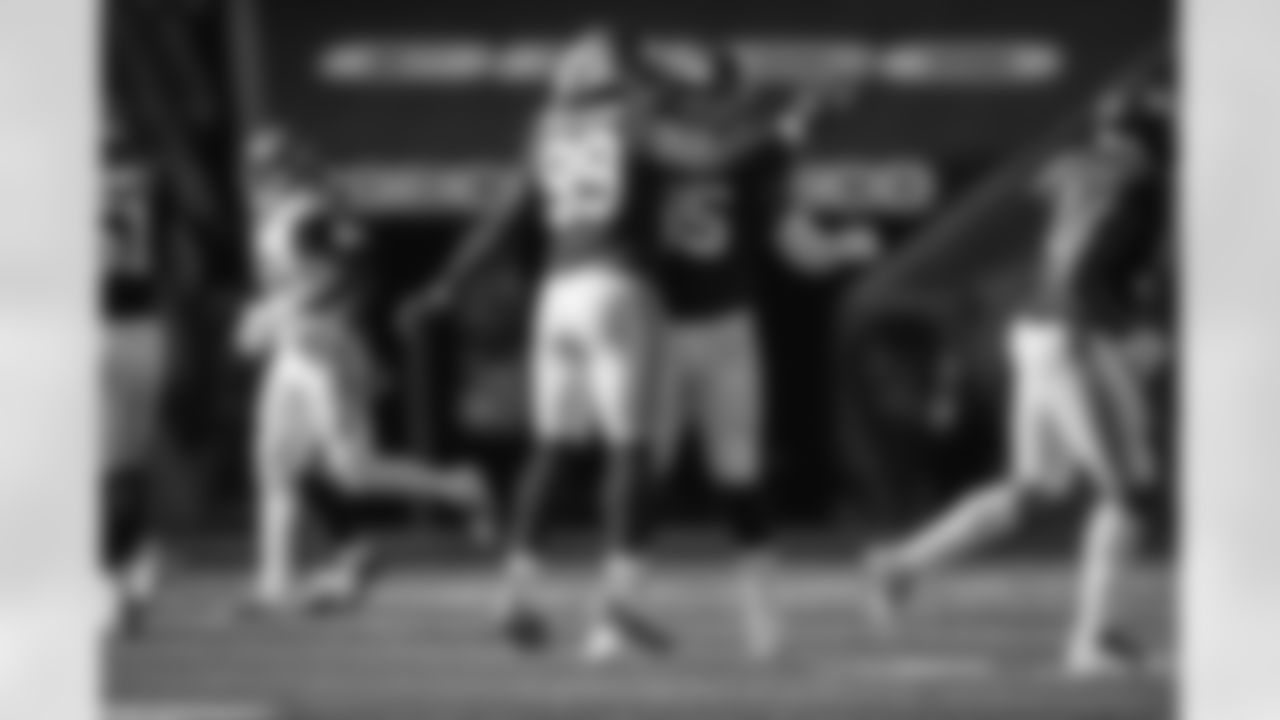
Leonard Williams (99), B.J. Hill (95)
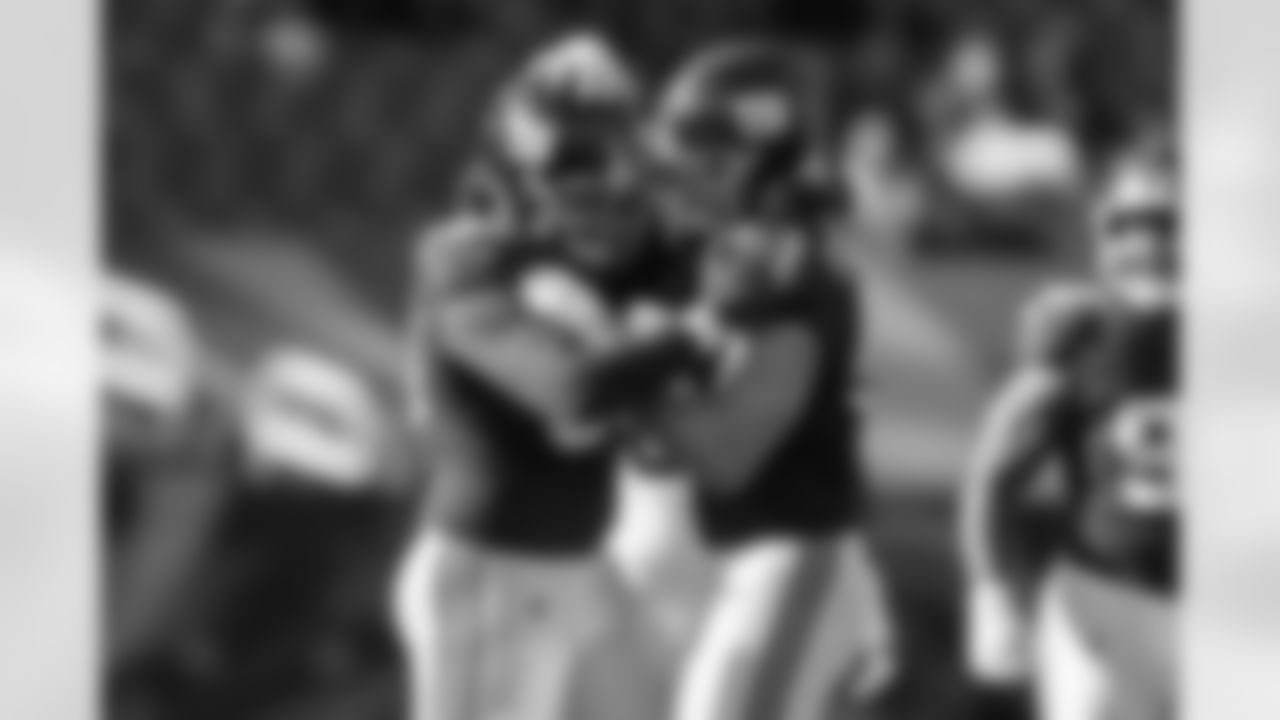
Leonard Williams (99), Kyler Fackrell (51)
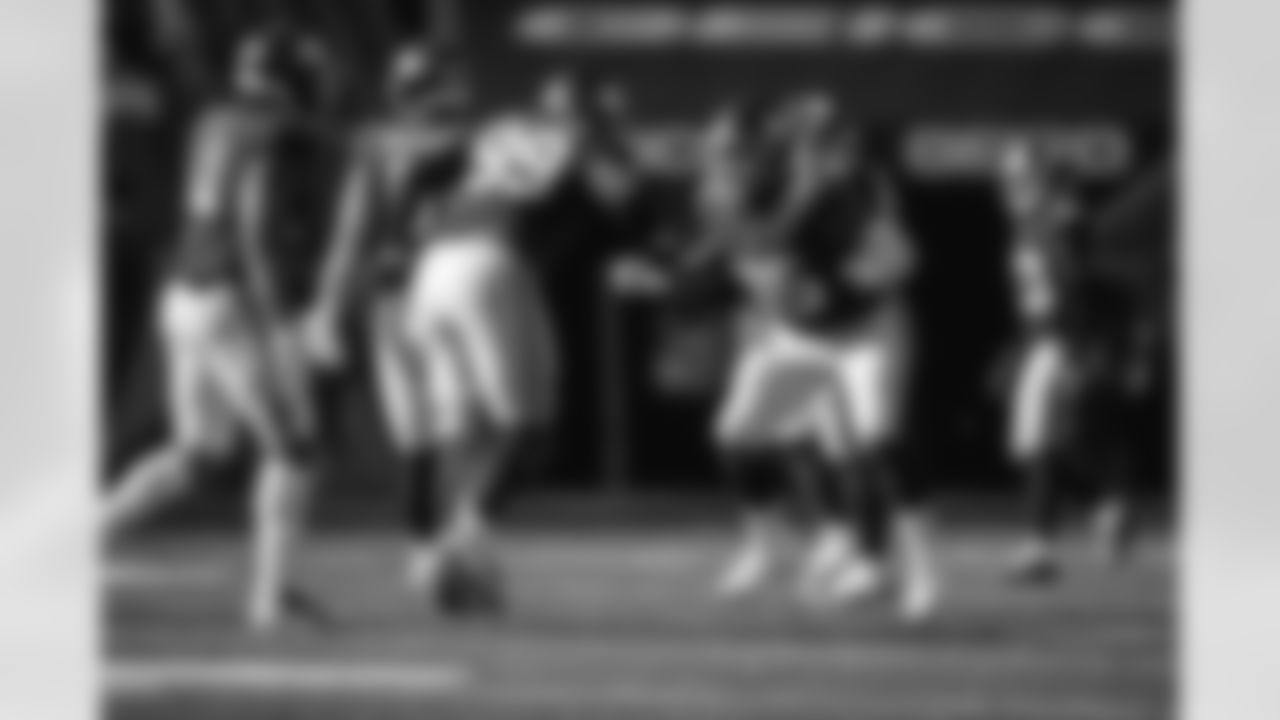
Leonard Williams (99), B.J. Hill (95)
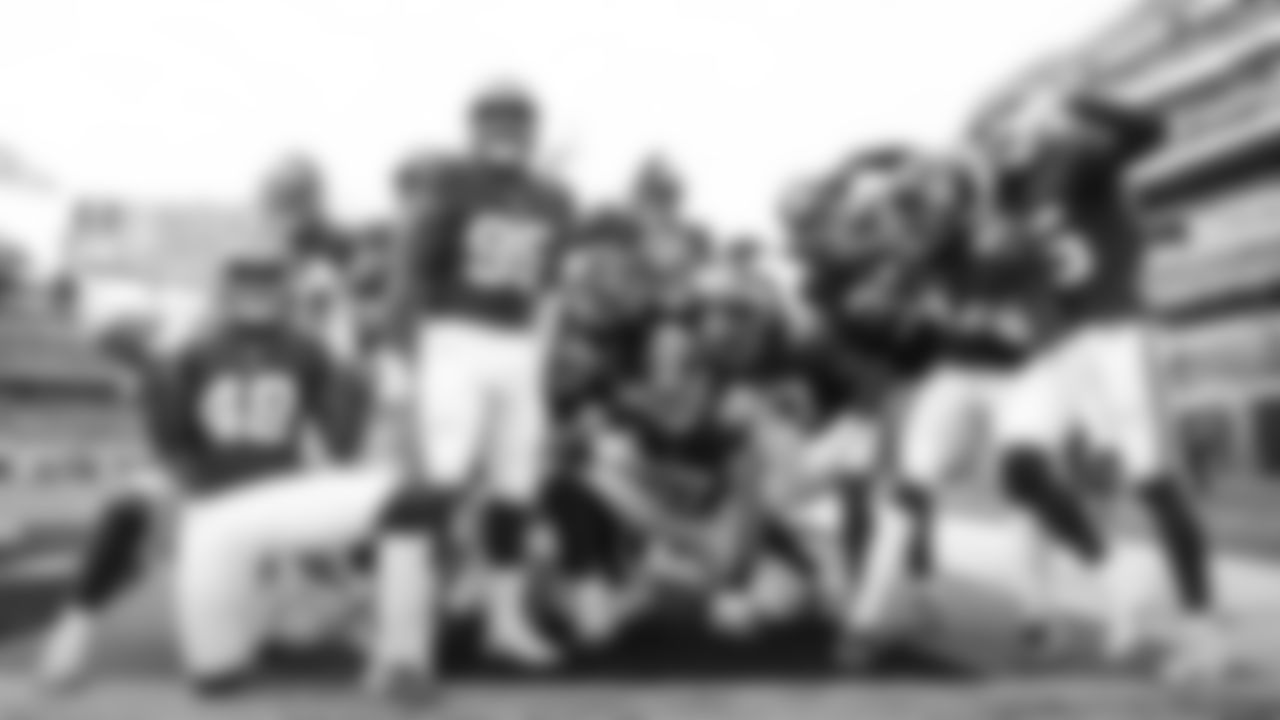
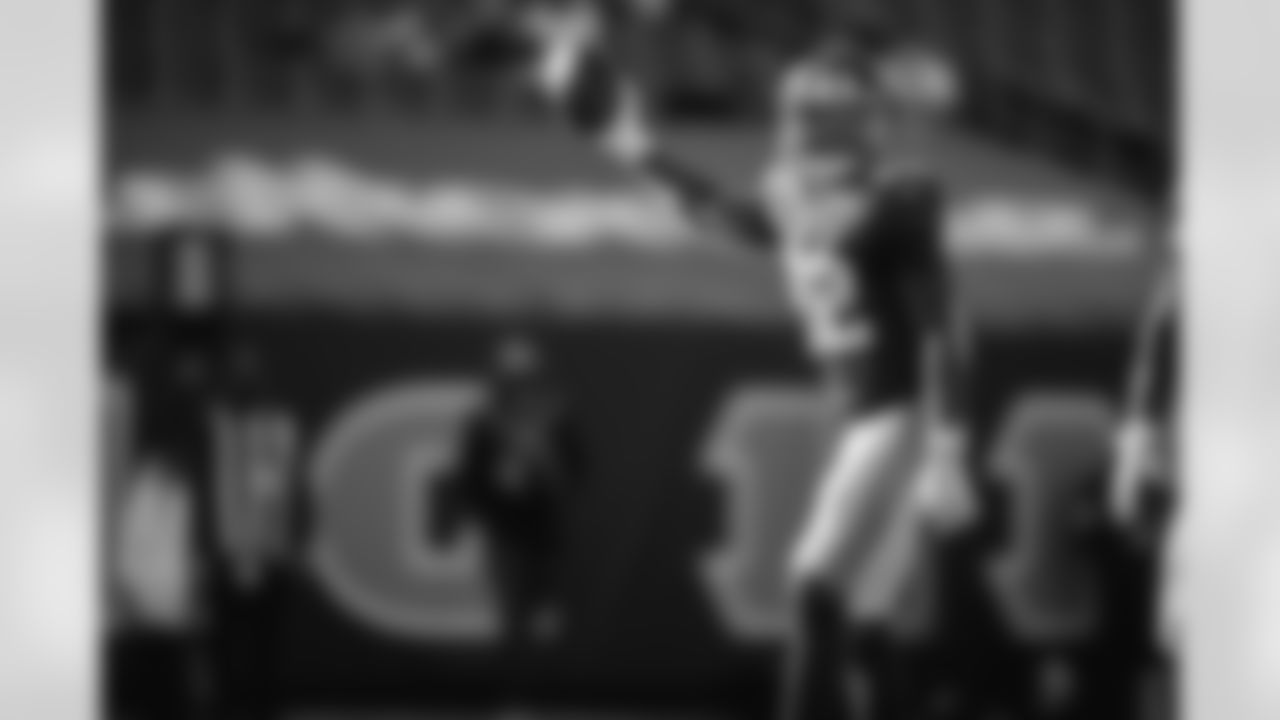
Wayne Gallman (22)
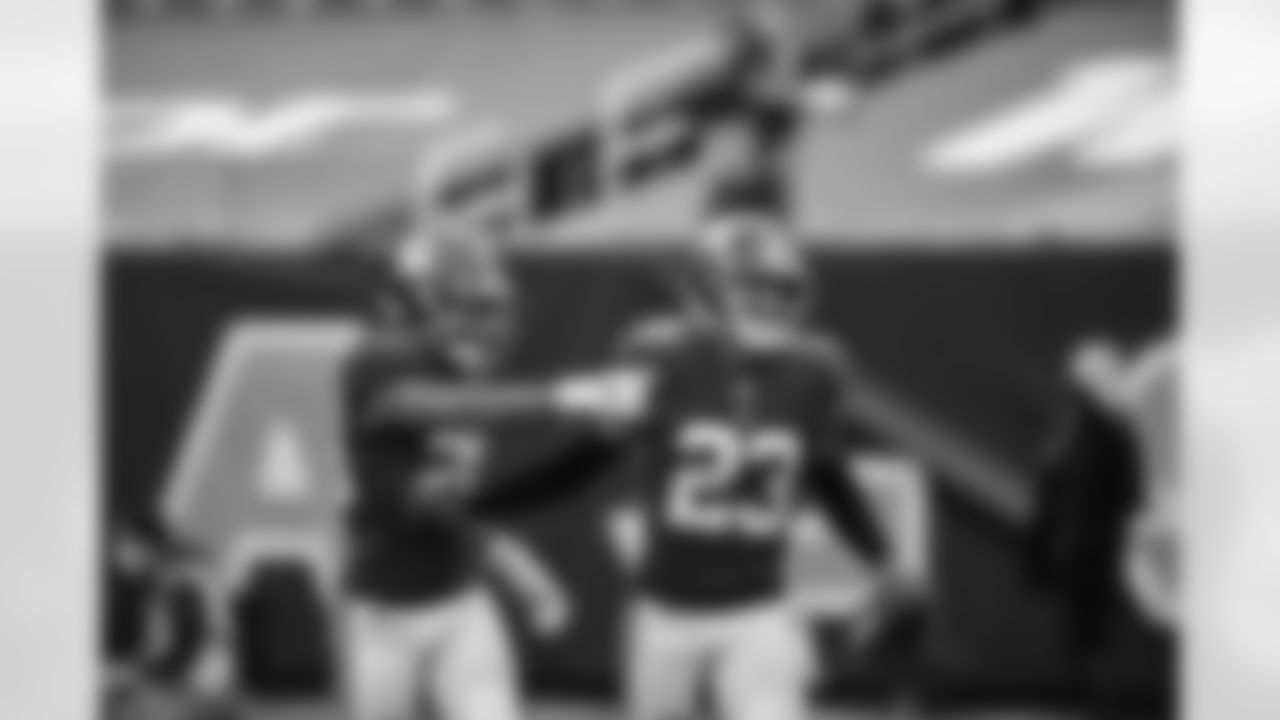
Julian Love (20), Logan Ryan (23)
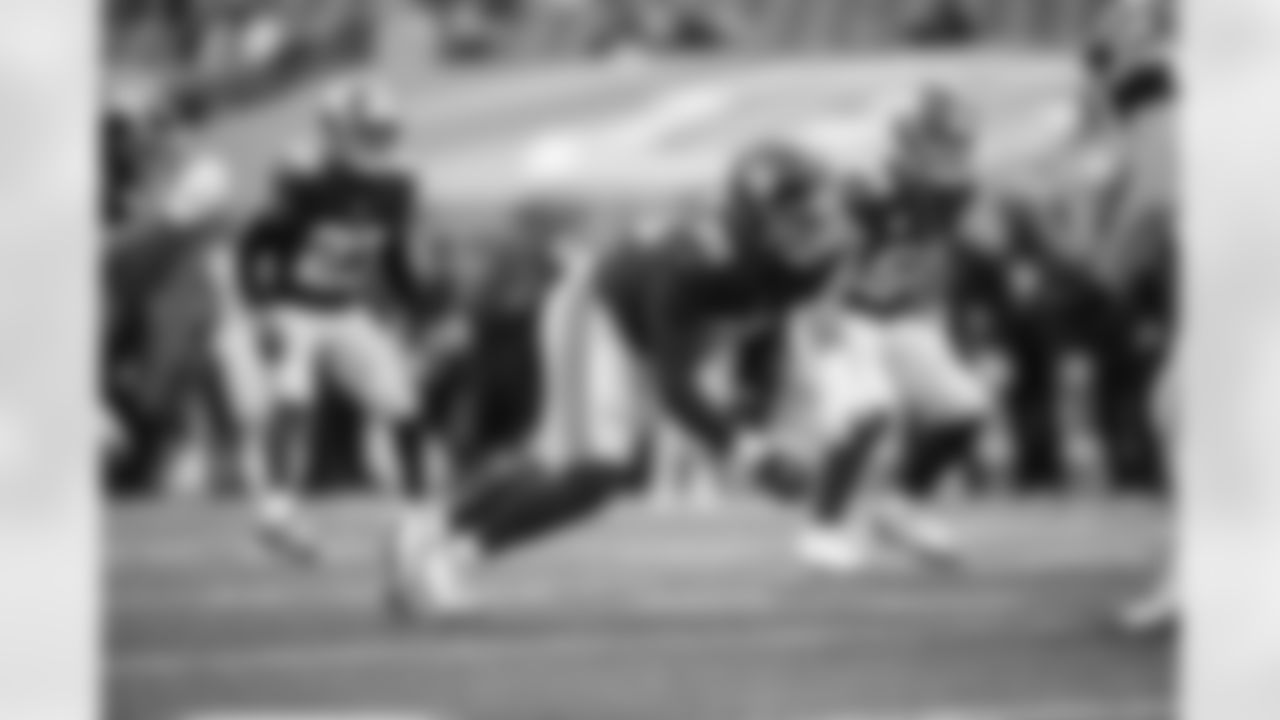
Leonard Williams (99)
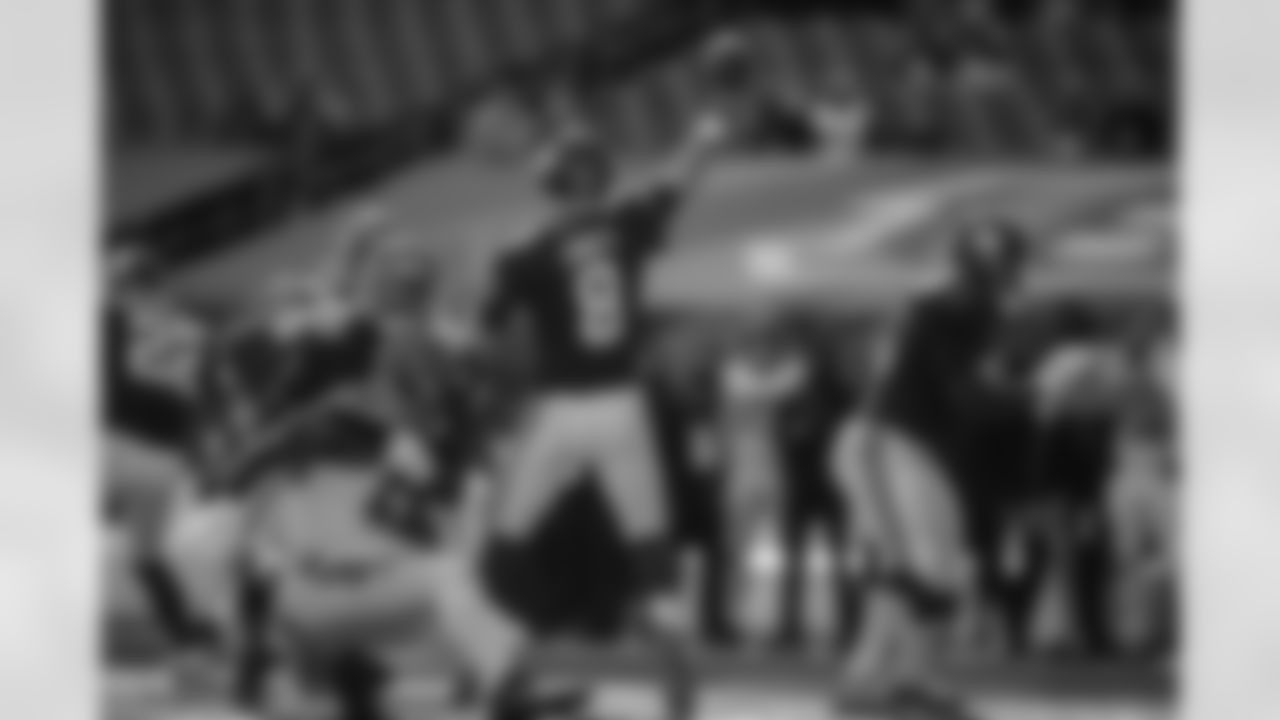
Daniel Jones (8)
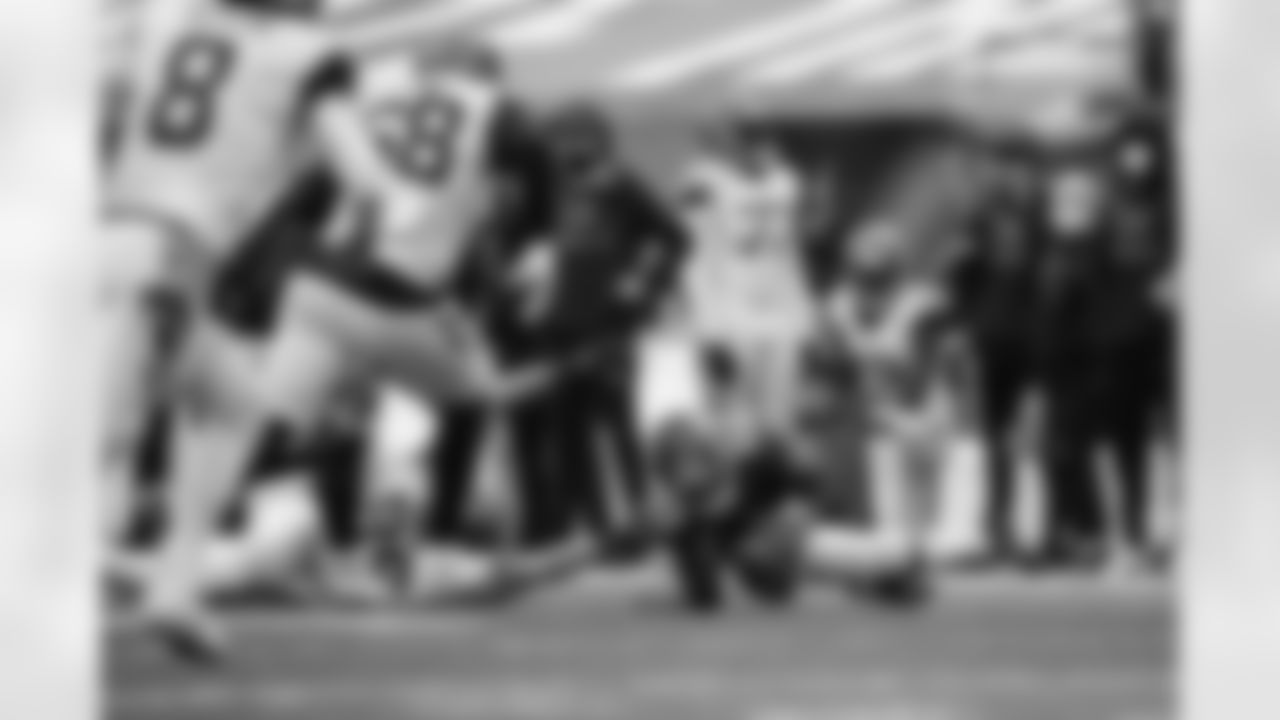
Logan Ryan (23)
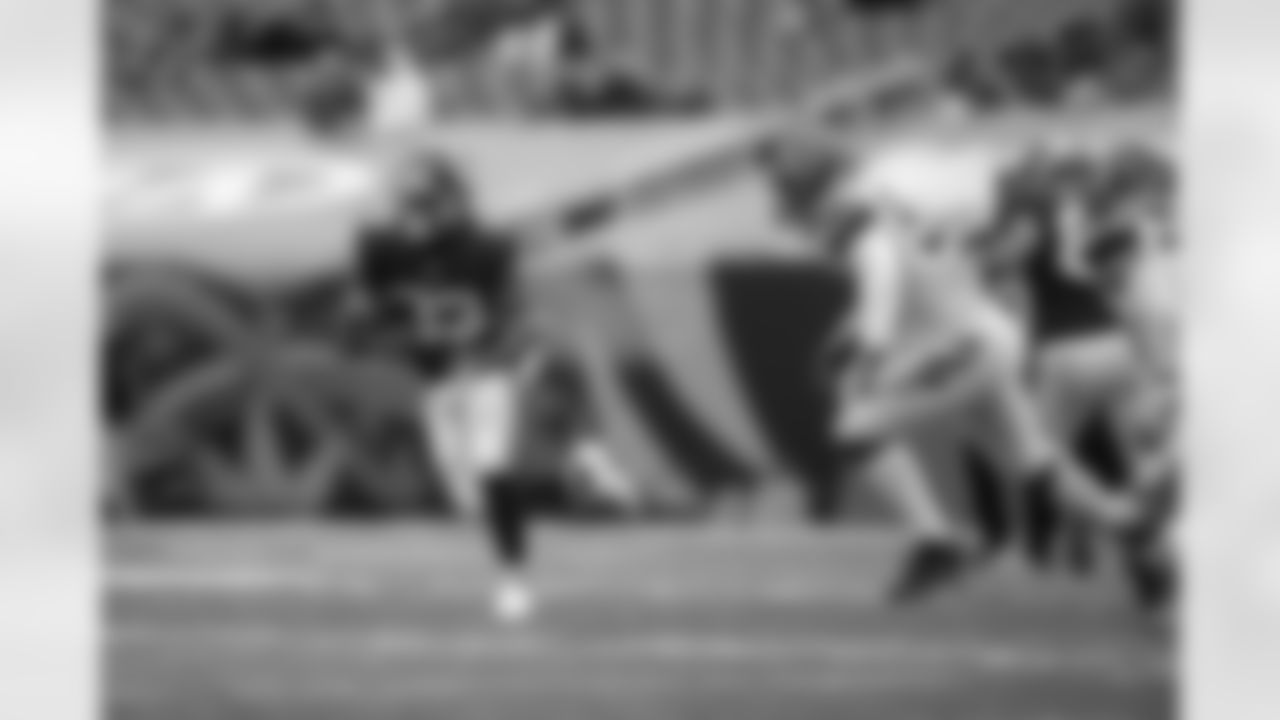
Dion Lewis (33)
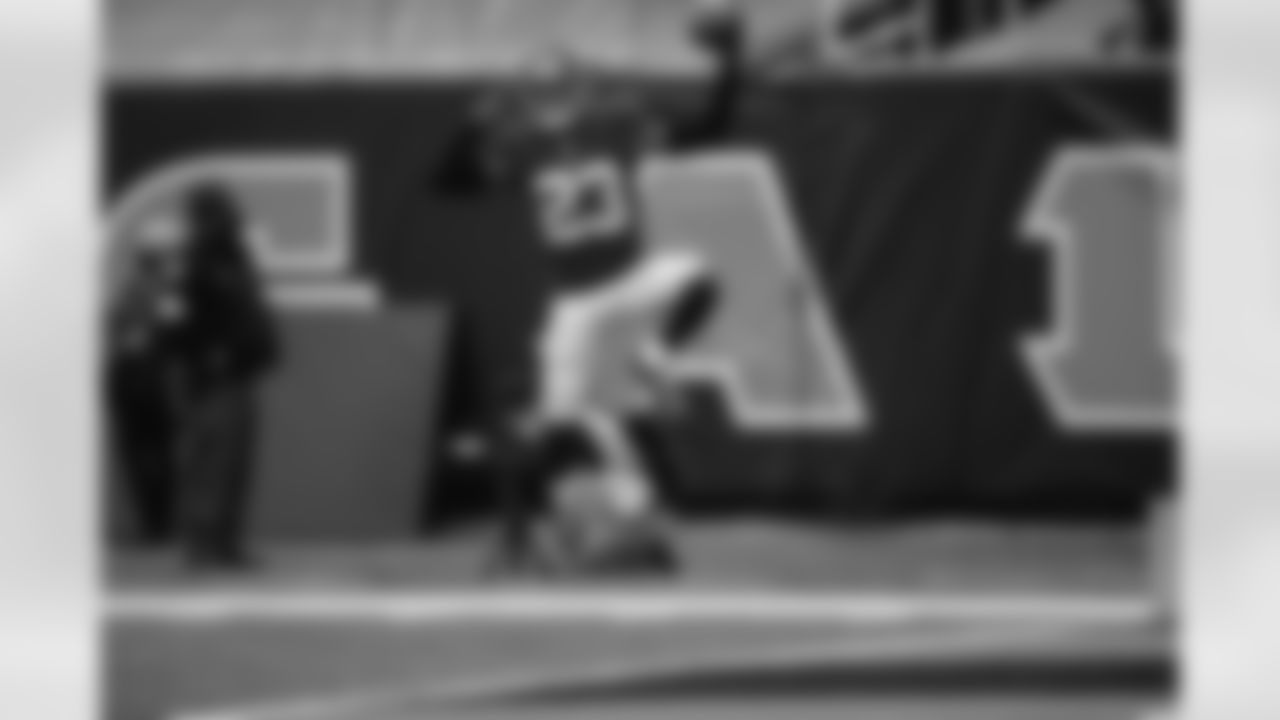
Logan Ryan (23)
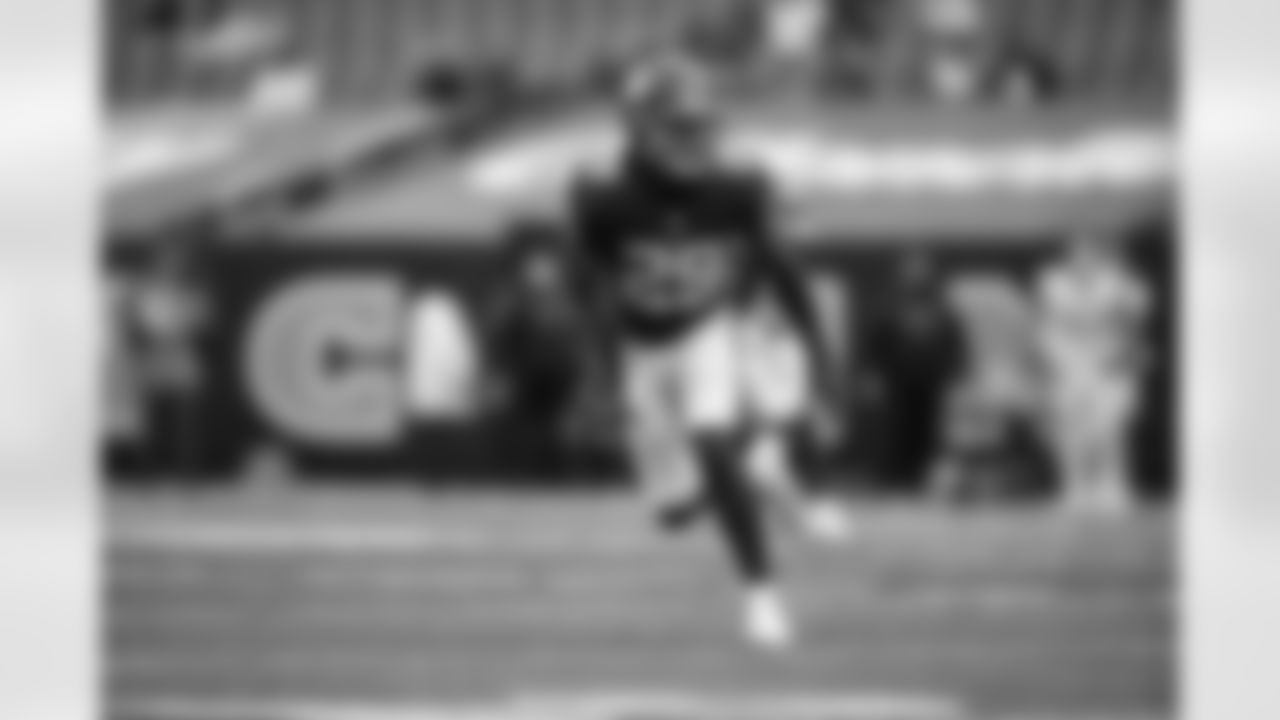
Xavier McKinney (29)
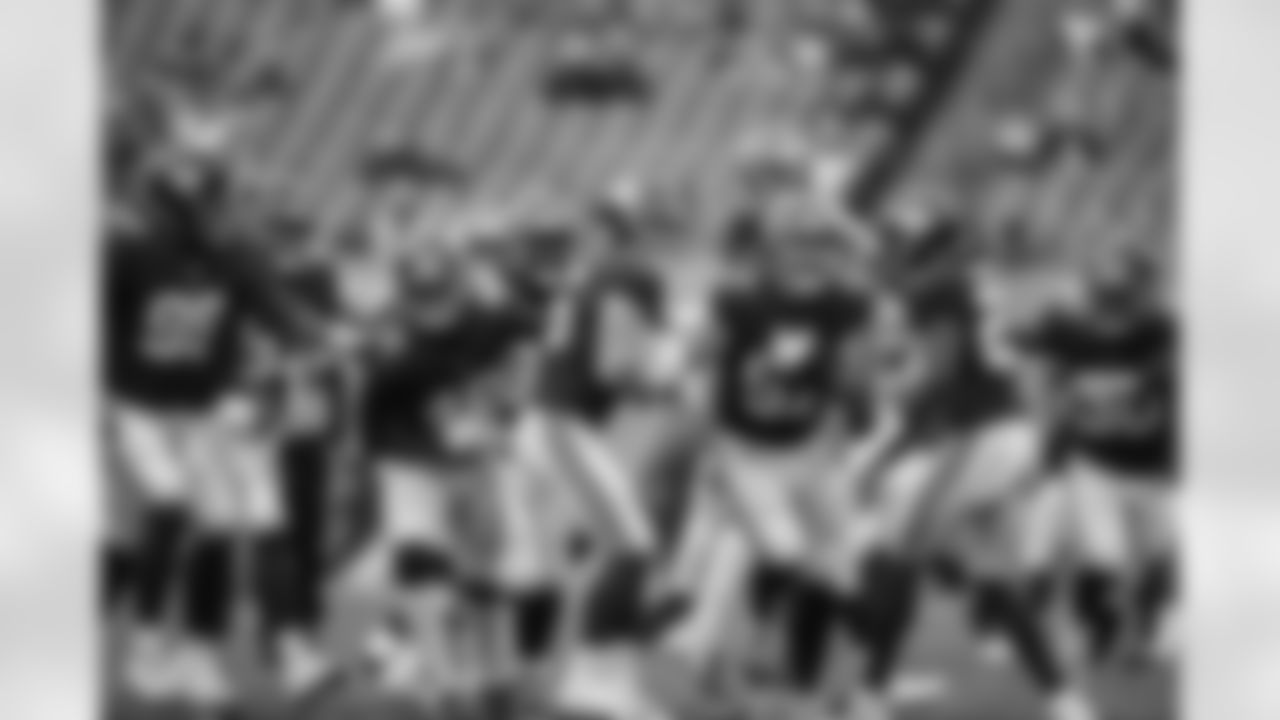
Isaac Yiadom (27), Dalvin Tomlinson (94), Niko Lalos (57), Tae Crowder (48), Darnay Holmes (30), David Mayo (55)
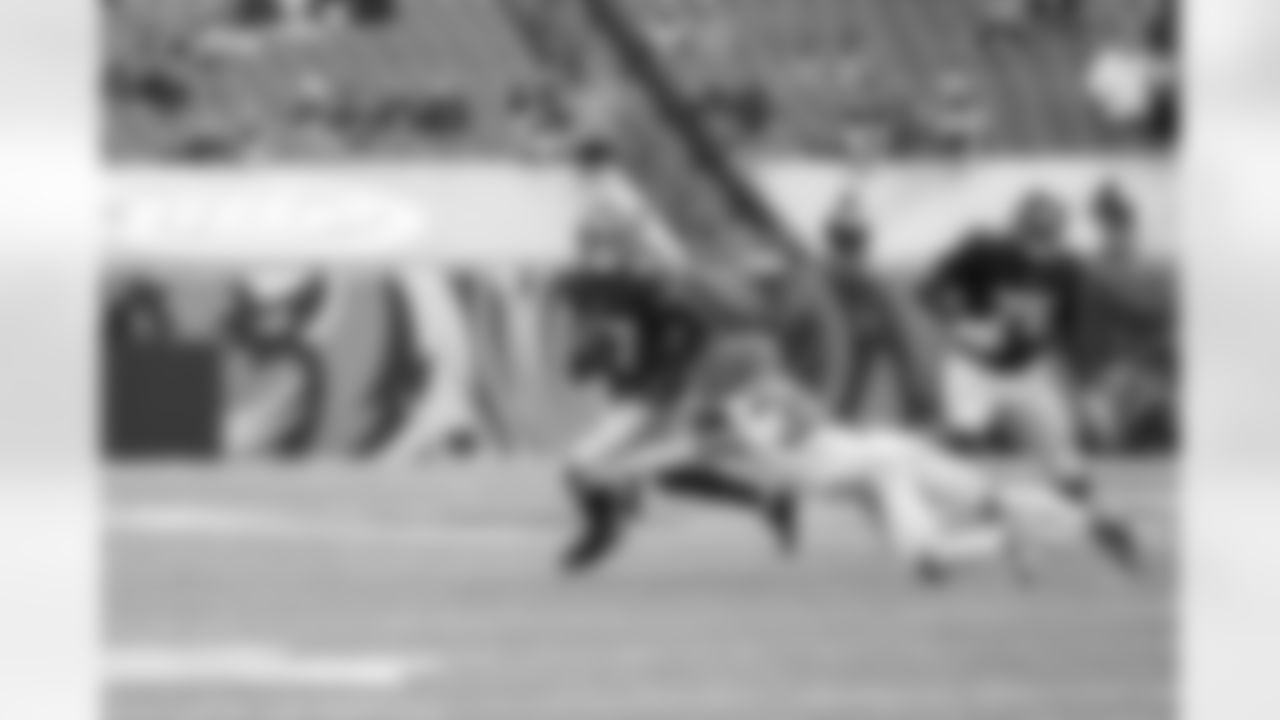
Sterling Shepard (87)
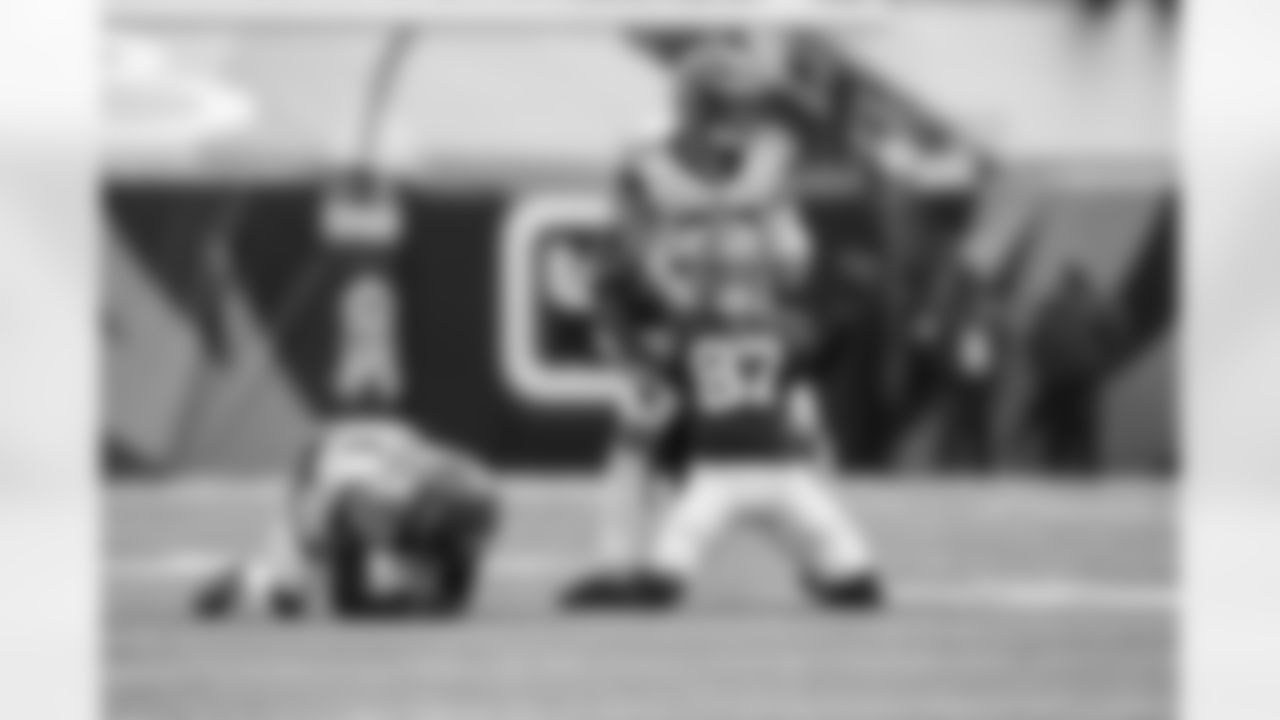
Sterling Shepard (87)
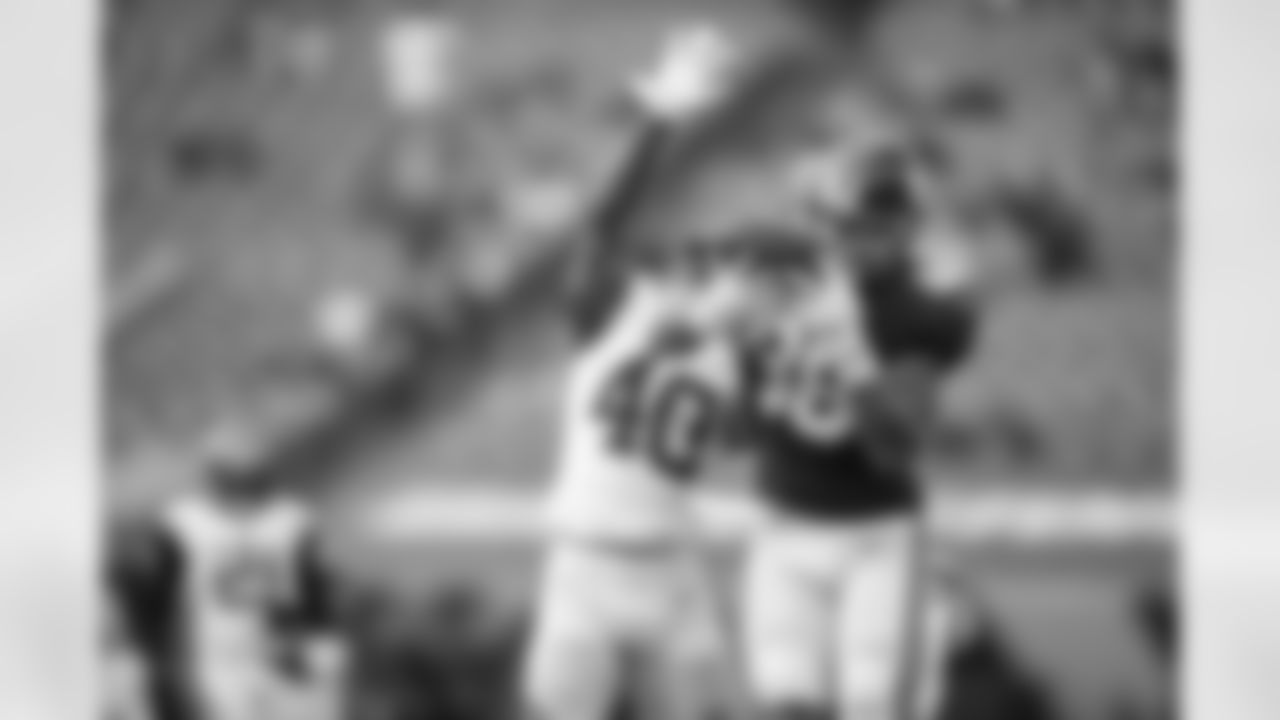
Evan Engram (88)
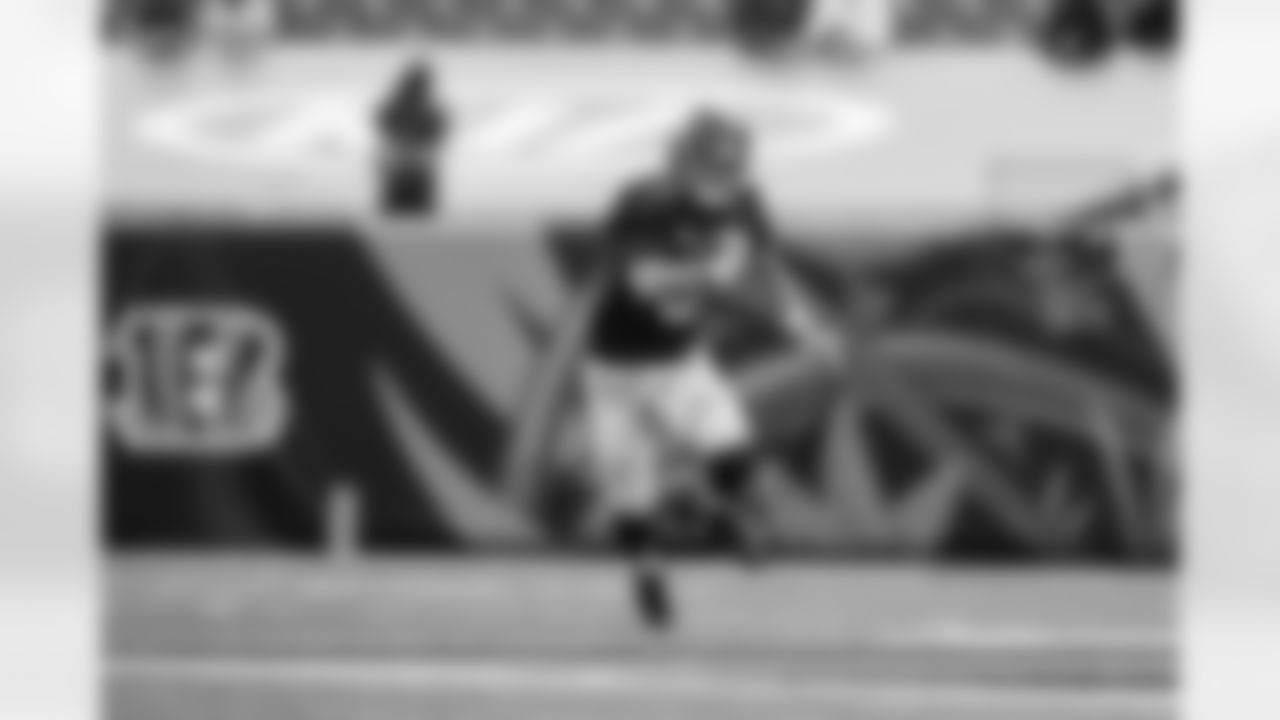
Daniel Jones (8)
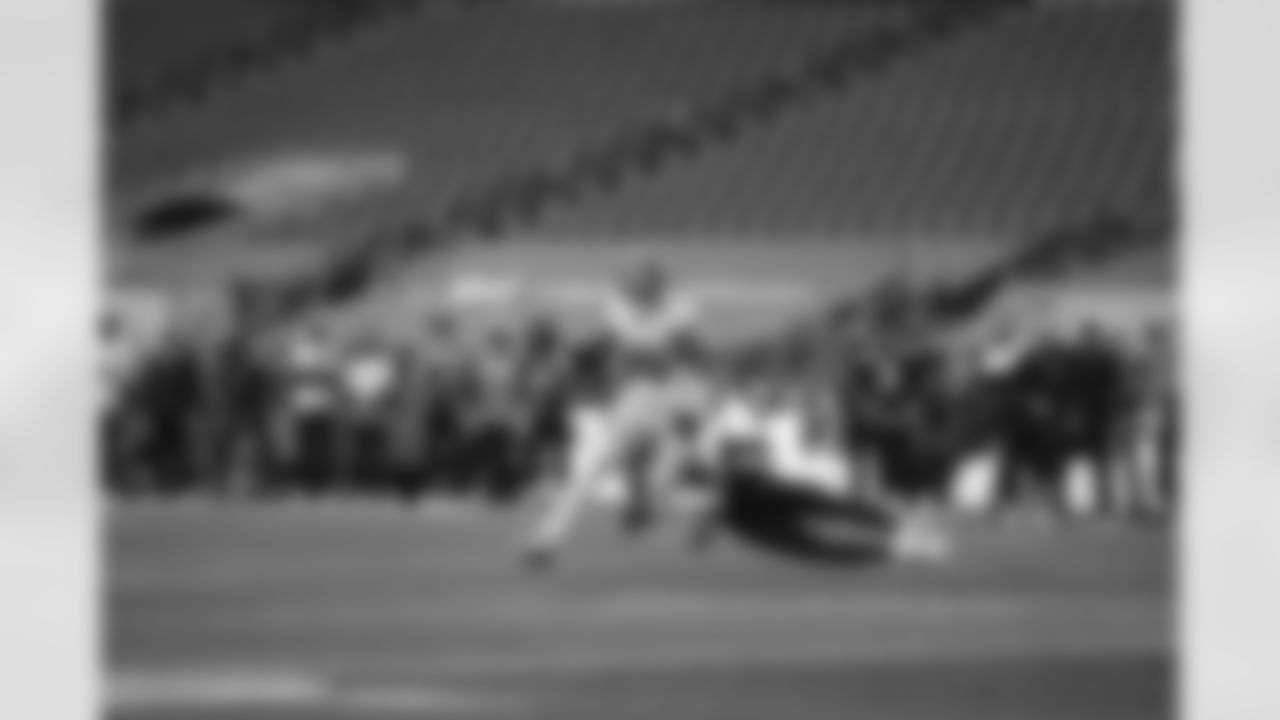
Evan Engram (88)
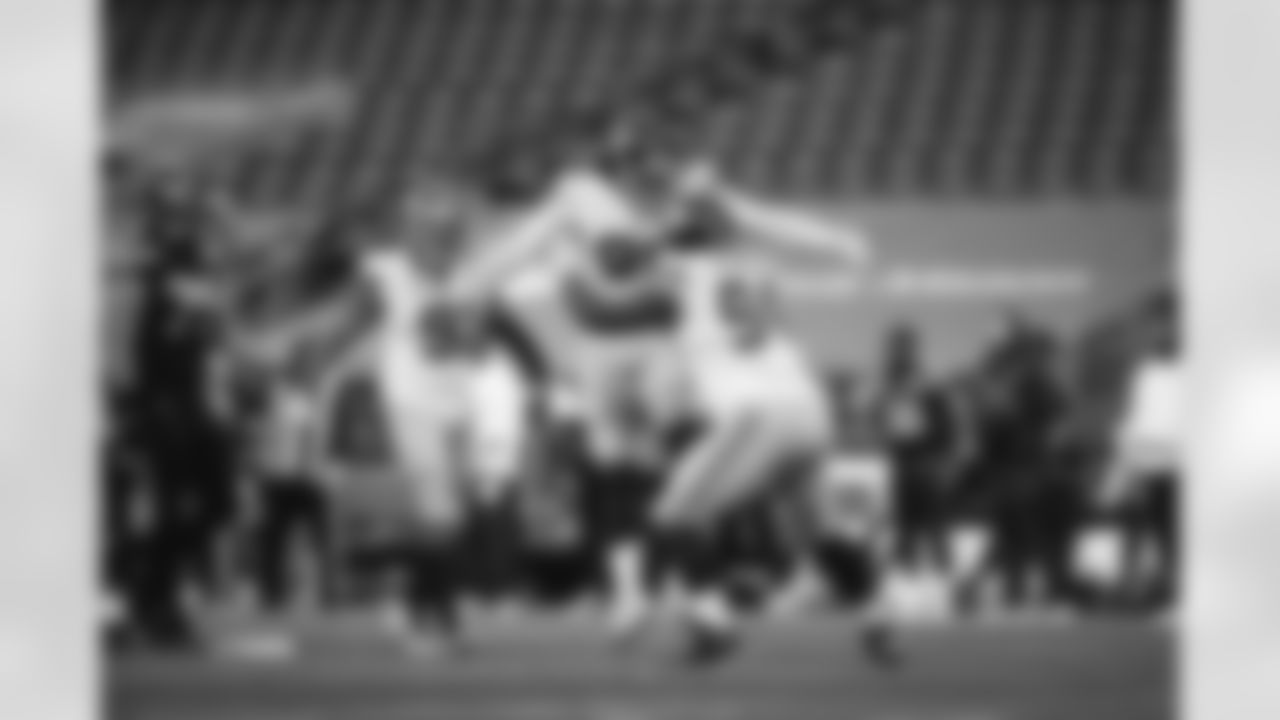
Leonard Williams (99), Dalvin Tomlinson (94)
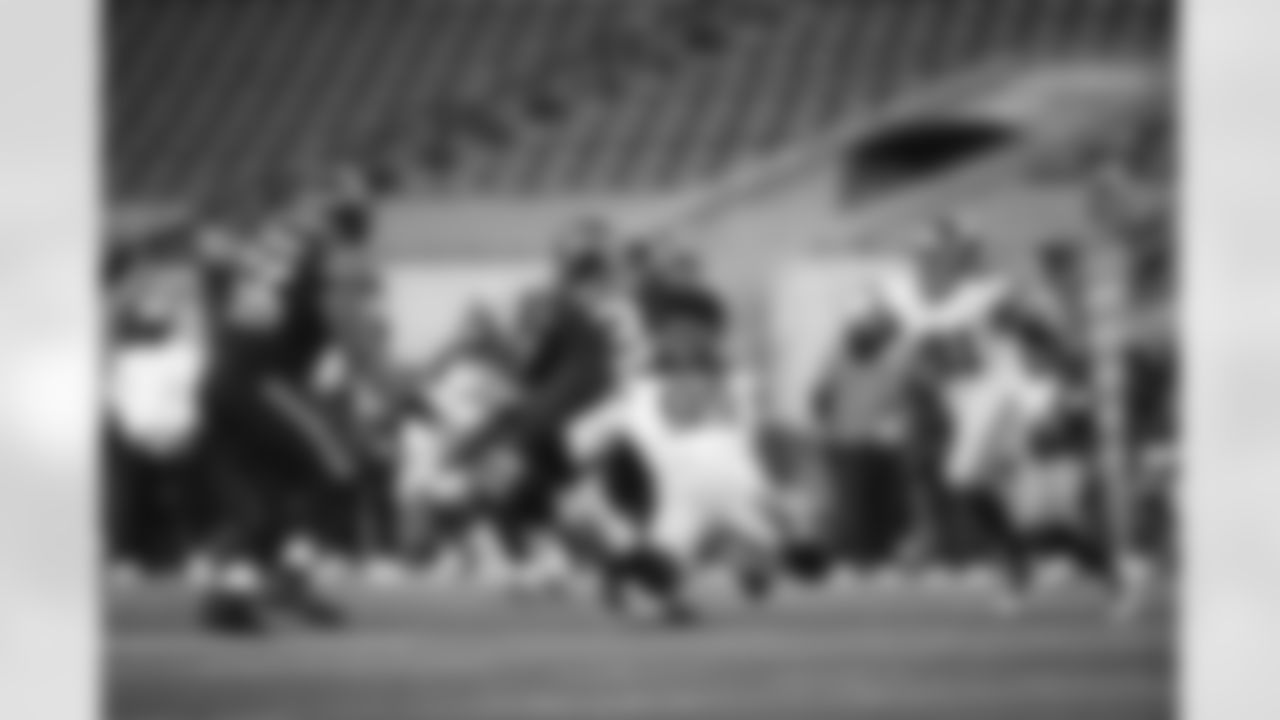
Leonard Williams (99)
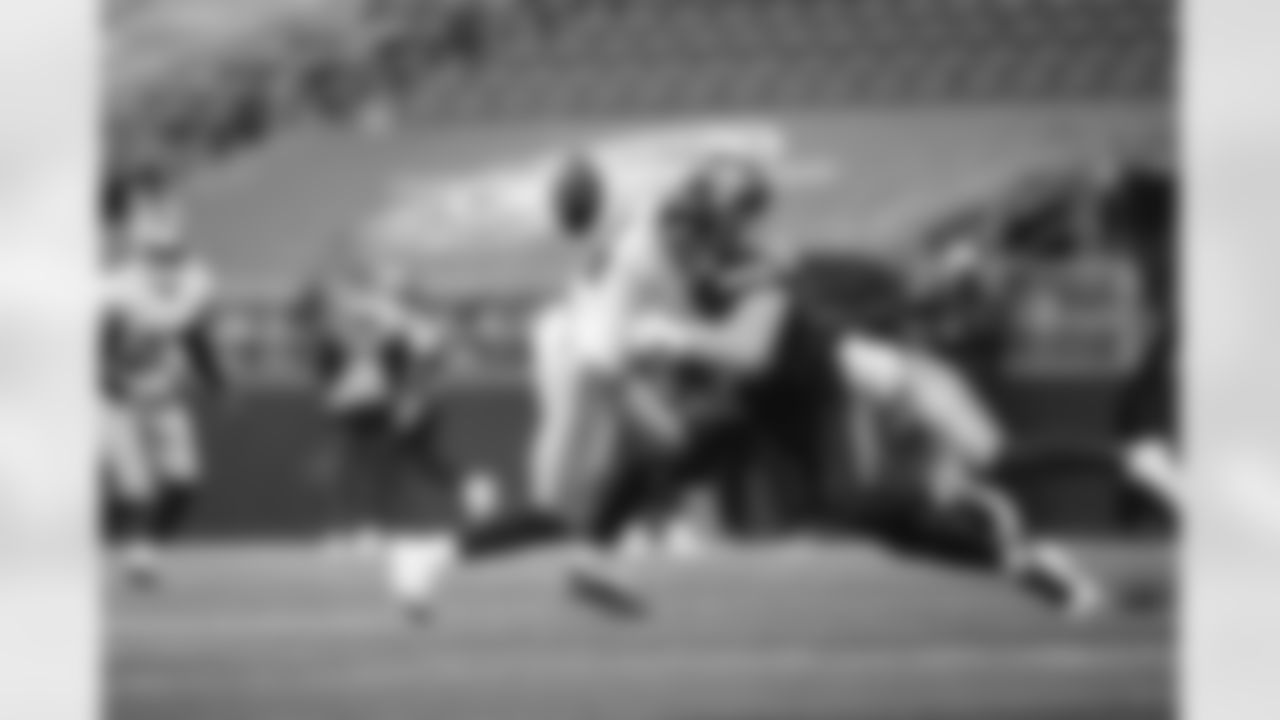
Blake Martinez (54)
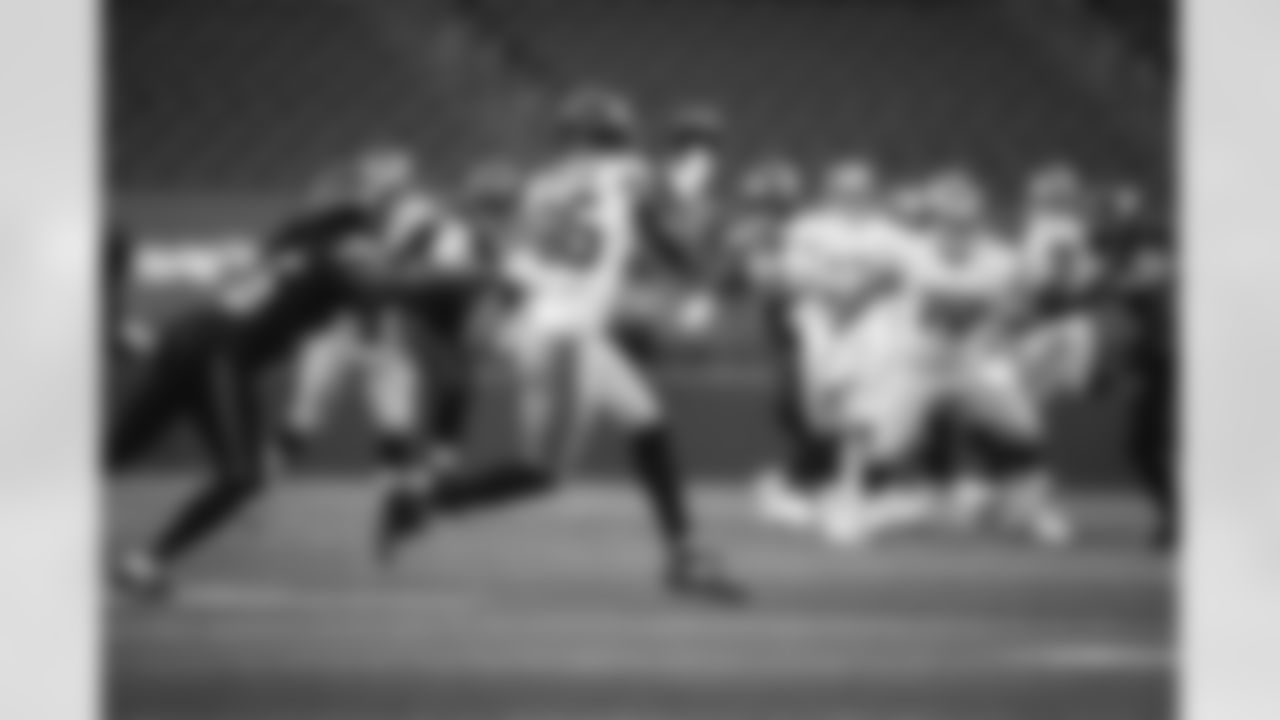
Darius Slayton (86)
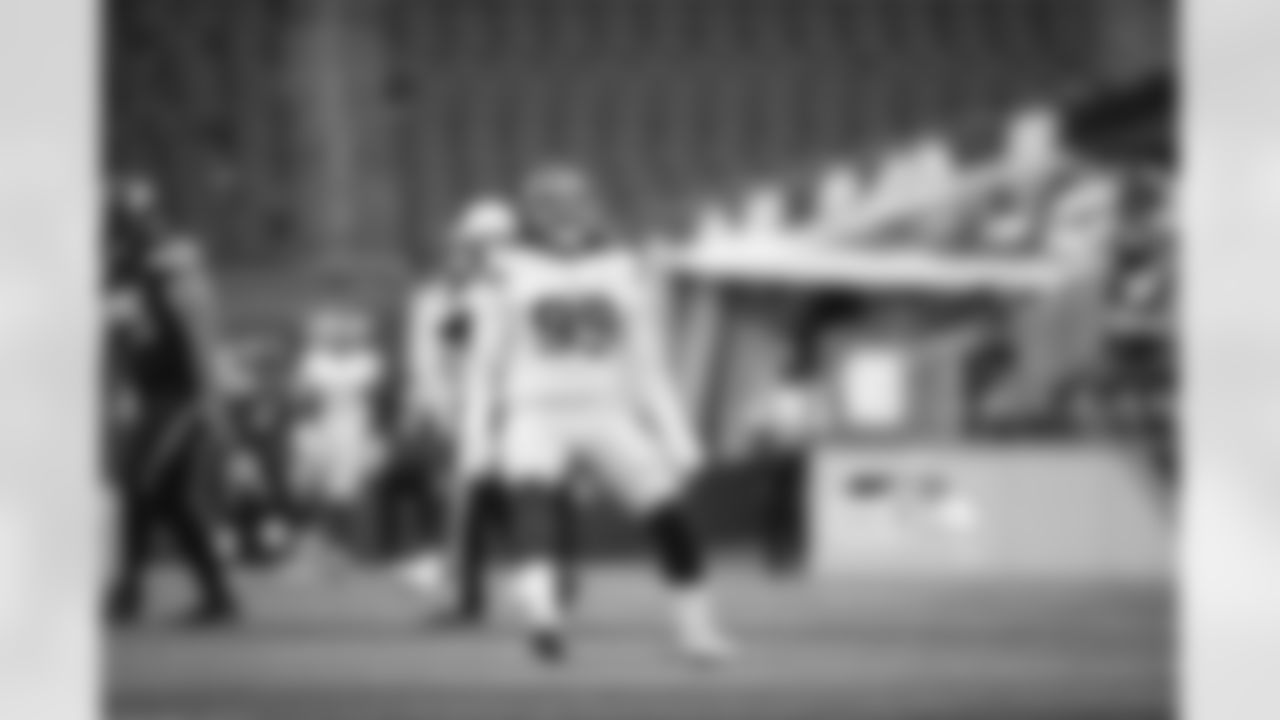
Leonard Williams (99)
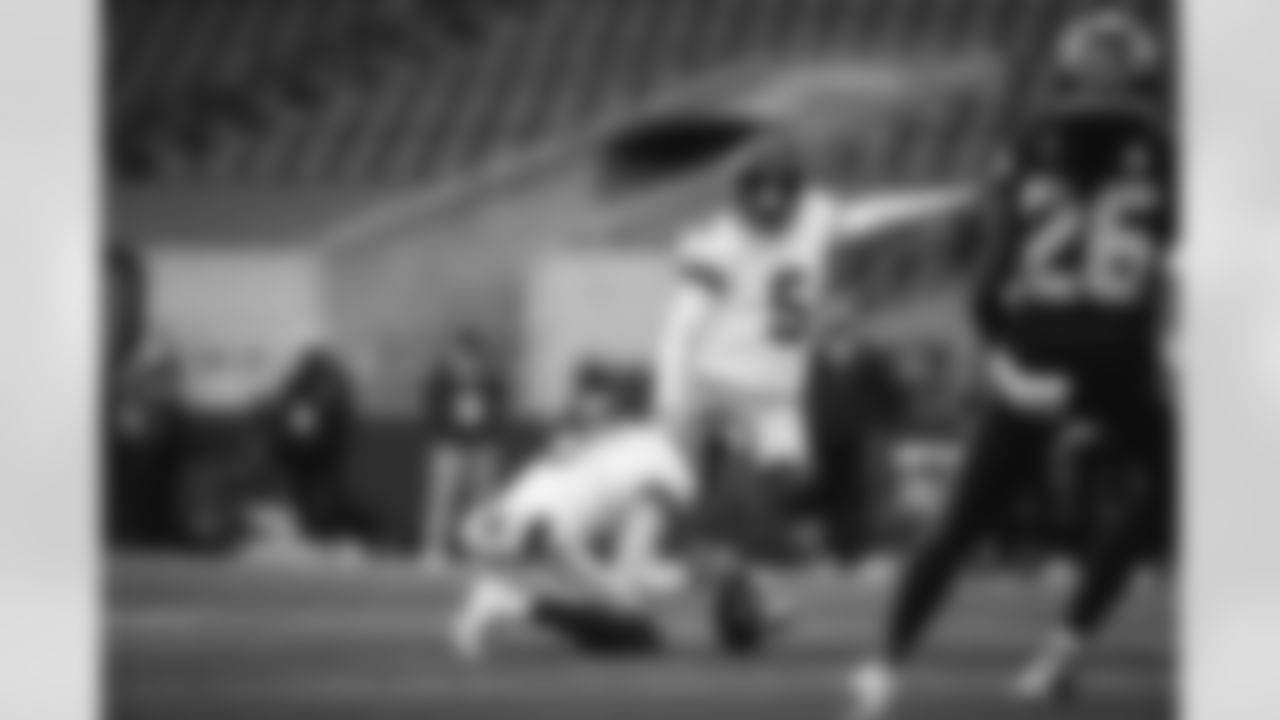
Graham Gano (5), Riley Dixon (9)
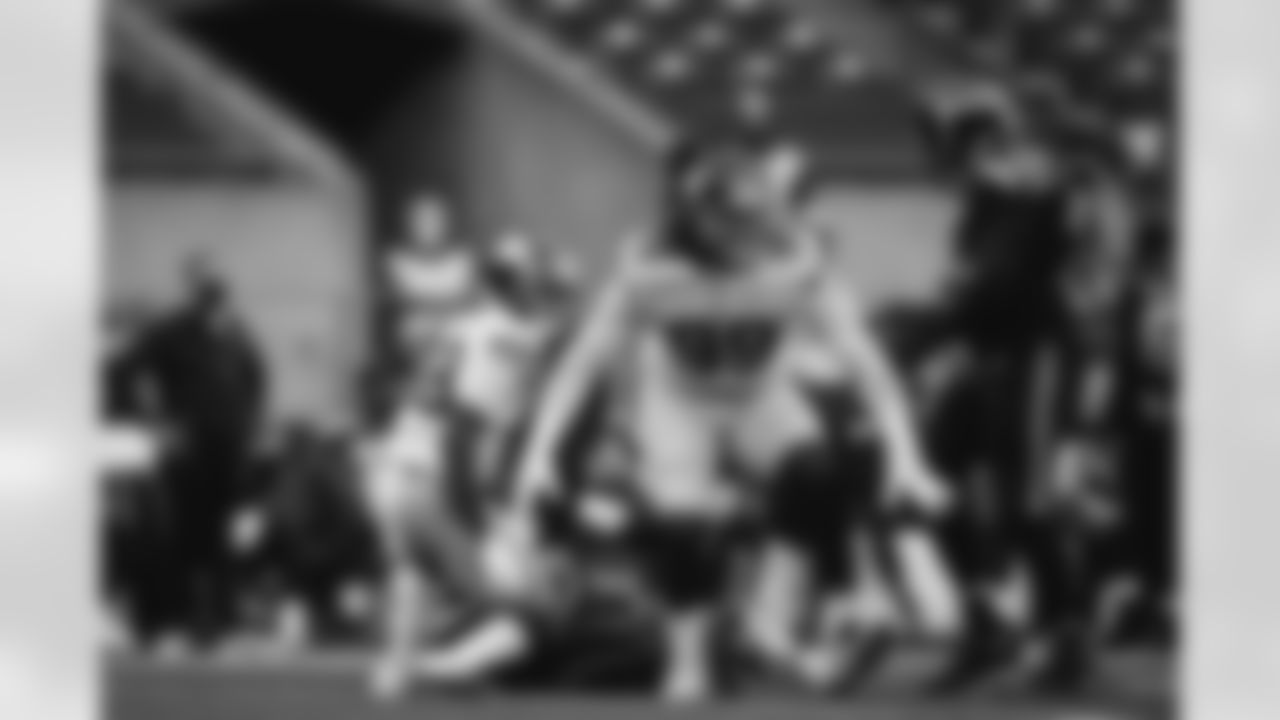
Leonard Williams (99)
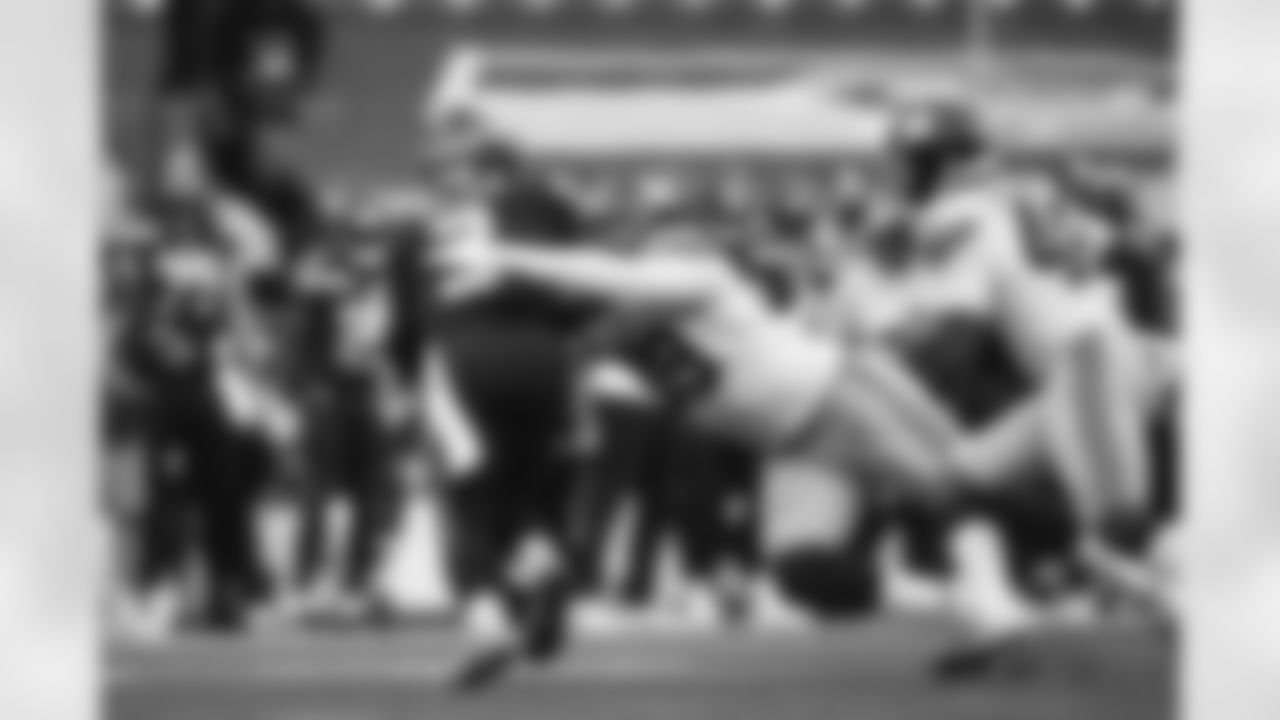
Leonard Williams (99)
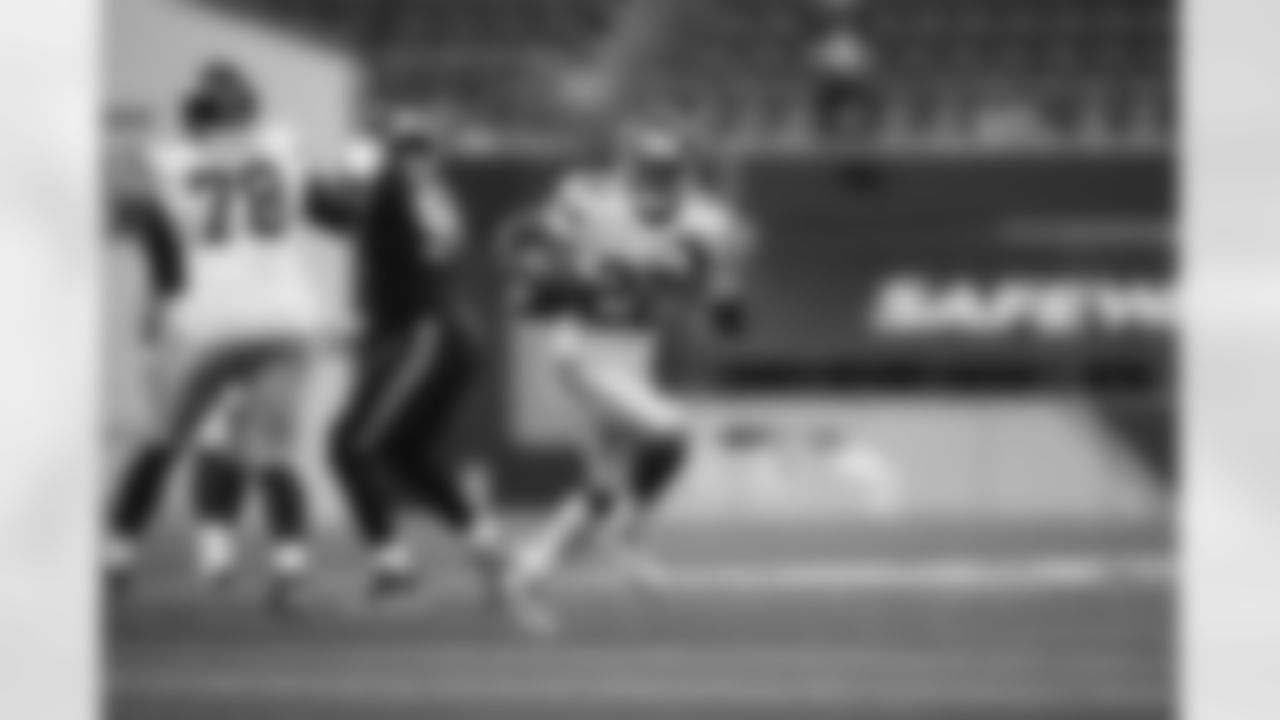
Wayne Gallman (22)
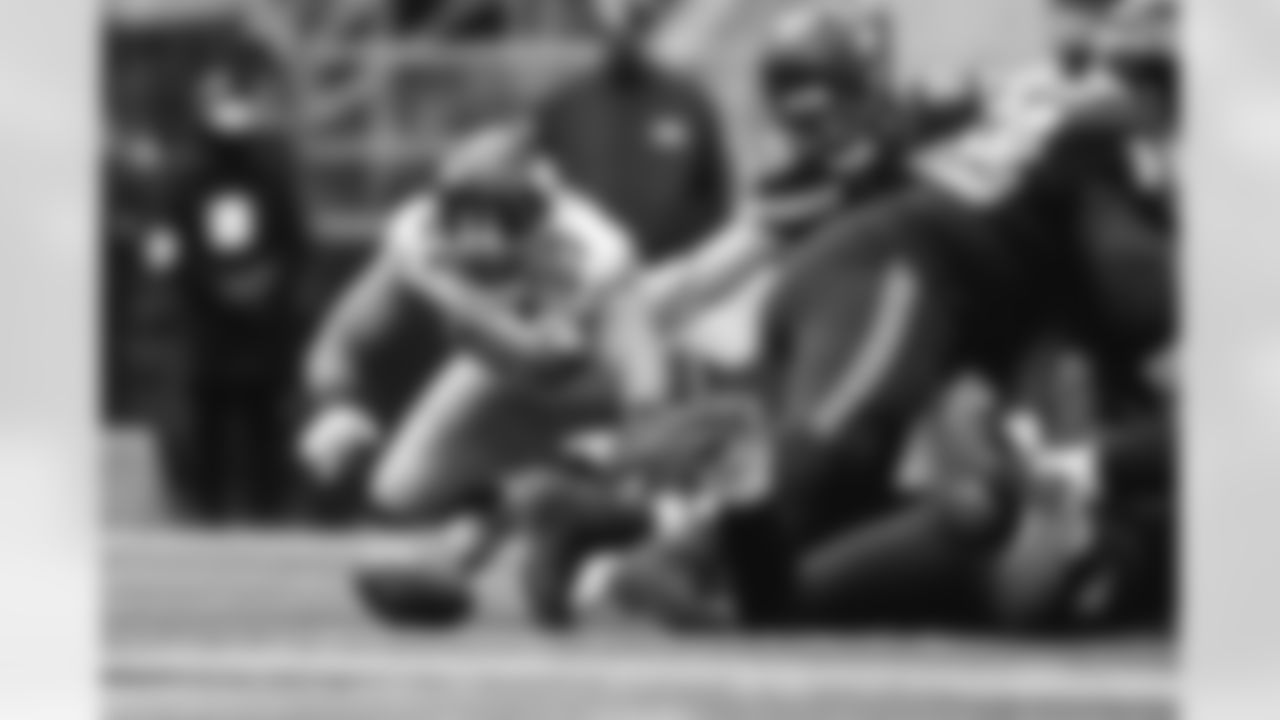
Niko Lalos (57)
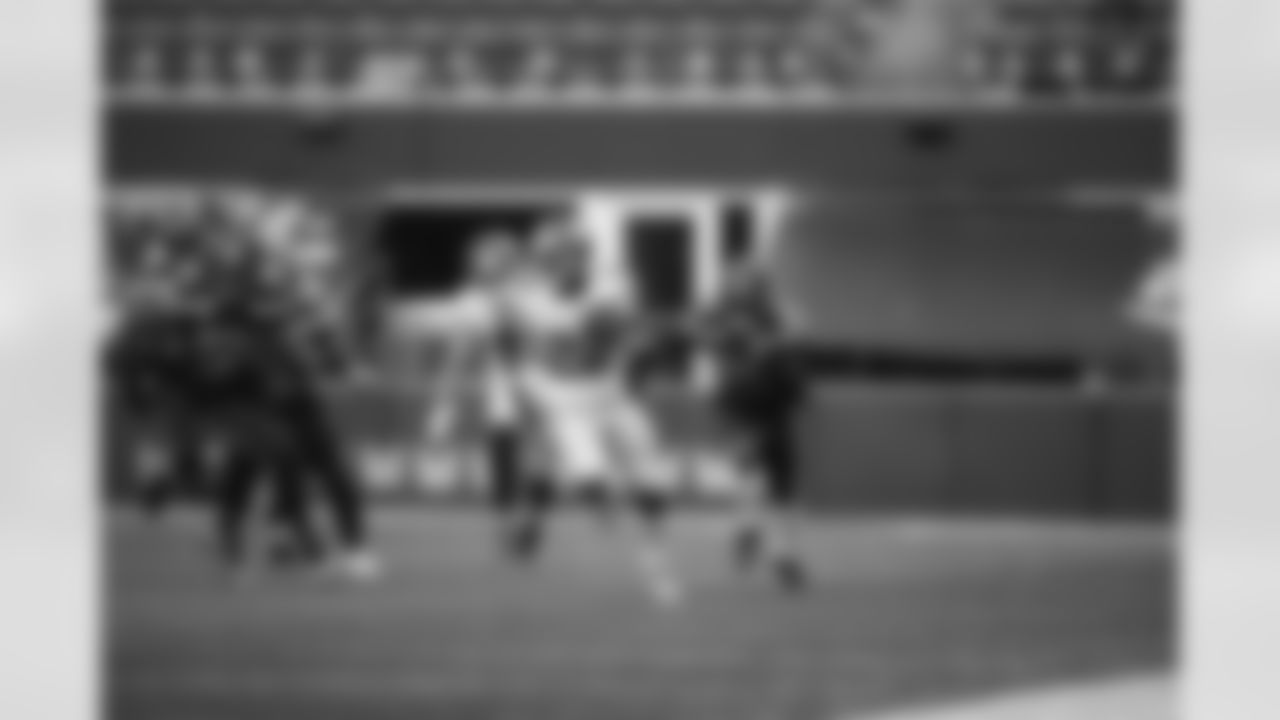
Wayne Gallman (22)
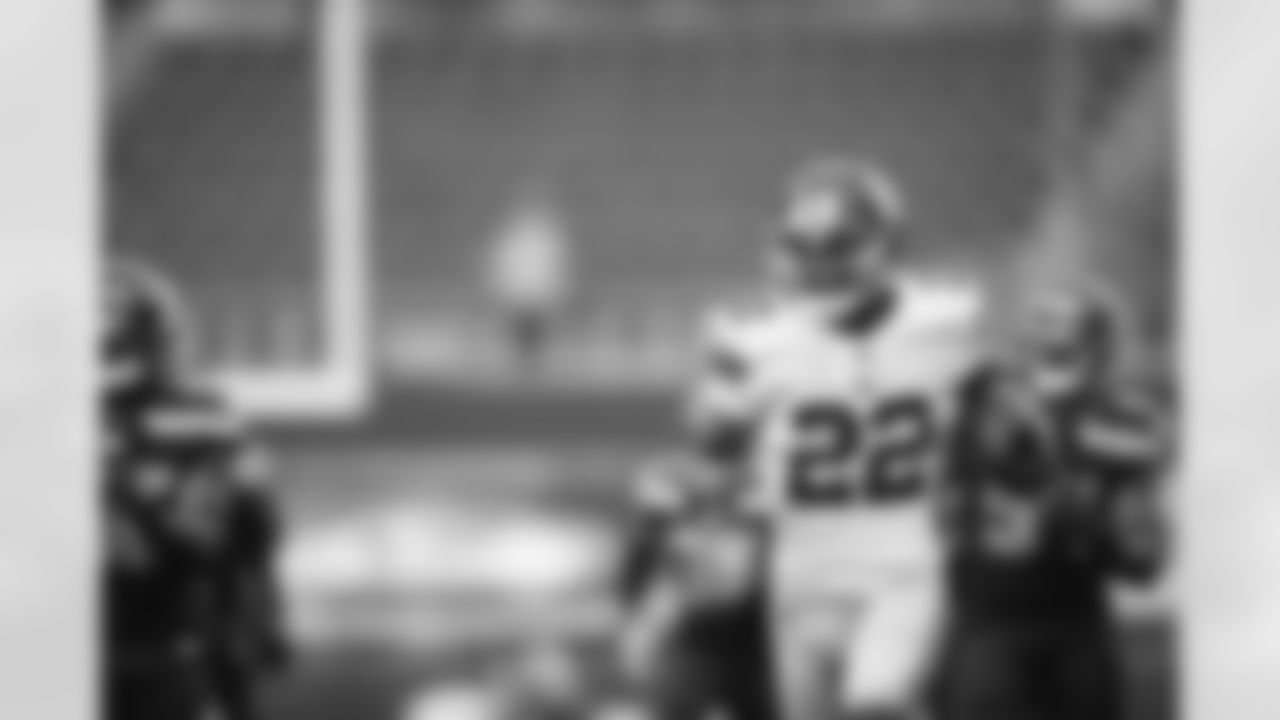
Wayne Gallman (22)
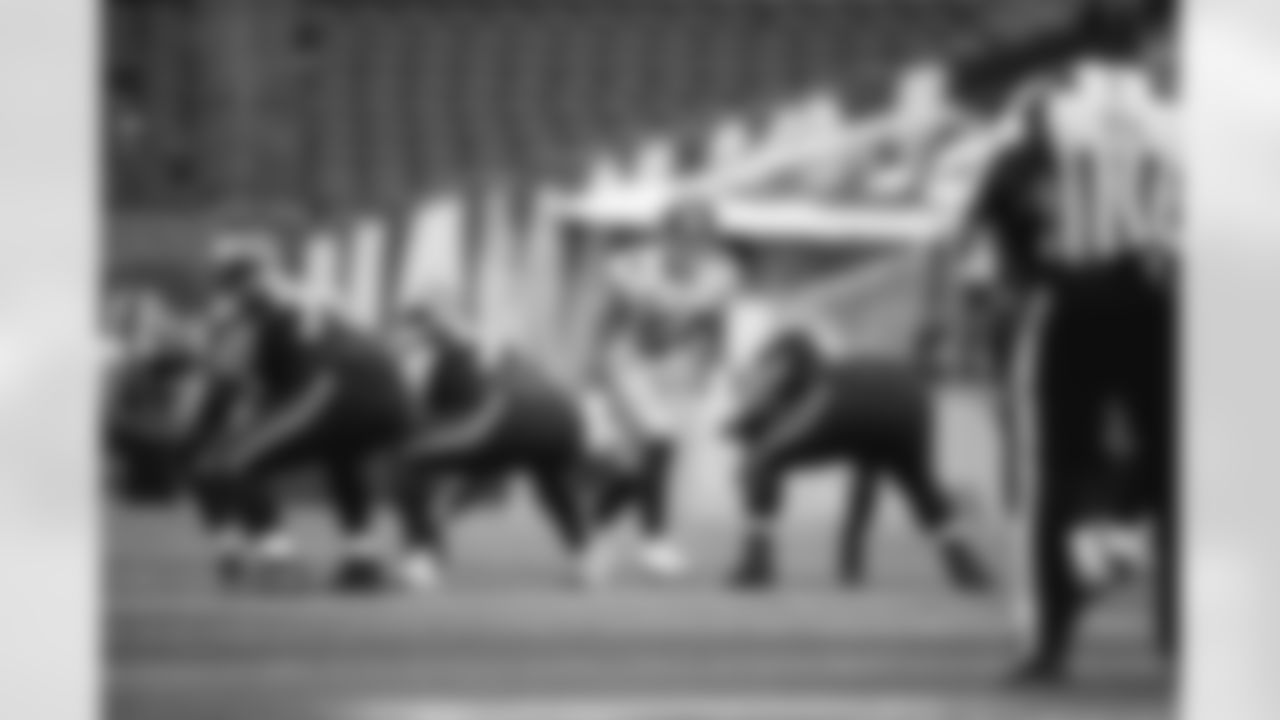
Blake Martinez (54)
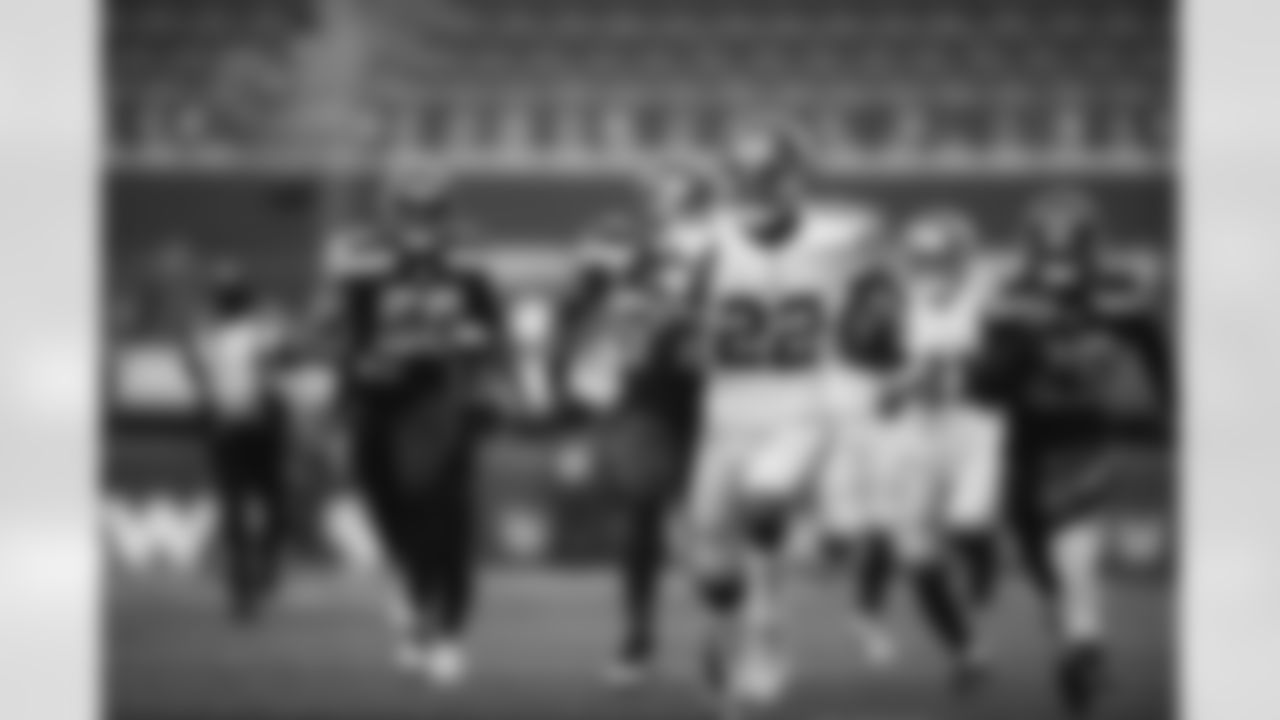
Wayne Gallman (22)
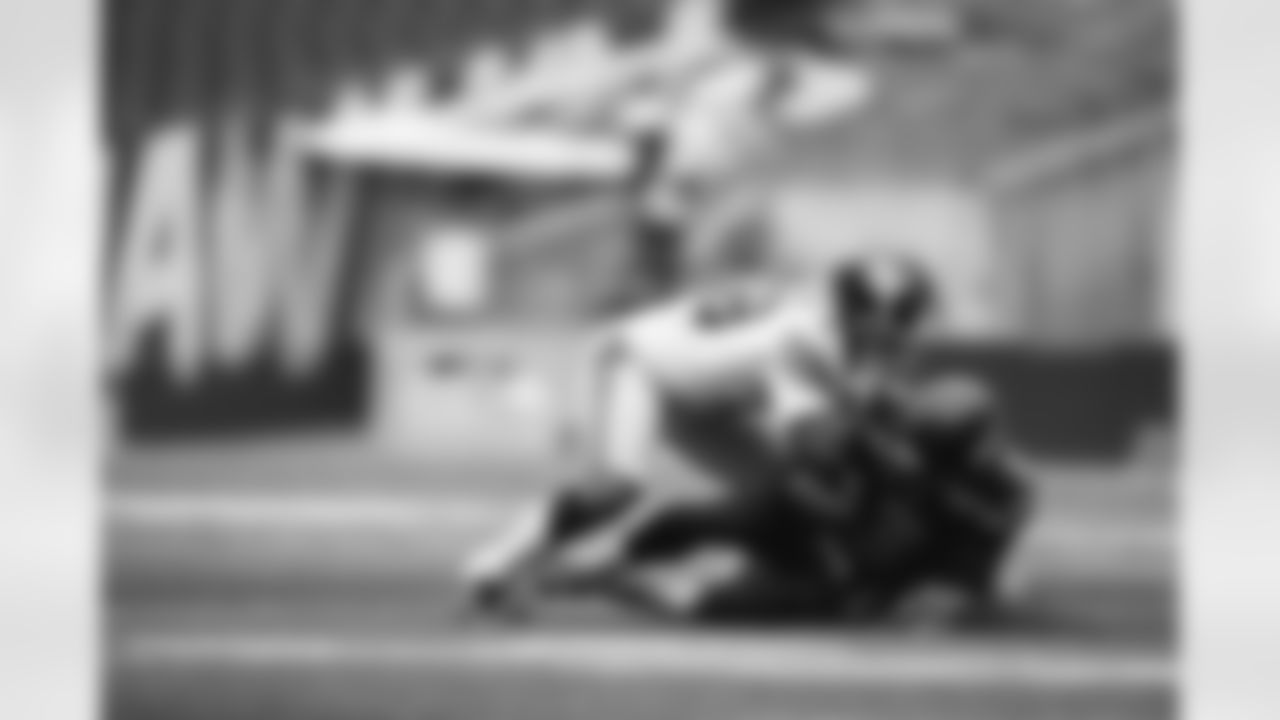
Tae Crowder (48)
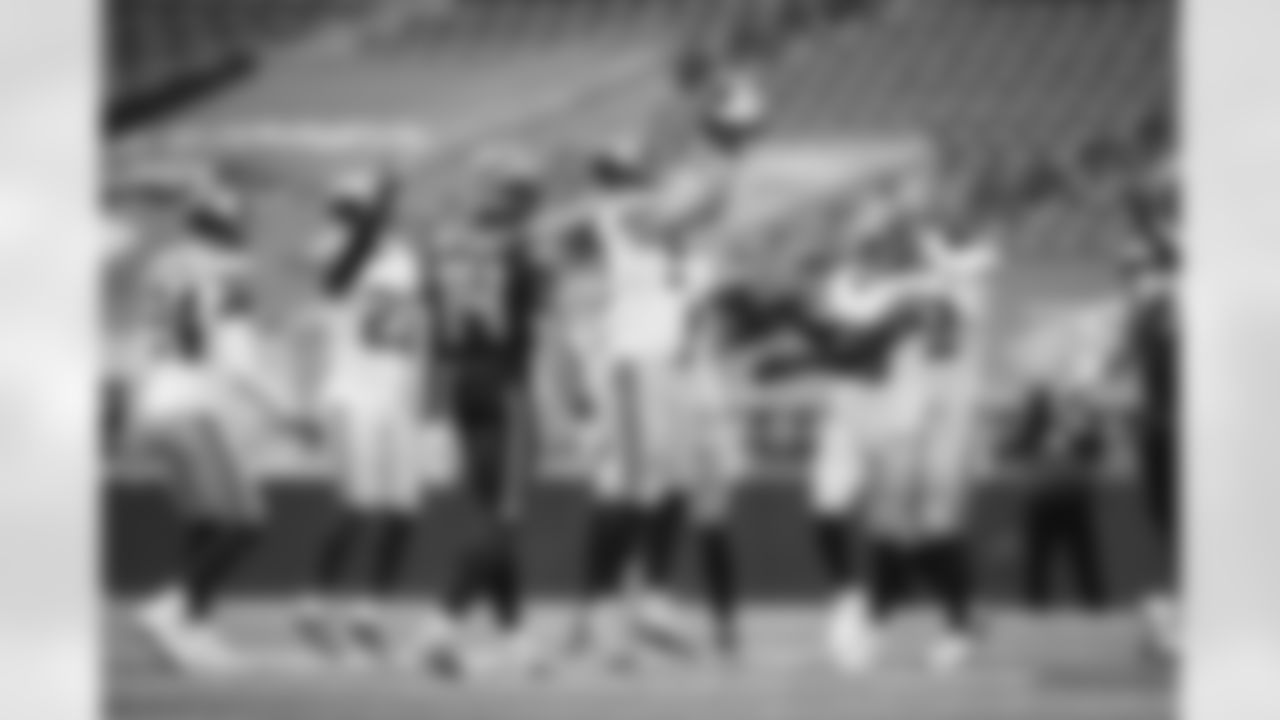
Niko Lalos (57), Logan Ryan (23), James Bradberry (24), Darnay Holmes (30)
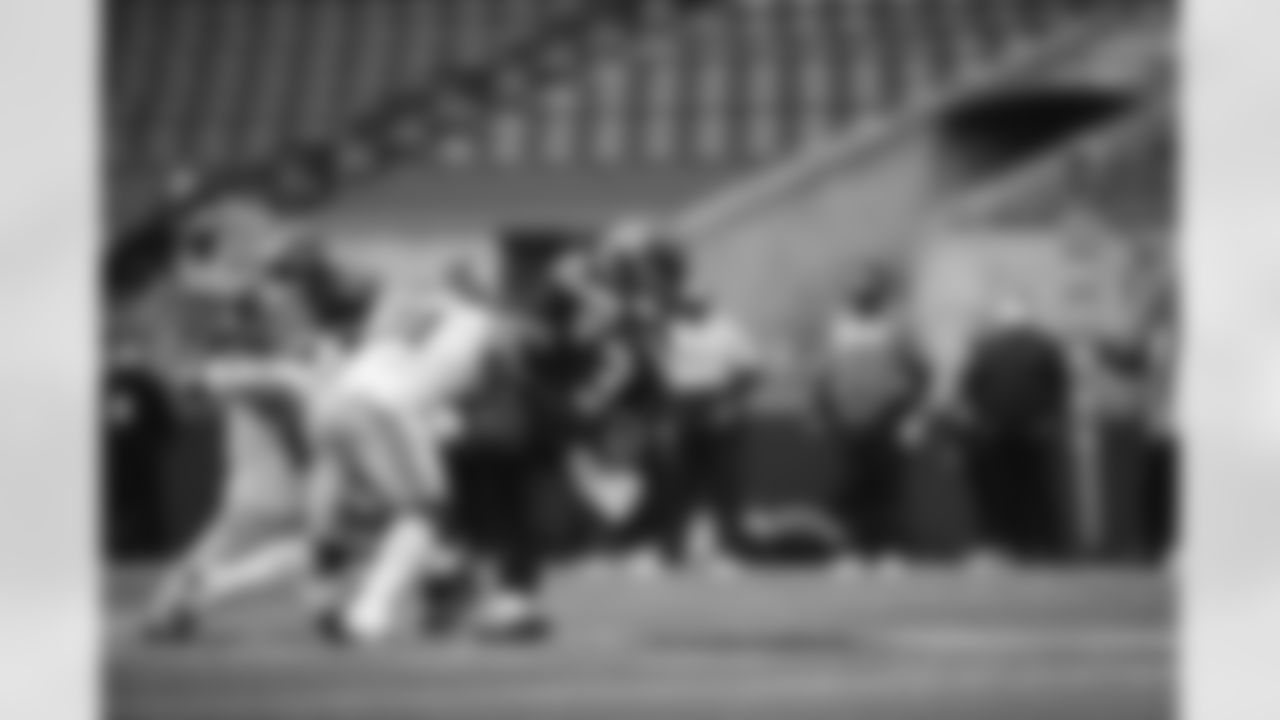
Jabrill Peppers (21), Carter Coughlin (49)
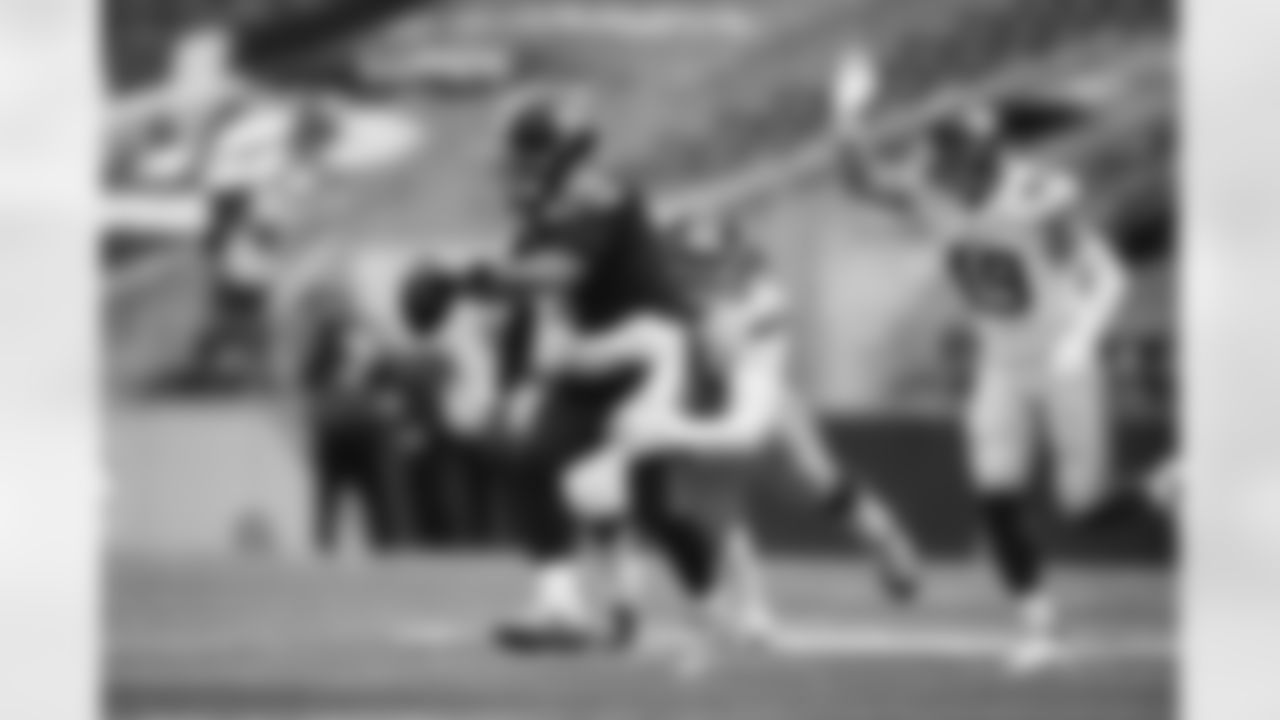
Leonard Williams (99), Carter Coughlin (49)
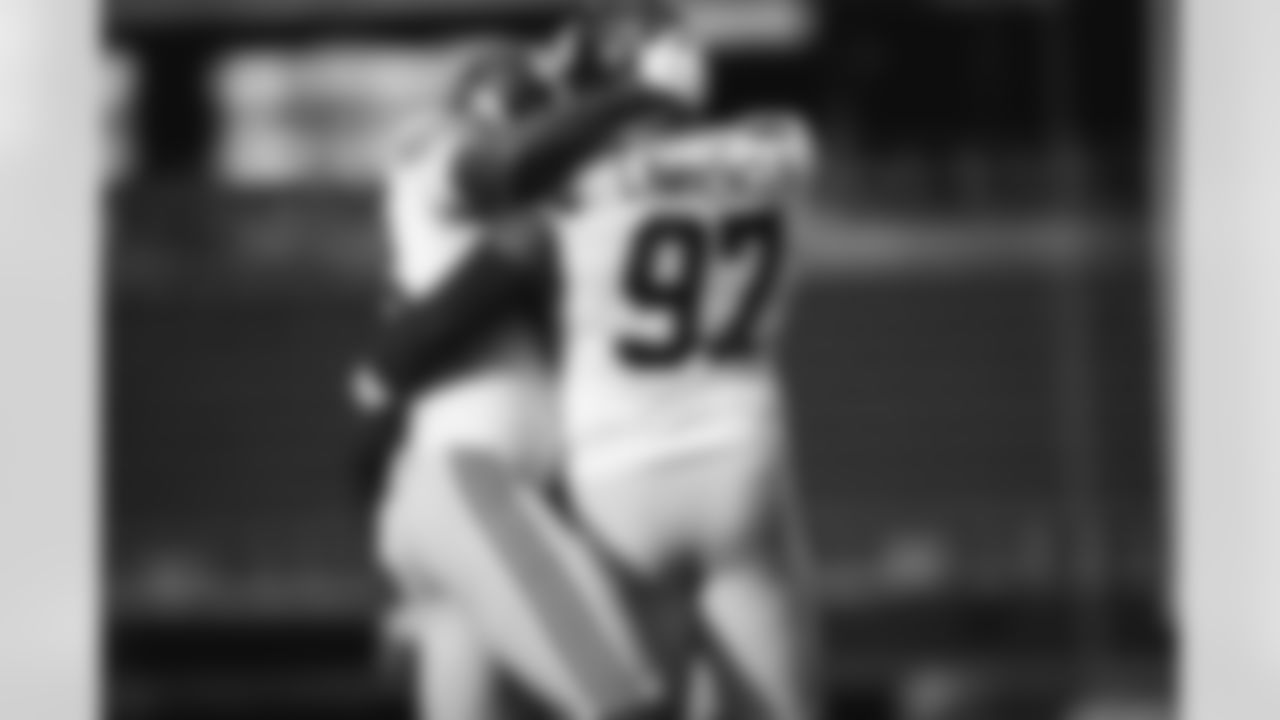
Tae Crowder (48), Dexter Lawrence (97)
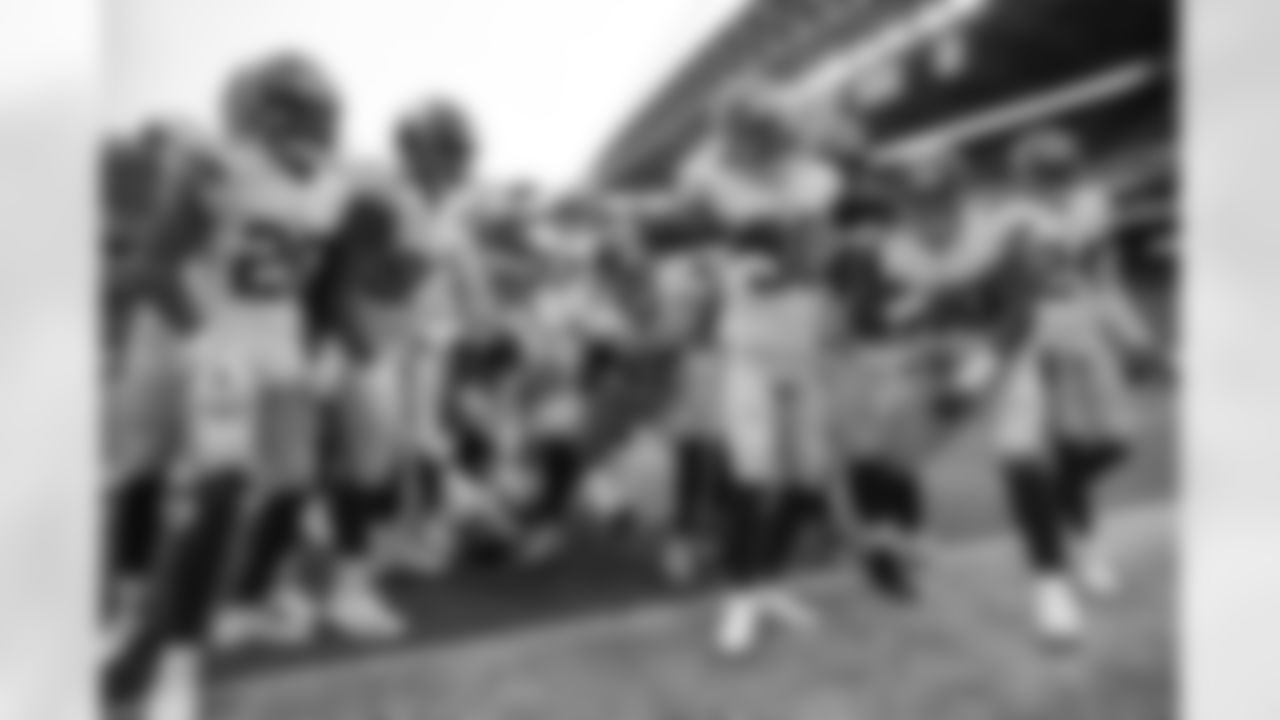
Carter Coughlin (49), Julian Love (20), B.J. Hill (95), Niko Lalos (57), Xavier McKinney (29), Dexter Lawrence (97), Jabaal Sheard (91), Jabrill Peppers (21), Tae Crowder (48), Darnay Holmes (30), Austin Johnson (98), James Bradberry (24), Dalvin Tomlinson (94), Madre Harper (45)
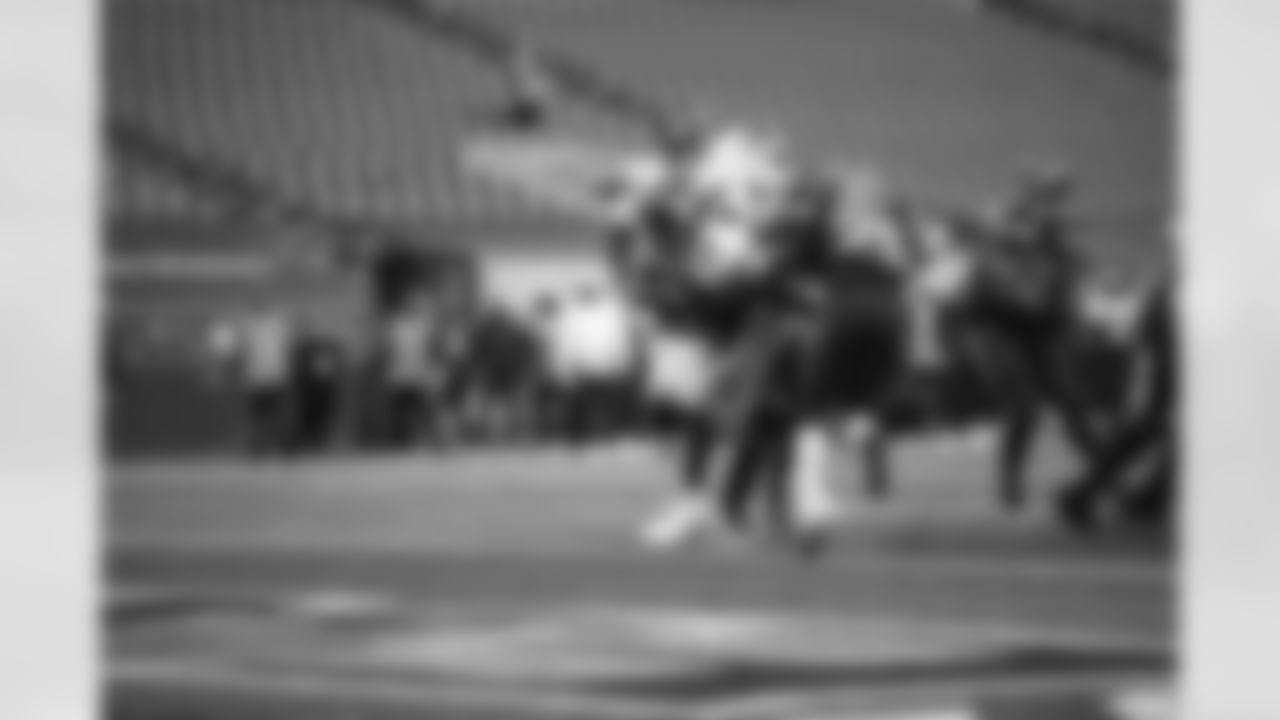
Alfred Morris (41)
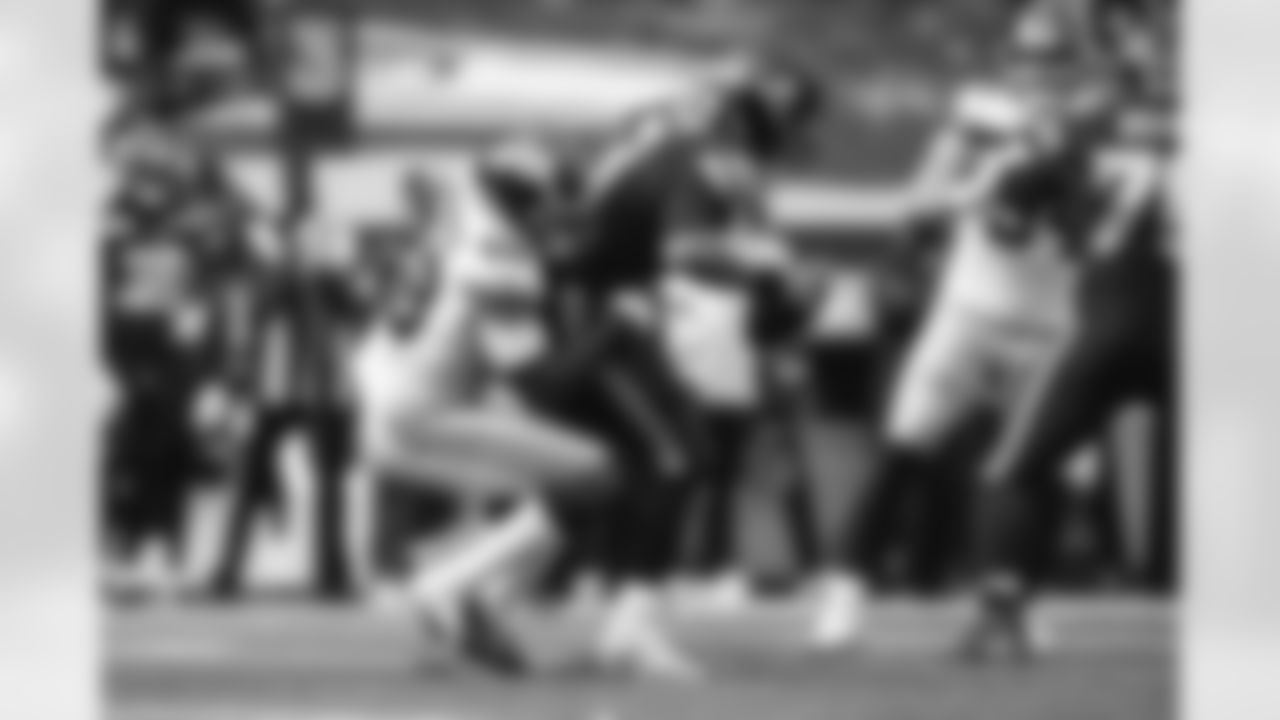
Tae Crowder (48)
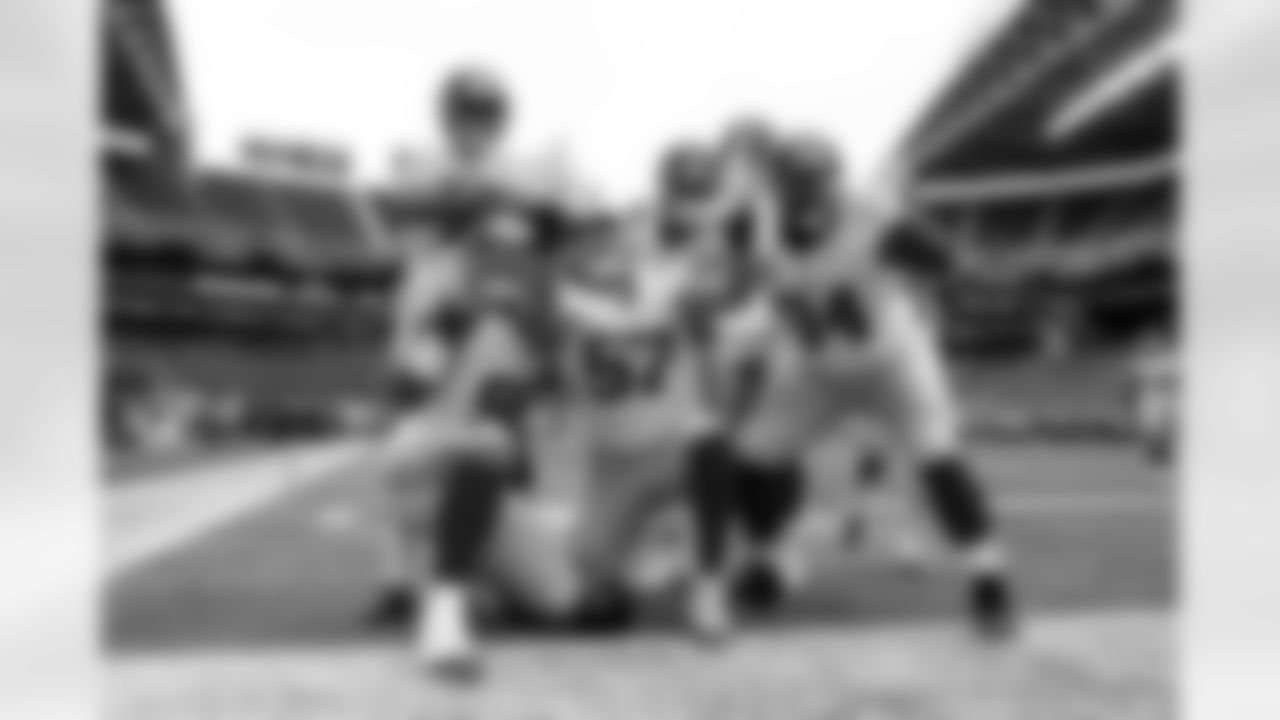
Austin Johnson (98), Tae Crowder (48), Niko Lalos (57), Xavier McKinney (29), David Mayo (55), Dalvin Tomlinson (94)
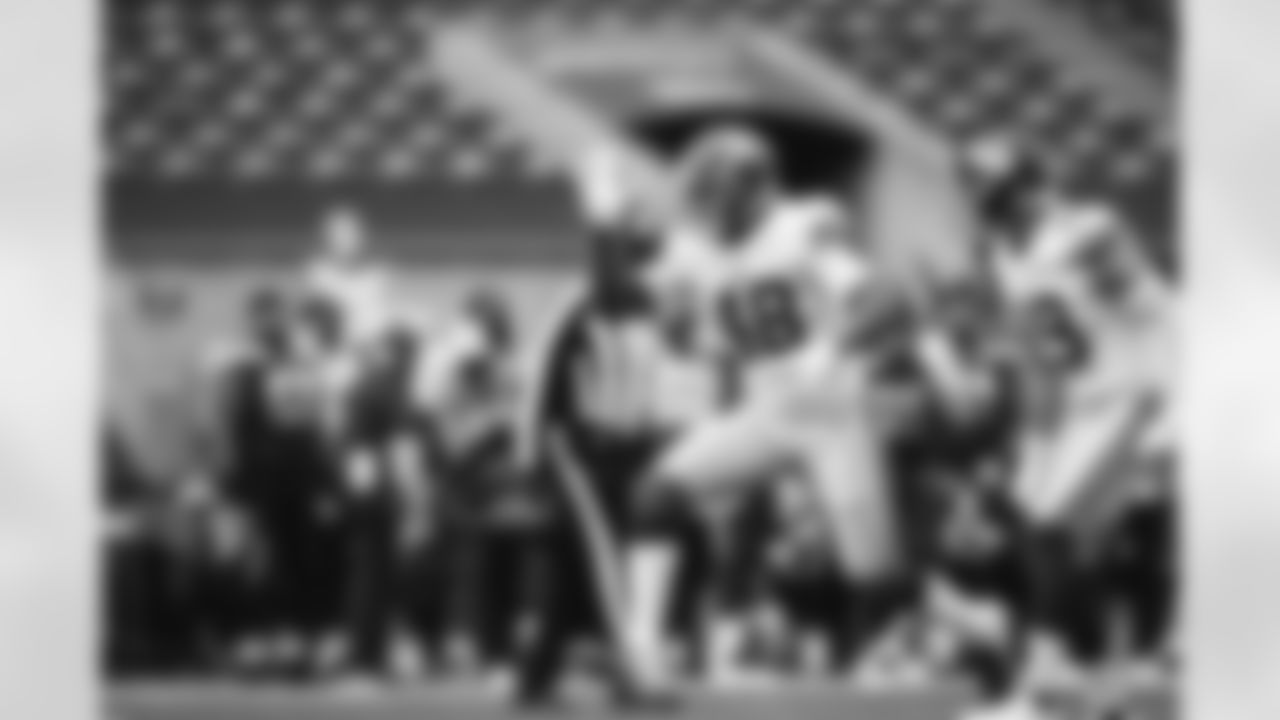
Tae Crowder (48), Carter Coughlin (49)
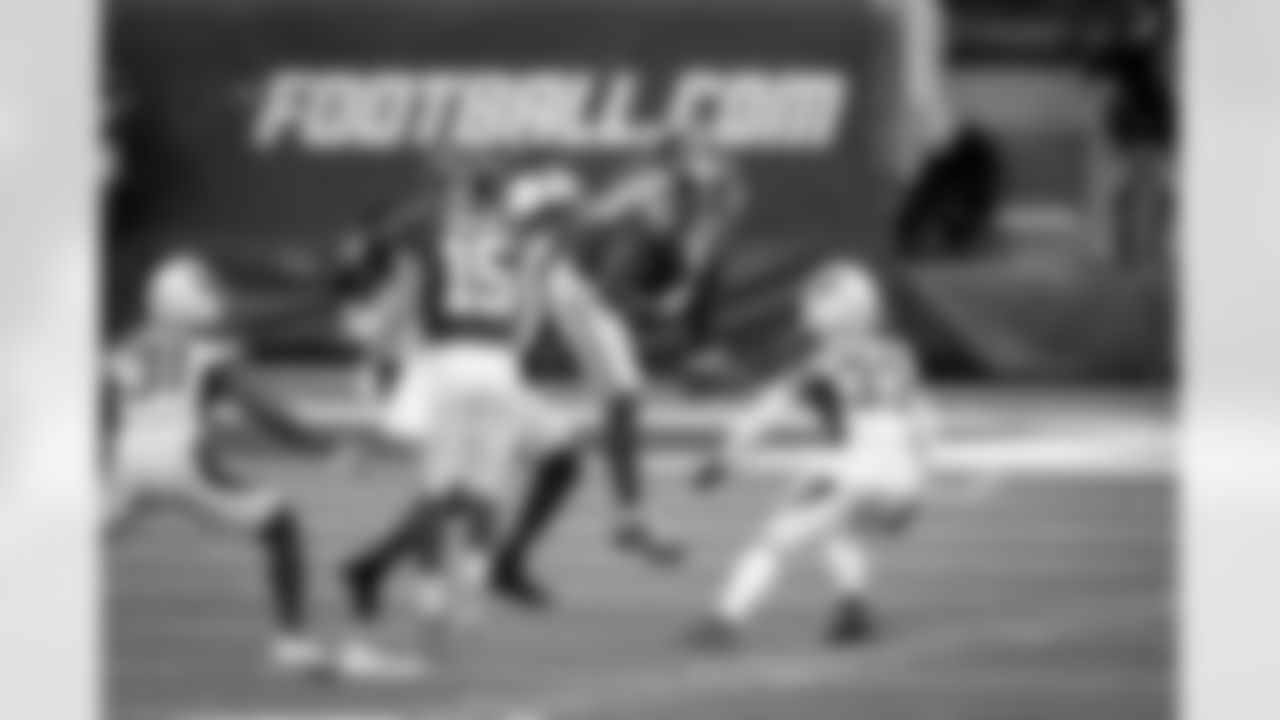
Sterling Shepard (87)
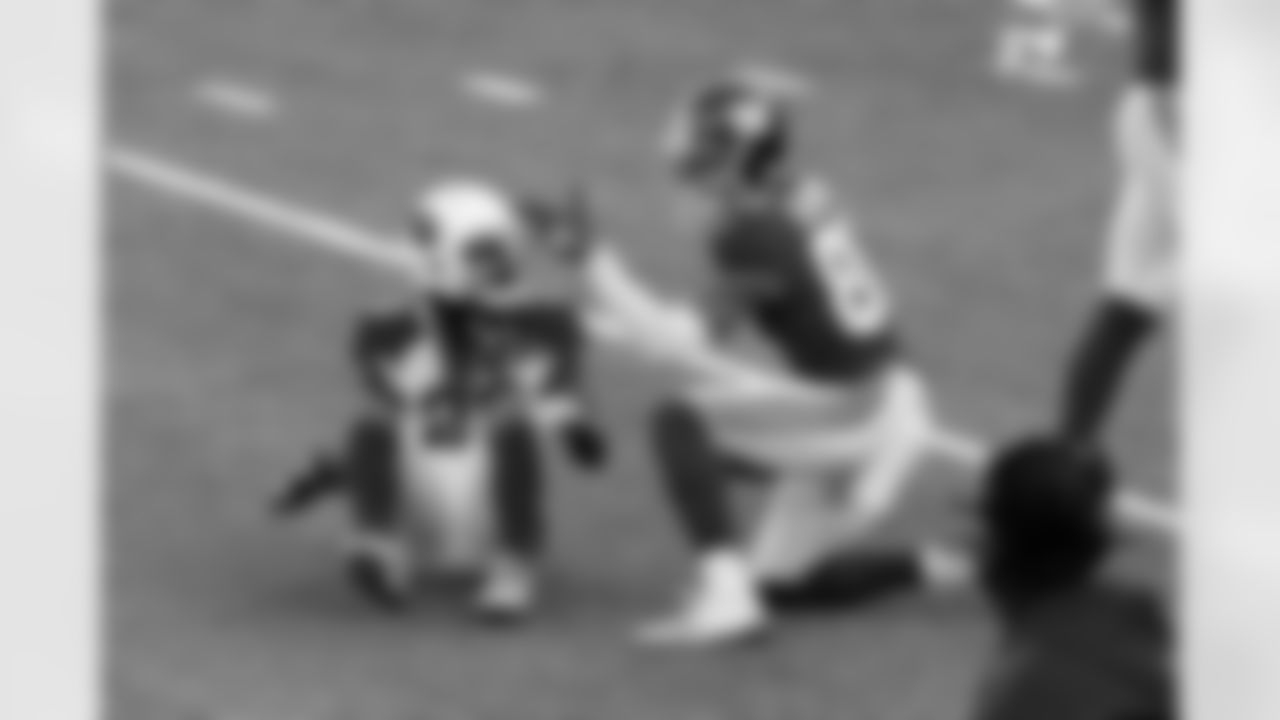
Darius Slayton (86)
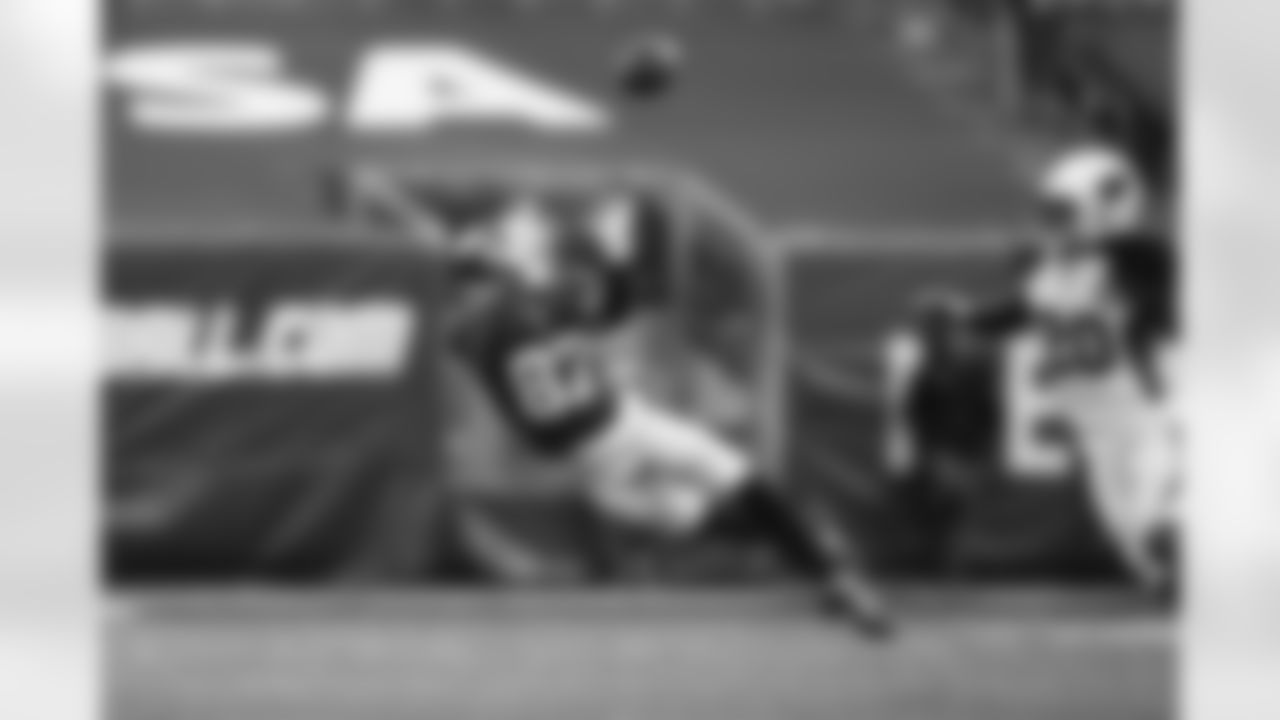
Sterling Shepard (87)
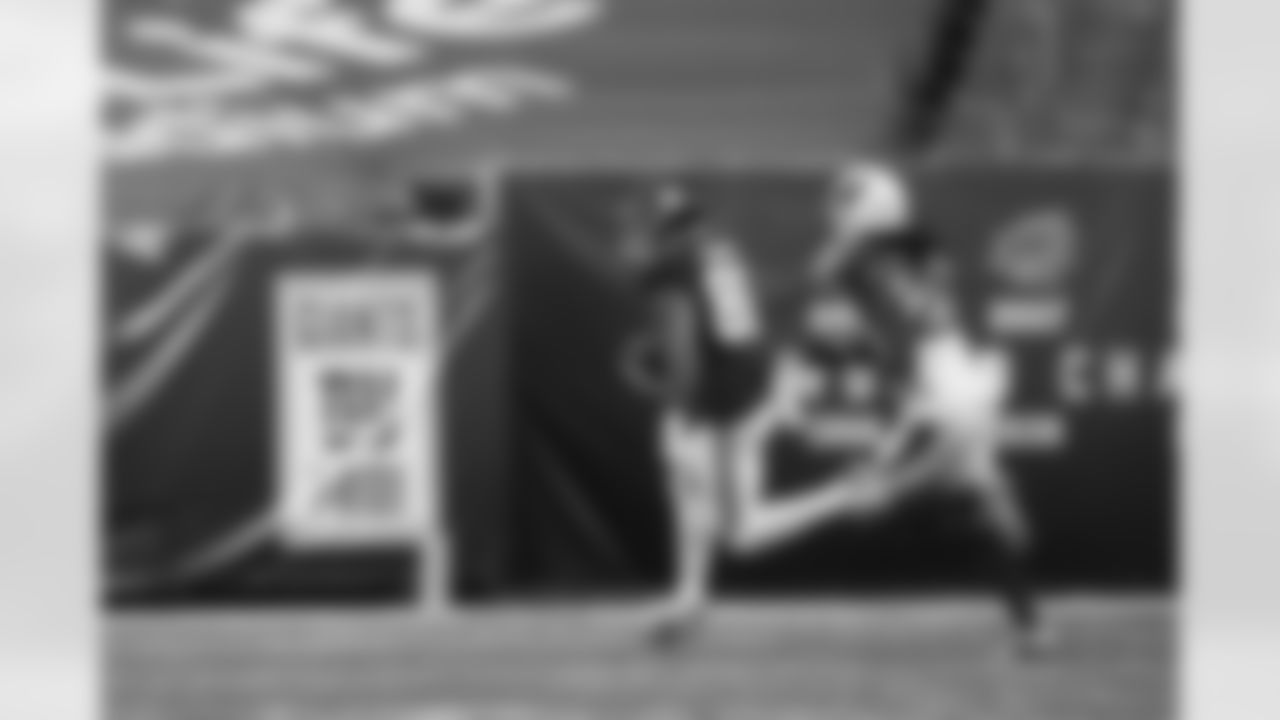
Evan Engram (88)
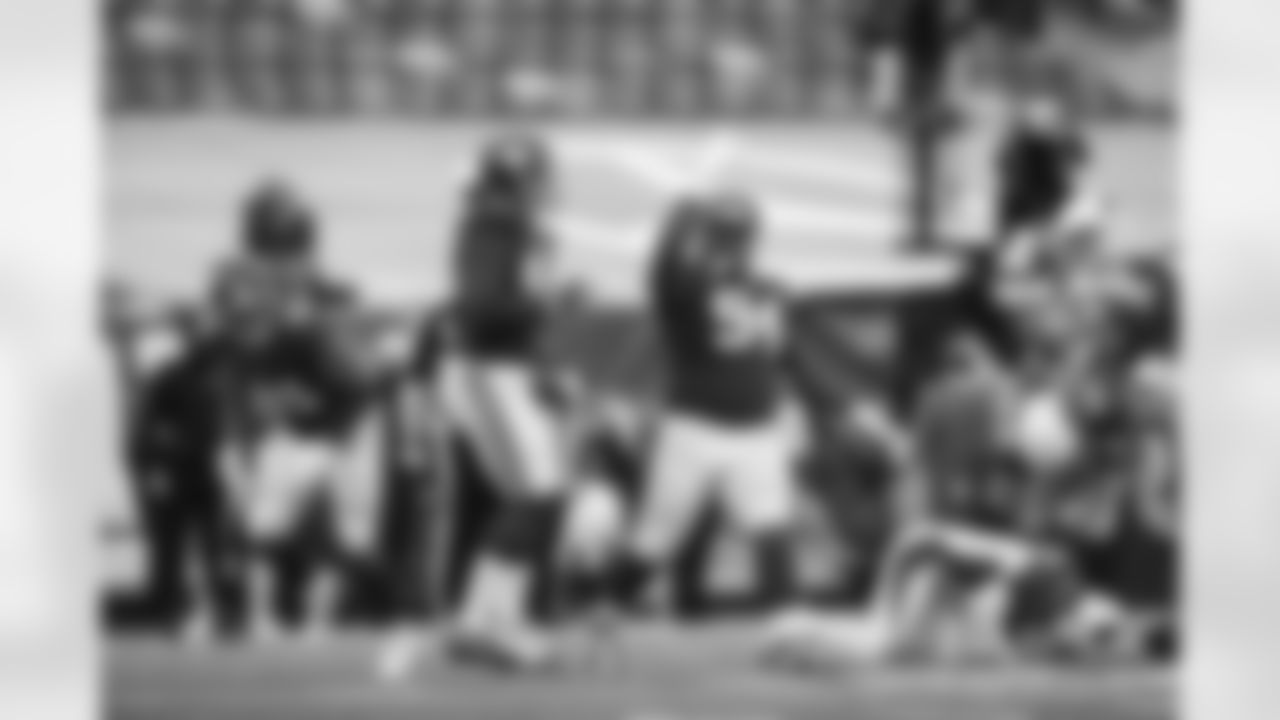
Dalvin Tomlinson (94), Leonard Williams (99)
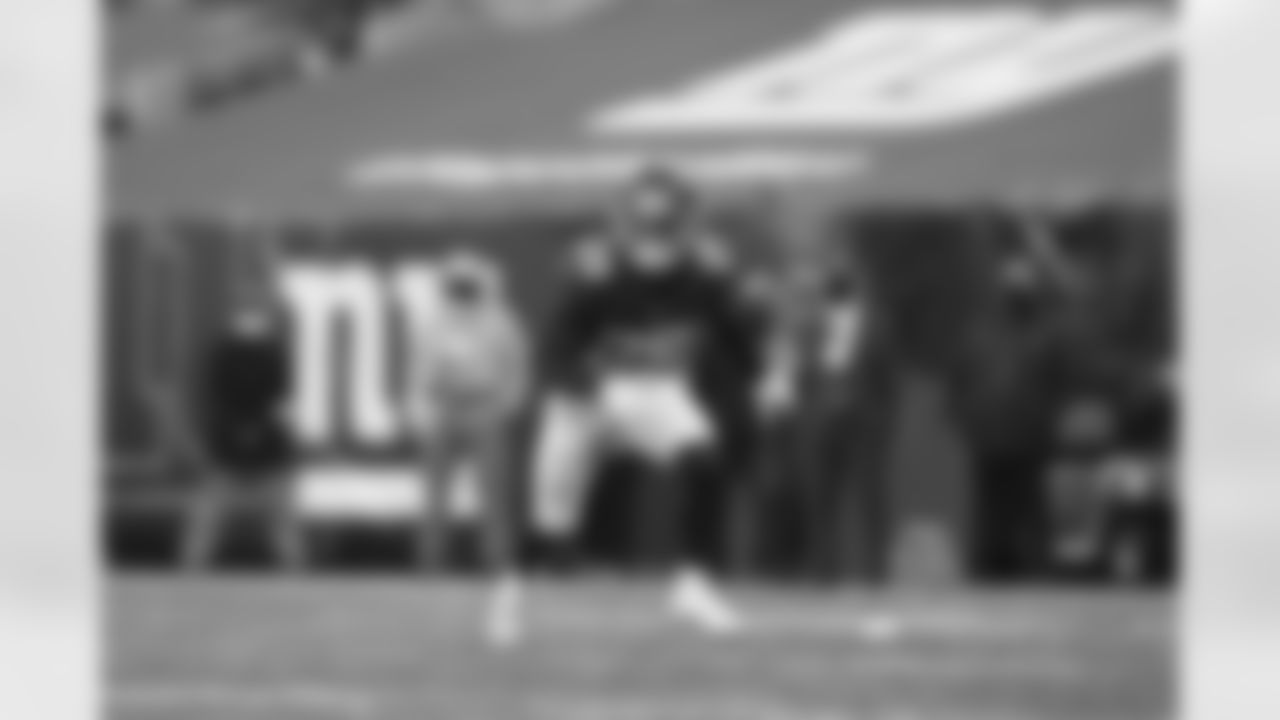
S Xavier McKinney
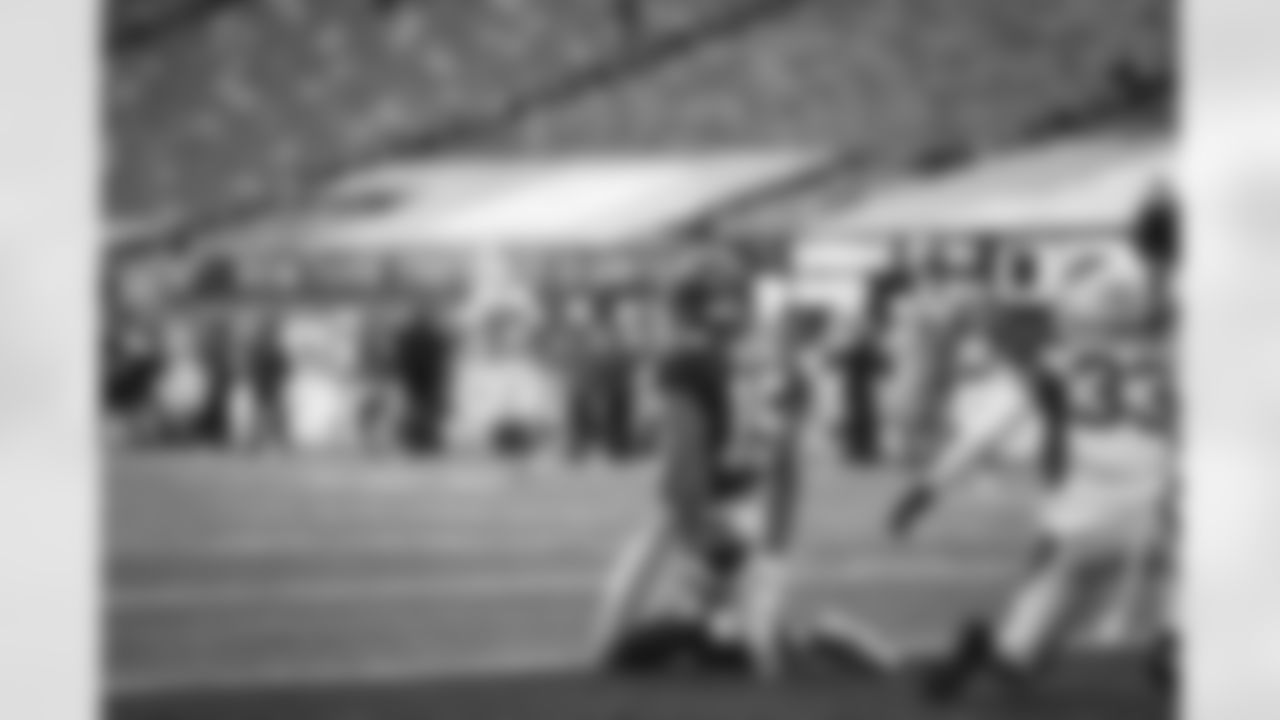
Golden Tate (15)
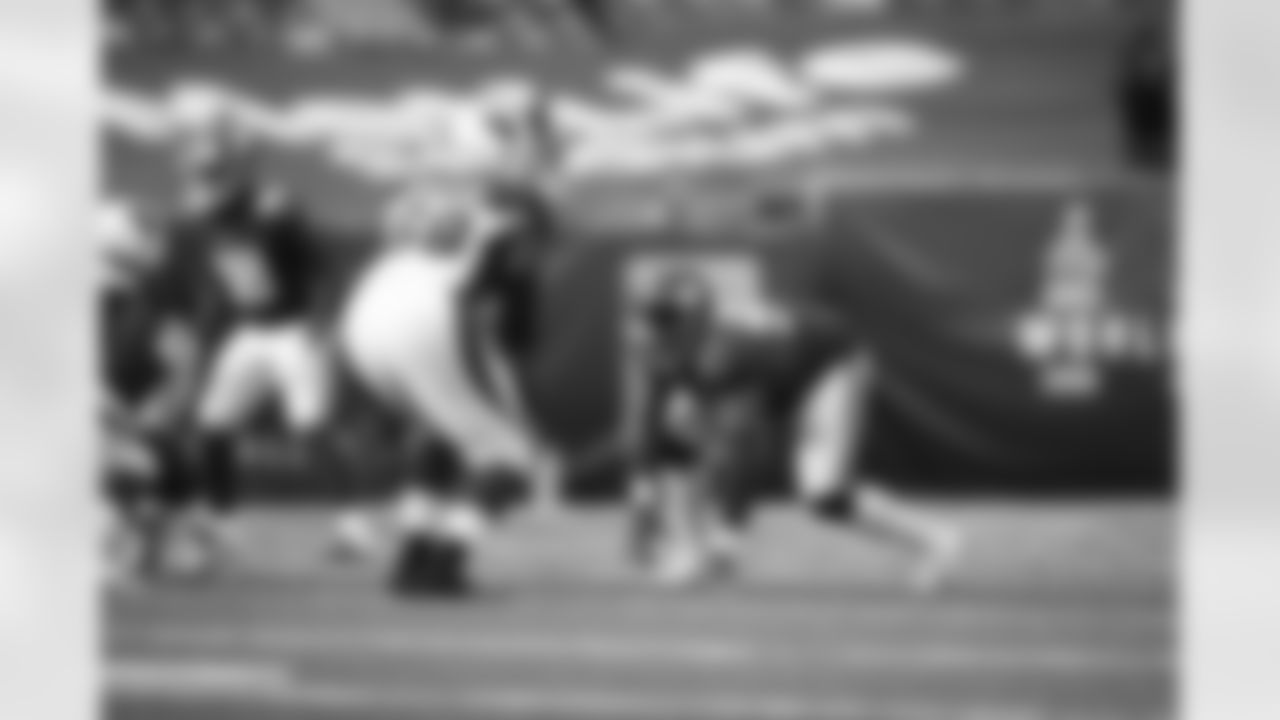
Dexter Lawrence (97),
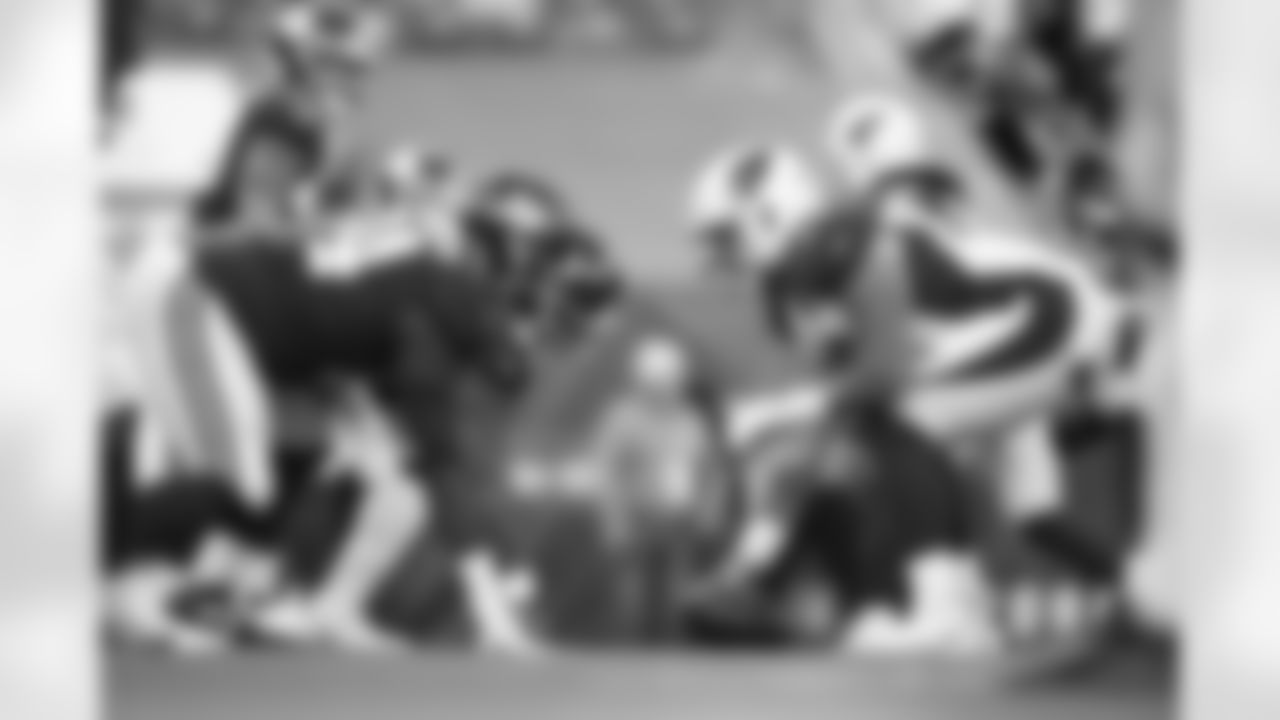
Dalvin Tomlinson (94)
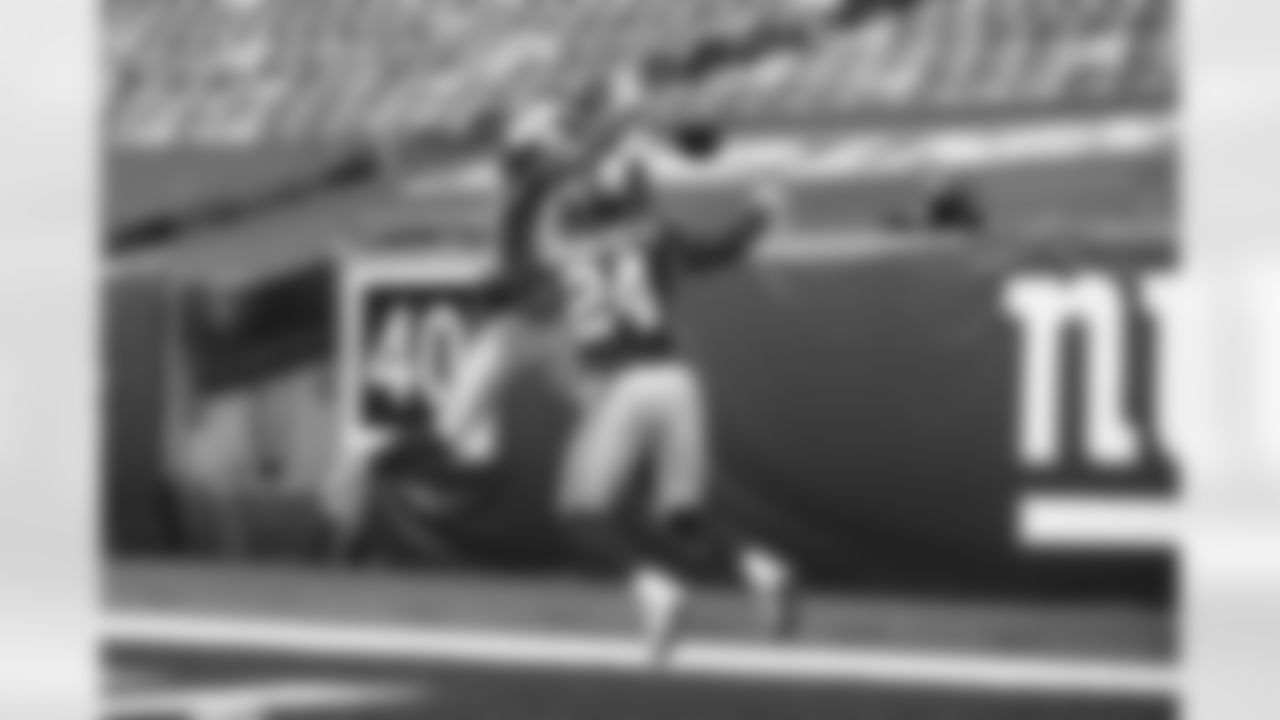
James Bradberry (24)
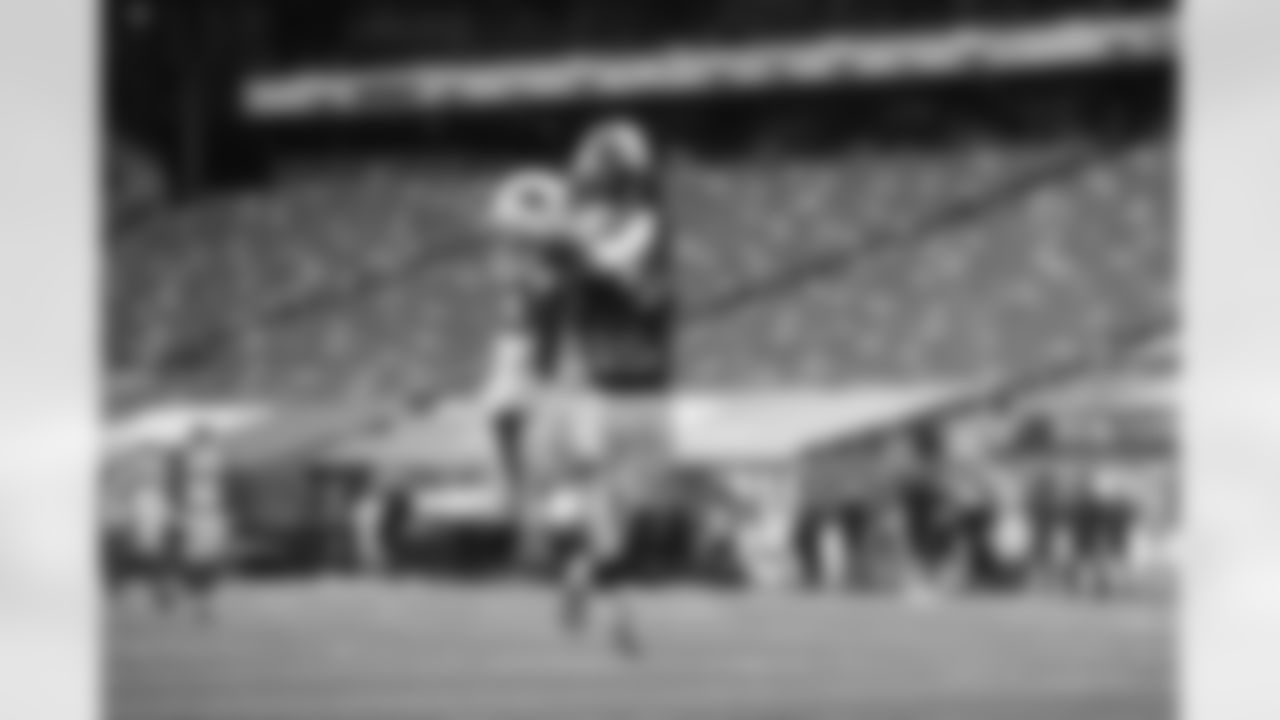
Golden Tate (15)
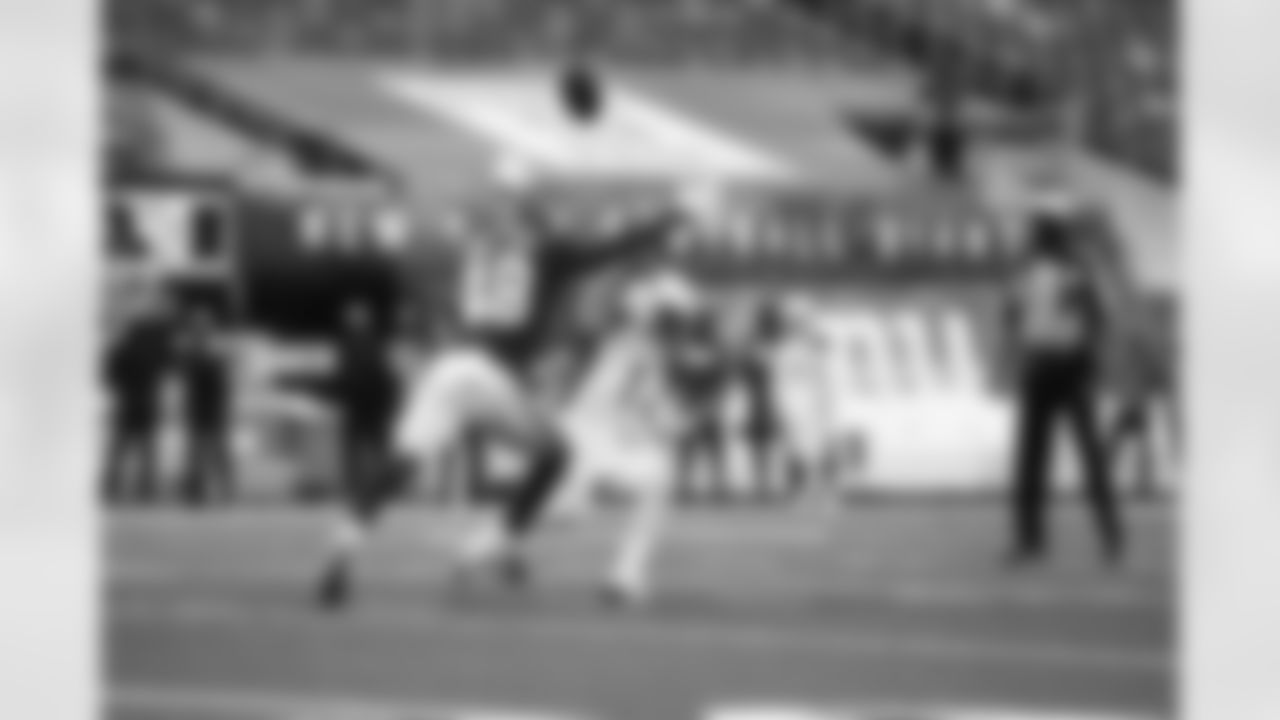
Tae Crowder (48)
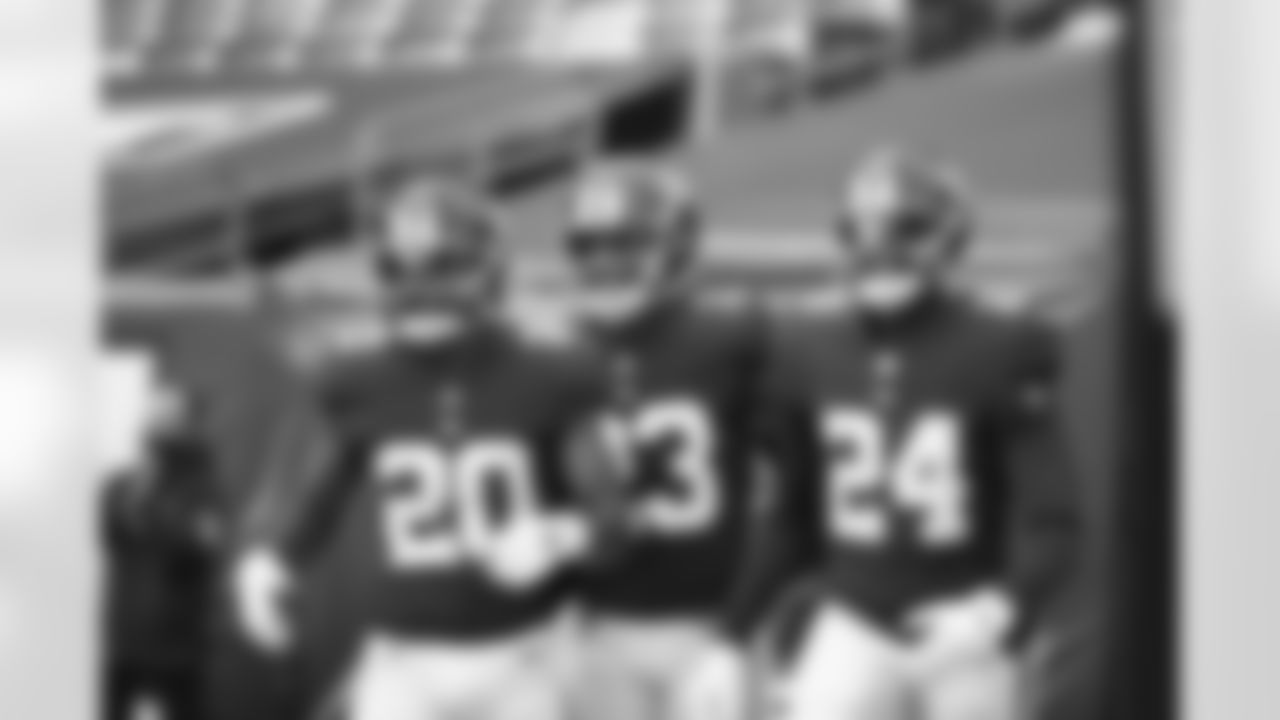
Julian Love (20), Logan Ryan (23), James Bradberry (24)
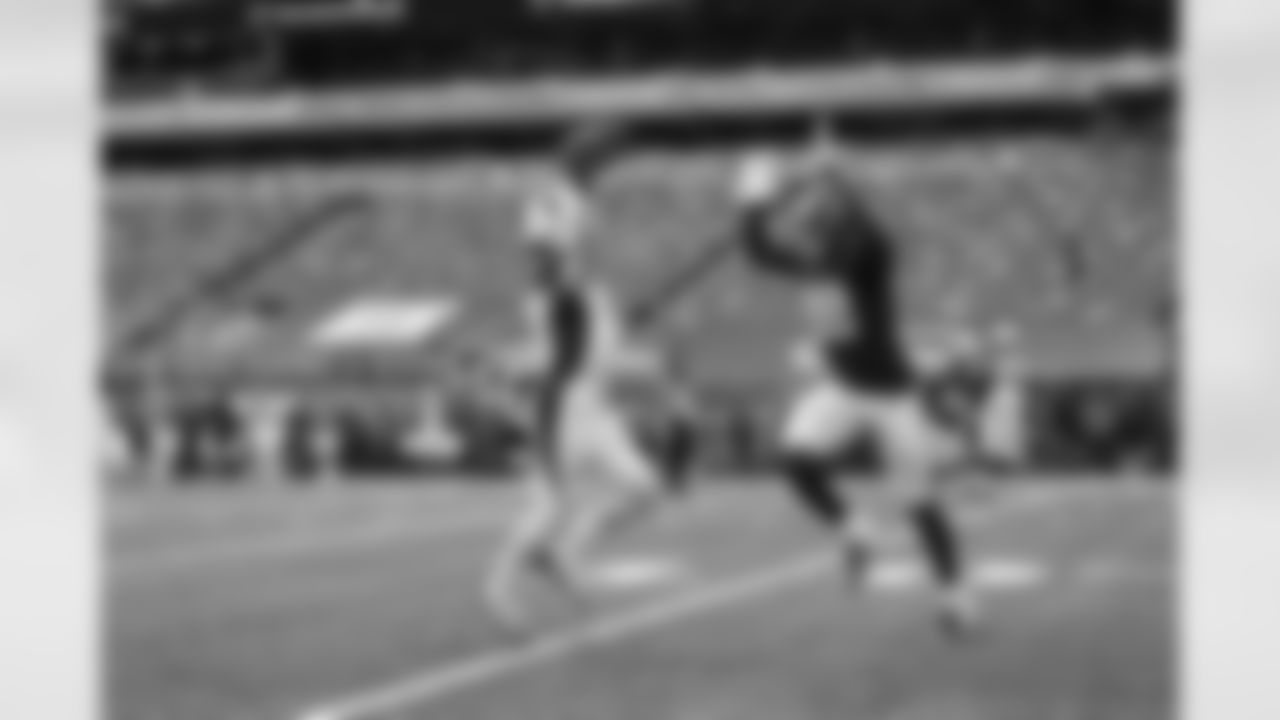
Tae Crowder (48)
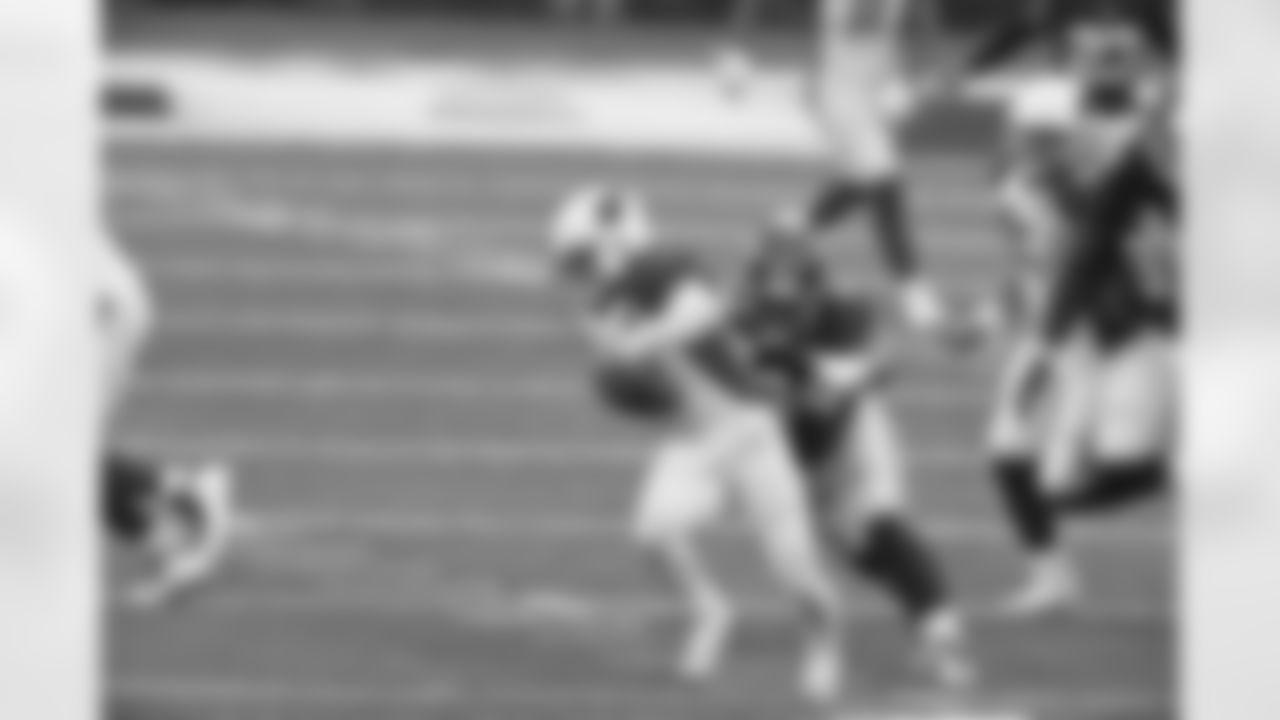
New York Giants defensive tackle Dexter Lawrence (97) during a week 14 regular season football game against the Arizona Cardinals at MetLife Stadium on December 13th, 2020 in East Rutherford, New Jersey
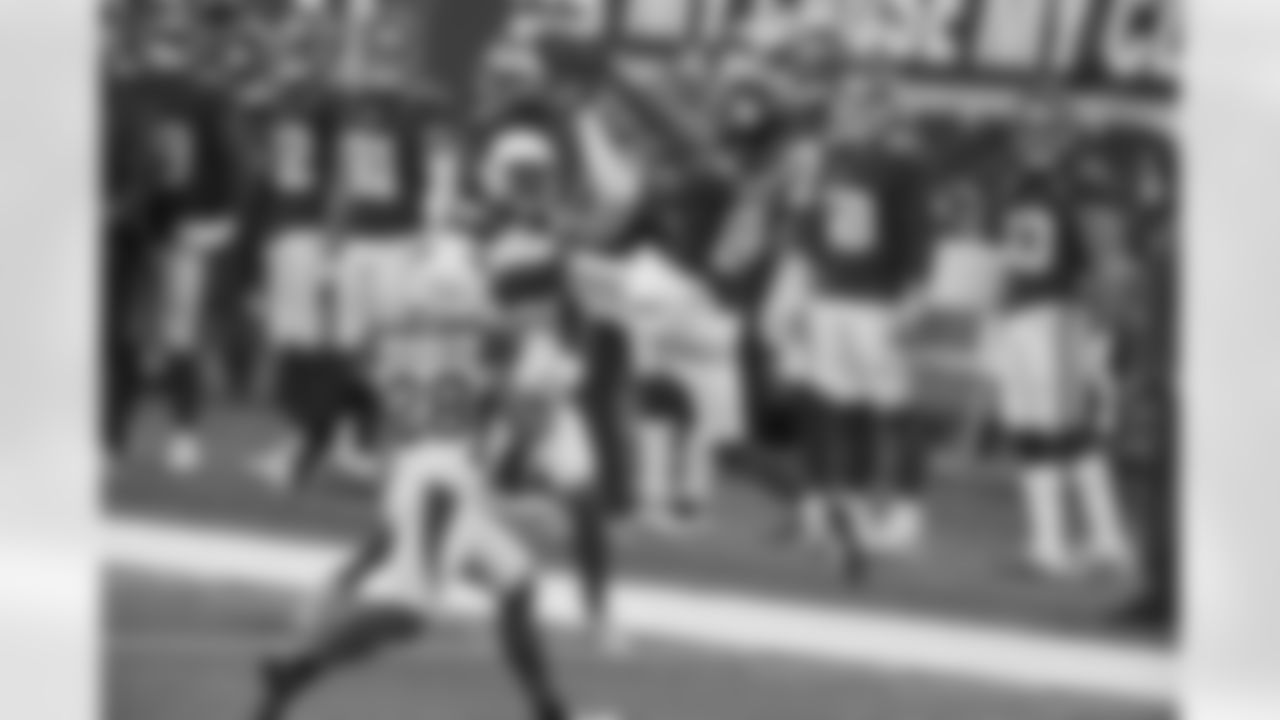
New York Giants wide receiver Darius Slayton (86) during a week 14 regular season football game against the Arizona Cardinals at MetLife Stadium on December 13th, 2020 in East Rutherford, New Jersey
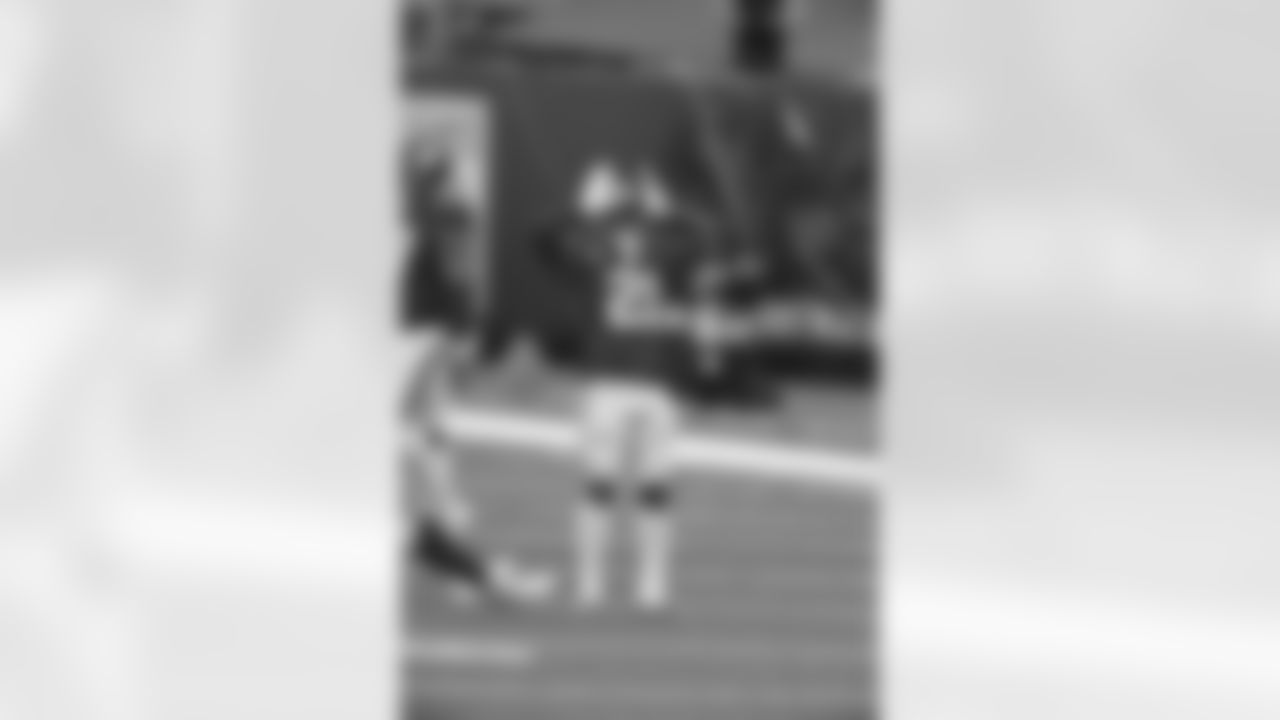
New York Giants safety Jabrill Peppers (21) during a week 14 regular season football game against the Arizona Cardinals at MetLife Stadium on December 13th, 2020 in East Rutherford, New Jersey
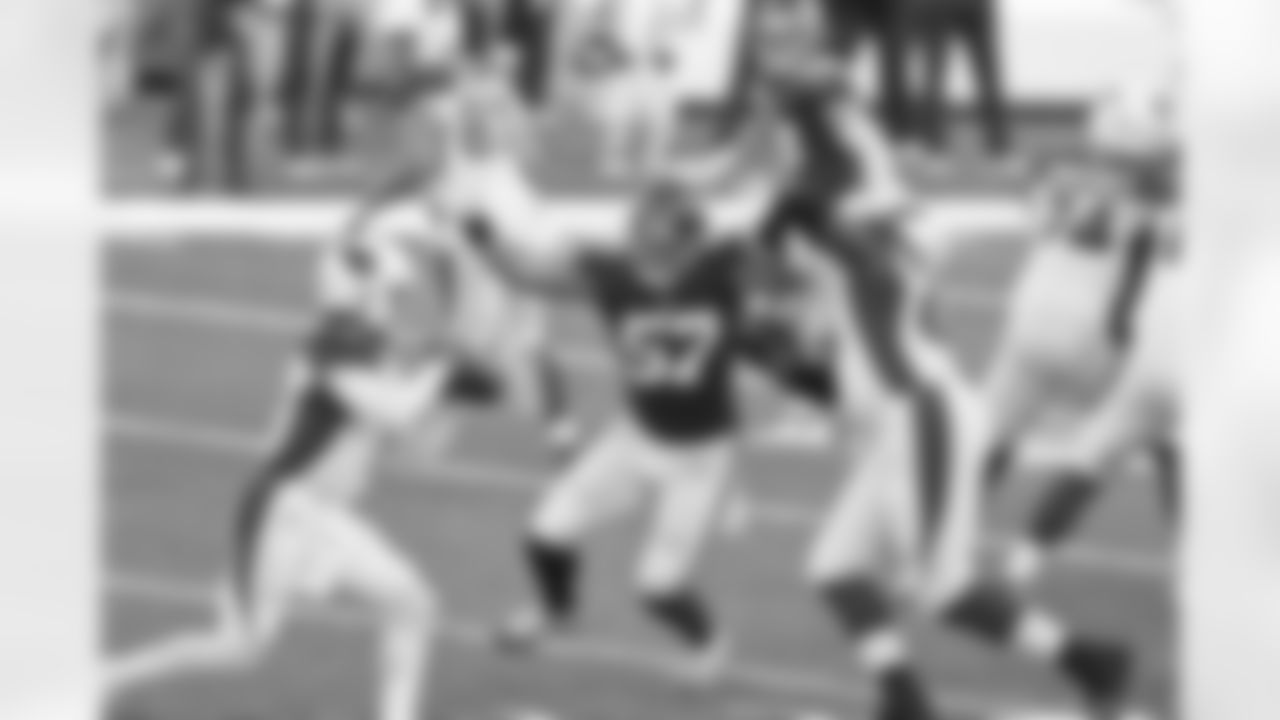
New York Giants defensive end Niko Lalos (57) during a week 14 regular season football game against the Arizona Cardinals at MetLife Stadium on December 13th, 2020 in East Rutherford, New Jersey
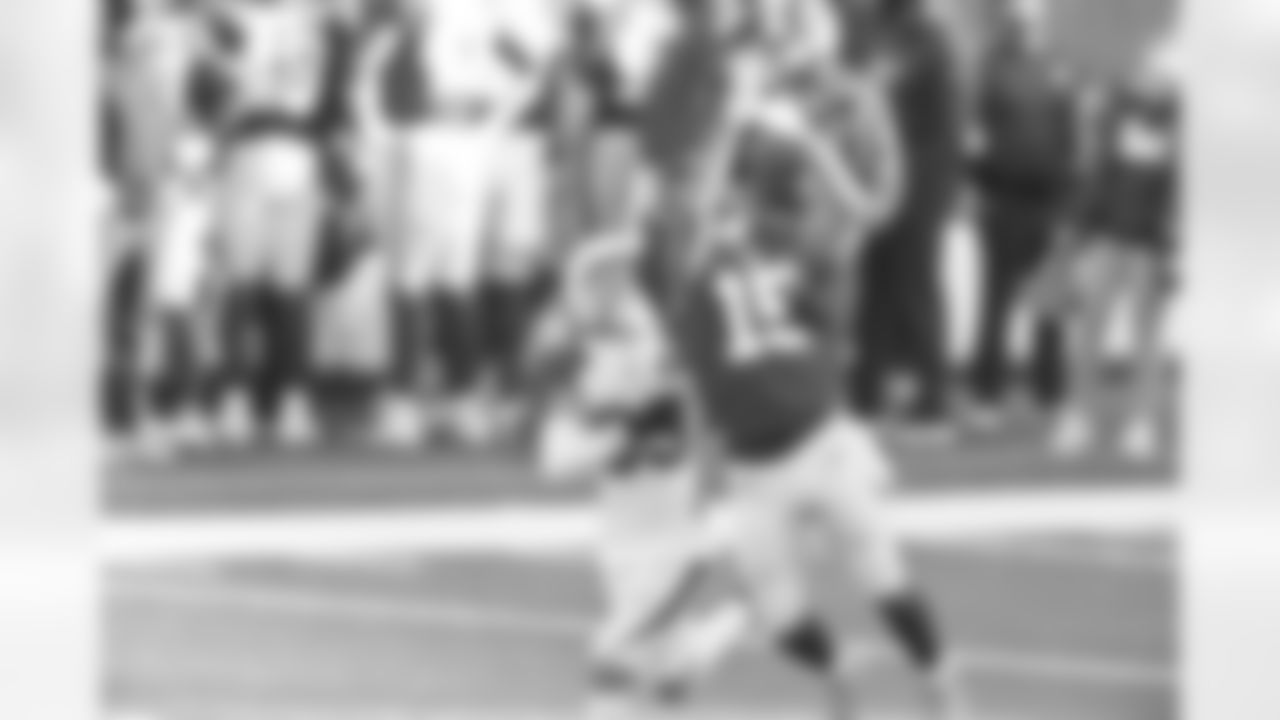
New York Giants wide receiver Golden Tate (15) during a week 14 regular season football game against the Arizona Cardinals at MetLife Stadium on December 13th, 2020 in East Rutherford, New Jersey
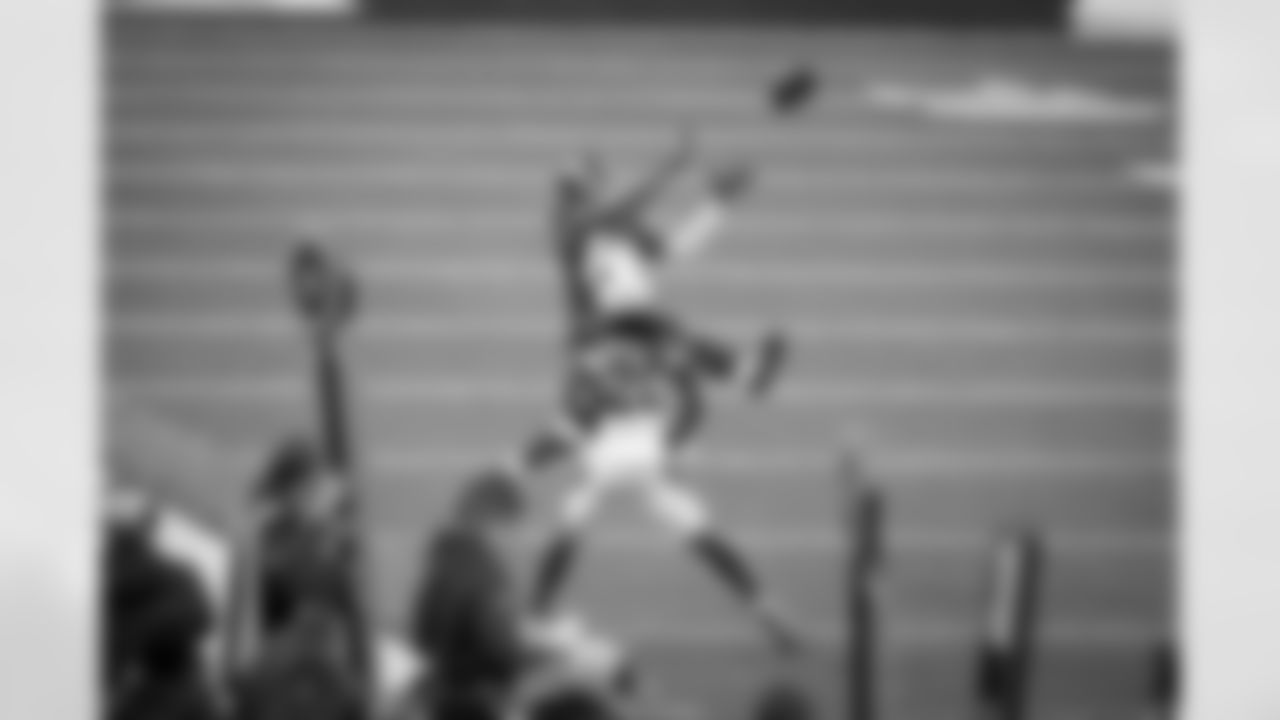
Darius Slayton (86)
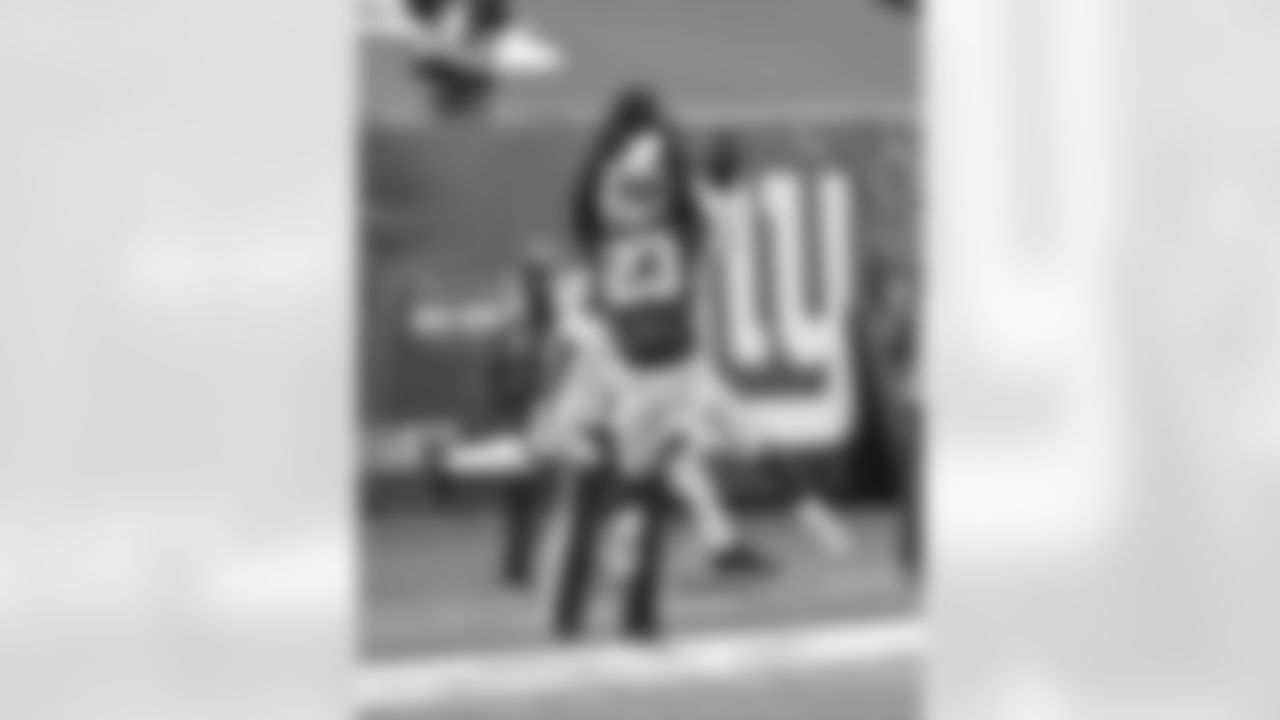
New York Giants cornerback Logan Ryan (23) breaks up a pass during a week 14 regular season football game against the Arizona Cardinals at MetLife Stadium on December 13th, 2020 in East Rutherford, New Jersey
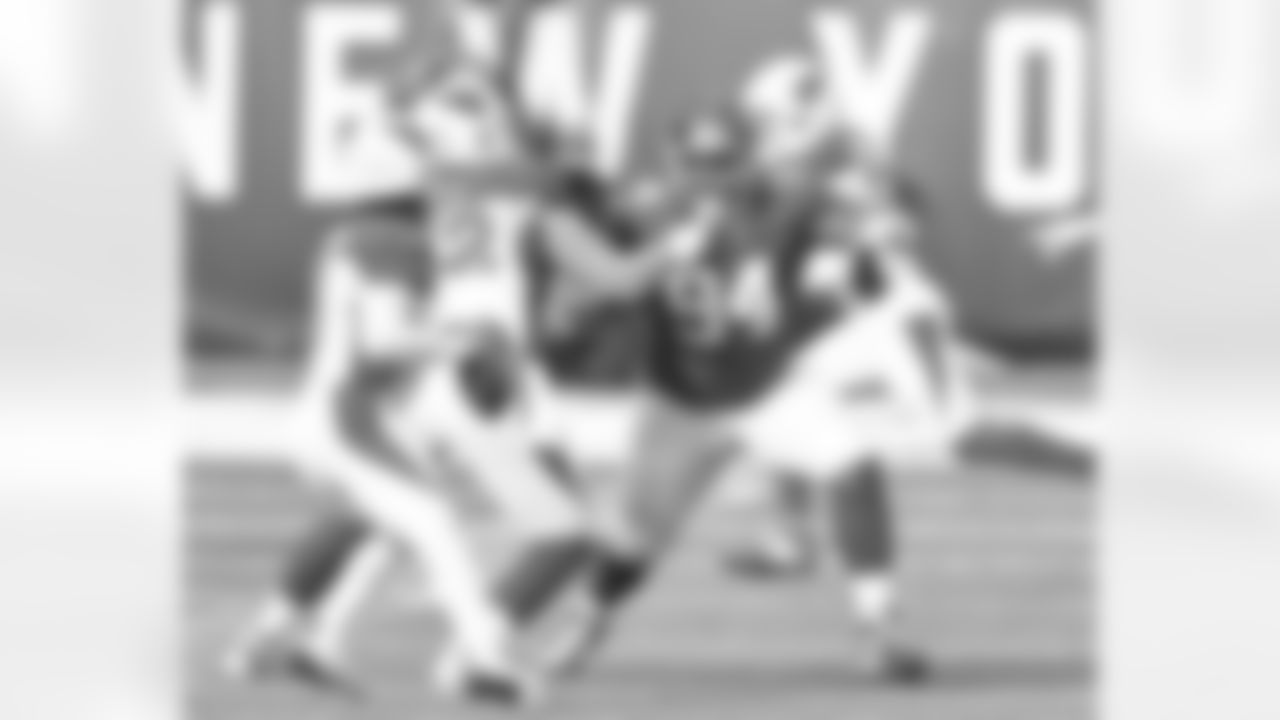
New York Giants defensive tackle Dalvin Tomlinson (94) during a week 14 regular season football game against the Arizona Cardinals at MetLife Stadium on December 13th, 2020 in East Rutherford, New Jersey
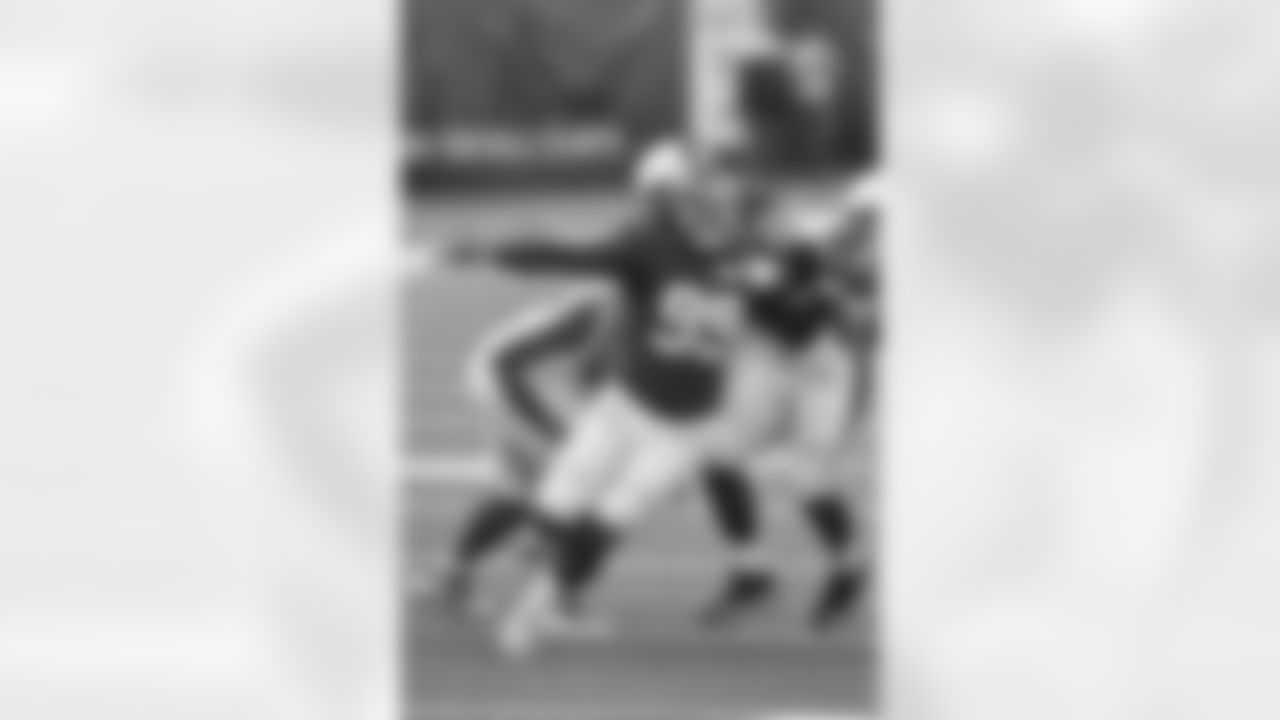
New York Giants defensive end Leonard Williams (99) during a week 14 regular season football game against the Arizona Cardinals at MetLife Stadium on December 13th, 2020 in East Rutherford, New Jersey
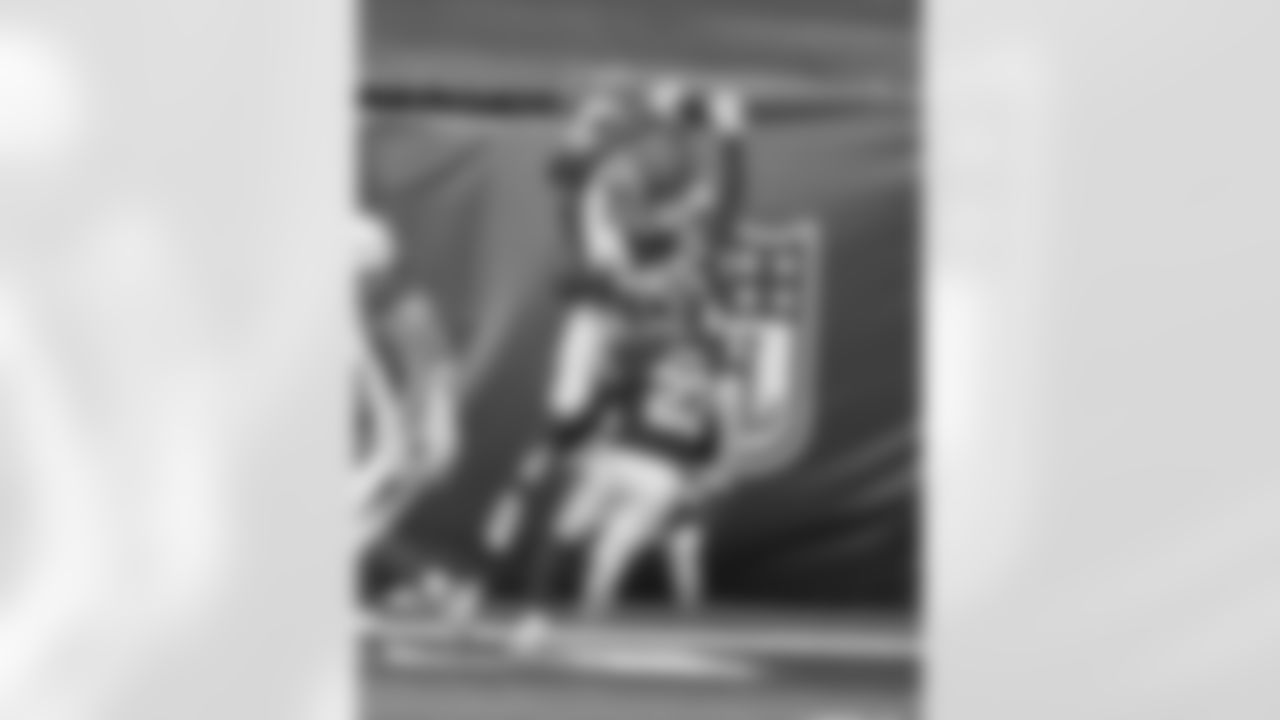
New York Giants cornerback James Bradberry (24)breaks up a pass during a week 14 regular season football game against the Arizona Cardinals at MetLife Stadium on December 13th, 2020 in East Rutherford, New Jersey
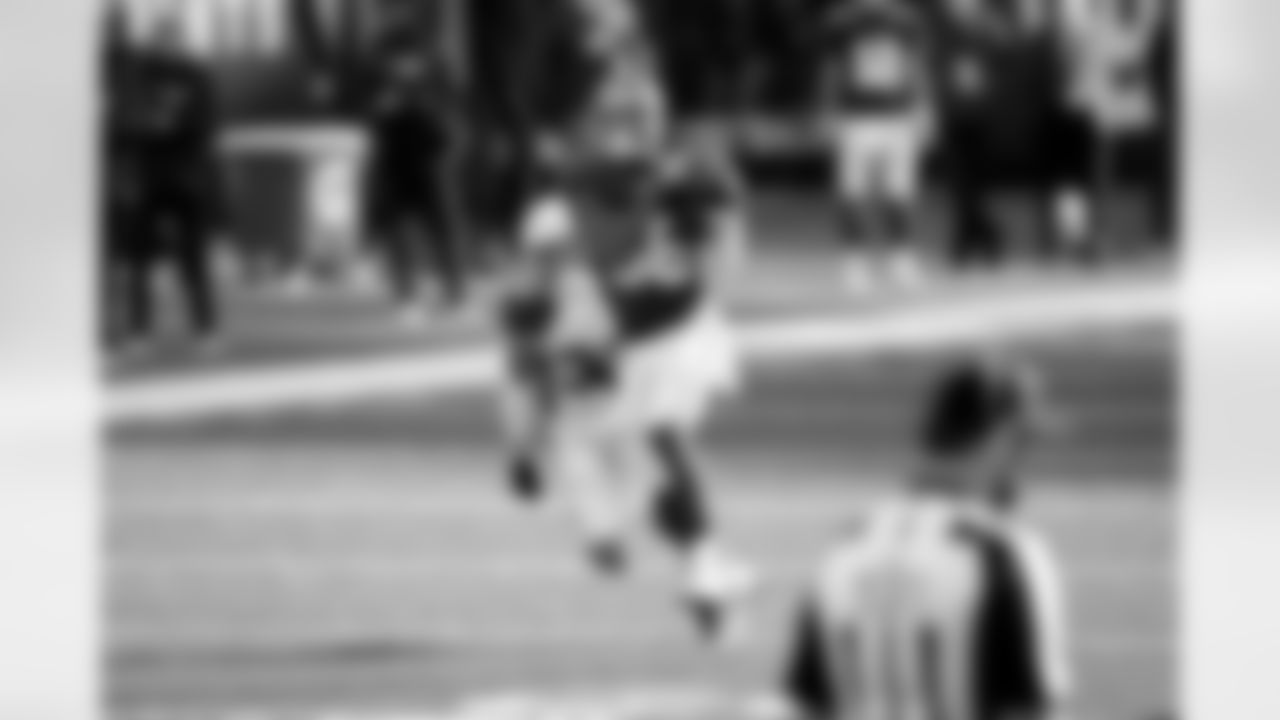
Darius Slayton (86)
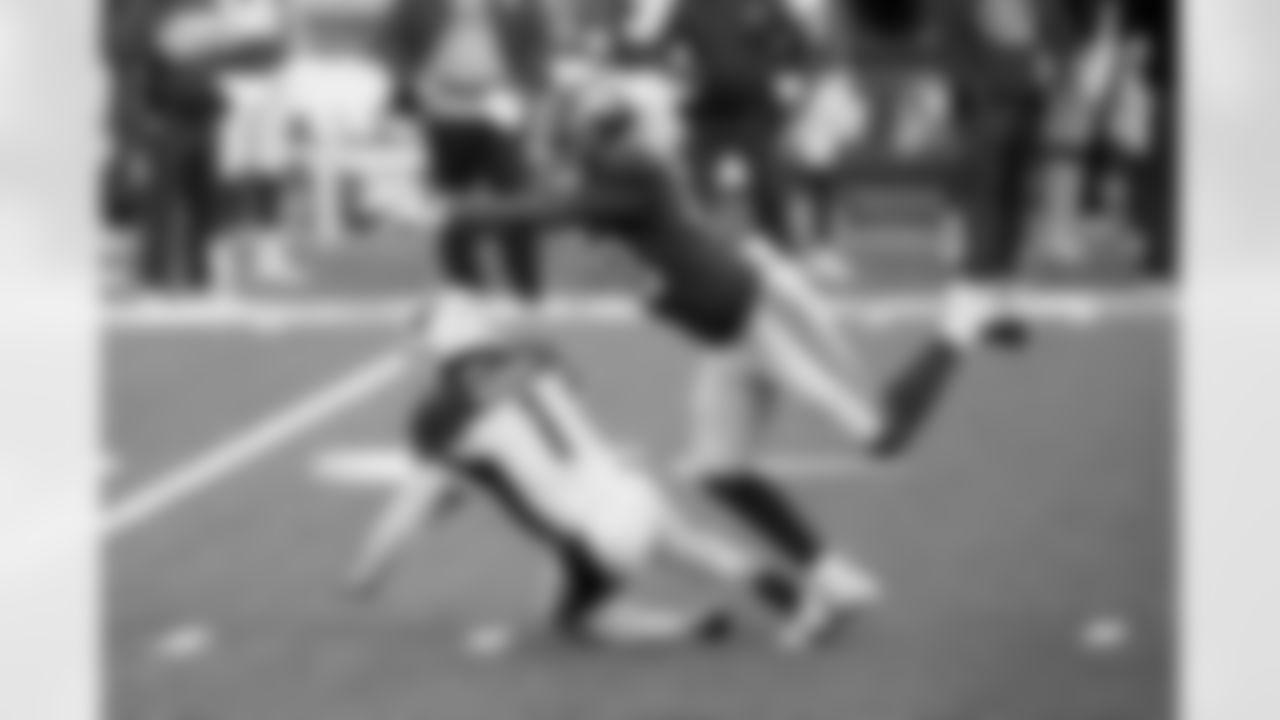
Tae Crowder (48)
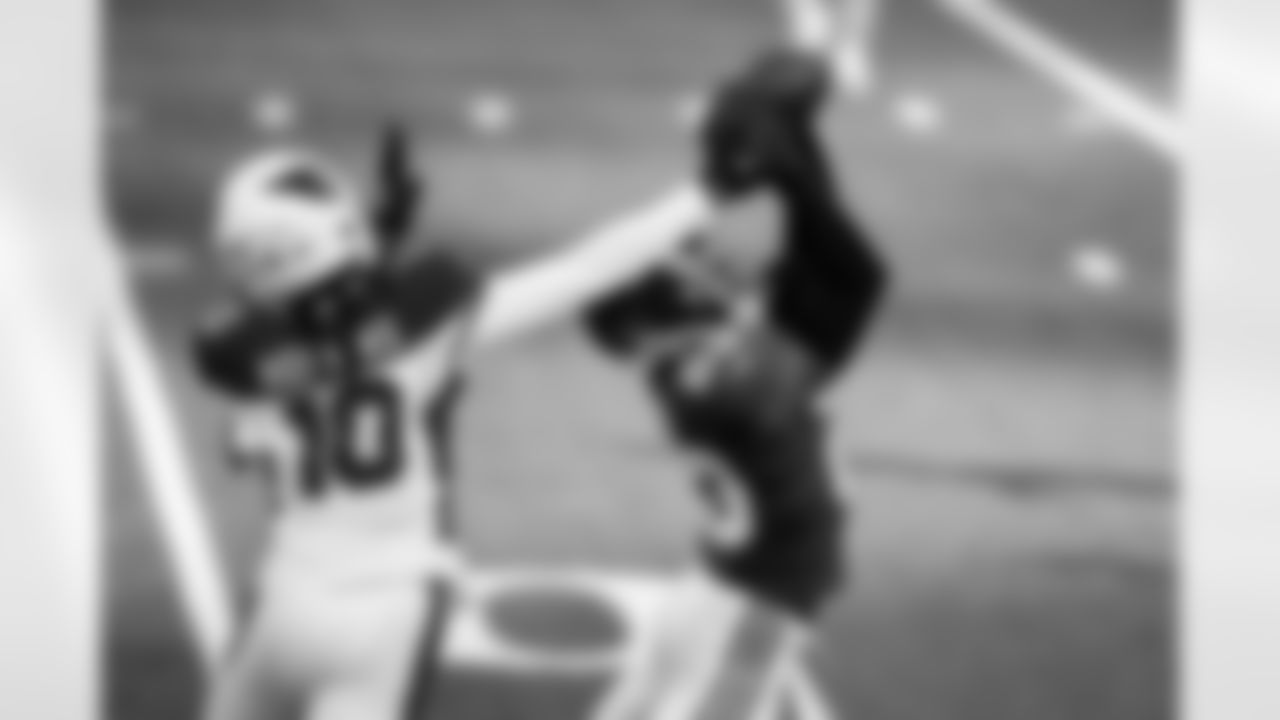
Logan Ryan (23)
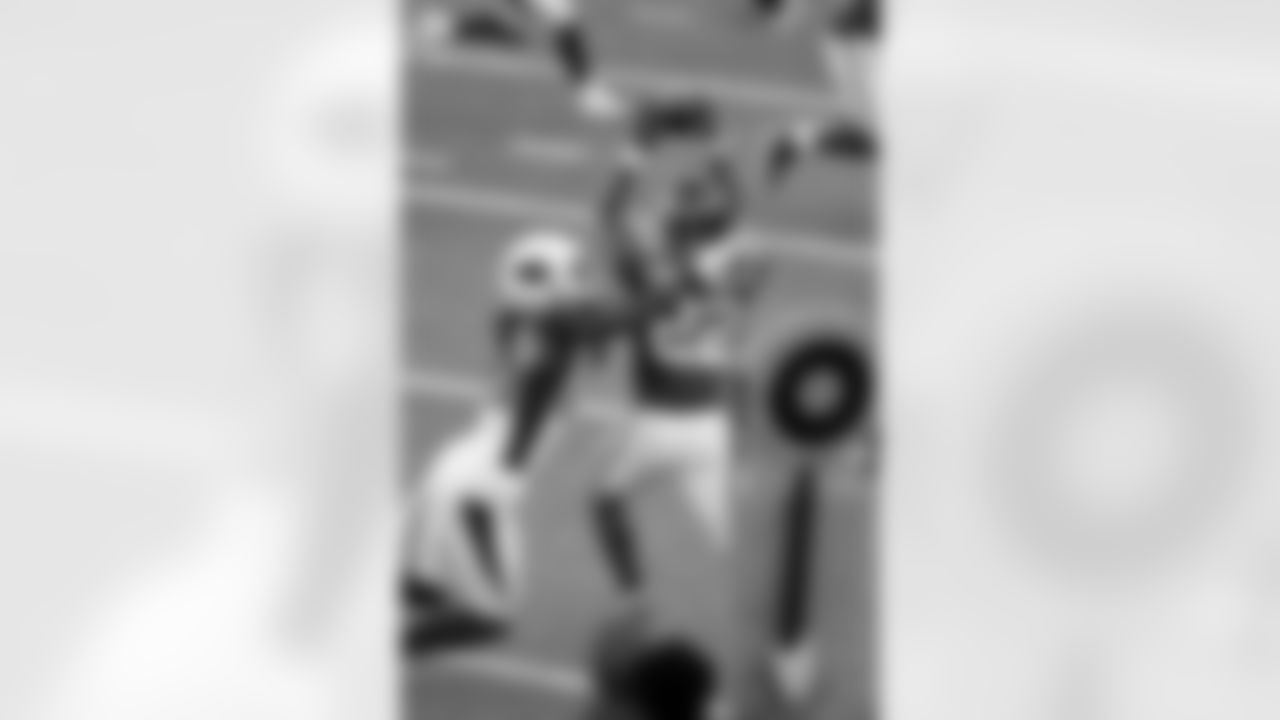
Wayne Gallman (22)
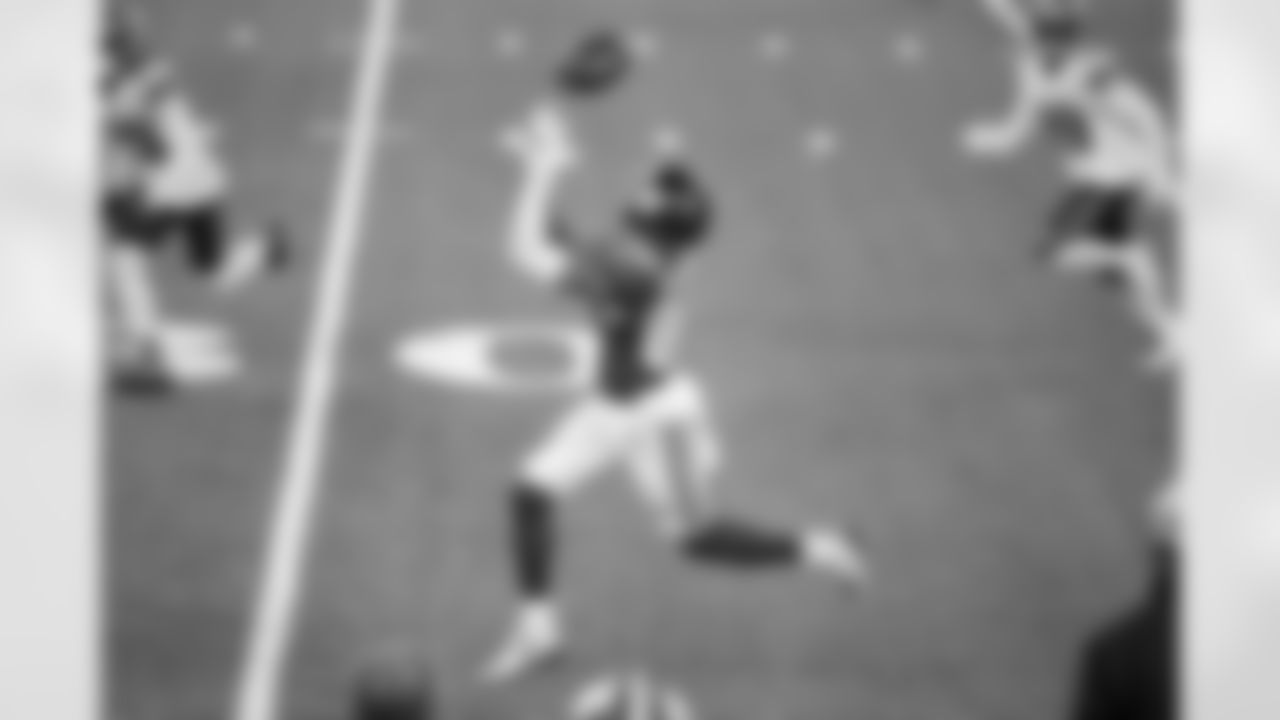
Darius Slayton (86)
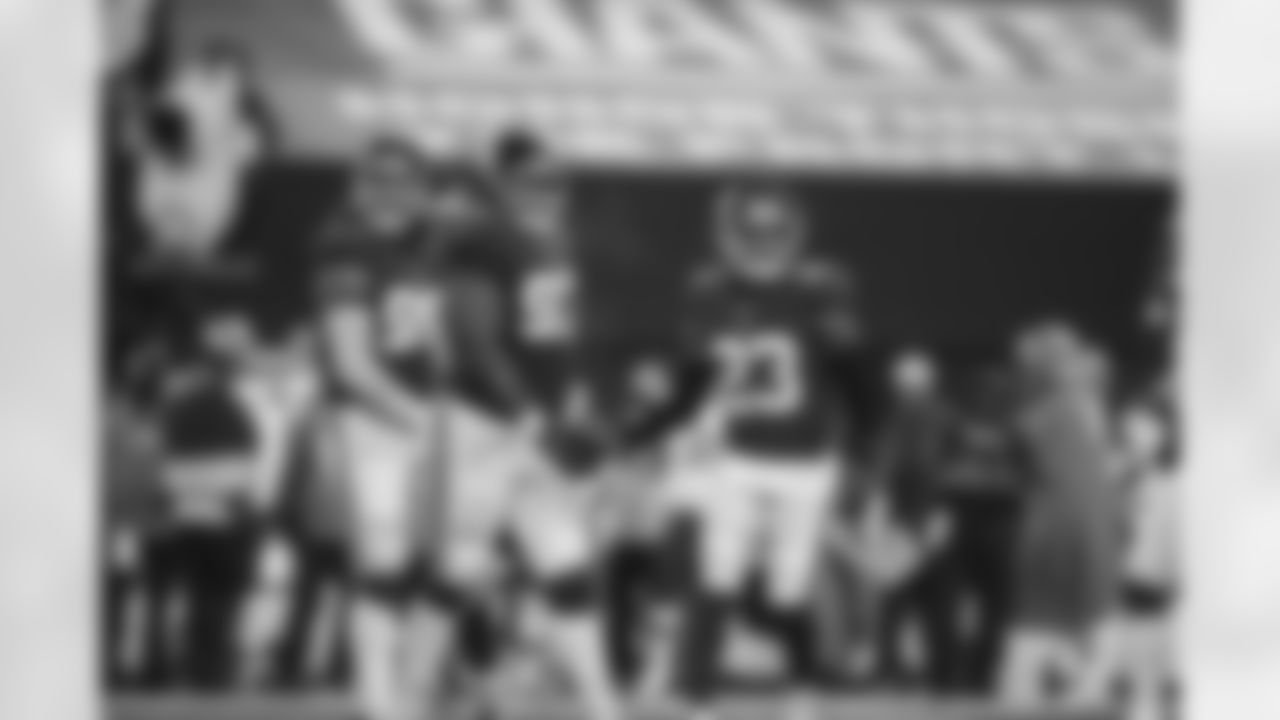
Leonard Williams (99), Dexter Lawrence (97), Logan Ryan (23)
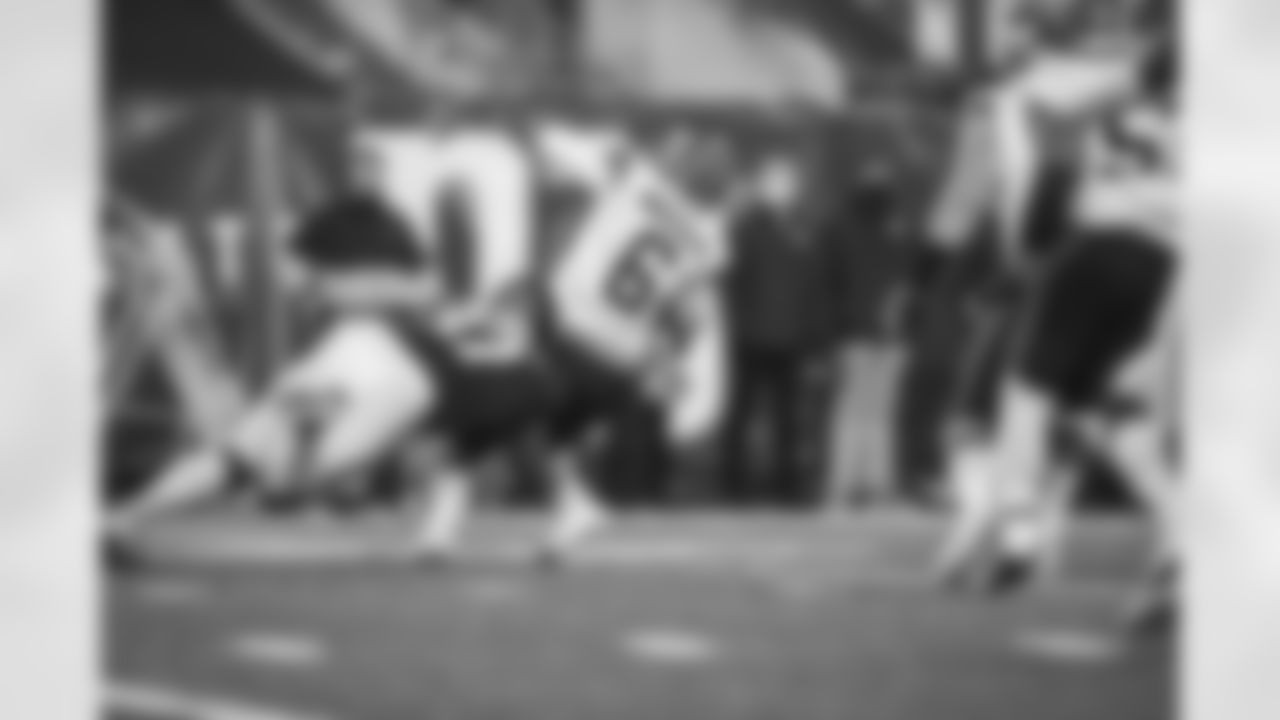
Dexter Lawrence (97)
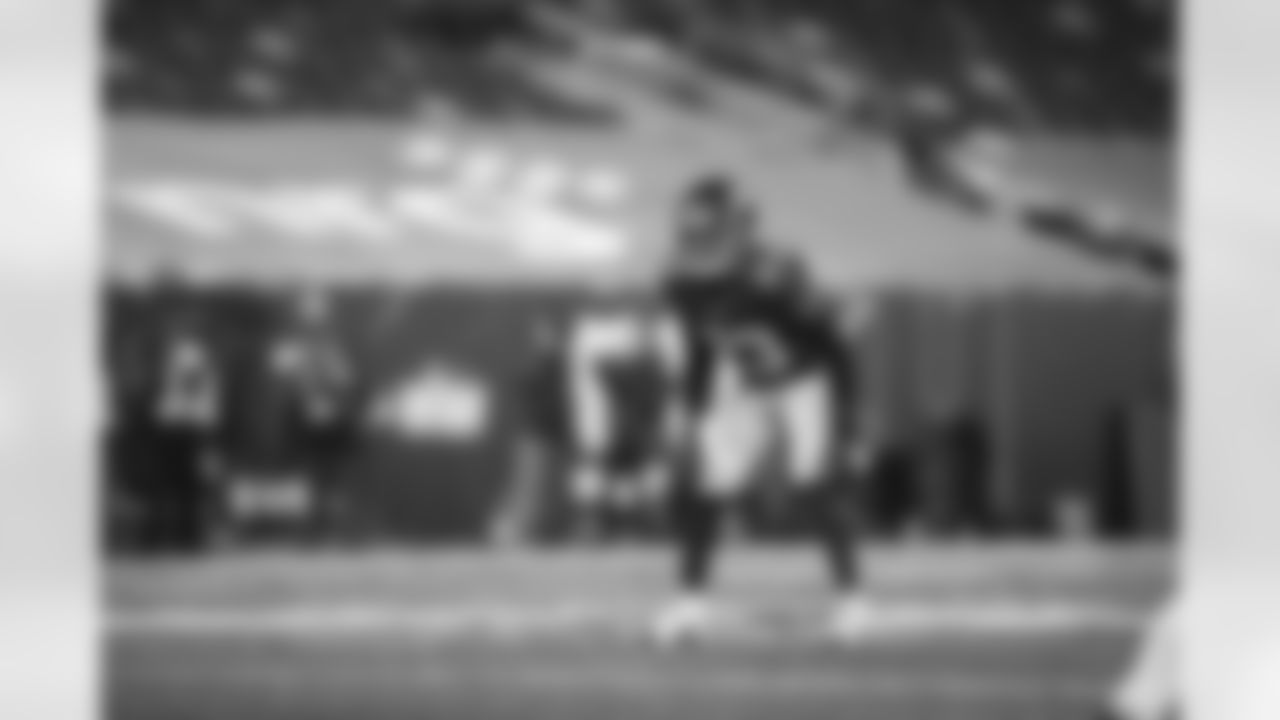
Logan Ryan (23)
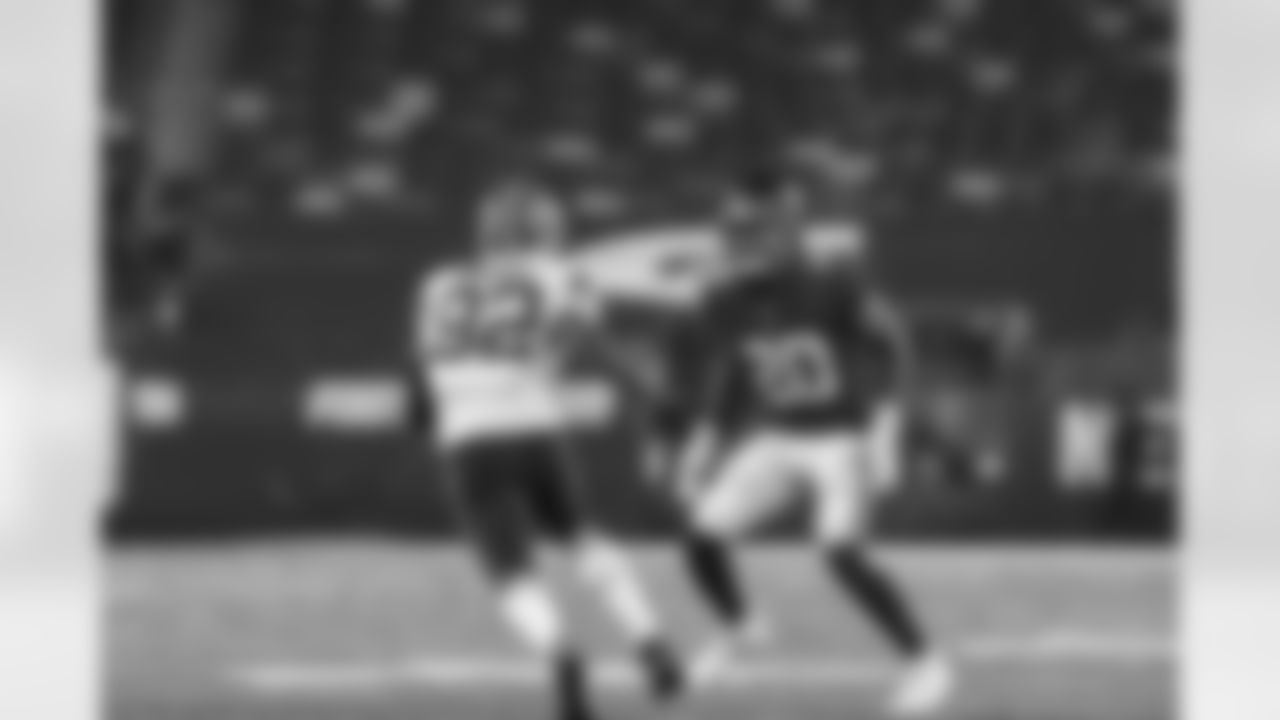
Julian Love (20)
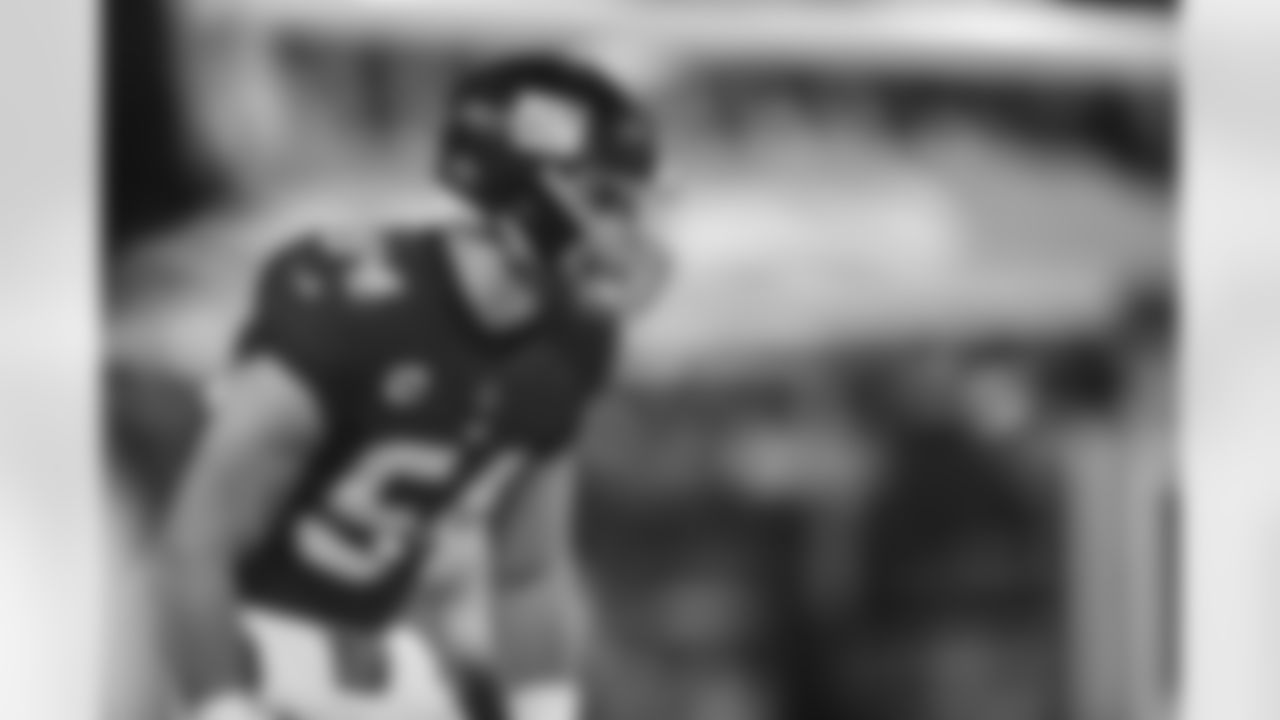
Blake Martinez (54)
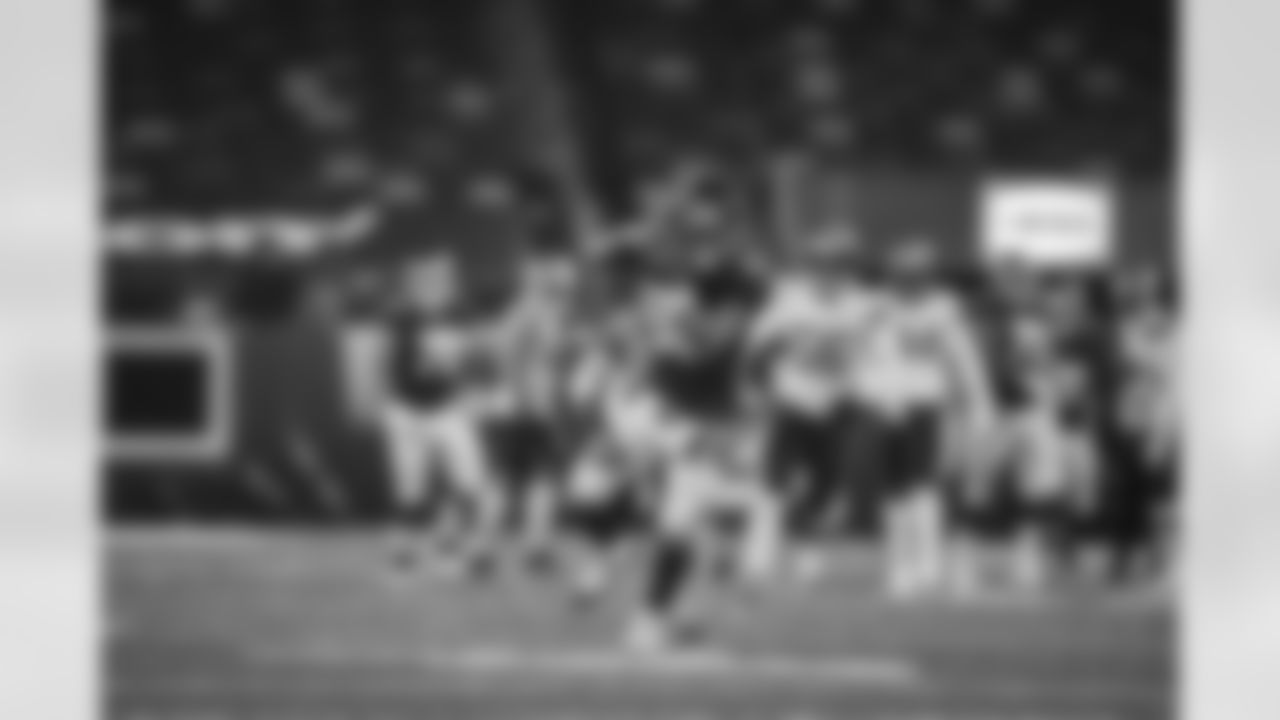
Evan Engram (88)
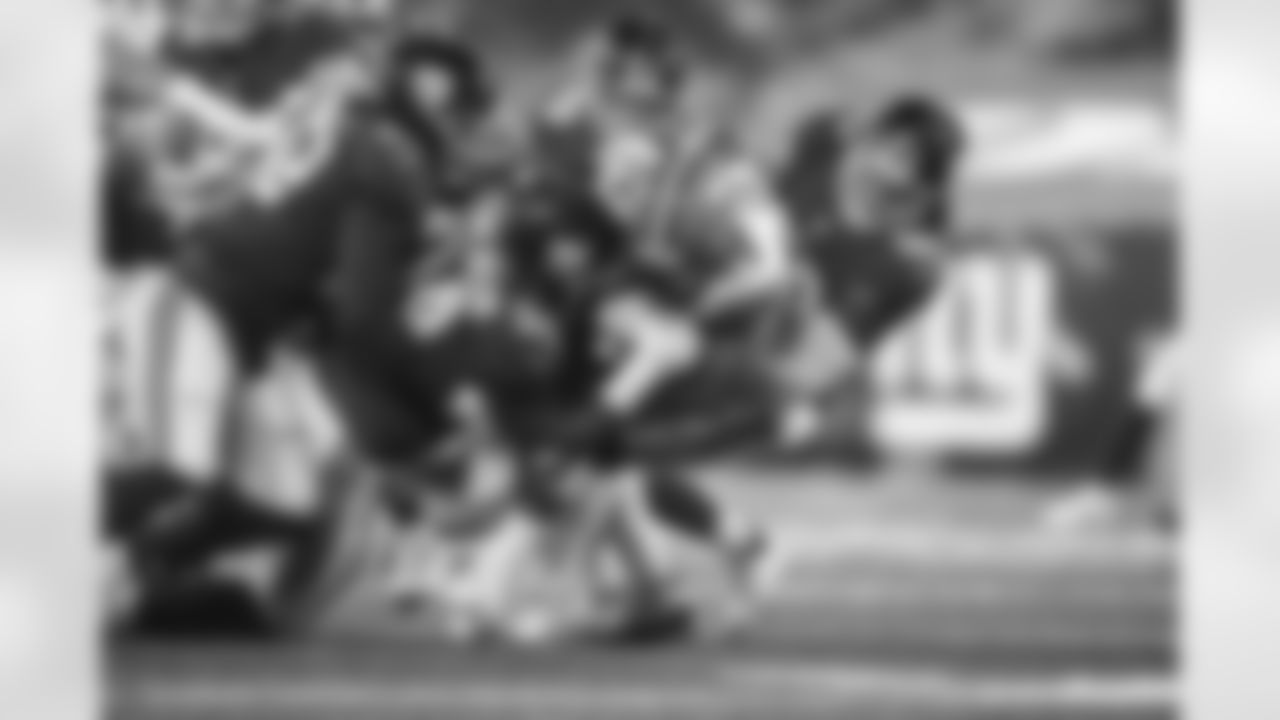
Devante Downs (52), Dalvin Tomlinson (94), Carter Coughlin (49), Leonard Williams (99)
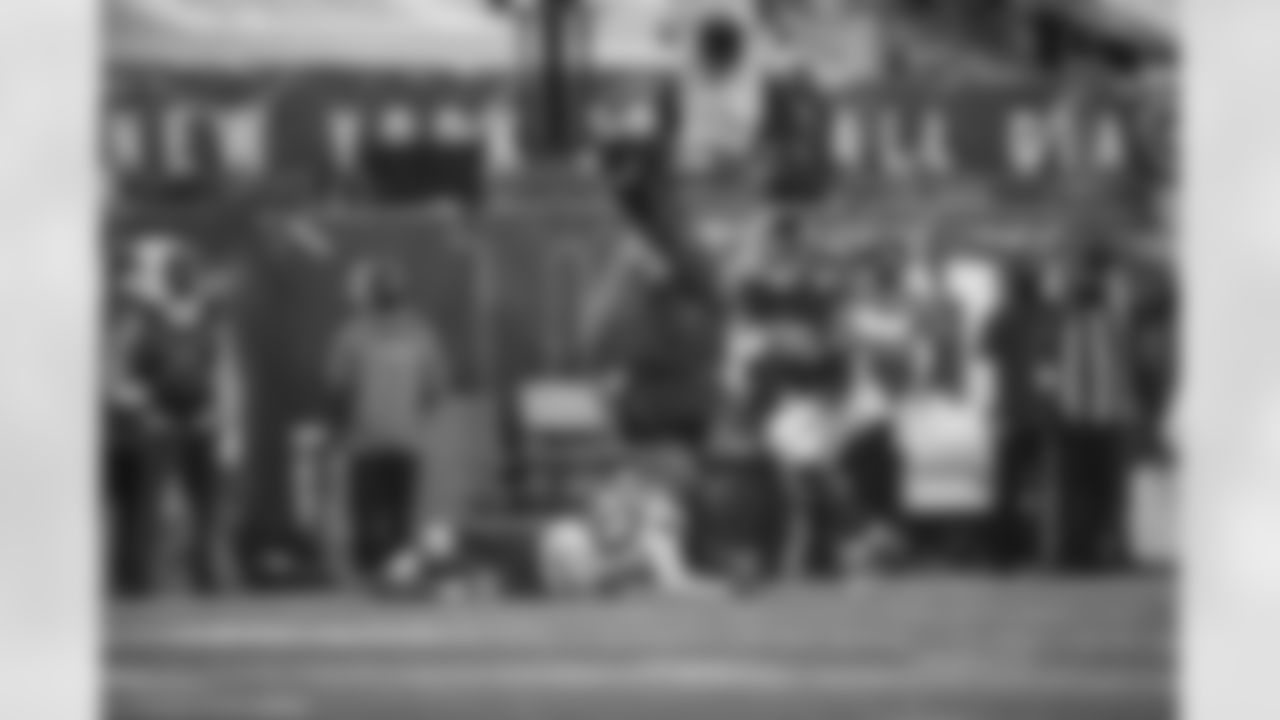
Levine Toilolo (85)
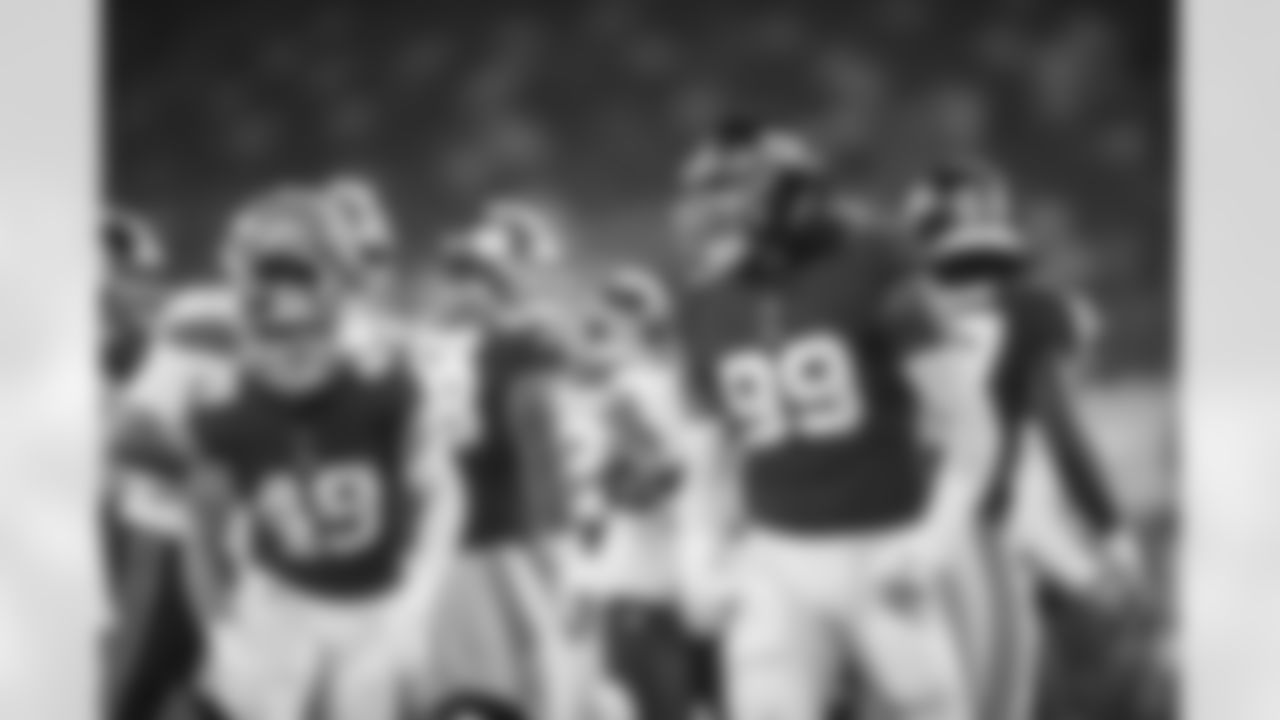
Leonard Williams (99)
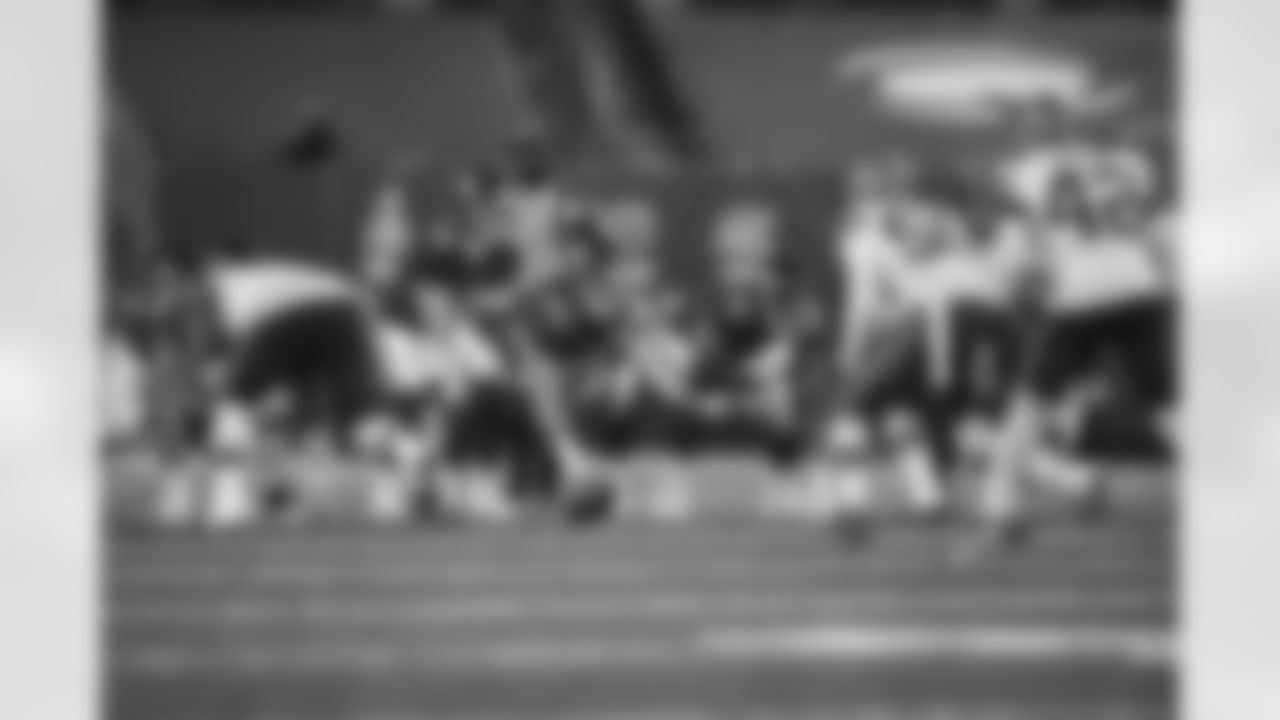
Nick Gates (65), Shane Lemieux (66)
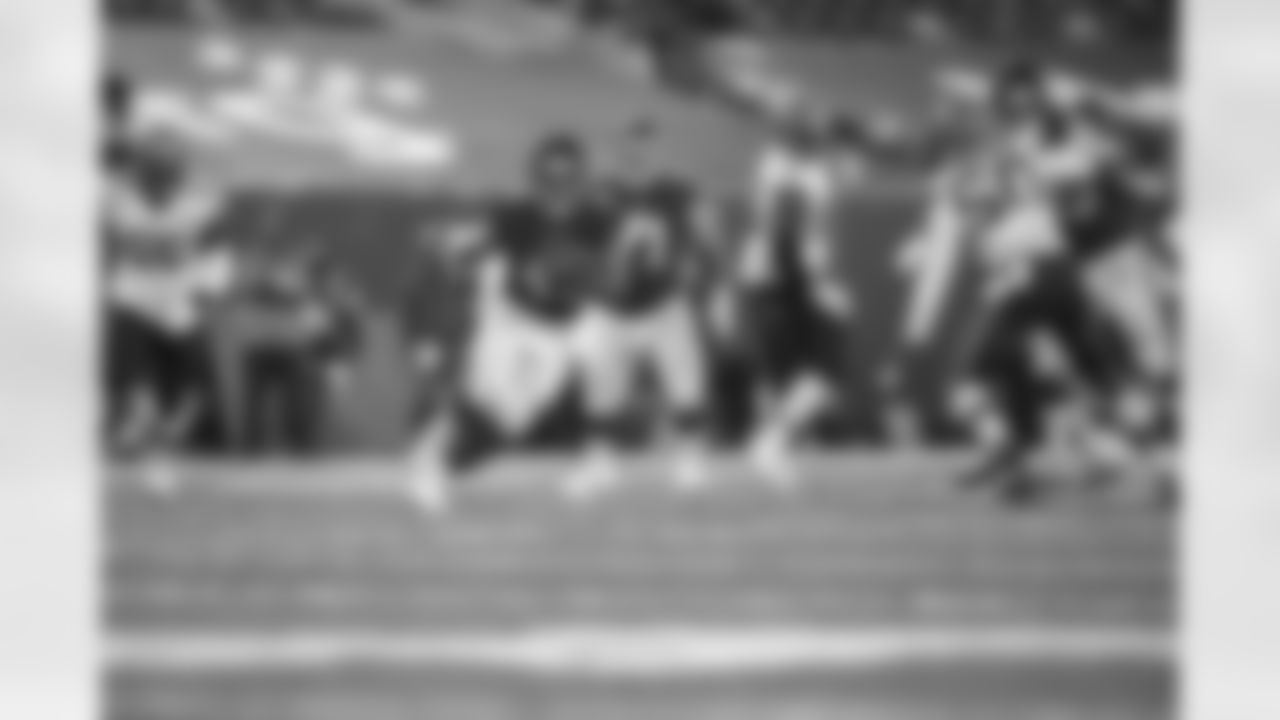
Alfred Morris (41)
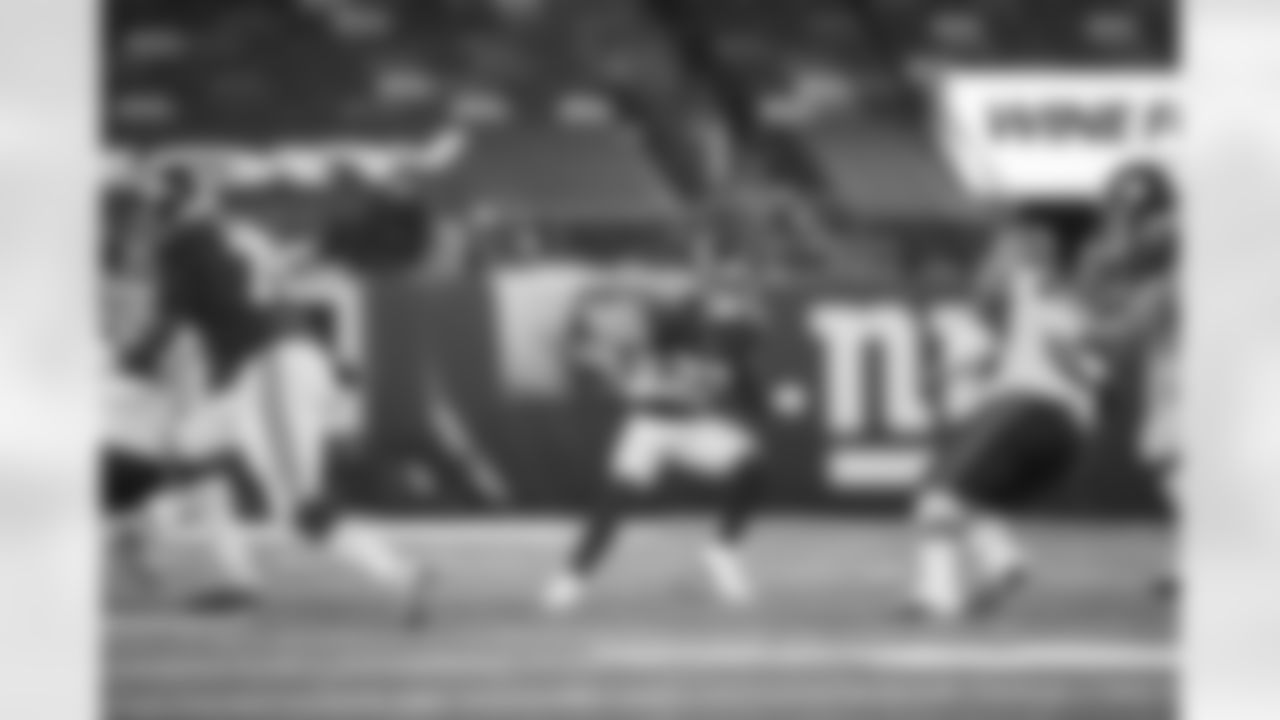
Sterling Shepard (87)
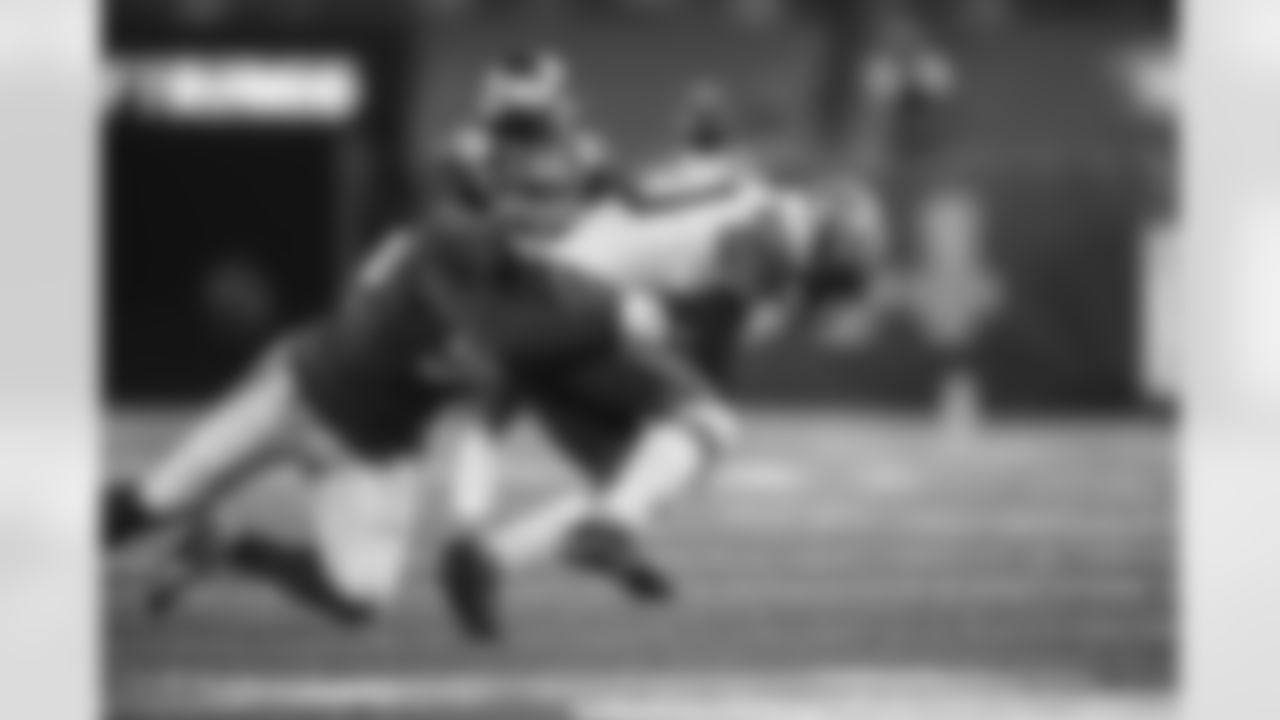
Devante Downs (52)
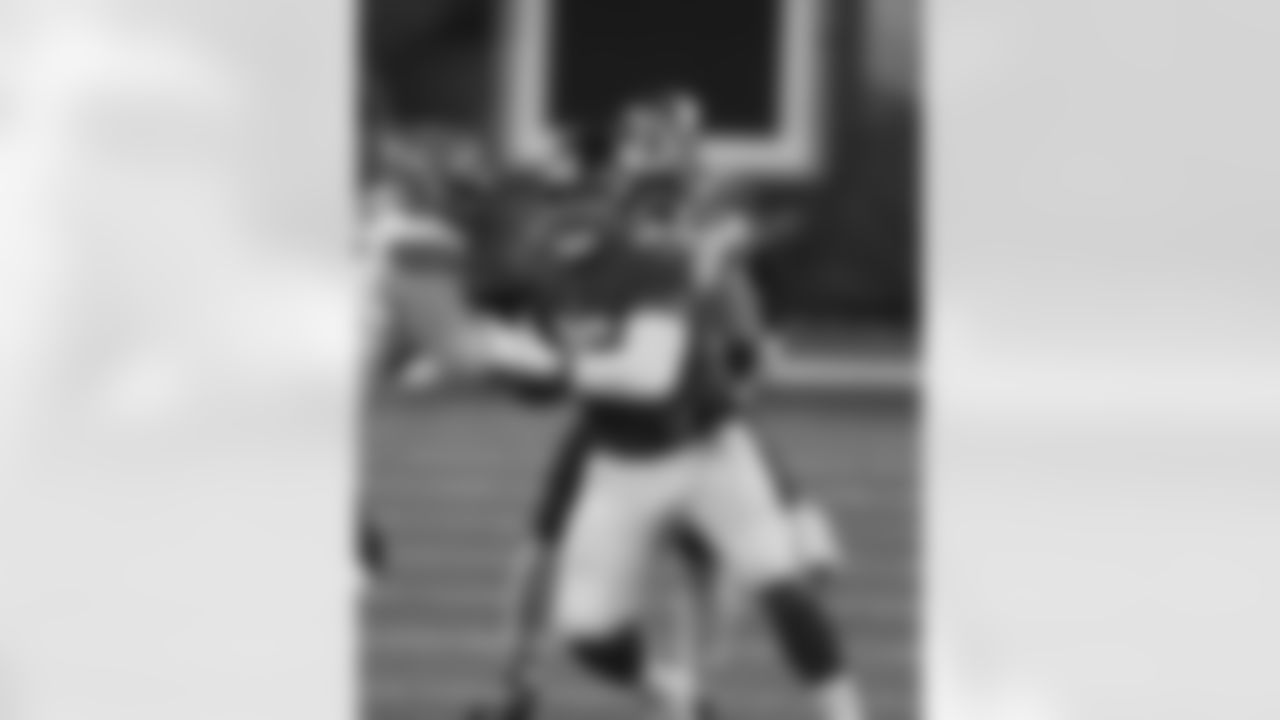
New York Giants defensive tackle B.J. Hill (95) during a week 15 regular season football game against the Cleveland Browns at MetLife Stadium on December 20th, 2020 in East Rutherford, New Jersey
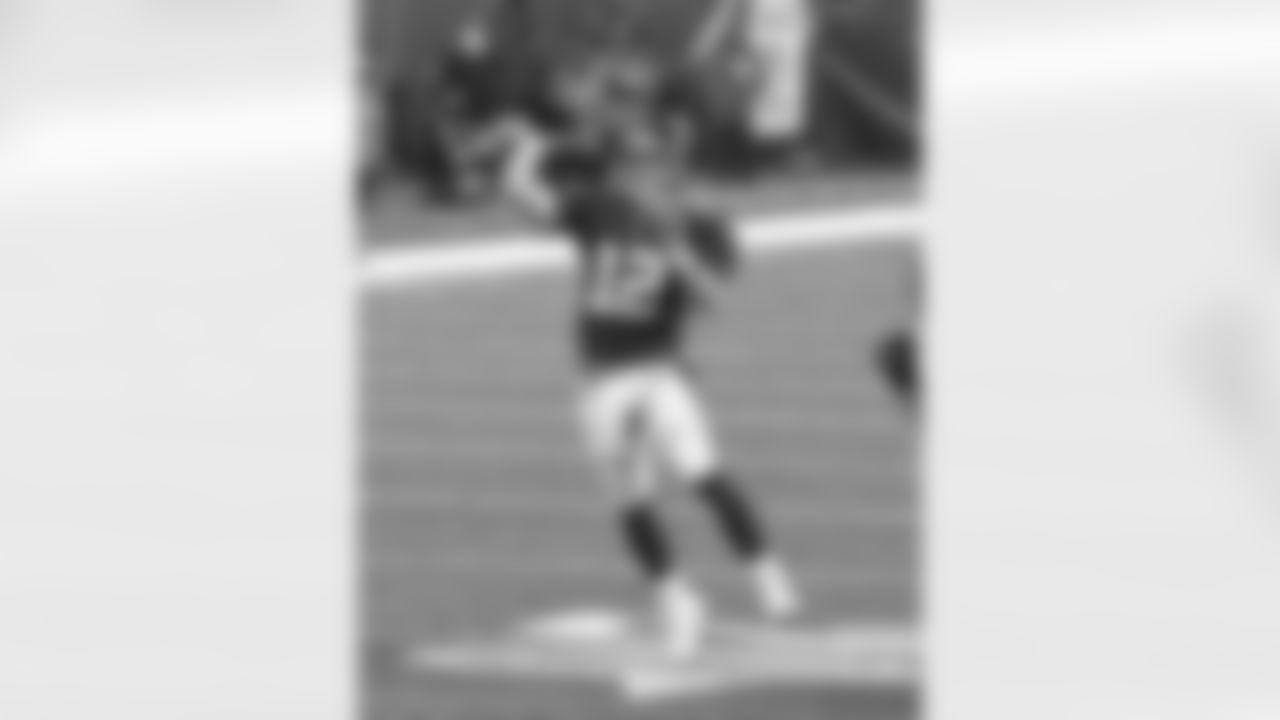
New York Giants quarterback Colt McCoy (12) during a week 15 regular season football game against the Cleveland Browns at MetLife Stadium on December 20th, 2020 in East Rutherford, New Jersey
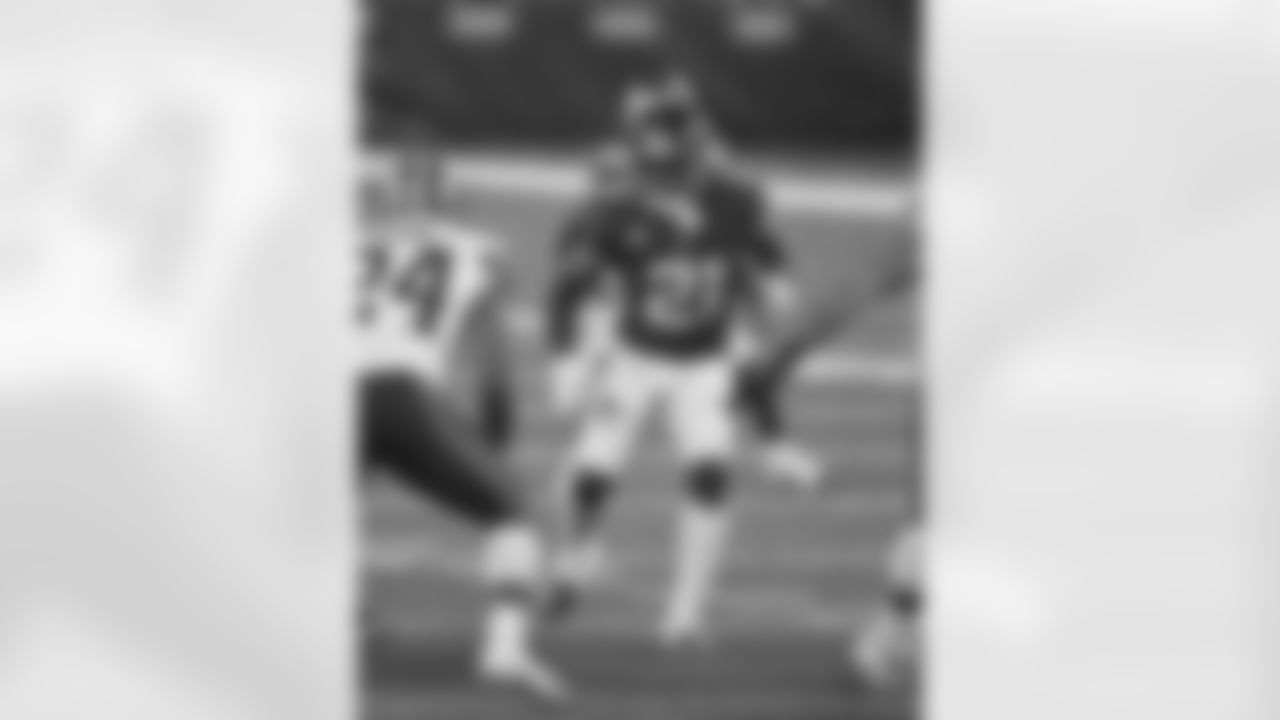
New York Giants safety Jabrill Peppers (21) during a week 15 regular season football game against the Cleveland Browns at MetLife Stadium on December 20th, 2020 in East Rutherford, New Jersey
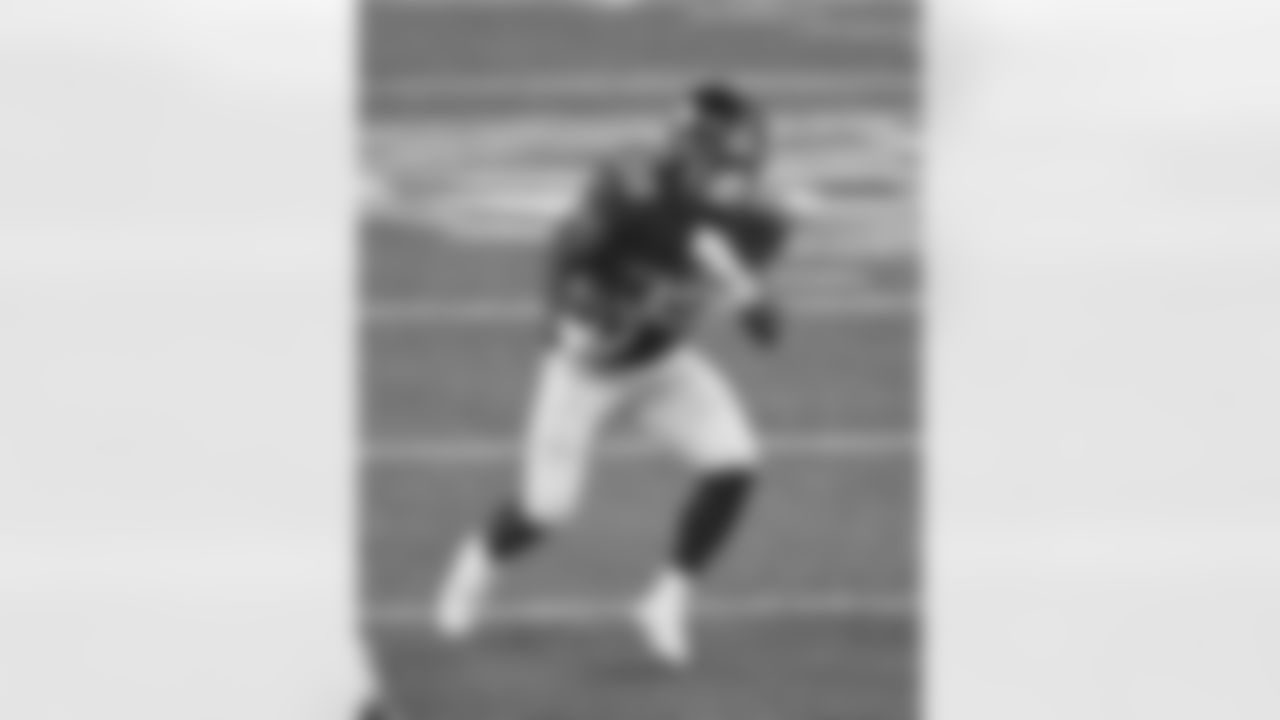
New York Giants running back Elijhaa Penny (39) during a week 15 regular season football game against the Cleveland Browns at MetLife Stadium on December 20th, 2020 in East Rutherford, New Jersey
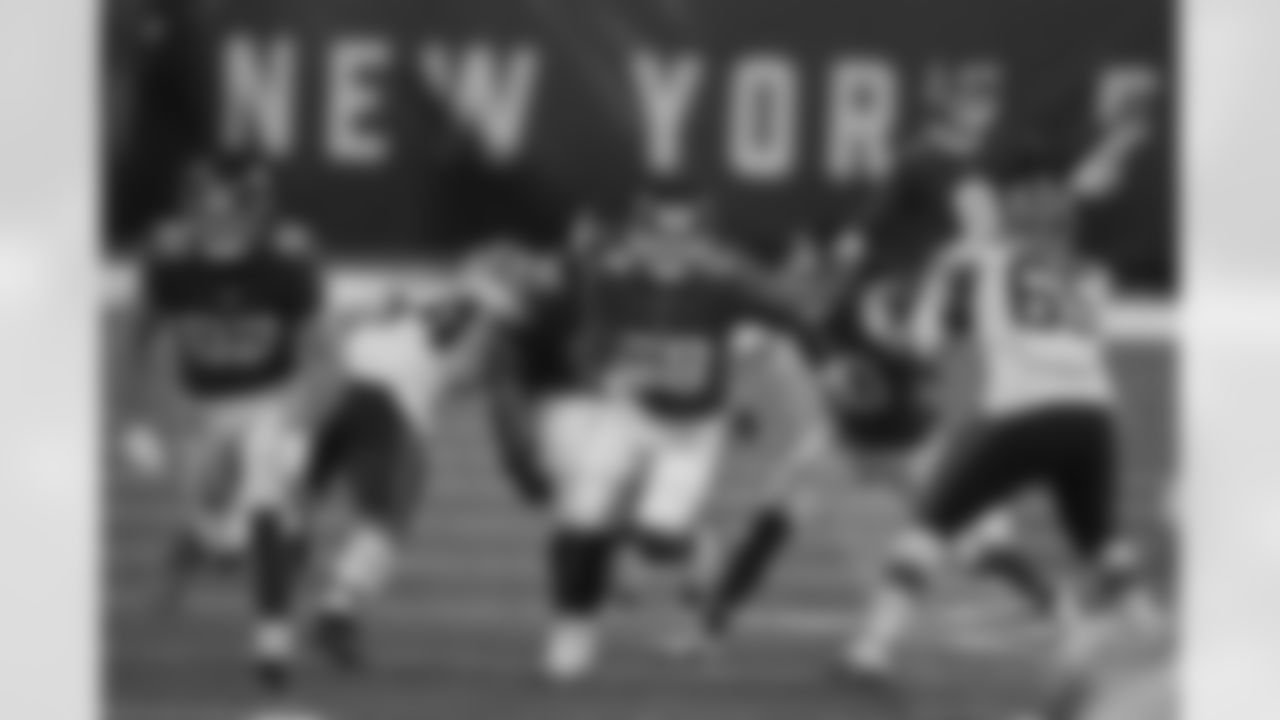
New York Giants long snapper Casey Kreiter (58) during a week 15 regular season football game against the Cleveland Browns at MetLife Stadium on December 20th, 2020 in East Rutherford, New Jersey
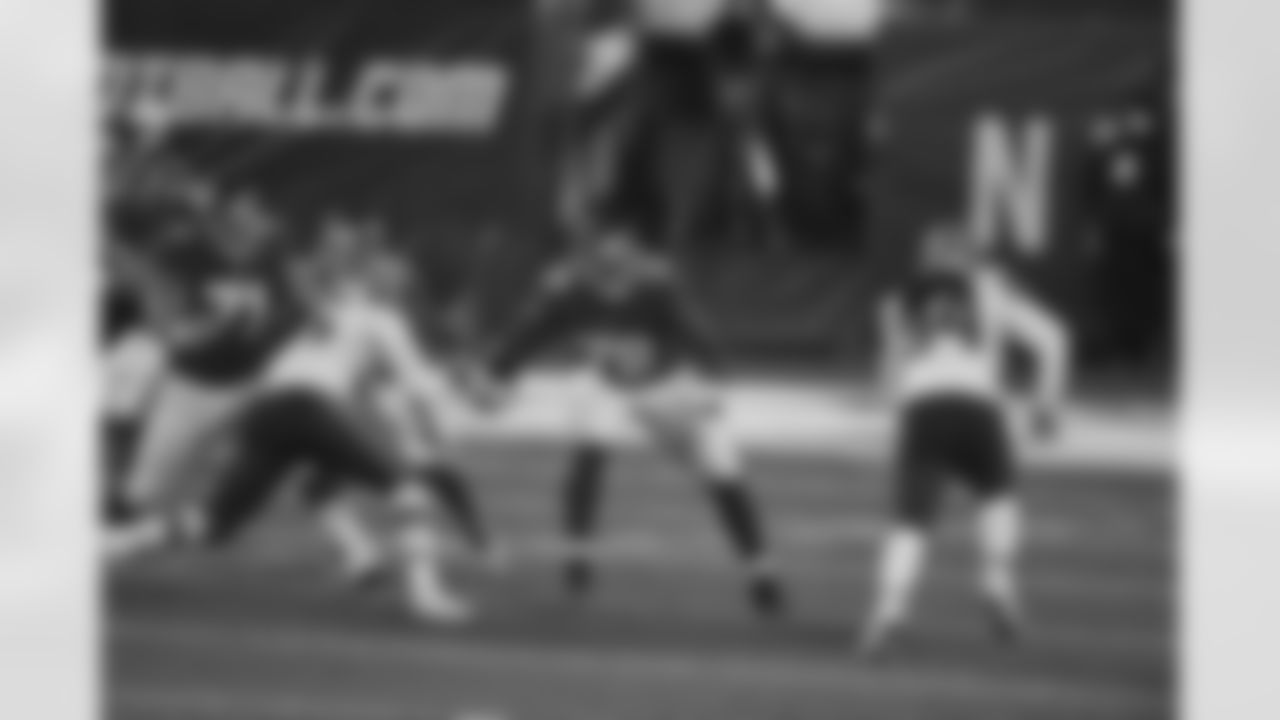
New York Giants offensive tackle Andrew Thomas (78) during a week 15 regular season football game against the Cleveland Browns at MetLife Stadium on December 20th, 2020 in East Rutherford, New Jersey
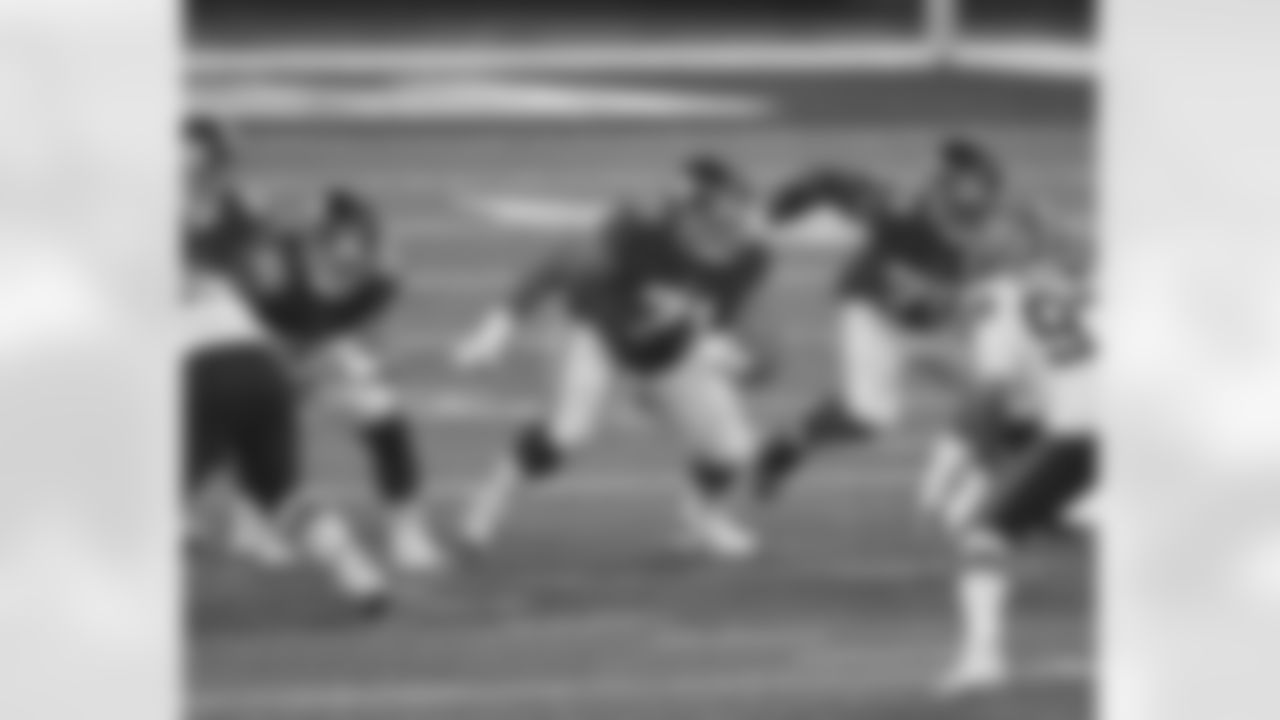
New York Giants center Nick Gates (65) Will Hernandez (71) and Andrew Thomas (78) during a week 15 regular season football game against the Cleveland Browns at MetLife Stadium on December 20th, 2020 in East Rutherford, New Jersey
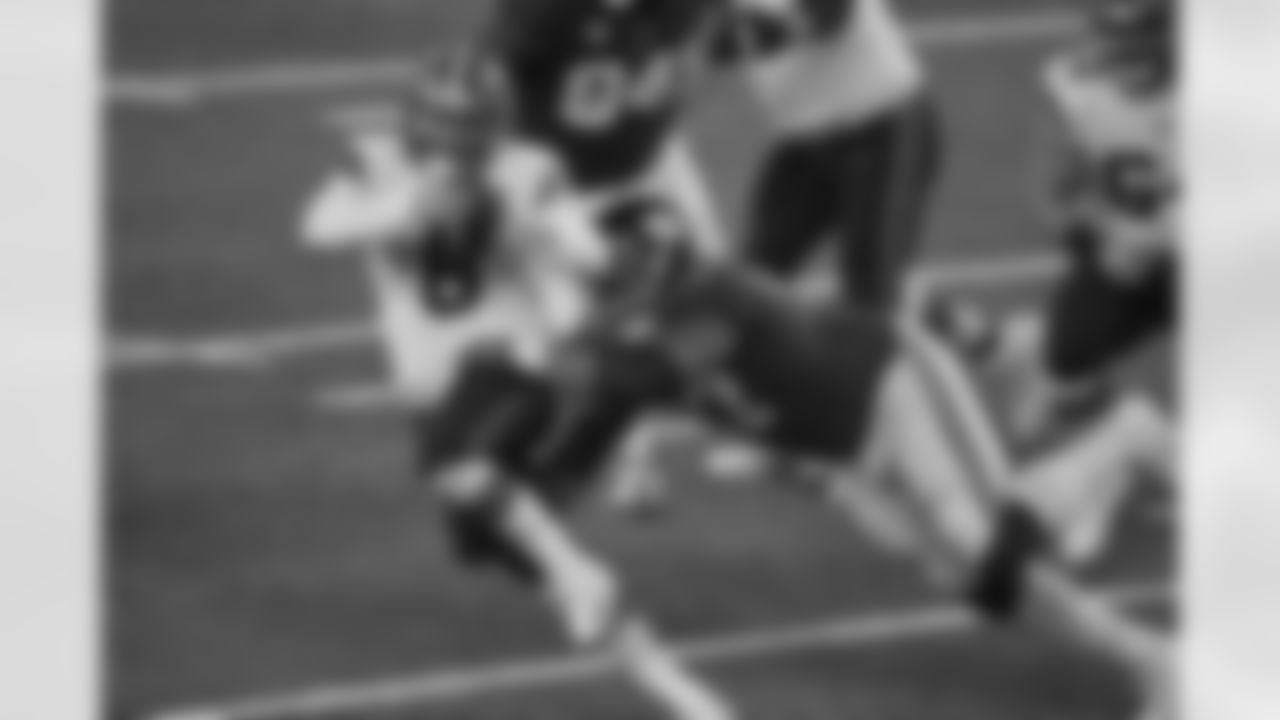
New York Giants defensive tackle Dexter Lawrence (97) sacks Cleveland Browns quarterback Baker Mayfield (6) during a week 15 regular season football game against the Cleveland Browns at MetLife Stadium on December 20th, 2020 in East Rutherford, New Jersey
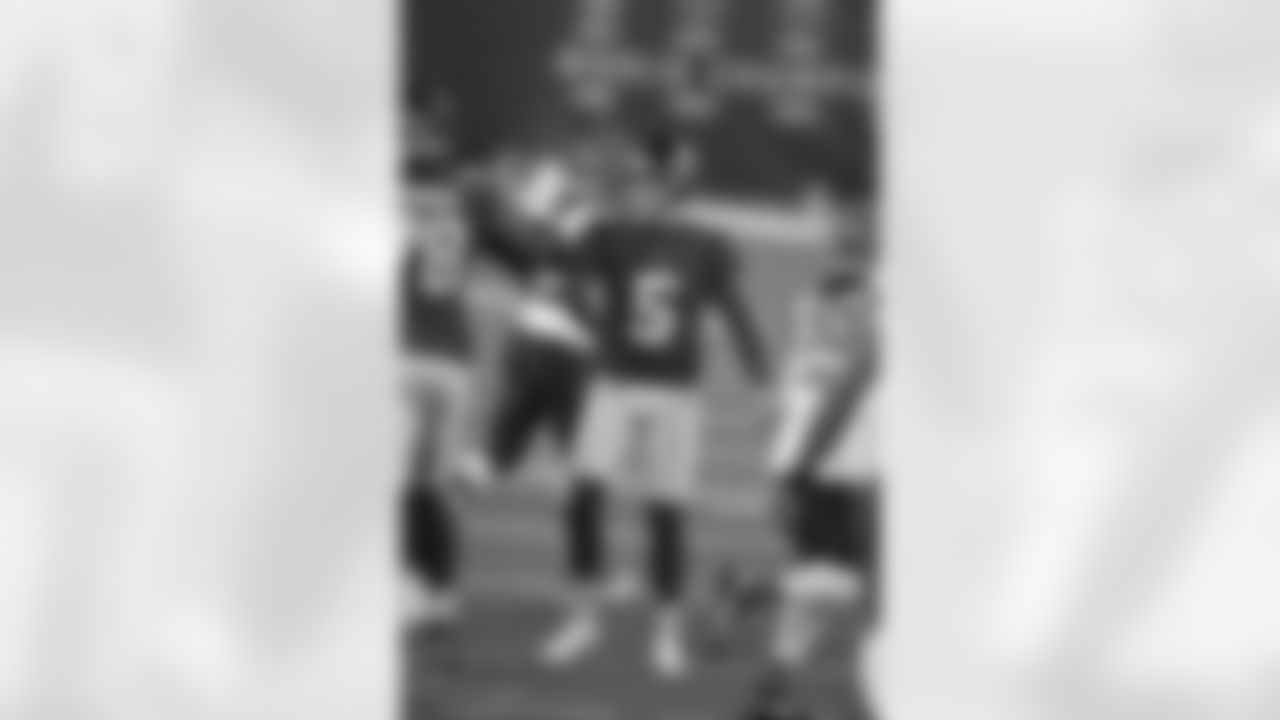
New York Giants place kicker Graham Gano (5) kicks a field goal during a week 15 regular season football game against the Cleveland Browns at MetLife Stadium on December 20th, 2020 in East Rutherford, New Jersey
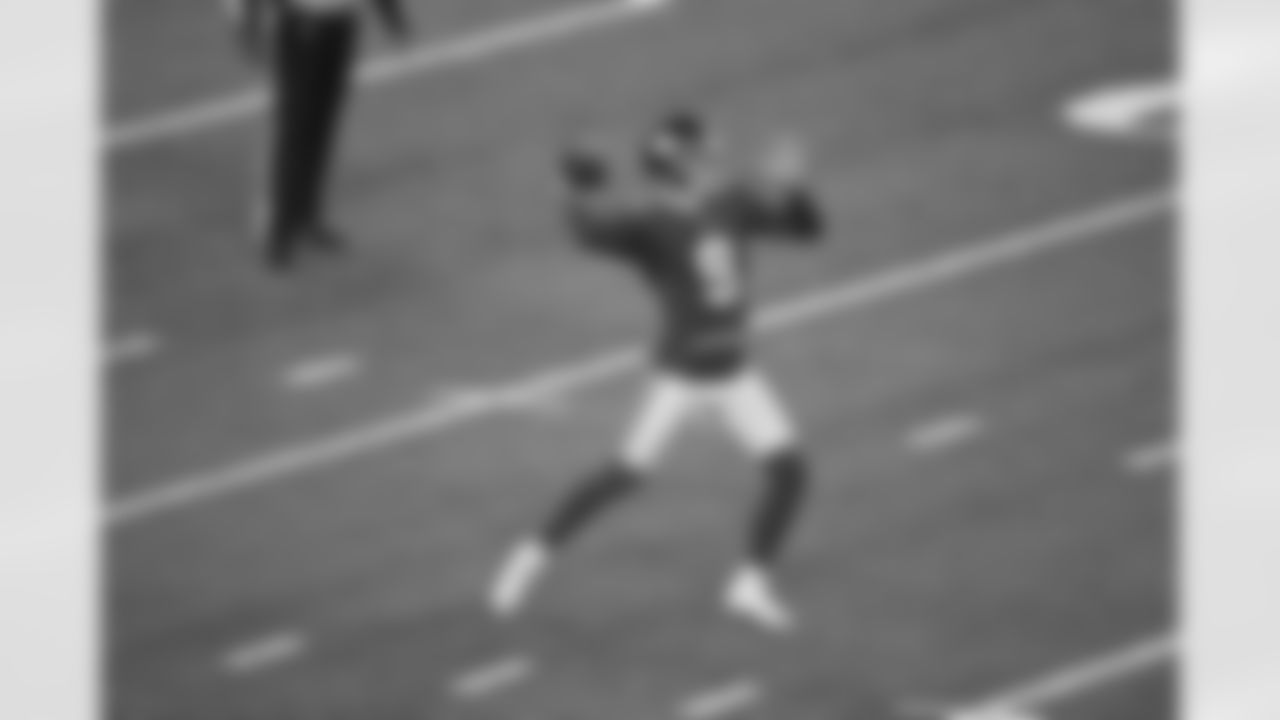
New York Giants punter Riley Dixon (9) throws a pass on a fake field goal during a week 15 regular season football game against the Cleveland Browns at MetLife Stadium on December 20th, 2020 in East Rutherford, New Jersey
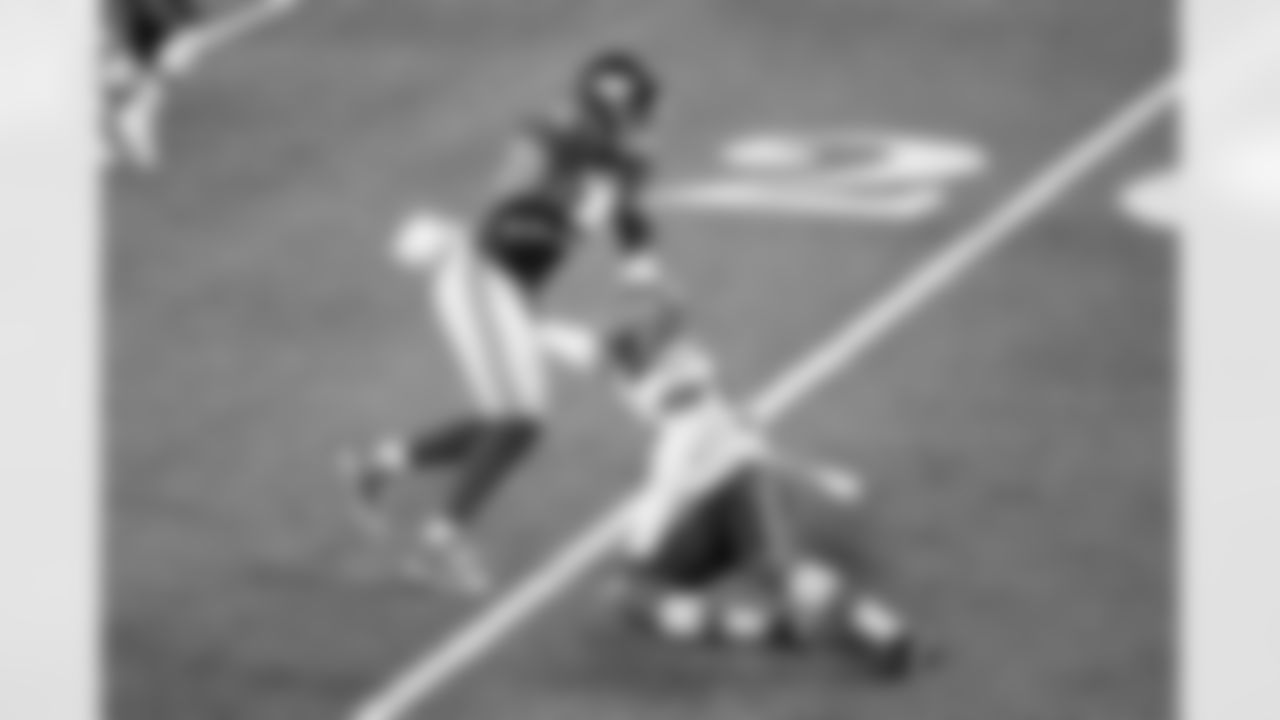
Levine Toilolo (85)
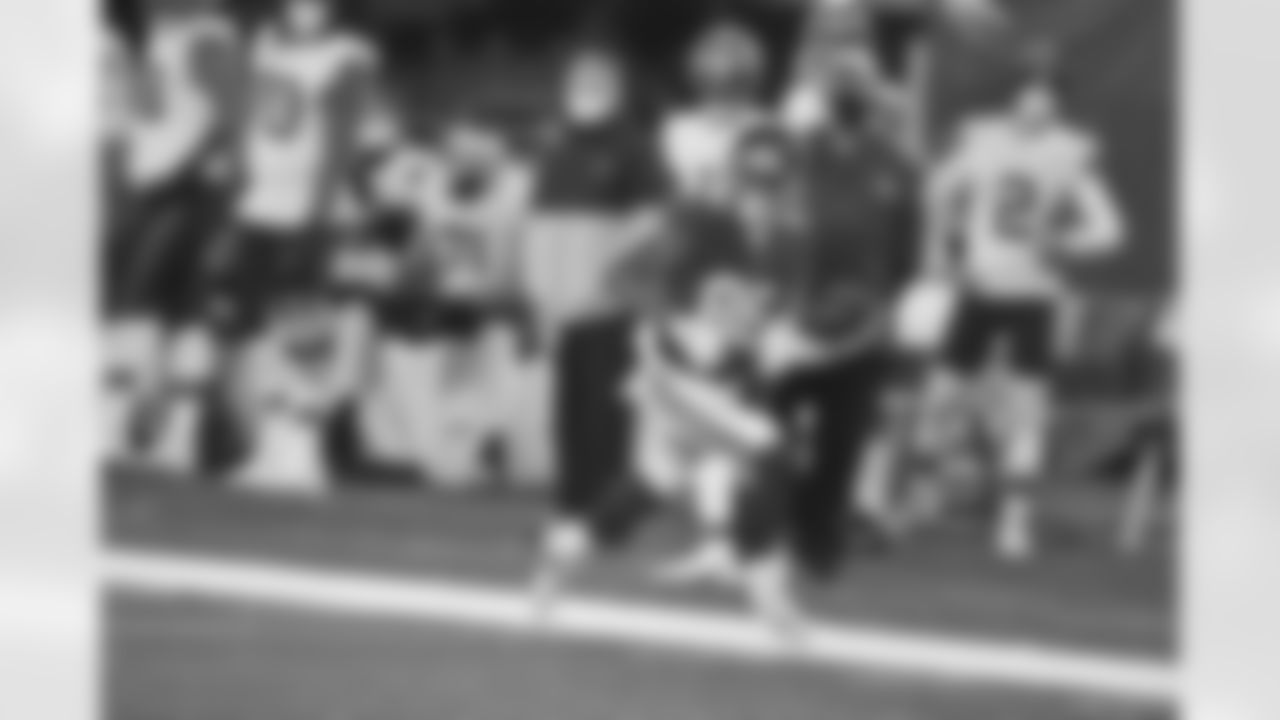
New York Giants wide receiver Darius Slayton (86) makes a catch during a week 15 regular season football game against the Cleveland Browns at MetLife Stadium on December 20th, 2020 in East Rutherford, New Jersey
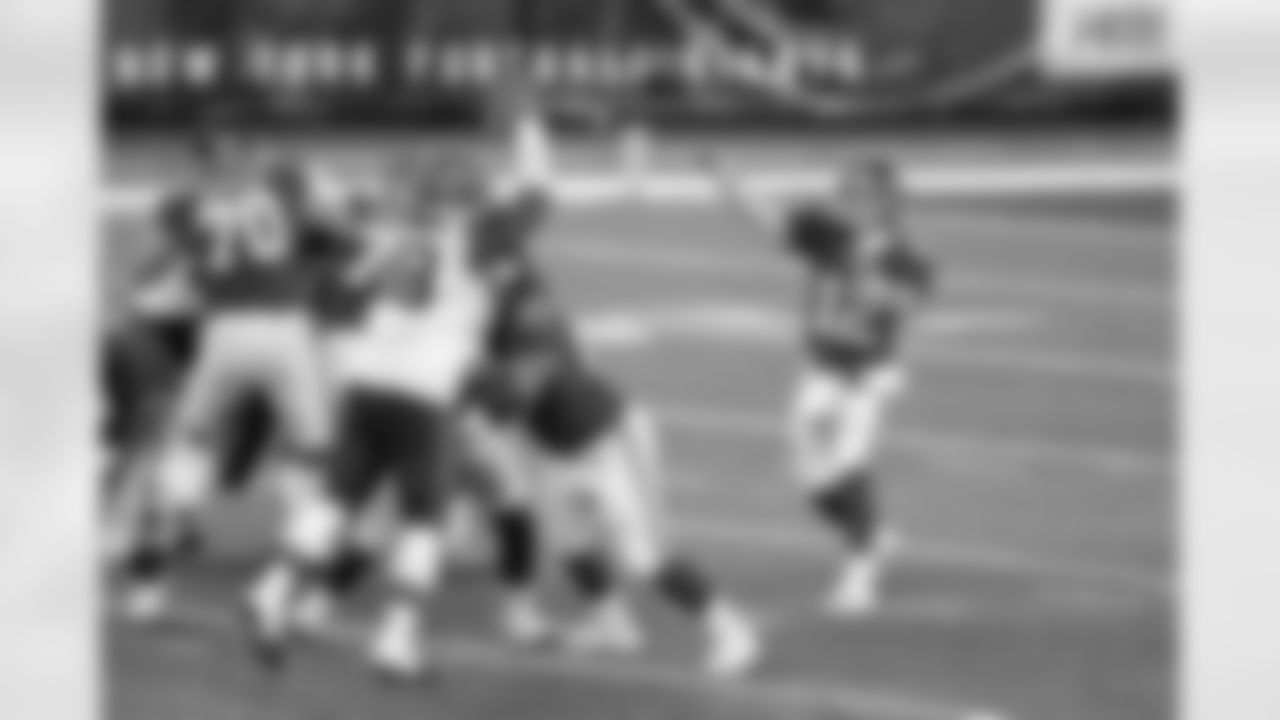
Colt McCoy (12),
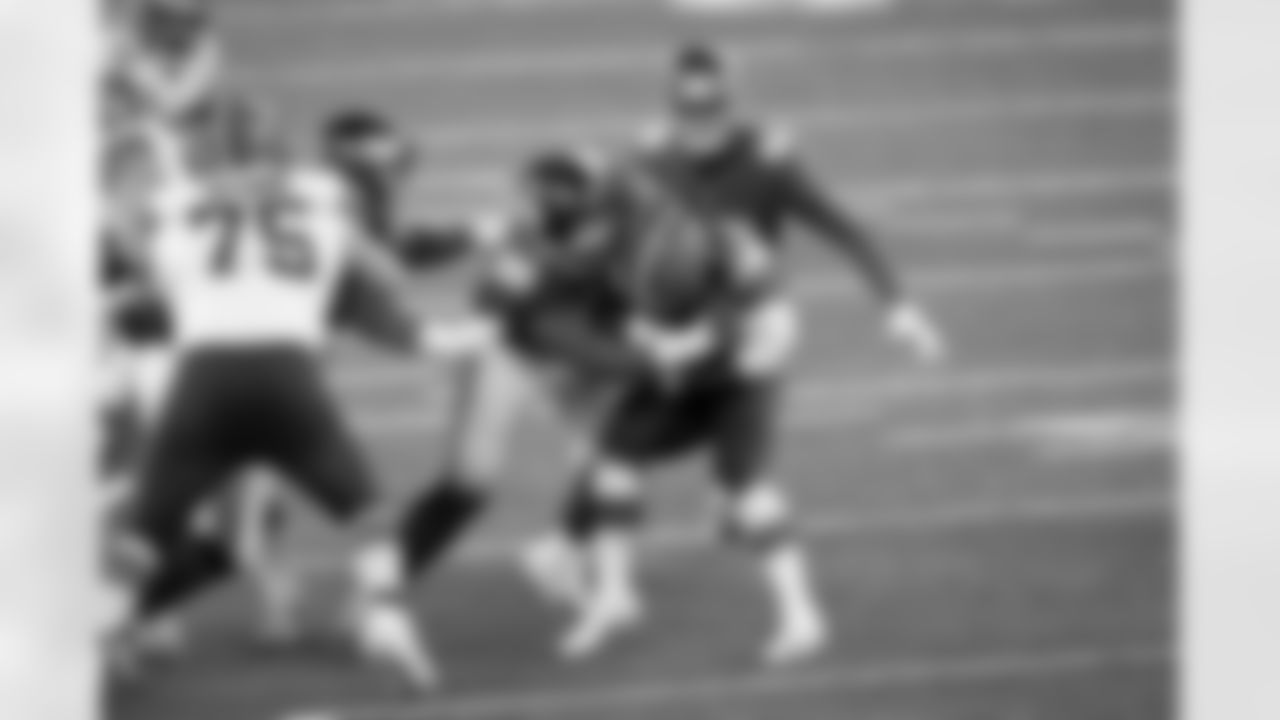
Austin Johnson (98)
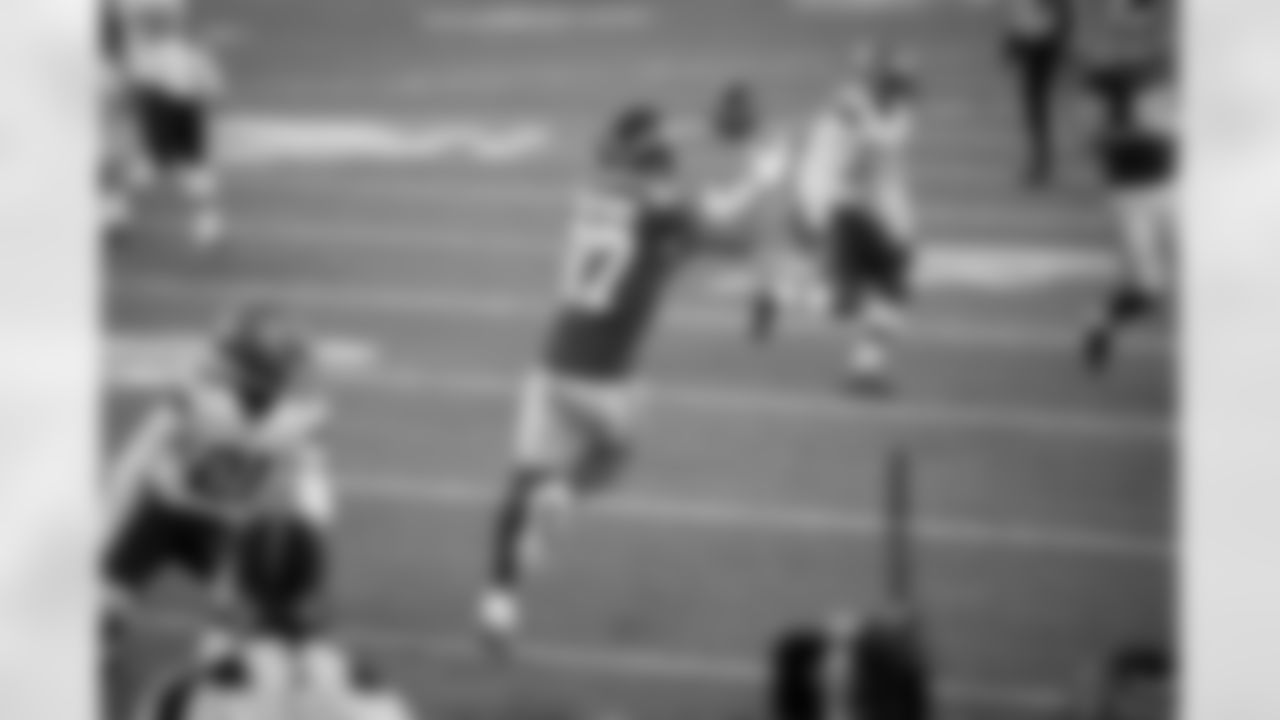
Sterling Shepard (87)
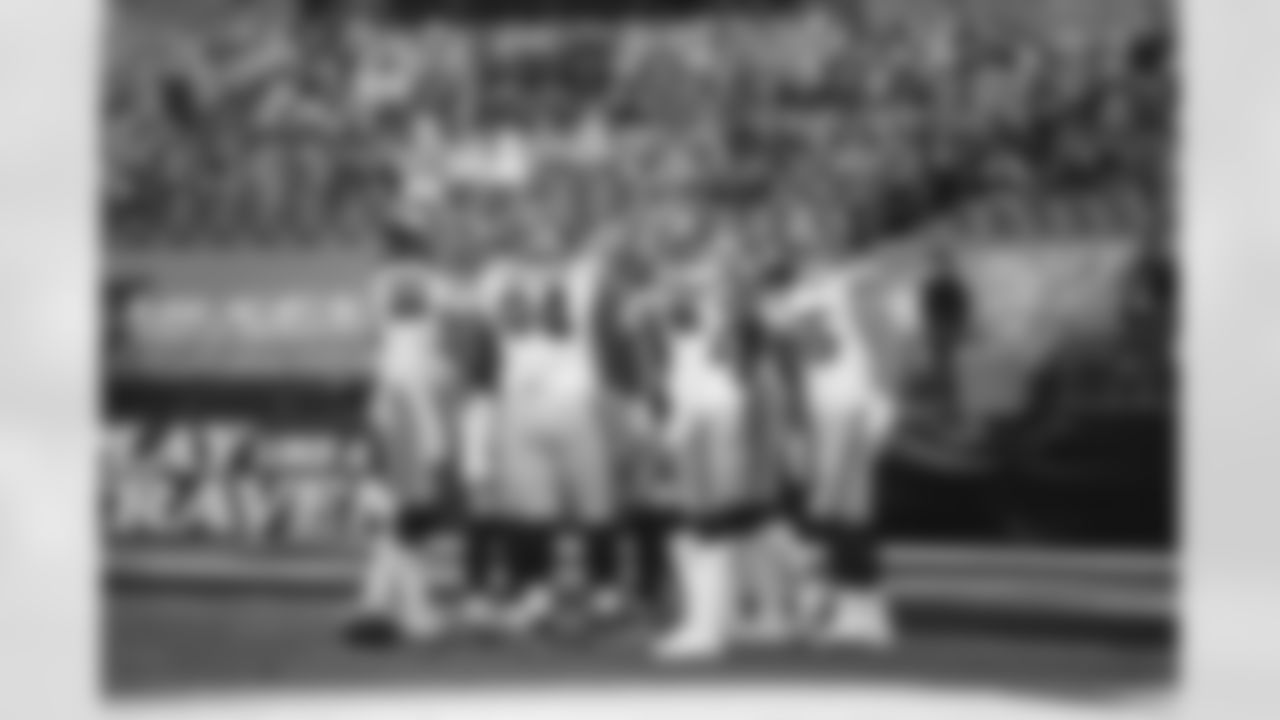
Leonard Williams (99), Dalvin Tomlinson (94), James Bradberry (24), David Mayo (55),
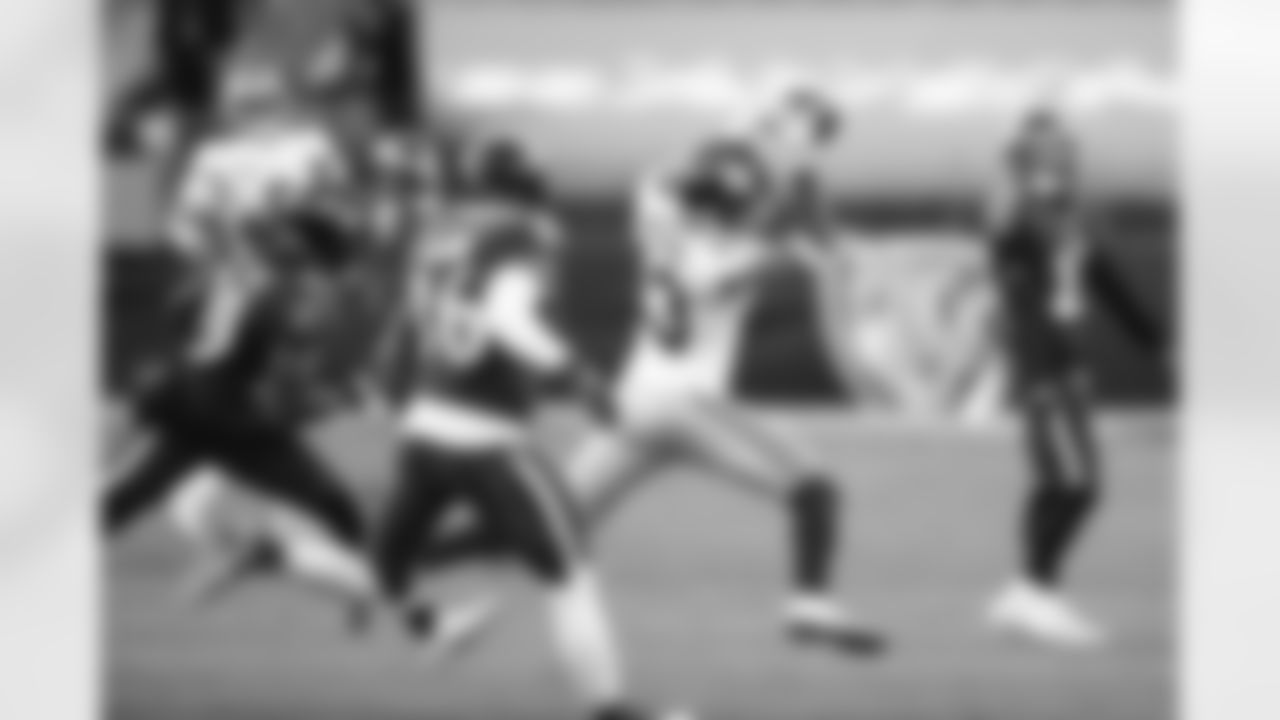
Dante Pettis (13)
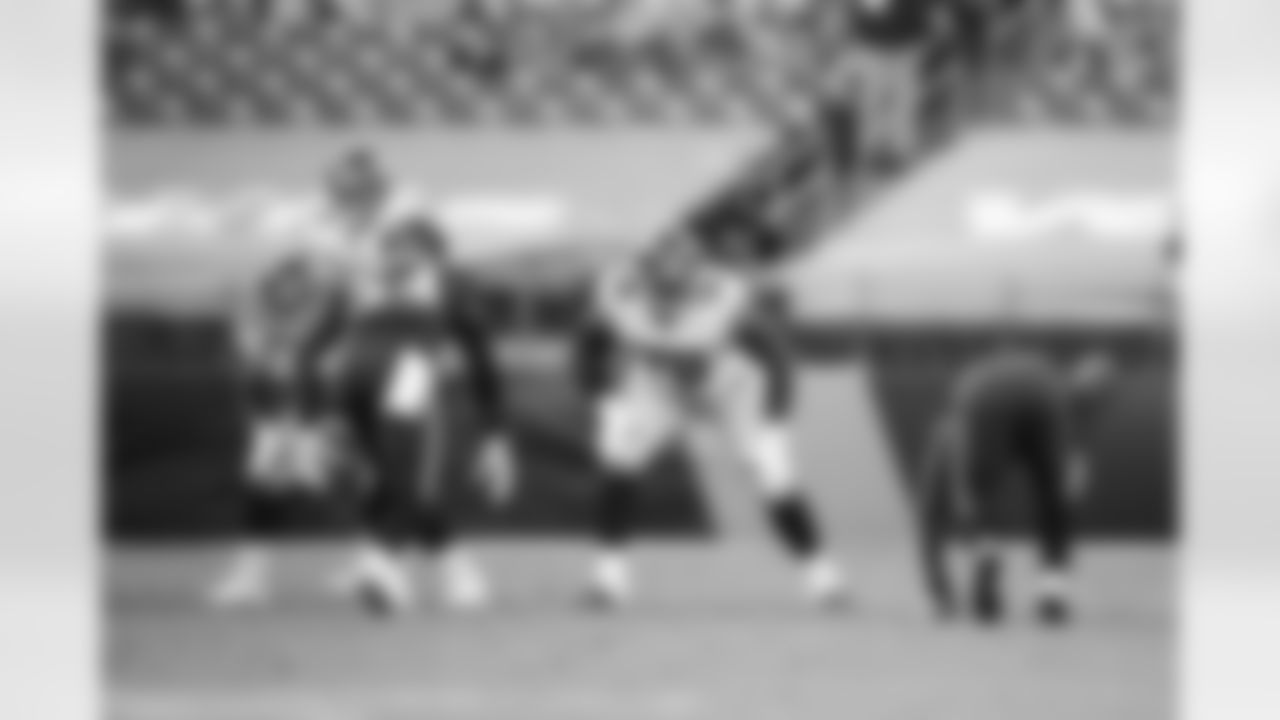
Andrew Thomas (78)
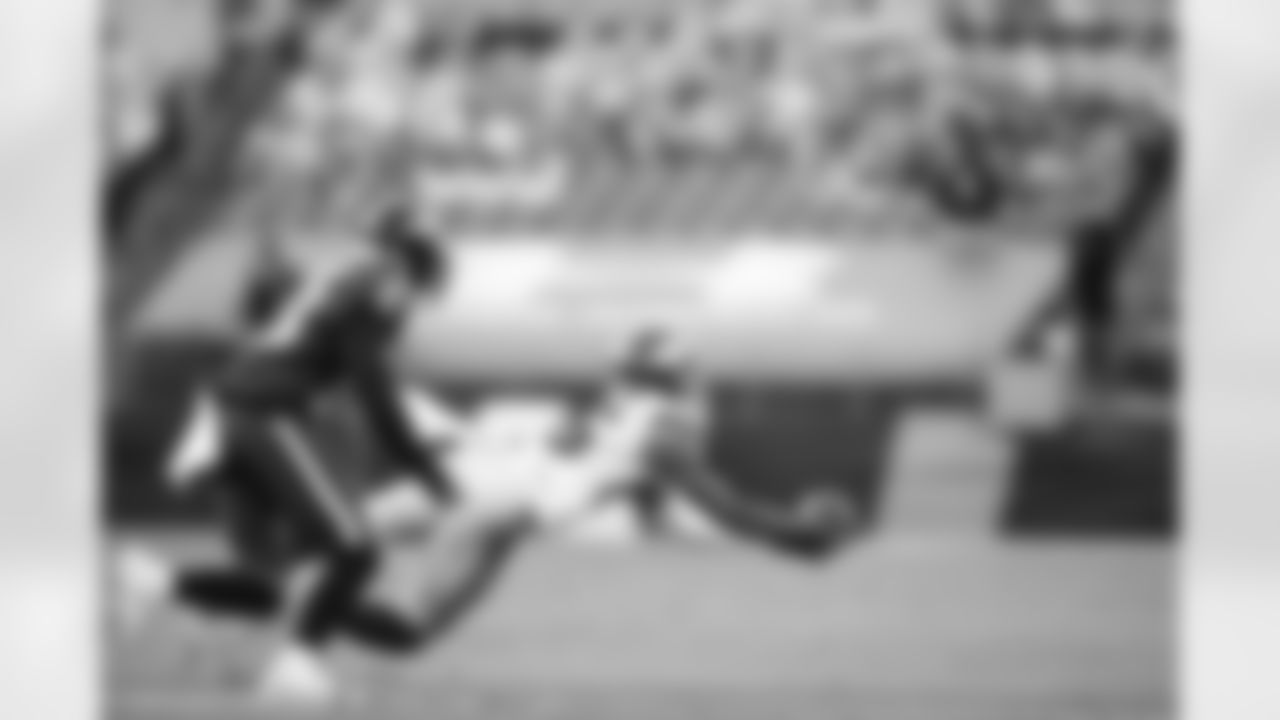
Darius Slayton (86)
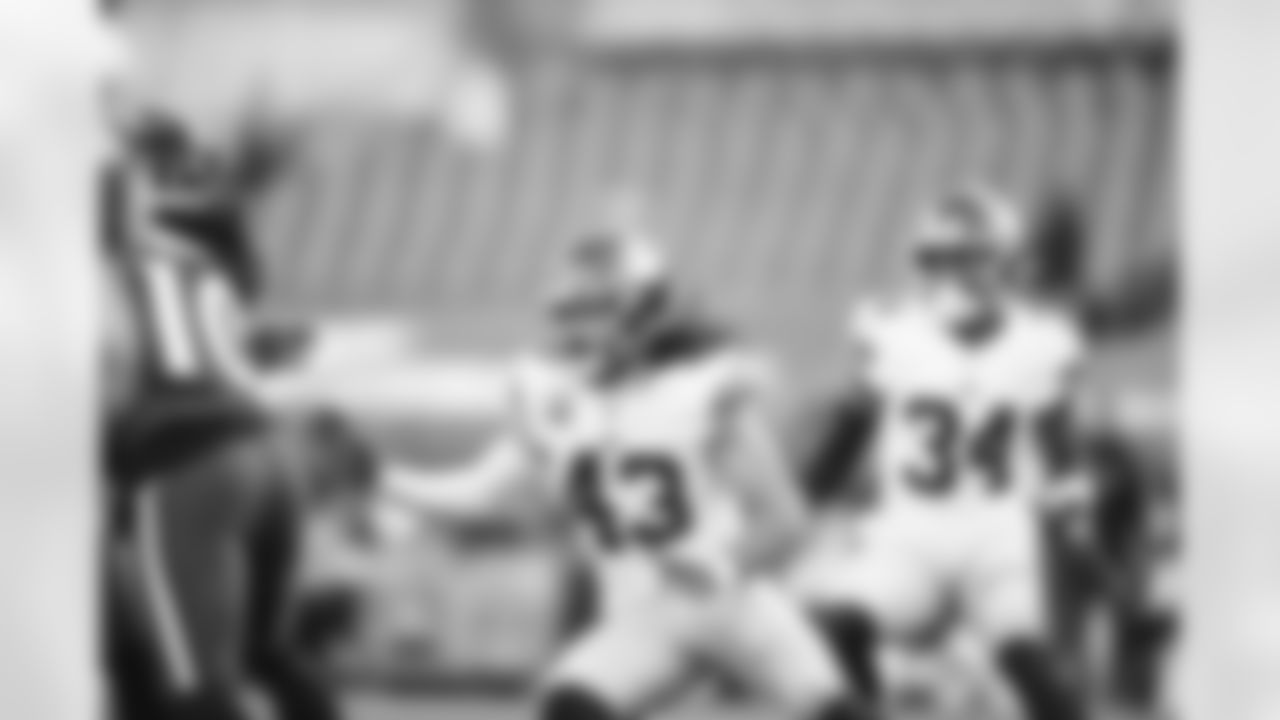
Nate Ebner (43)
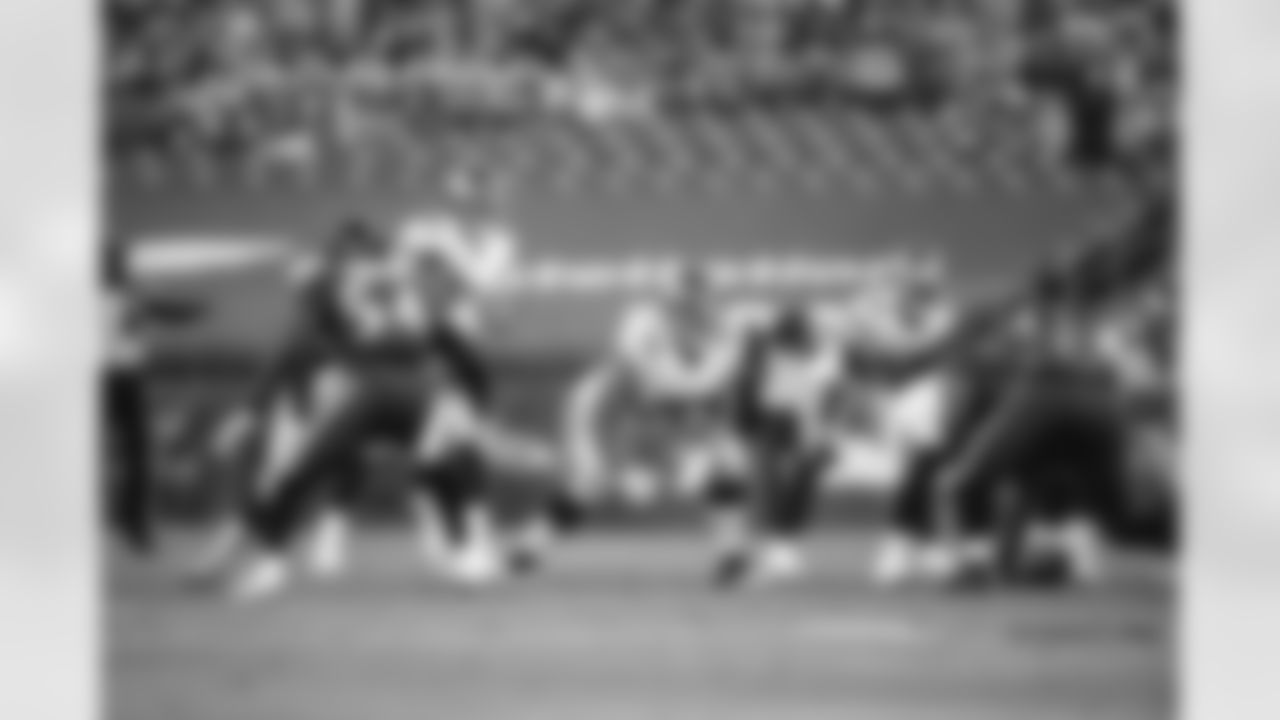
Kevin Zeitler (70),
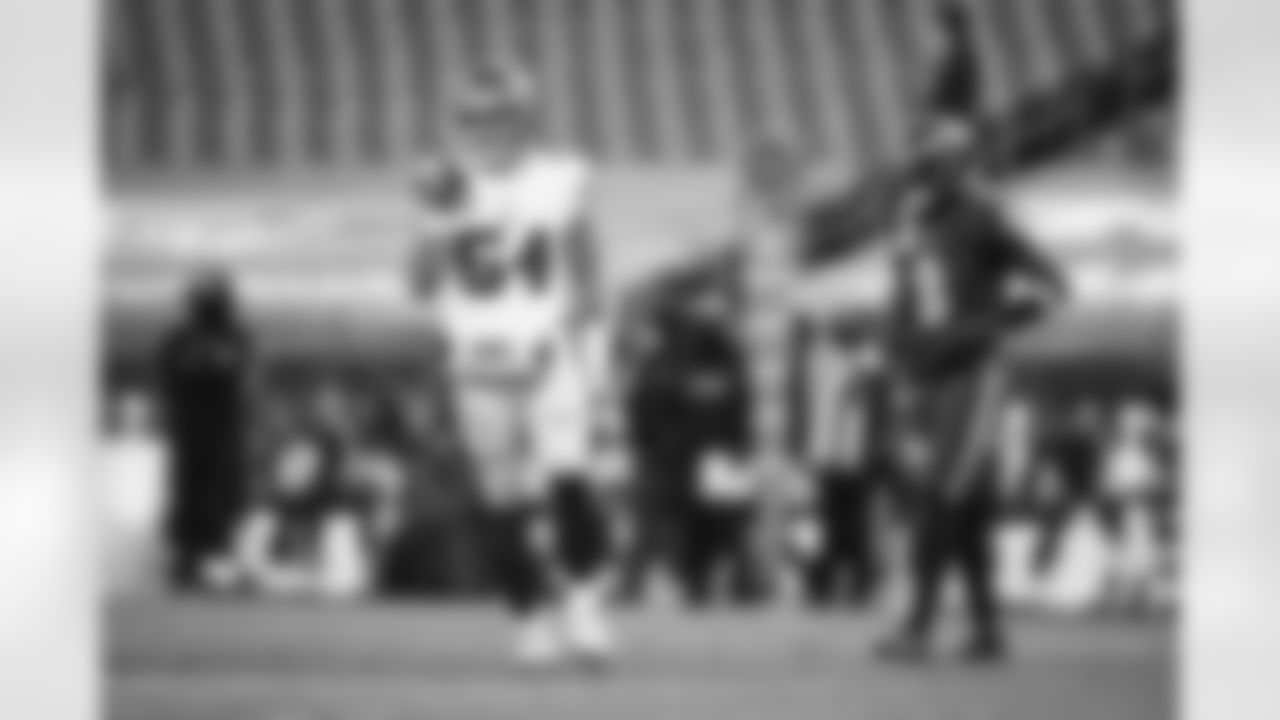
Blake Martinez (54)
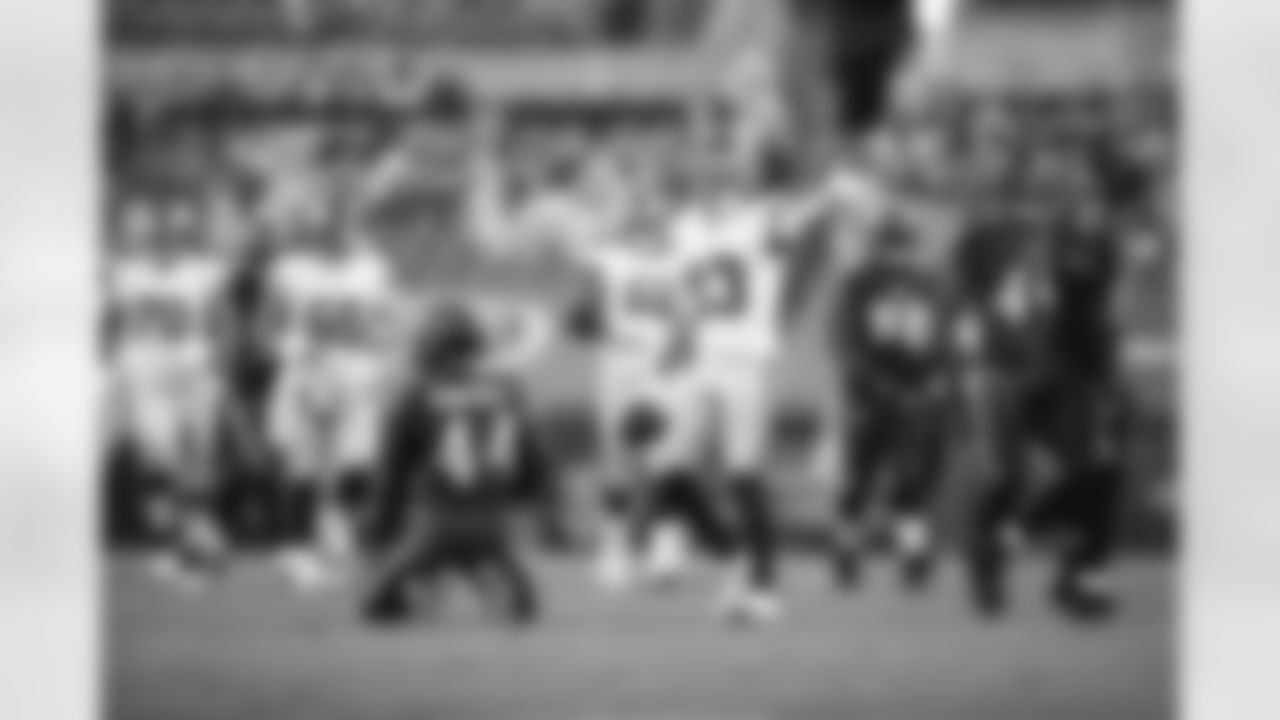
Dante Pettis (13)
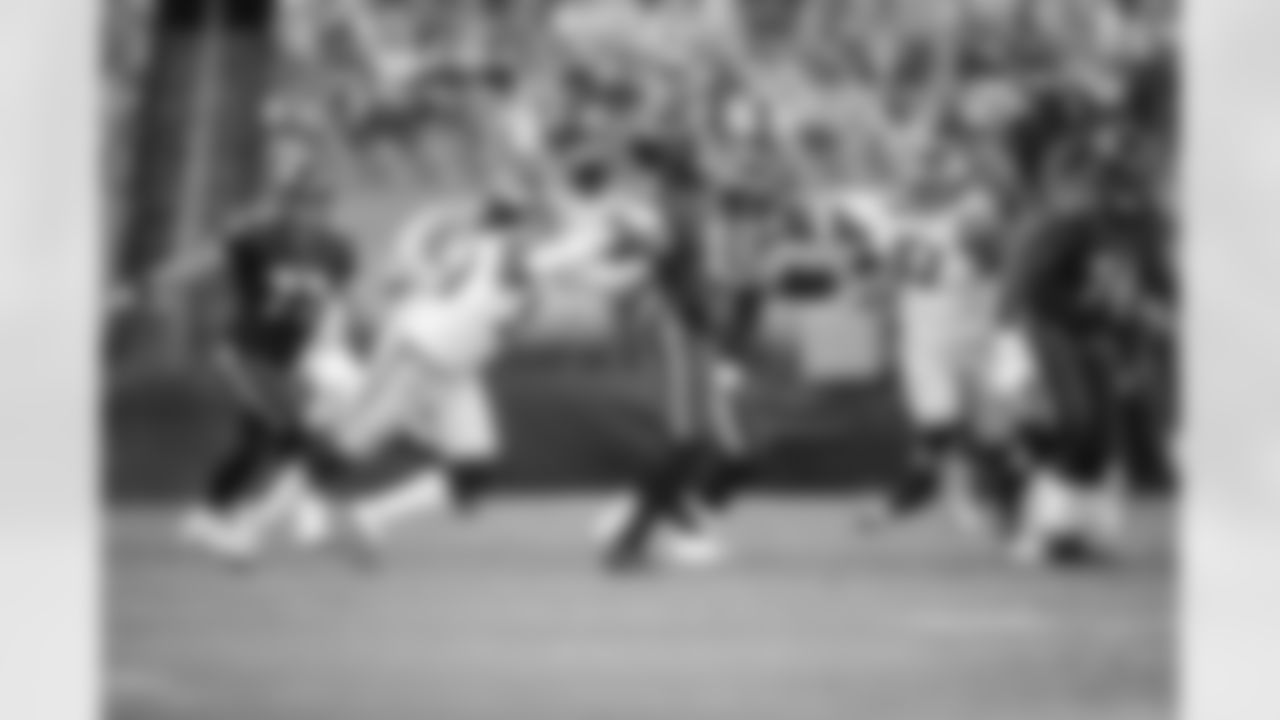
Leonard Williams (99)
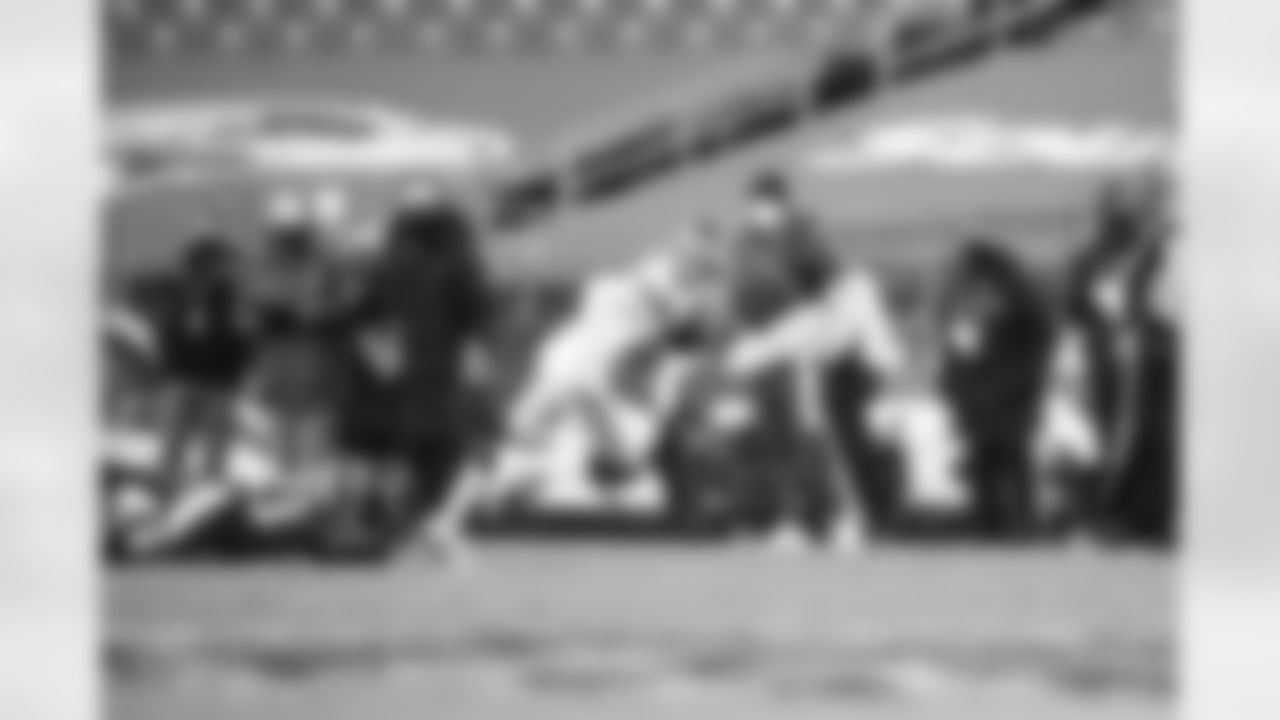
C.J. Board (18)
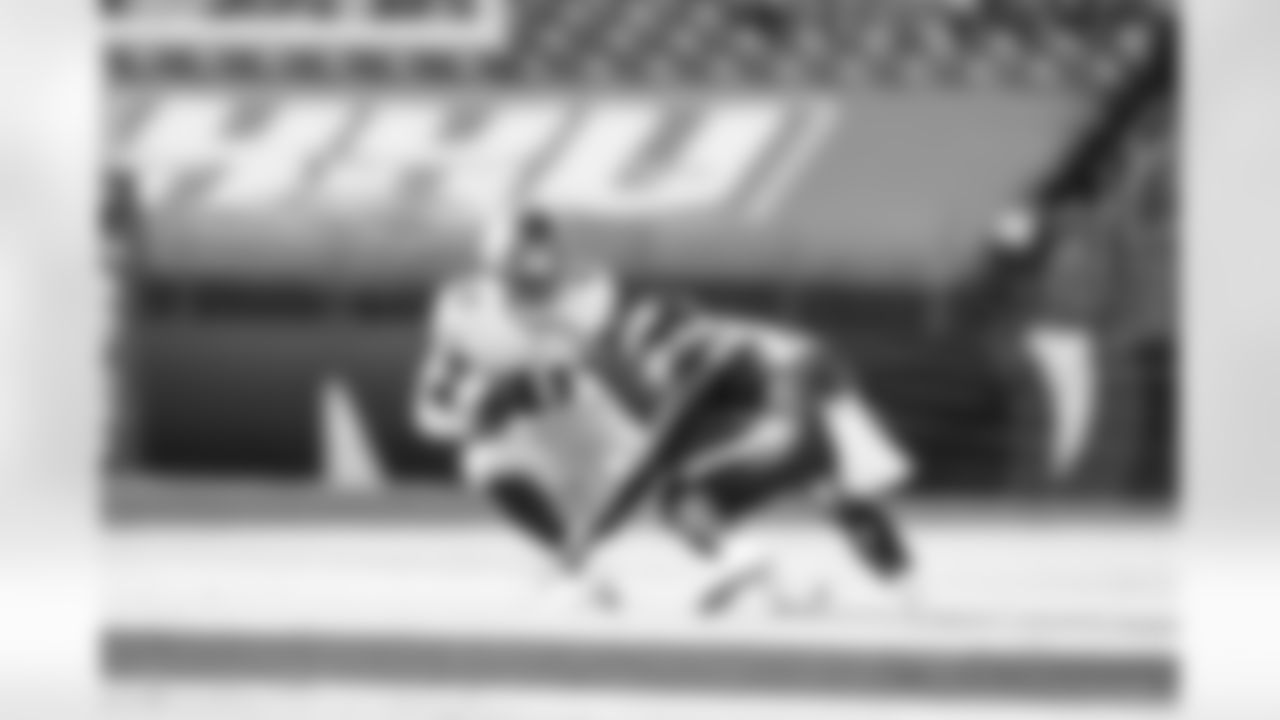
Alfred Morris (41)
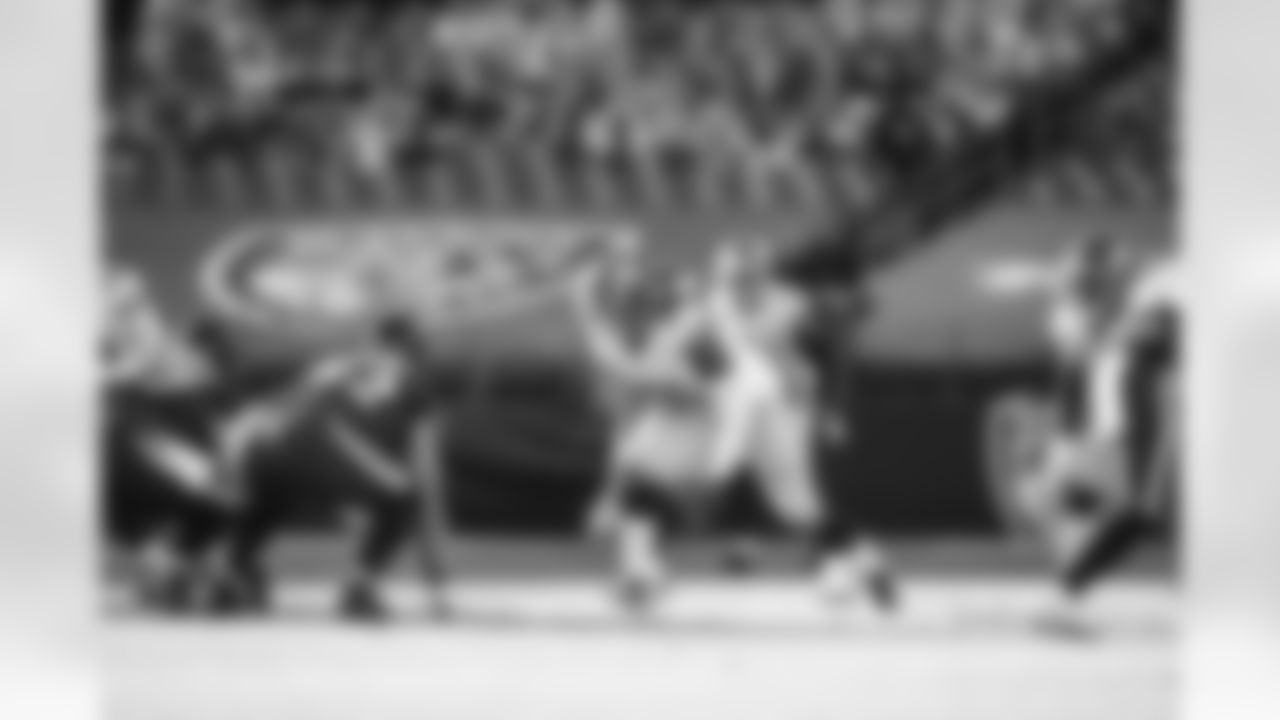
Jabaal Sheard (91)
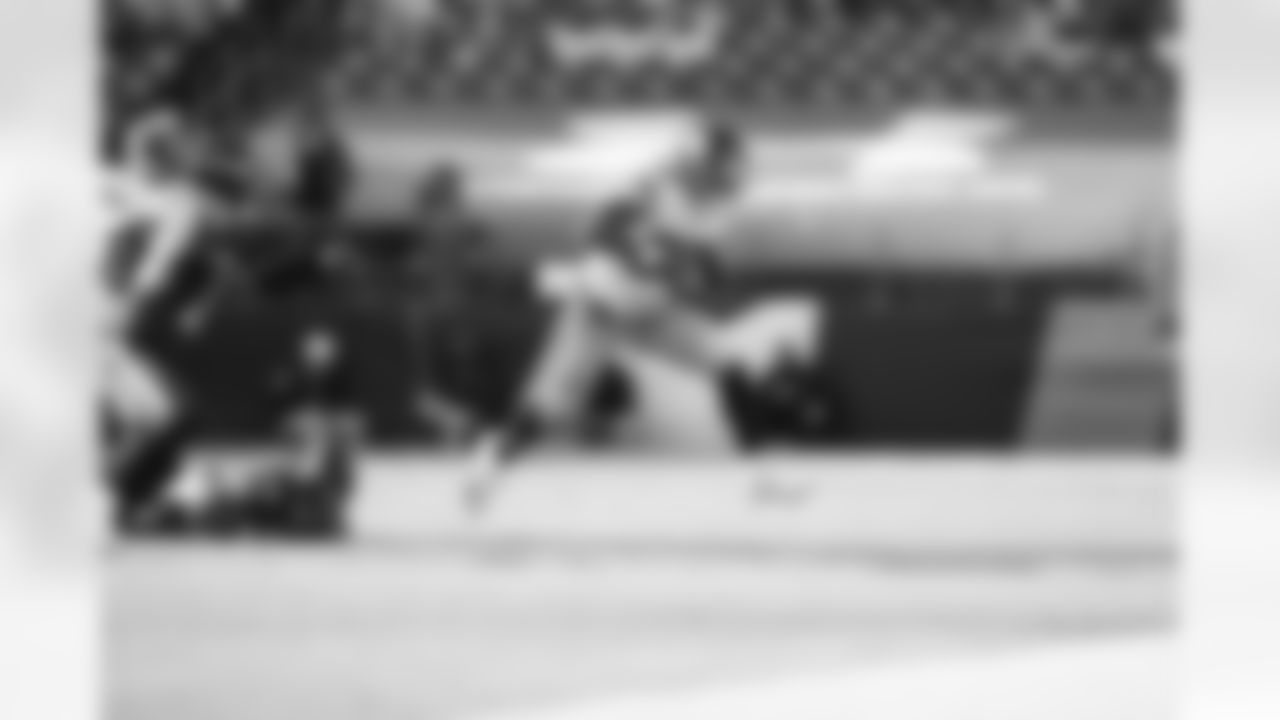
Evan Engram (88)
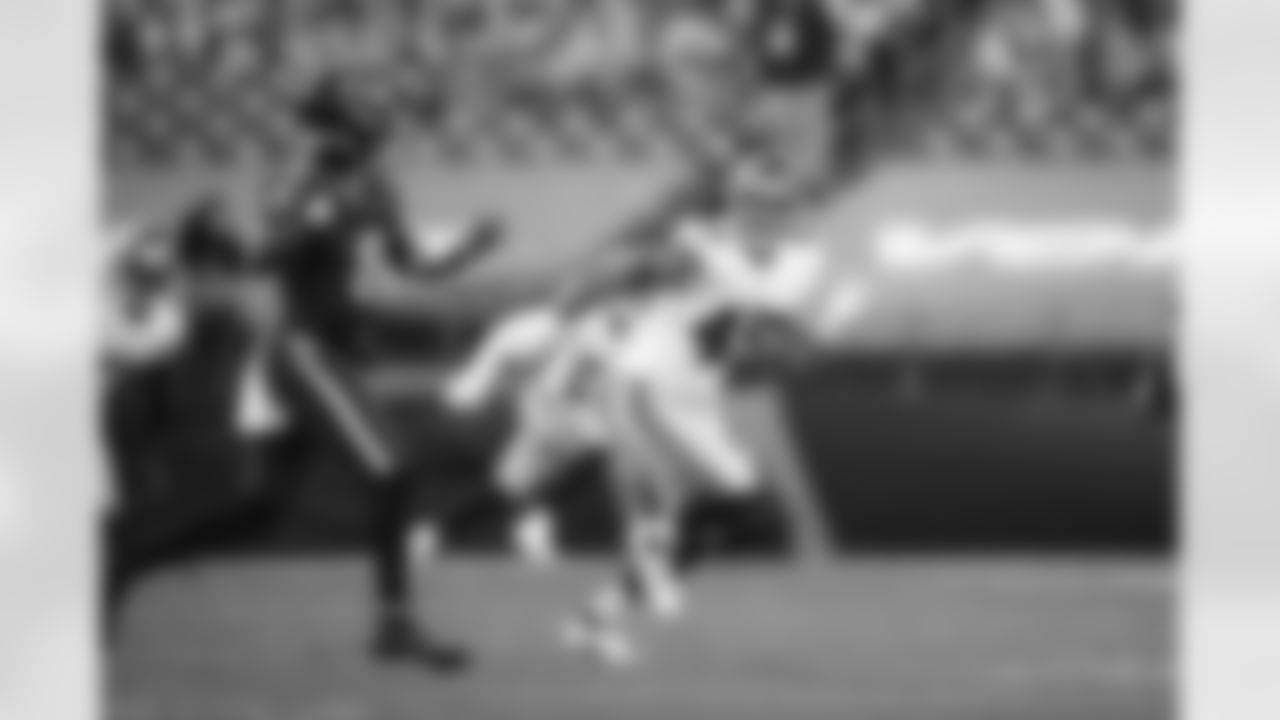
Carter Coughlin (49)
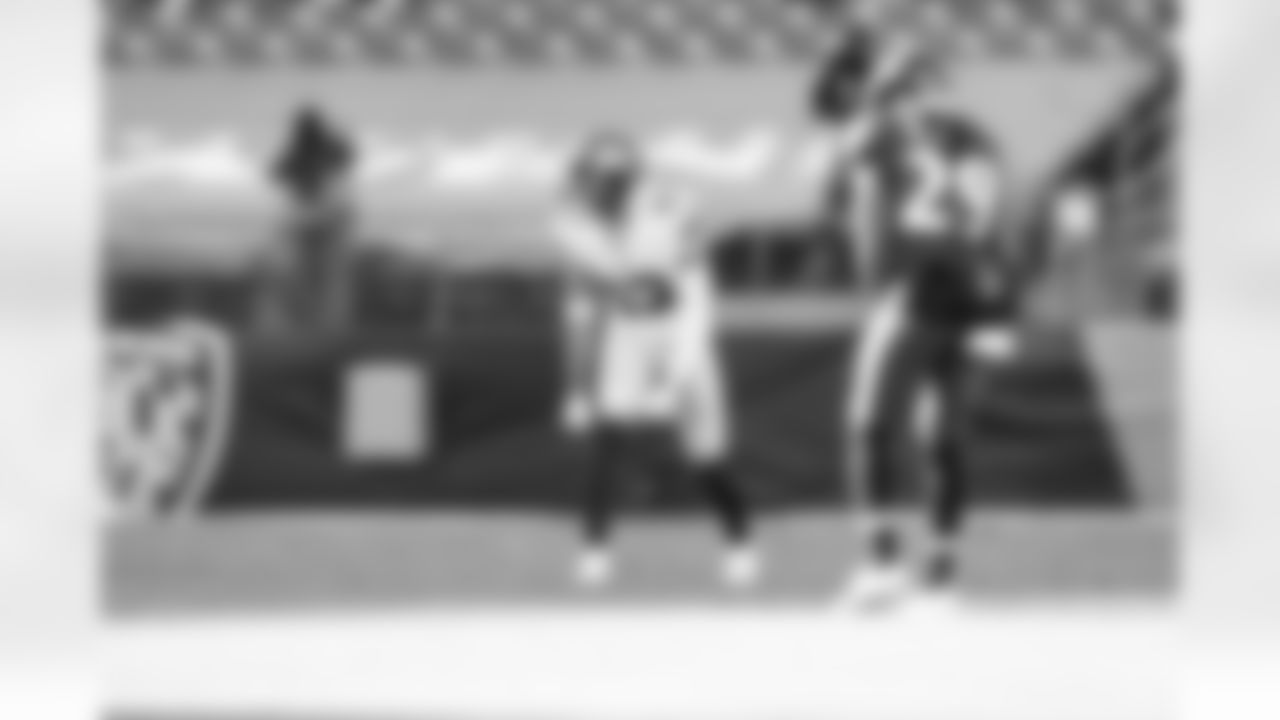
Dante Pettis (13)
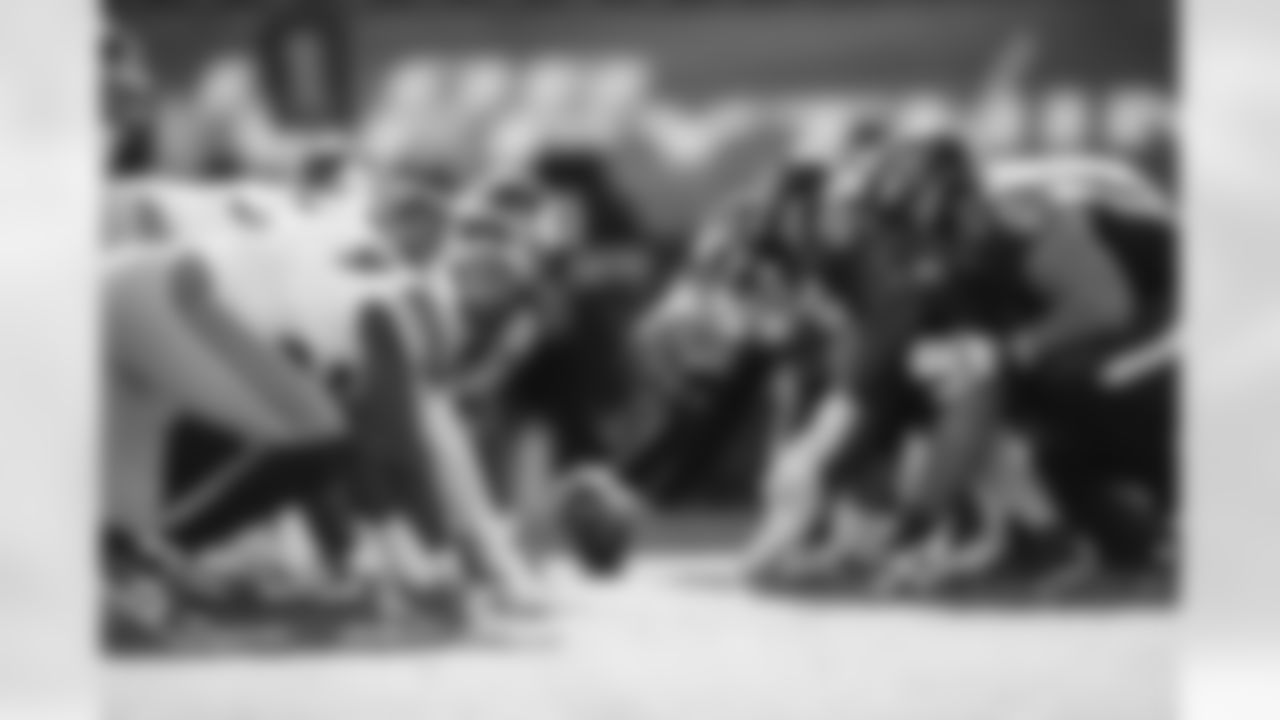
Isaac Yiadom (27)
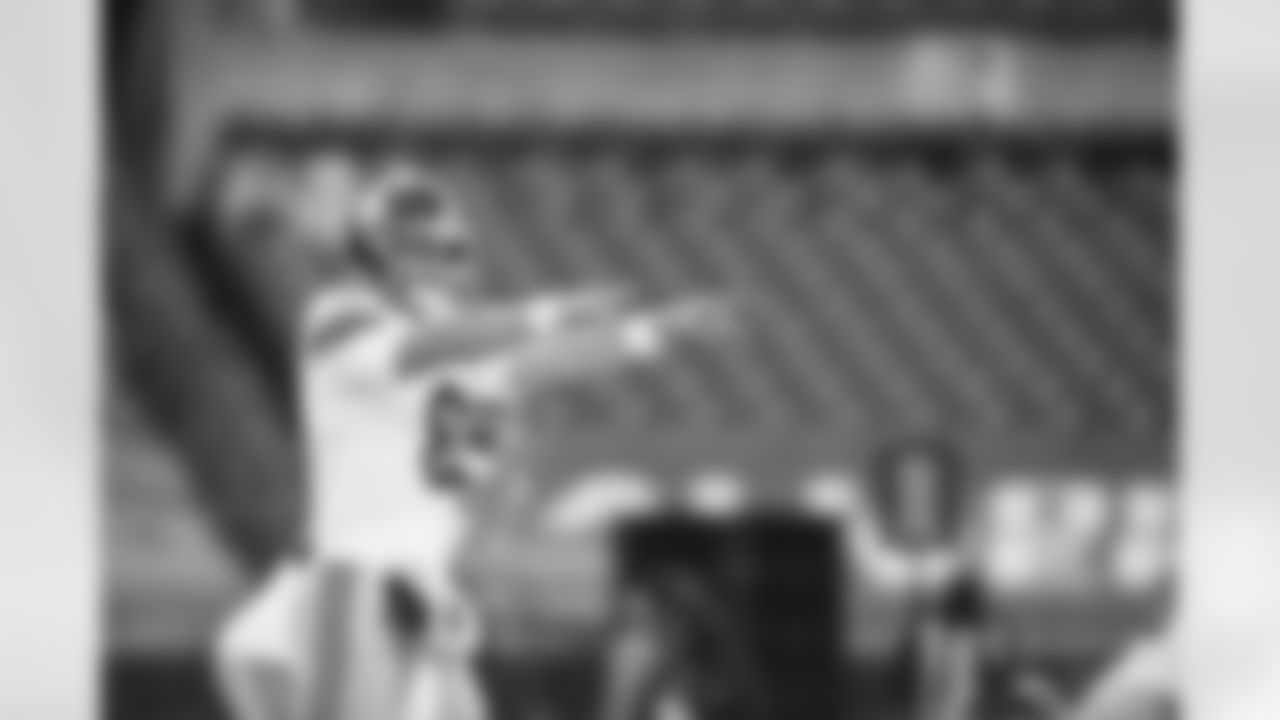
Daniel Jones (8)
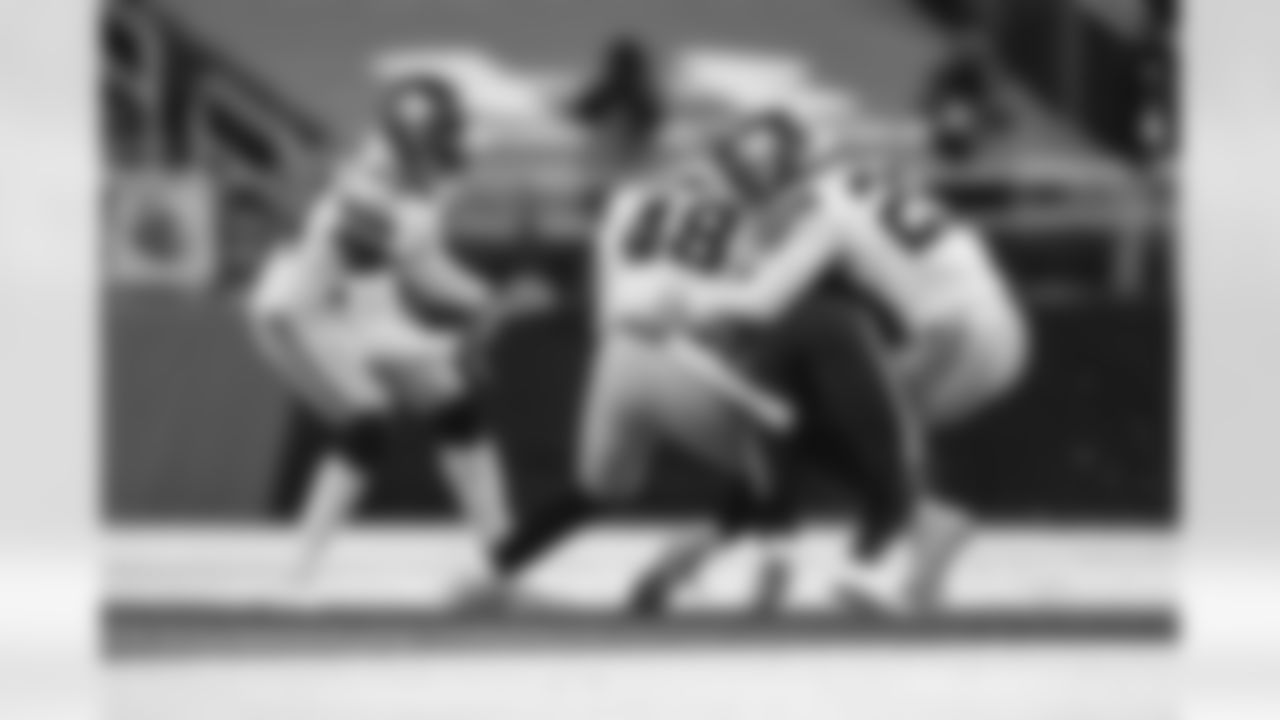
Xavier McKinney (29), Tae Crowder (48)
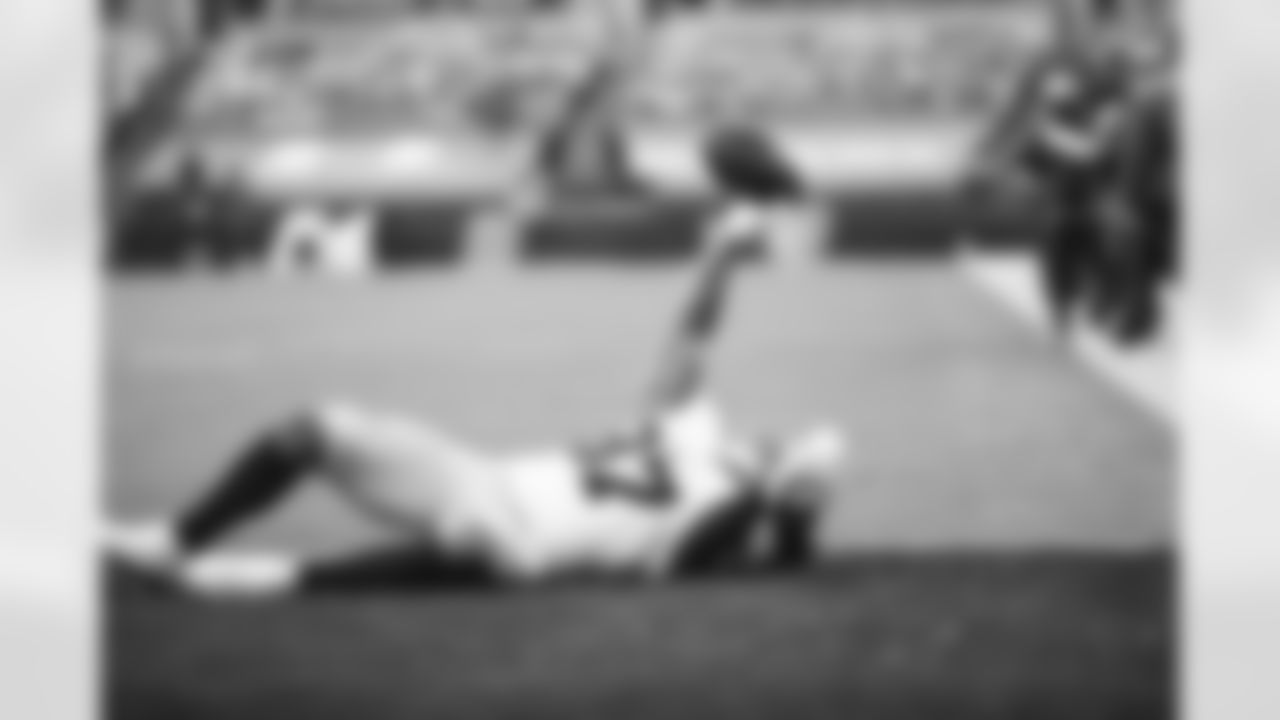
Sterling Shepard (87)
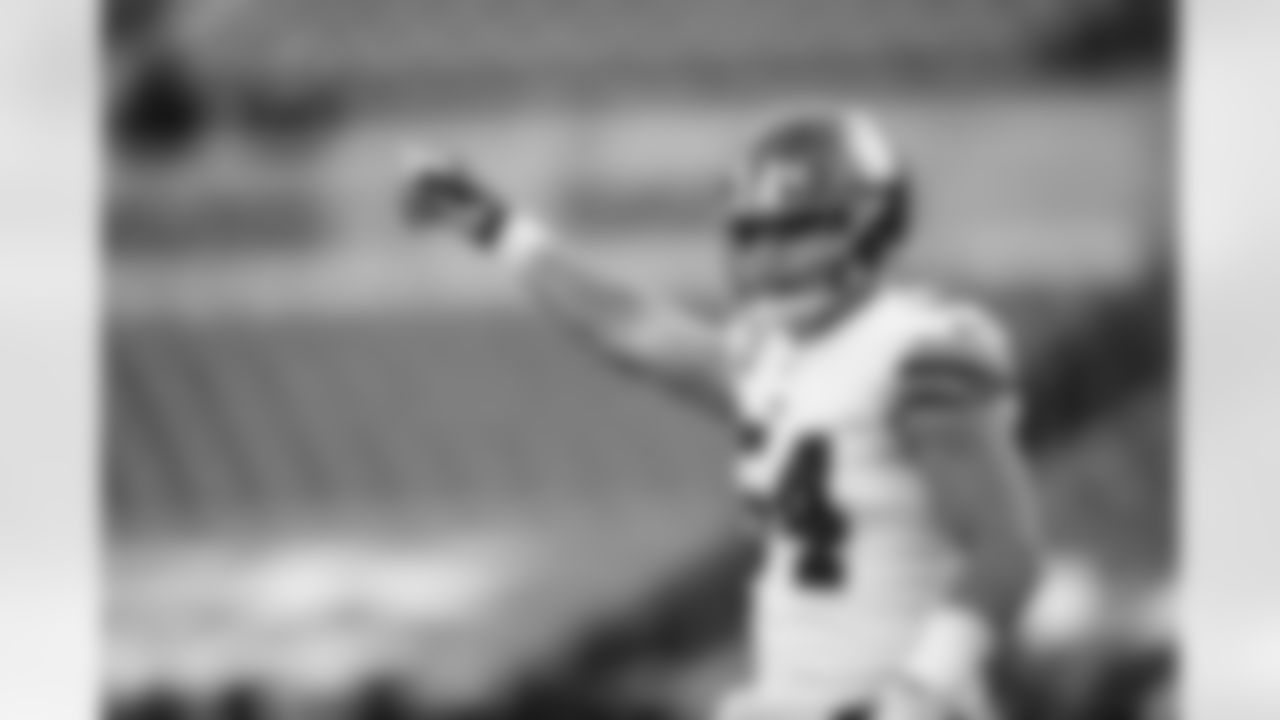
Blake Martinez (54)
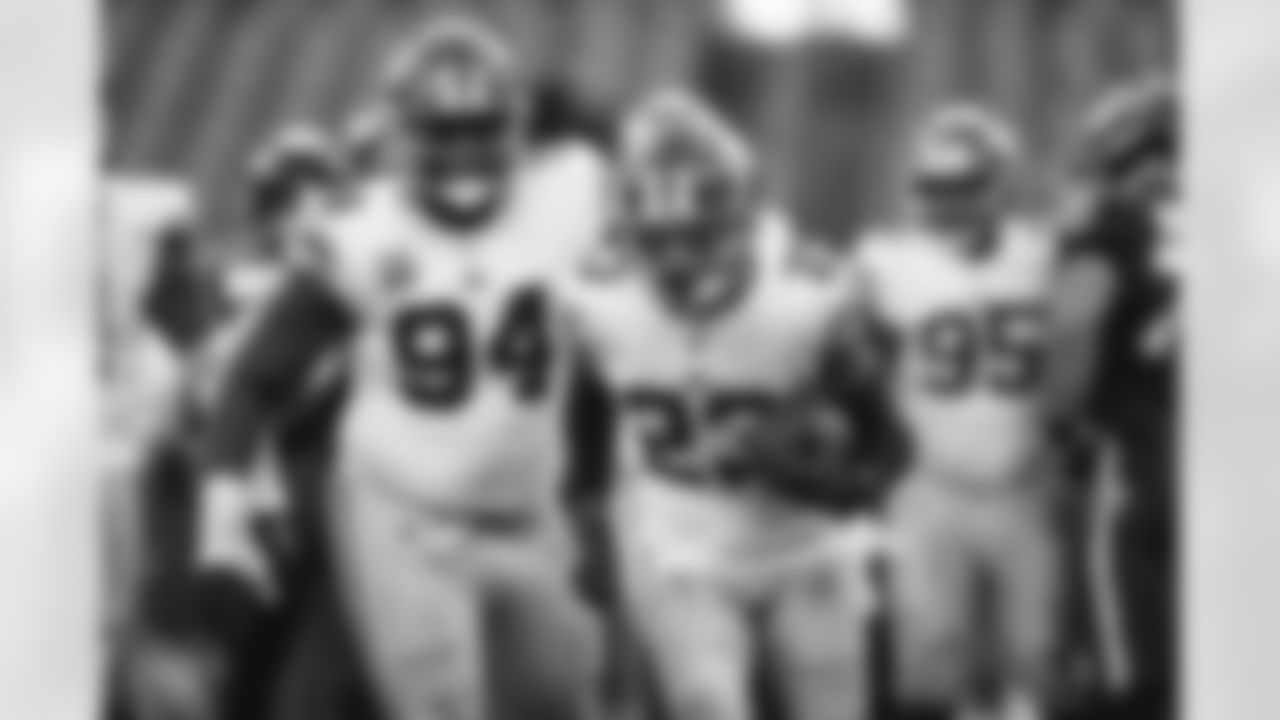
Dalvin Tomlinson (94), Logan Ryan (23)
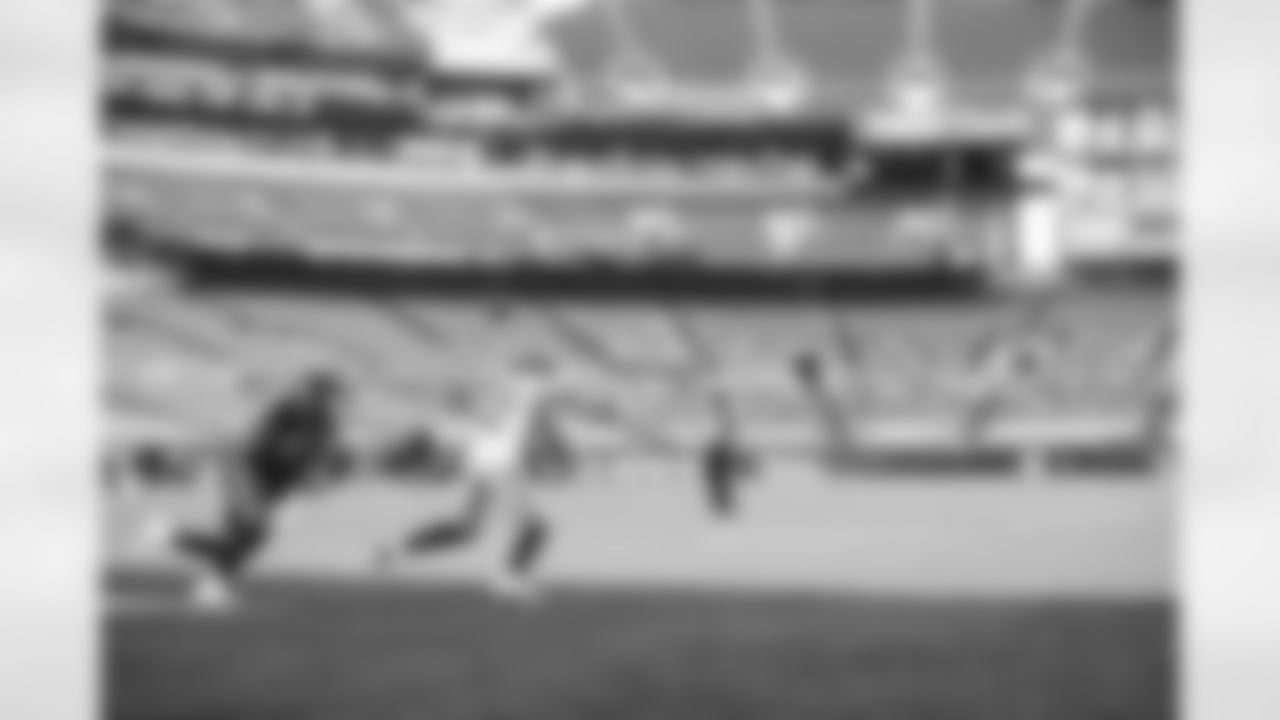
Sterling Shepard (87)
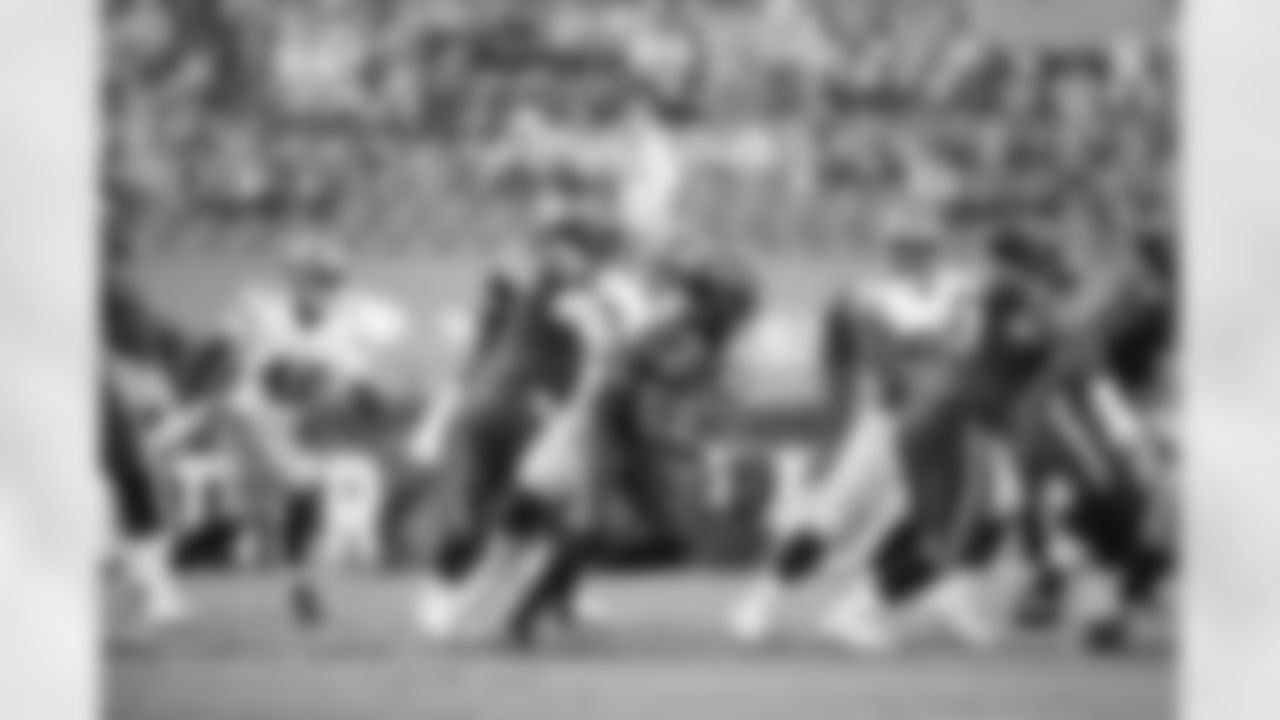
Dexter Lawrence (97)
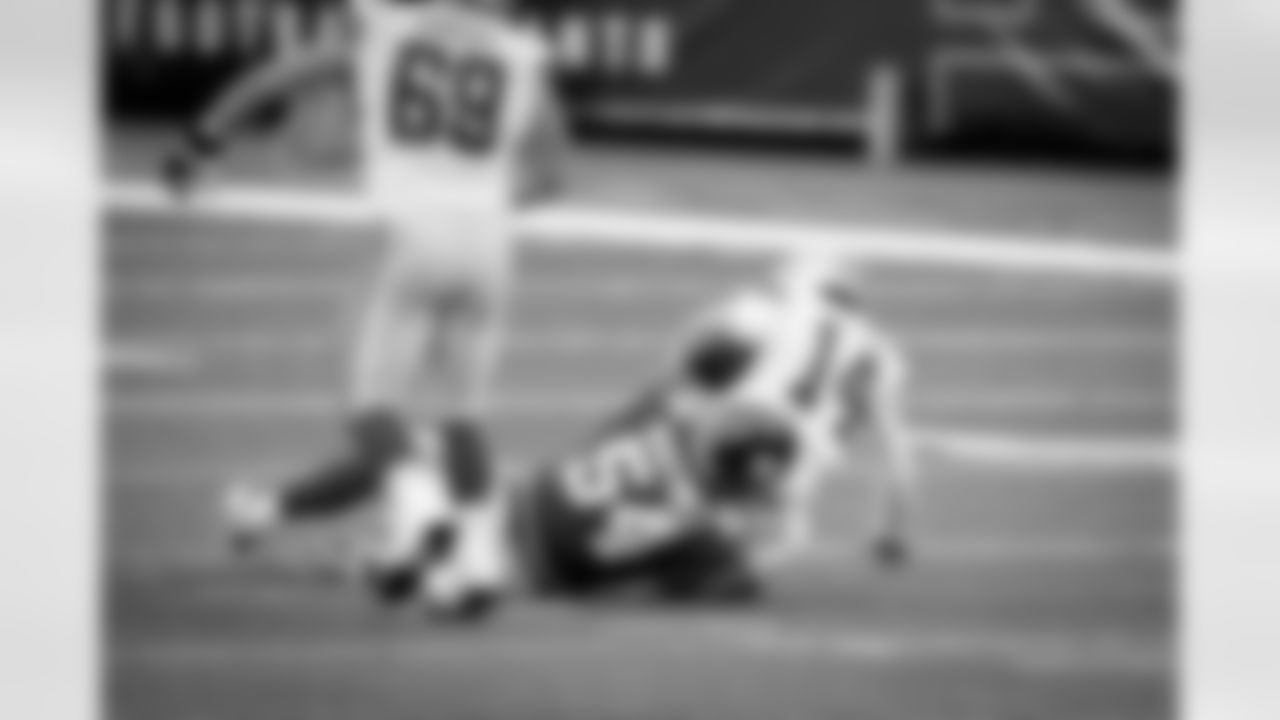
Blake Martinez (54)
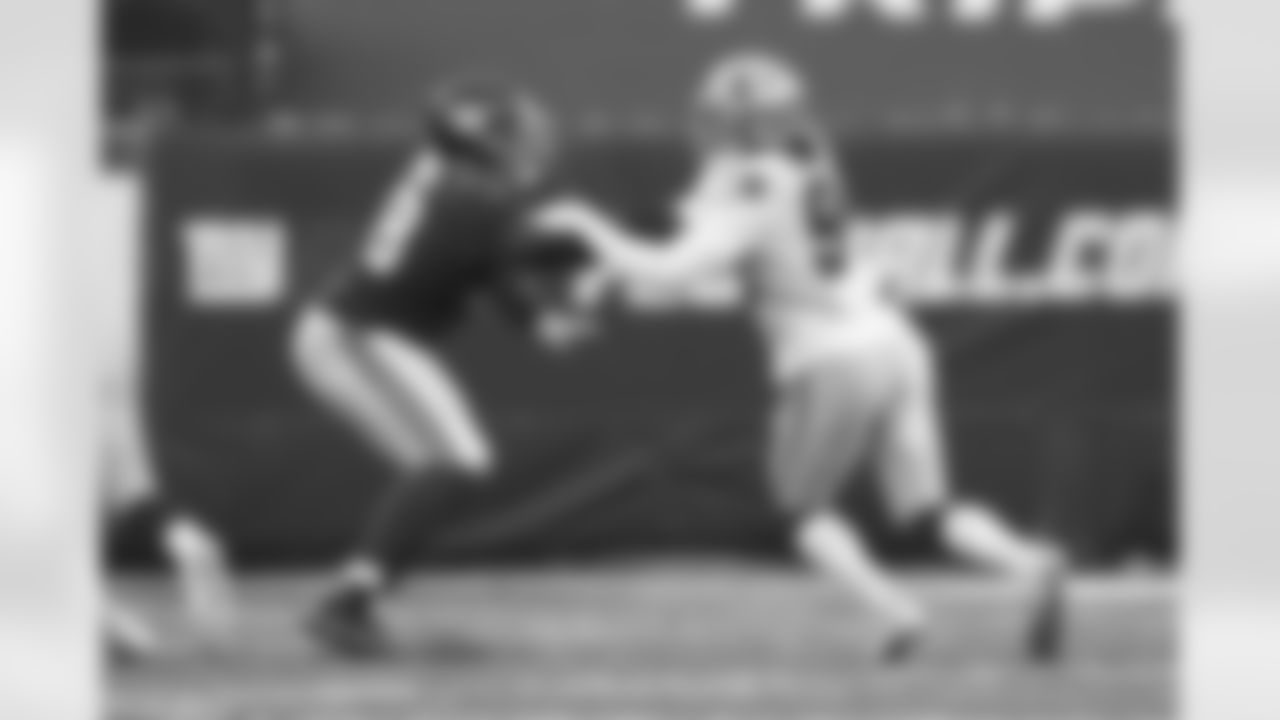
Andrew Thomas (78)
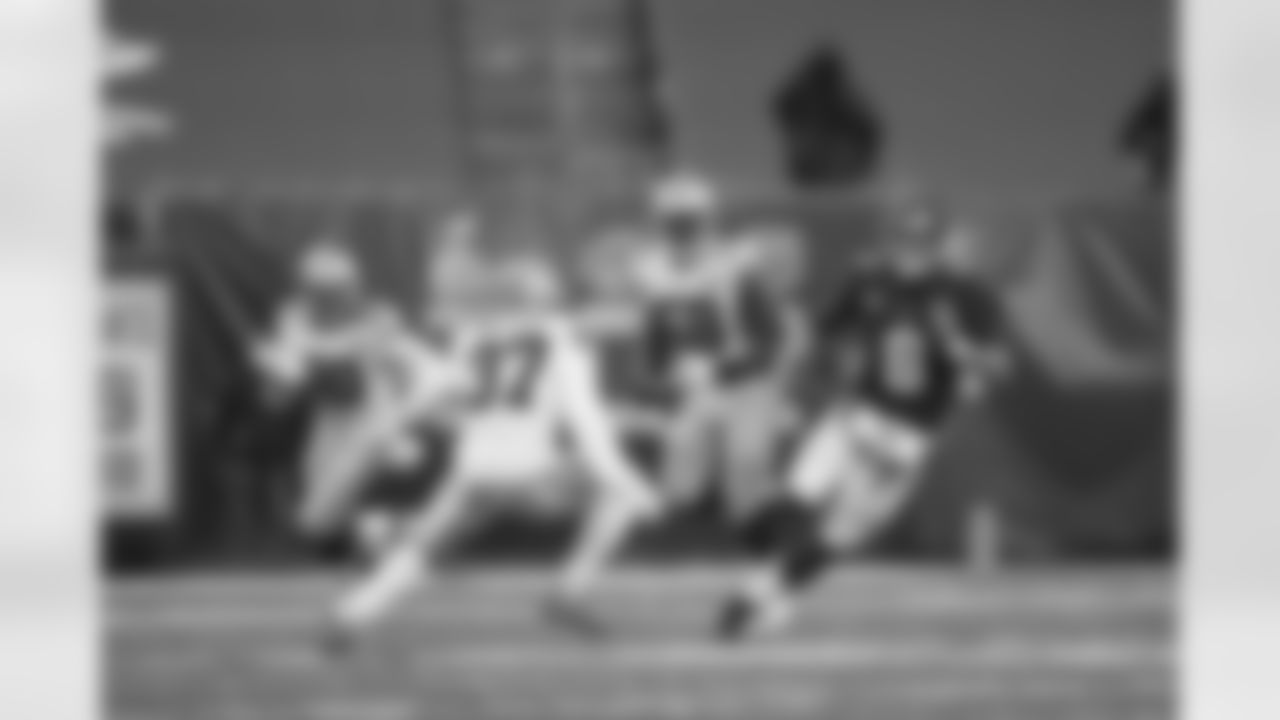
Daniel Jones (8)
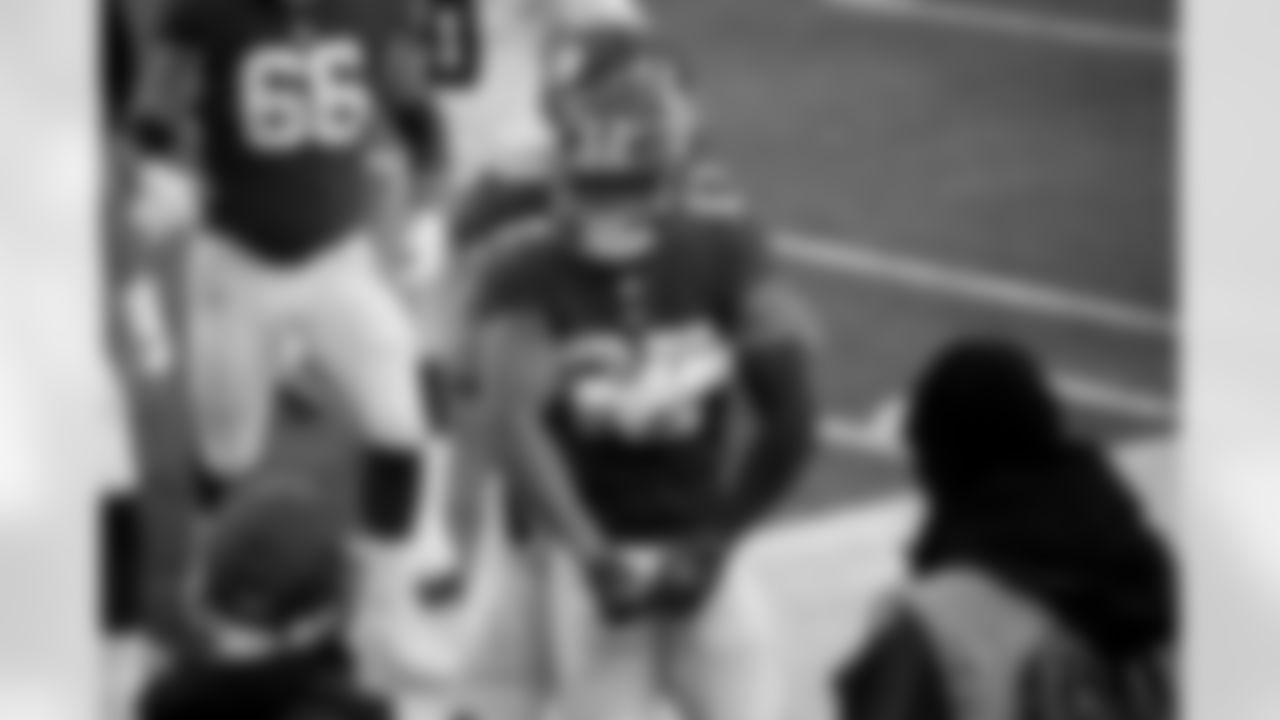
Sterling Shepard (87)
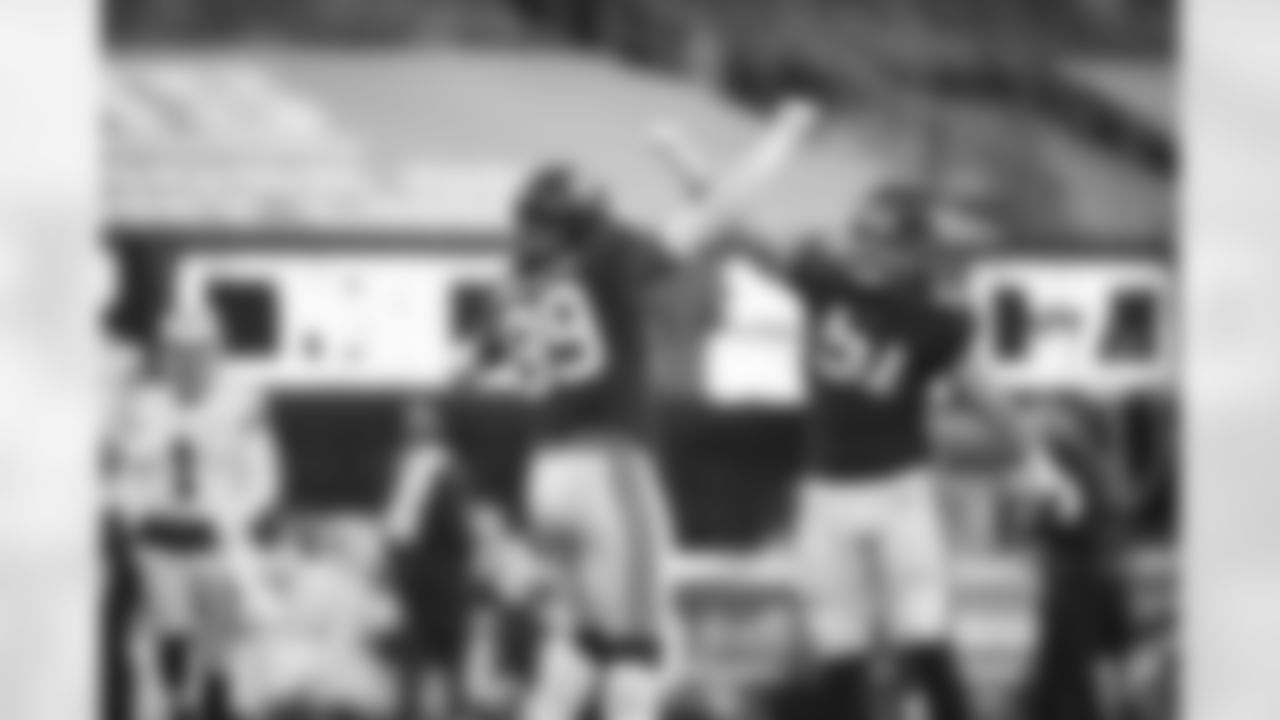
Leonard Williams (99), Kyler Fackrell (51)
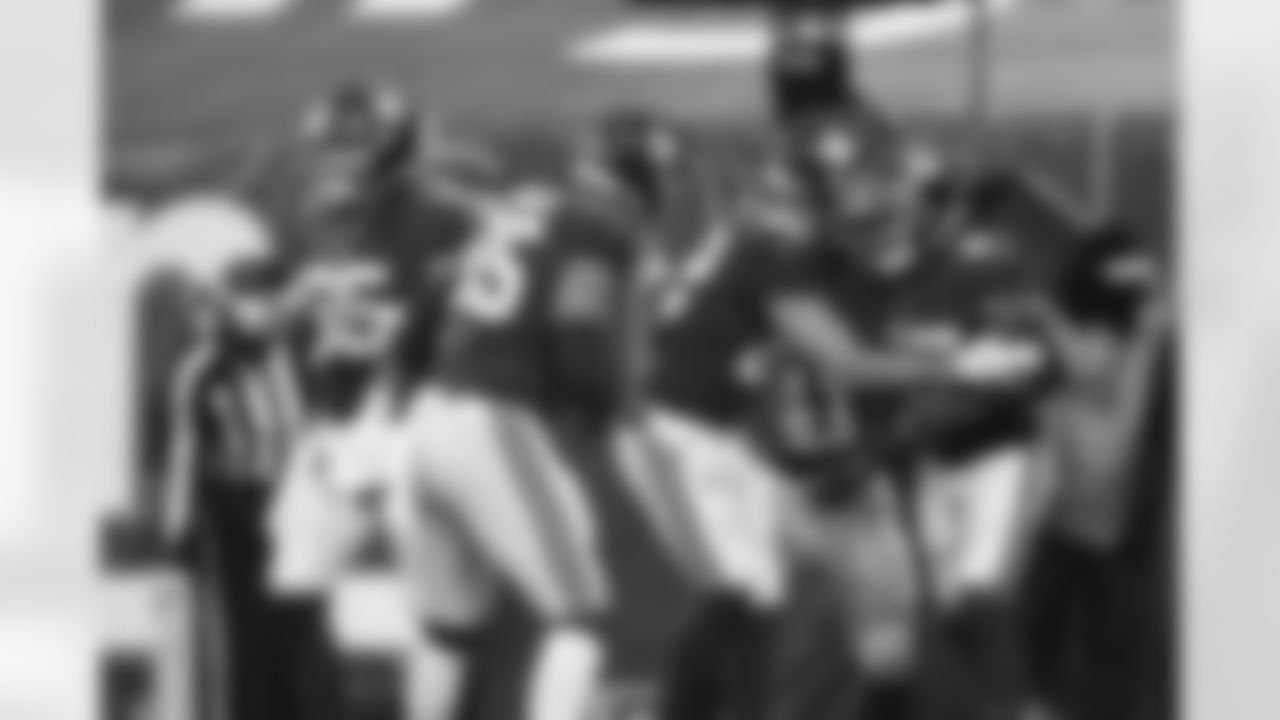
Levine Toilolo (85), Kaden Smith (82), Sterling Shepard (87)
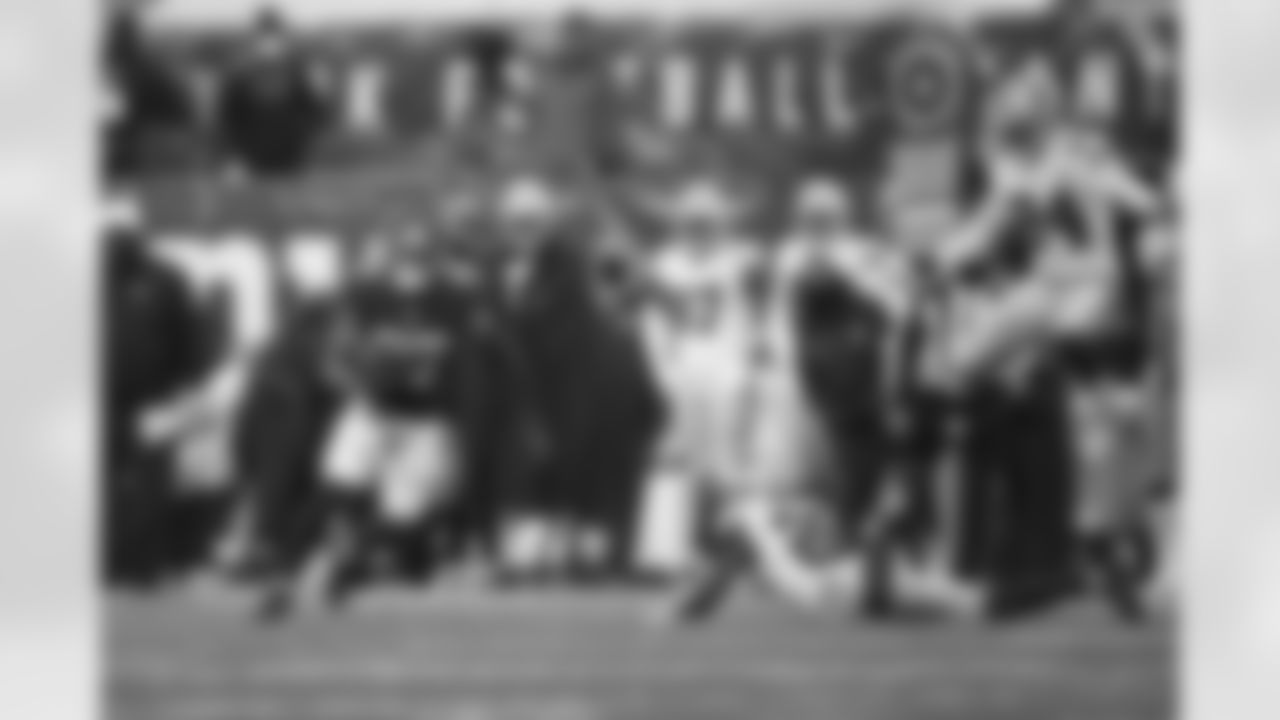
Sterling Shepard (87)
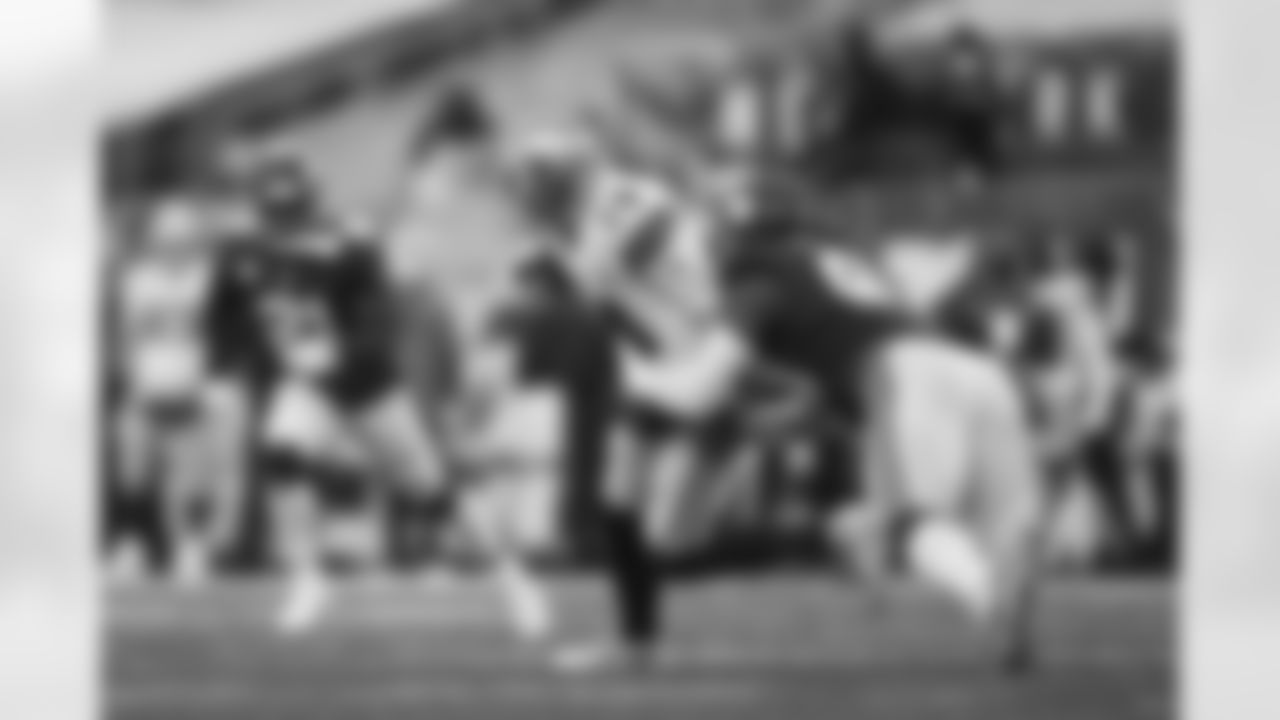
Leonard Williams (99)
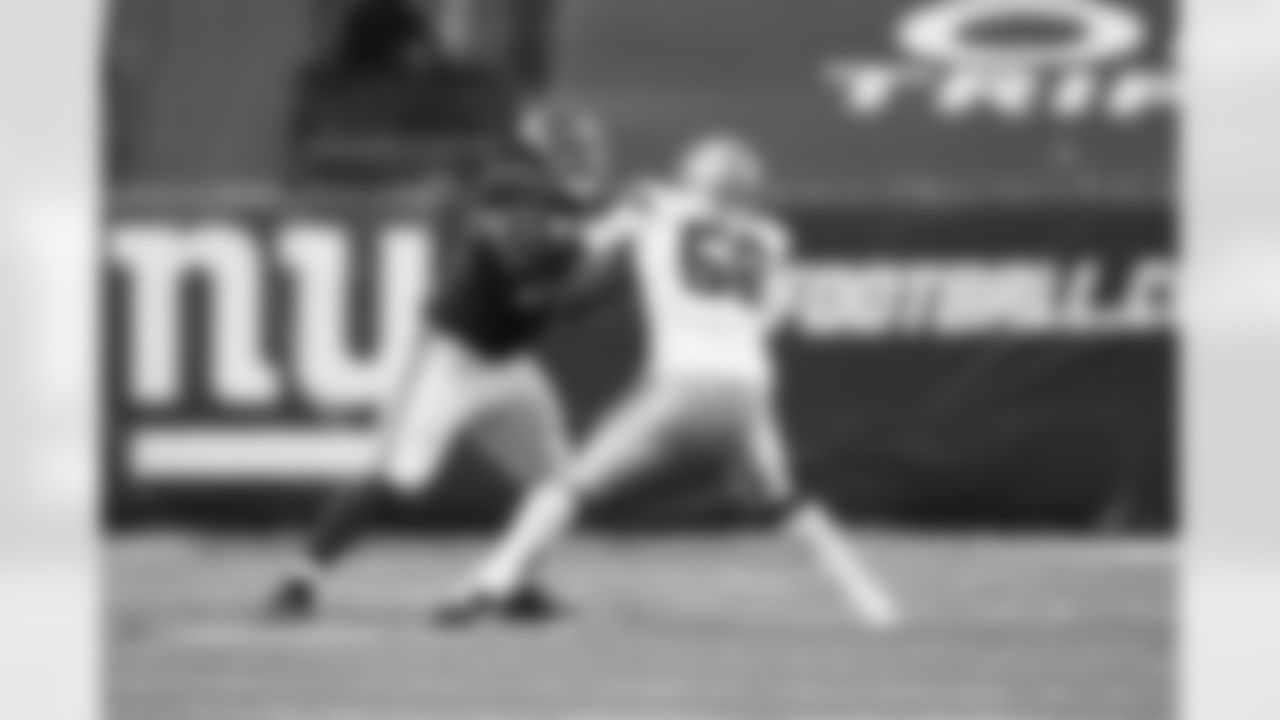
Andrew Thomas (78),
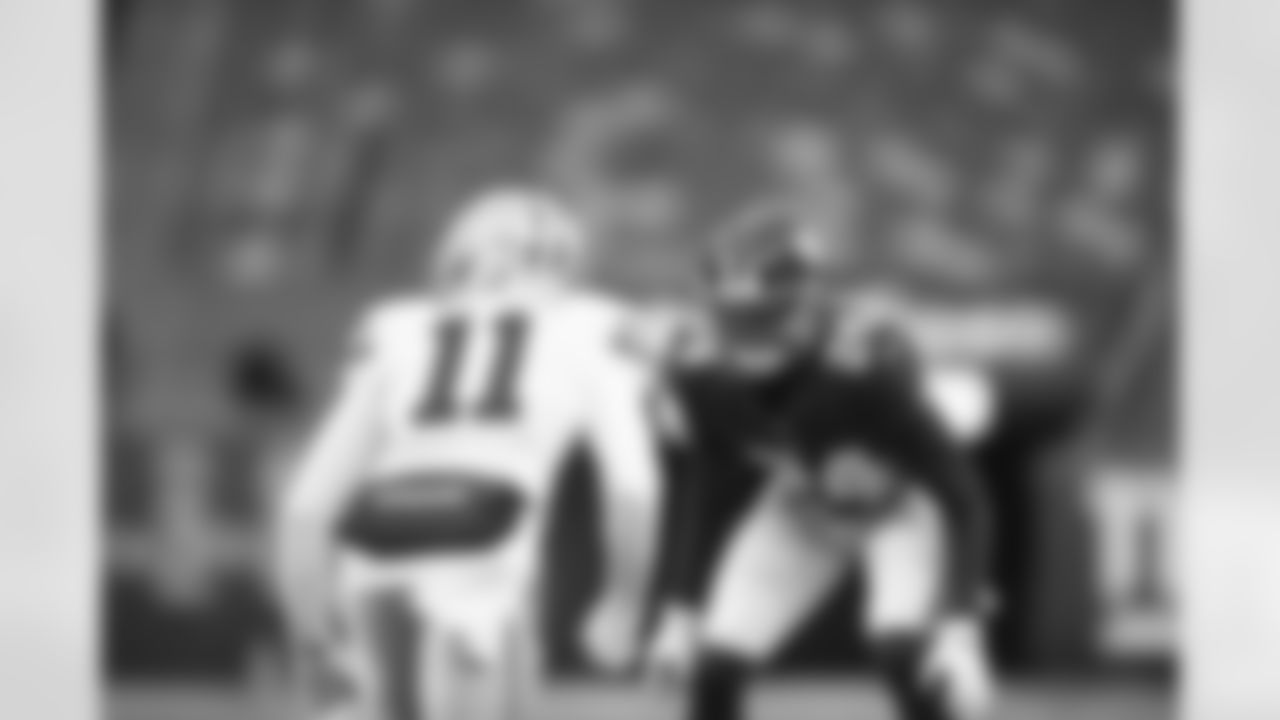
James Bradberry (24)
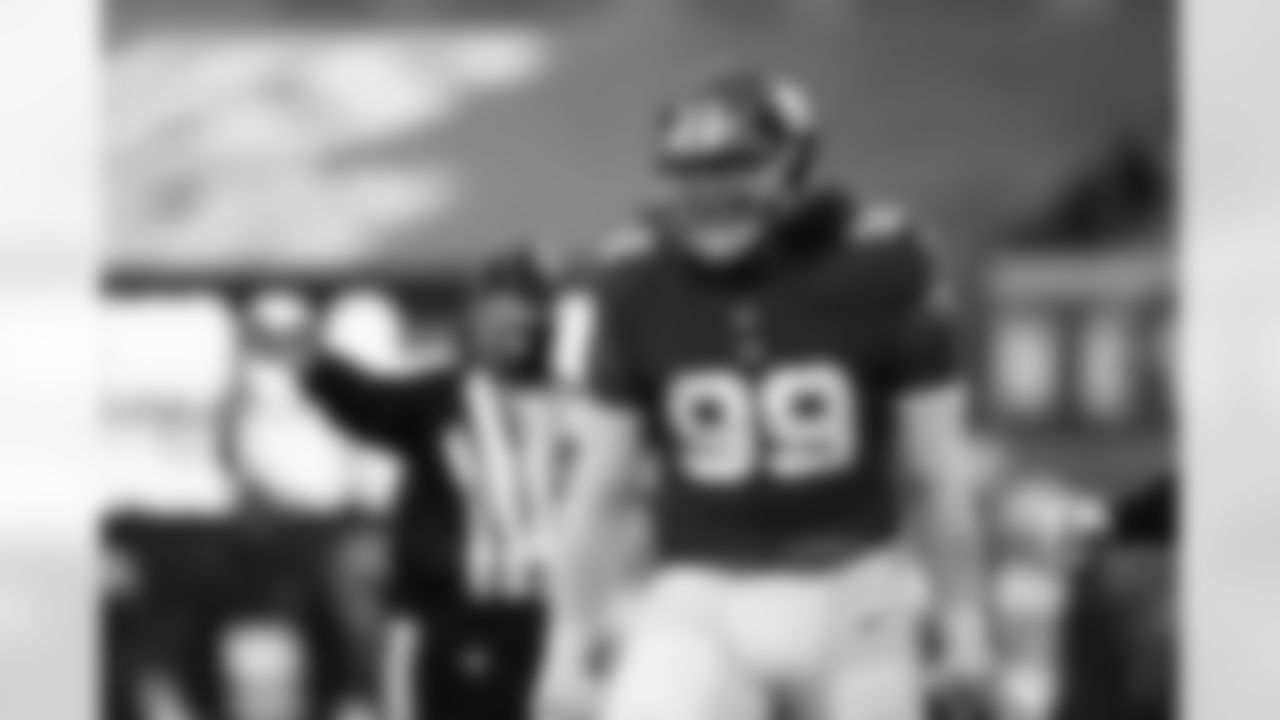
Leonard Williams (99)
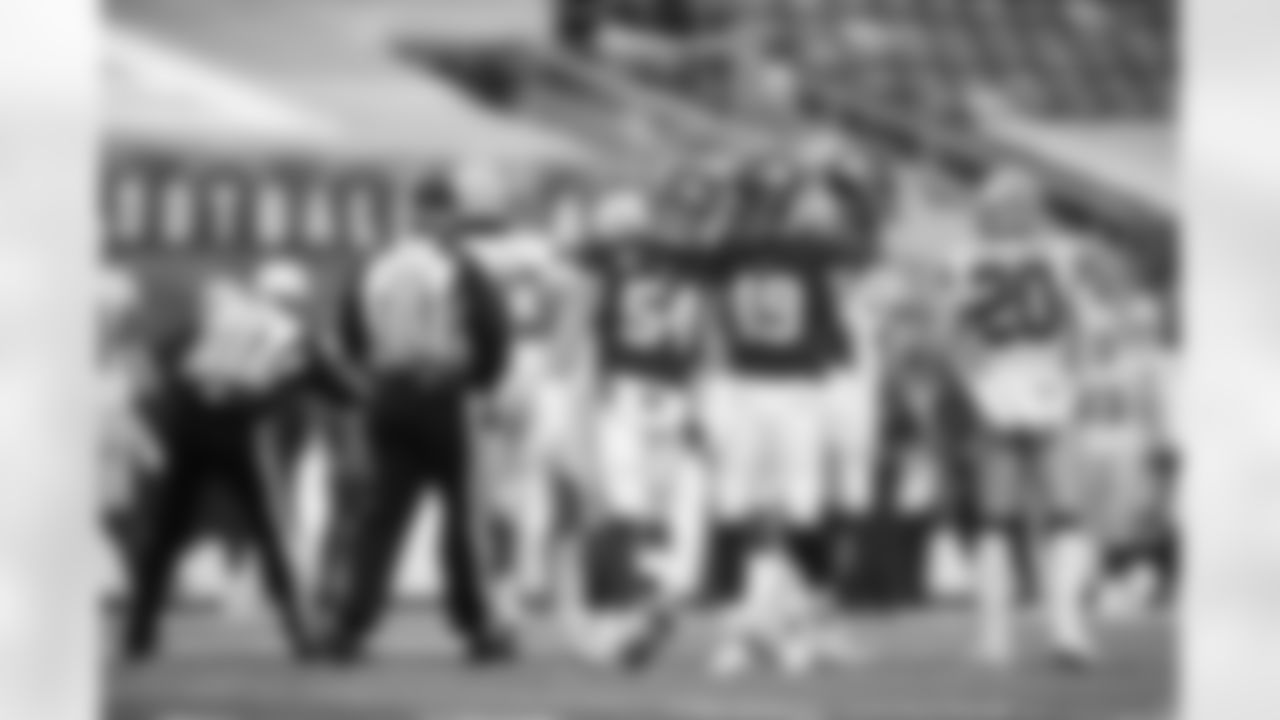
Blake Martinez (54), Carter Coughlin (49)
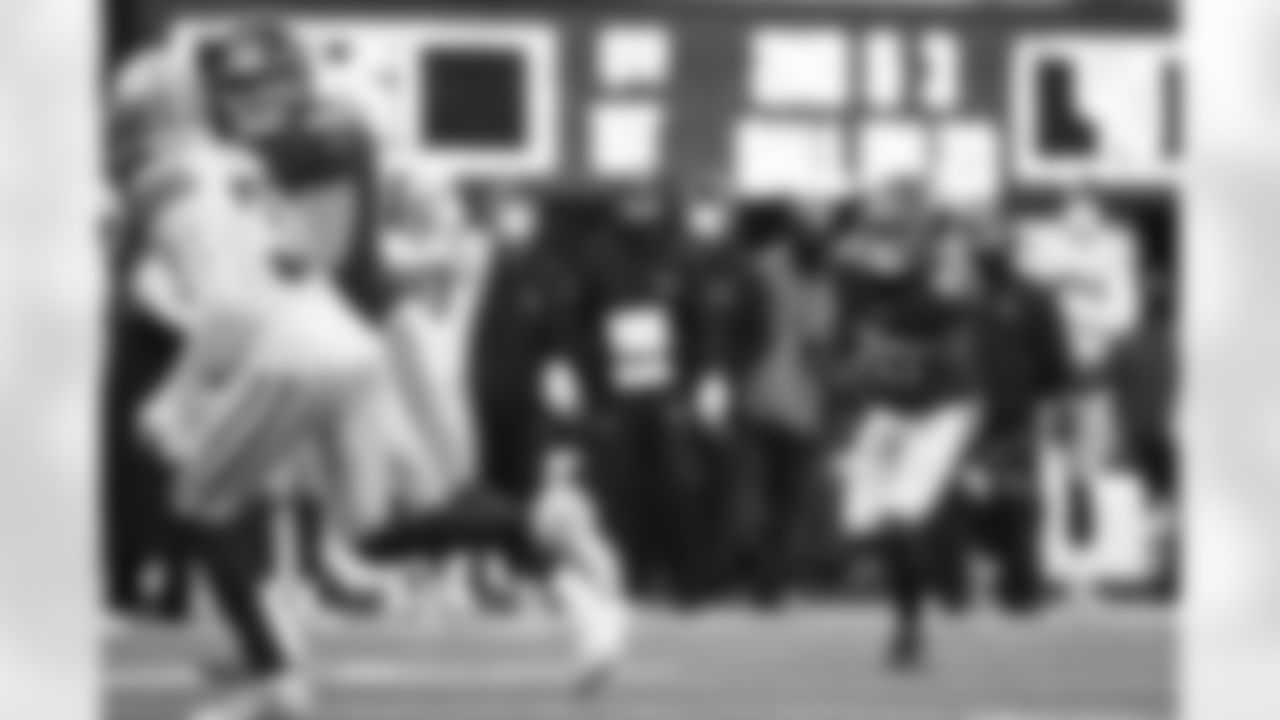
Sterling Shepard (87)
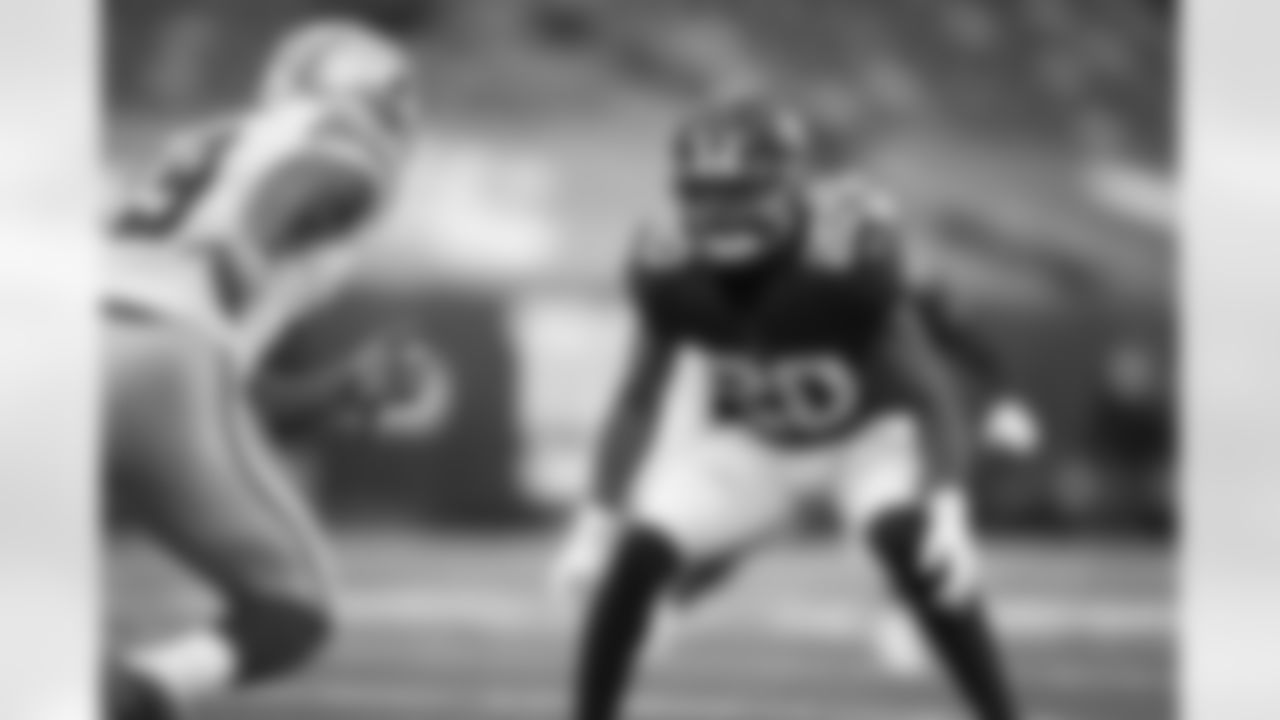
Julian Love (20)
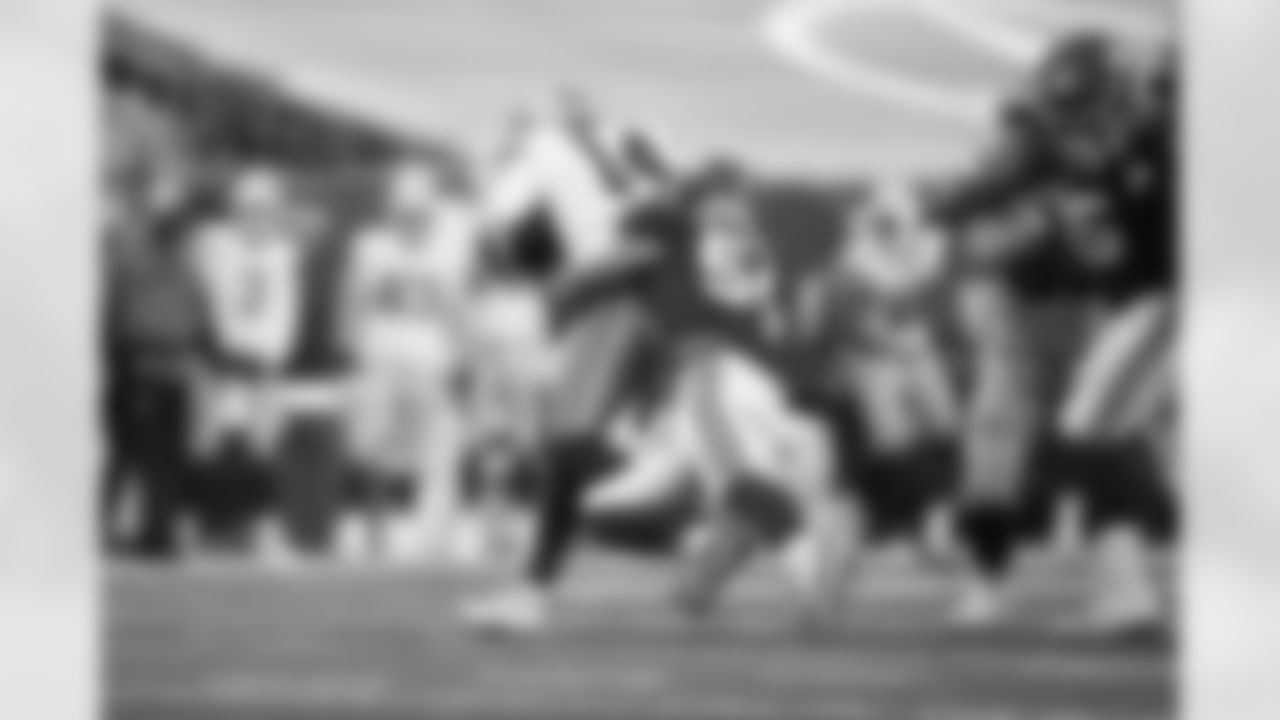
Blake Martinez (54)
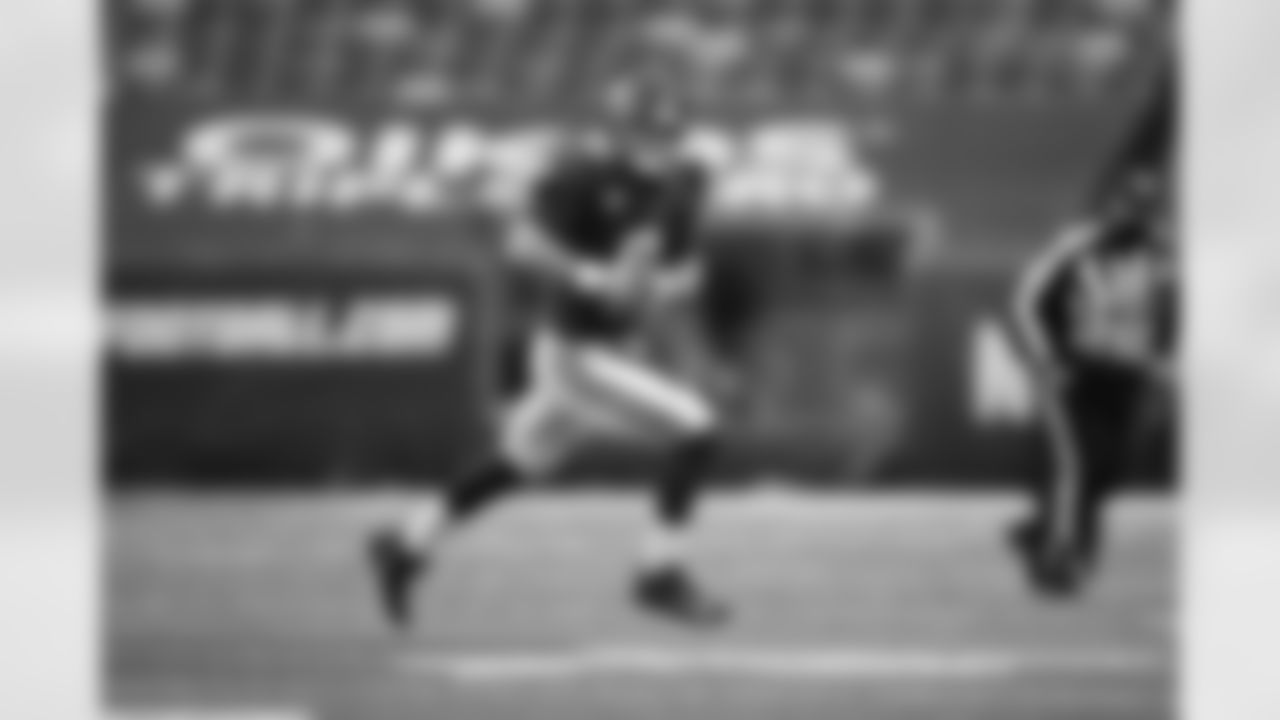
Daniel Jones (8)
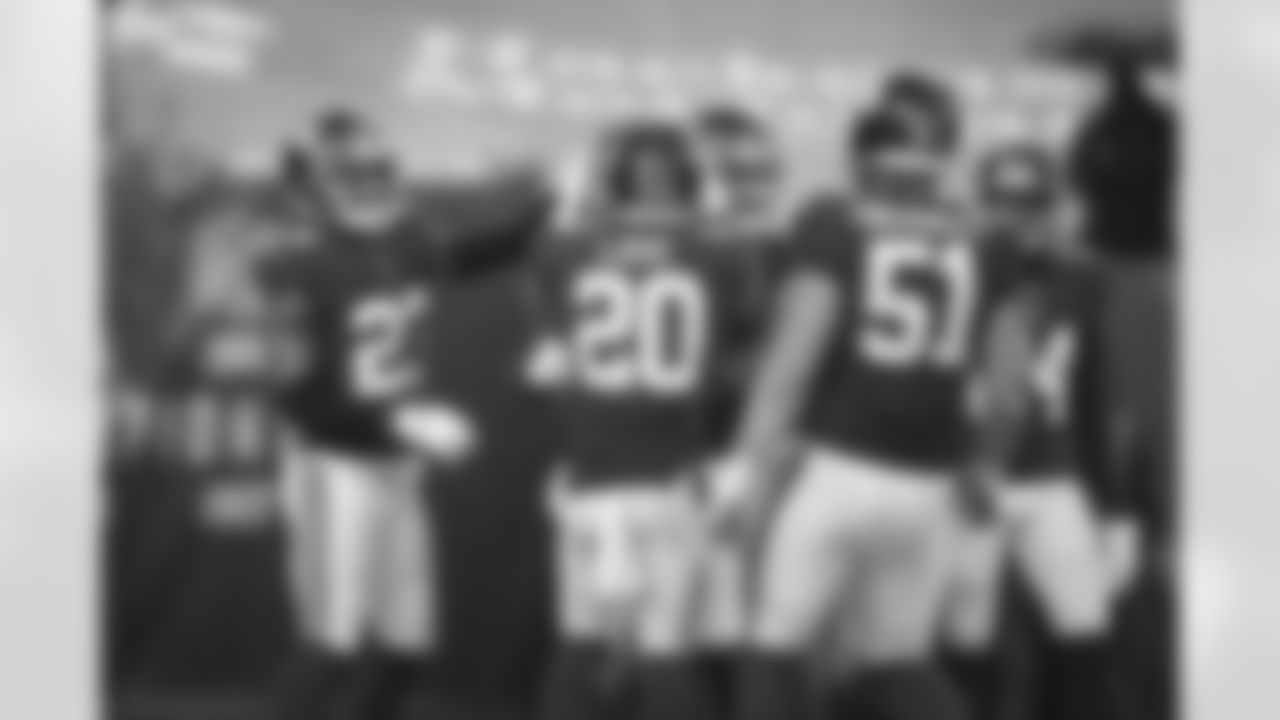
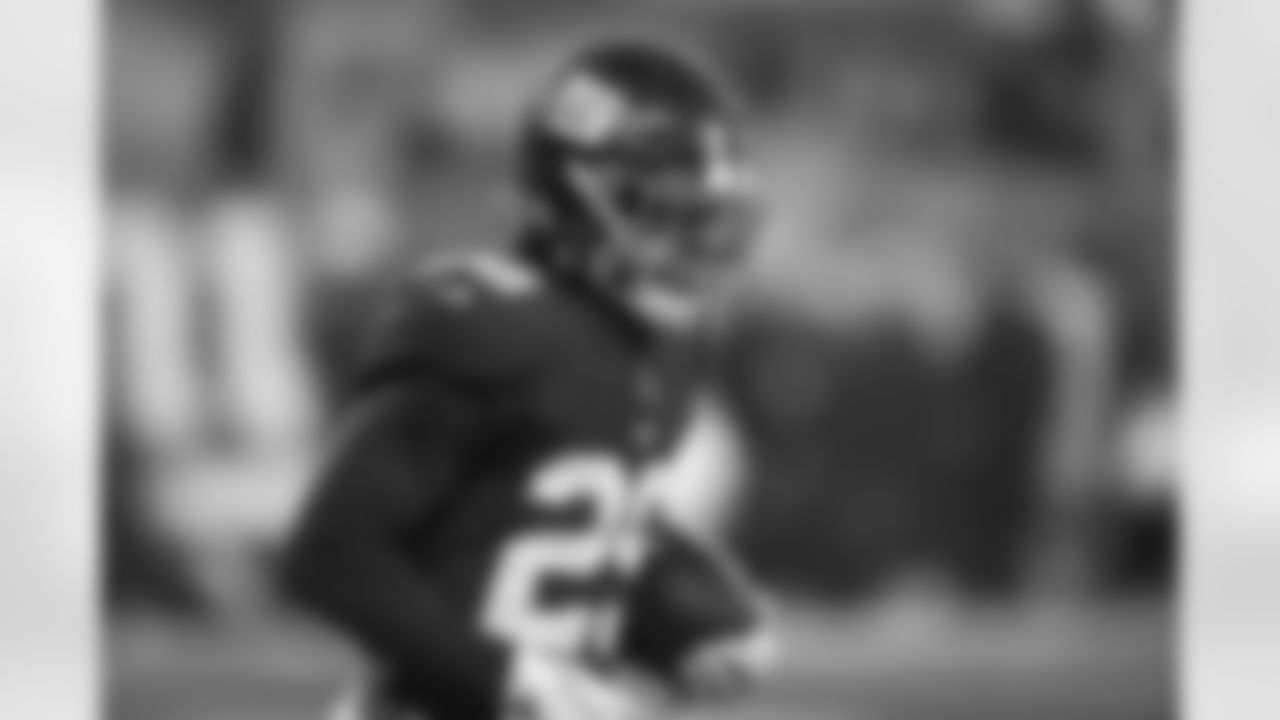
Xavier McKinney (29)
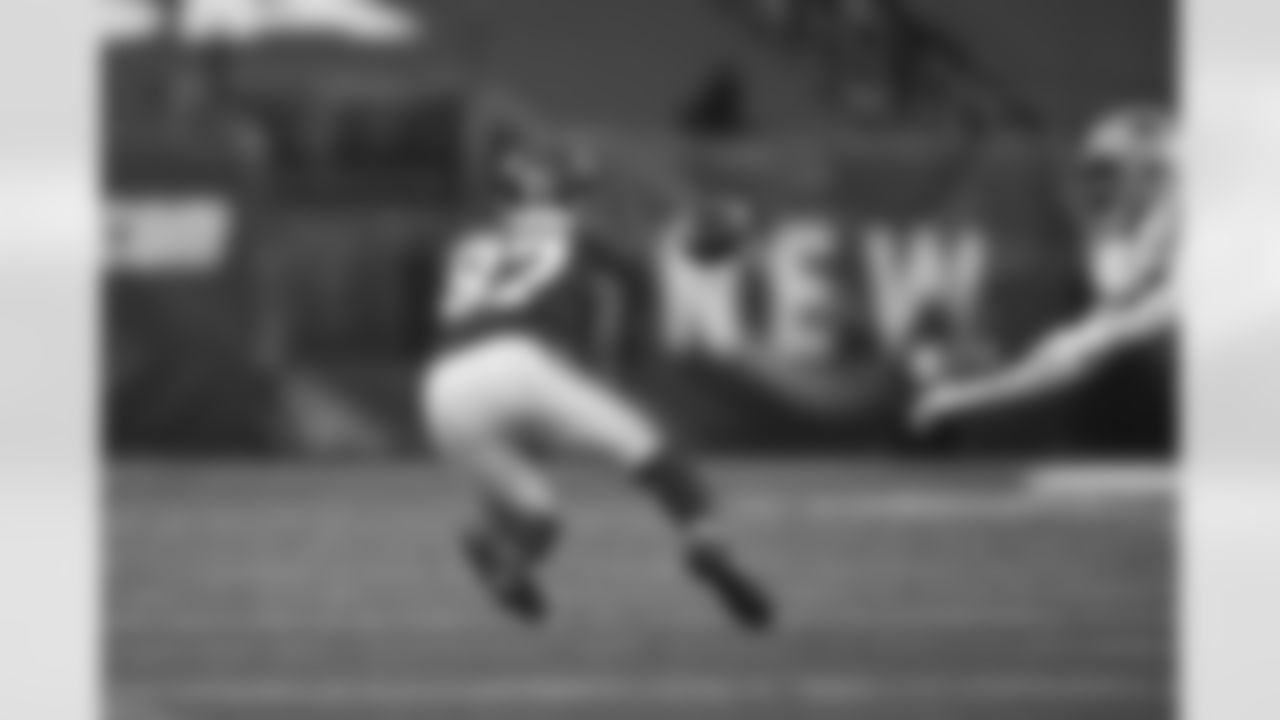
Sterling Shepard (87)
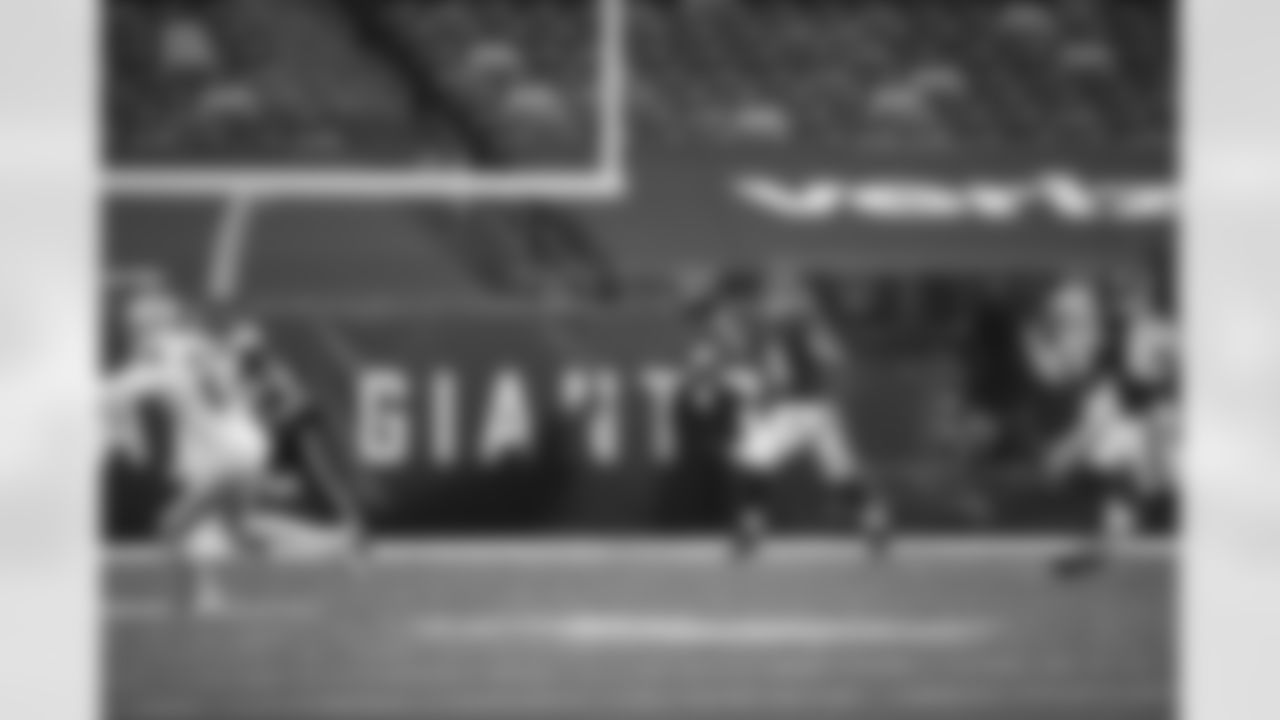
Daniel Jones (8)
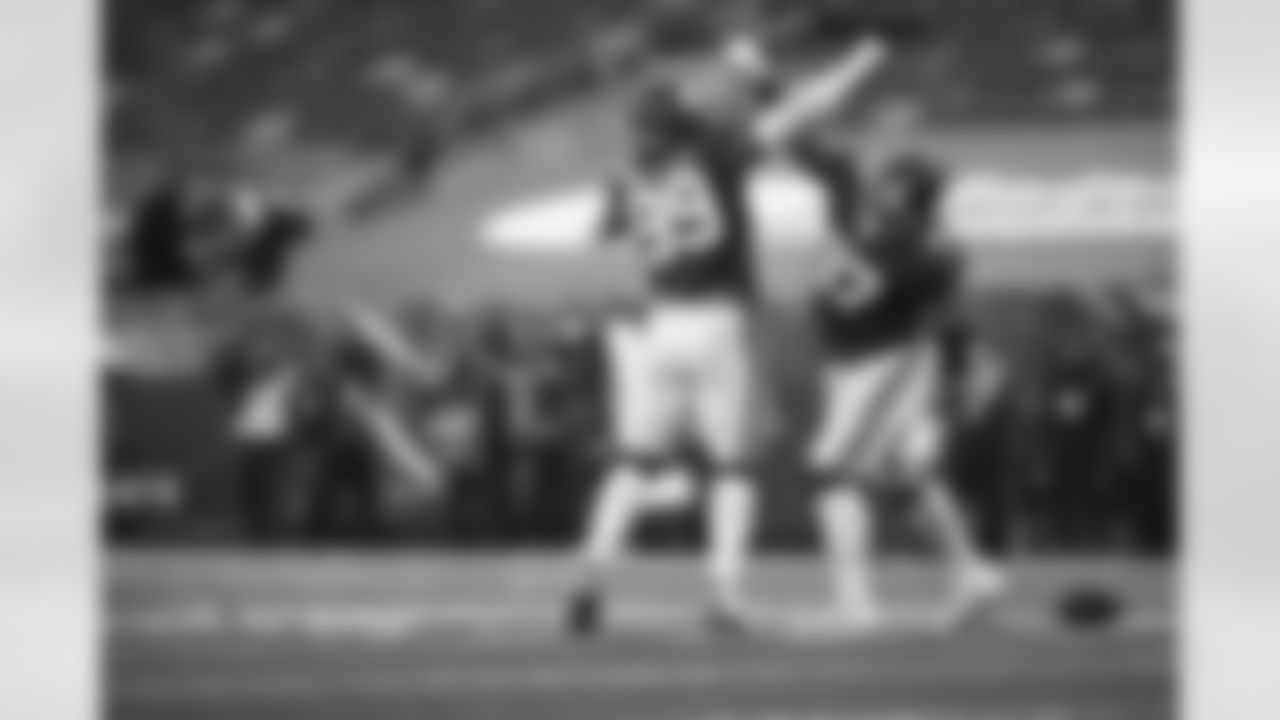
Leonard Williams (99), Dexter Lawrence (97)
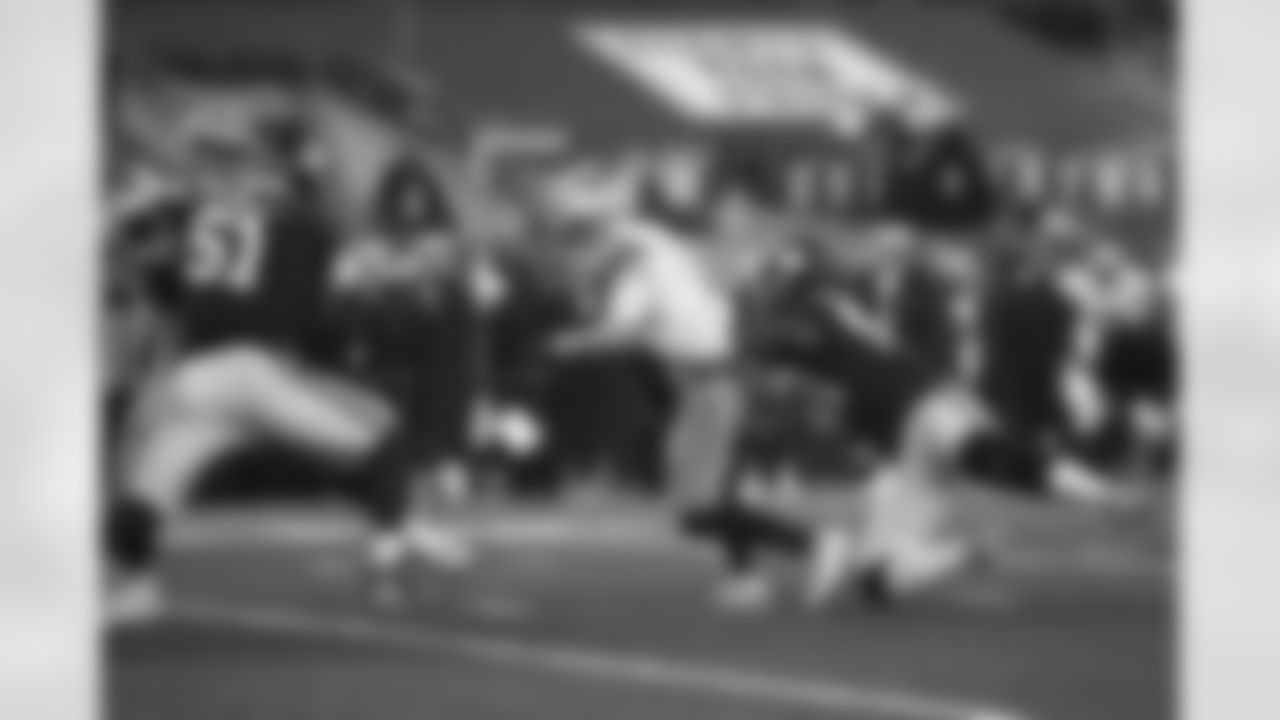
Leonard Williams (99)
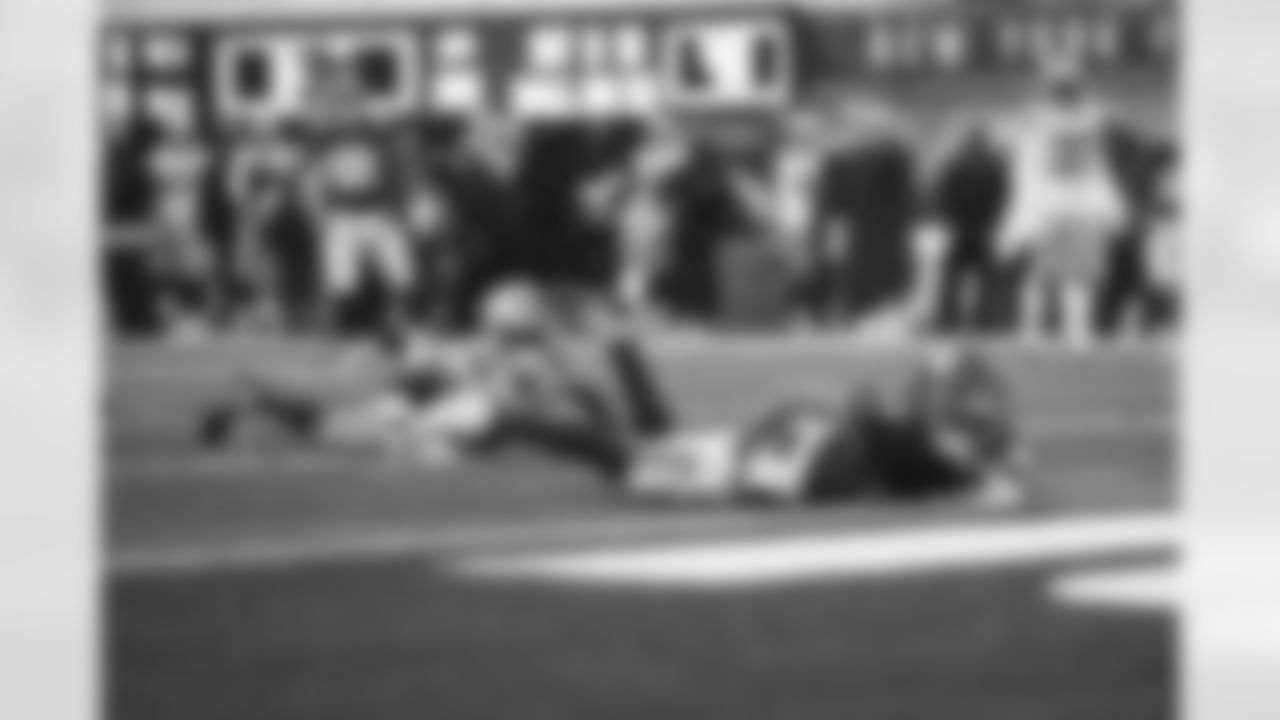
Dante Pettis (13)
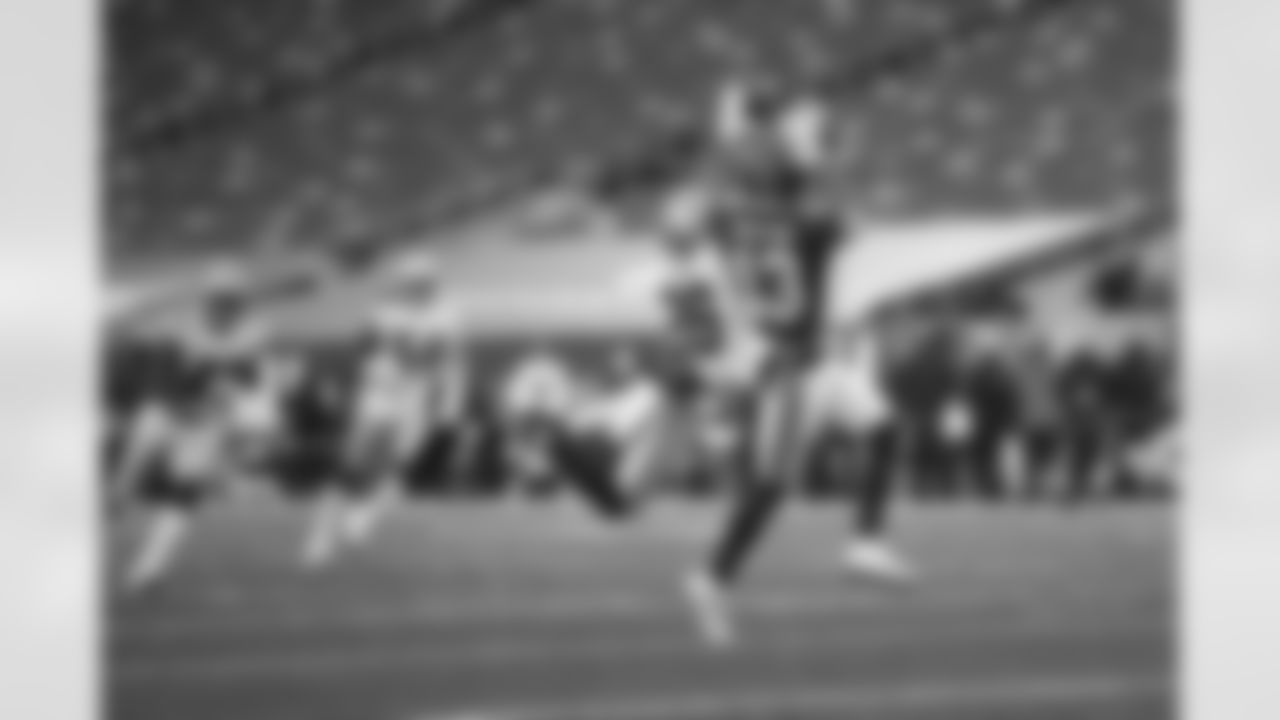
Dante Pettis (13)
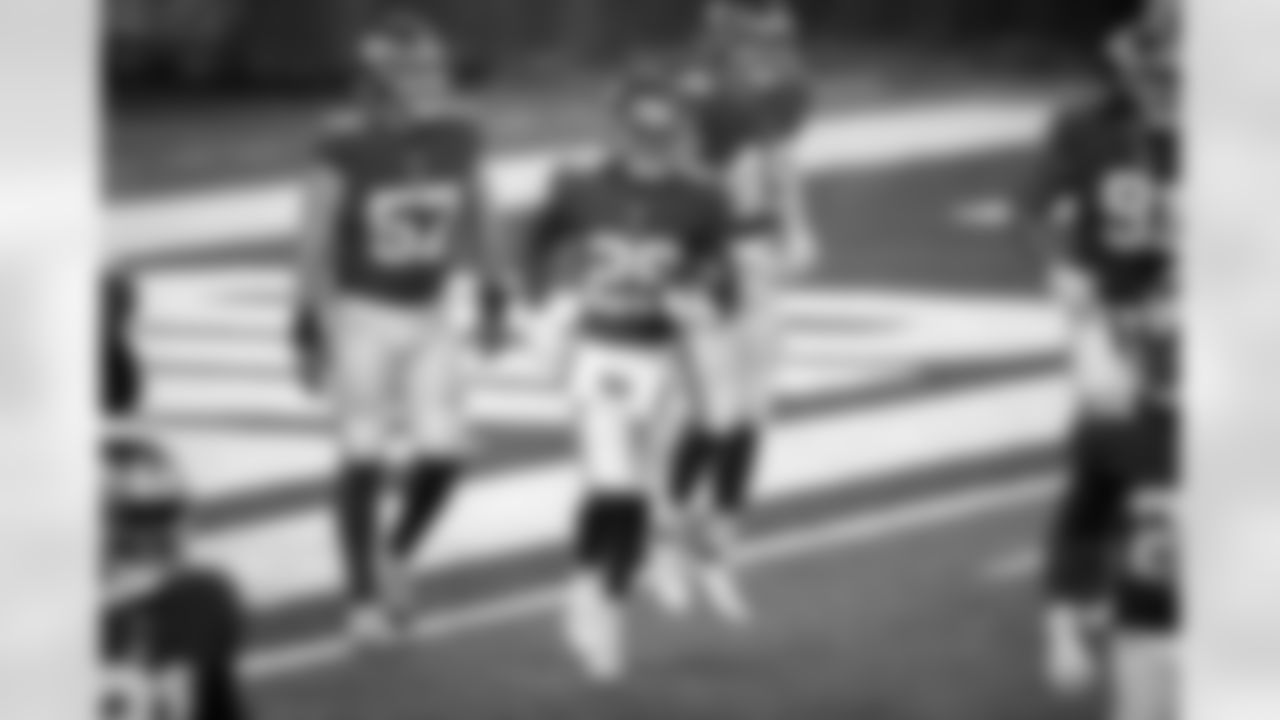
Xavier McKinney (29), Niko Lalos (57)
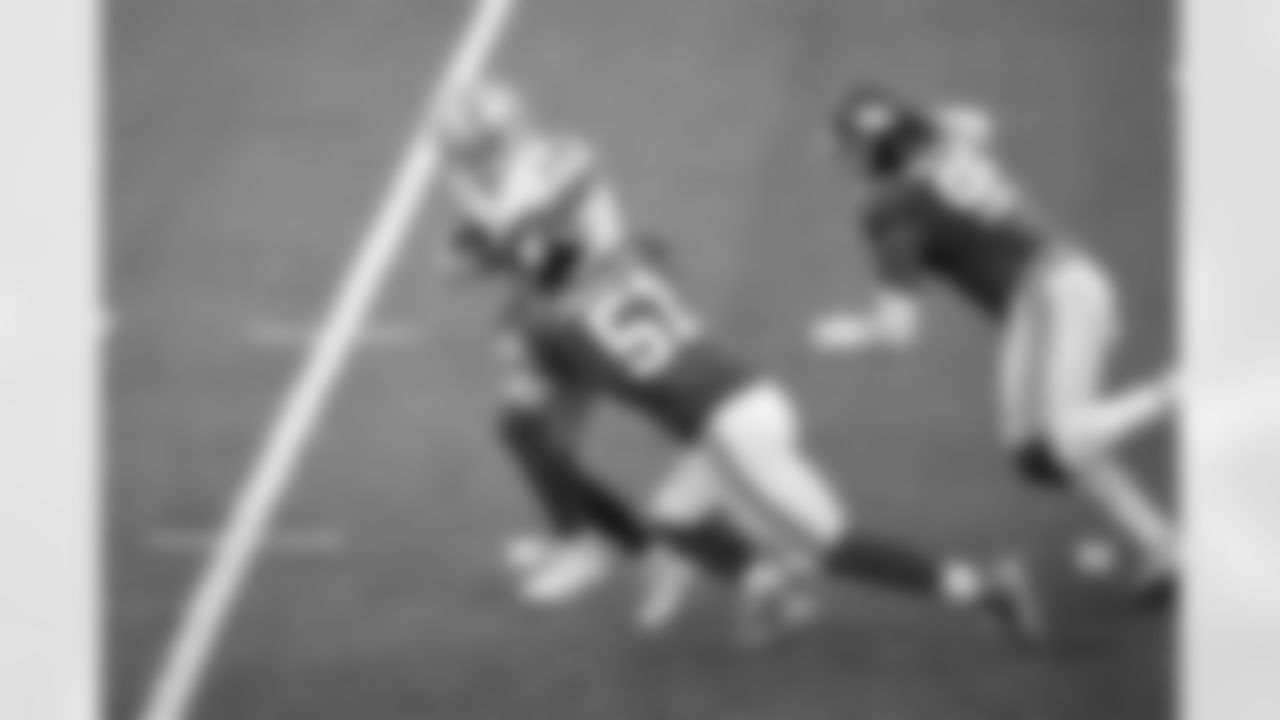
Kyler Fackrell (51)
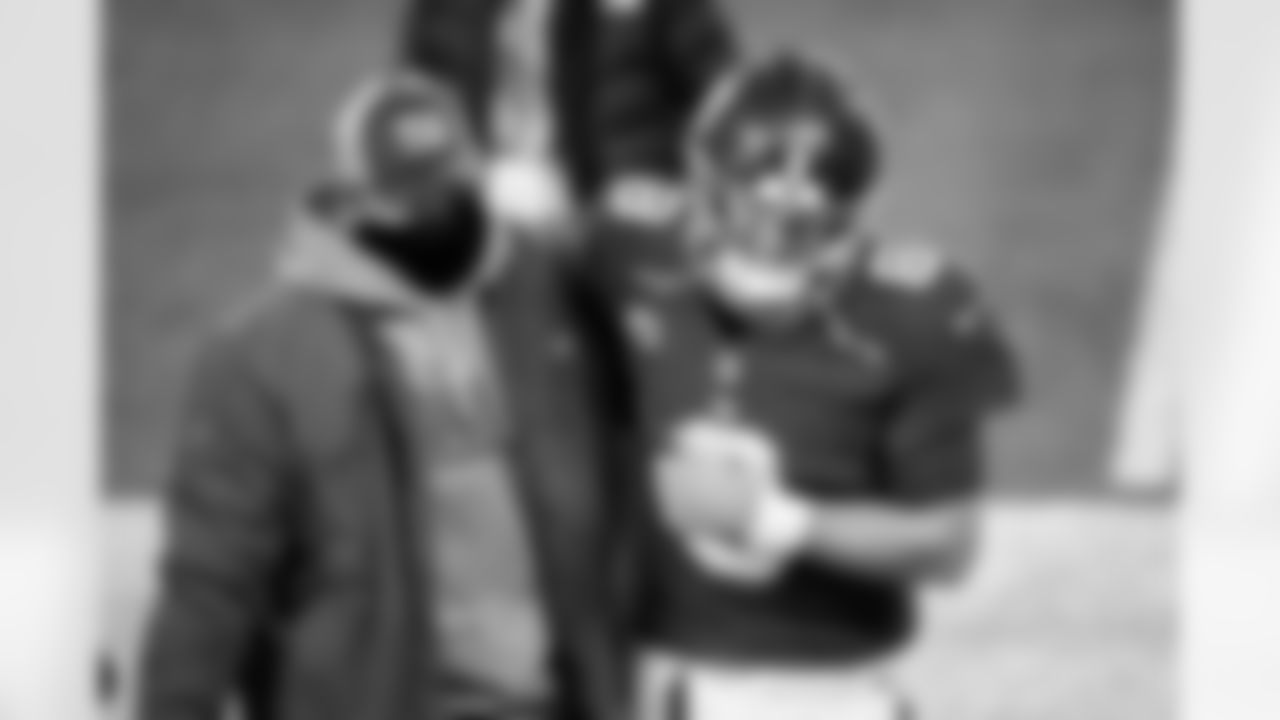
Daniel Jones (8), Head Coach Joe Judge
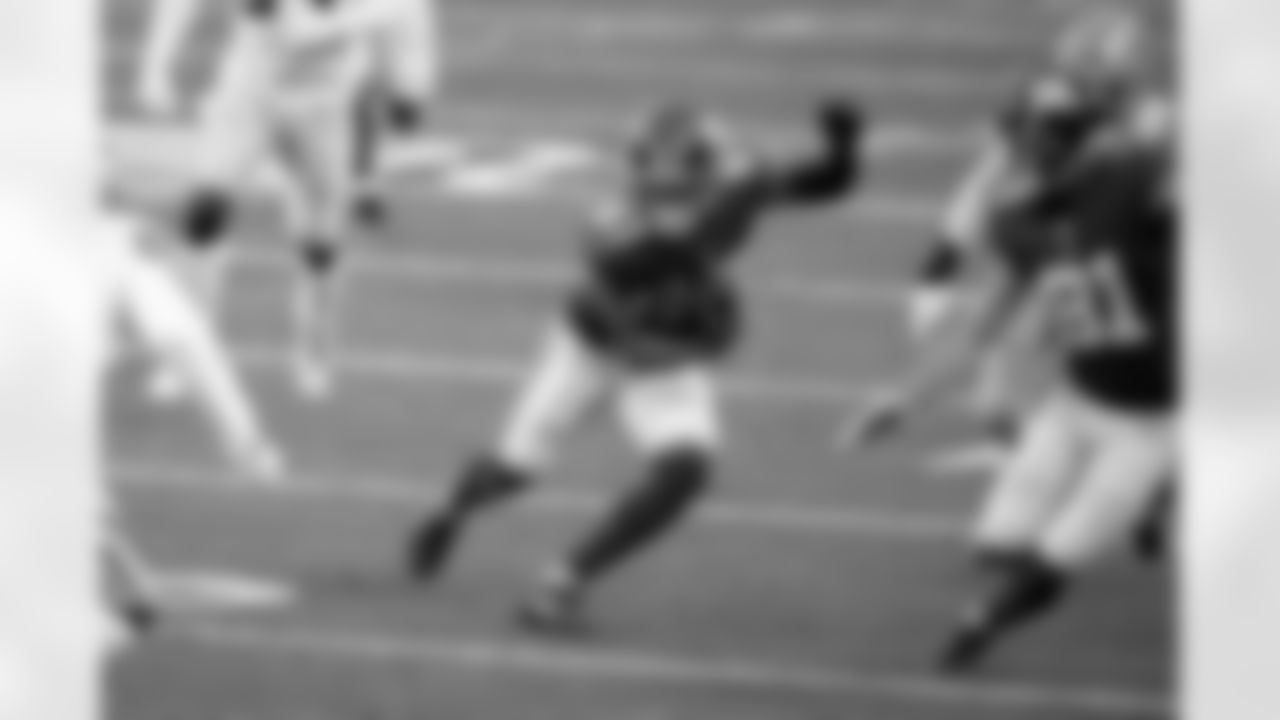
Sterling Shepard (87)
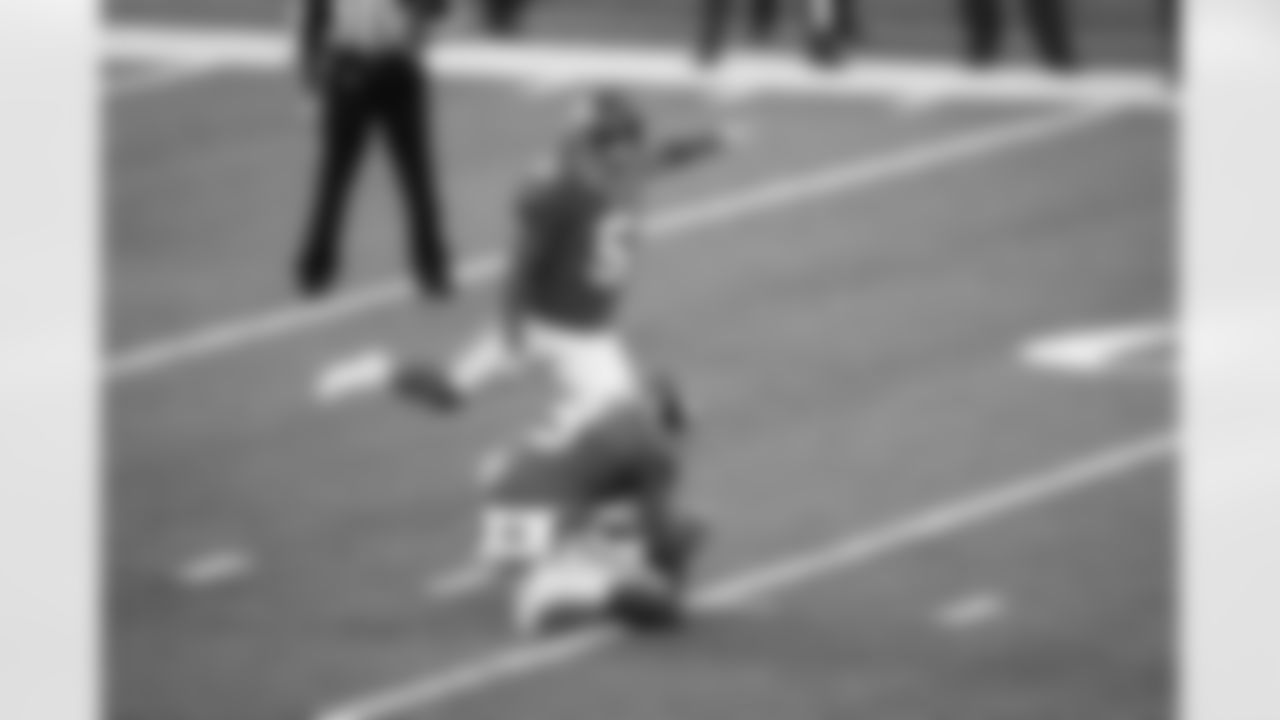
Graham Gano (5), Riley Dixon (9)
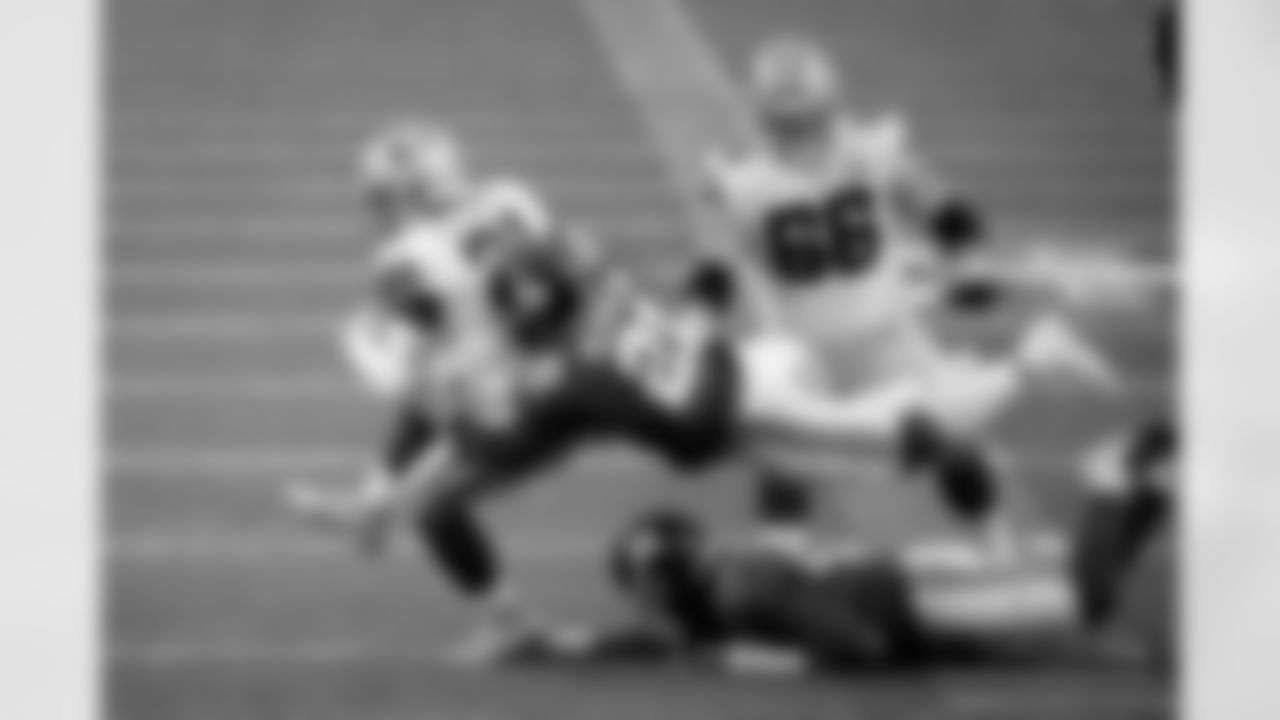
Jabrill Peppers (21)
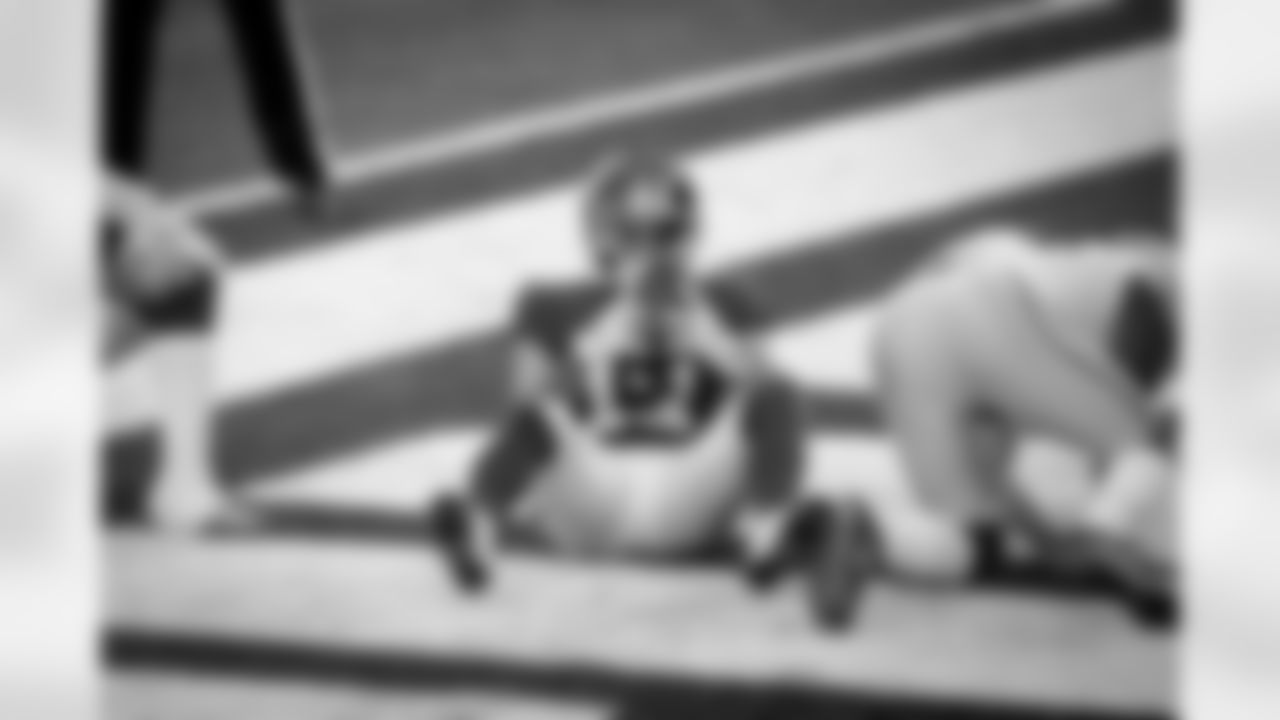
Dante Pettis (13)
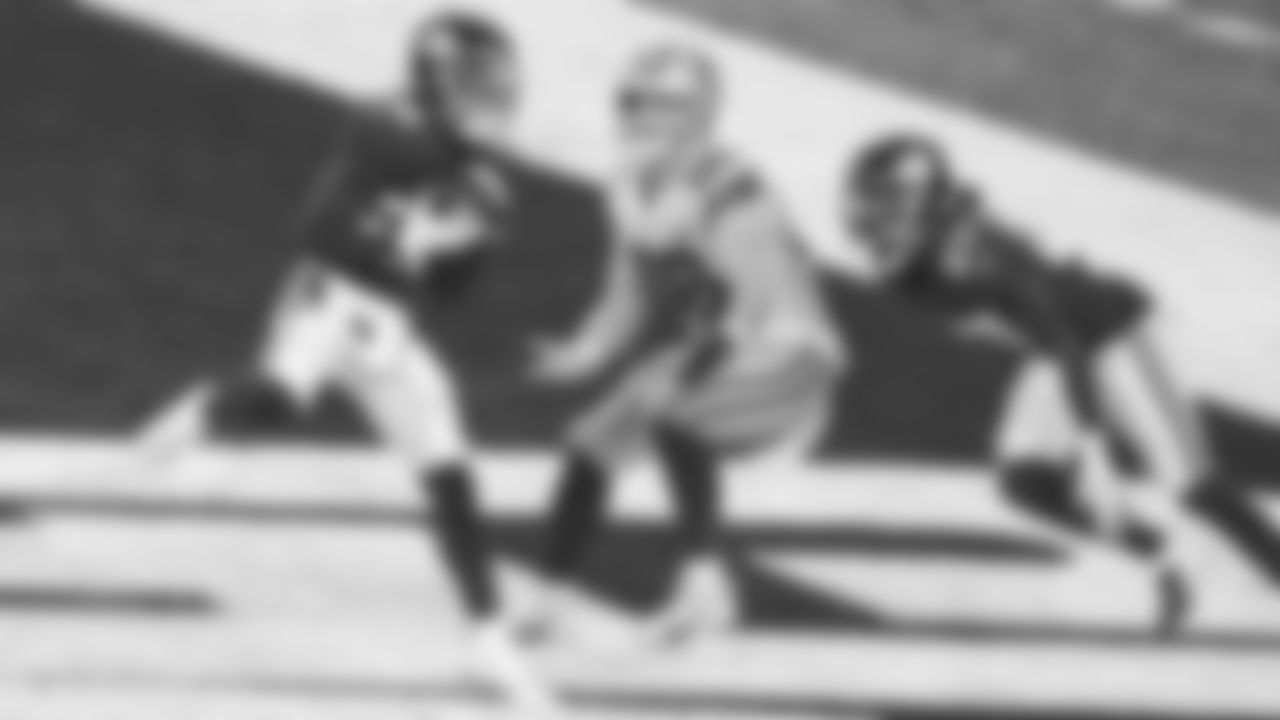
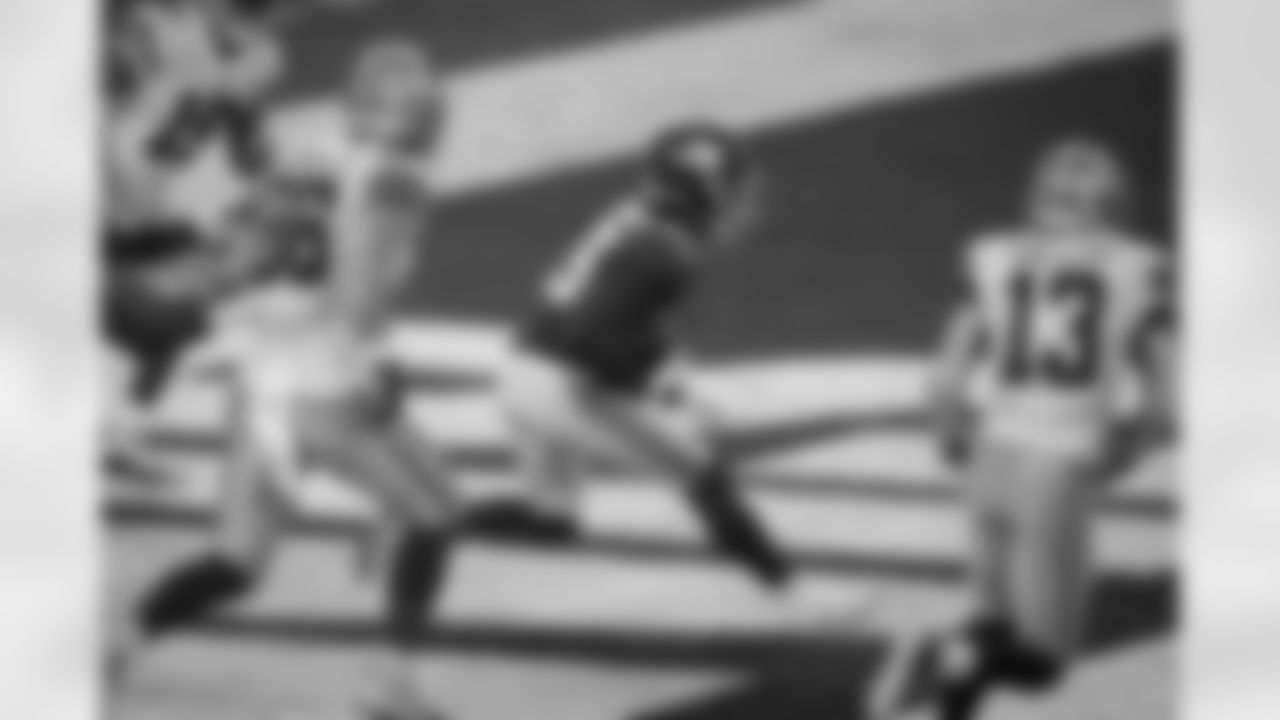
Xavier McKinney (29)
Q: It was around this time, too, that the MetLife Stadium photo room was re-named to honor Anthony J. Causi. The reality struck close to home for the New York sports media world when the beloved New York Post photographer passed away at age 48 in April due to complications from COVID-19. What do you remember about him?
Swensen: I only got a handful of opportunities to talk to Anthony on the sidelines, but every time he always had a big smile and something to make me laugh. And that's something I noticed with everyone he encountered. Besides being a great photographer, he was an amazing person to so many people and made such an impact to the entire community.
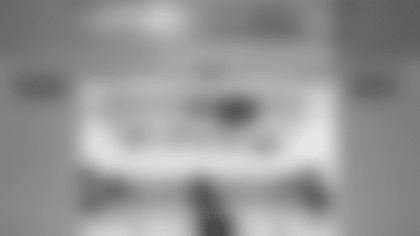
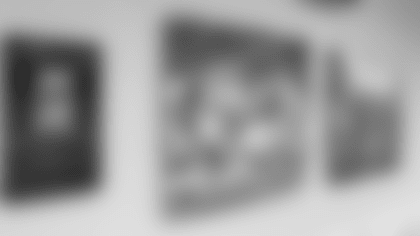
Q: What did you see from the players as they digested everything? You were among a select few who saw them in person. All of their media was done remotely.
Becton: I think they were just like all of us. At some point, it just became normal as the season went on. You hear players always say that once the ball is kicked off, they're locked in. It's how it is for us working the sidelines, too. Once the game kicks off, this is normal for us – play happens, OK, we're covering the play, go to the bench, do whatever we're doing. You got in a routine, and I think the players got into a routine, too. I don't think it bothered them as much. Probably three or four games in, that's when everybody realized this is what it is. Also, we had some variety this season. We played in Dallas; there were 20,000 fans there. So we got snippets of it, and then also there are things surrounding each game that you're focusing on. We got to play in SoFi Stadium [in Los Angeles]. That's a new stadium, so the focus becomes on that as opposed to no fans being in the building. The L.A. and Seattle trips, we stayed over. So there were things to distract you. There were still cool things happening around the game.
Q: What was the first road trip like, going to Chicago?
Becton: I've been doing this a while. The first thing you notice is the amount of buses we had in the parking lot. We are normally traveling with five; I think we doubled that.
Q: And you probably had half the number of people traveling.
Becton: Exactly. To space everybody out. You got a text message the night before with your bus assignment, so that was new. When we get to the airport, normally we just all unload and go through TSA, but they unloaded us in sections. Swen and I are usually outside the plane shooting guys getting on, and the first trip, we basically missed everybody because we were on the last bus. Once we got on the plane, the amount of space between was different than what we normally have. Food serving was different.
Q: The space must have been a nice perk, though.
Swensen: You were on that plane; you know that thing used to be packed. They were stuffing people in the overhead. Now everybody basically had their own row almost, and it was a bigger plane.
Becton: Definitely nice. I got to stretch out a little bit.
Q: Once you get to the team hotel, now what?
Becton: You grab your key and go to your room, and we'll see you the next day.
Swensen: One of the best parts of traveling – this was only my third season traveling with the team – was the city. You get to go outside, see it, go for a nice meal, and maybe do some fun stuff after. This was literally, we got to Chicago, it was 5 o'clock or 4:30 or something, it was like, "Let's just get food now." So we went to the meal room in the hotel, they put it in to-go containers, put it in a brown bag, you have to eat it in your room, and then basically you can't leave your room until you get on the bus to bring you to the stadium. You had to be in your own rooms, too. It's not like I could pop into Mike's room or whatever. You watch TV and you fall asleep.
Q: The game of the year was the victory over the Seahawks in Seattle. You guys came back to a surprise with game balls with your names on them. How special was it to be recognized by the football side of the building?
Becton: That was incredible. I had just walked into the studio because I was going to set up for a shoot and they were just sitting there. No one told us we were getting them. No one said, "Hey, they're in the studio." They were just there. My first one. To see your name on a football, that was pretty incredible.
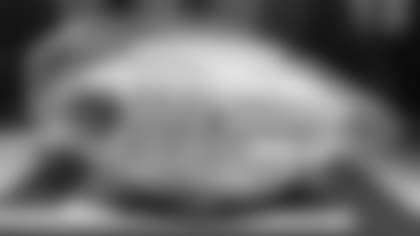
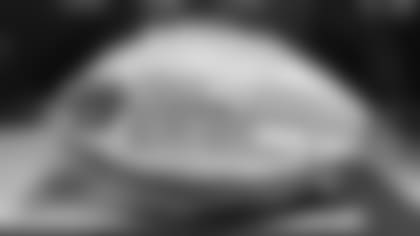
Q: Even in normal circumstances, the grind of a season takes a toll mentally. Was it harder this year?
Swensen: The craziest part – and this might be a good perspective – is because of the testing and all the safety protocols, Mike and I, besides wearing a mask and all that stuff, we're going to work every day. And we're working every single day. It was a lot different for people that weren't around people. Everyone at home, they're locked down, they're in their house, they've never worked from home. I think we at least got to go into somewhere to break that wall a little bit and go in and work.
Becton: That's the thing. You had your routine, you had your companionship, you're doing your normal thing, but you've just got masks on and you're six feet apart.
Q: Speaking of distance, how was access different for you?
Becton: No locker room. The most difficult part was the physical aspect of the job because of protocols. I didn't have my normal audio person with me and we didn't have any other video cameras on the field. So I had a lot of ground to cover on game day. You want to be in position for the play, and then let's say we score a touchdown, I have to sprint to behind the bench and hopefully get good reaction because we have features that depend on that reaction, like "Sights and Sounds". Then get back in position for the next play or the next series. Same thing with postgame. I want to get reaction on the field, but I also have to beat Coach [Judge] or the players to the podium because I'm running that.
Swensen: I don't help Mike on the road, usually. In the past, he had a crew on the road. Half the plane was Mike's crew. No, but he had like three extra hands on the road, so this year was the first time I was involved in helping him directly. Tiny stuff, but it's a lot. They were shooting five or six interviews postgame and we were packing up trying to get to the bus and we're running in our suits … because it's just two people. There's a lot of things, even on the road, like angle-wise … at home games, we've got three photographers there and they had to be in the stands this year because they weren't allowed on the field. On the road, it's just me. Same with video. On the road, it's just Mike shooting. You feel the pressure. You're in the game, too. There are people back home who are waiting for that shot to come in.
Becton: Literally, what I'm shooting is being streamed live back to our co-workers at home, so I really do feel the pressure of every single play.
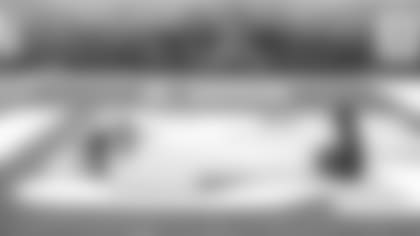
Q: When the season ended, were you somewhat relieved?
Swensen: It's crazy because I grew up not the biggest sports guy, but working here, you are so involved with everything that's going on, you feel it. You're a part of it. So you're mad. You want to win, no matter what. All those feelings go out the window, but once it happened and it's over, you feel like a weight is off you because it's a lot. It's a lot. Every season, no matter pandemic or not, and with the pandemic even more, by Week 16 or 17, you're stressed.
Becton: You're tired. You're tired. But for as long as I've been here, because of the pandemic, I've never felt as much as part of the team as I did this year. I think this year we were really included in it, and that made the work easier. It's like we were a part of the team.
Q: Looking back, what will you remember?
Swensen: It was early in camp. At like 3 o'clock one day, Coach [Judge] asked us to come down to his office. They were having this big team meeting. Basically, they needed mine and Mike's help with it and I had to design and create this PowerPoint for his group project. At the same time, Mike was working with him, too. We had other shoots going on that we were setting up for. I'm like, "I can't do it! I have to do something for Coach!" We have deadlines and stuff, but I asked Mike, "When do they need it?" He's like, "The meeting is in an hour." "What?!"
Becton: It's stuff like that, you felt included.
Q: Is that all because of the pandemic or is that Coach Judge?
Swensen: Both.
Becton: It was about building trust. It helped us to do our jobs better. For me to be behind the bench and the players talk to my camera, when guys get a turnover or something, they're looking to mine or Swen's camera because we were the familiar faces.
Swensen: We're here to capture this history, and I think they saw that really quickly. With everything that Mike was doing and helping them, we were part of them. That was made clear very early, and they saw it the same way. Mike and Coach Judge would walk from shoot to shoot – NFL Network, regular media, a phone call – and you'd just see them both just walking one in front of the other.
Becton: With the Joe Judge Report, we had to move it because of the protocols and the production team was moved to the stadium. Every Monday, I had to set up for that and that's literally three cameras. I had to set that up, set up his media avail, and then we would walk between them and onto the next ones. That's what I'm saying. It was historic, right? First-year head coach, pandemic, and we built that trust.
Swensen: And you can't forget his mud slide in training camp.
Becton: Oh yeah. I was midfield at practice about to walk off and Swen comes over and he's like, "You might want to walk over here." I said, "What's going on?" He said, "Coach Judge is making a mud pile." That's it, cool, that's where we're going. Next thing you know, guys are sliding in the mud for a fumble drill and we're right there in the middle of it.
Swensen: They were doing fade passes and receiver drills in the end zone, and I was in that corner where it happened. I look over and I see the groundskeepers bring a hose out. I thought they were fixing a part of the ground. What else are you going to think? They're spraying the ground, but it's right next to the field. One of the guys came over and said, "Oh, you're going to want to be here for this. Coach Judge is going to make all the rookies slide through the mud." That's when I ran over and grabbed Mike. As soon as practice ended, Coach gathered them all up, and then one by one, all the rookies went through and then all the new coaches went through. As soon as the coaches went through, you knew that Coach Judge was going to do it. There's no way I'm missing this. I'm getting in the middle.
Becton: Because we were the only two, we were heavily dependent on each other. If you see something, let me know. If I see something, I'll let you know. Usually, we'd have three other camera people. A lot of times, it was just a look or nod at each other to let the other know. You have to keep that eye contact just to be aware of it.
Giants players - along with Coach Joe Judge - ran mud drills at the end of Tuesday's training camp practice.
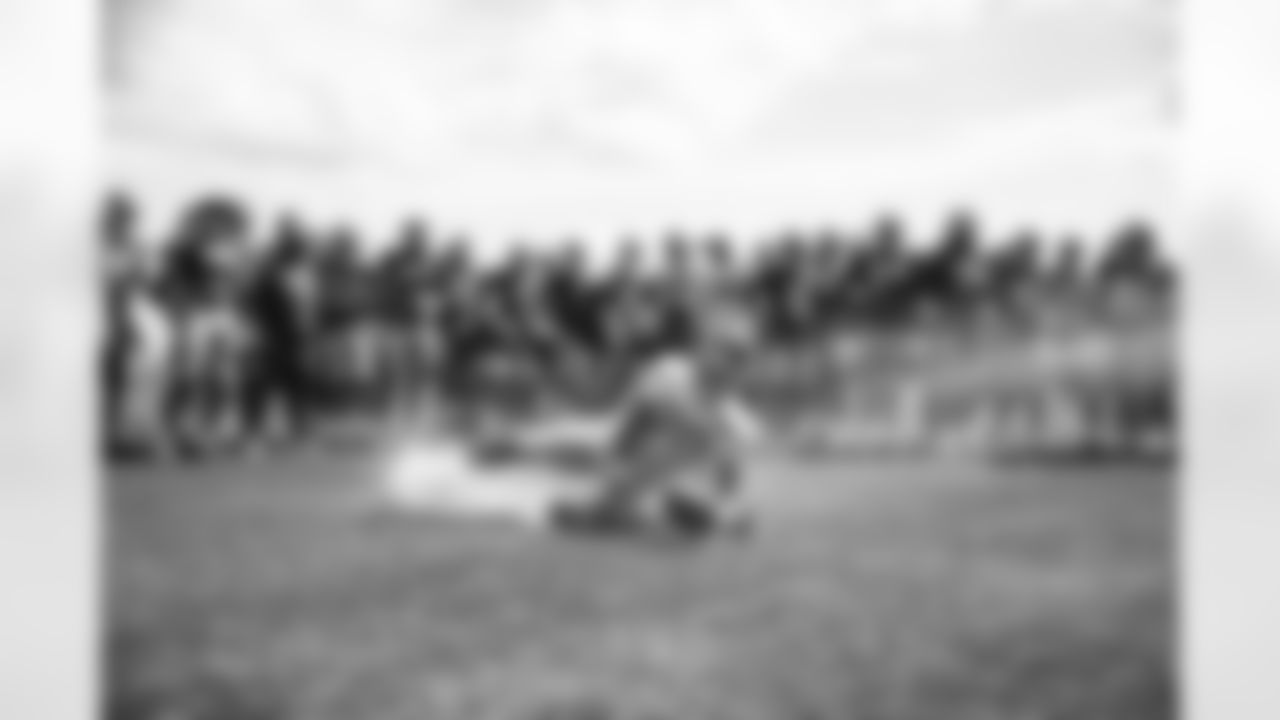
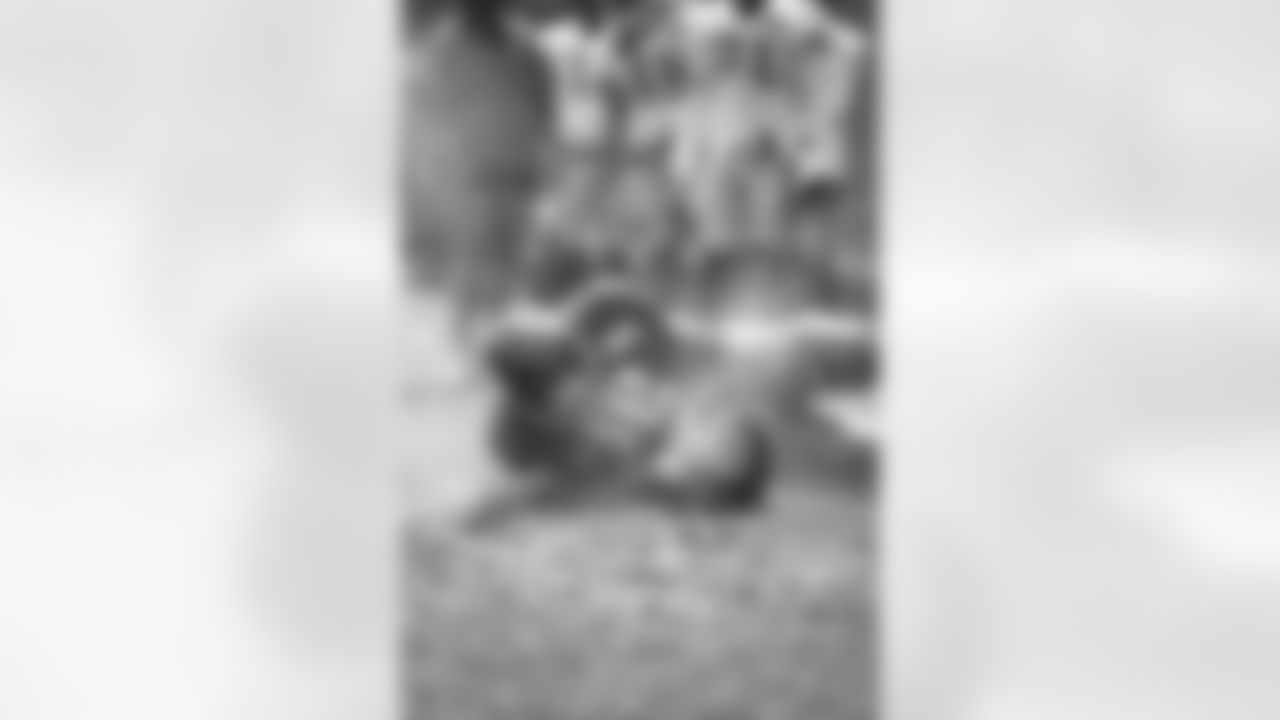
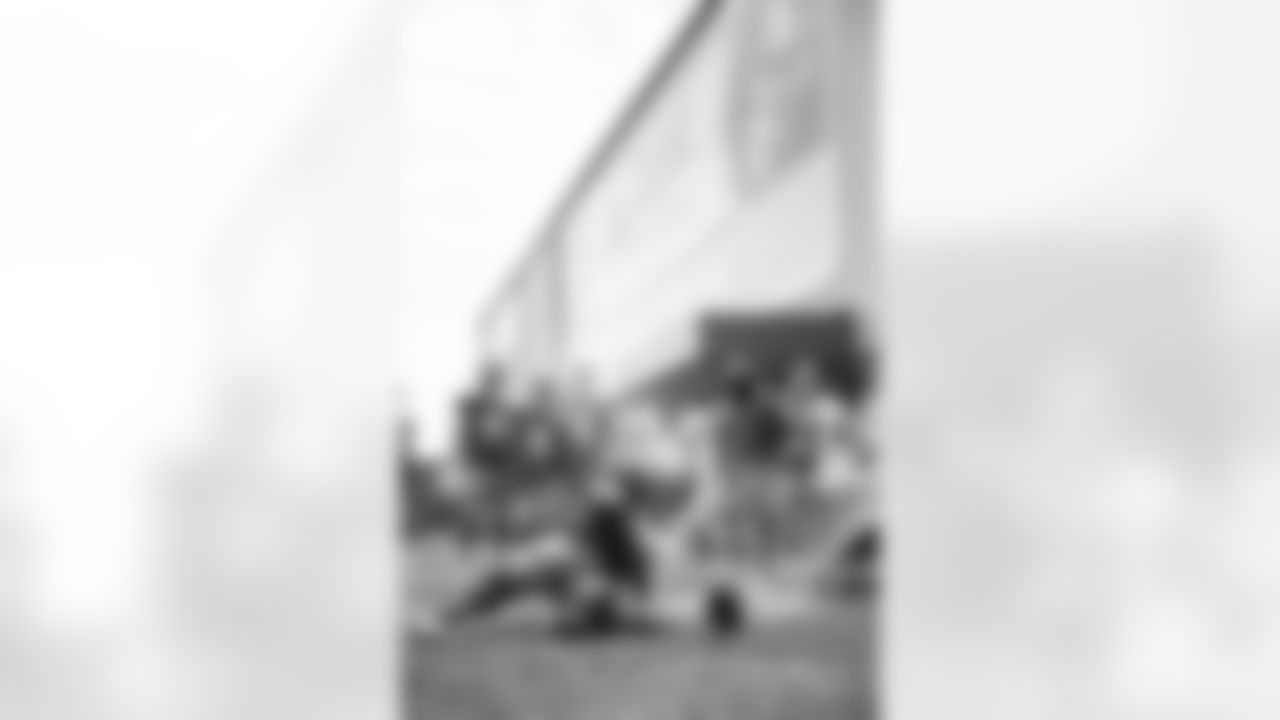
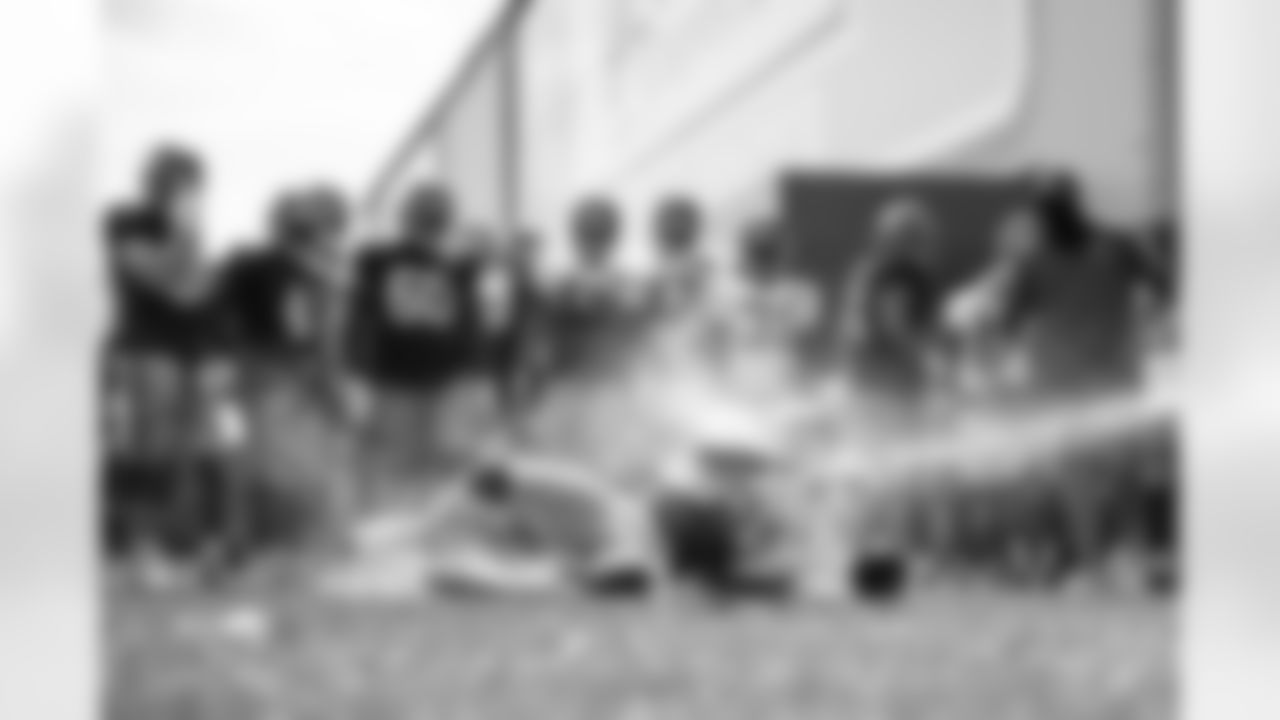
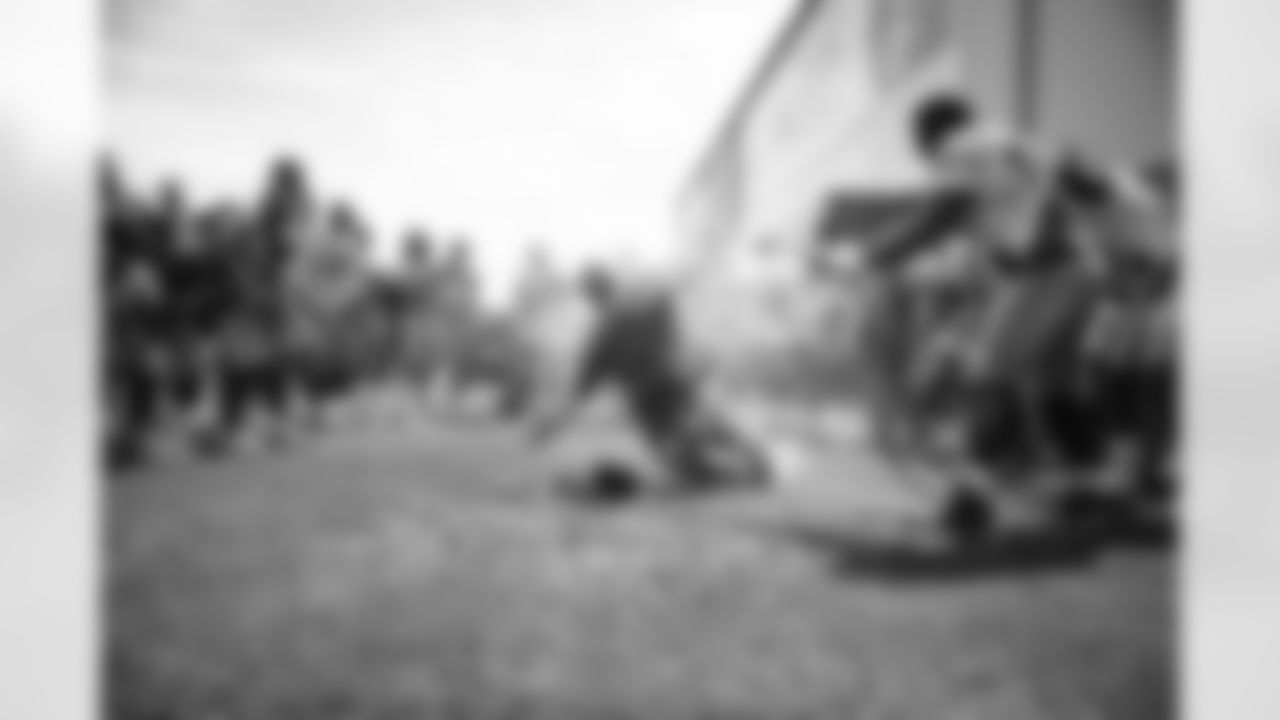
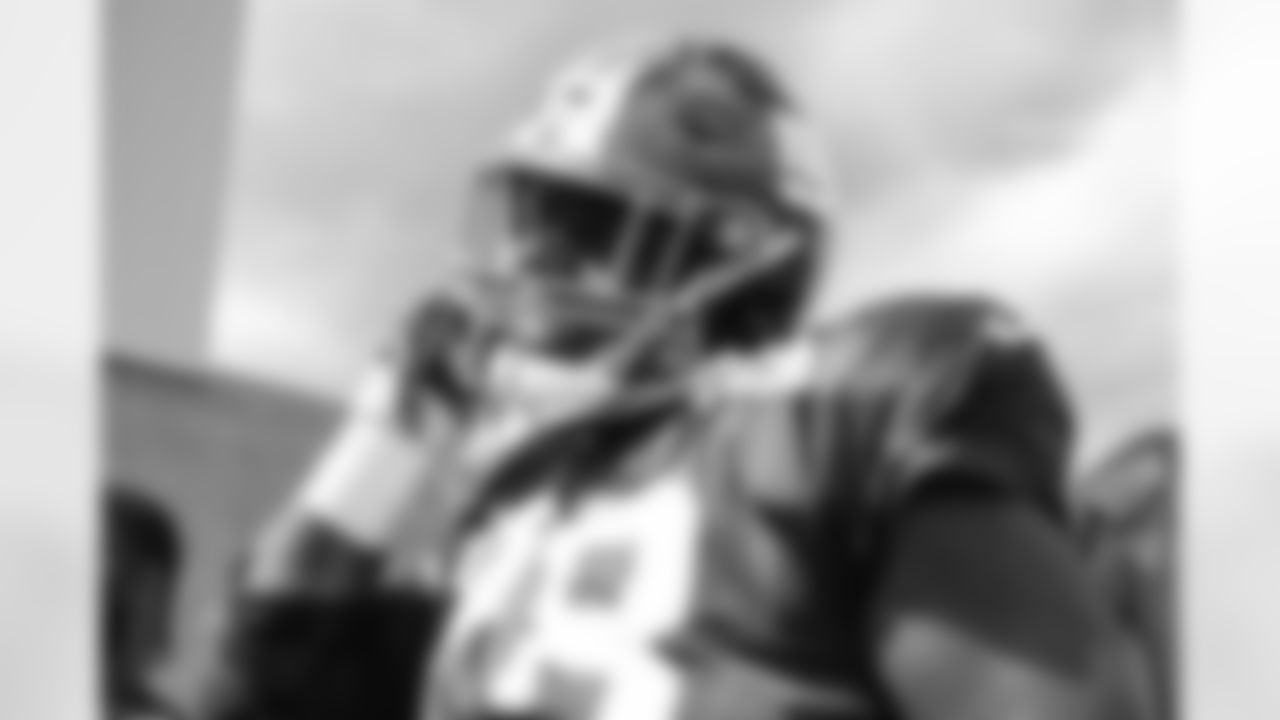
OT Andrew Thomas
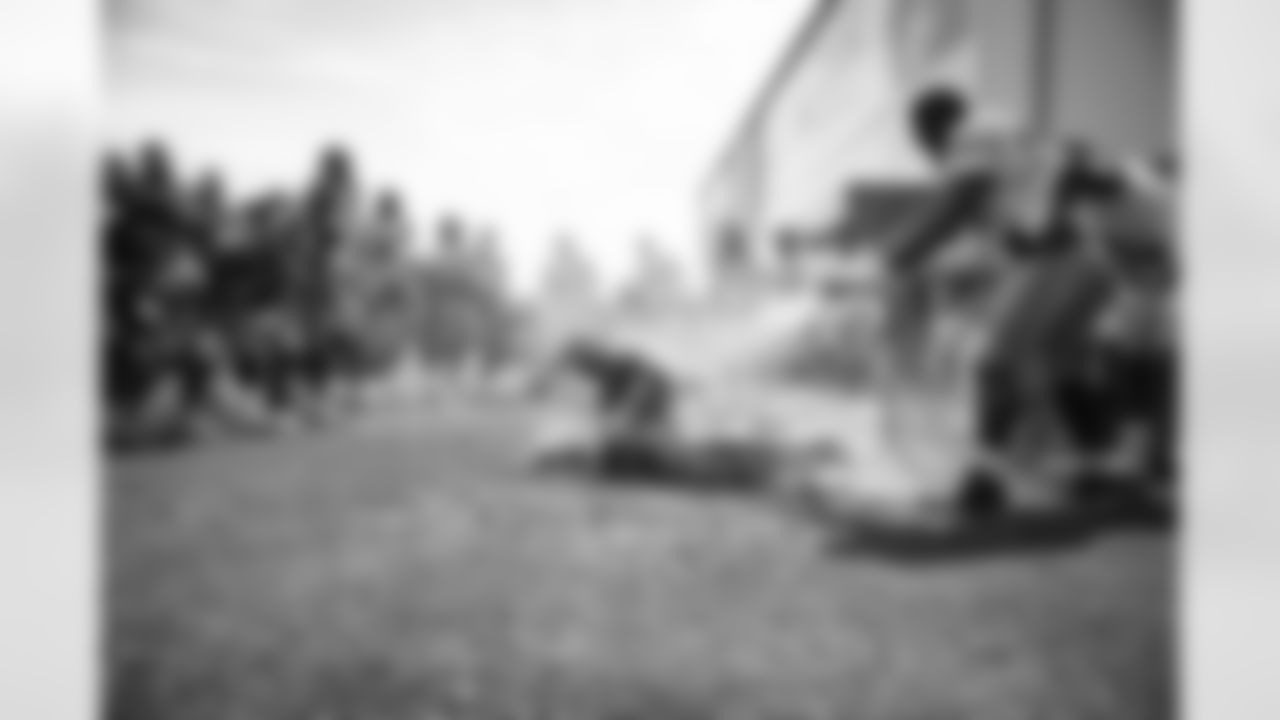

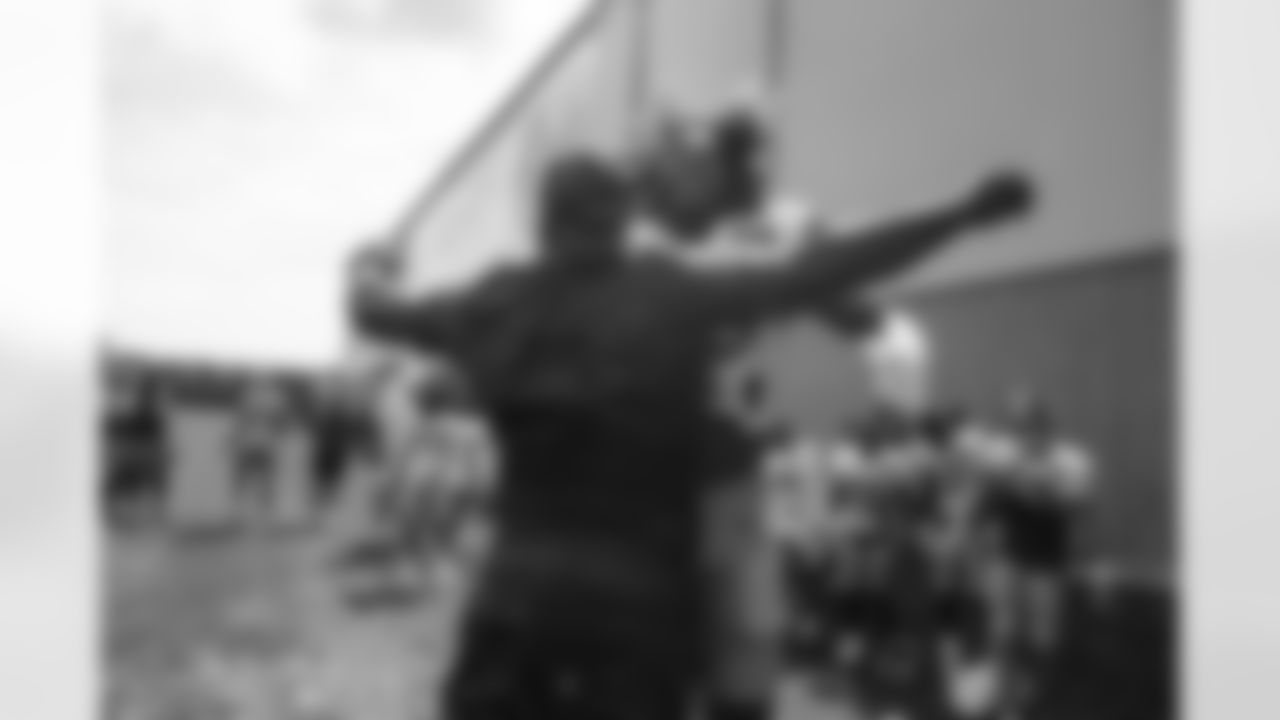
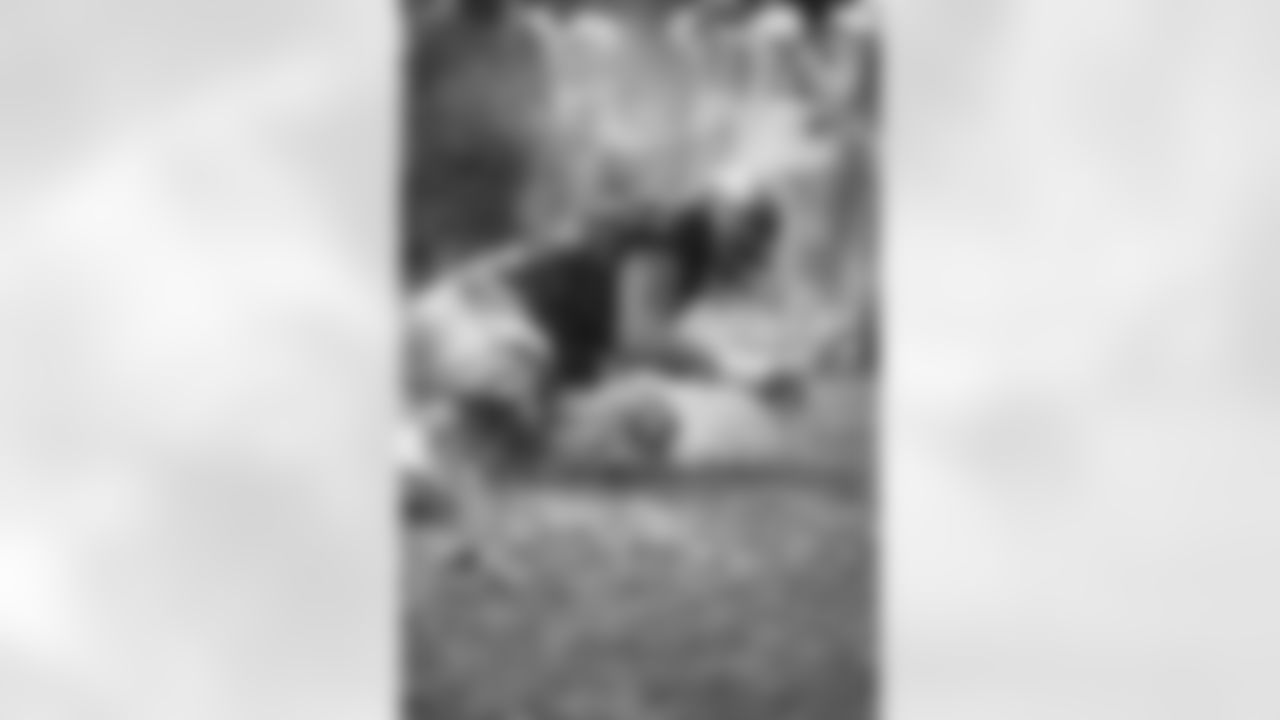
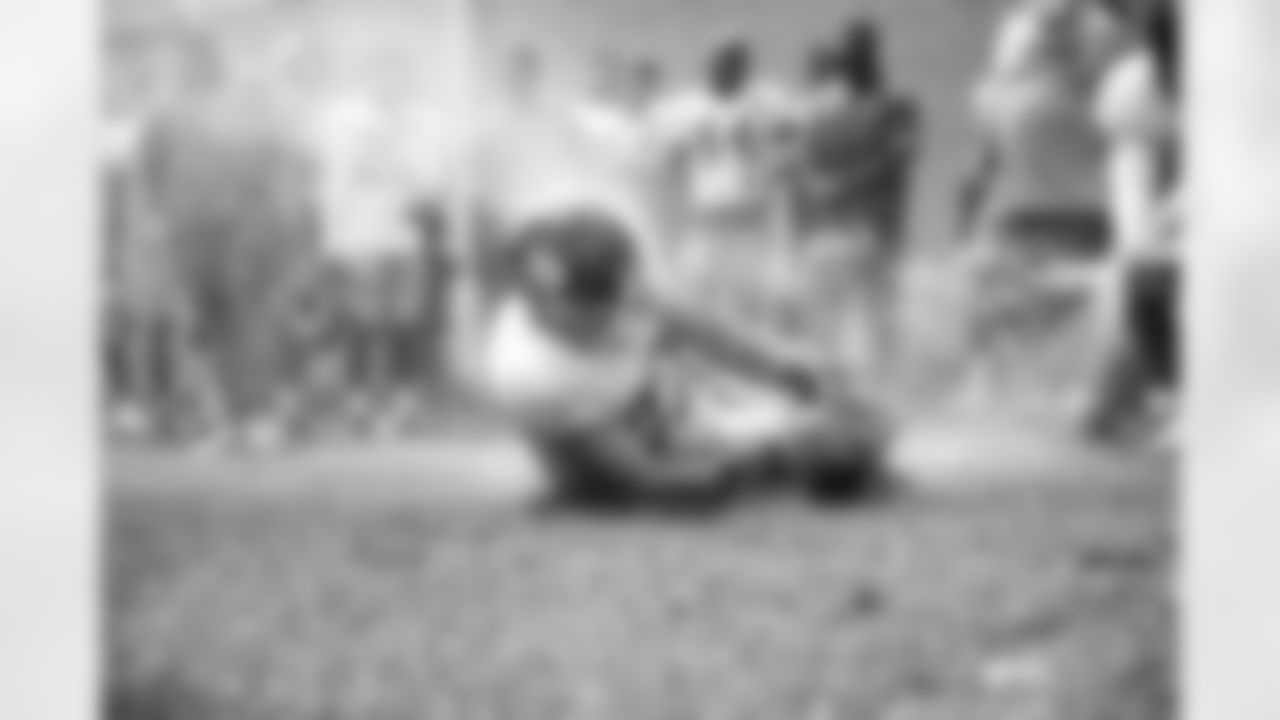

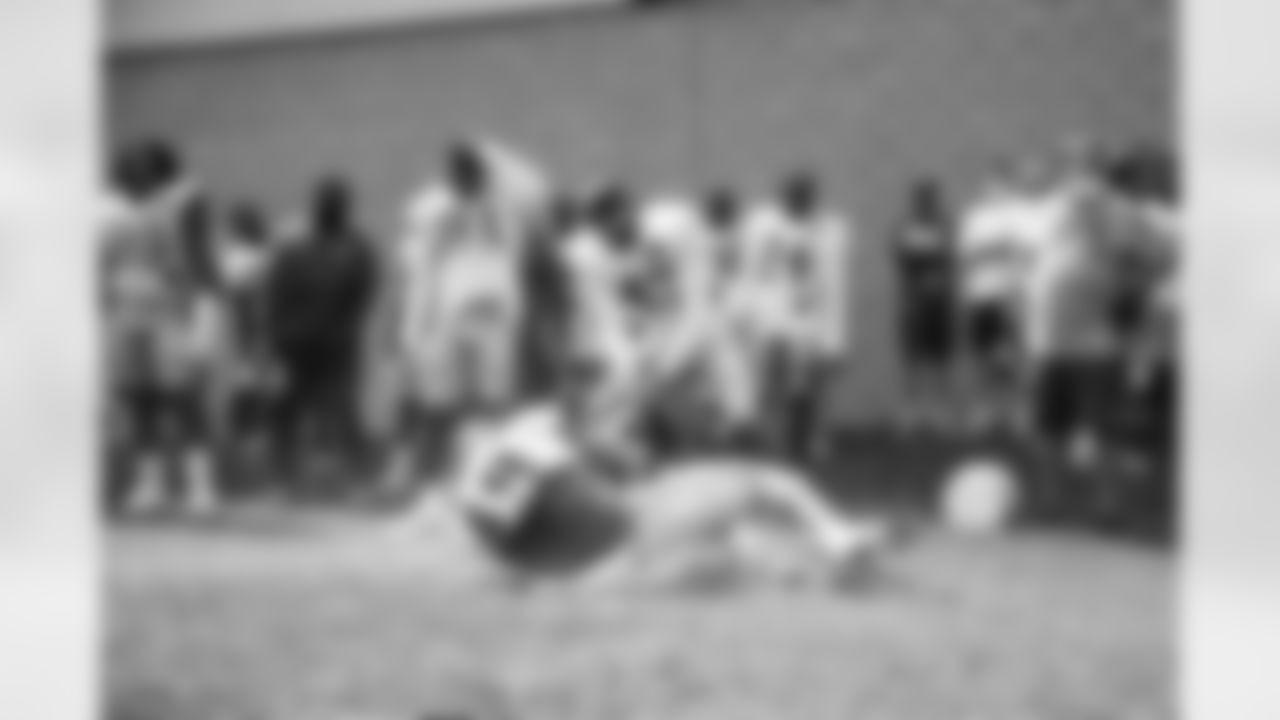
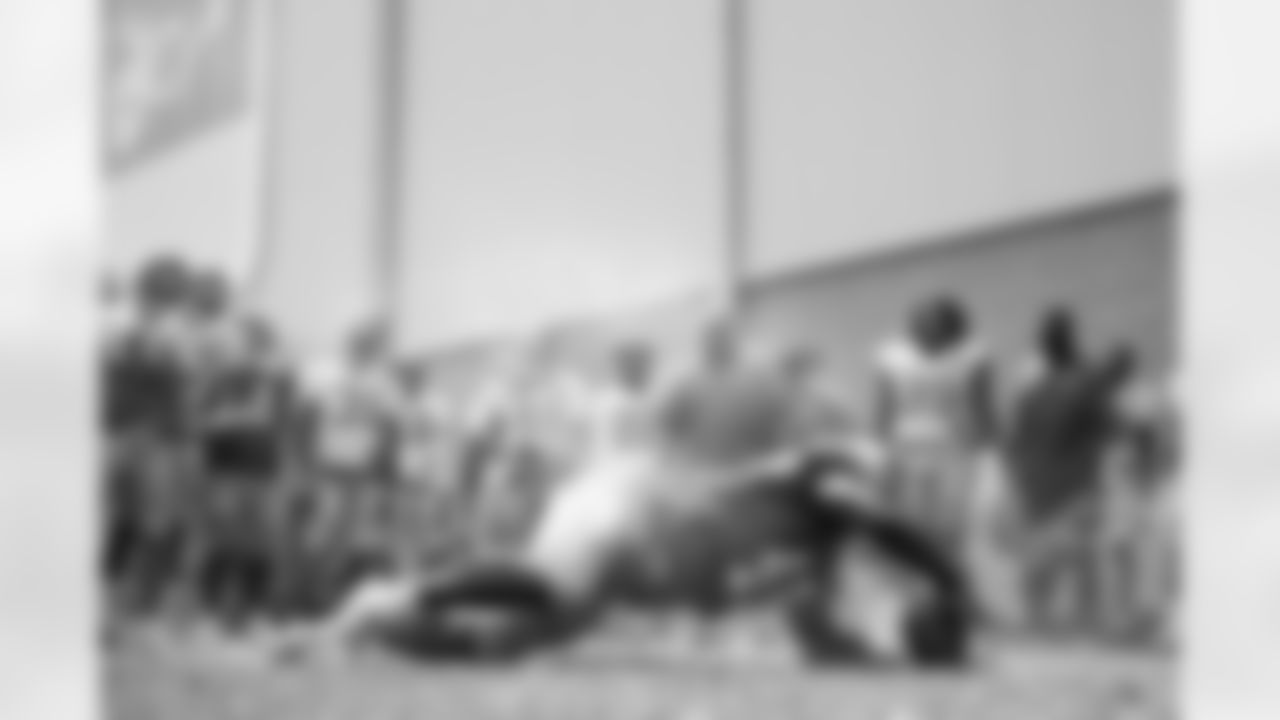
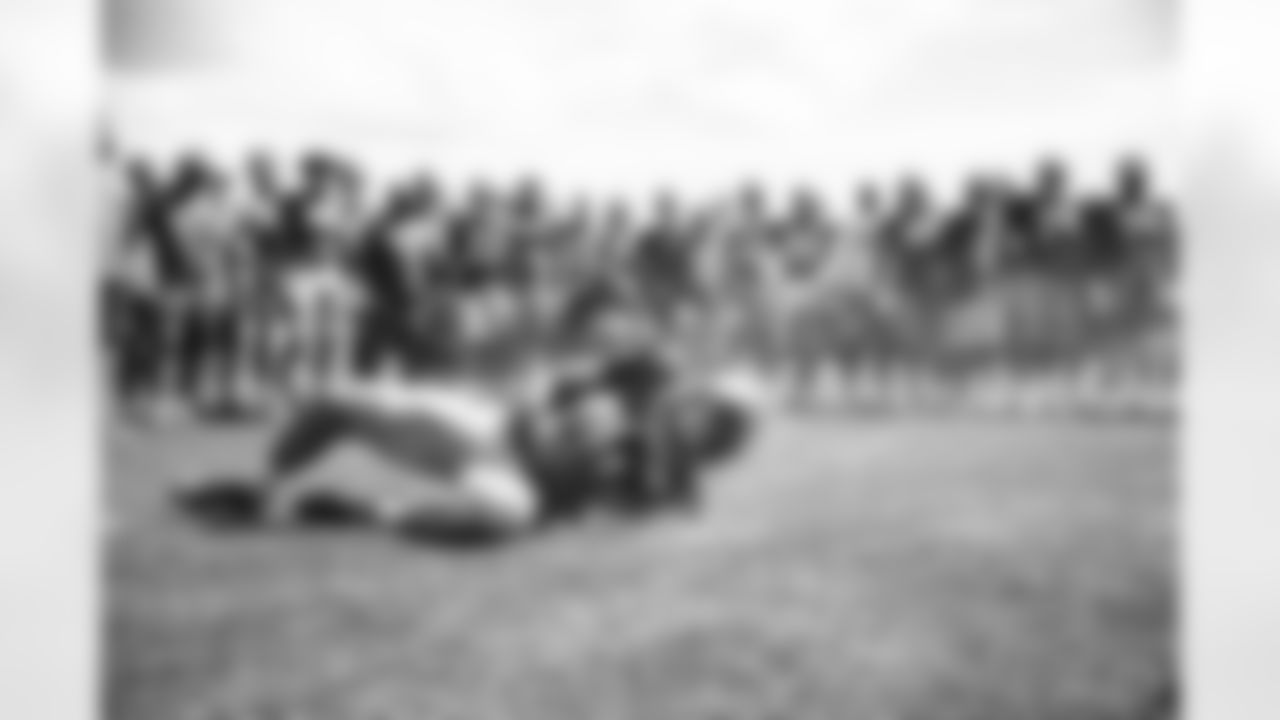
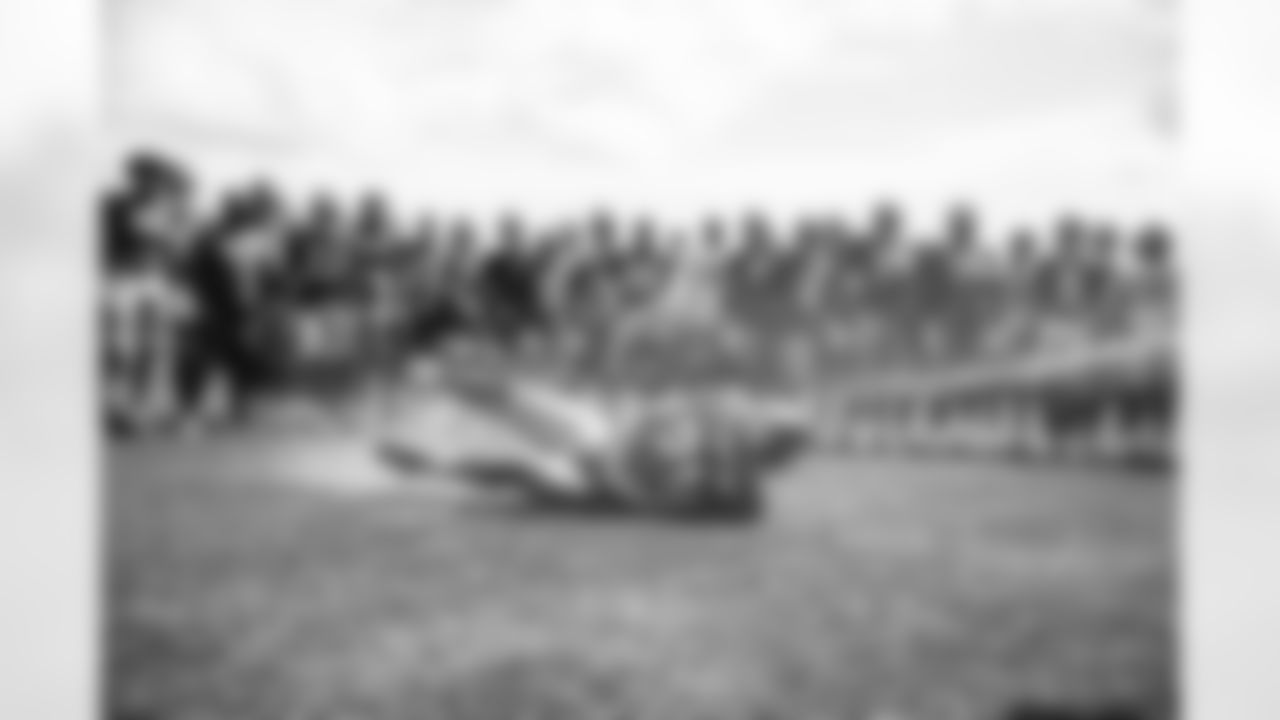
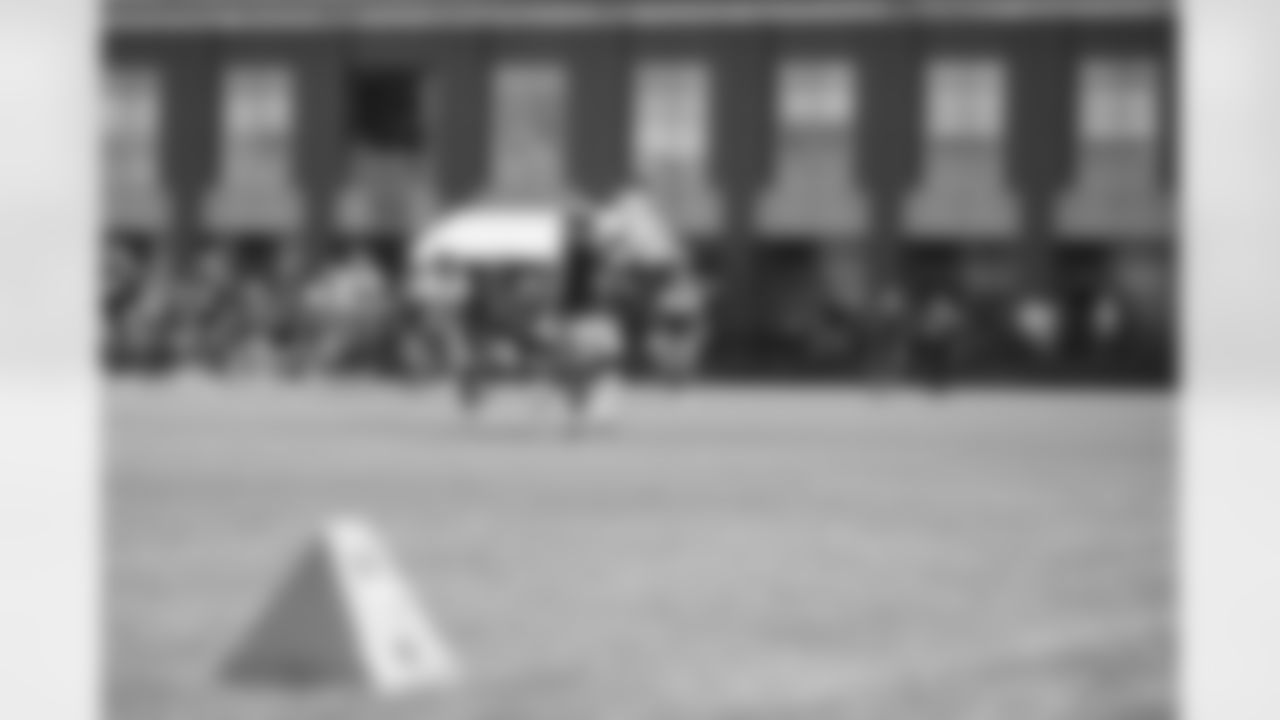
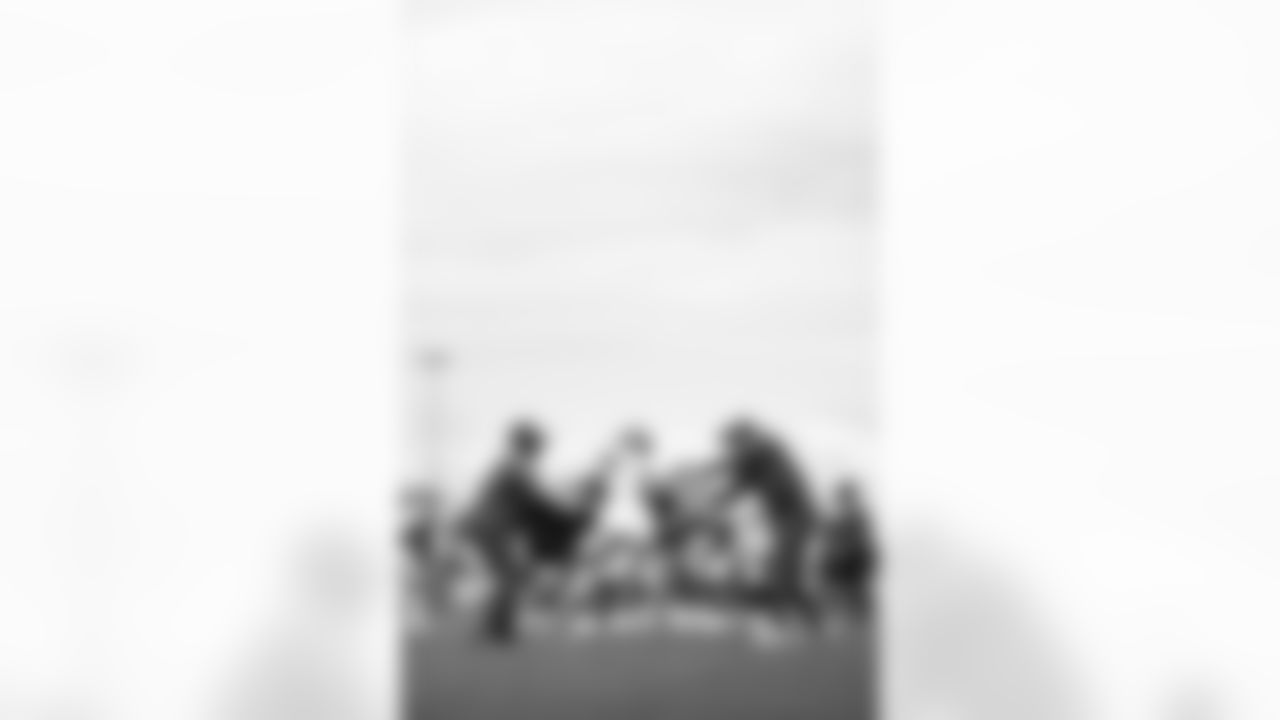
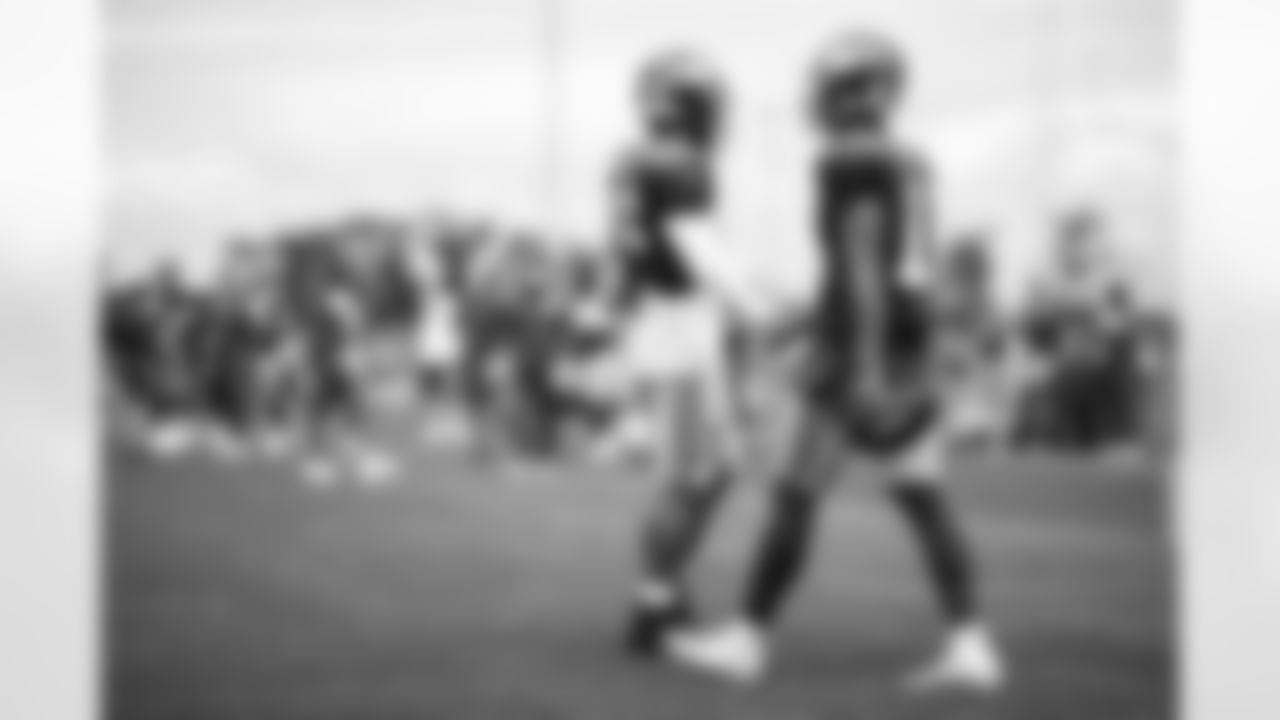
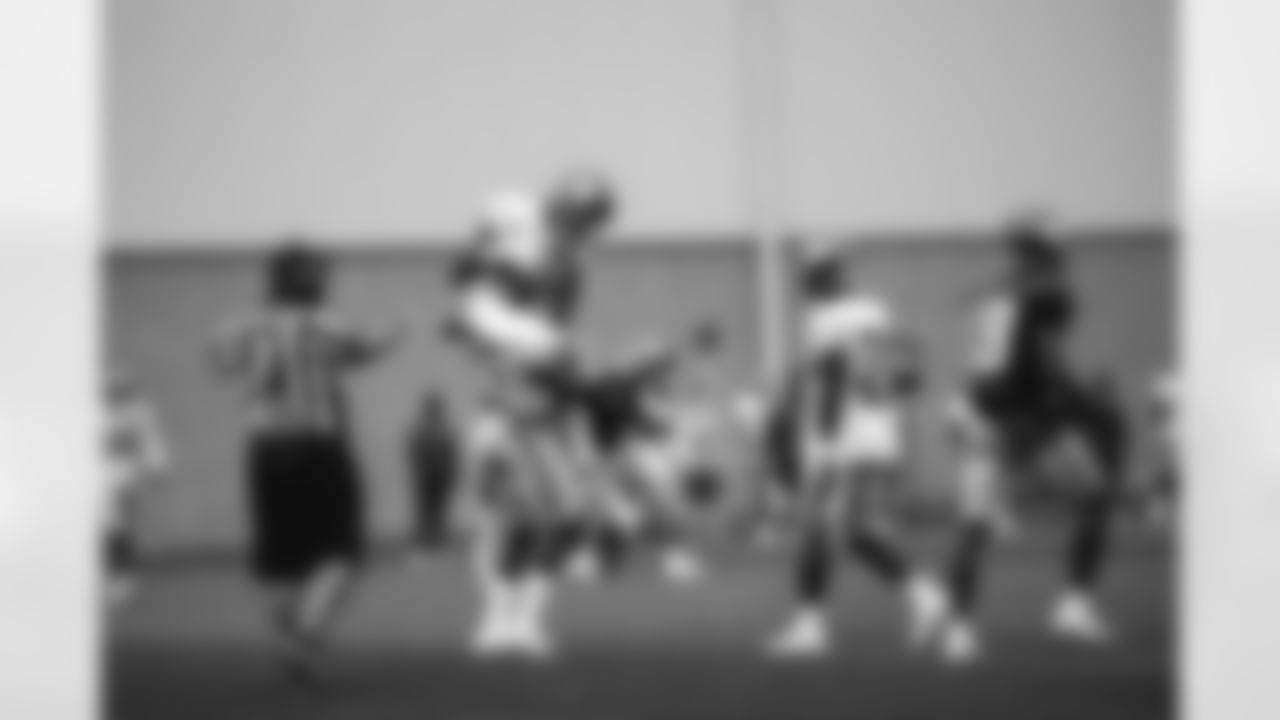
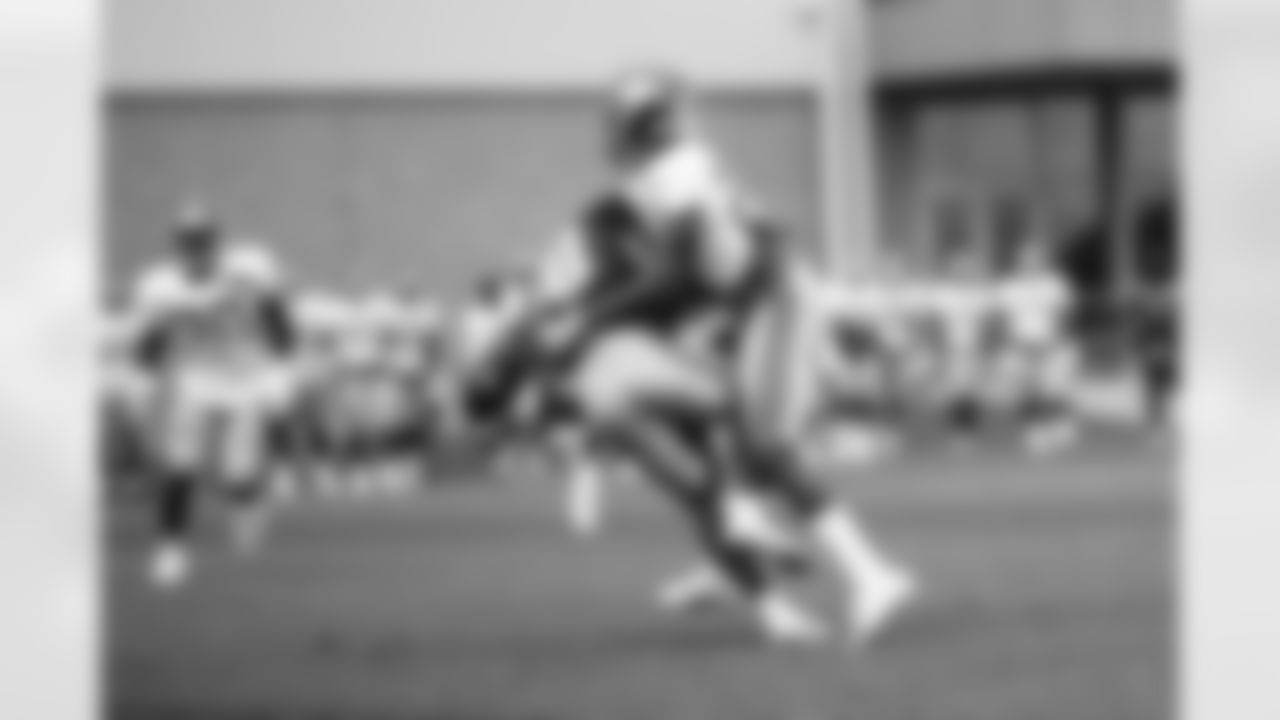
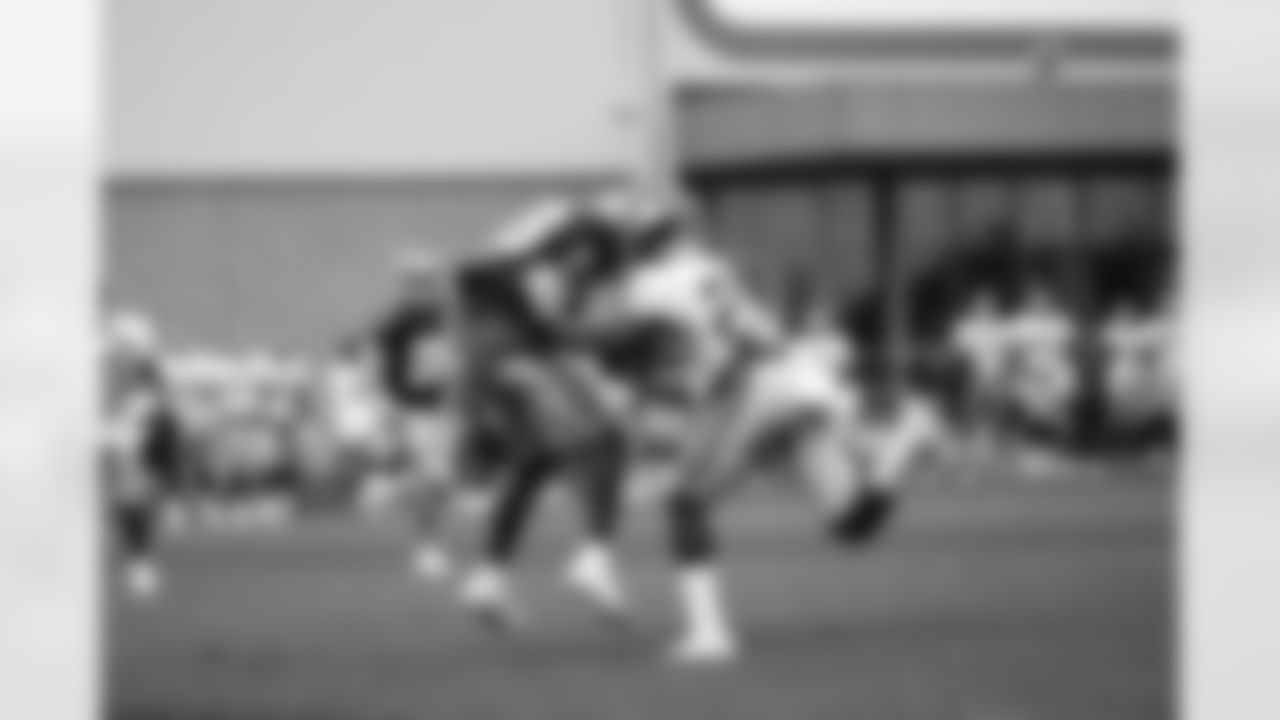
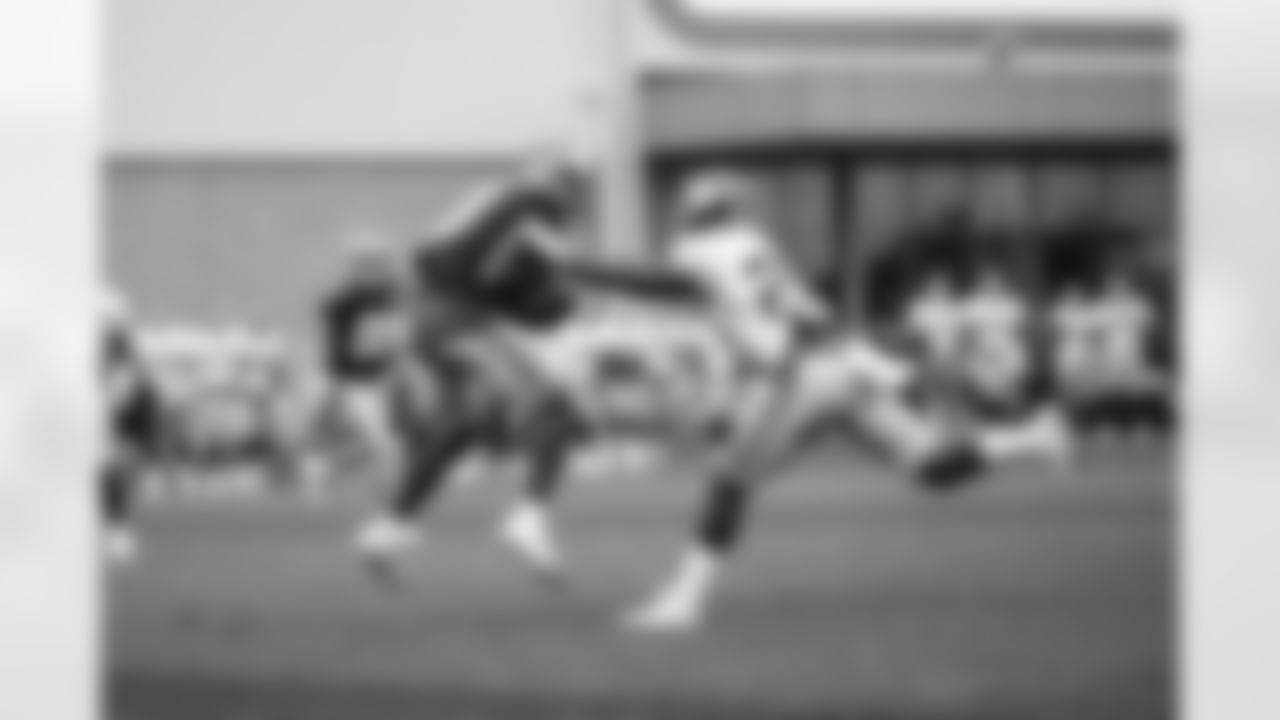
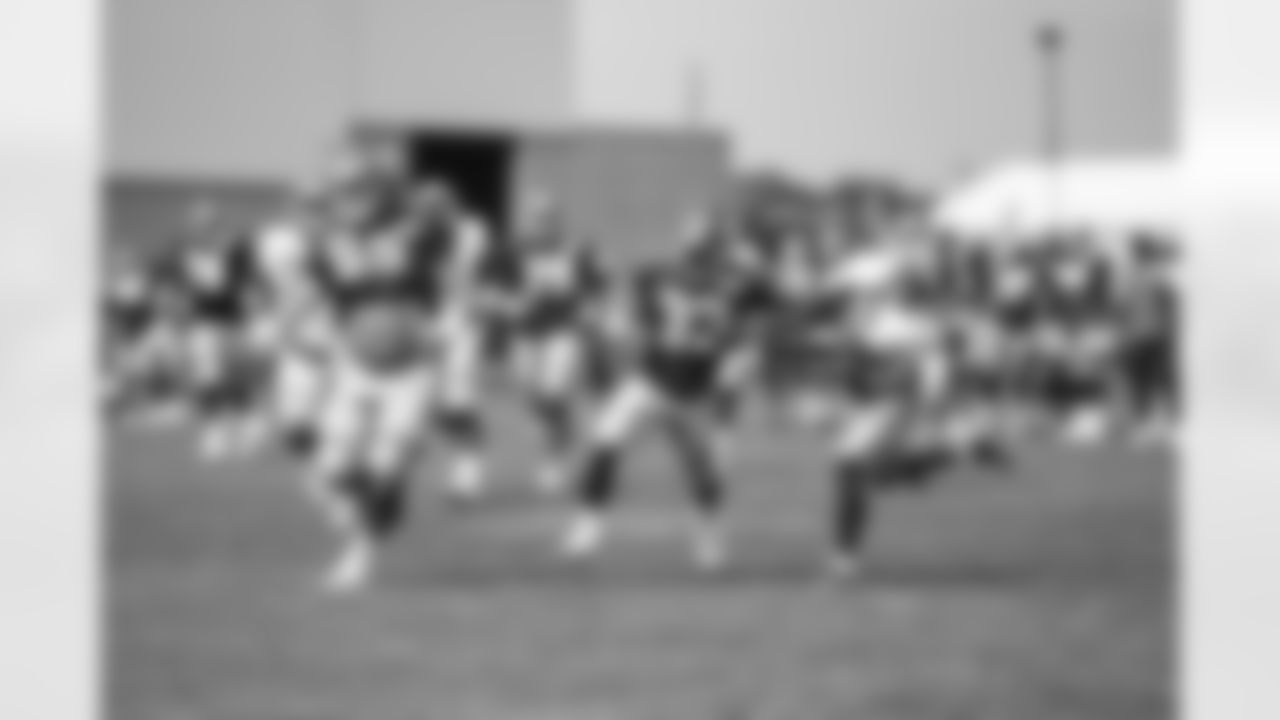
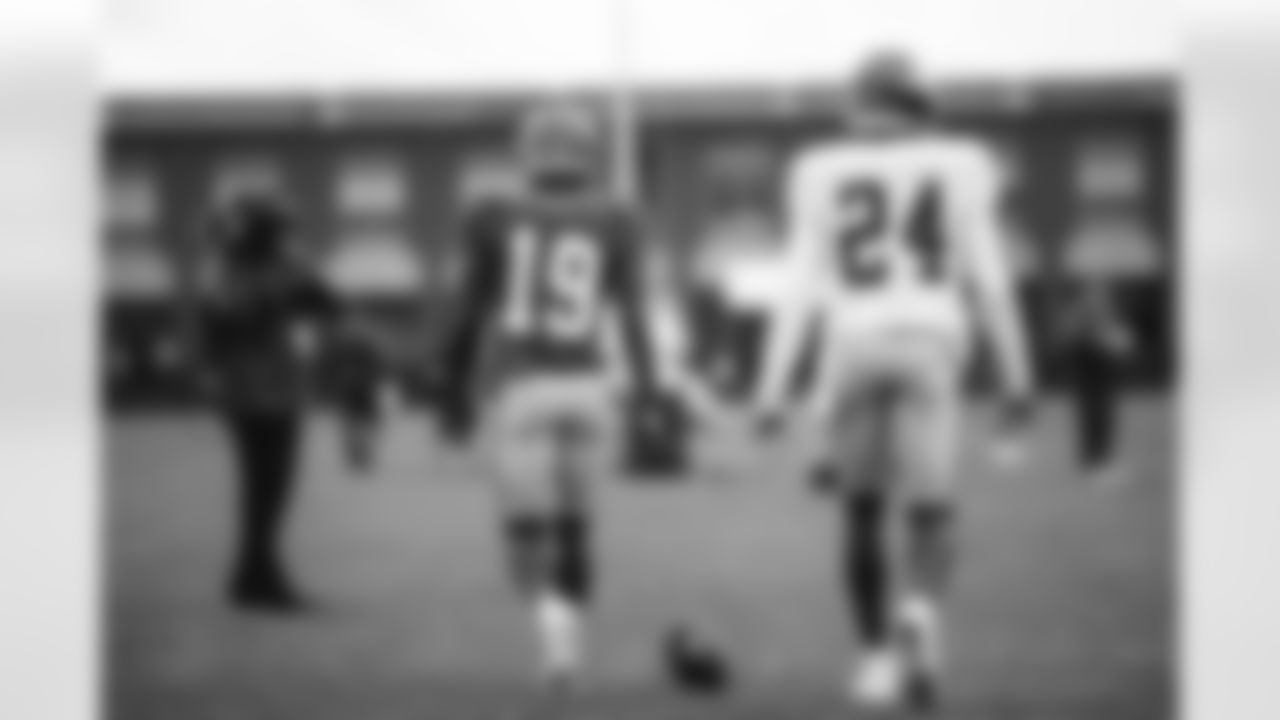
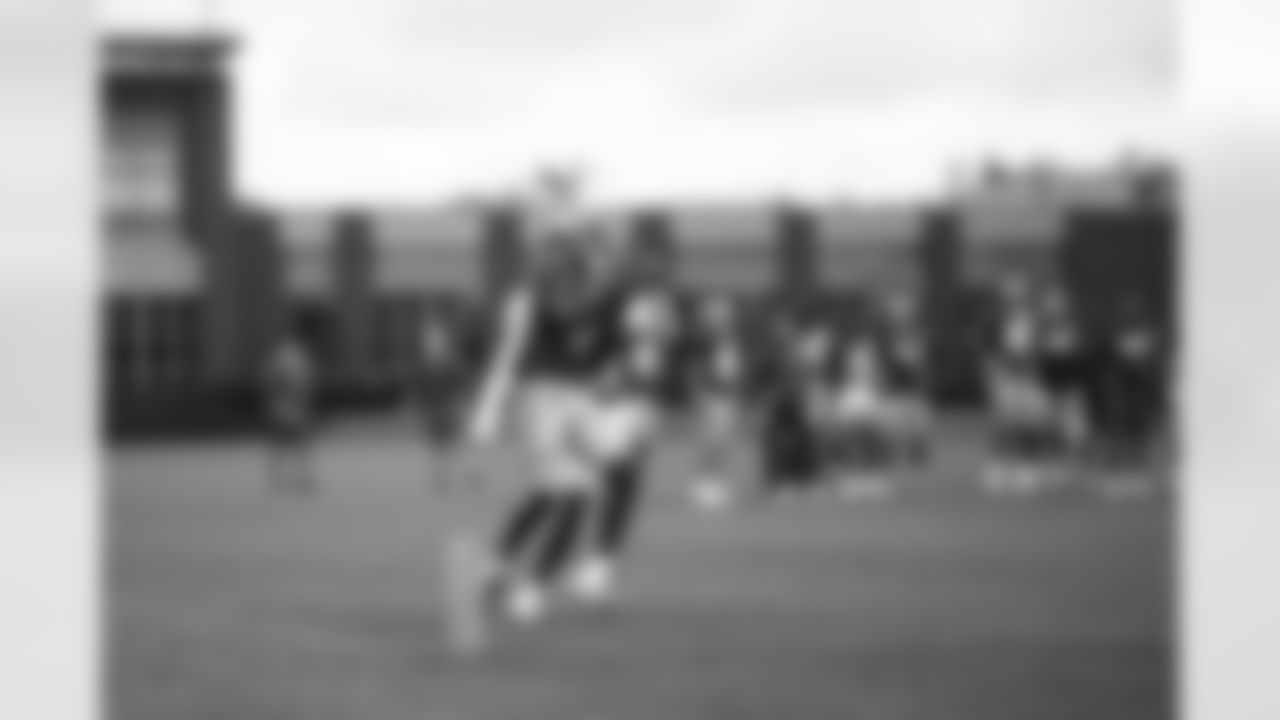
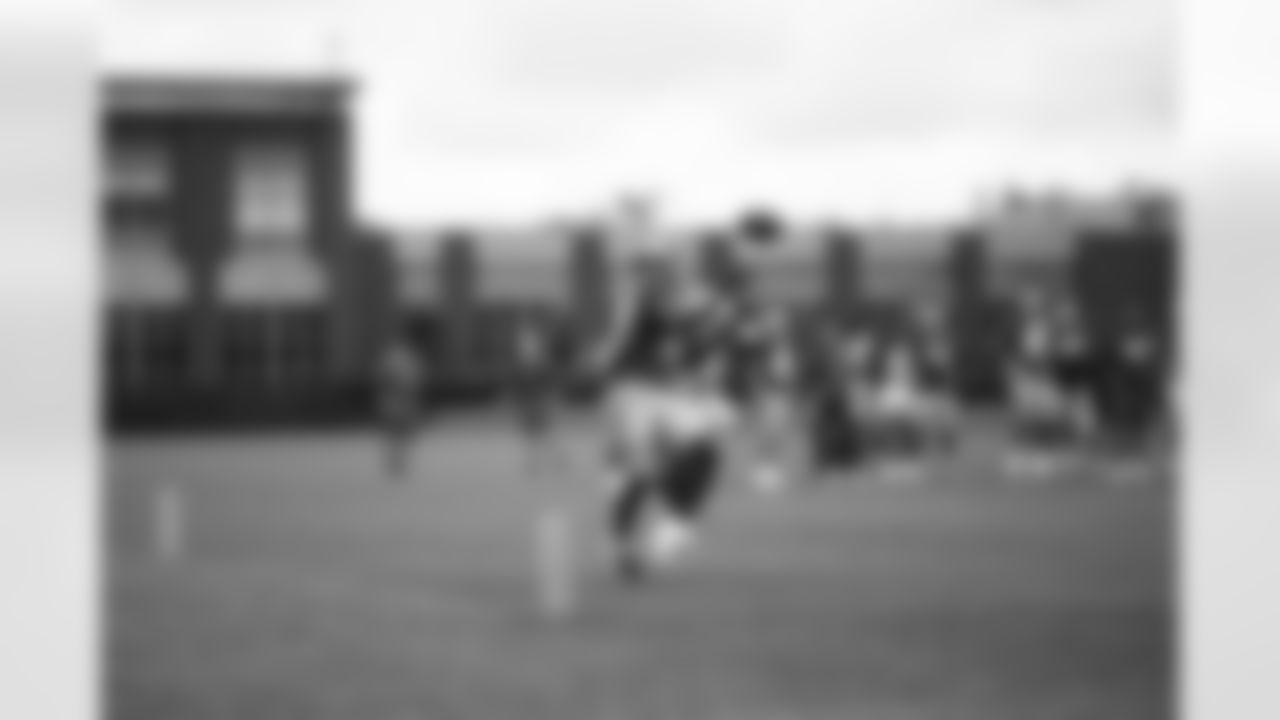
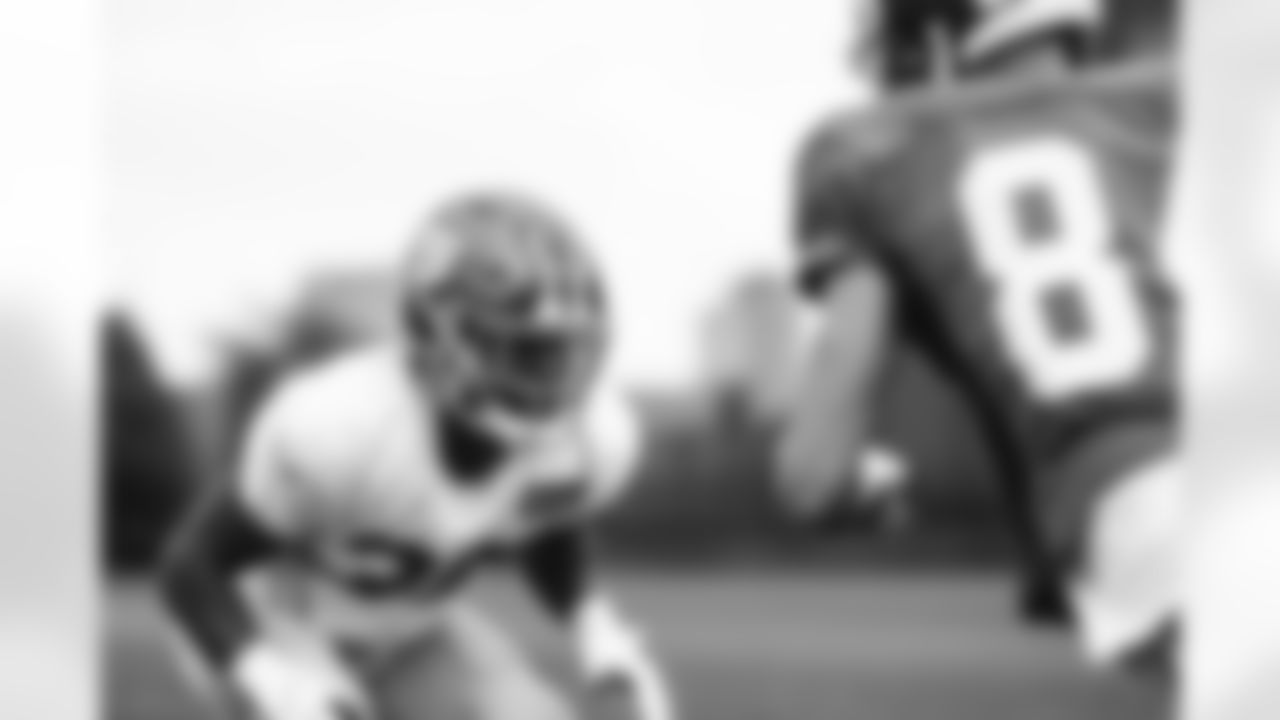
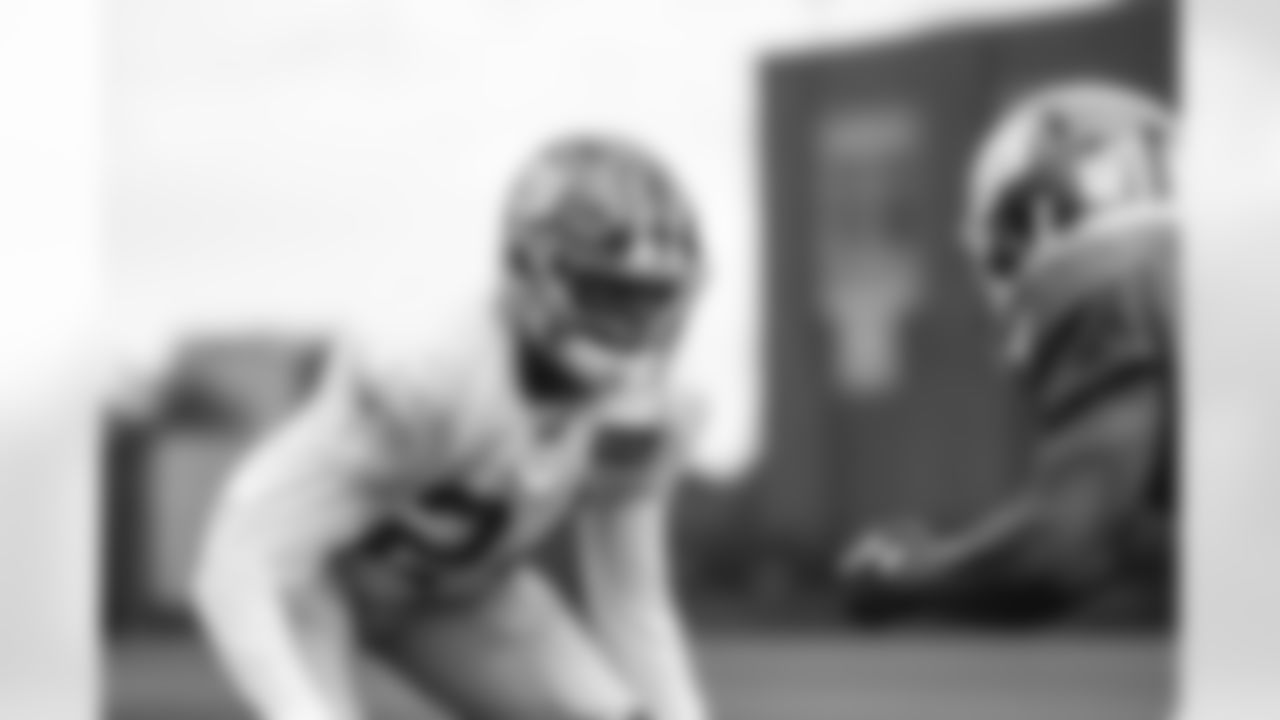
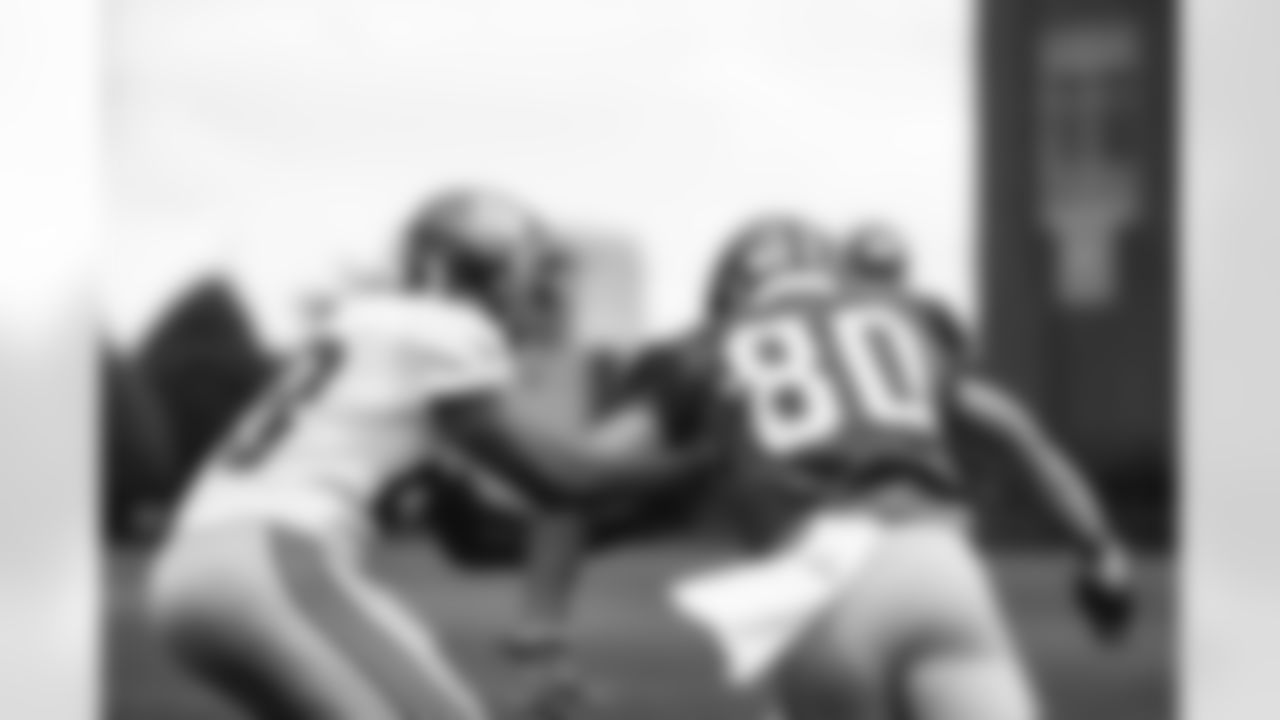
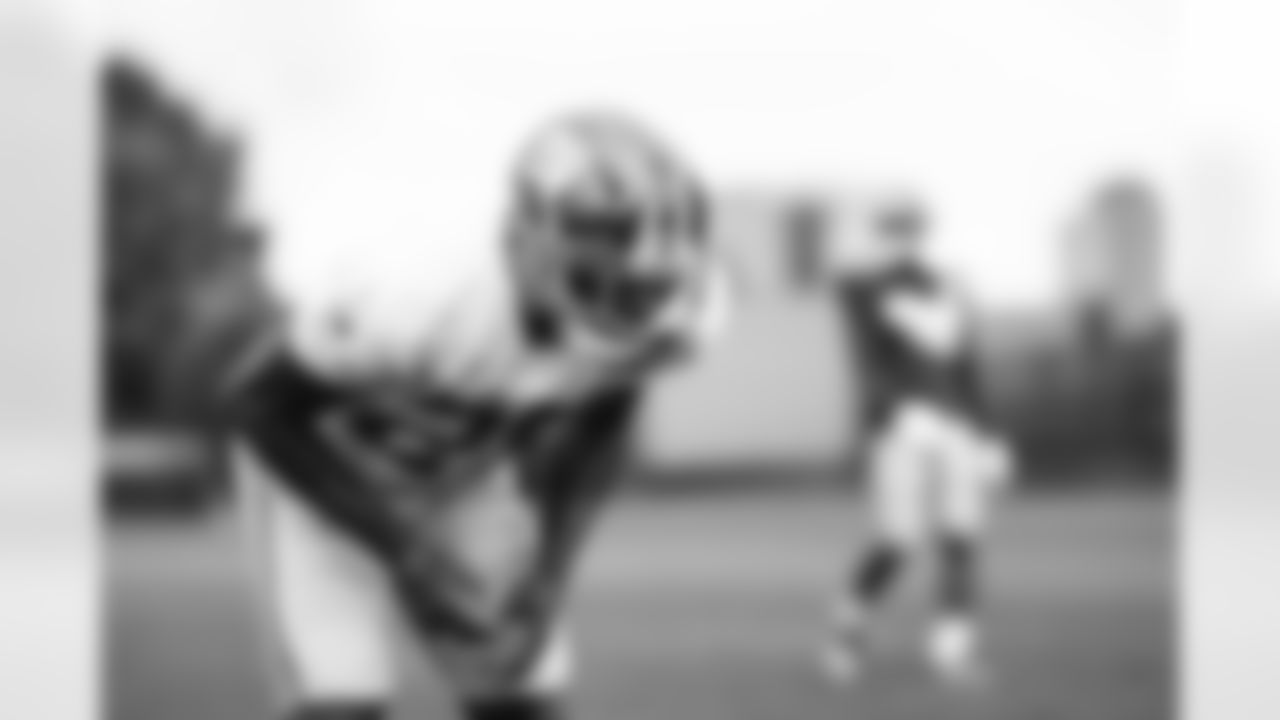
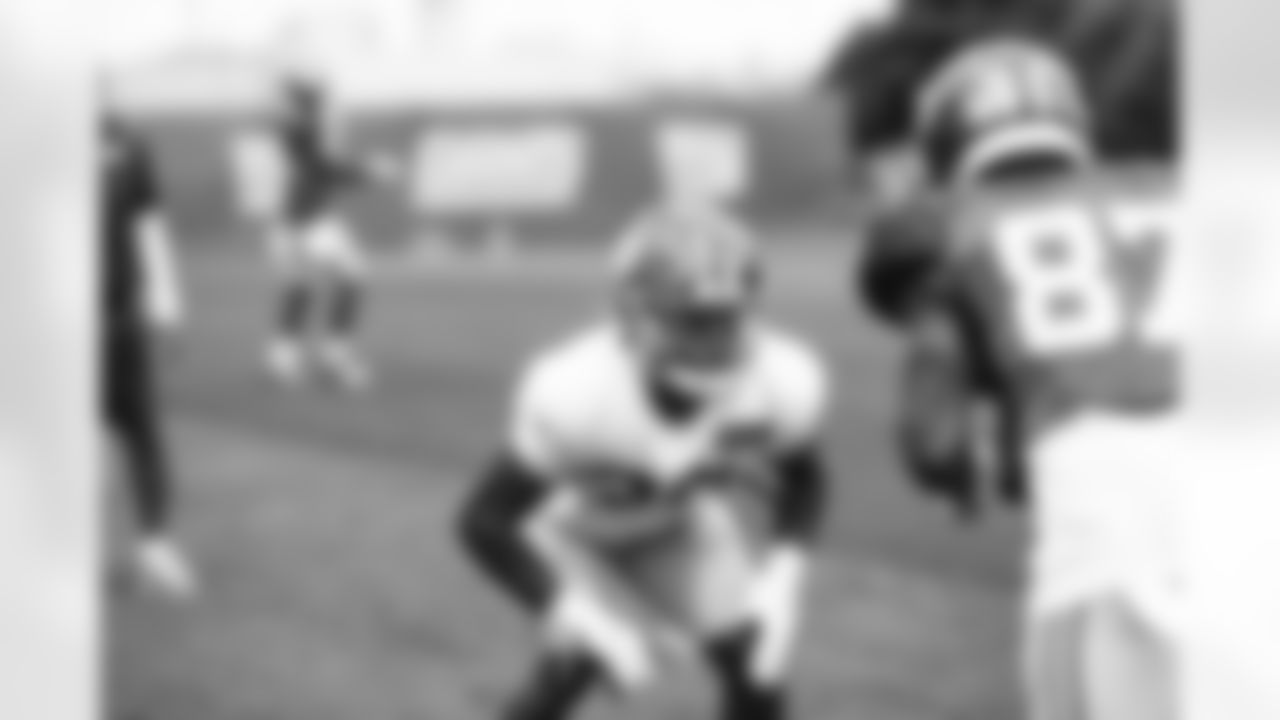
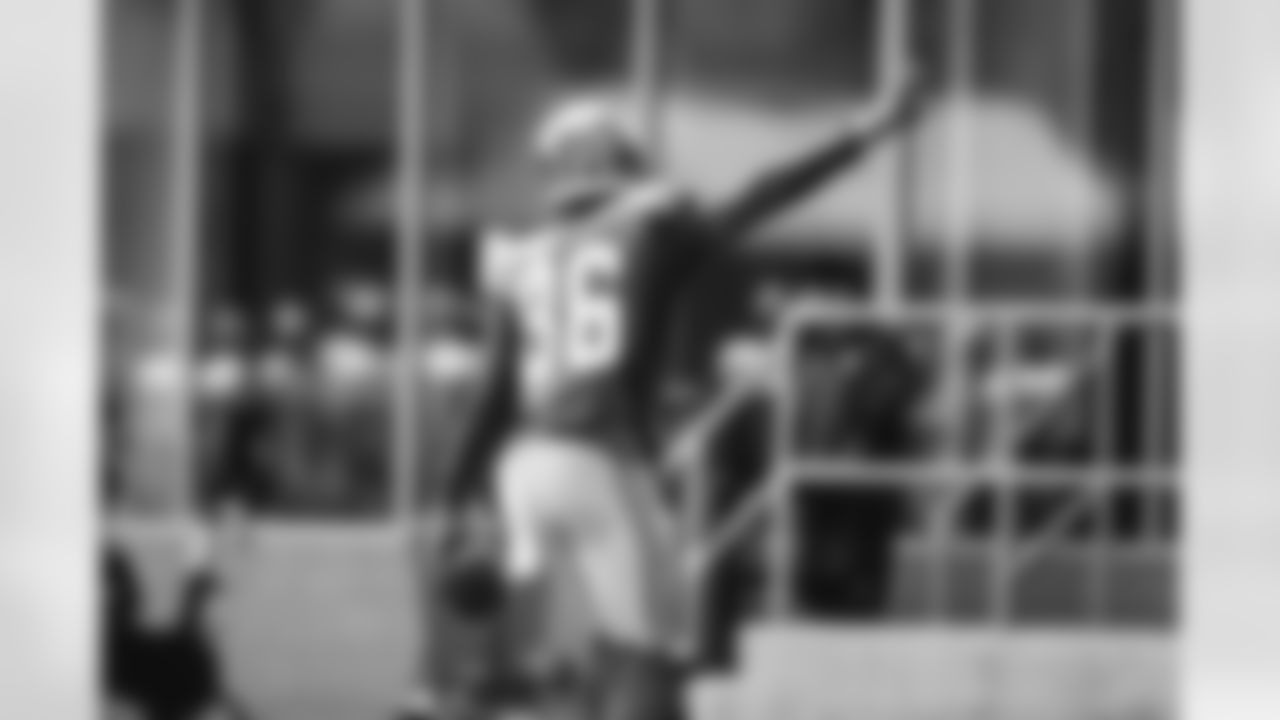
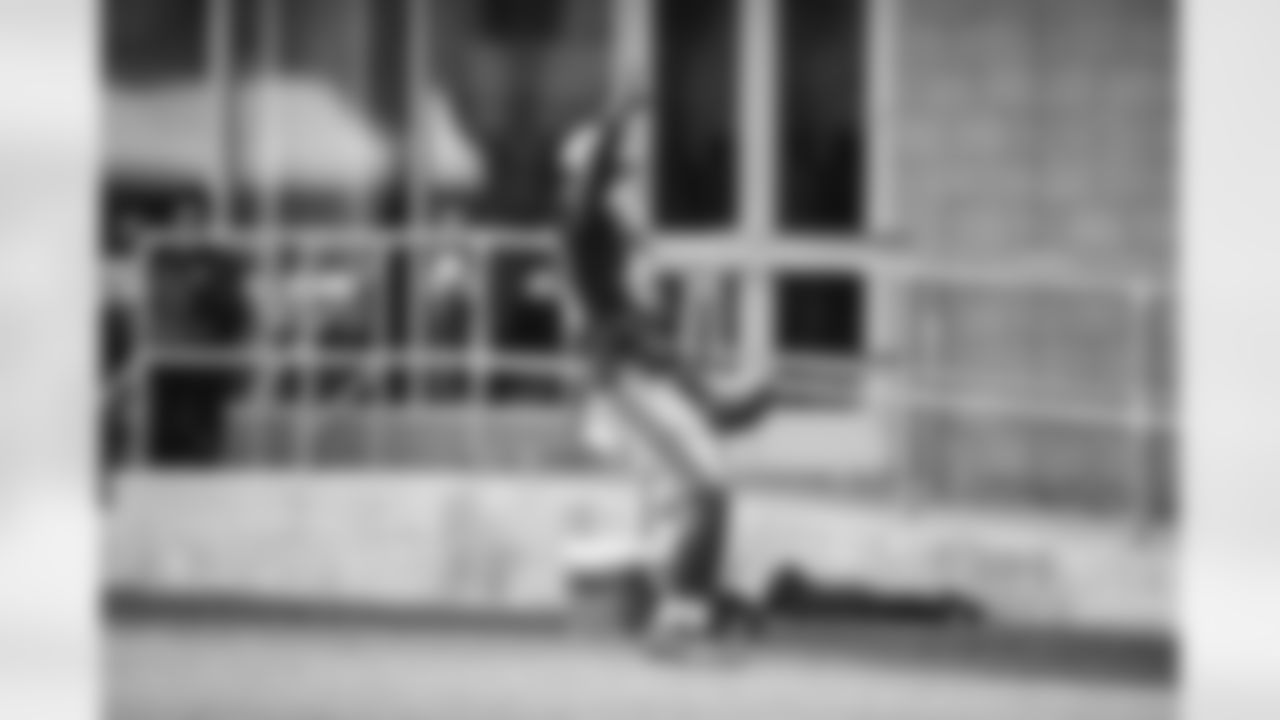
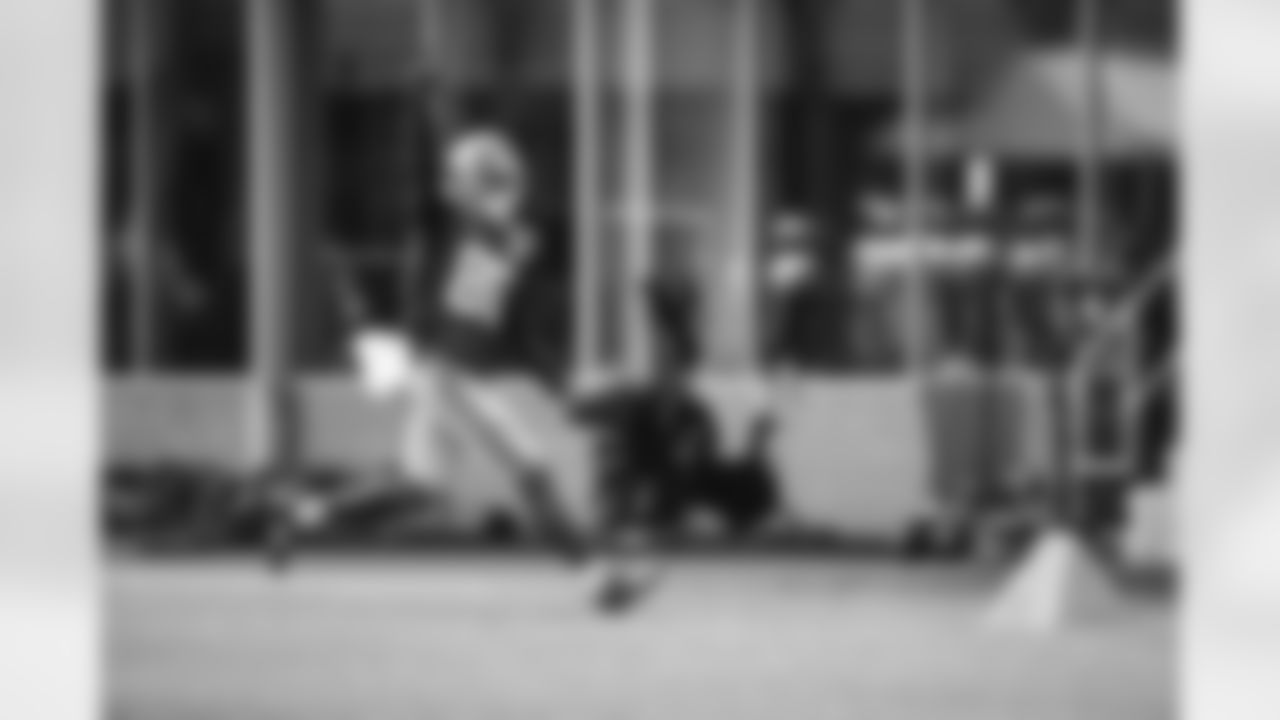
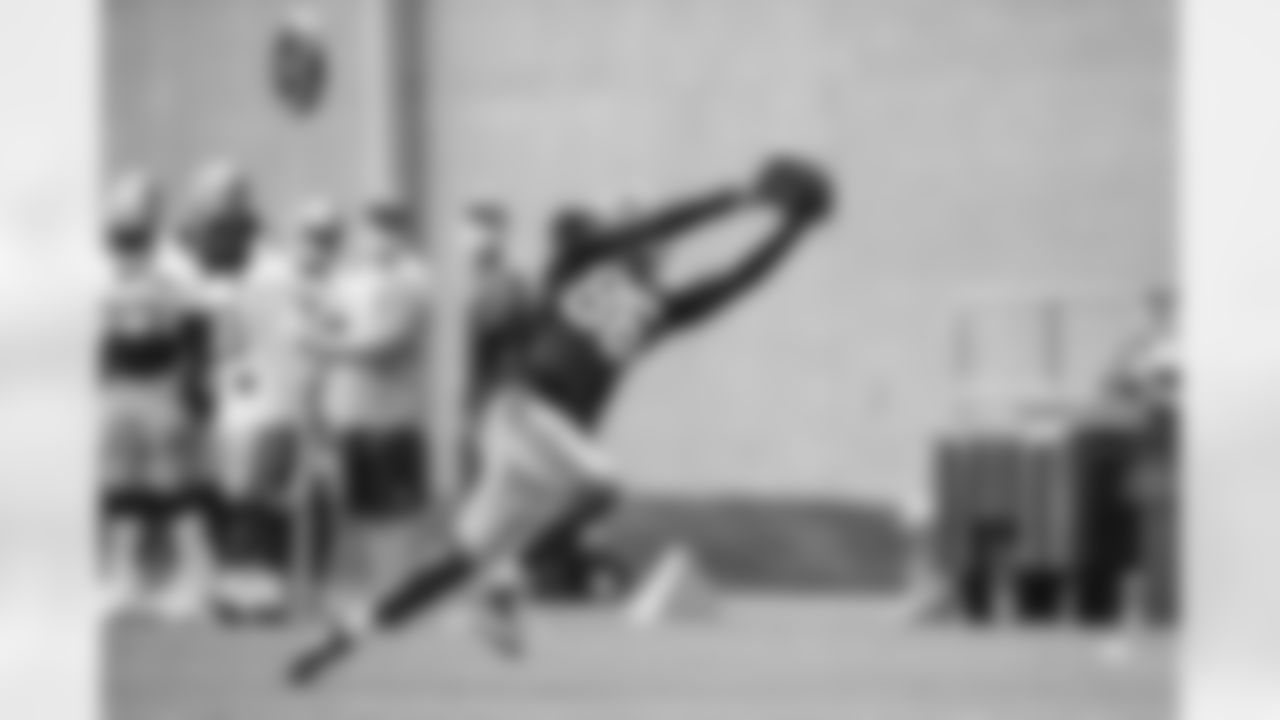
WR Darius Slayton
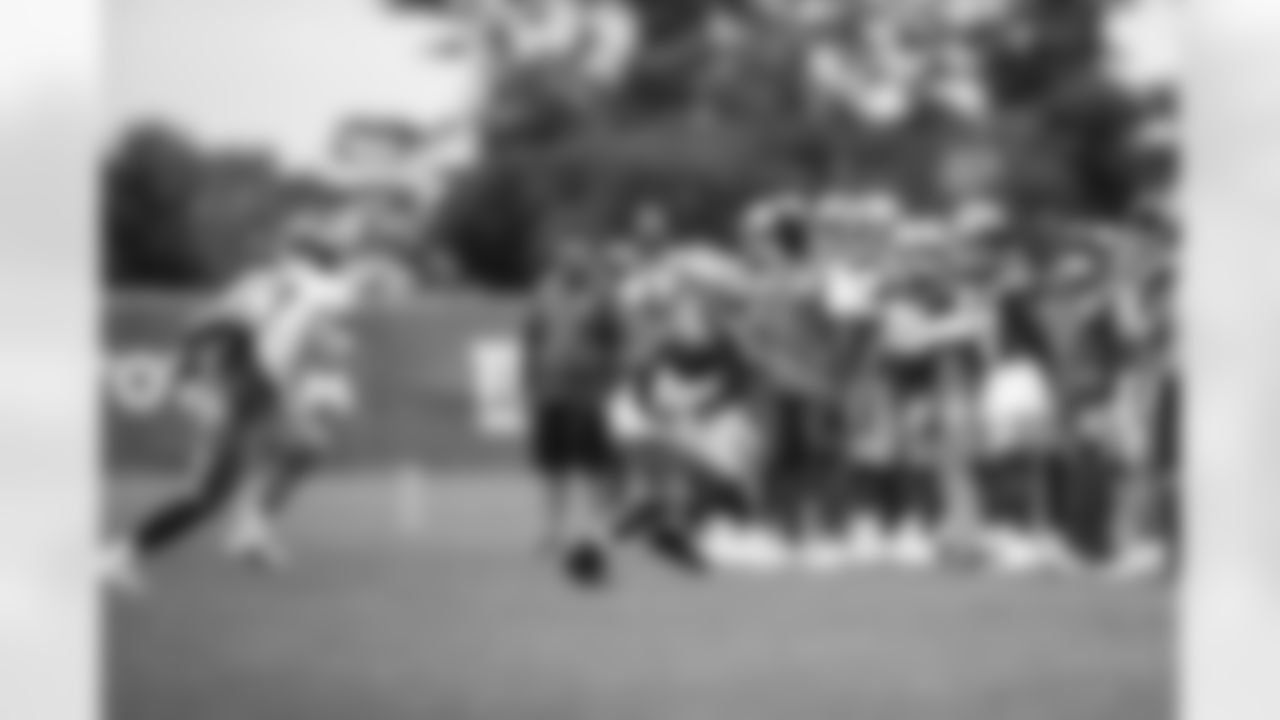
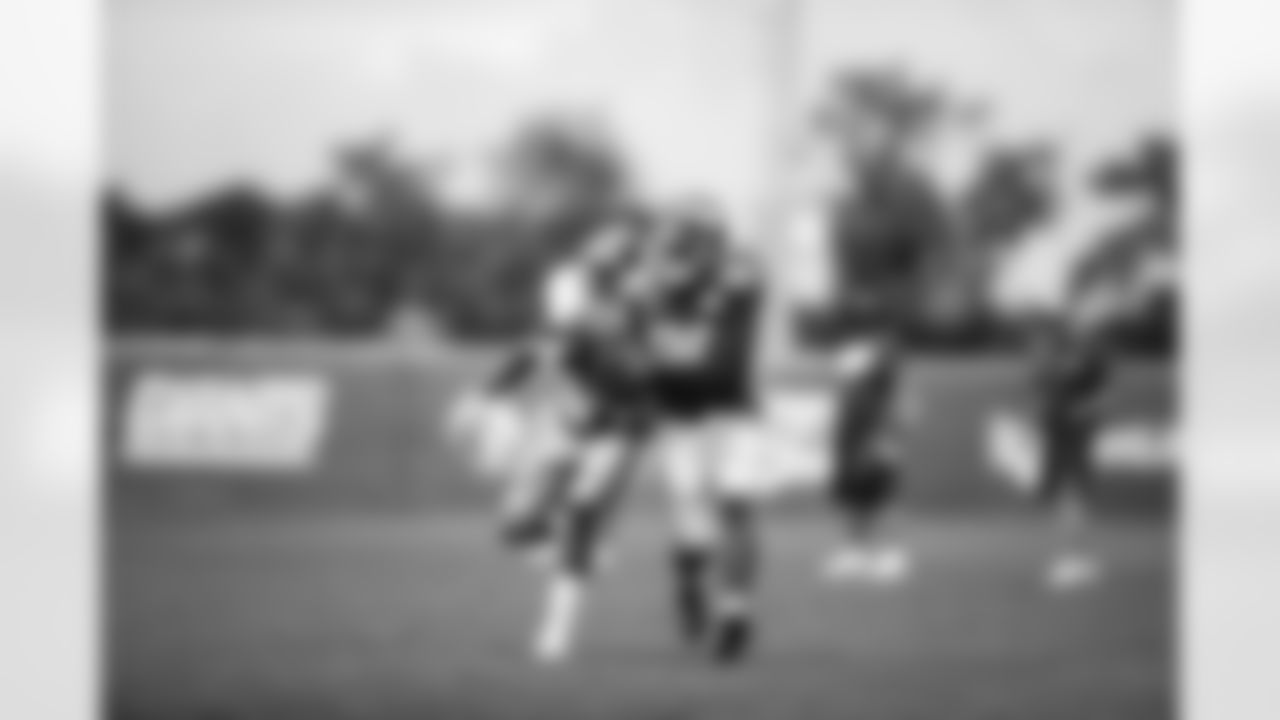
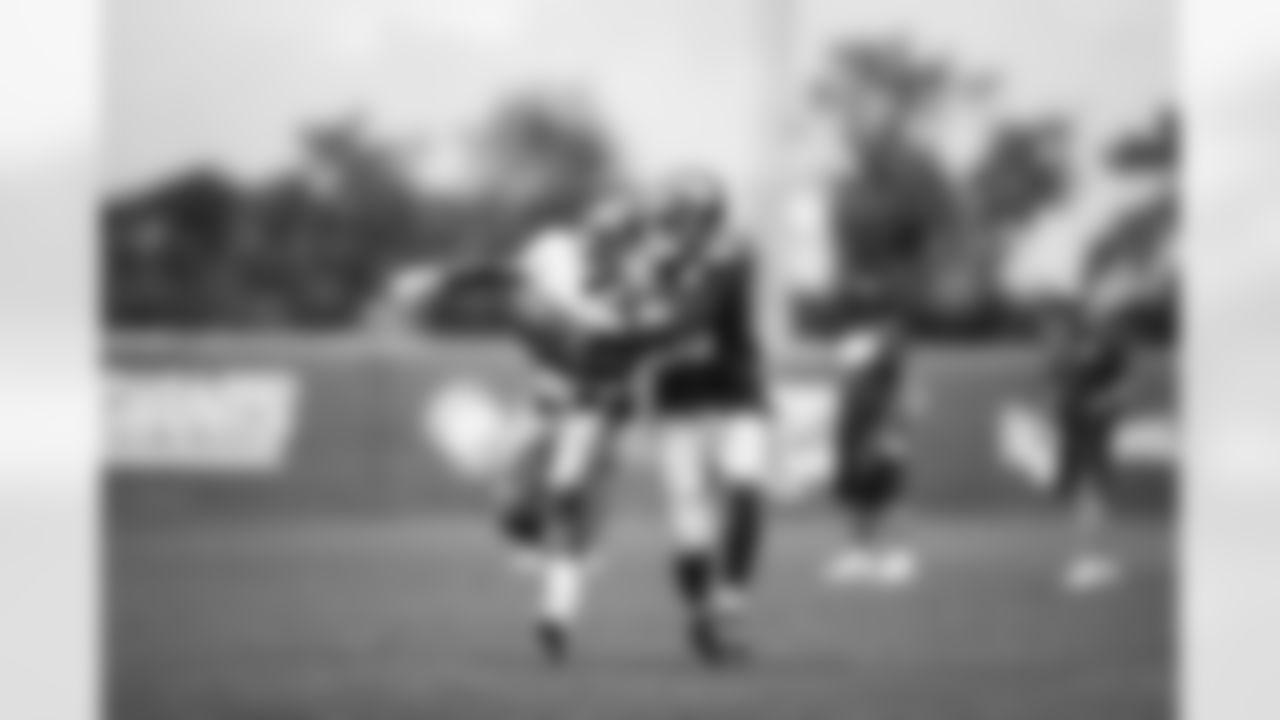

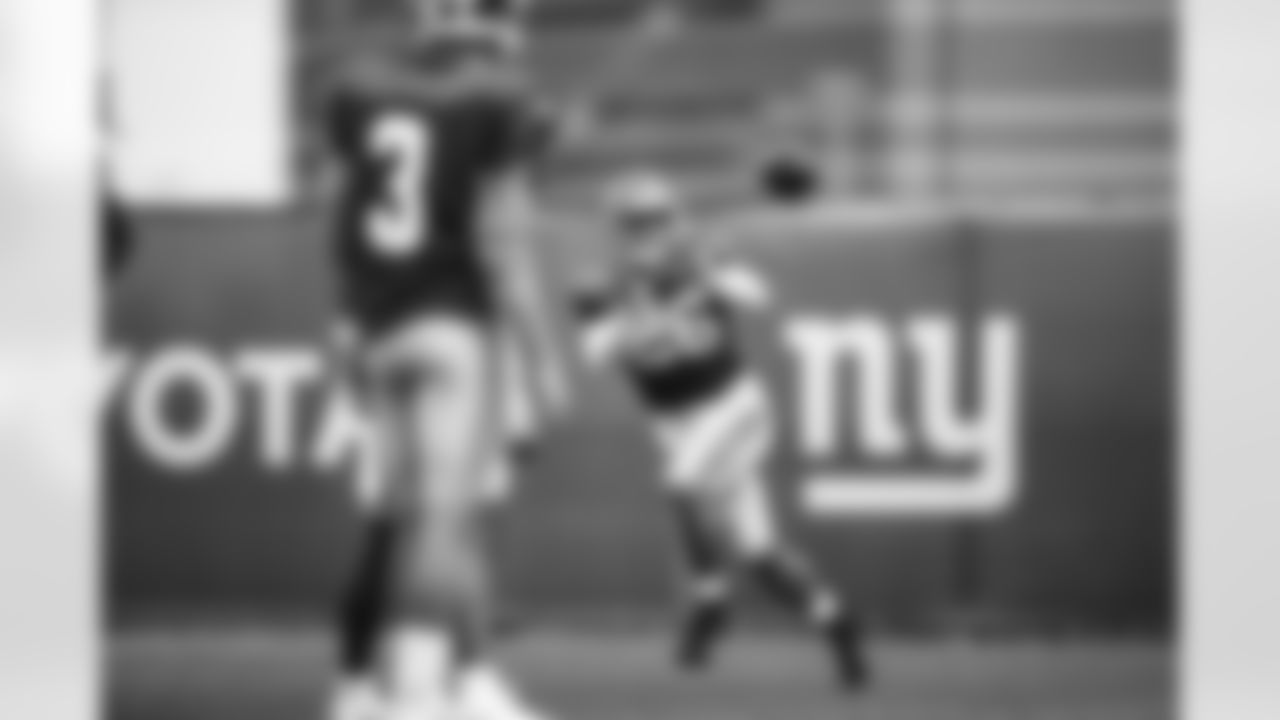
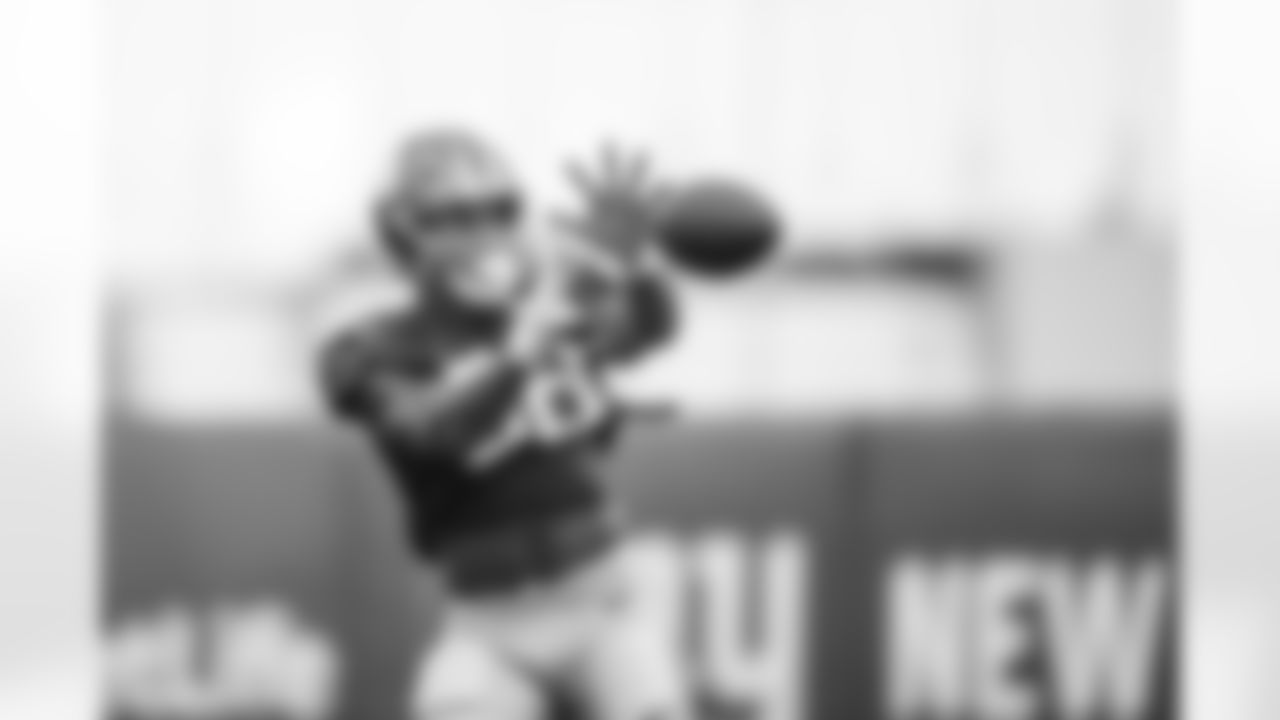
TE Evan Engram
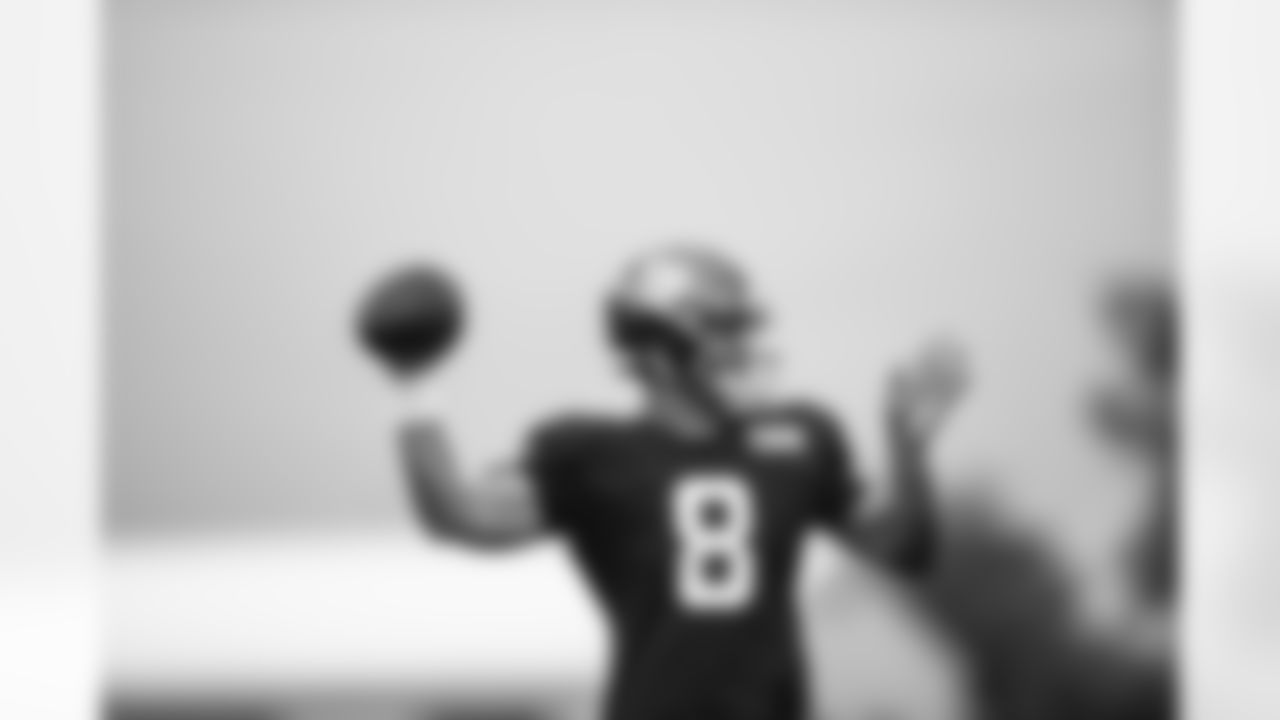
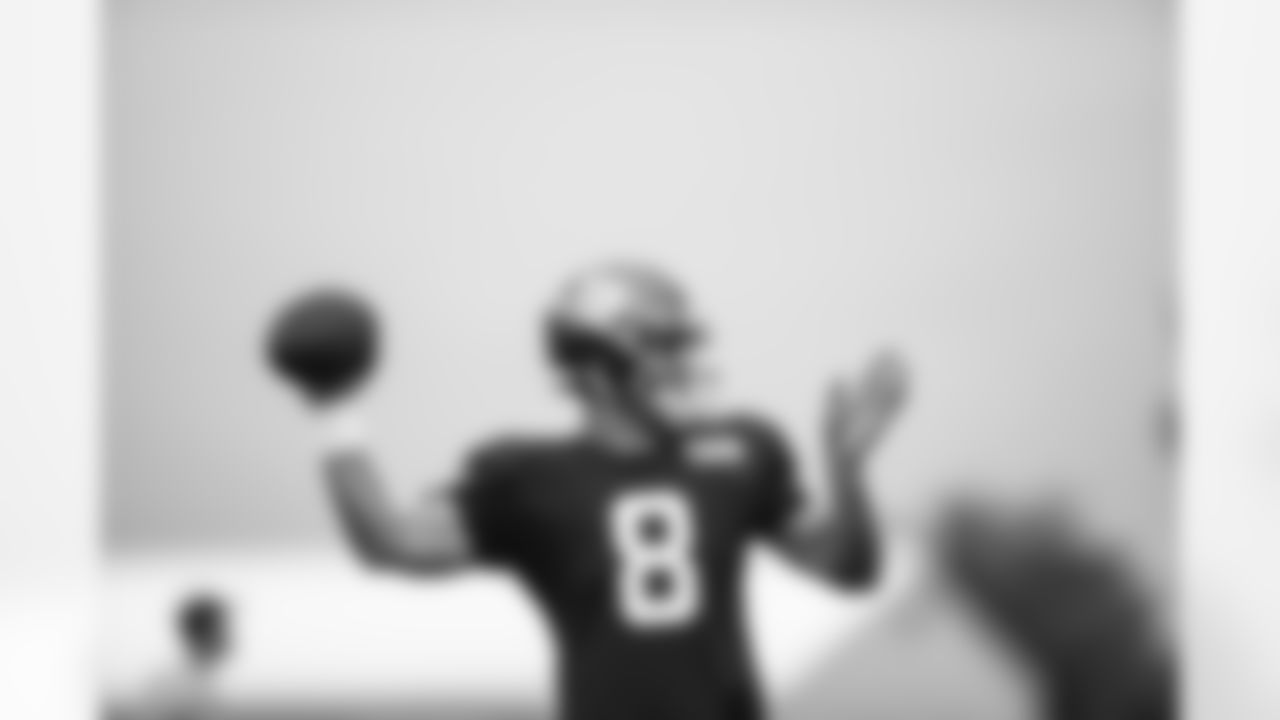
QB Daniel Jones
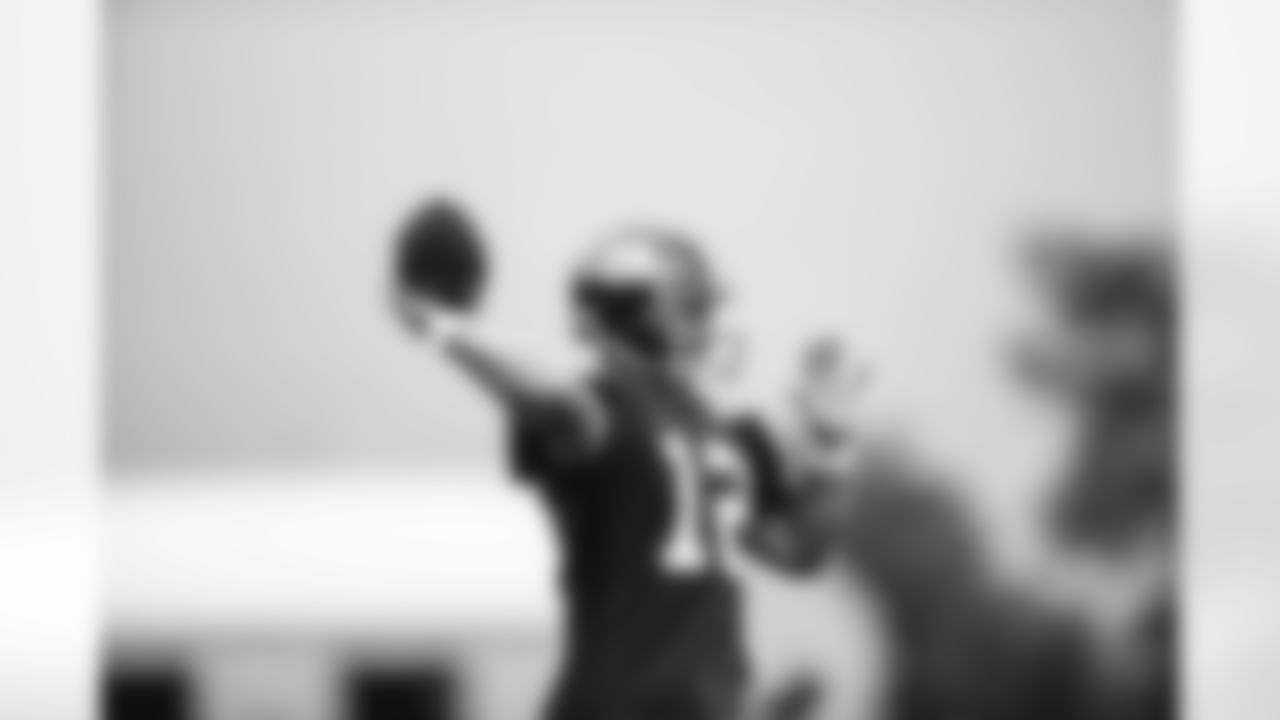
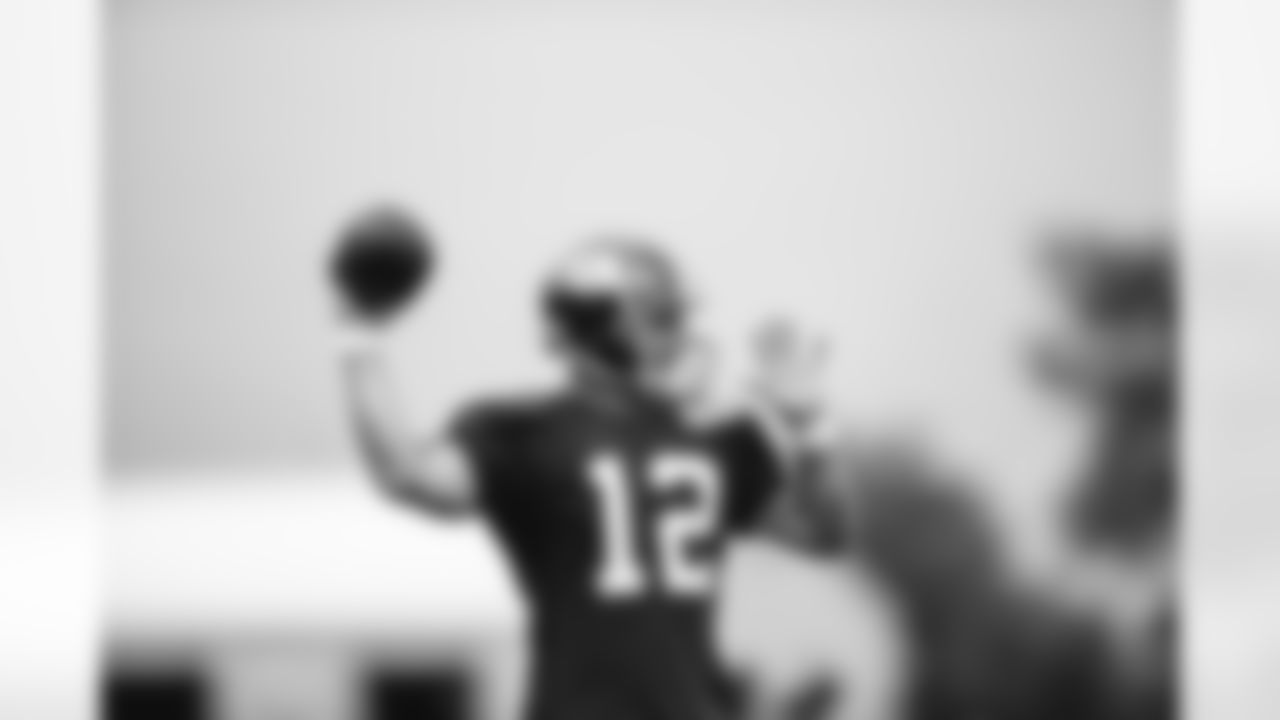
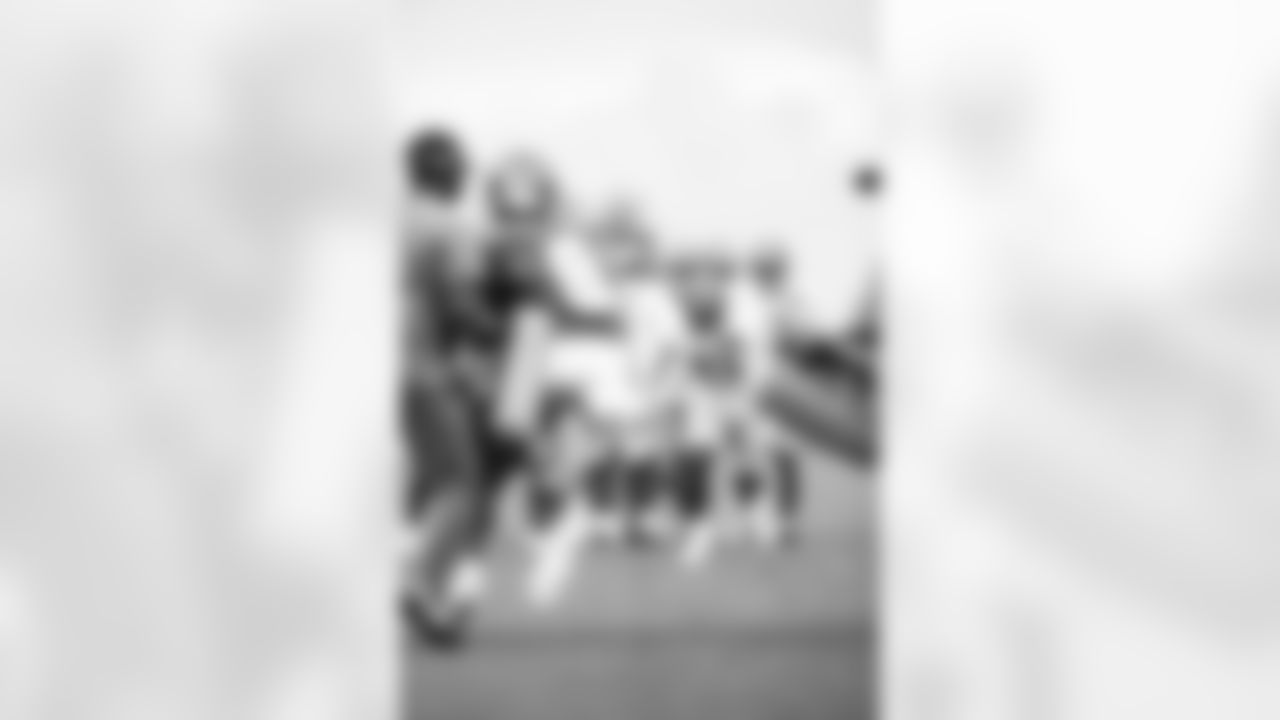
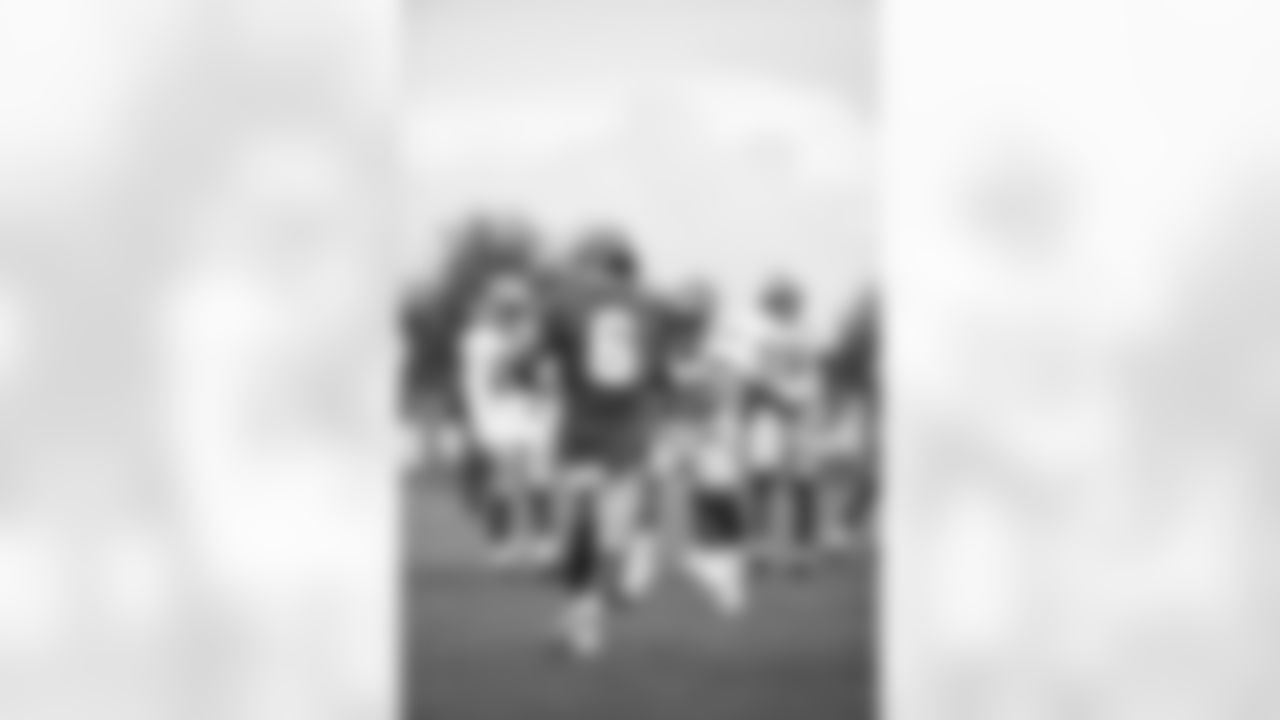
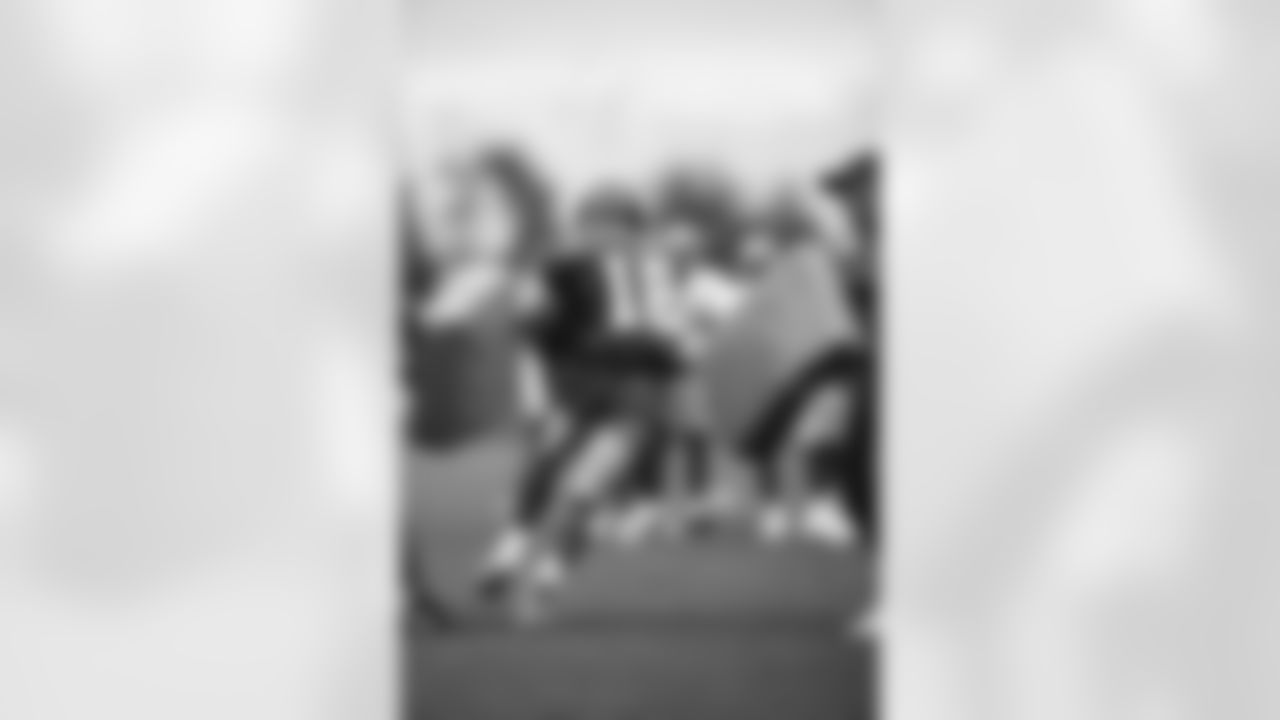
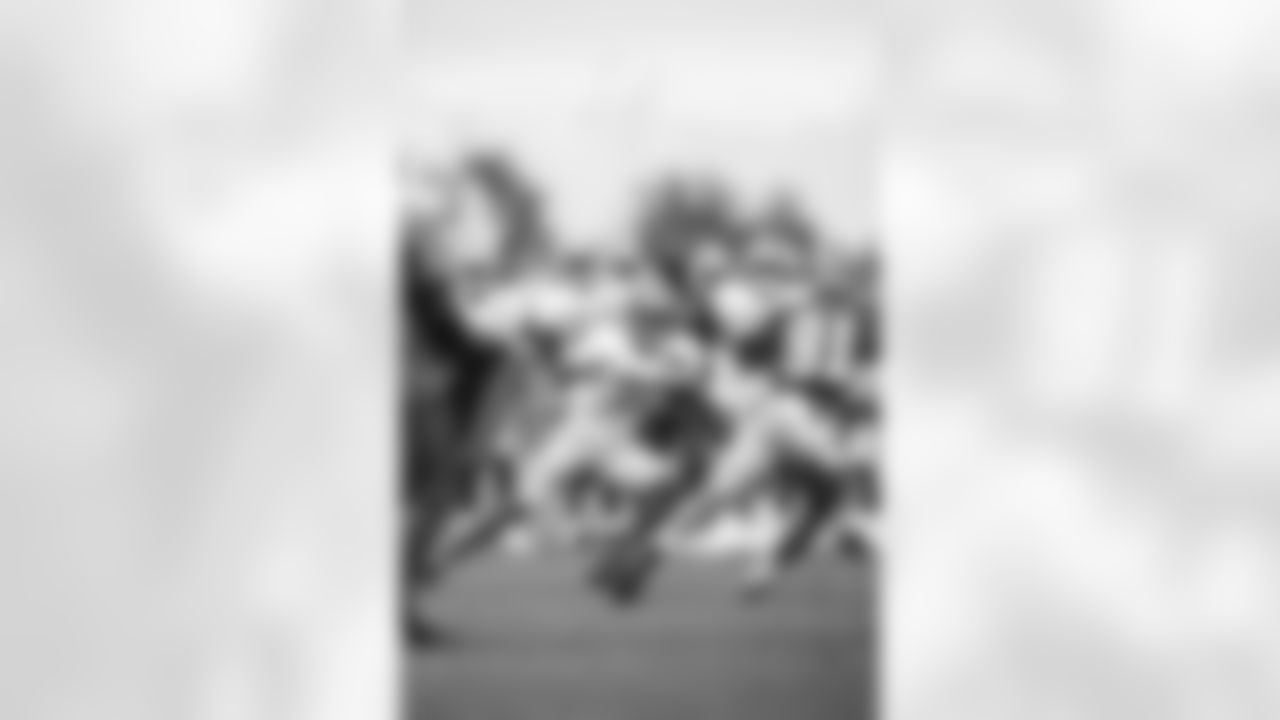
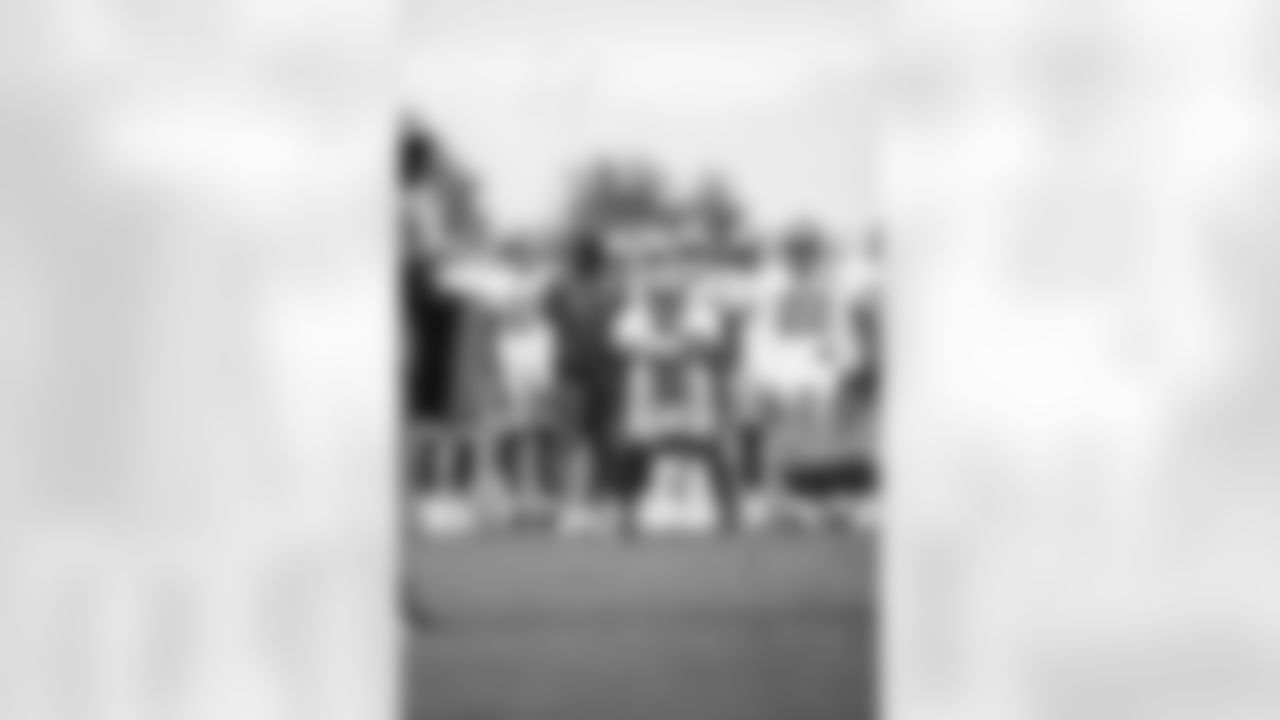
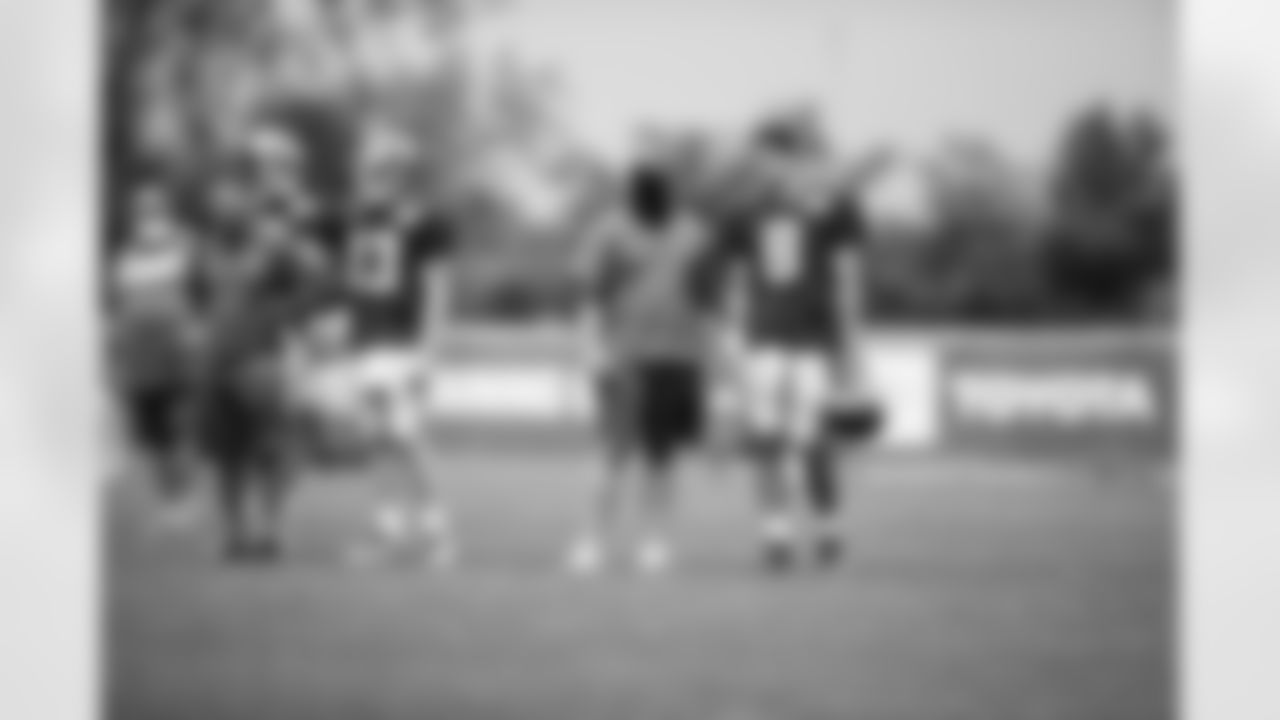
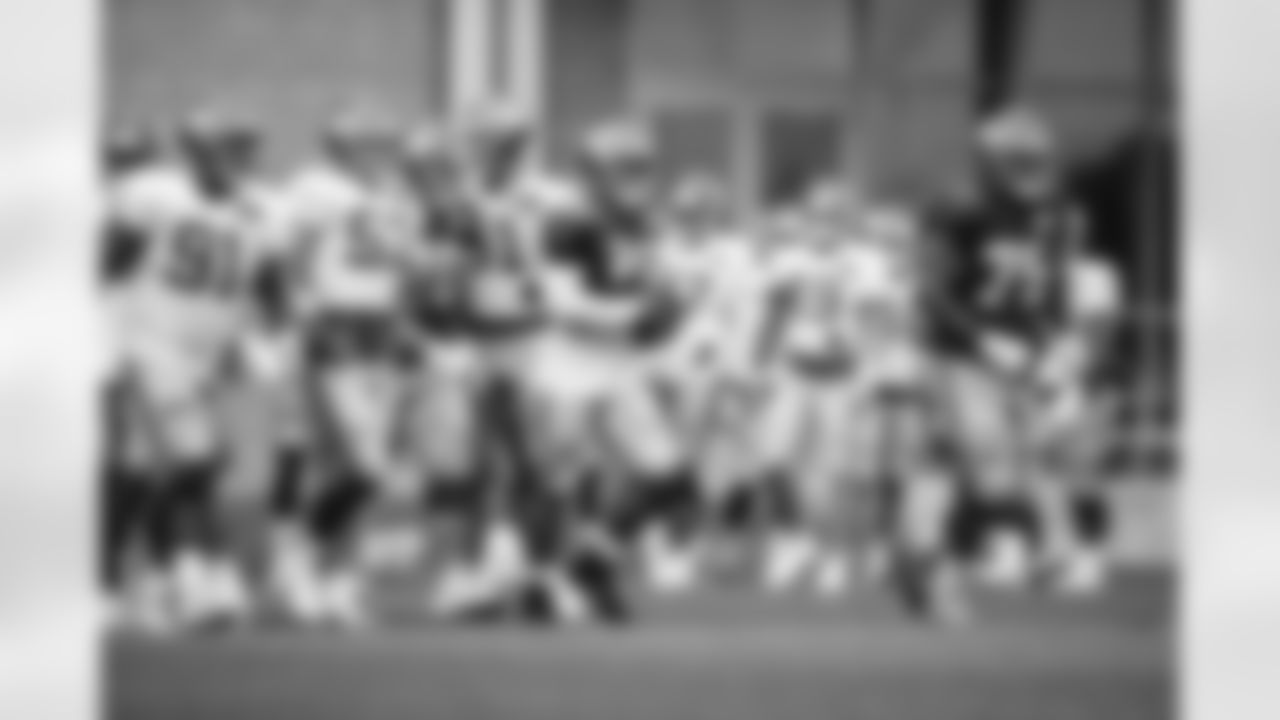
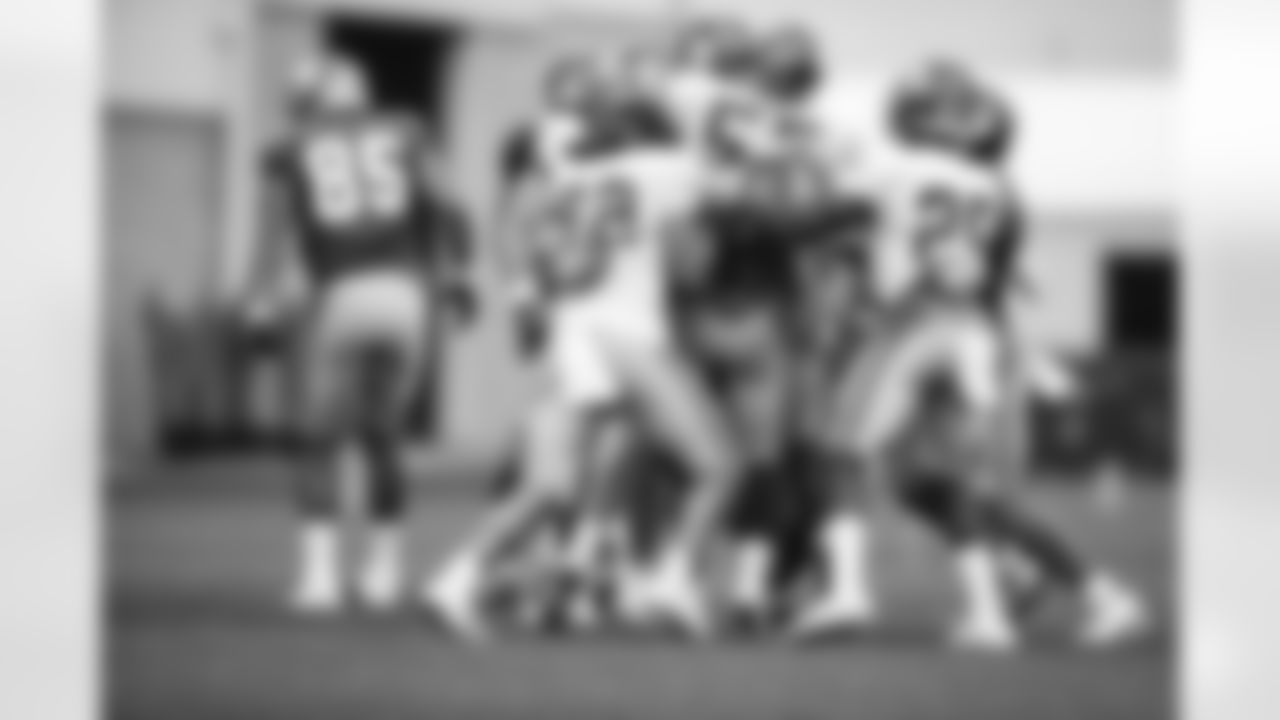
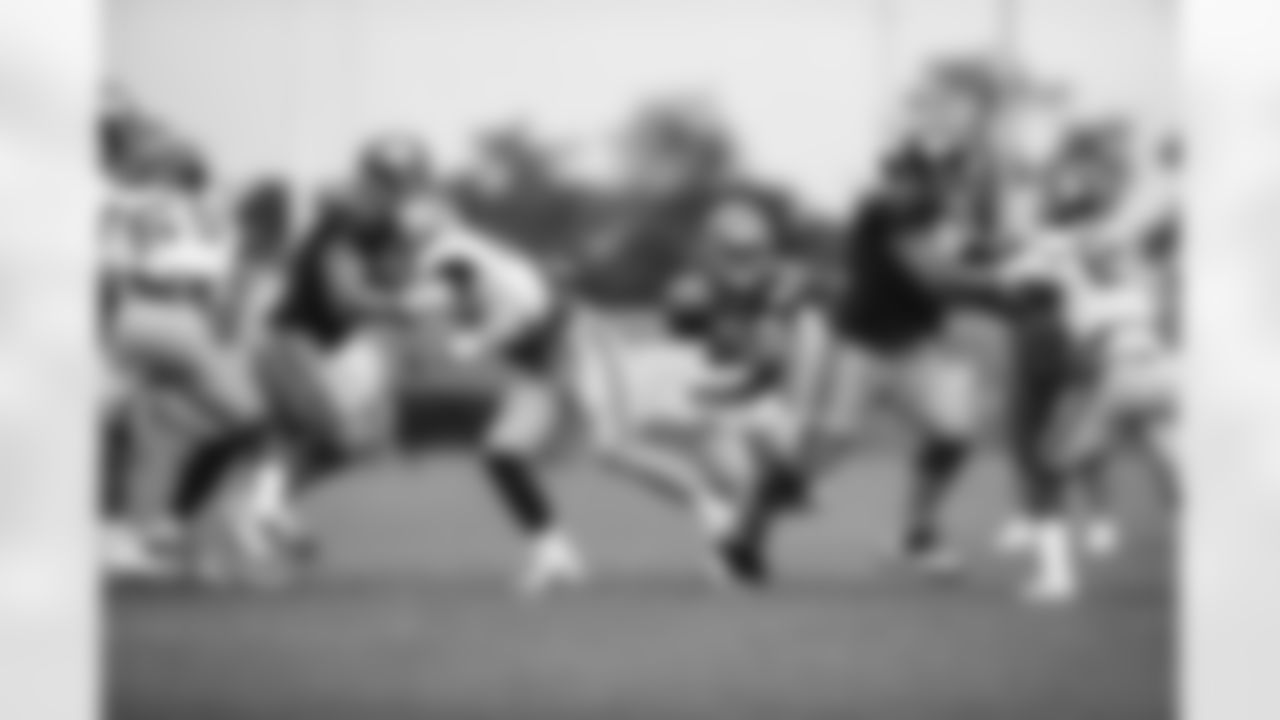
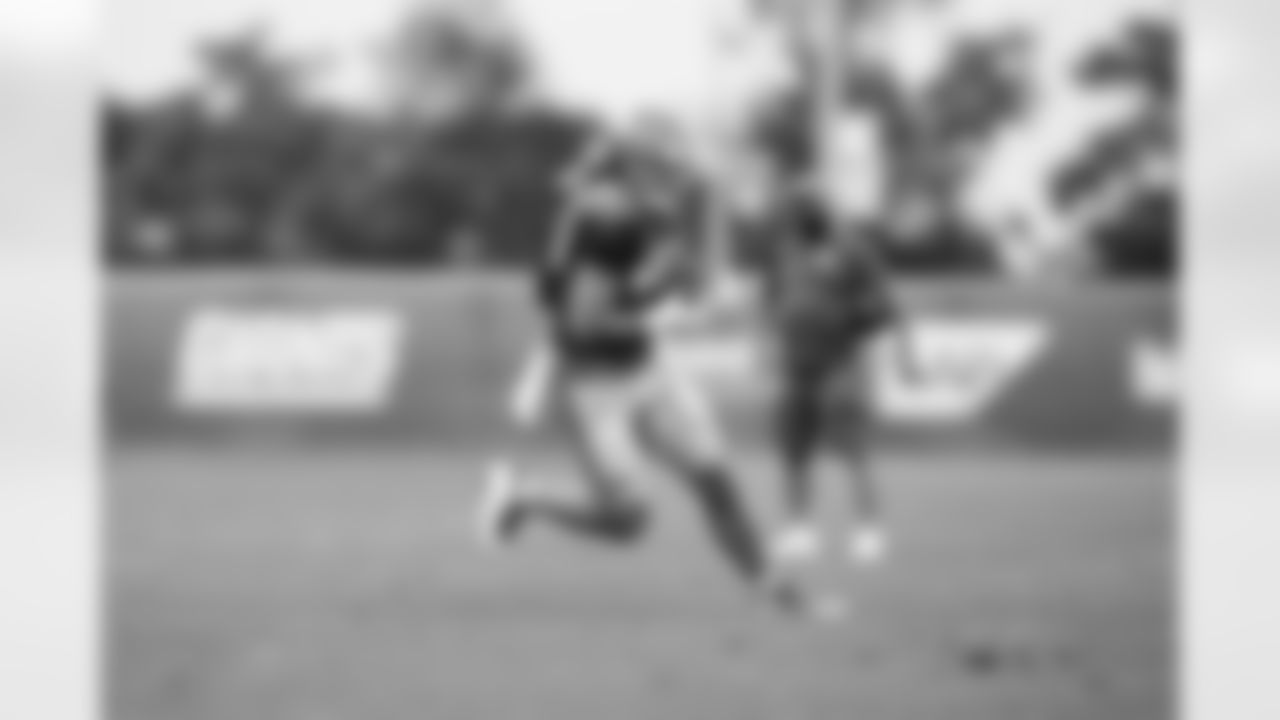
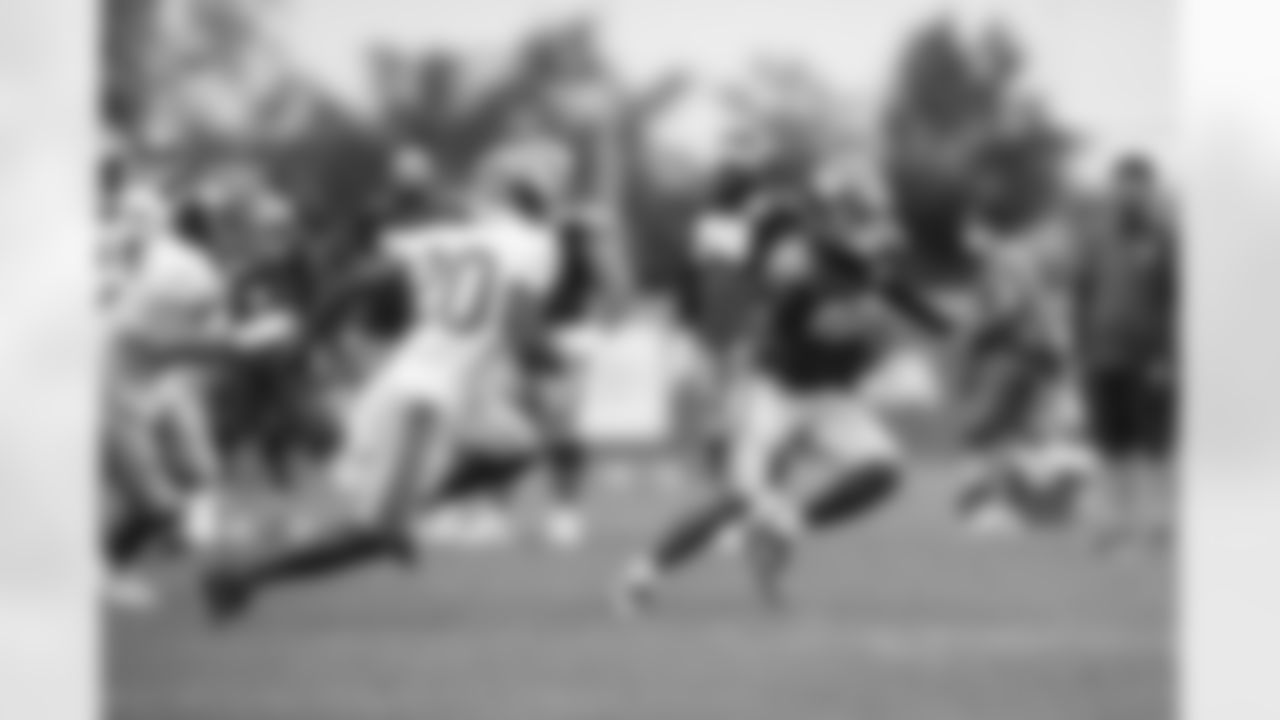
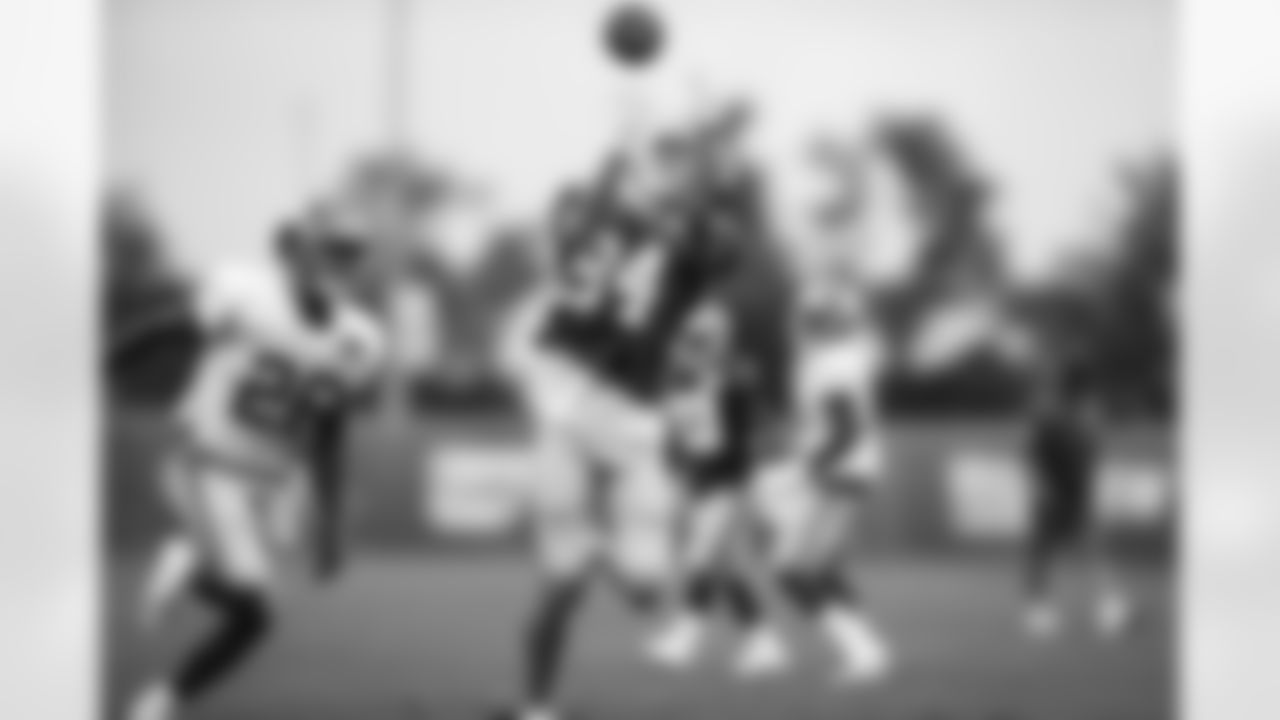
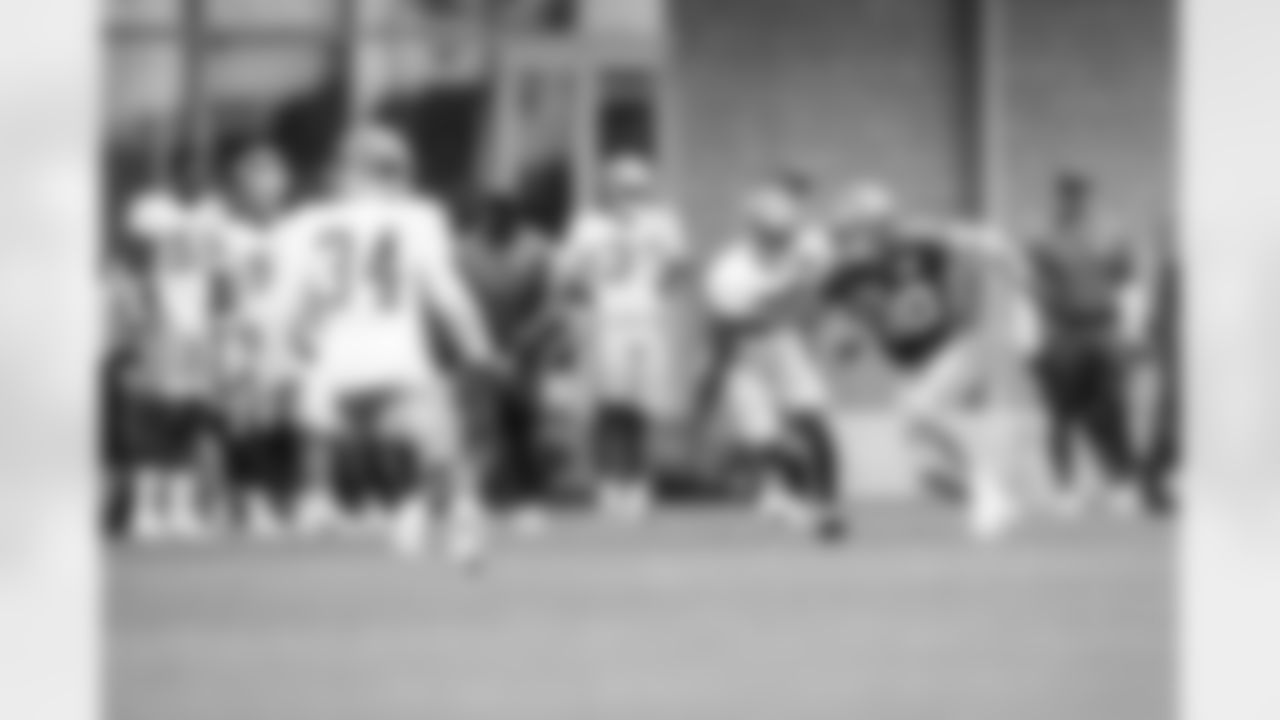
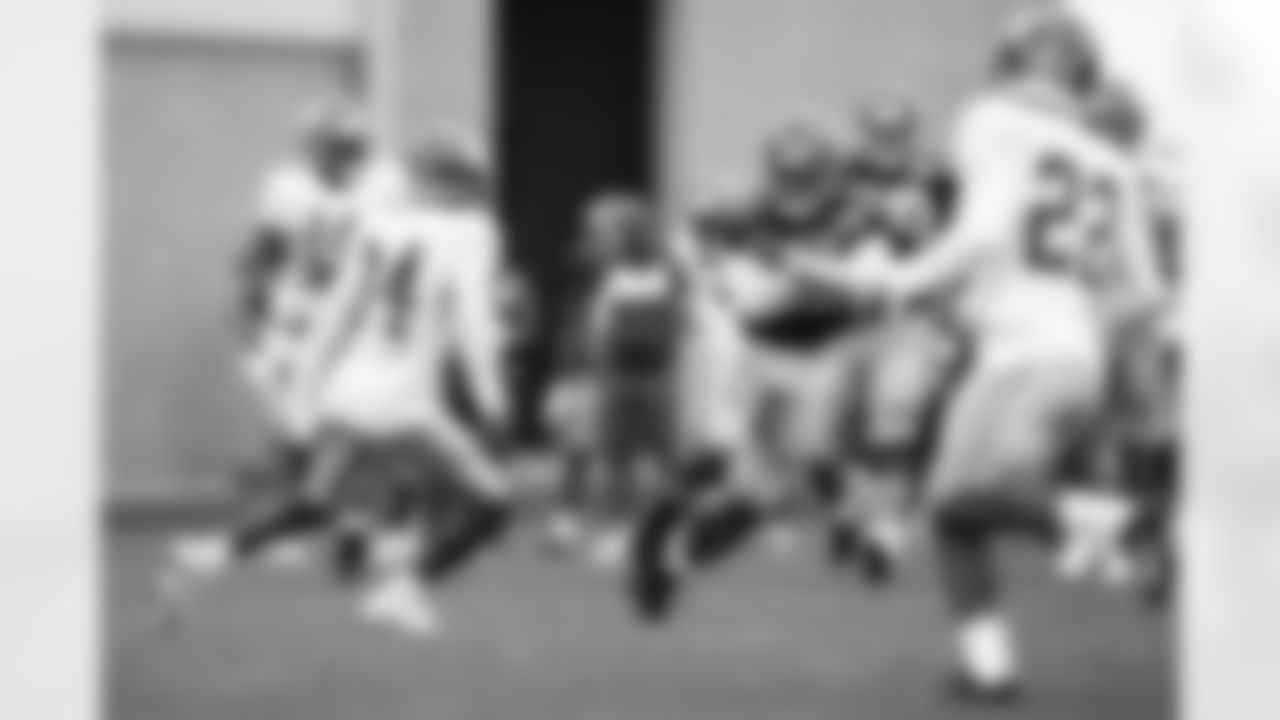
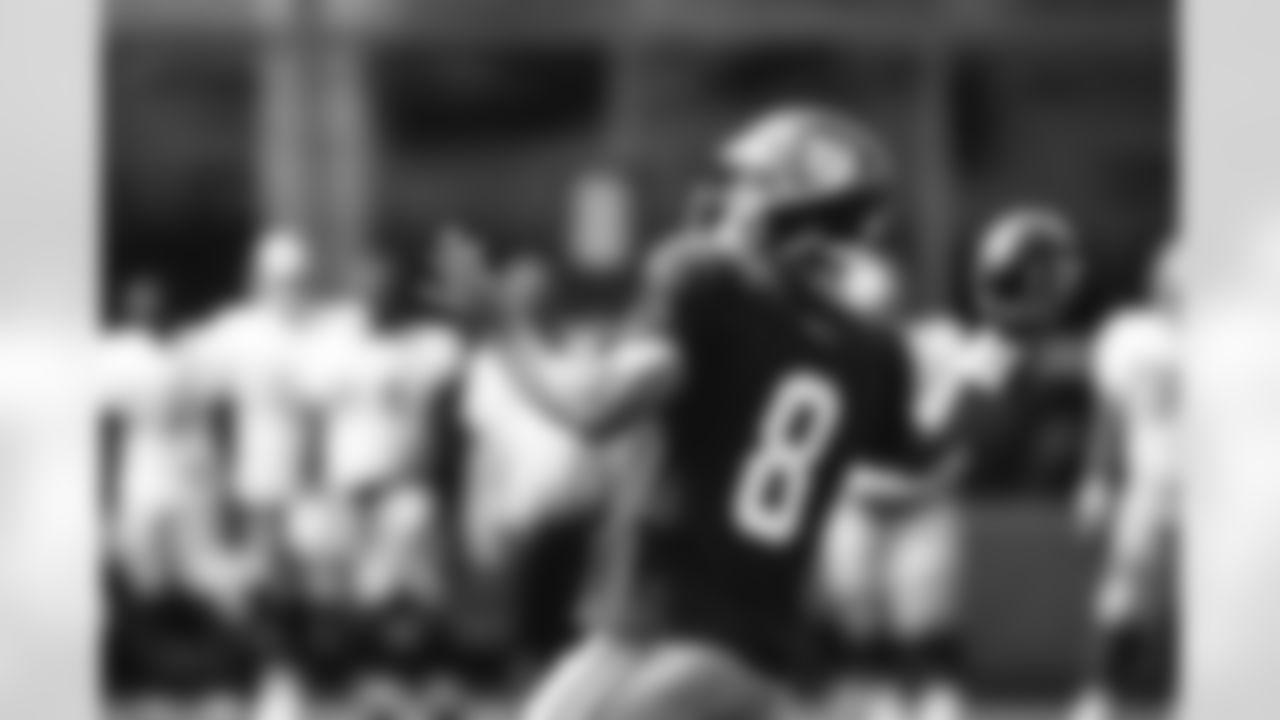
QB Daniel Jones
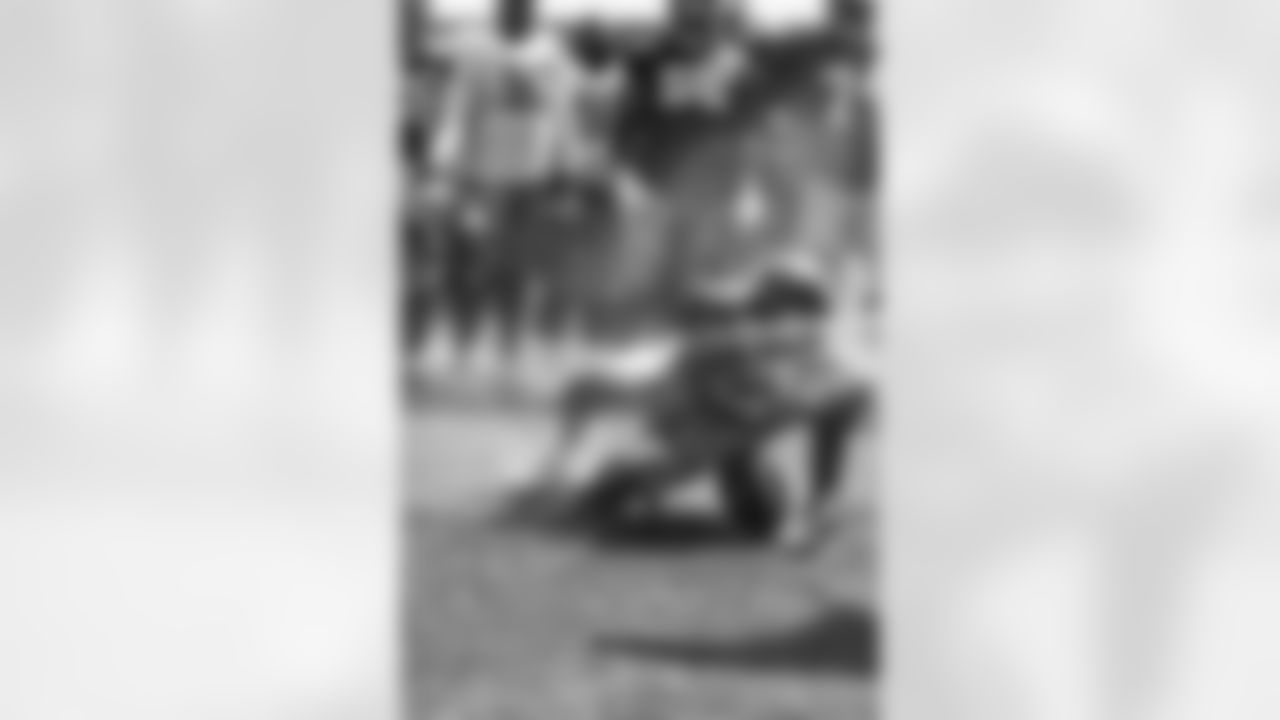
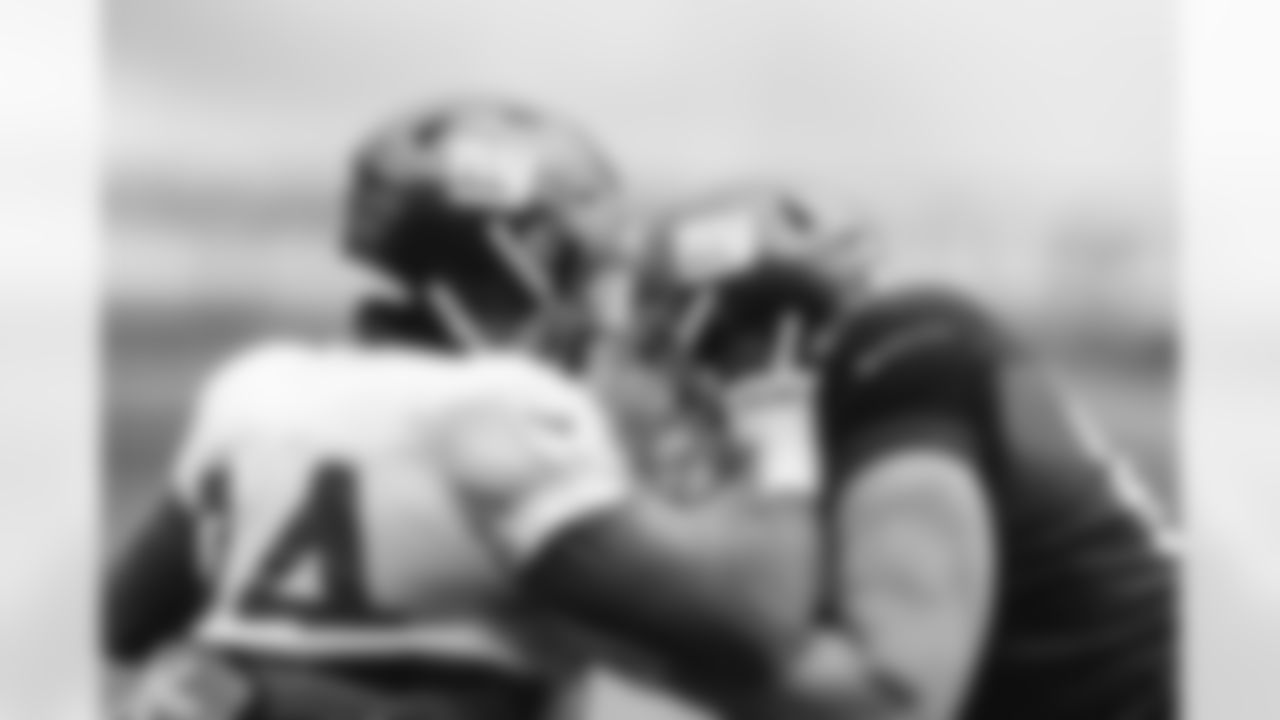
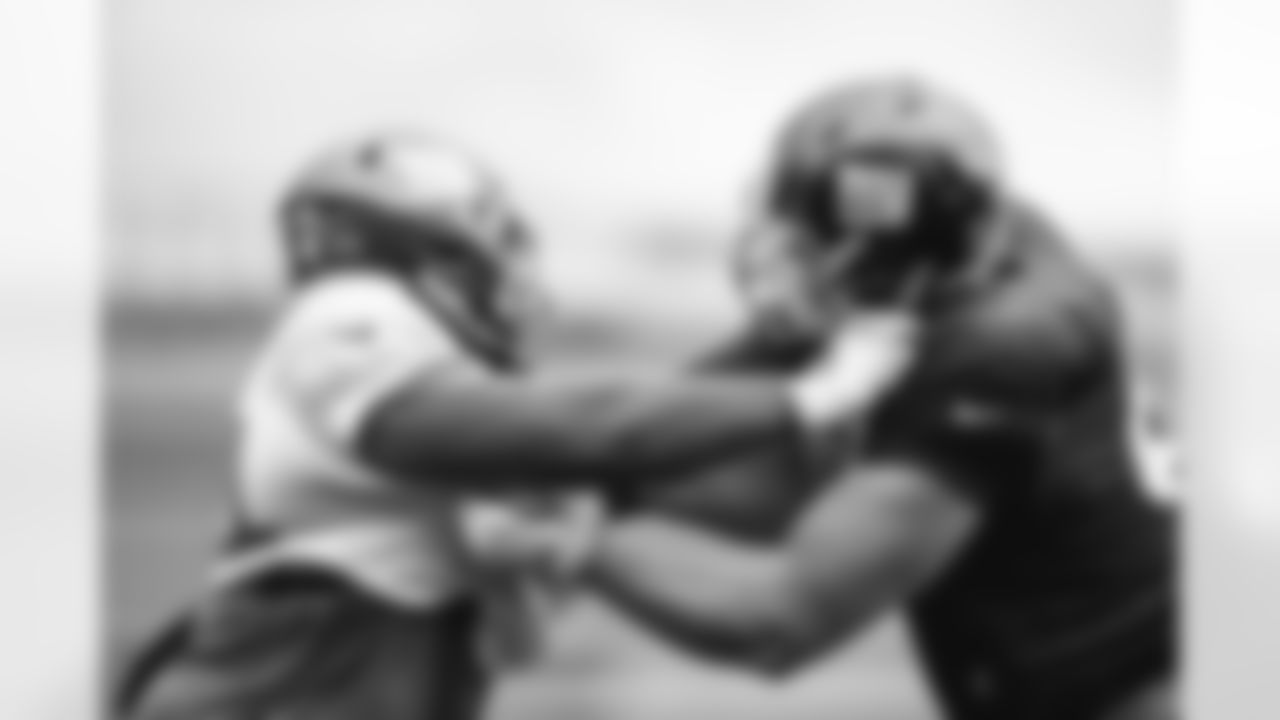

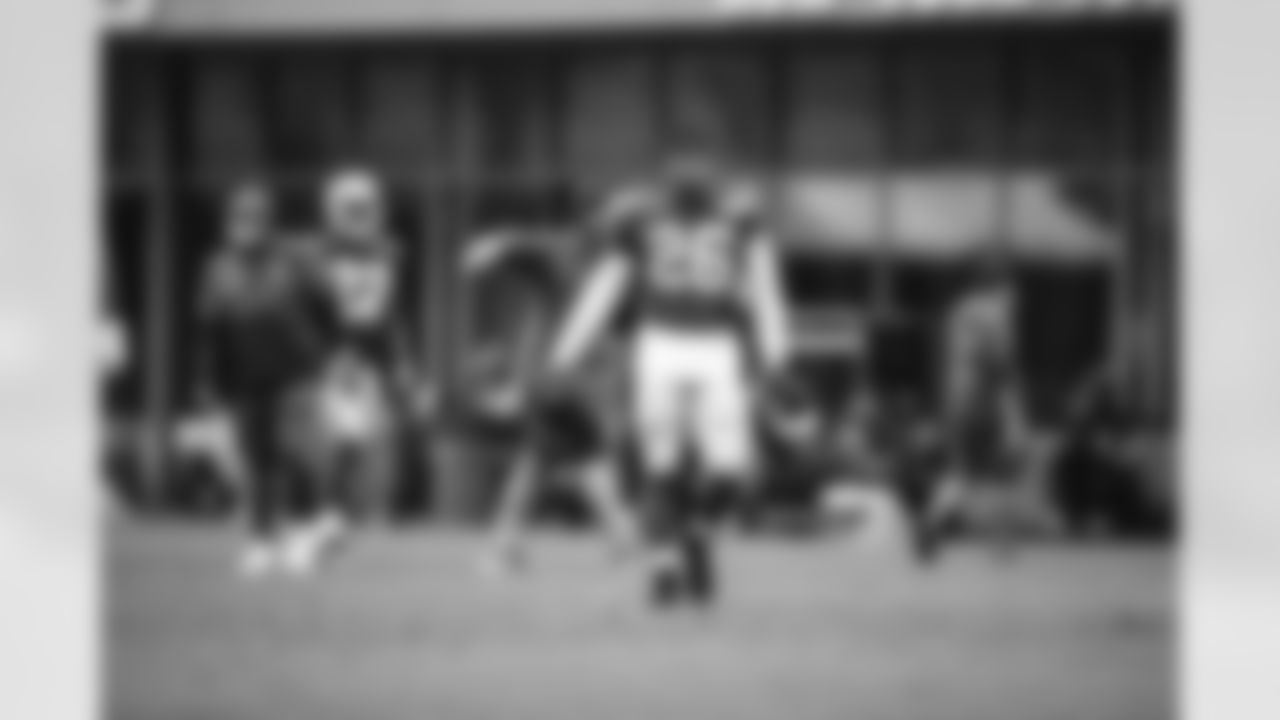
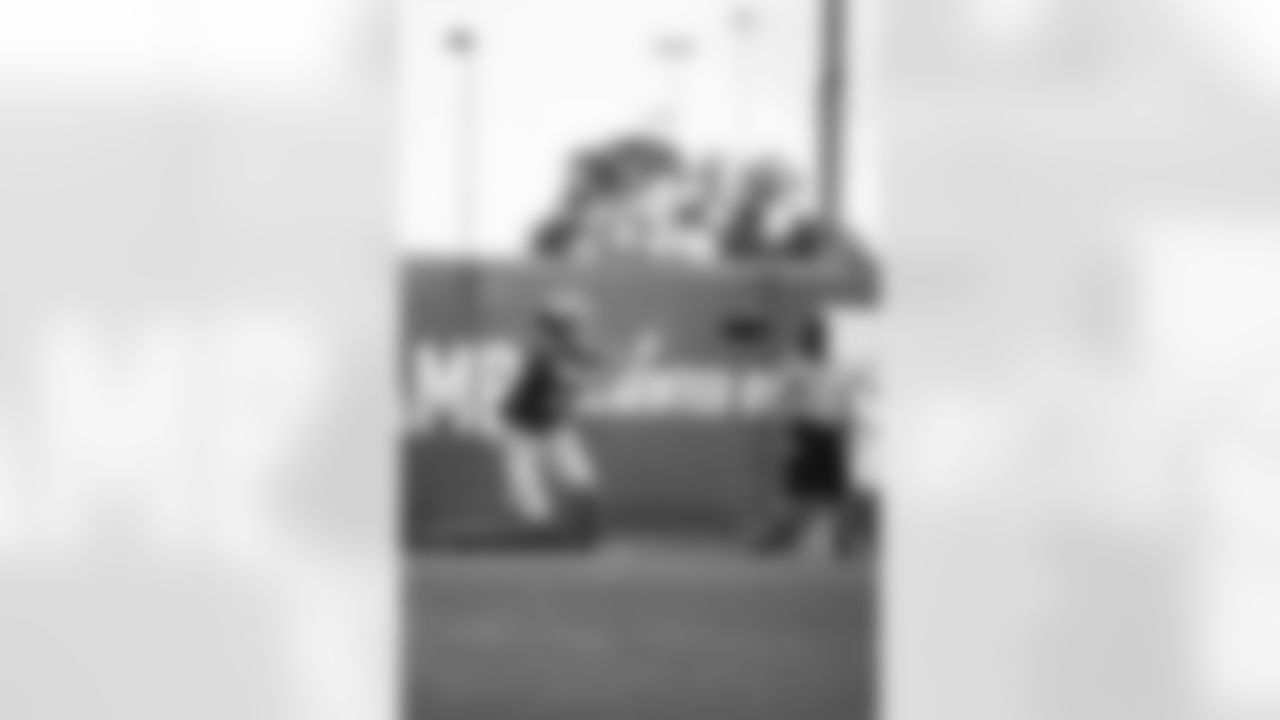
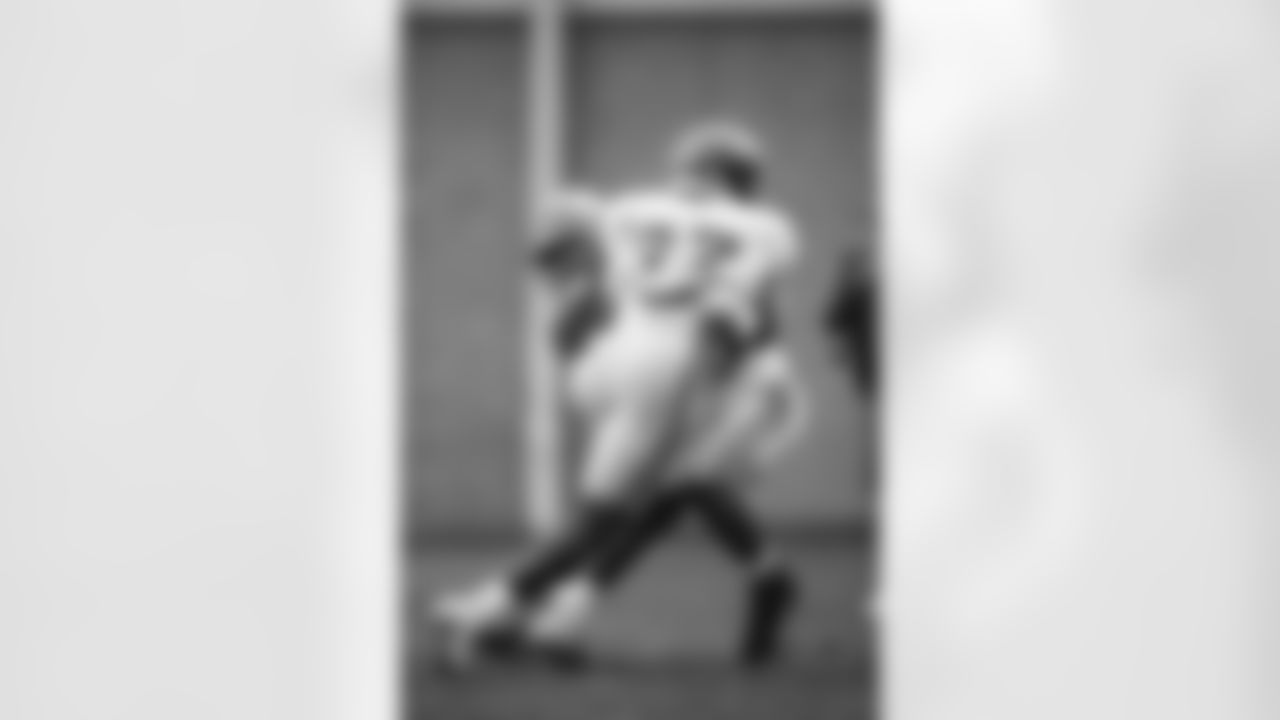
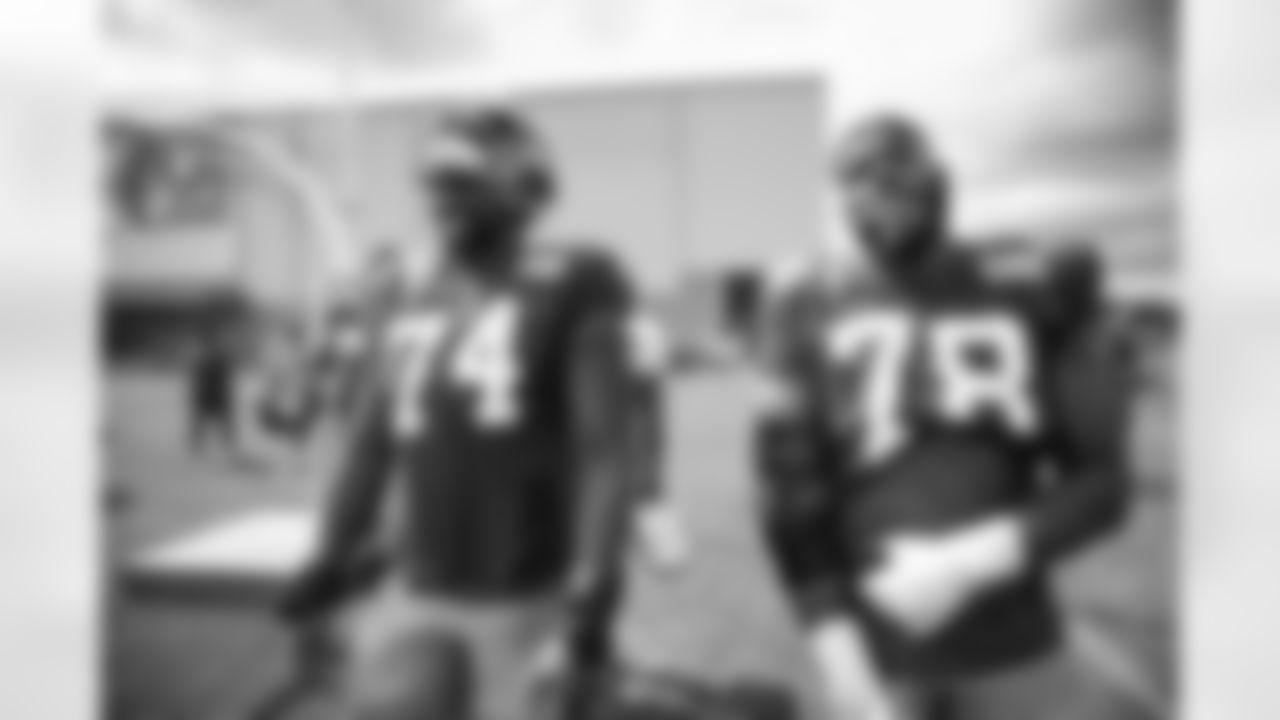
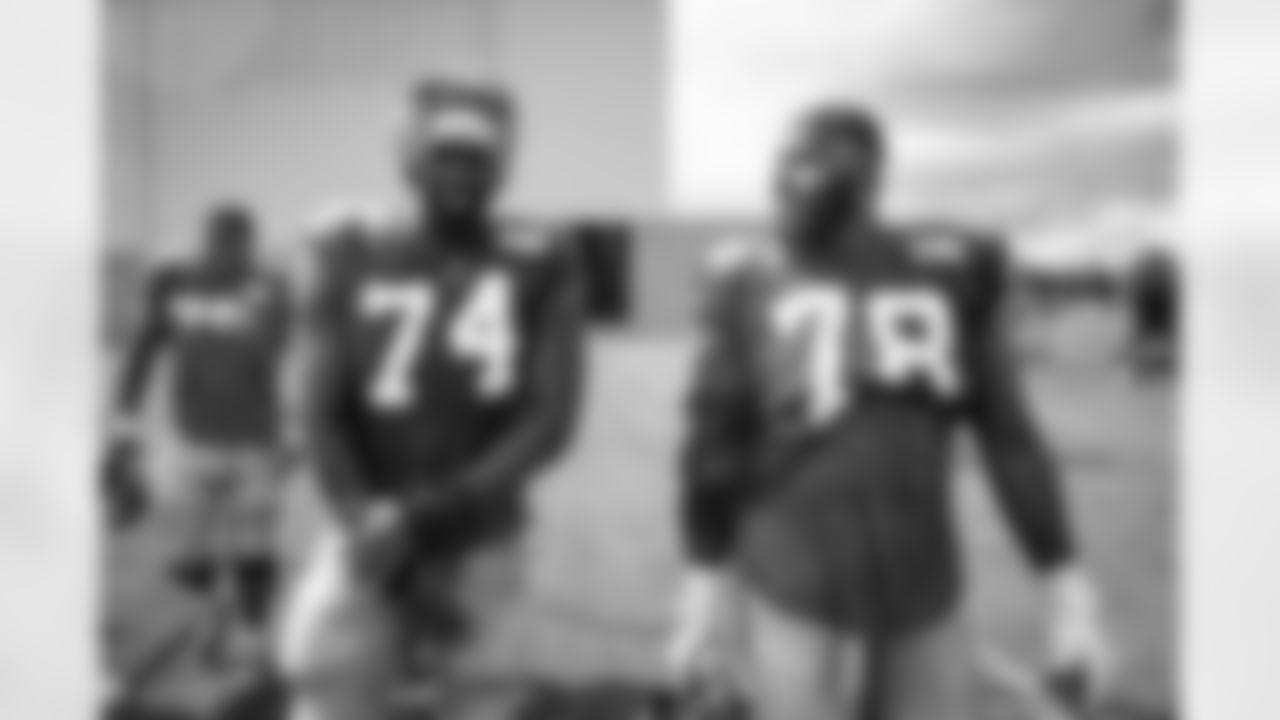
OT Matt Peart (74), OT Andrew Thomas (78)
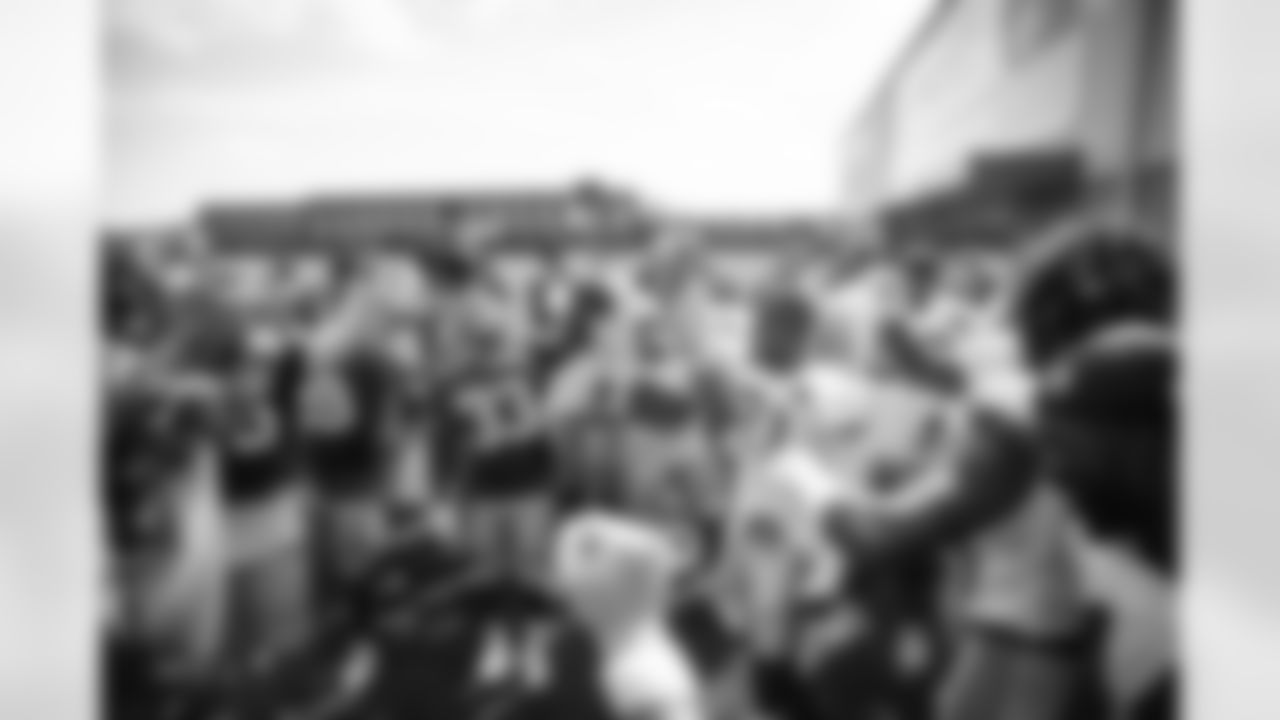
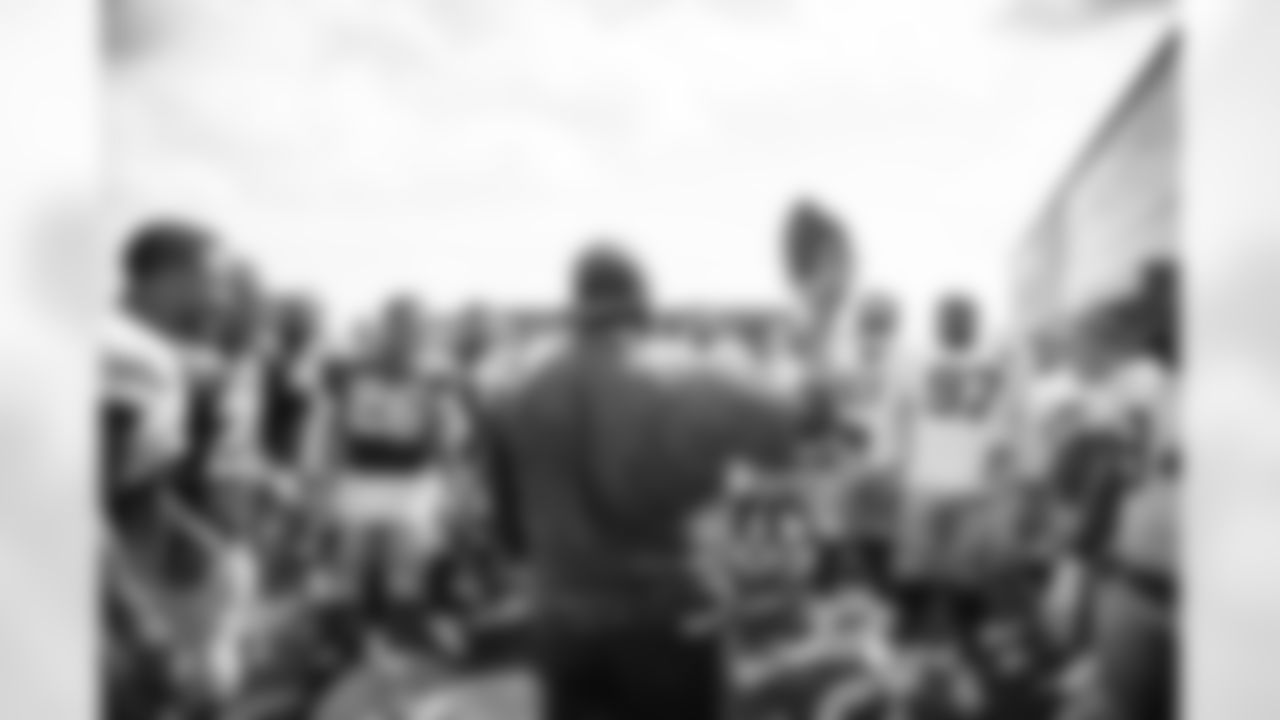
Head Coach Joe Judge
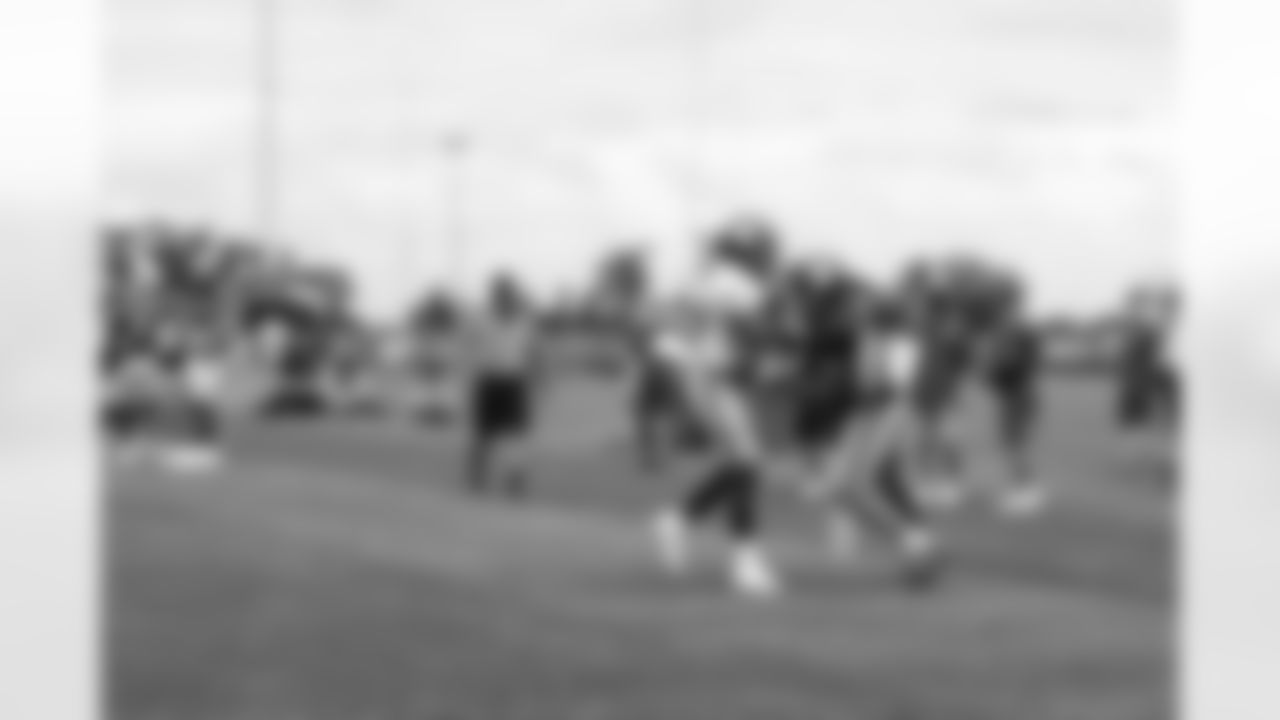
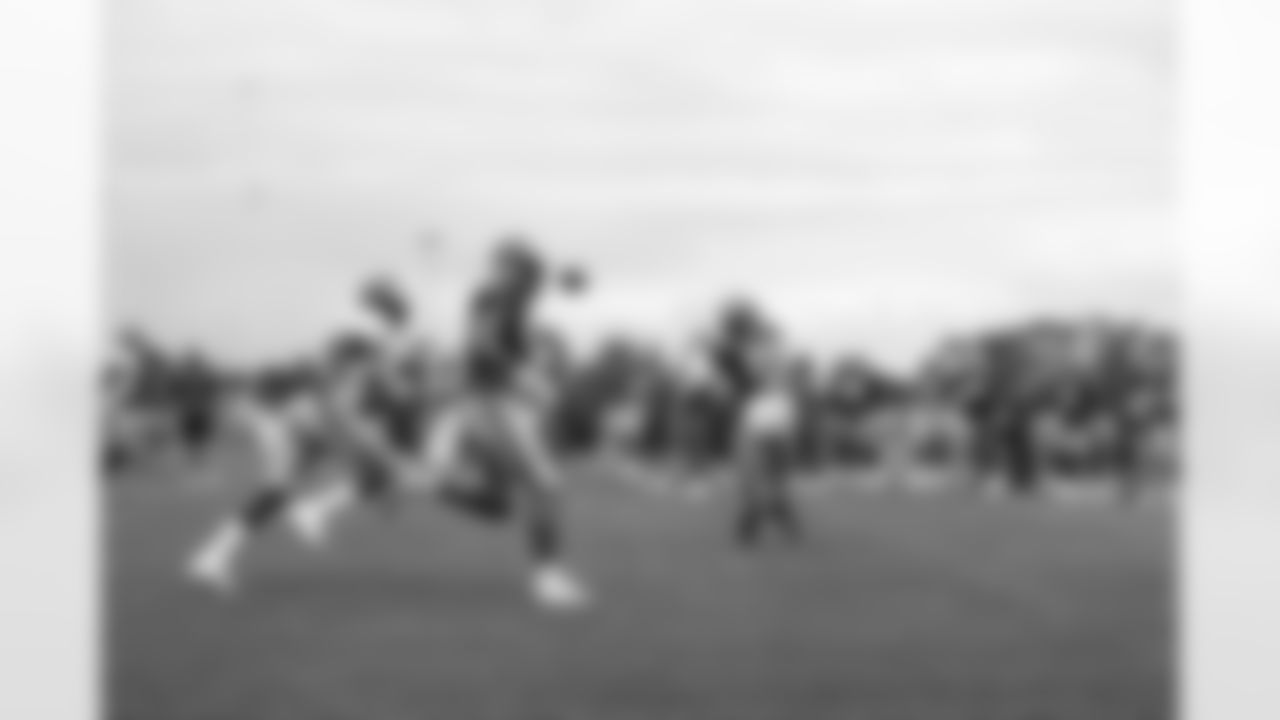
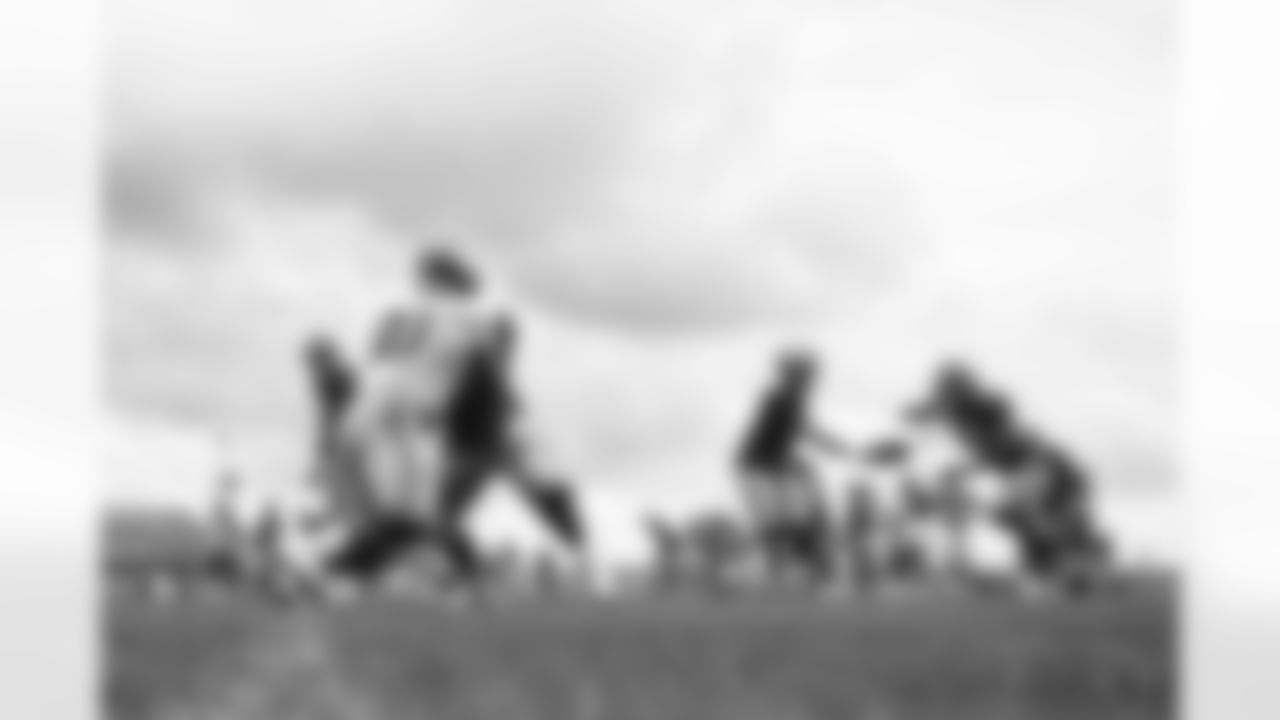
Q: Did you get some time to relax after the season?
Becton: Yes. It is safe to say I am rested.
Swensen: Big time. I spent some time in an undisclosed location locked away from society. Every season moves so fast, minute by minute, and by the end it takes a little toll on you. This one obviously came with added pressure and stresses, so I tried to decompress the best I could by going off the main-stream grid, surfing, reading, exploring around with my film cameras. Anything to slow down and get my mind clear and refreshed.
